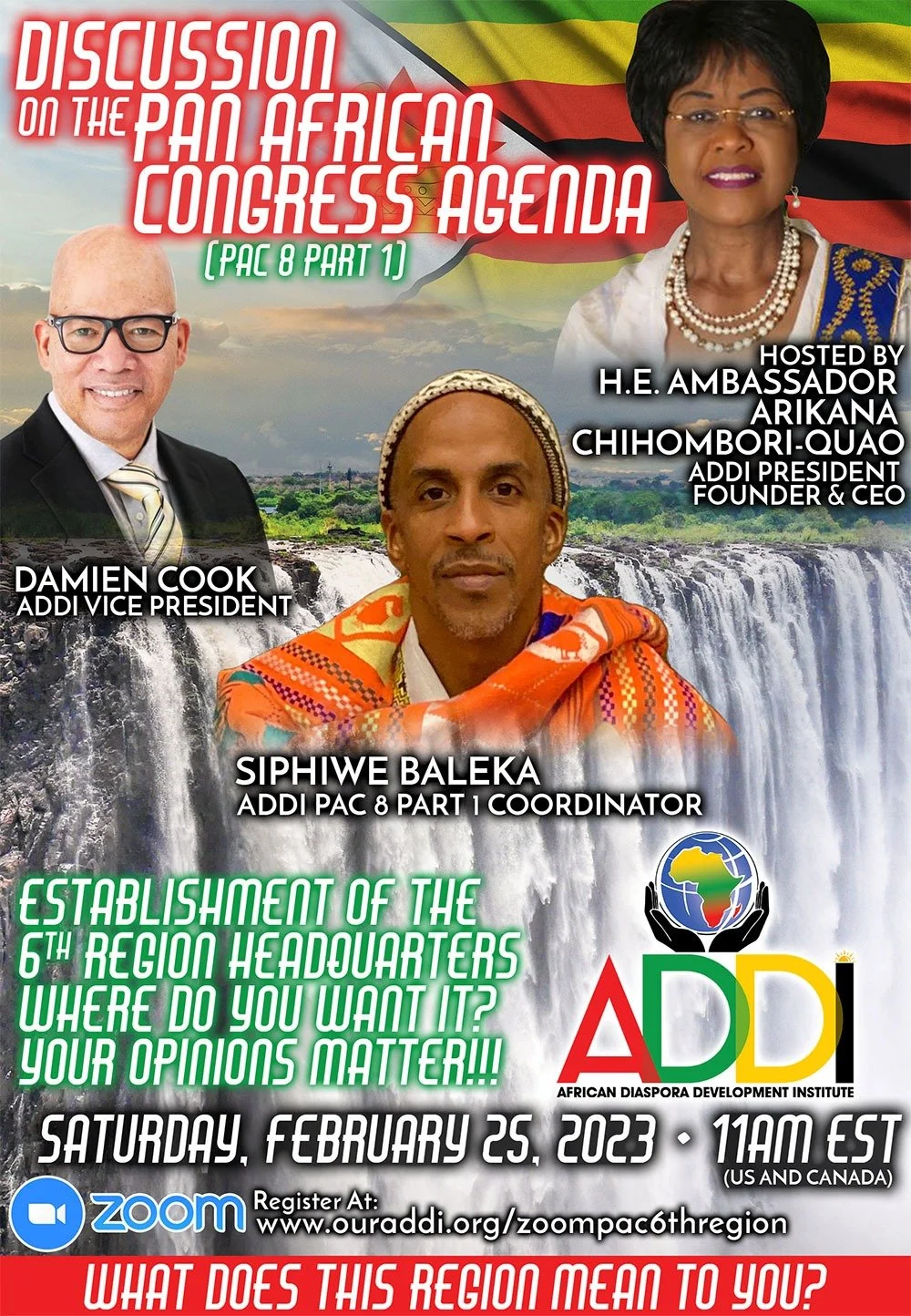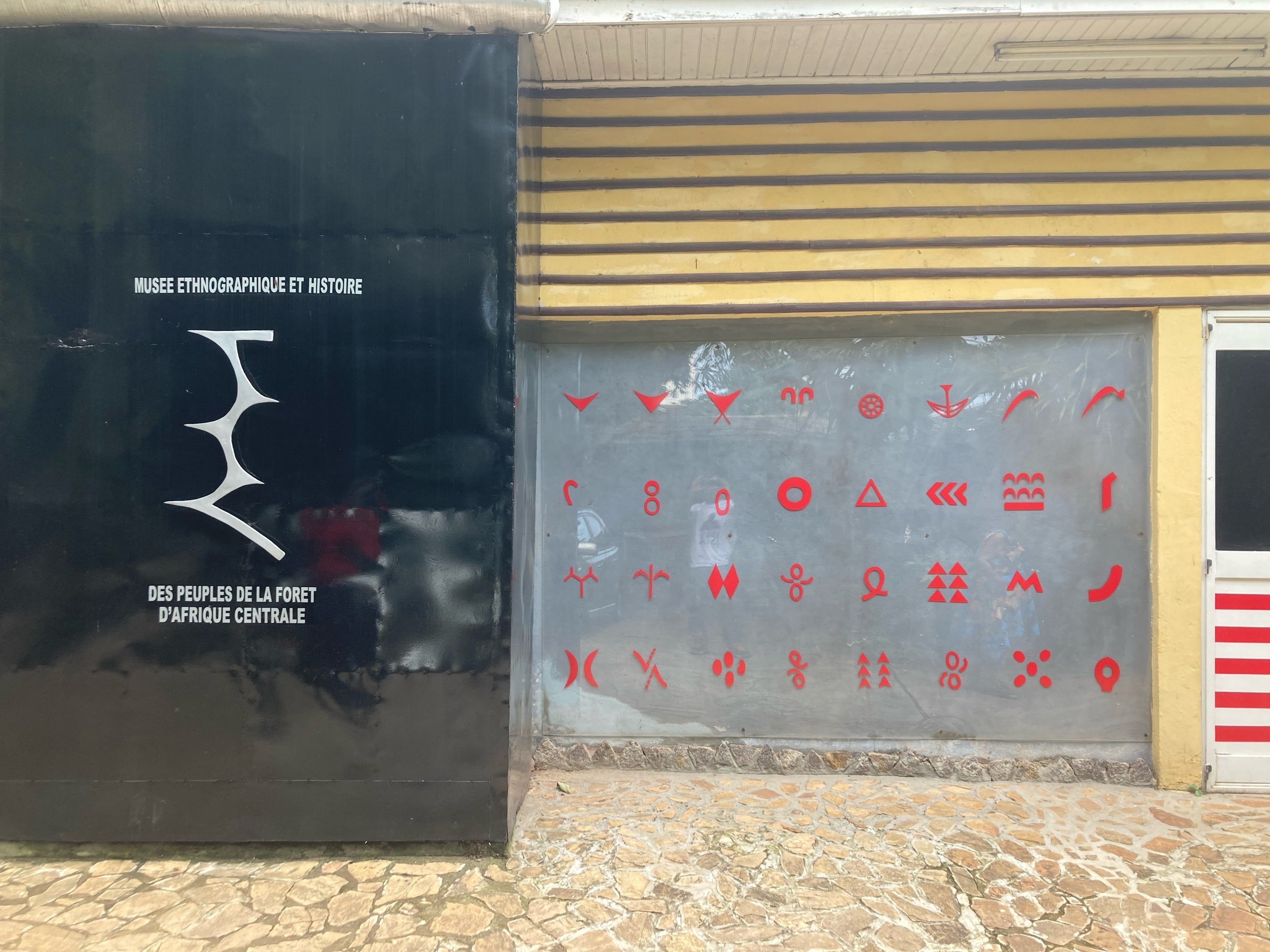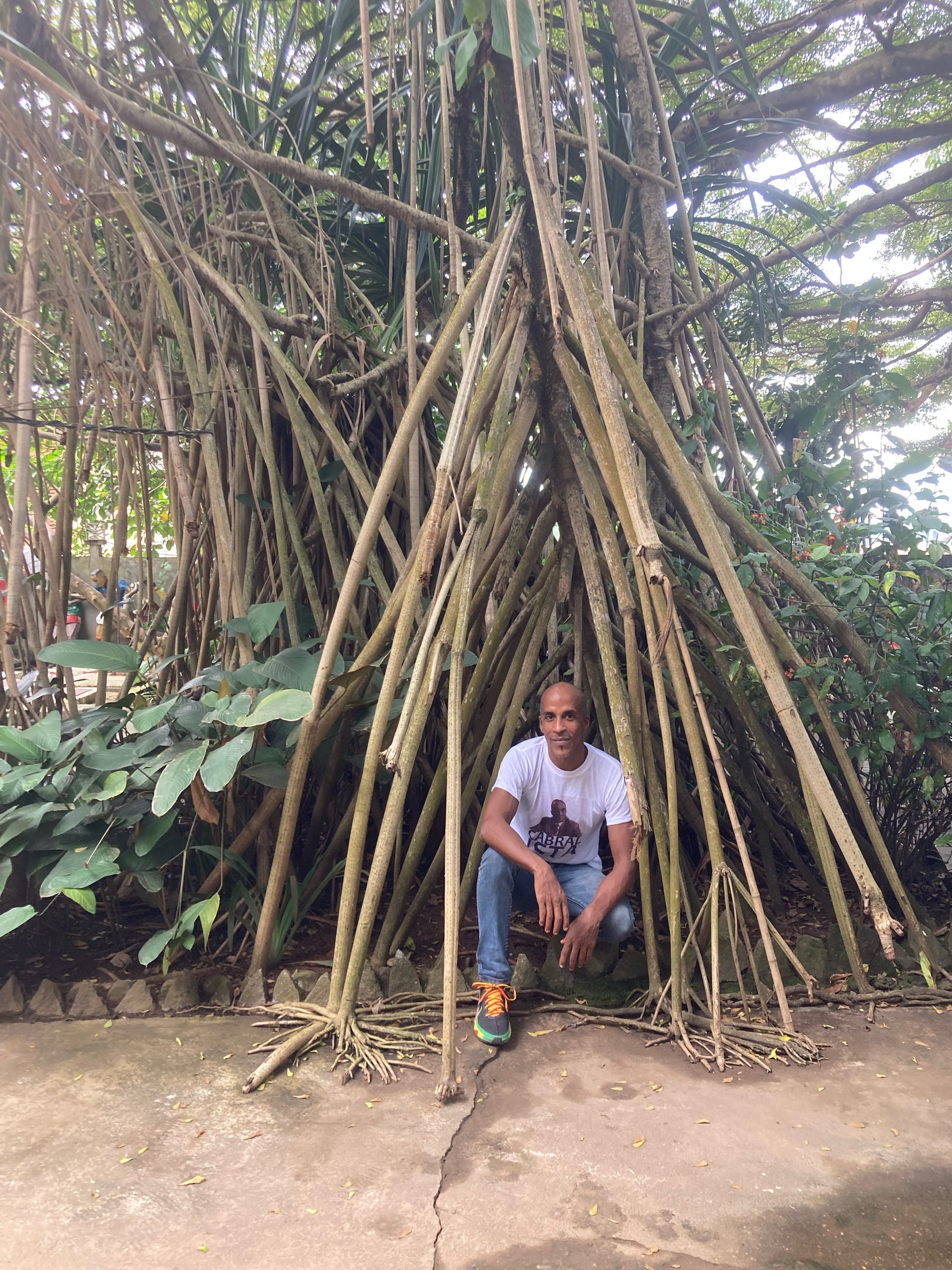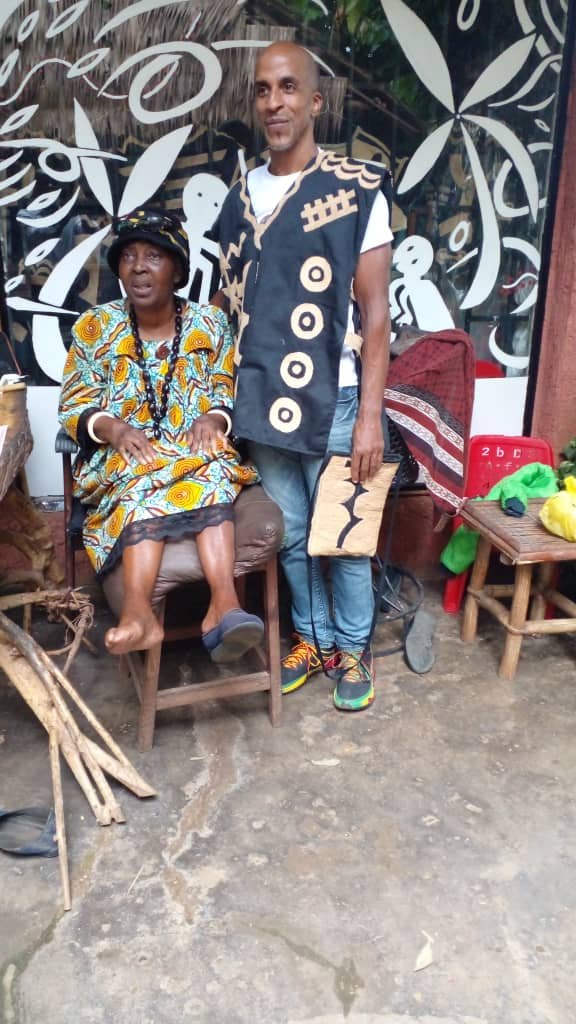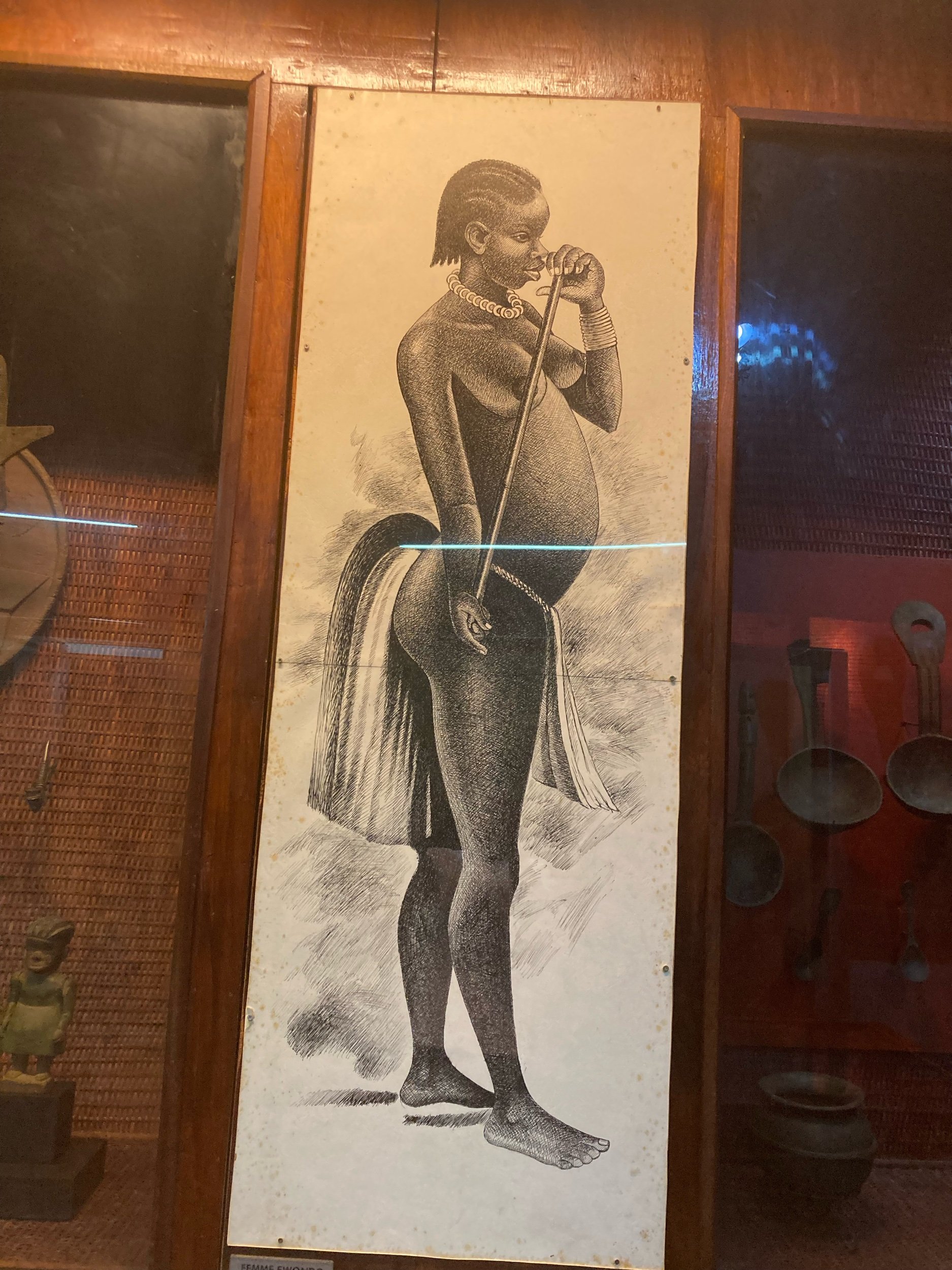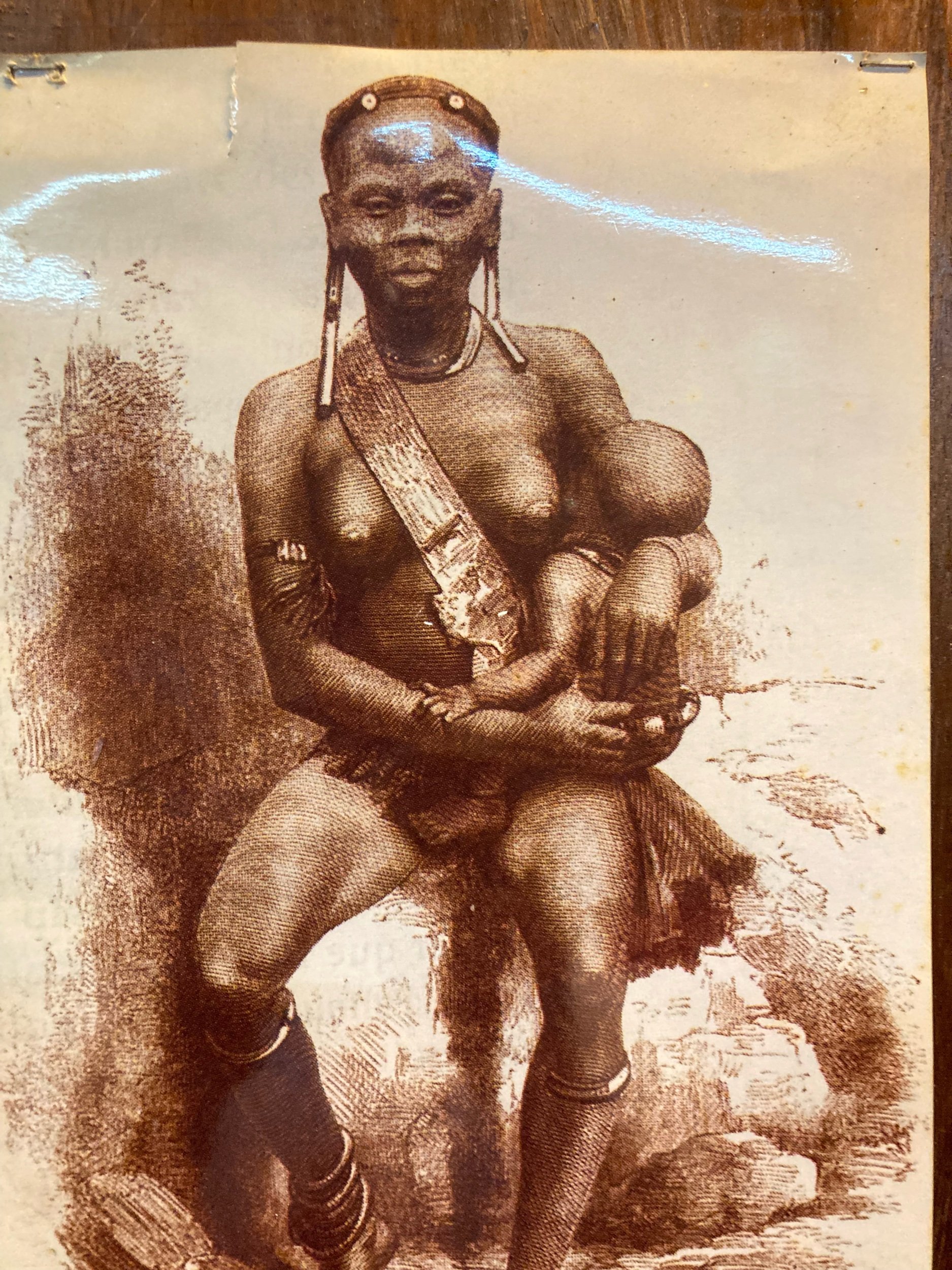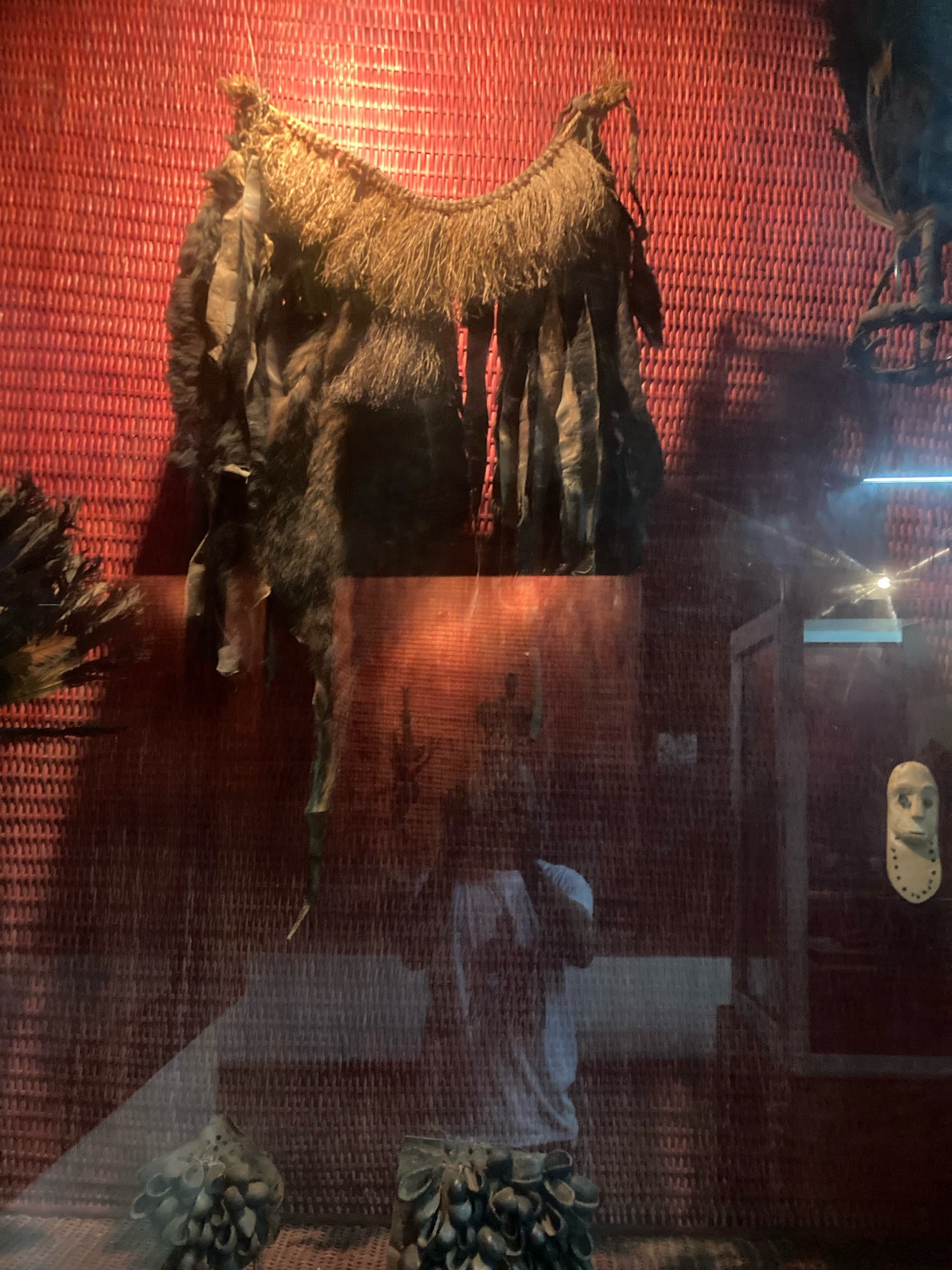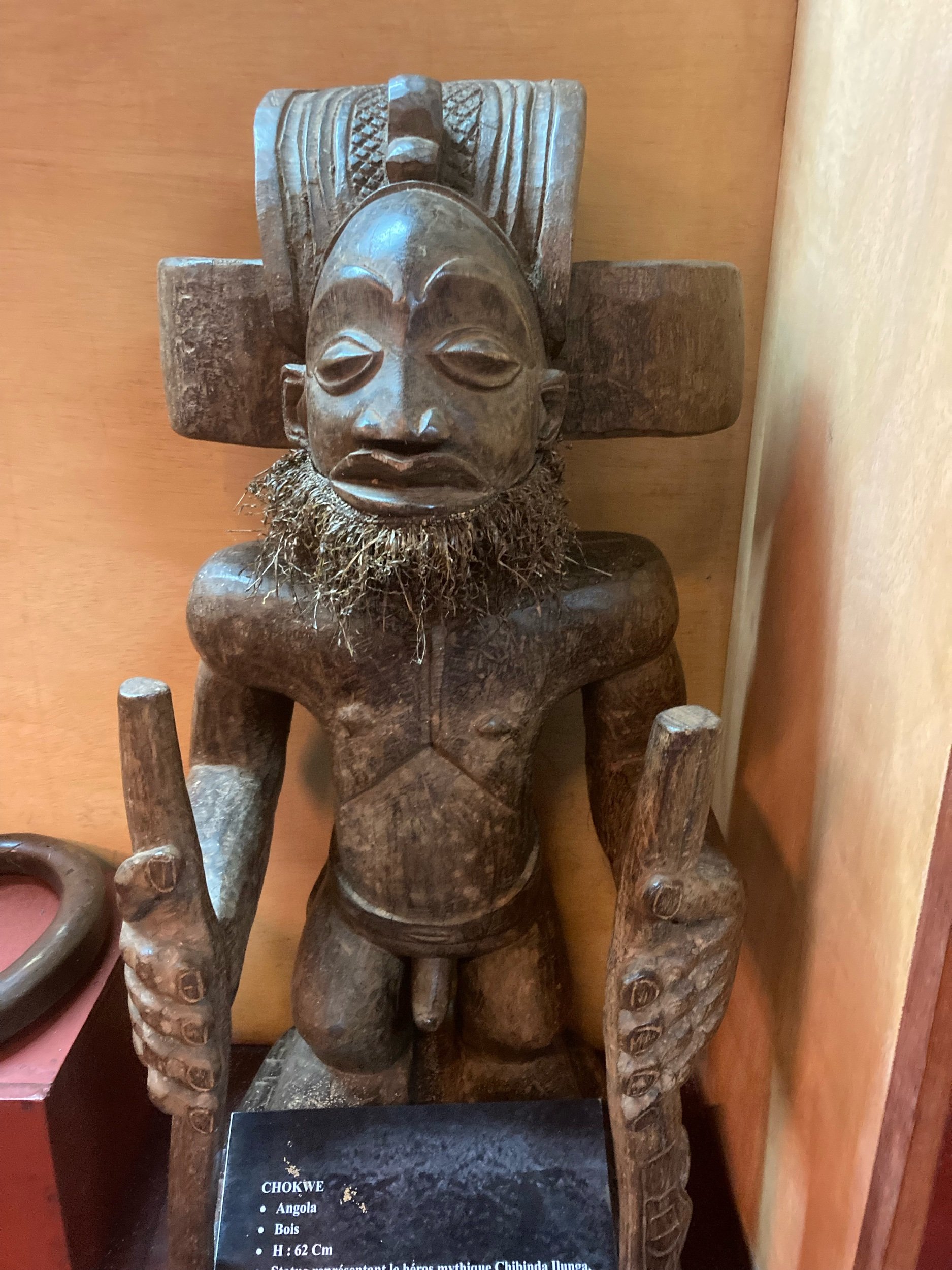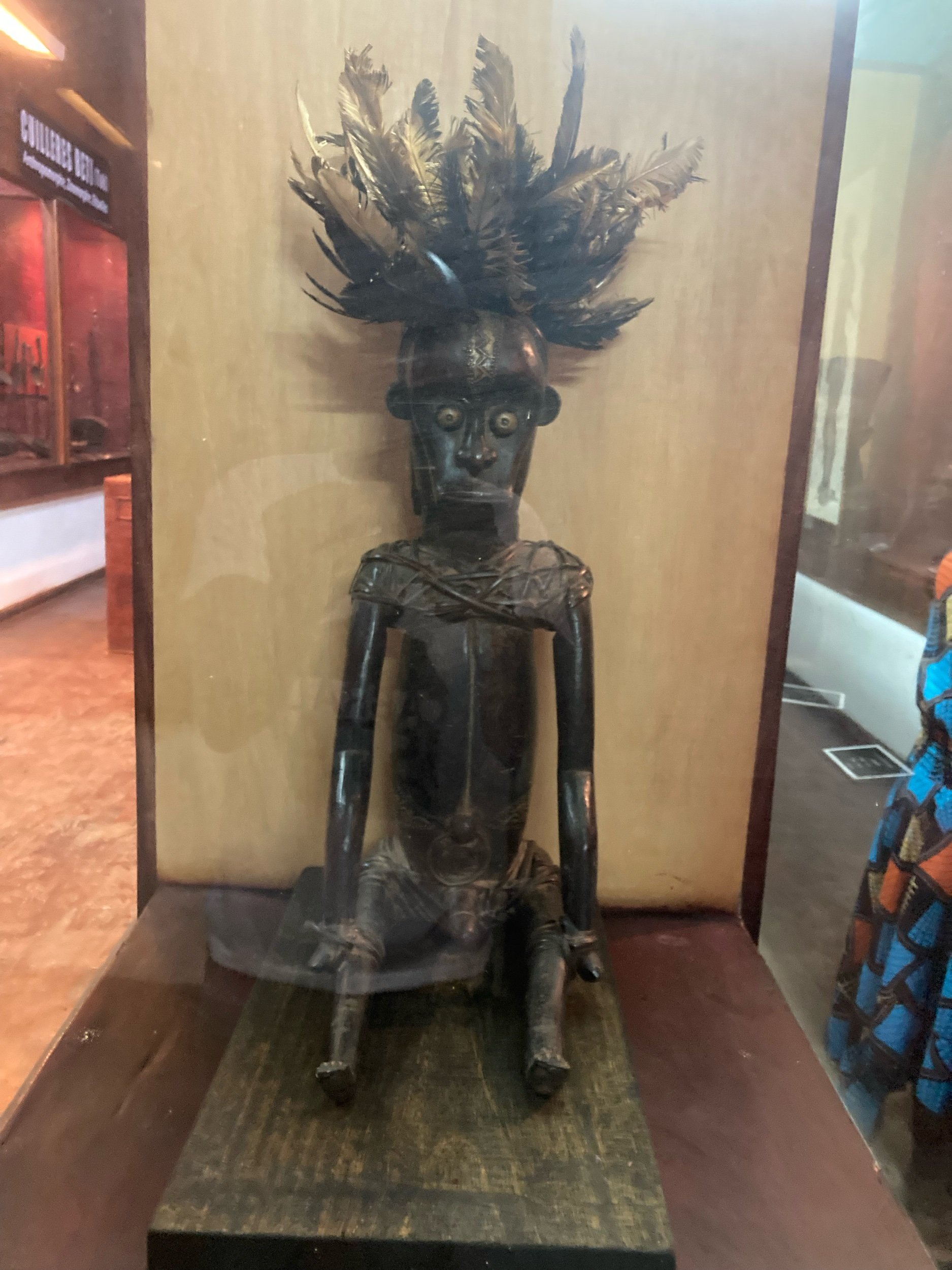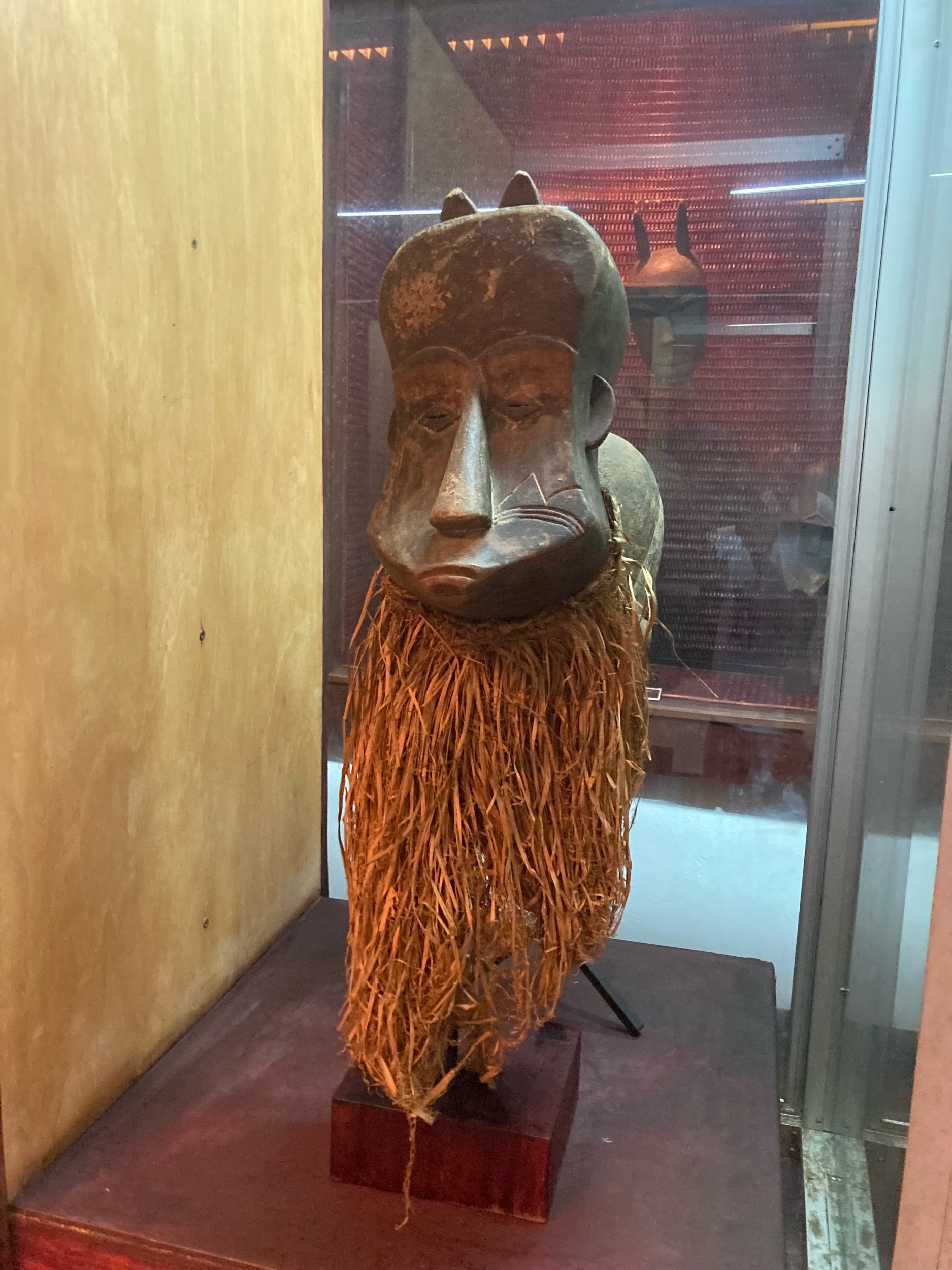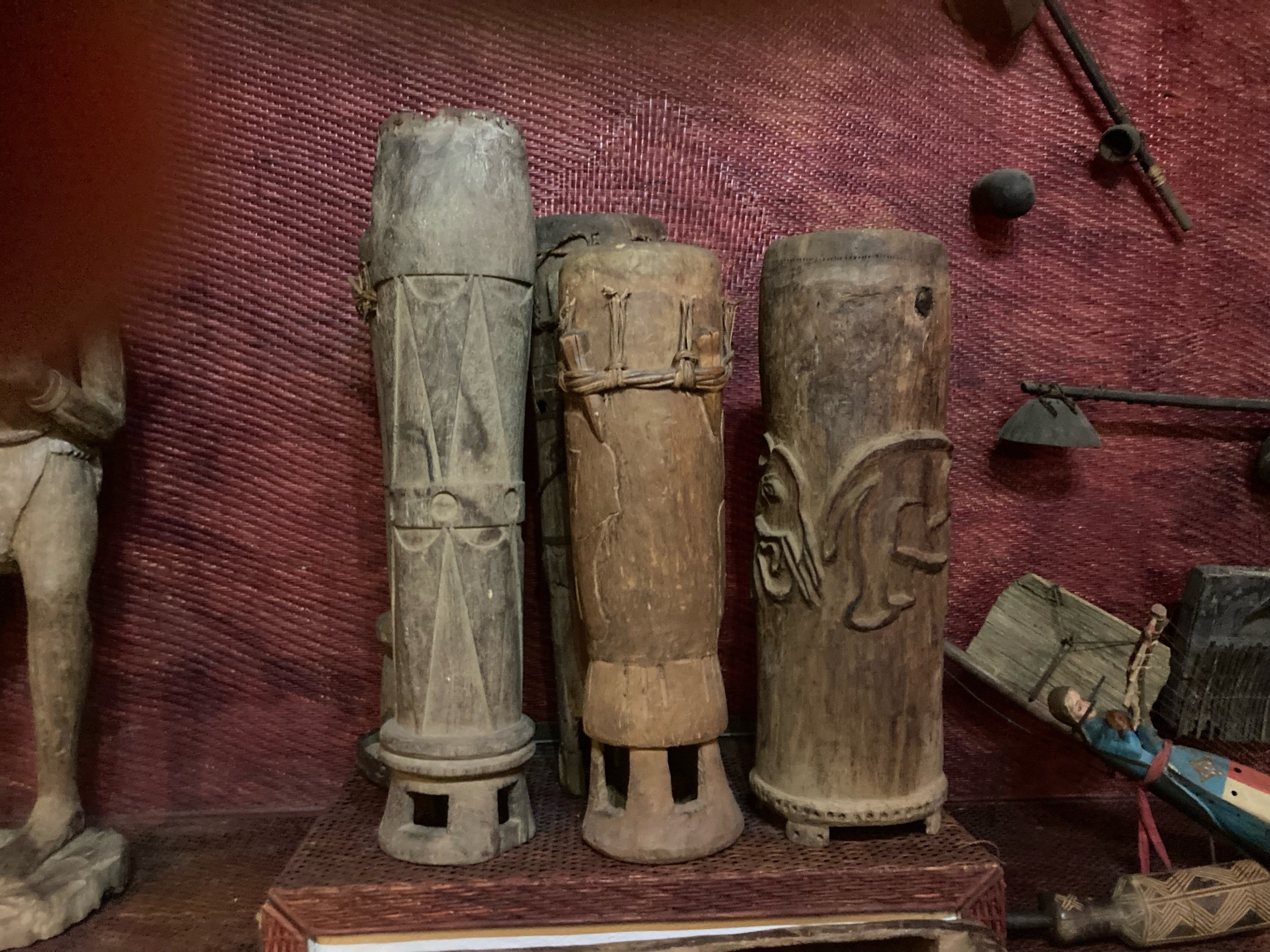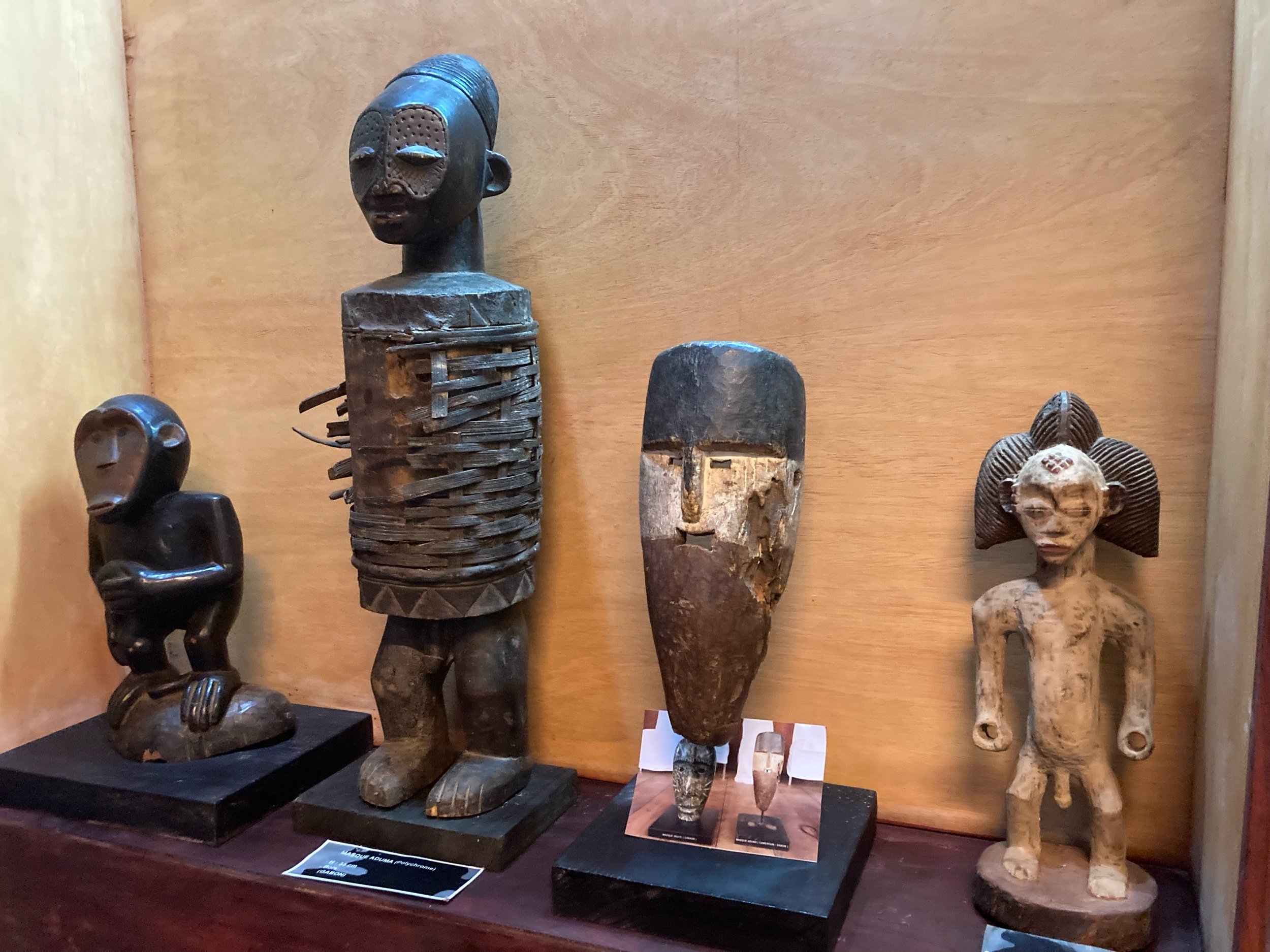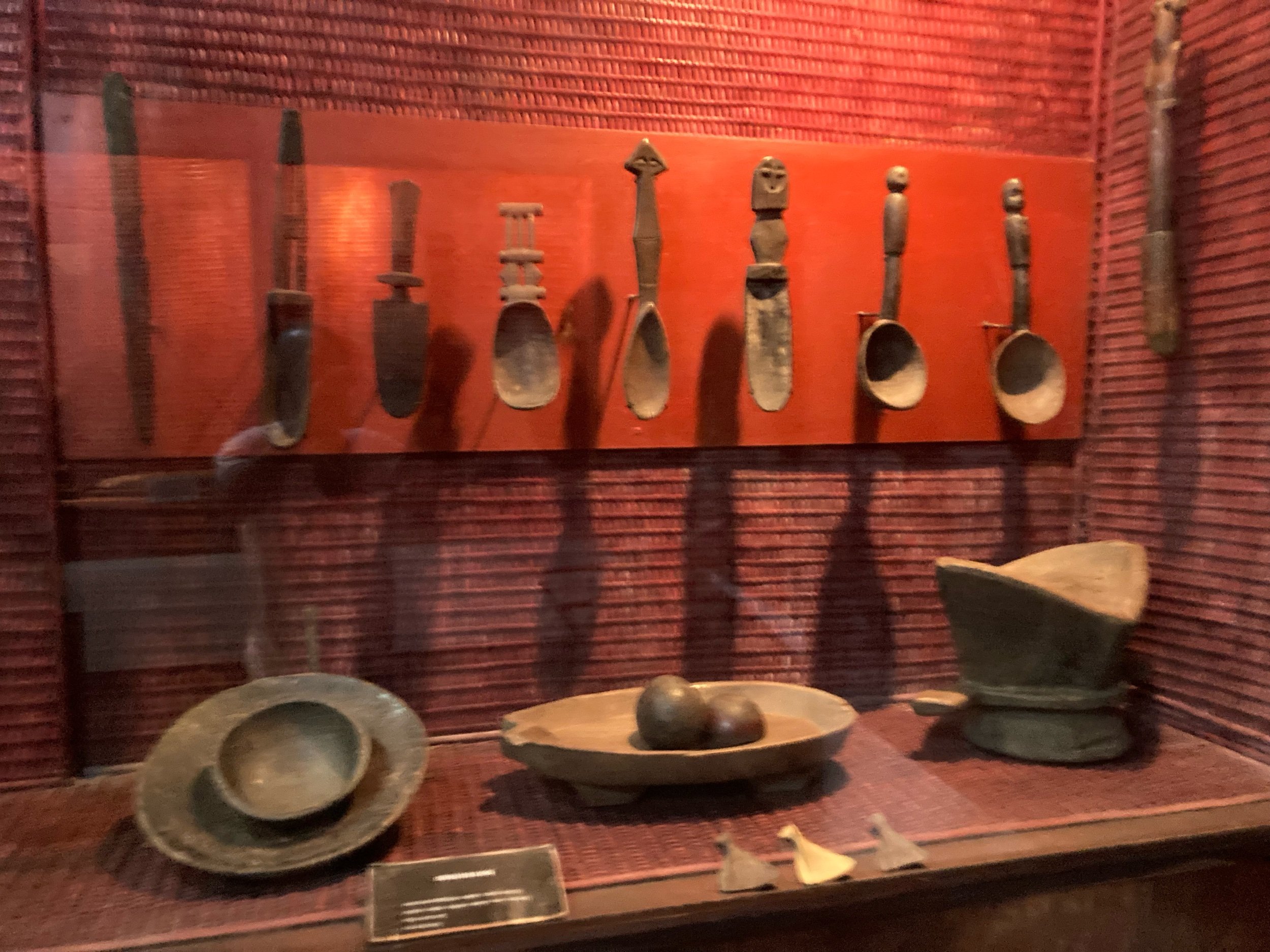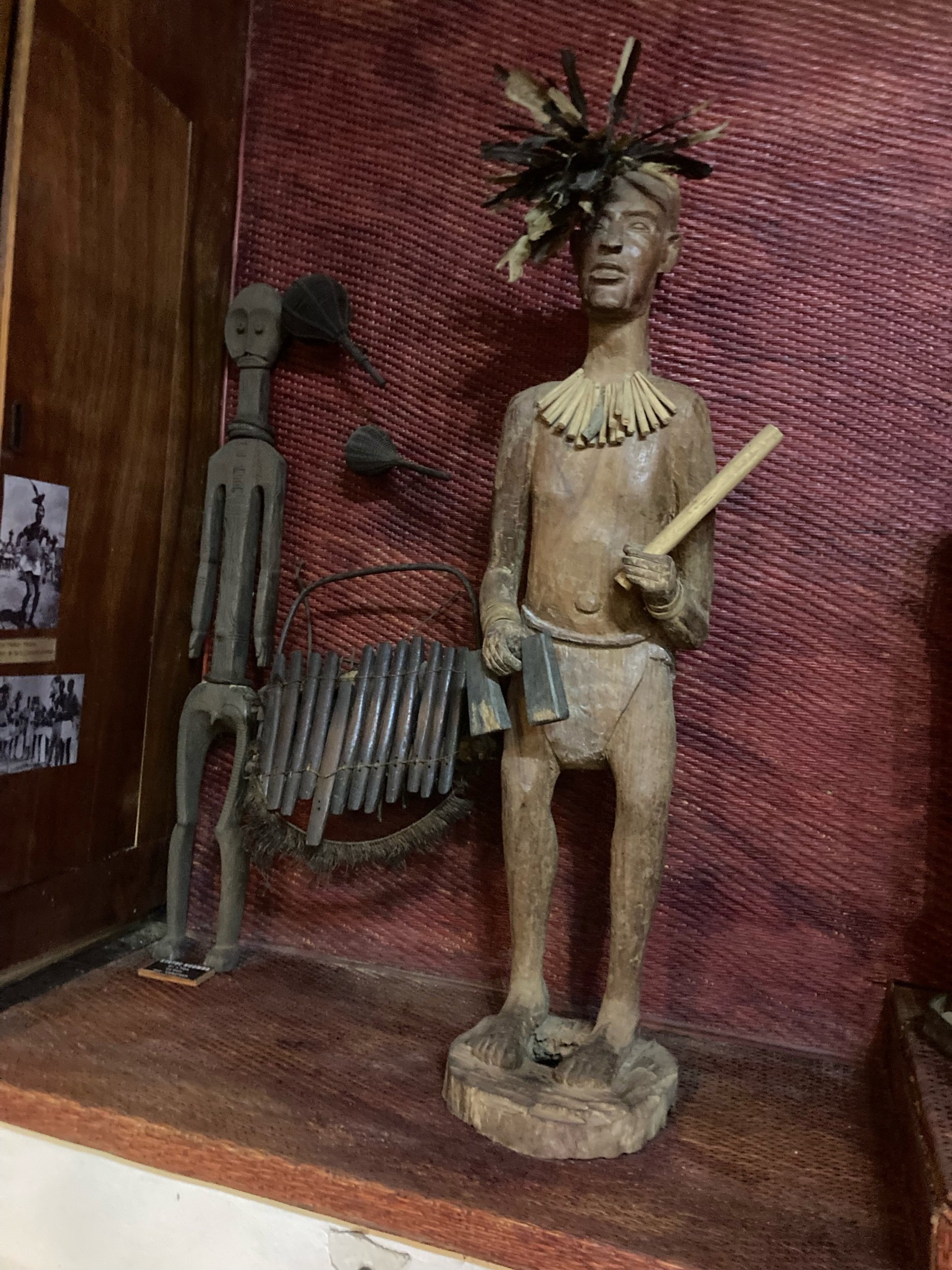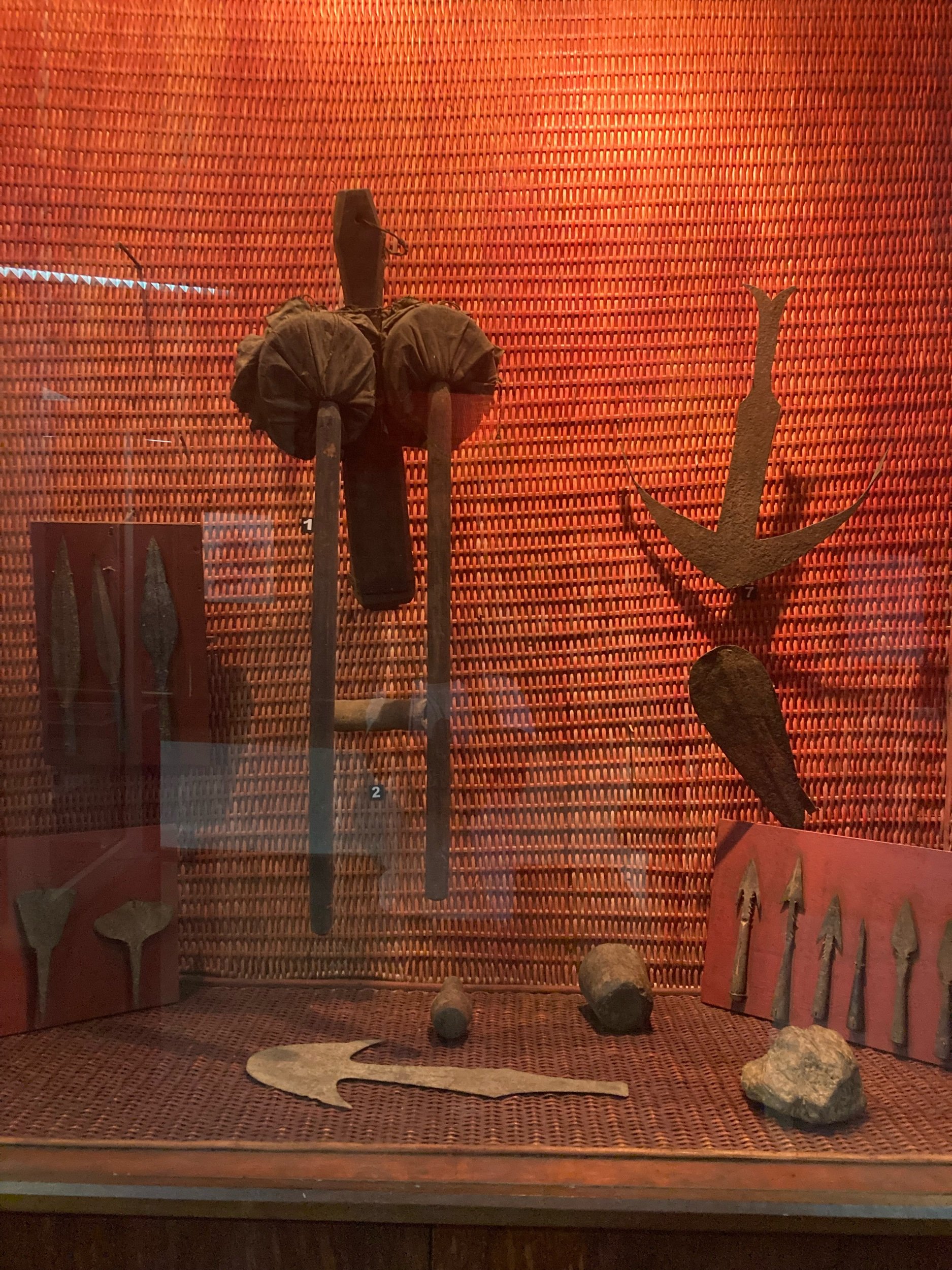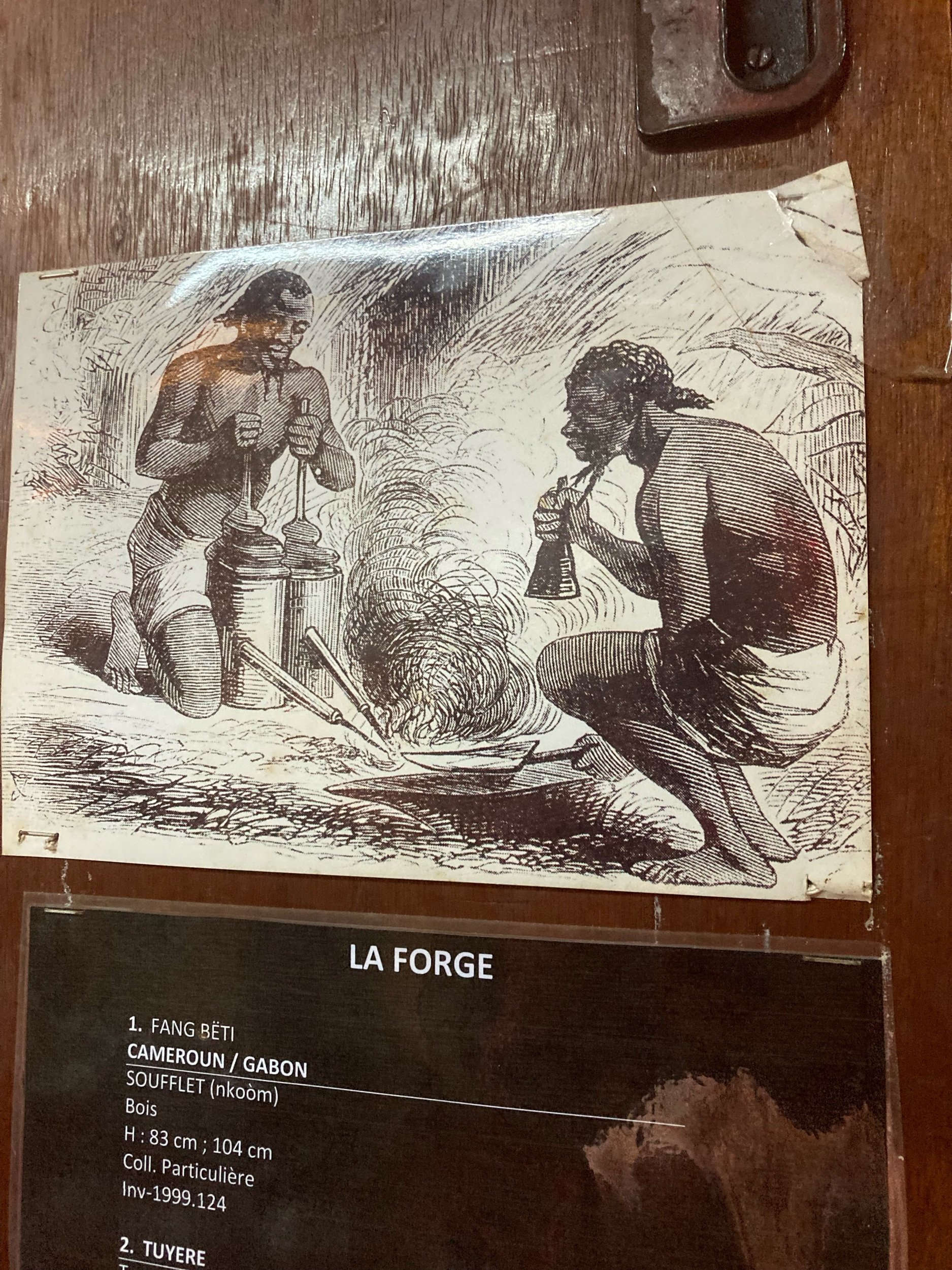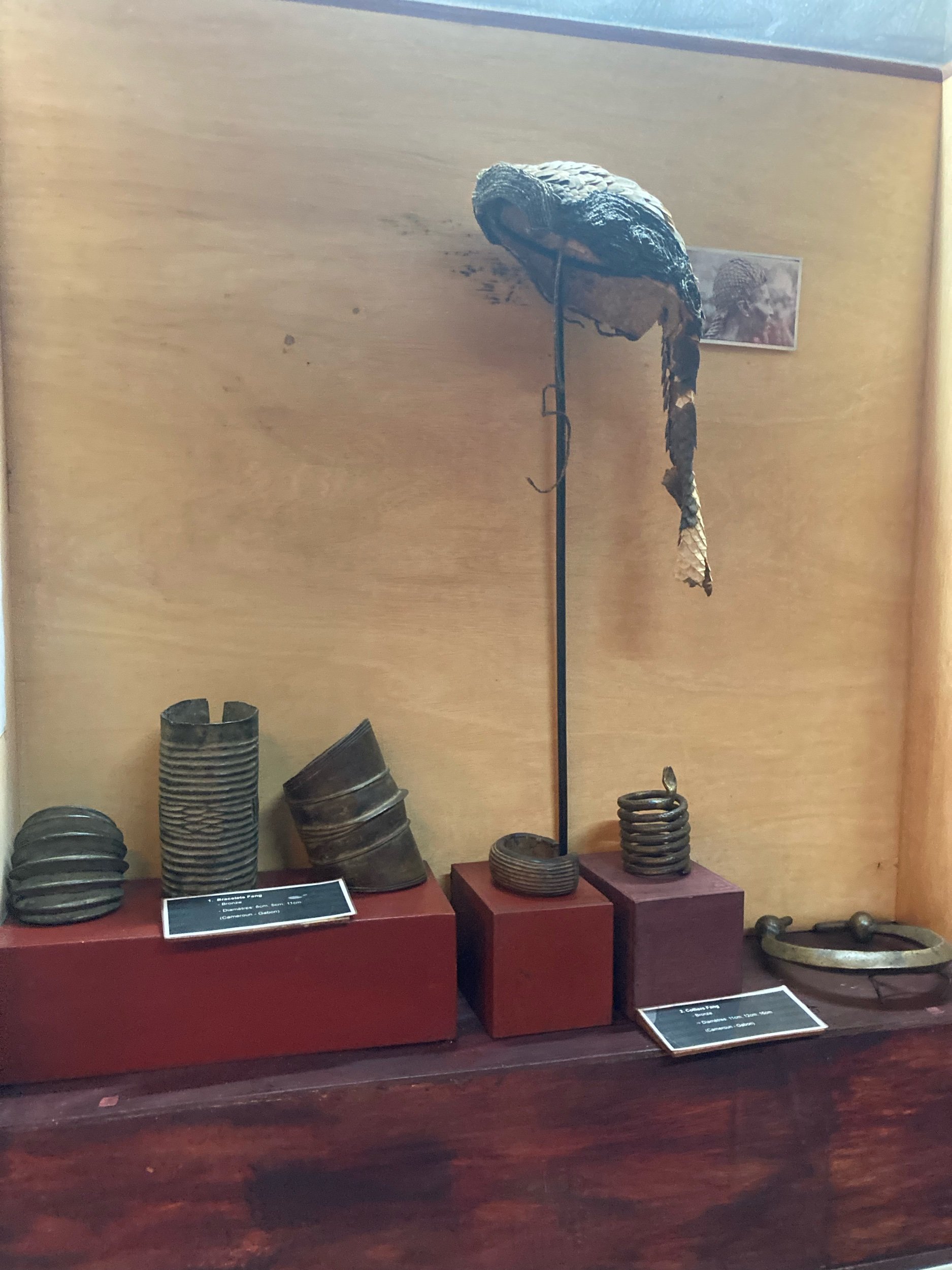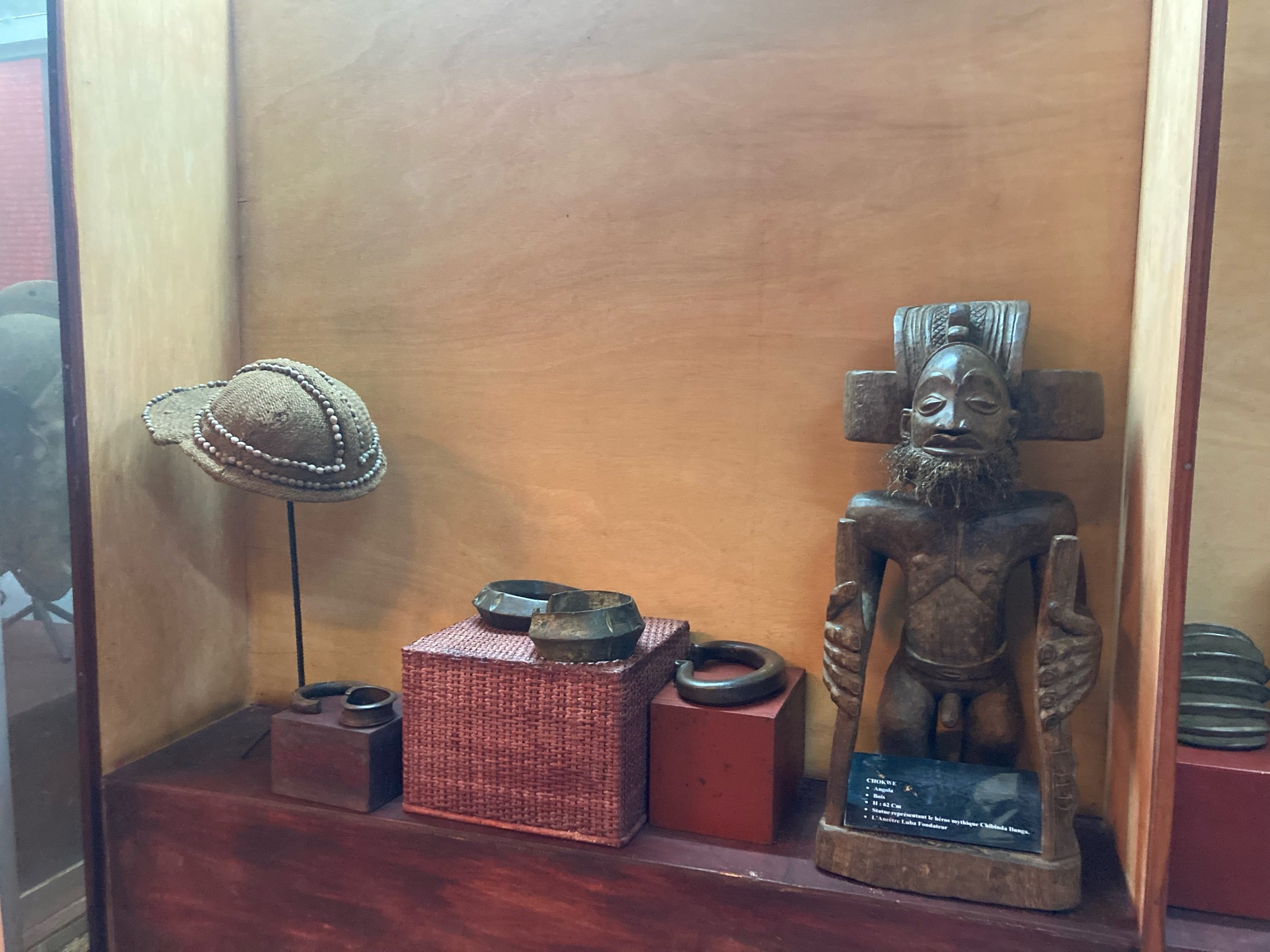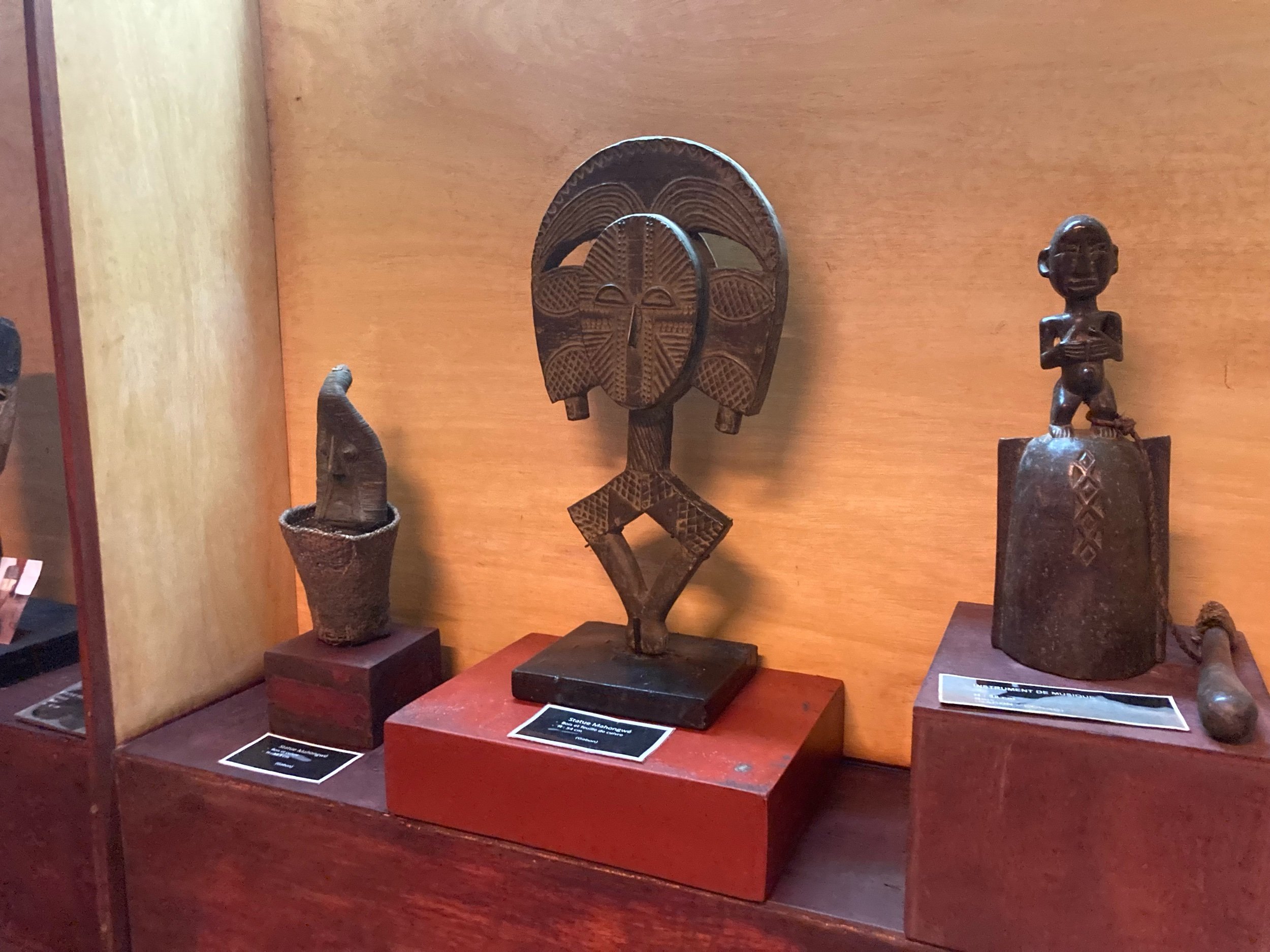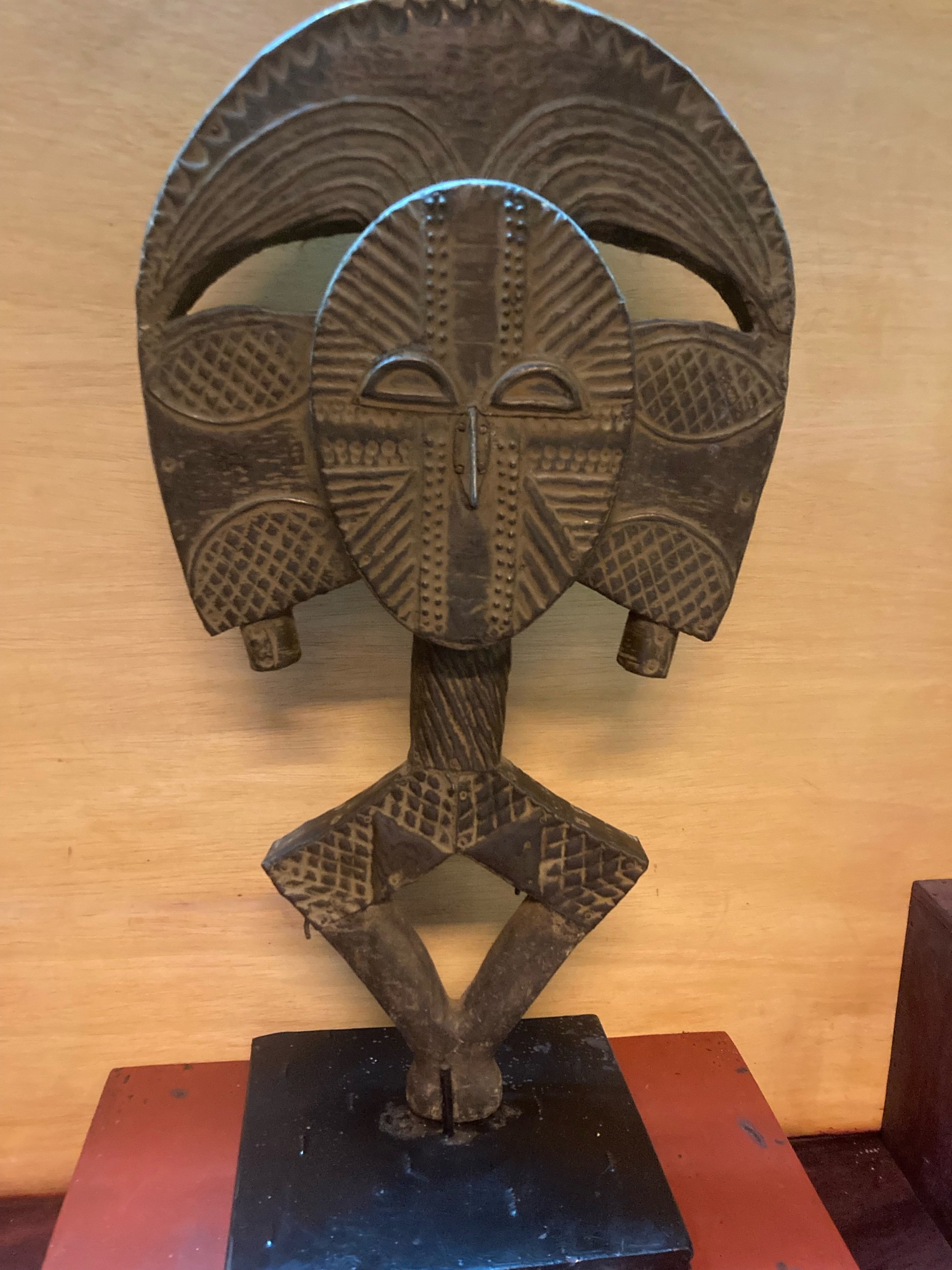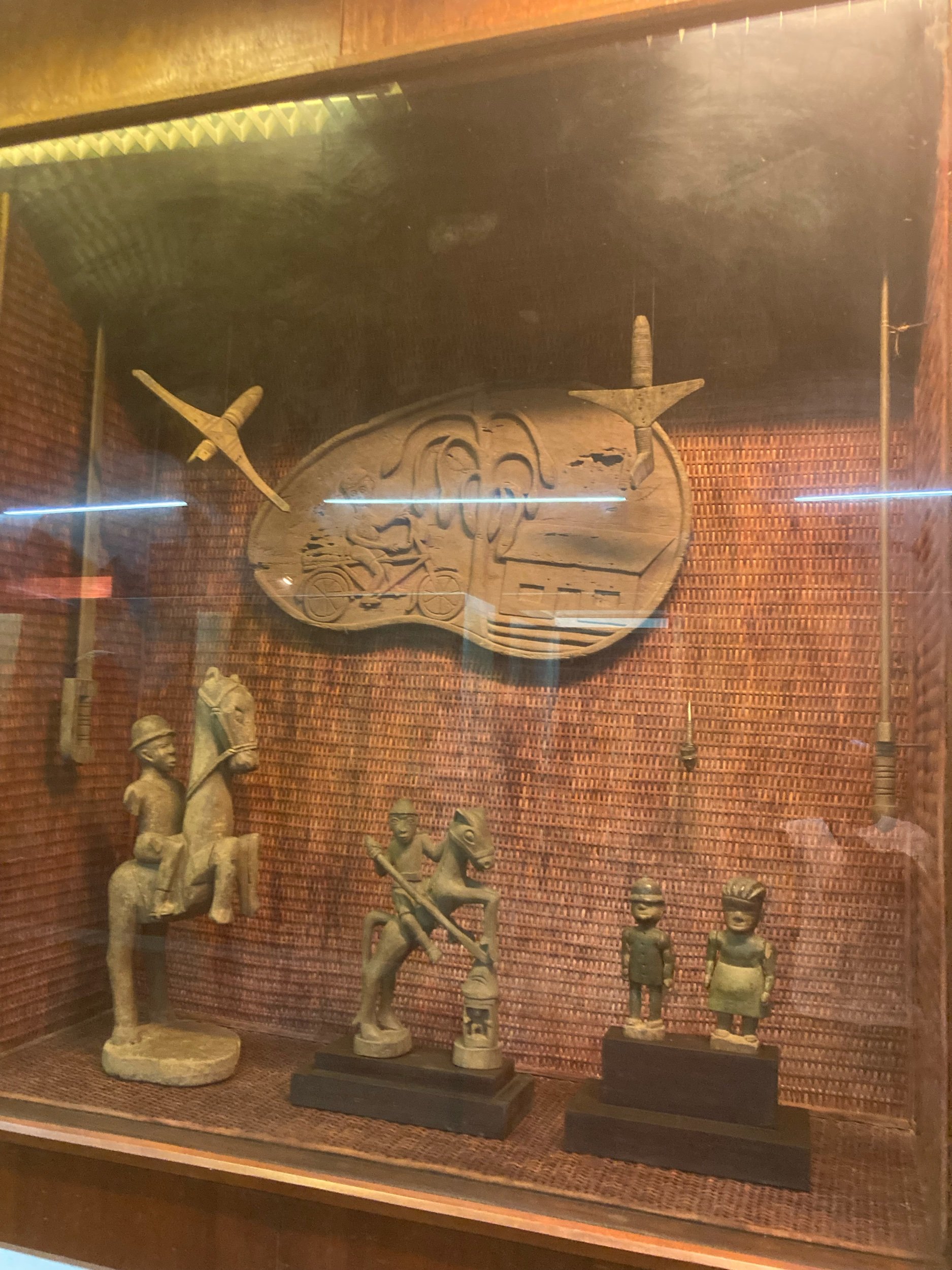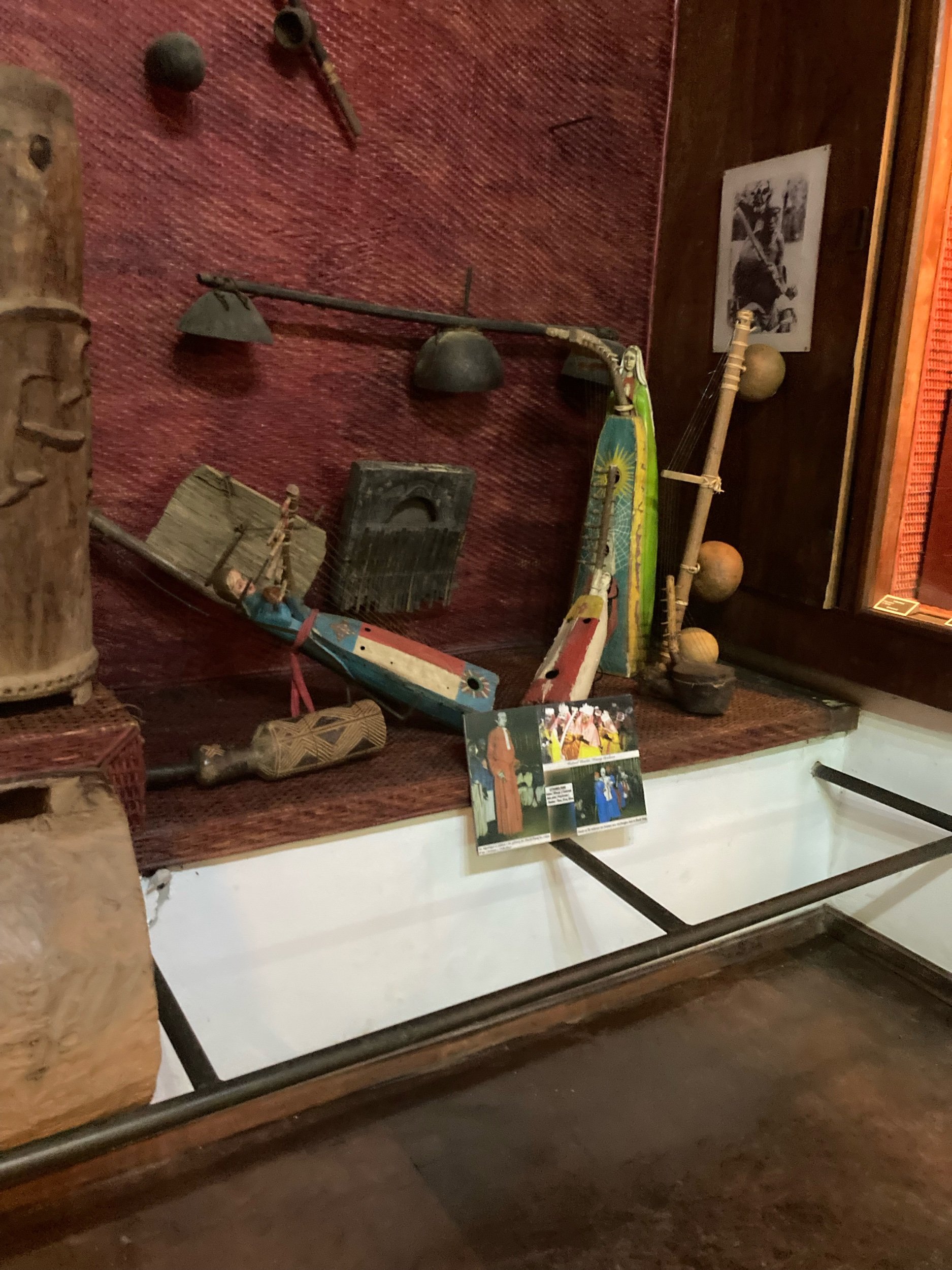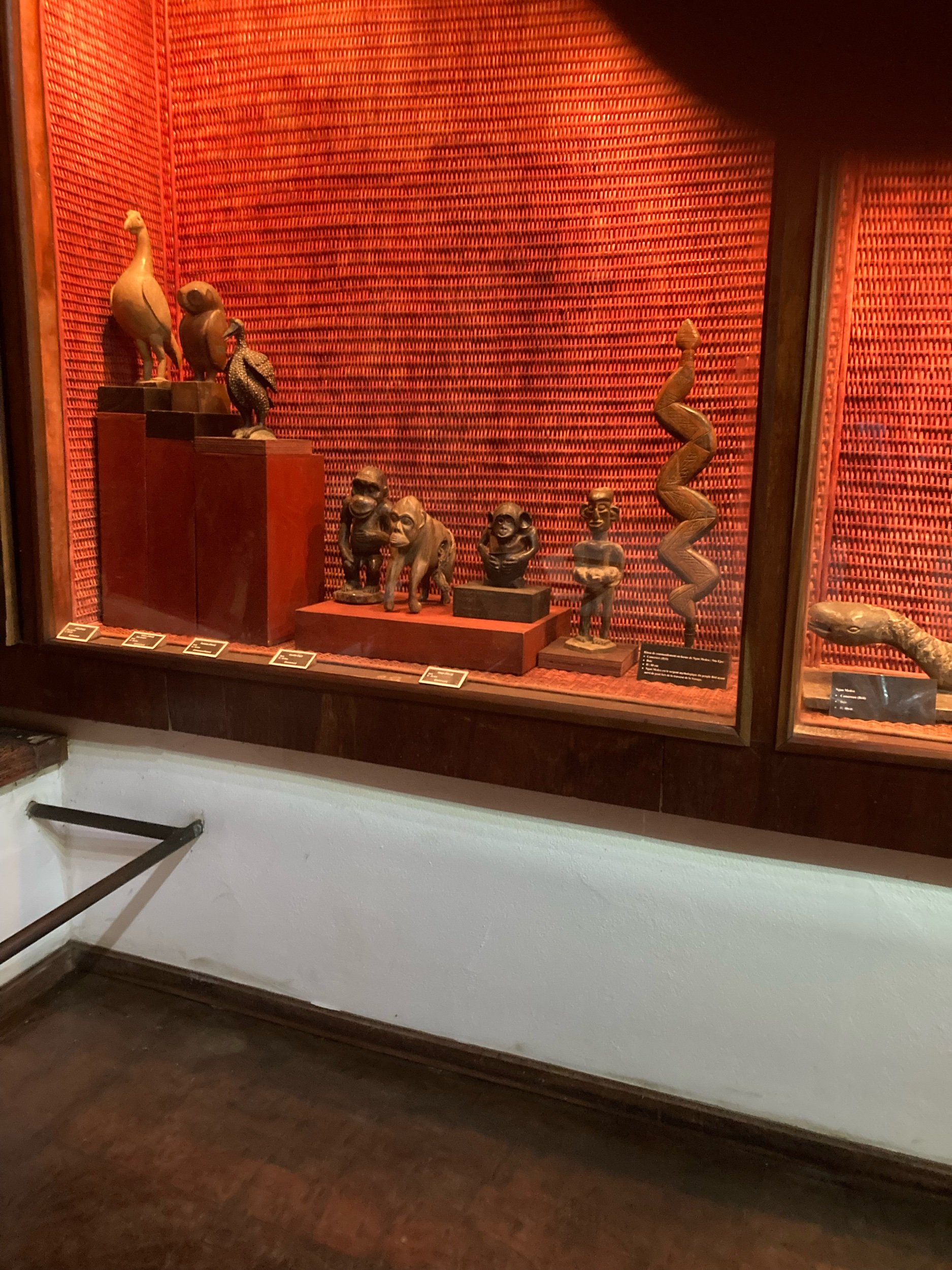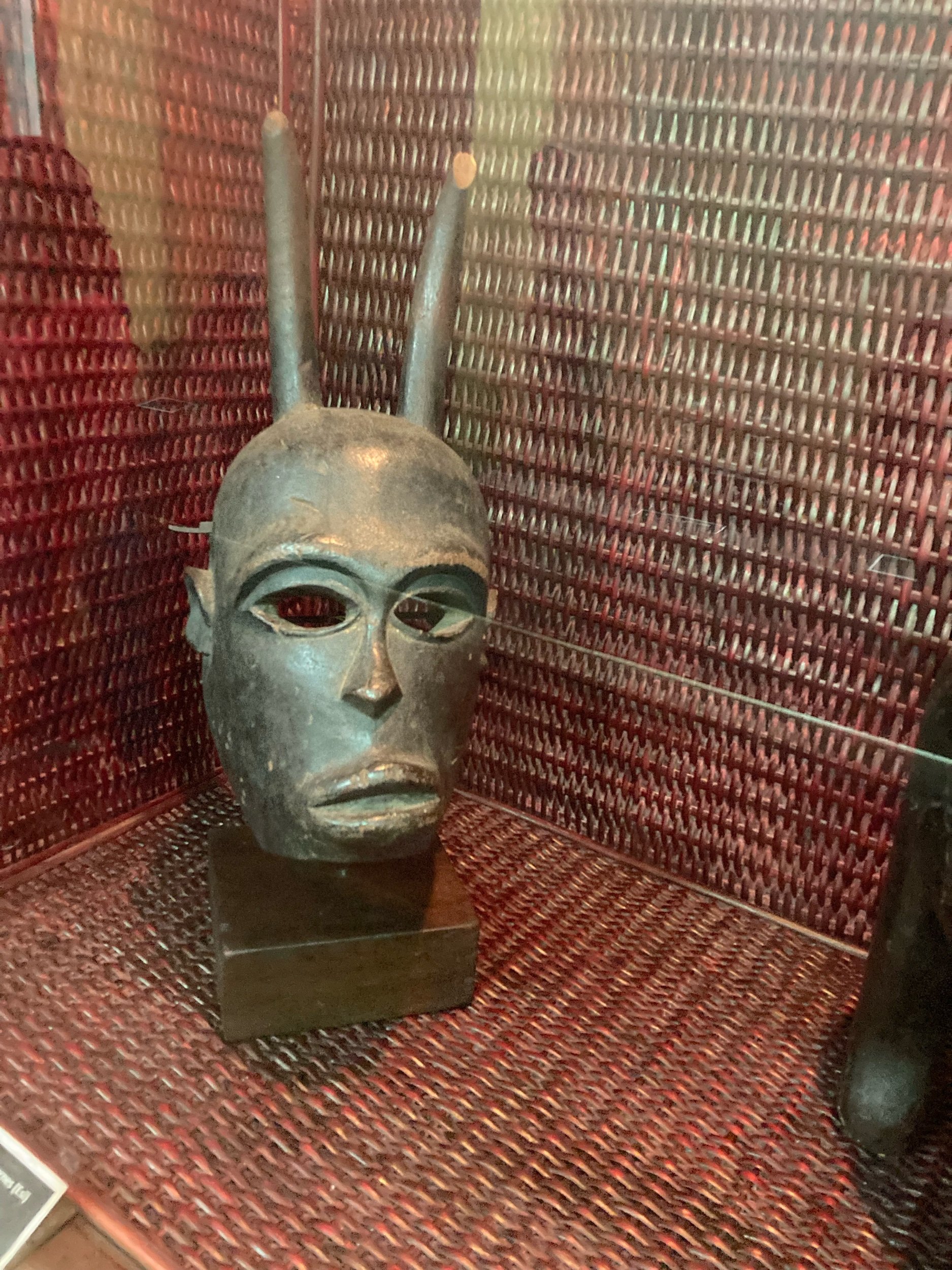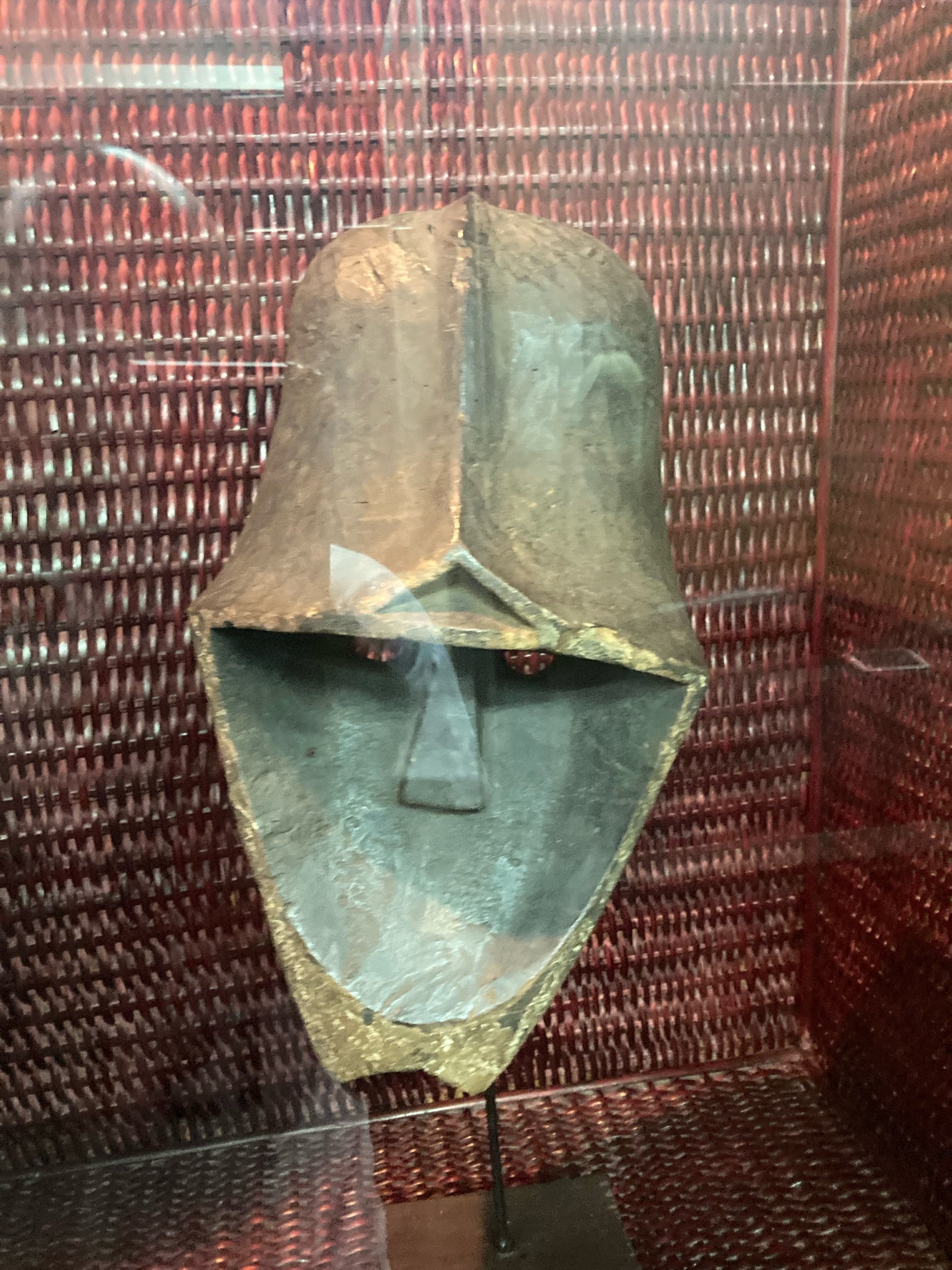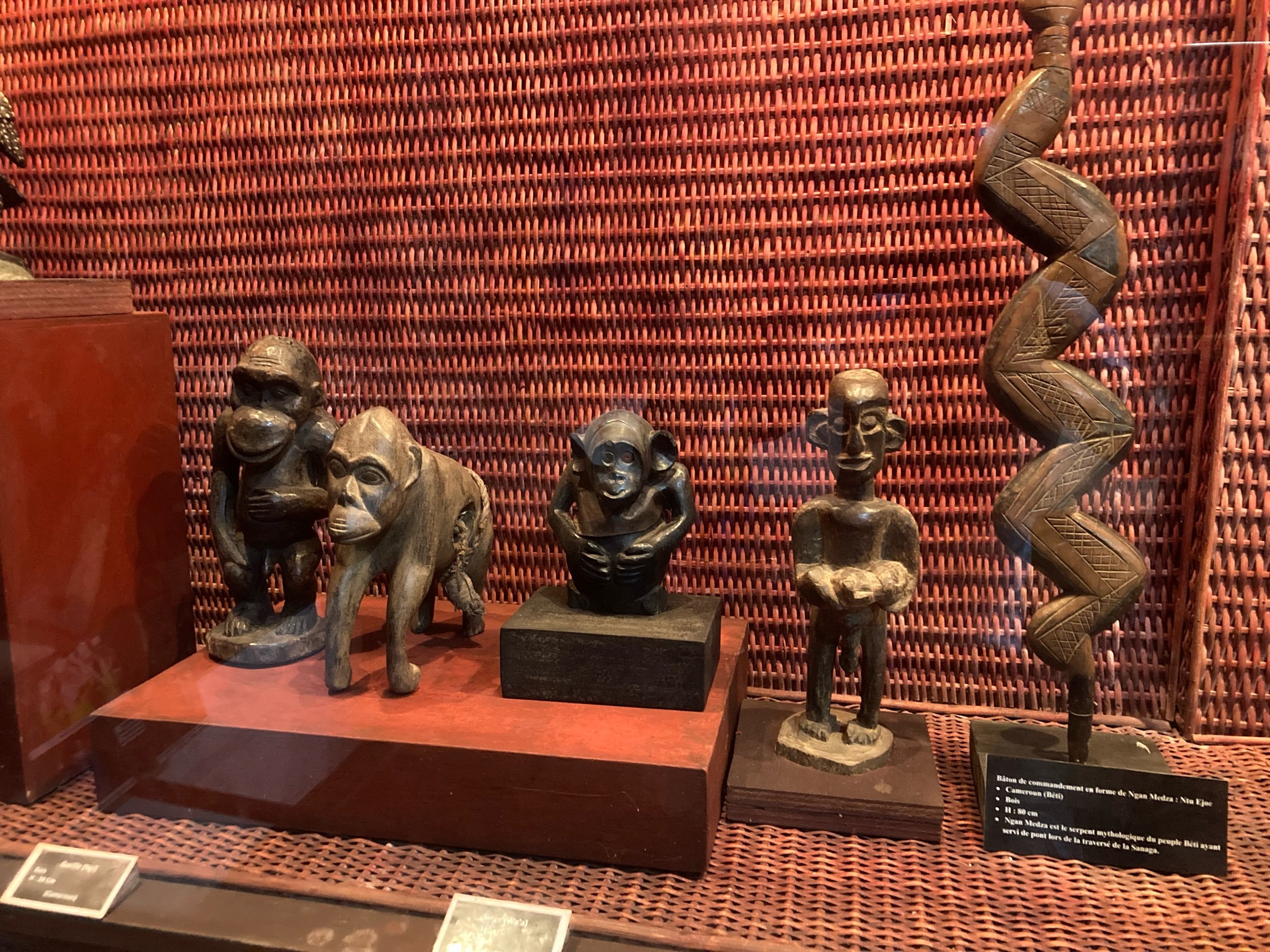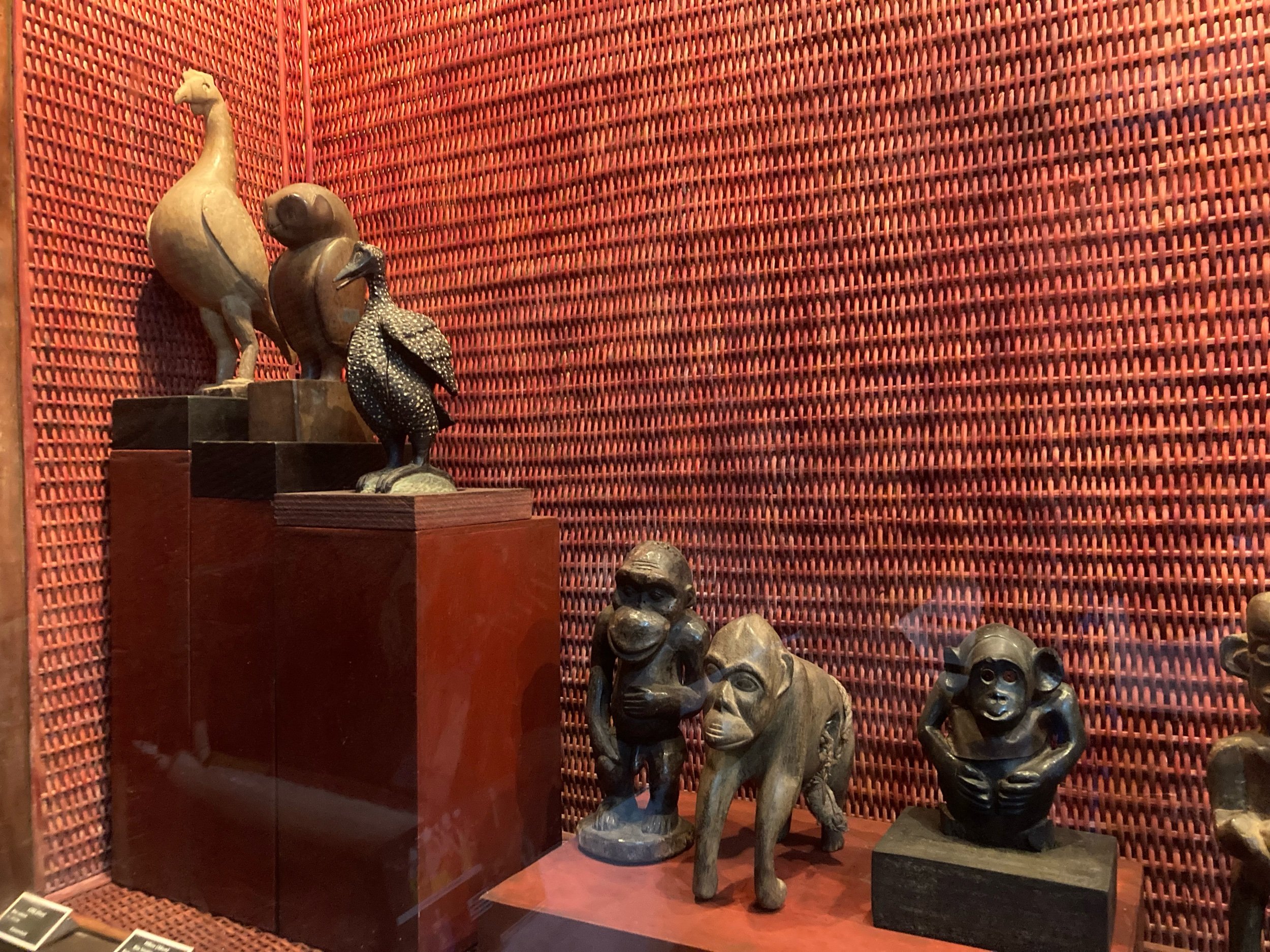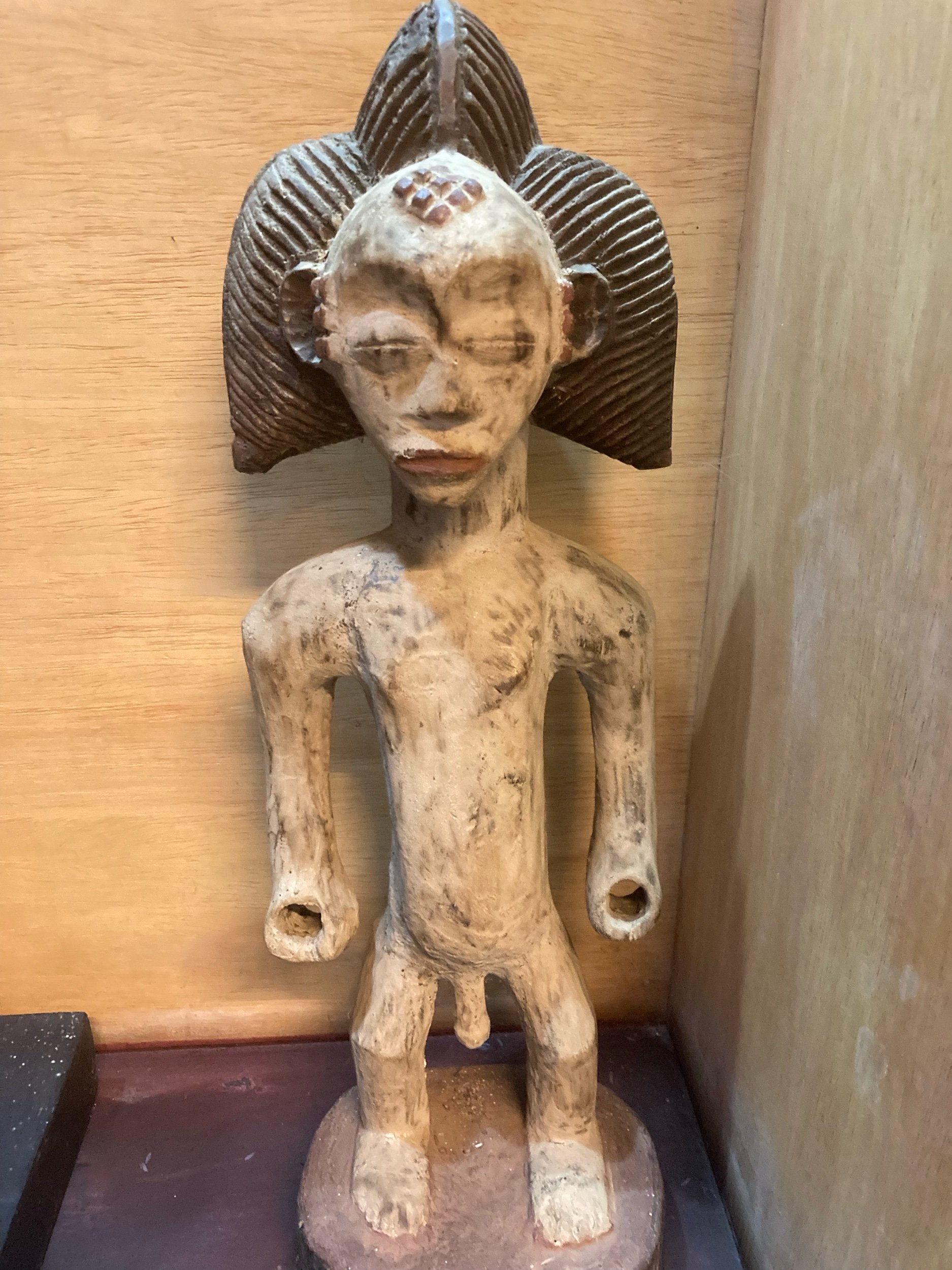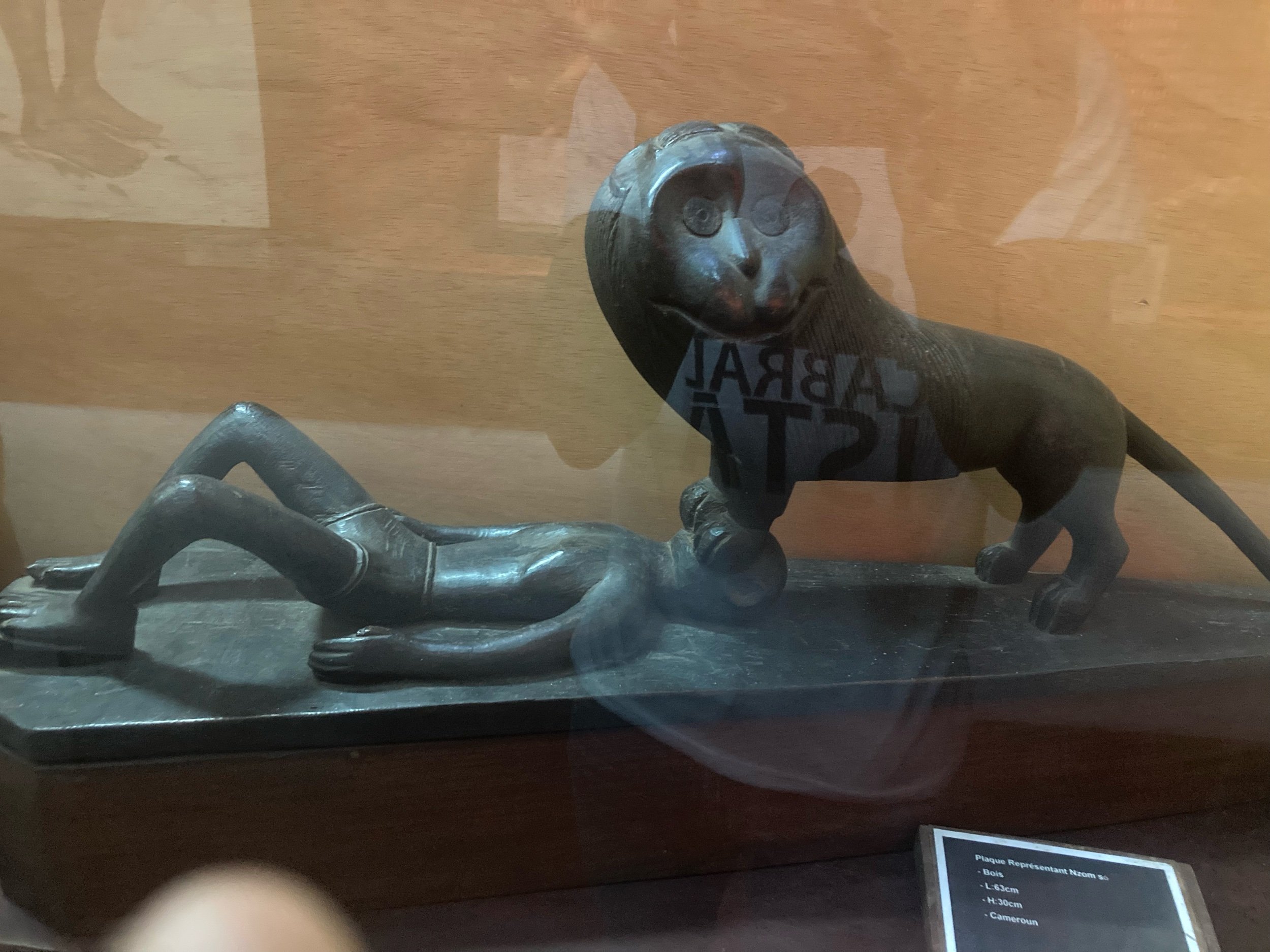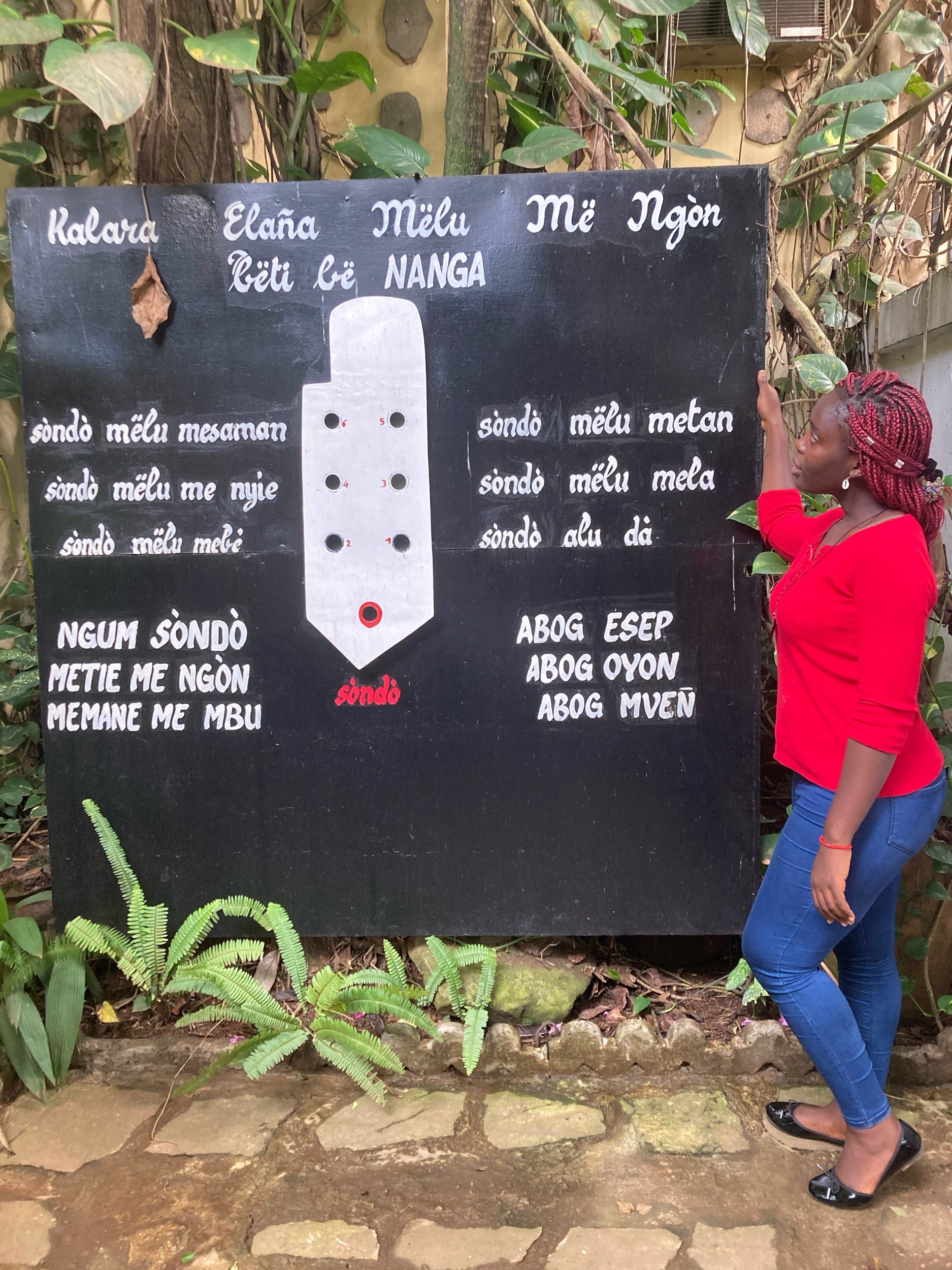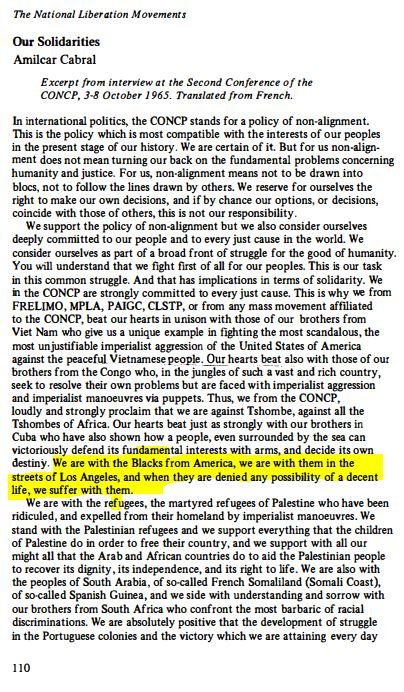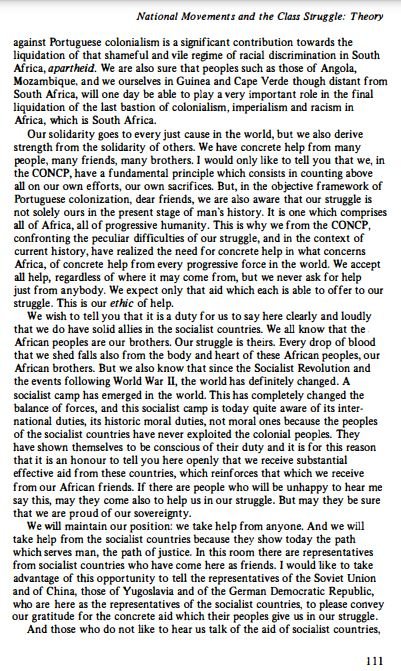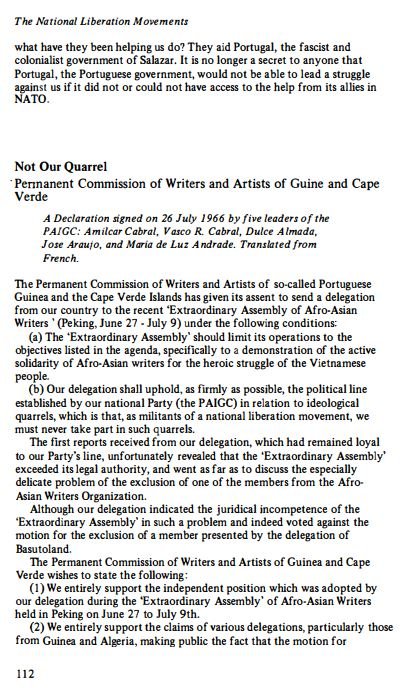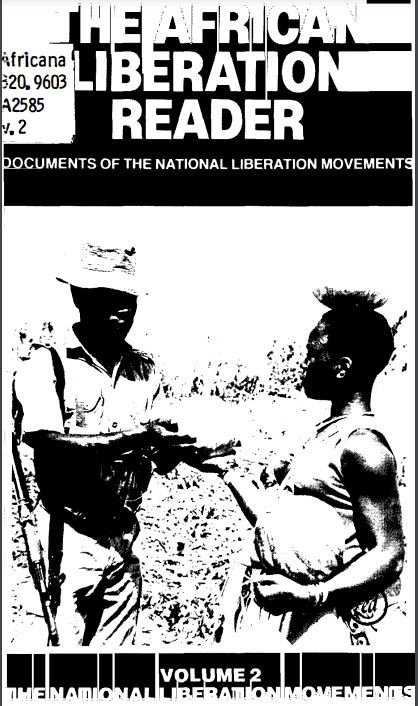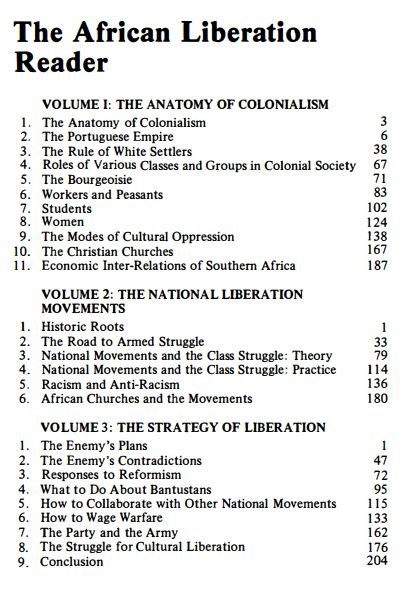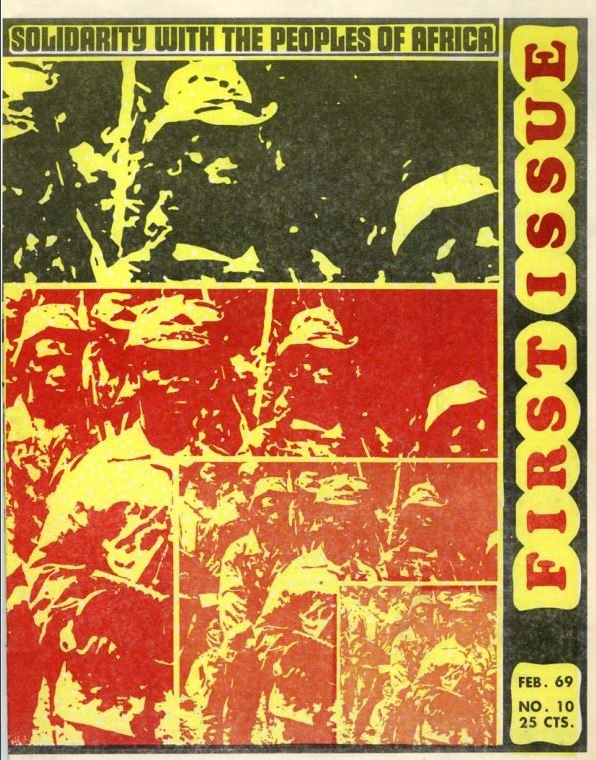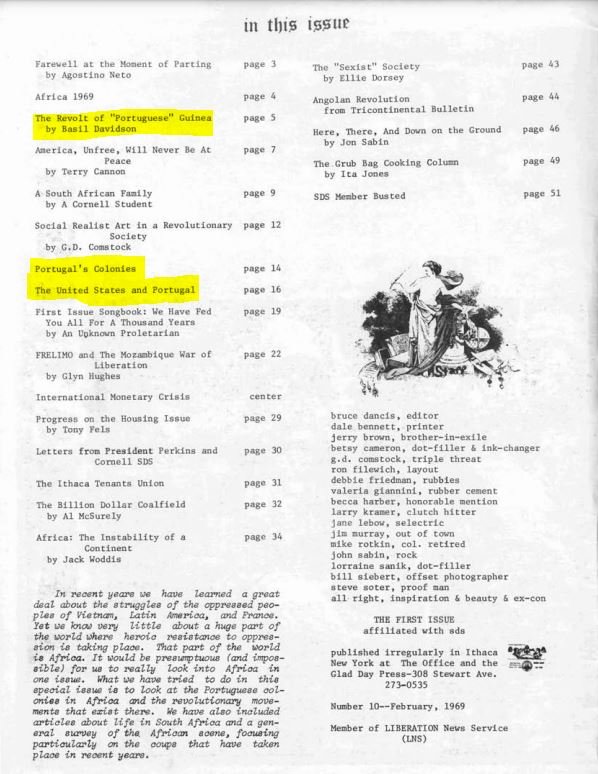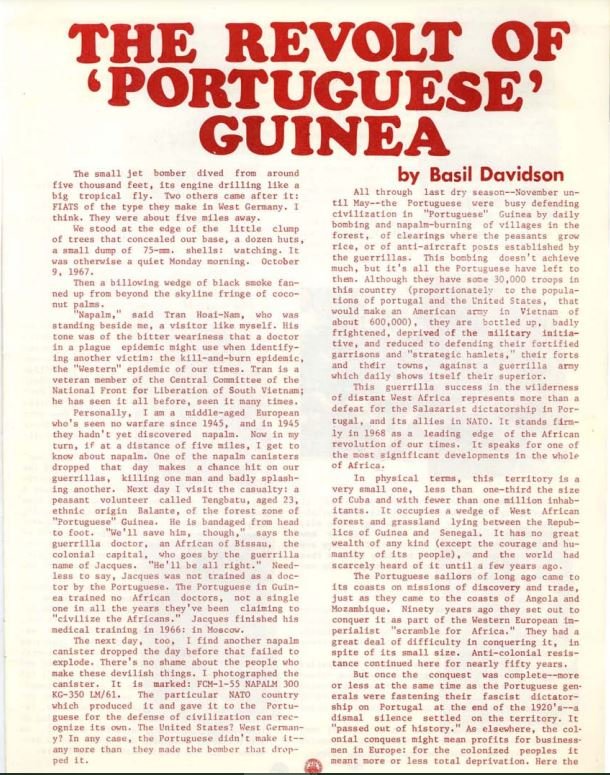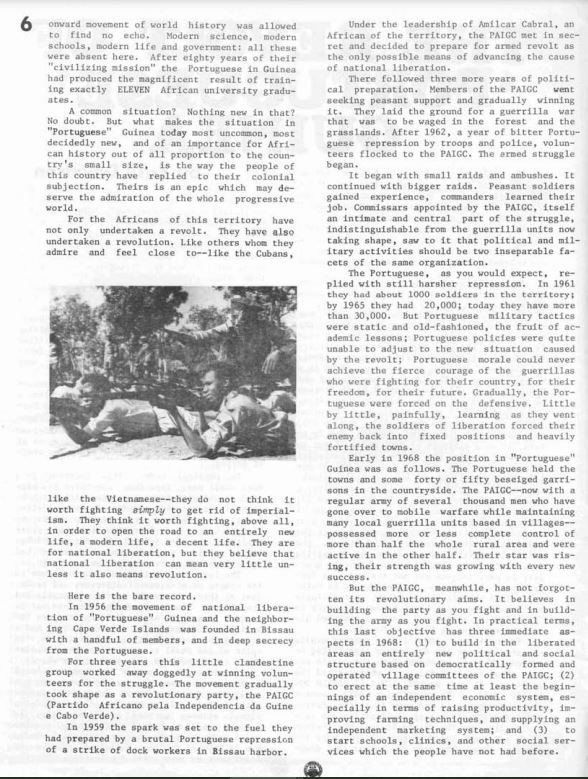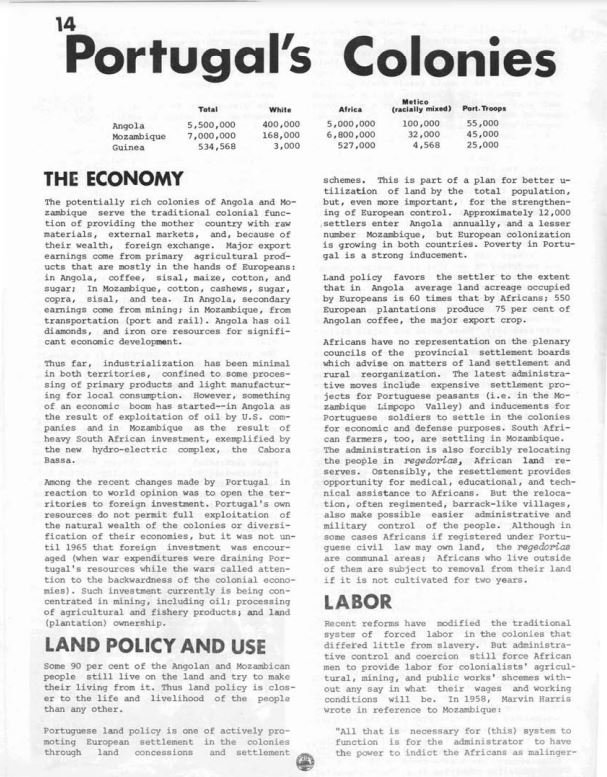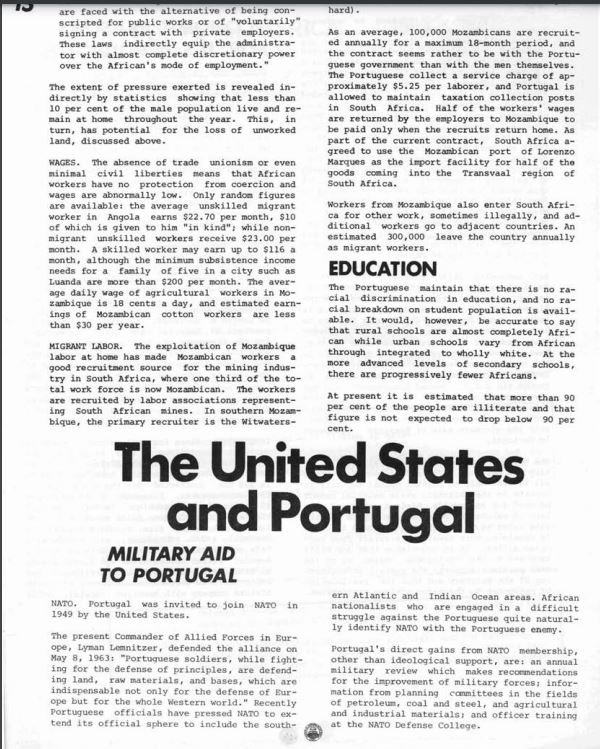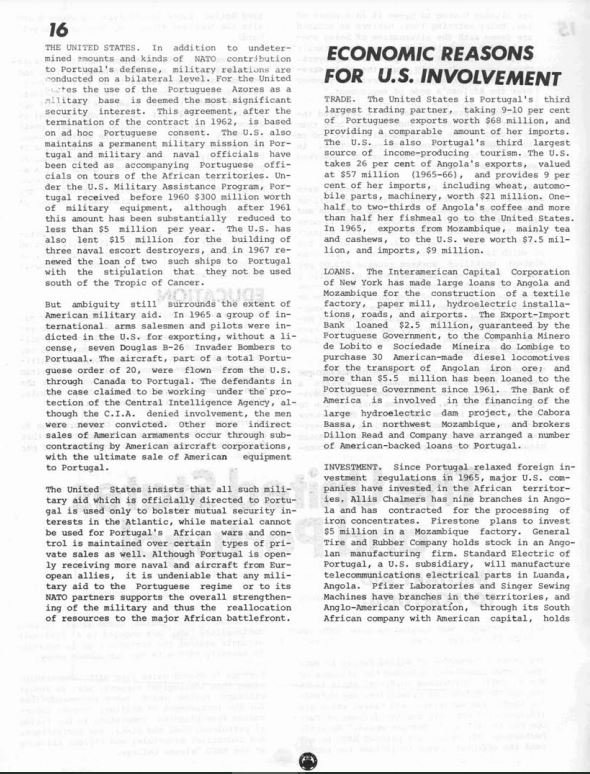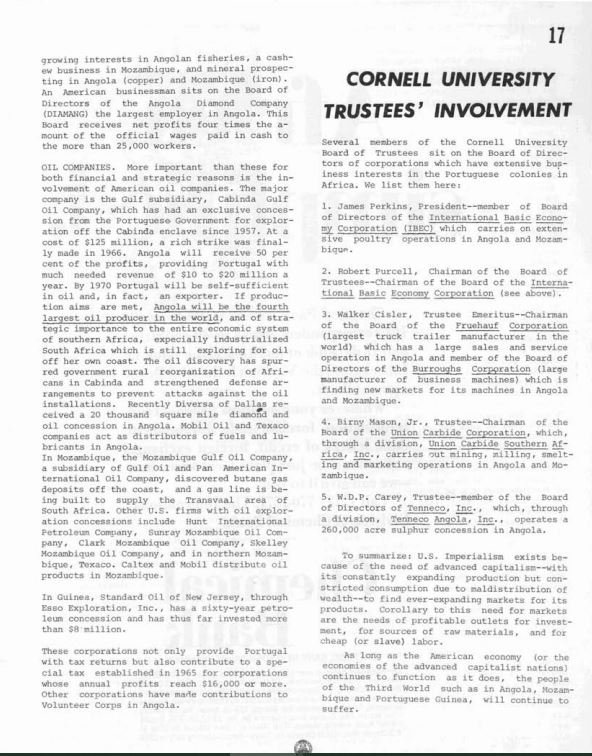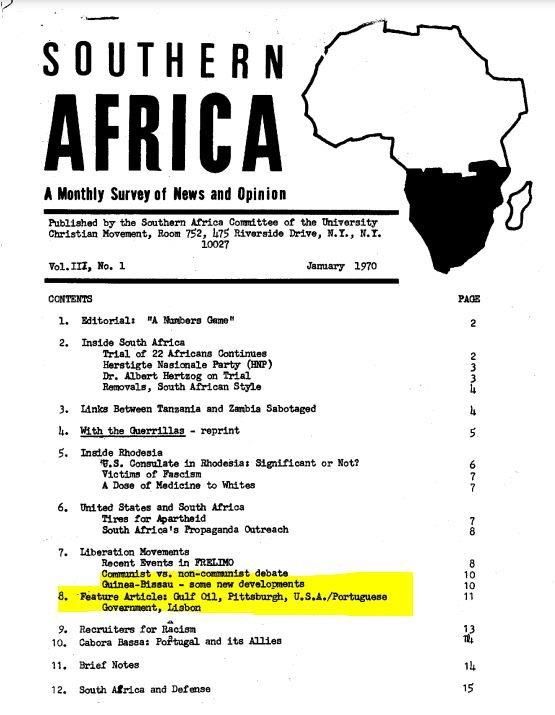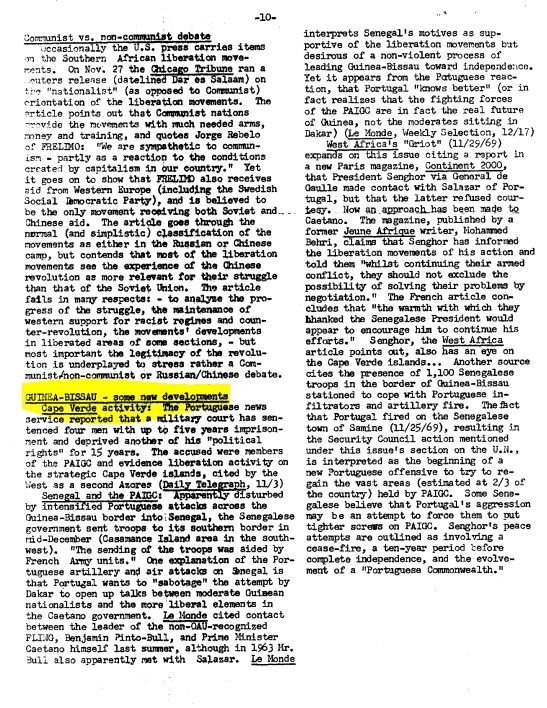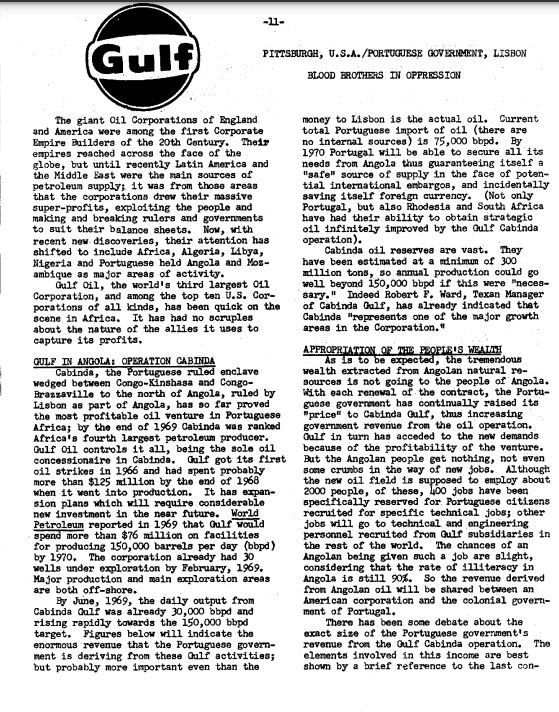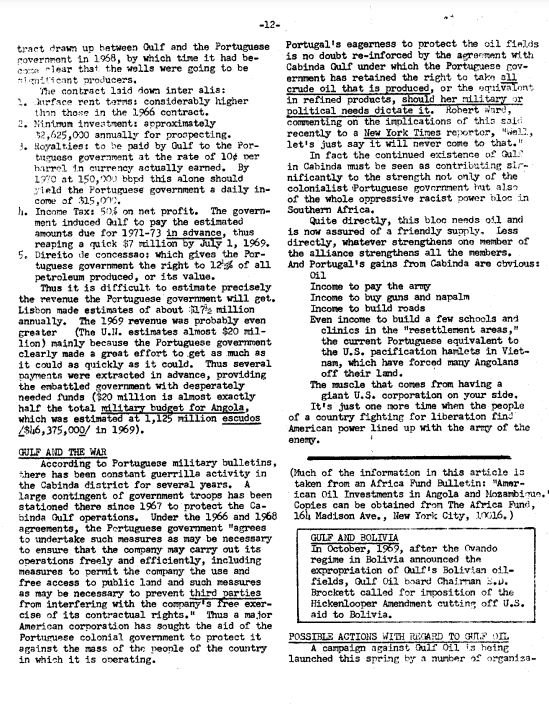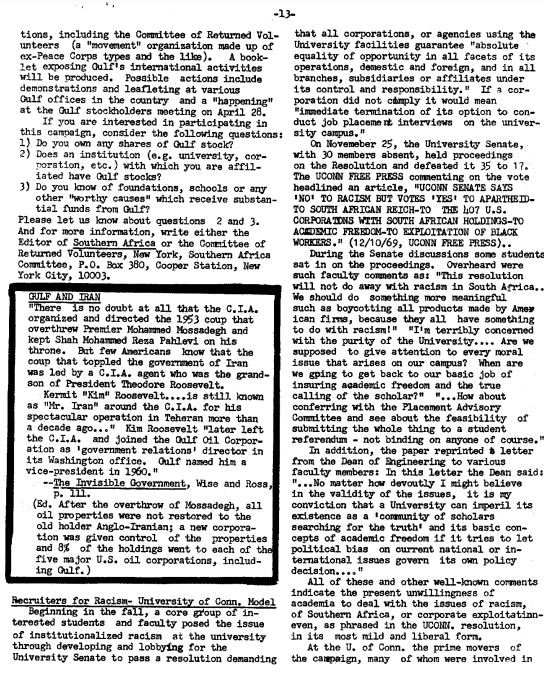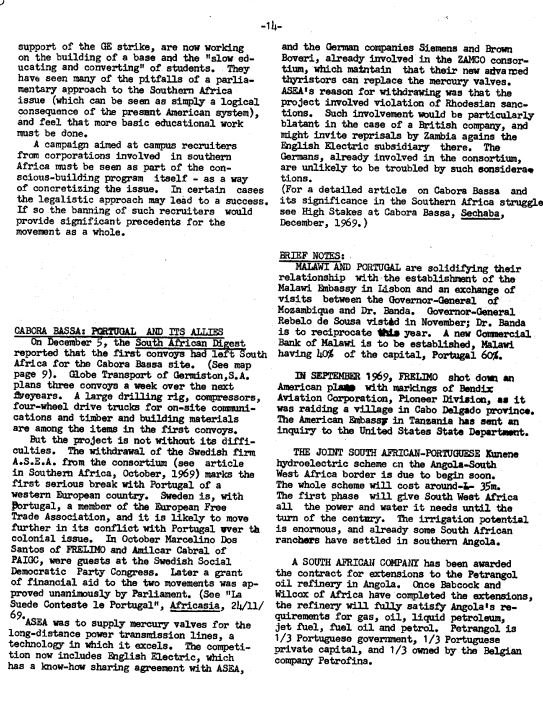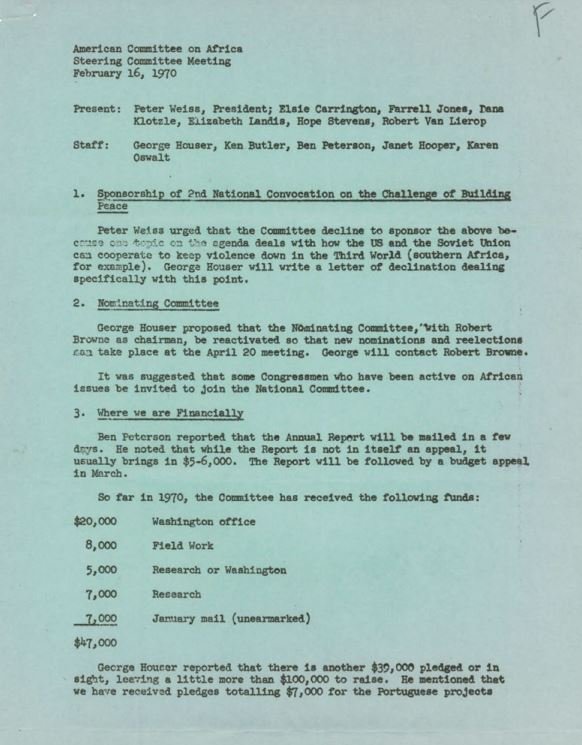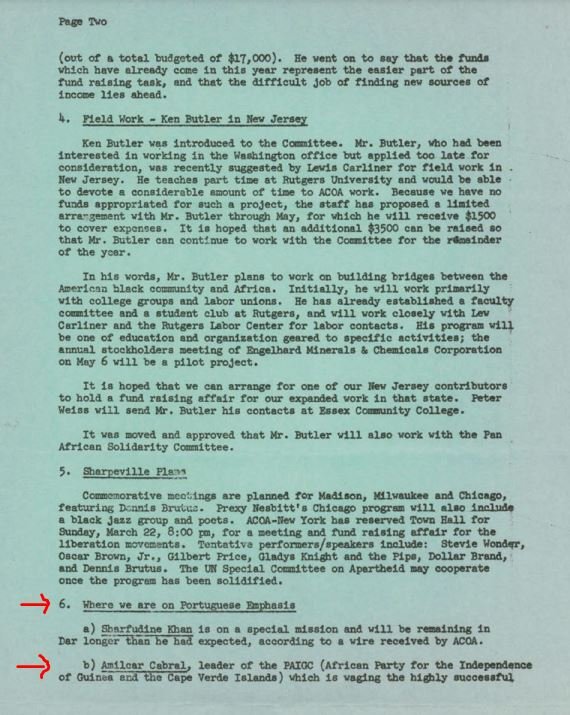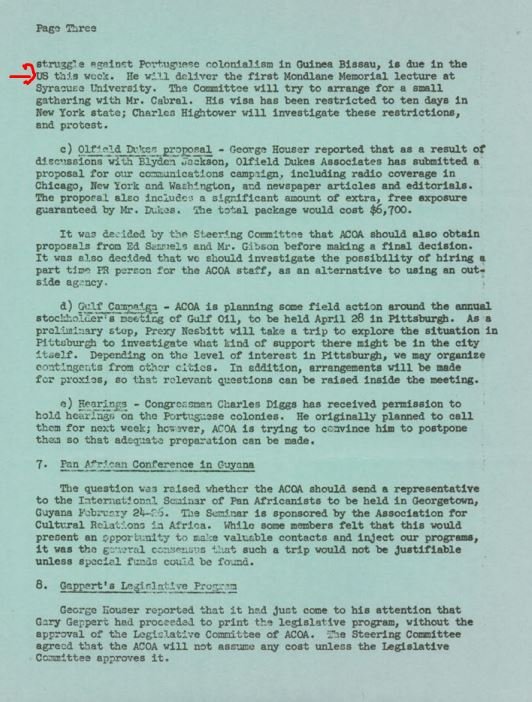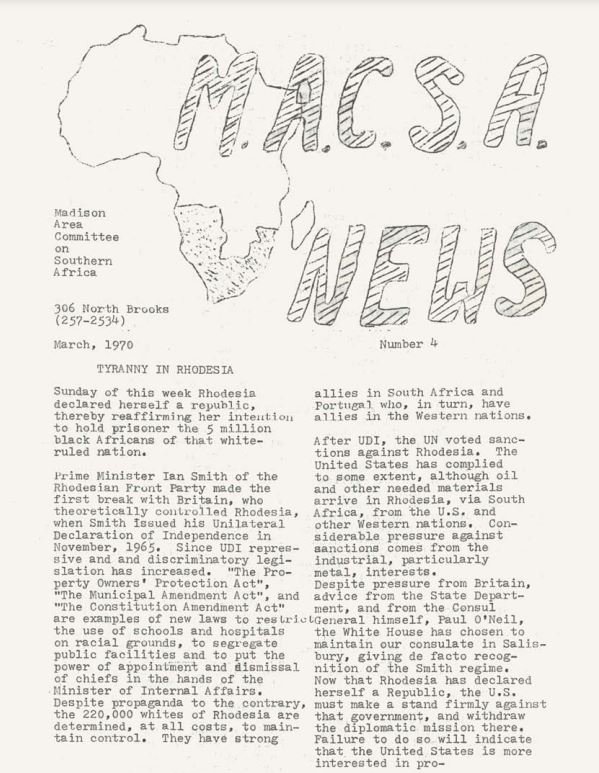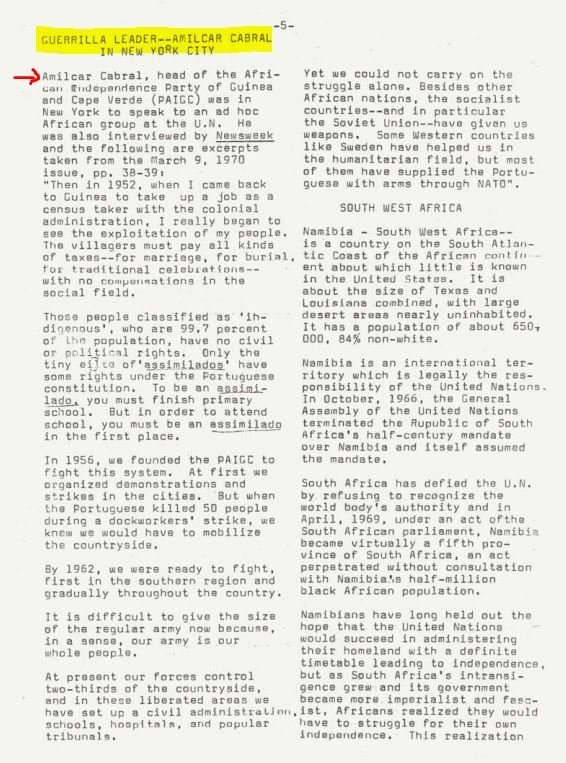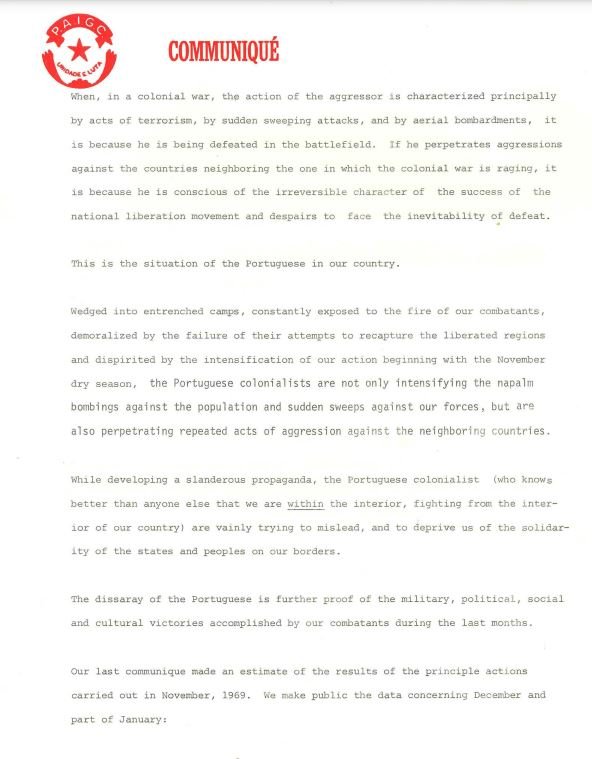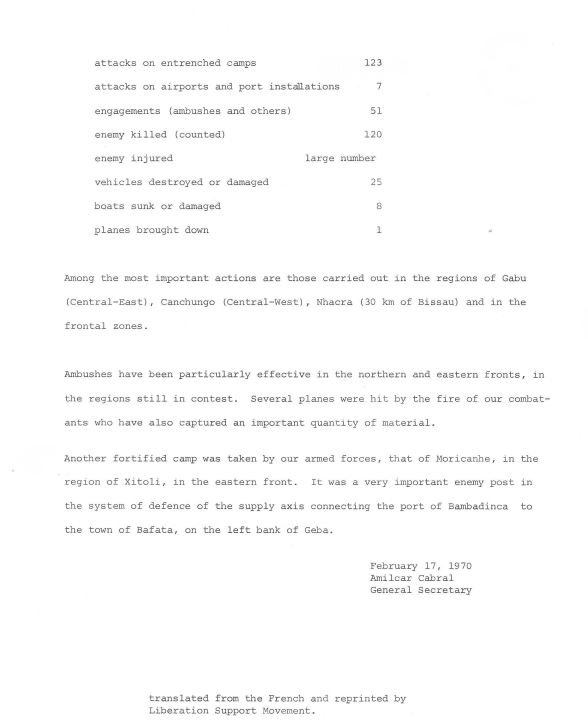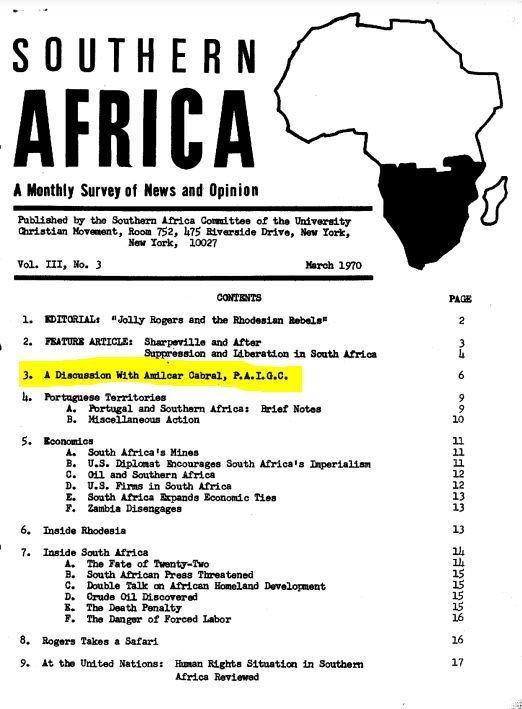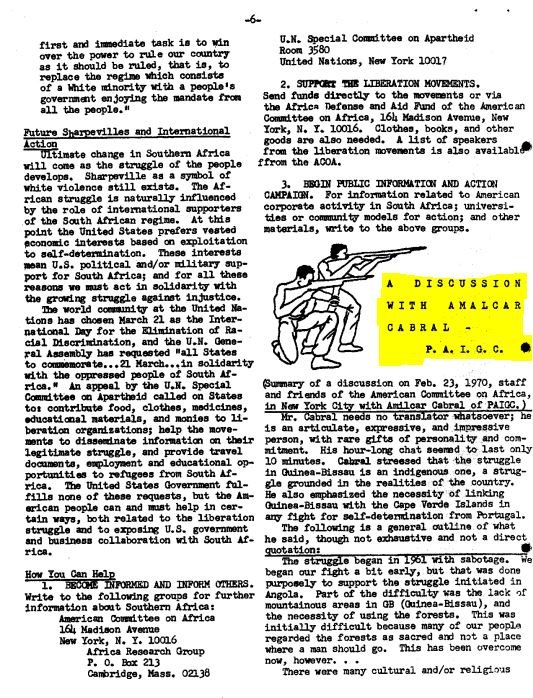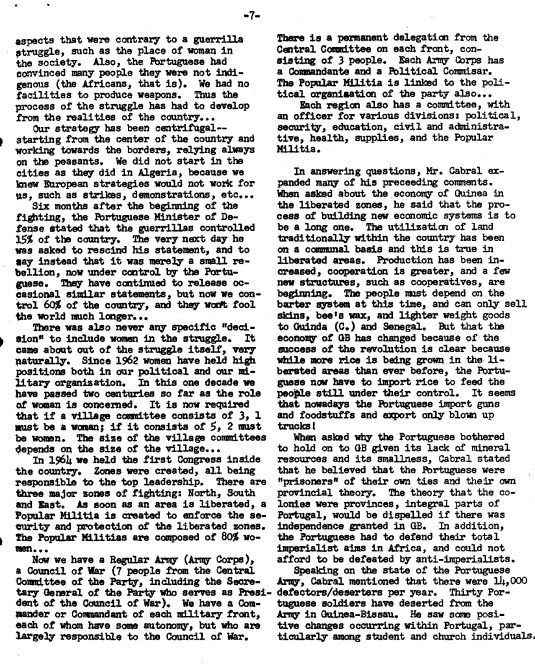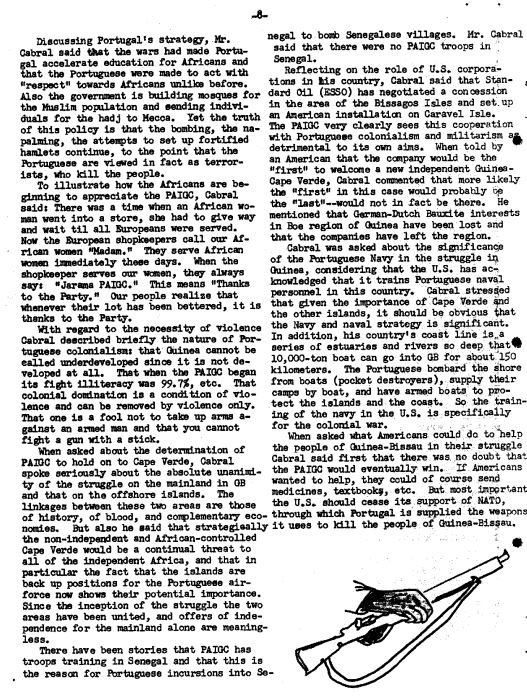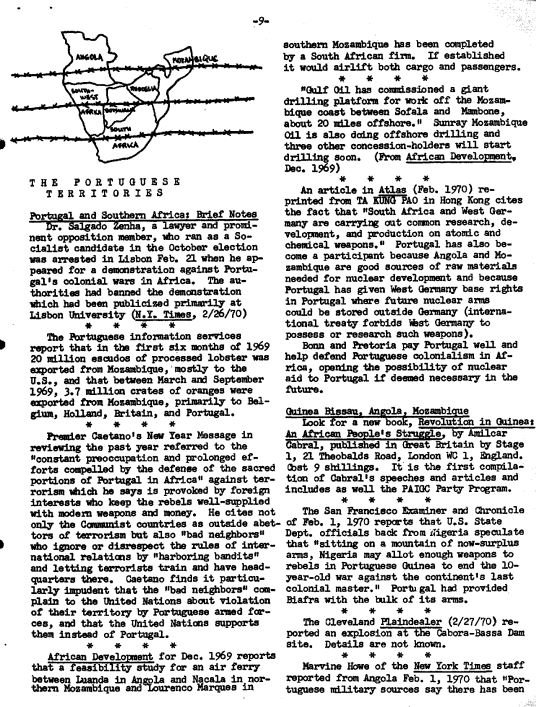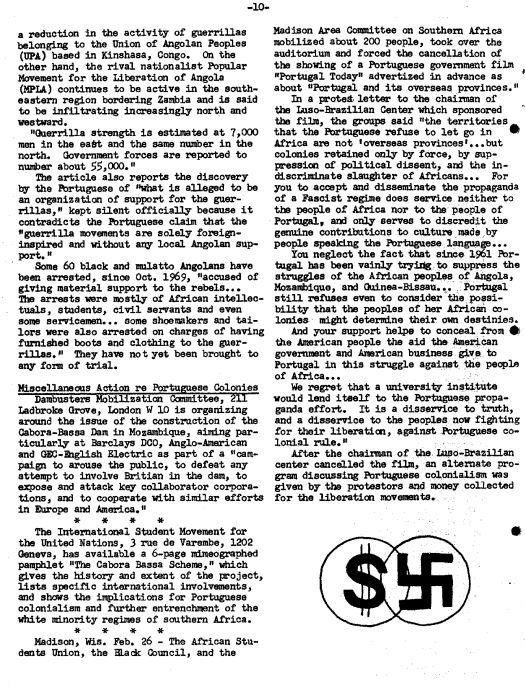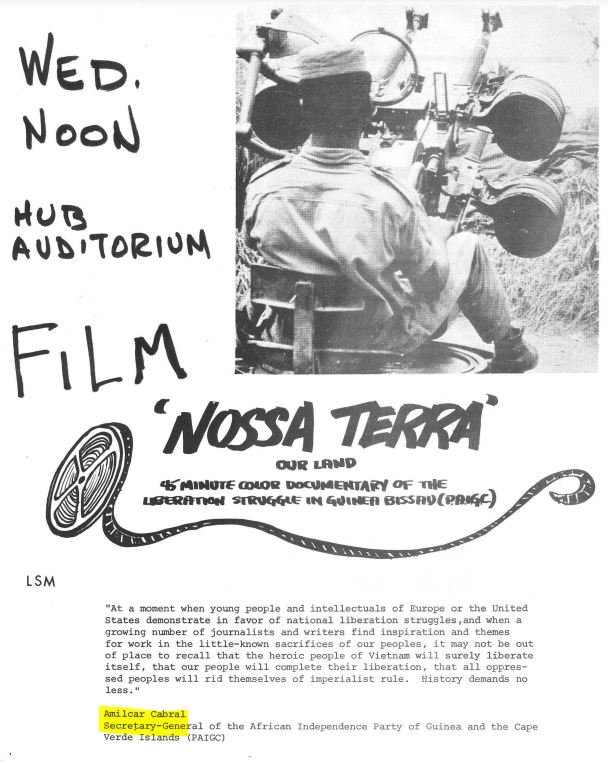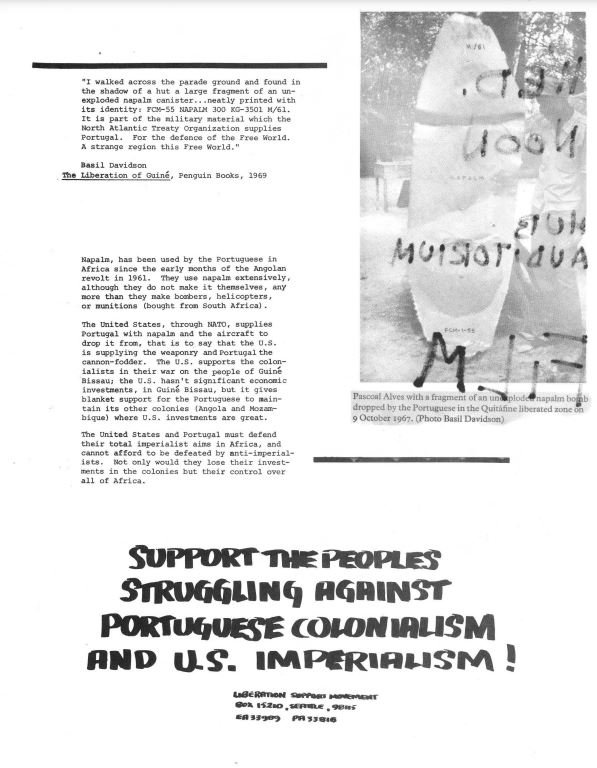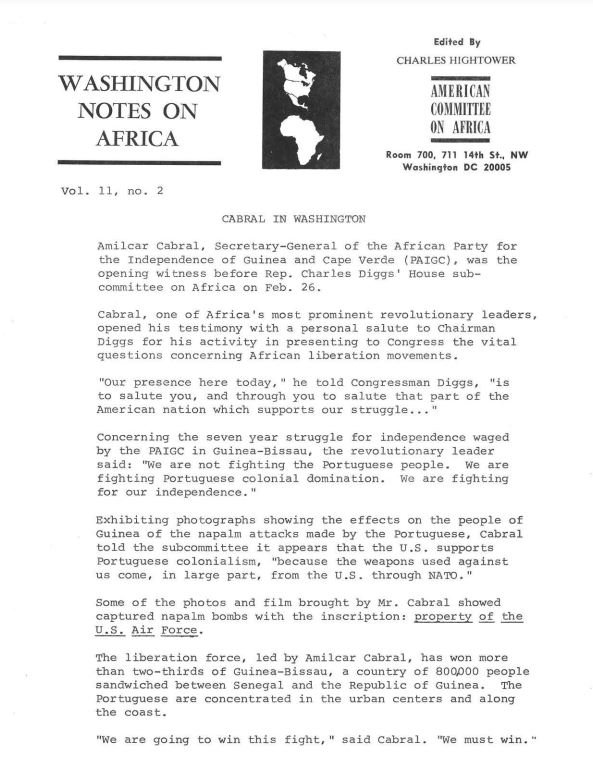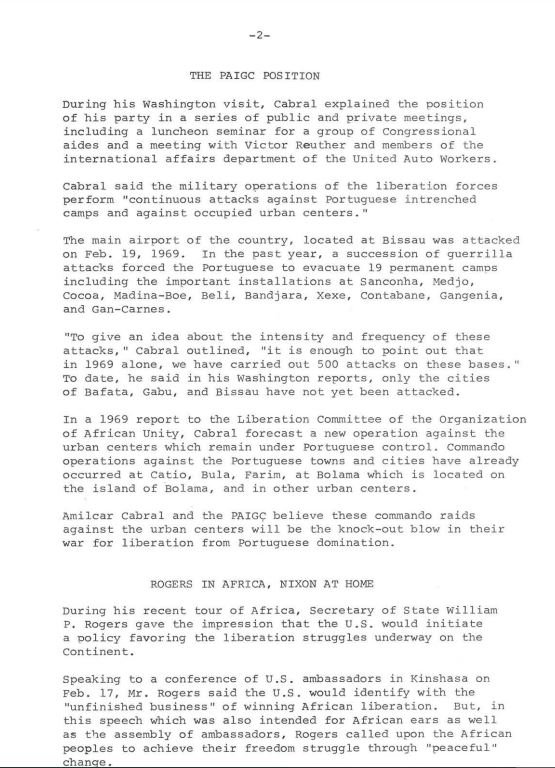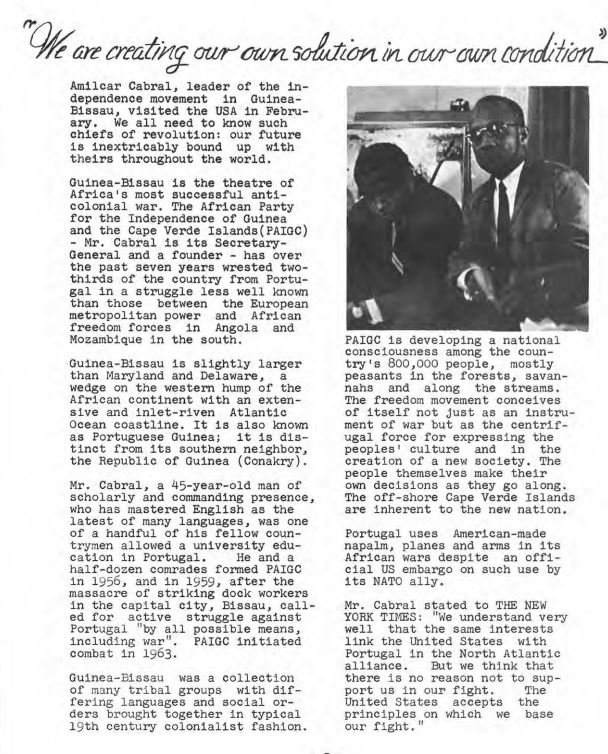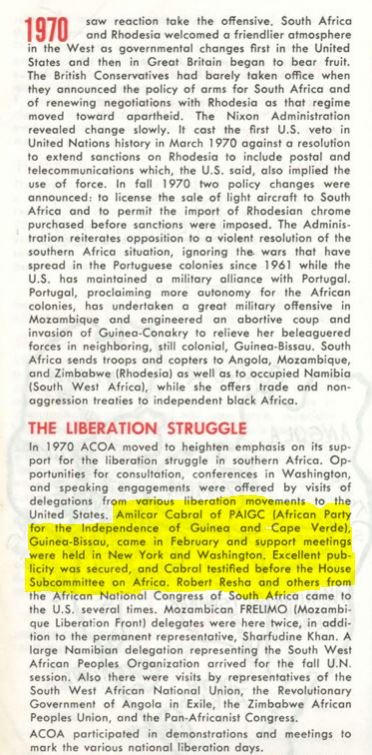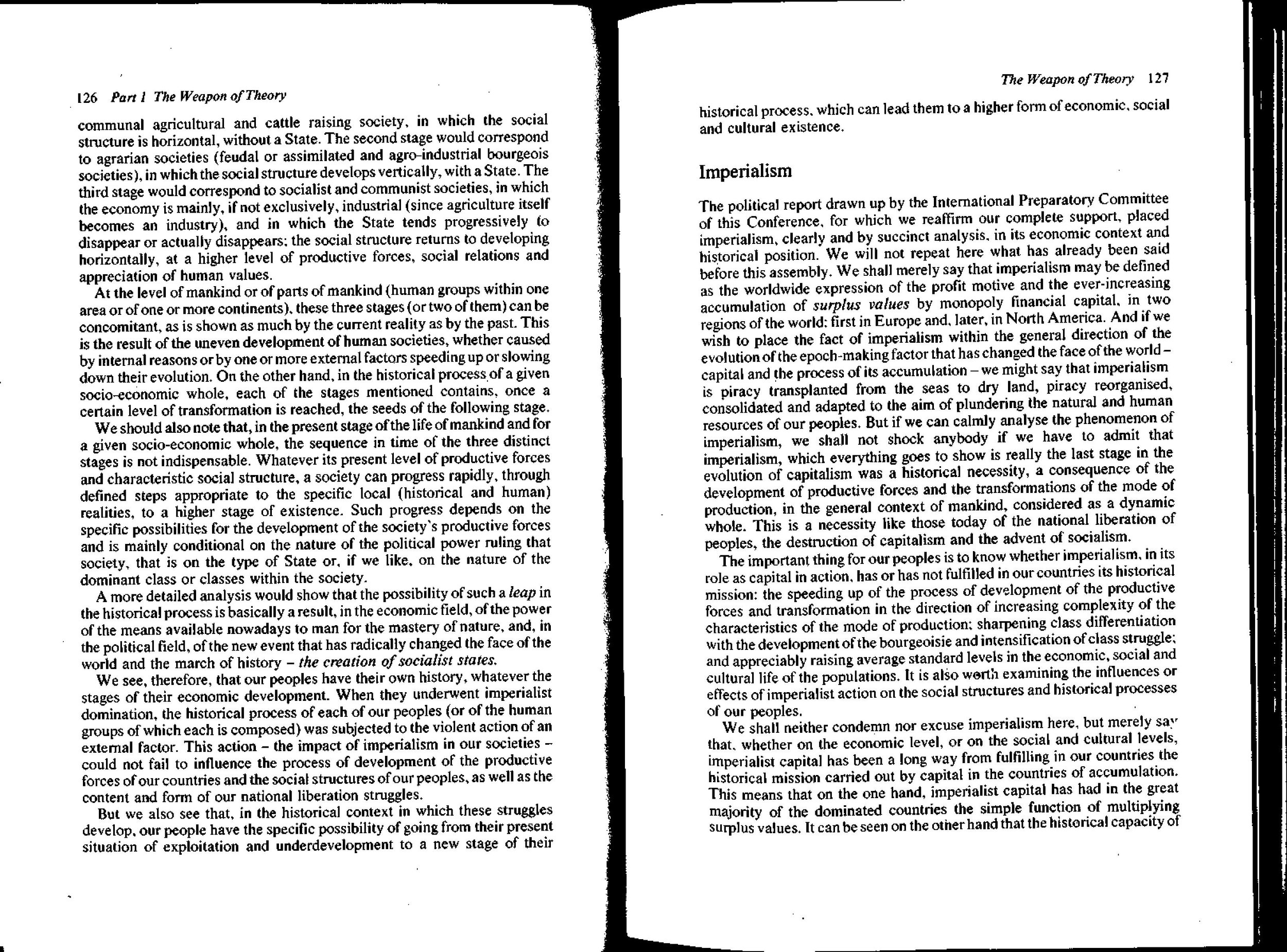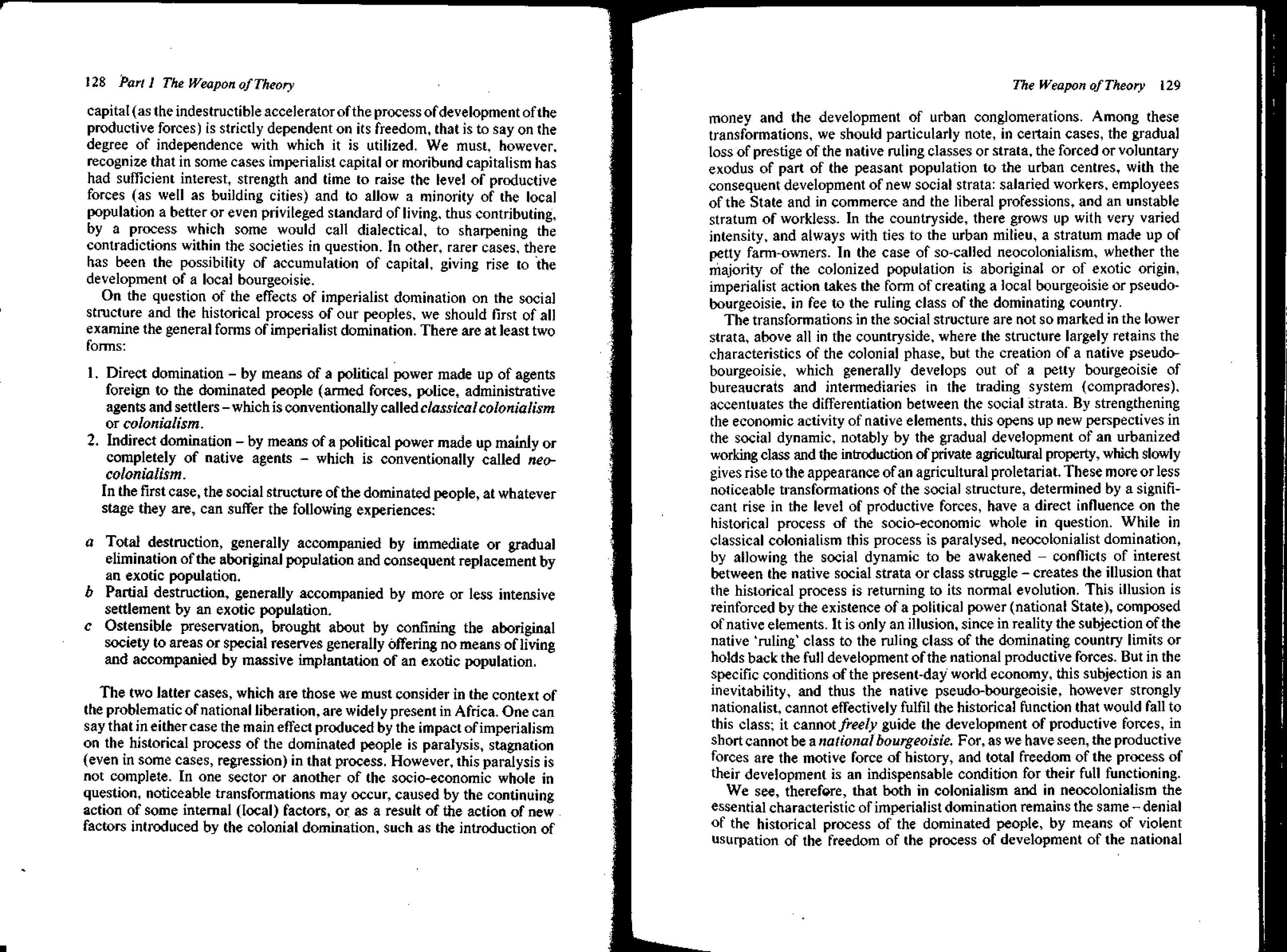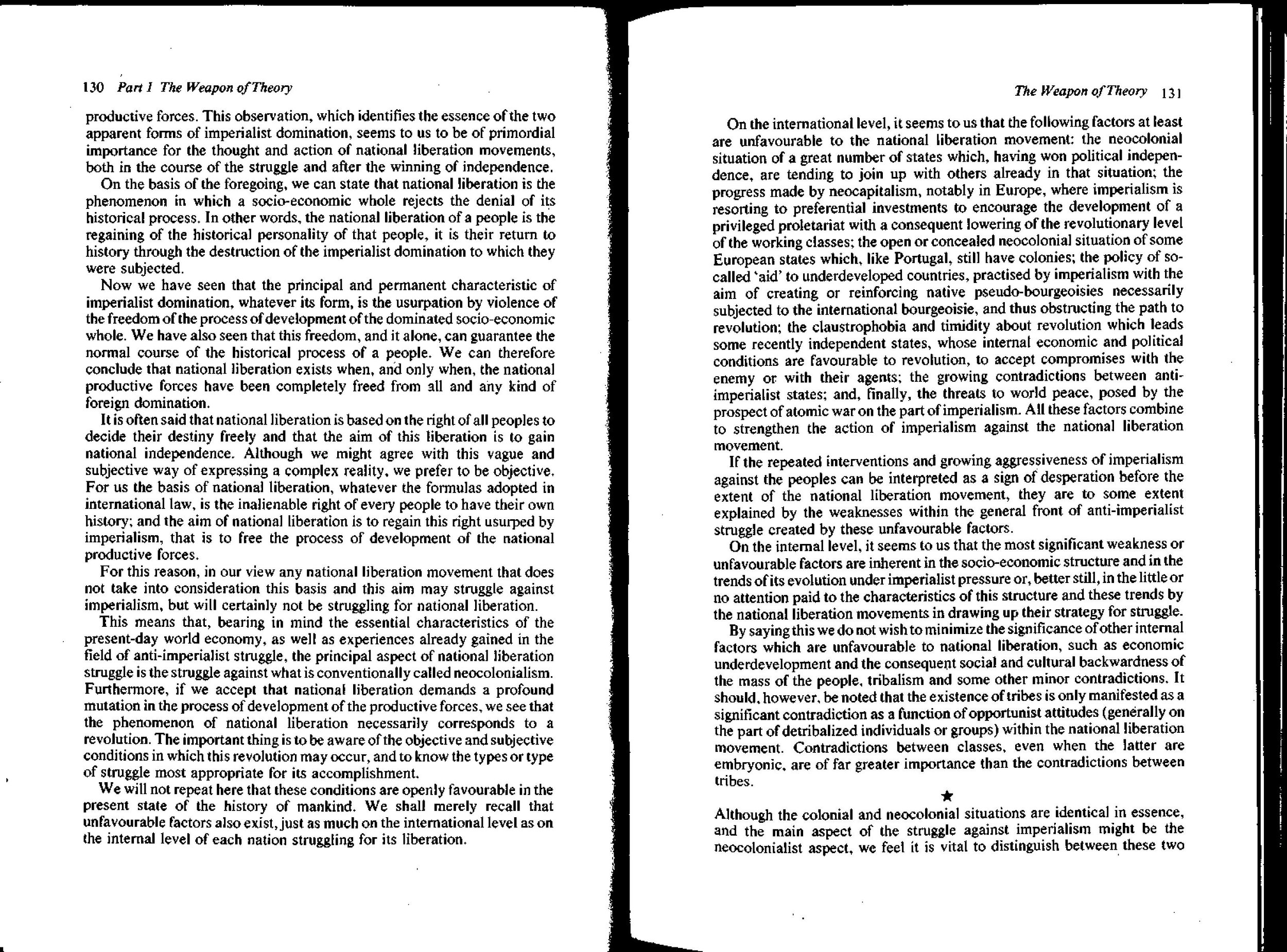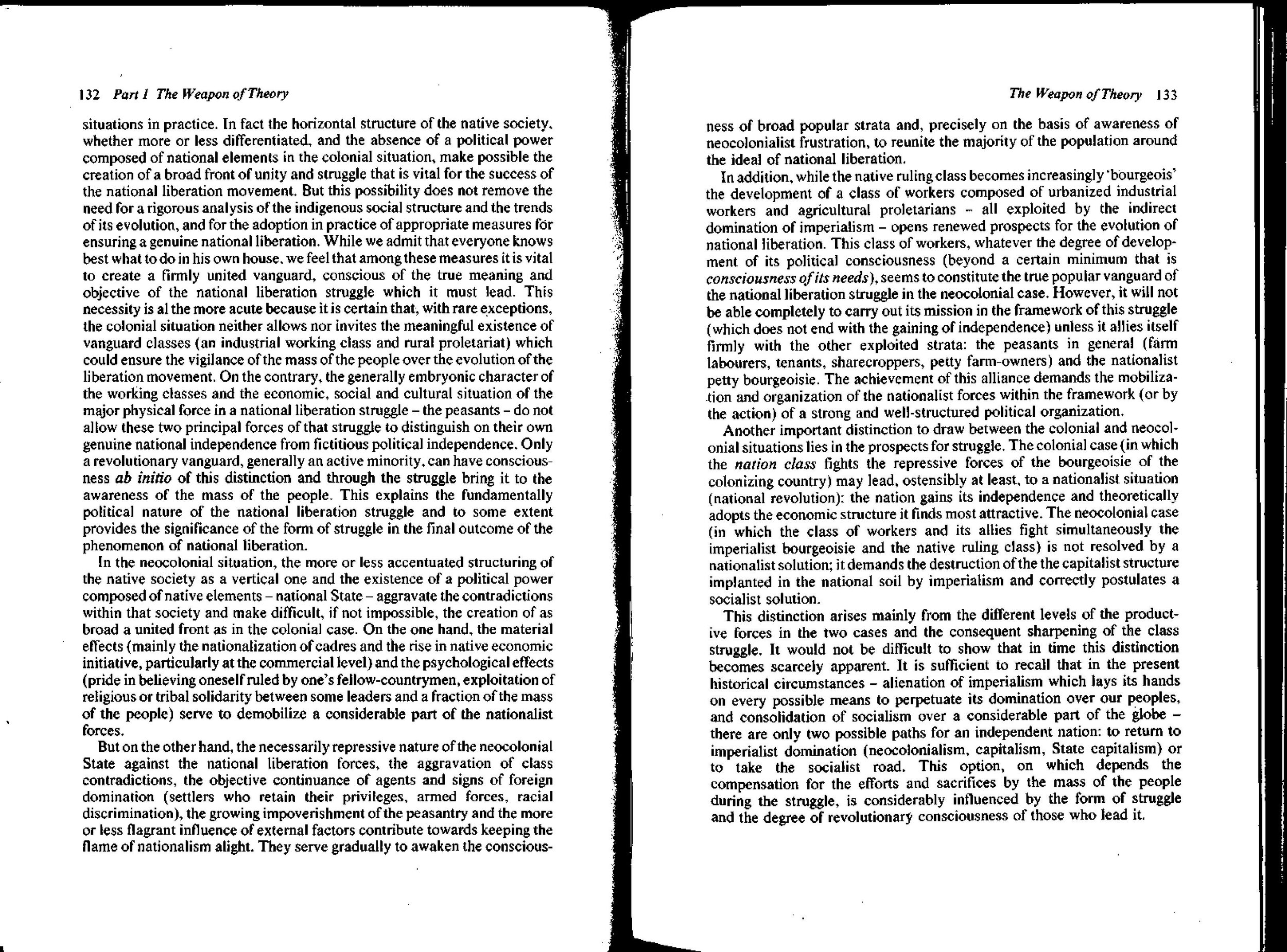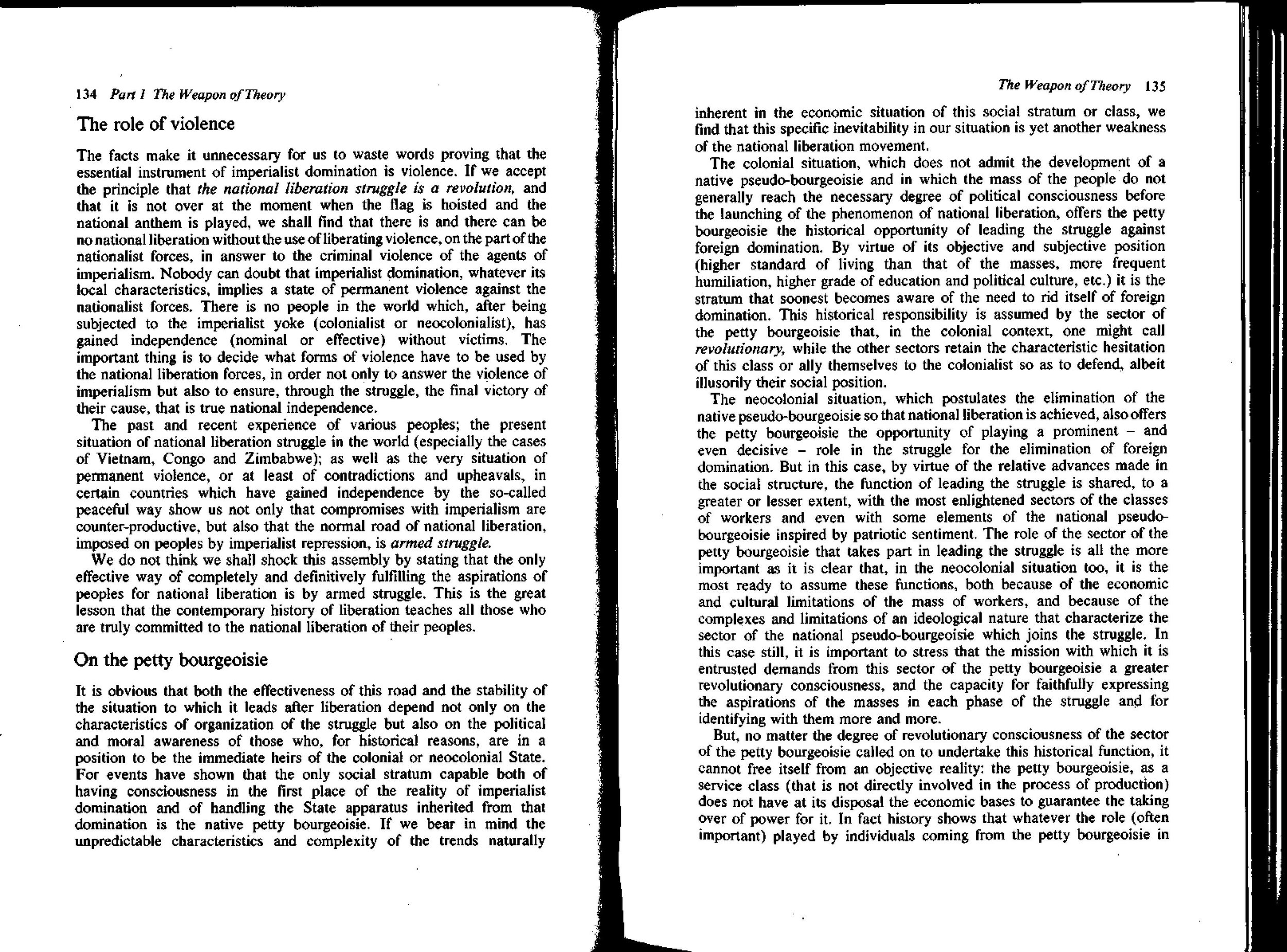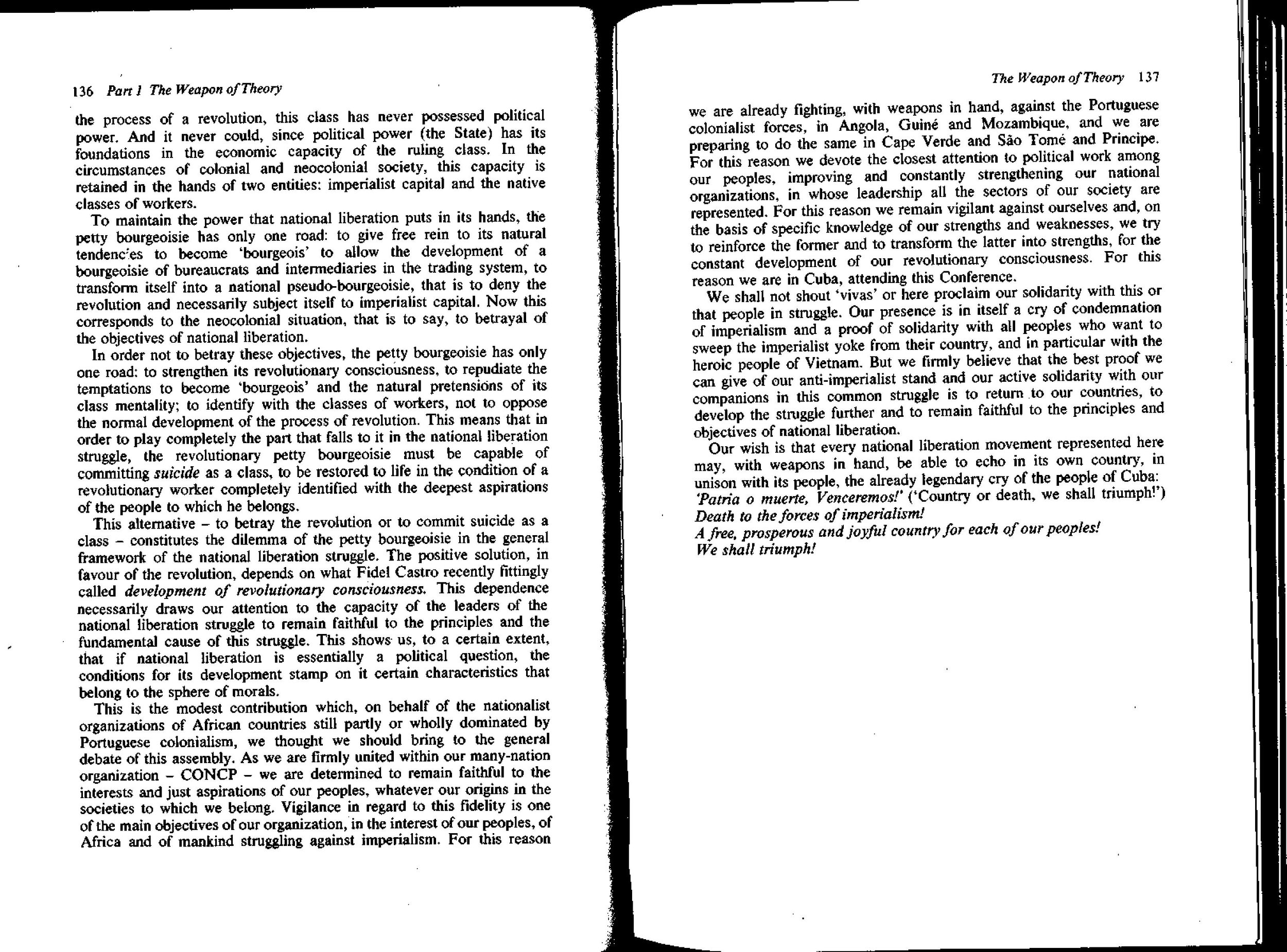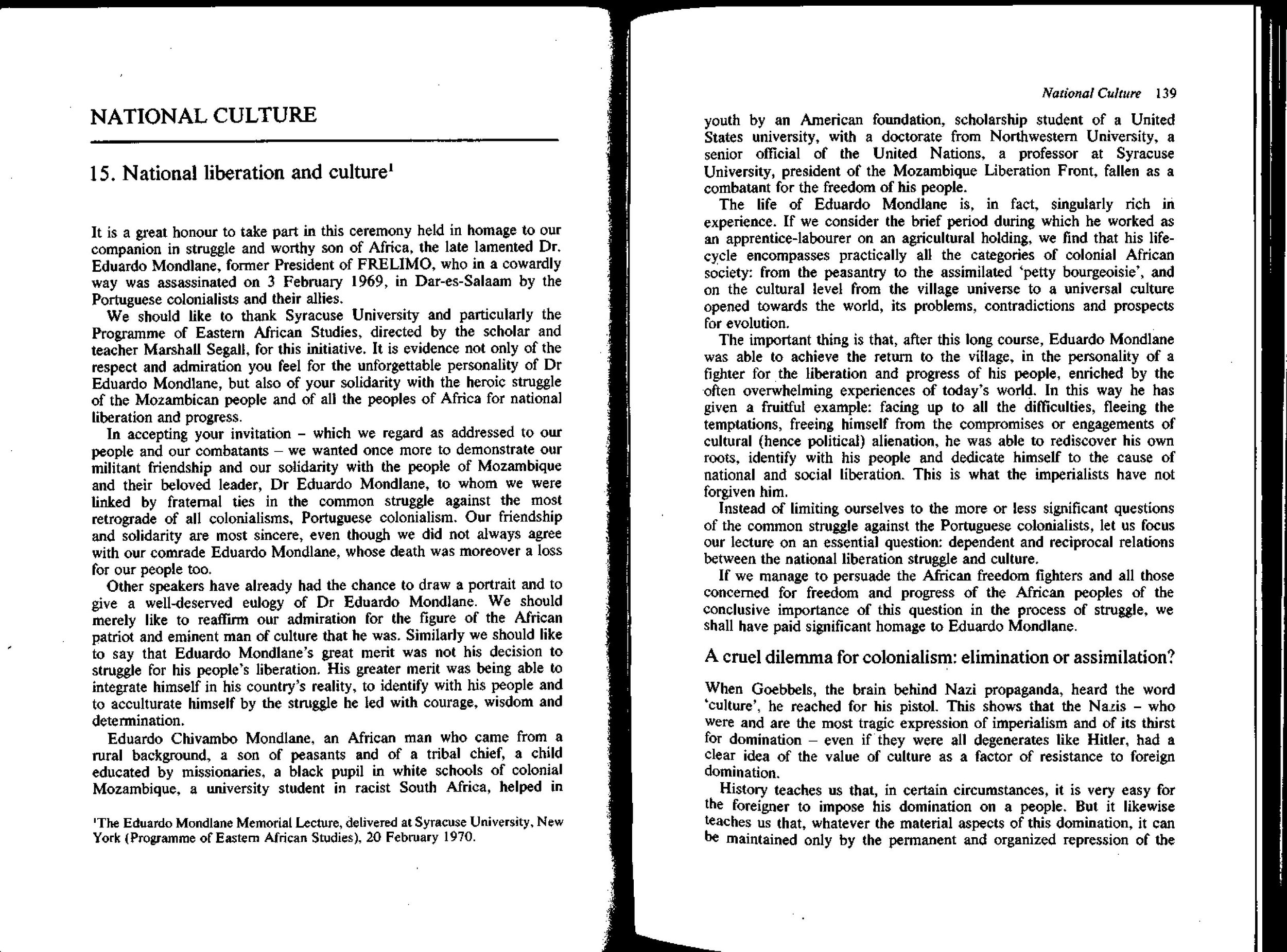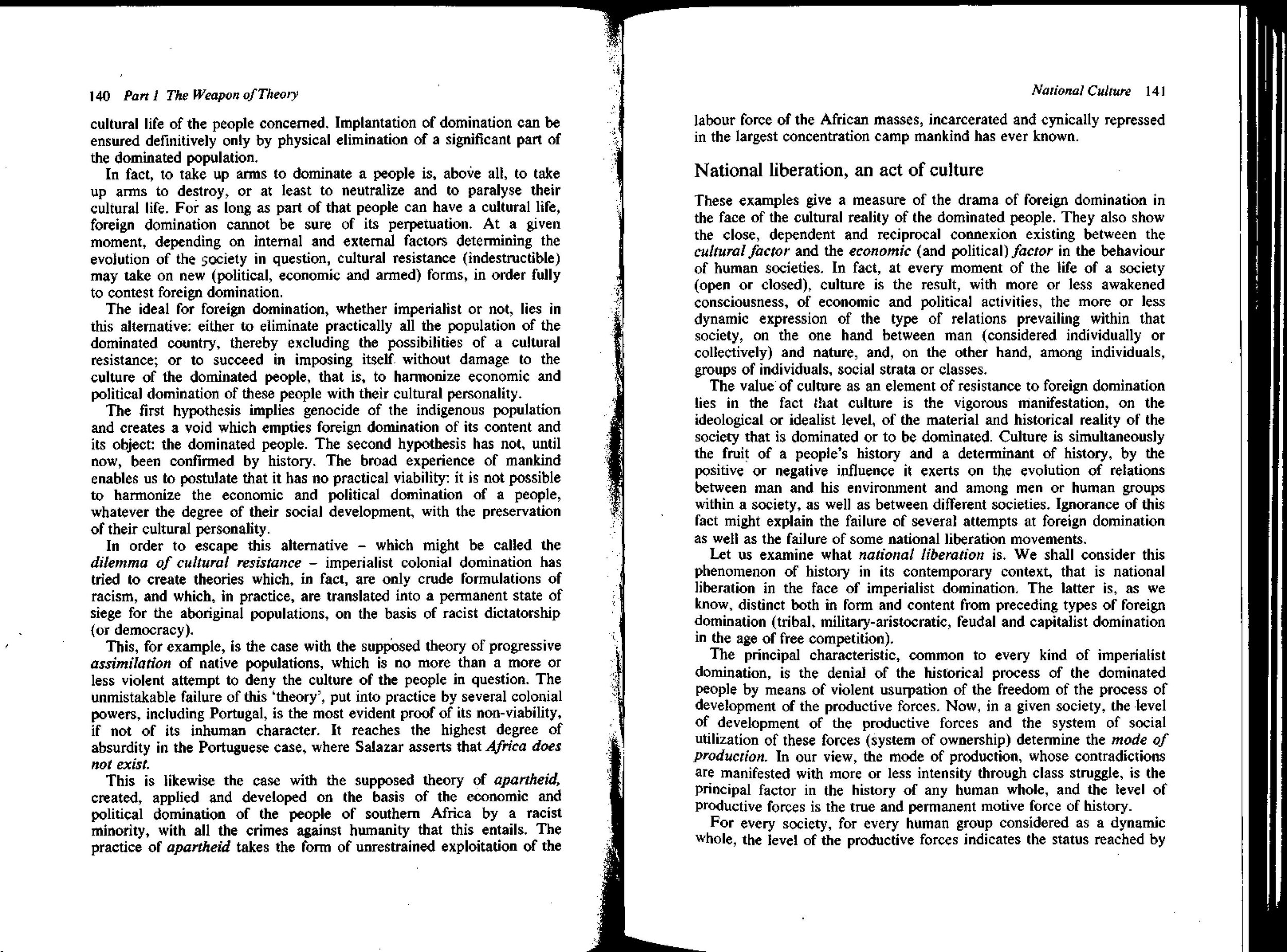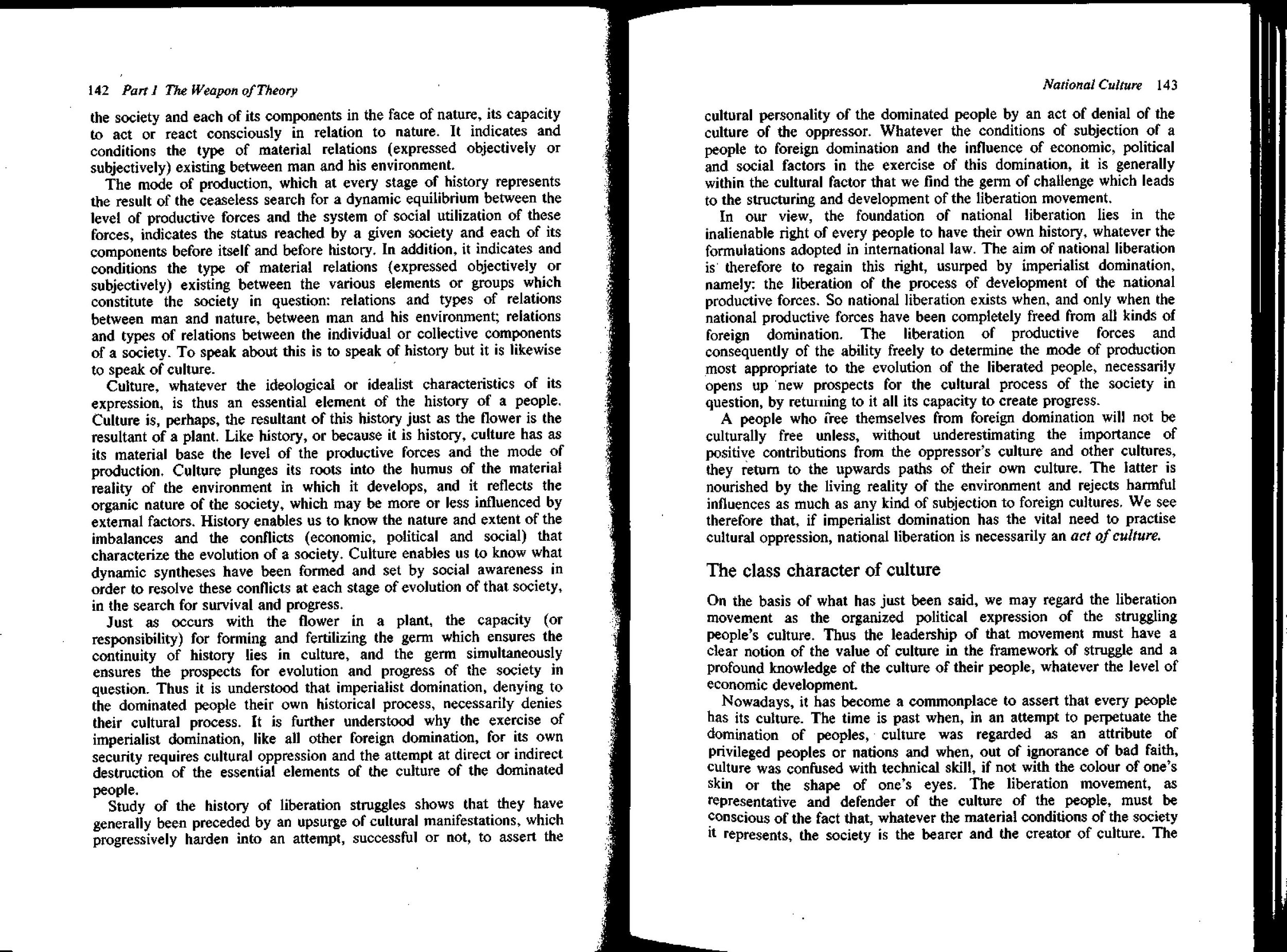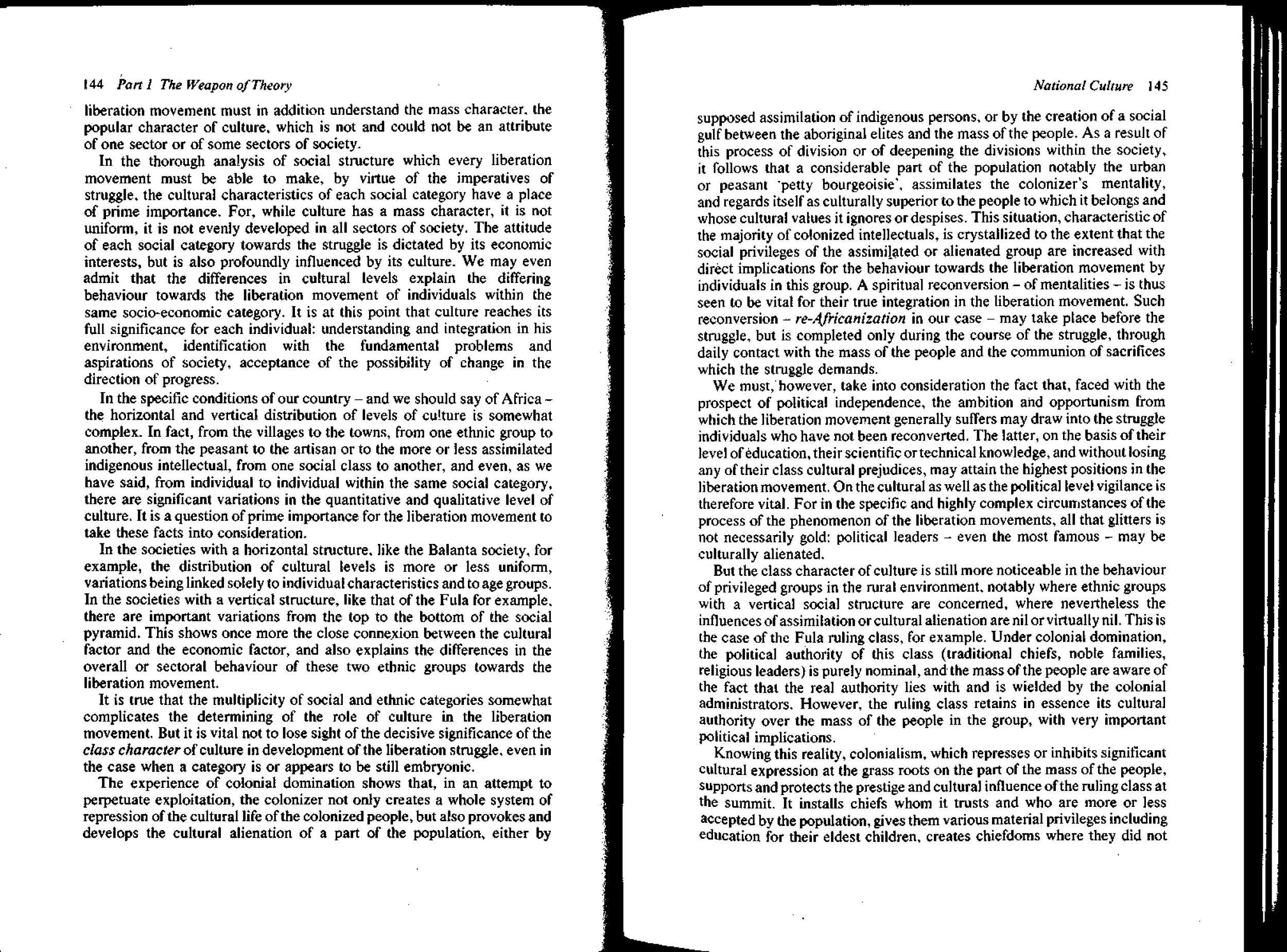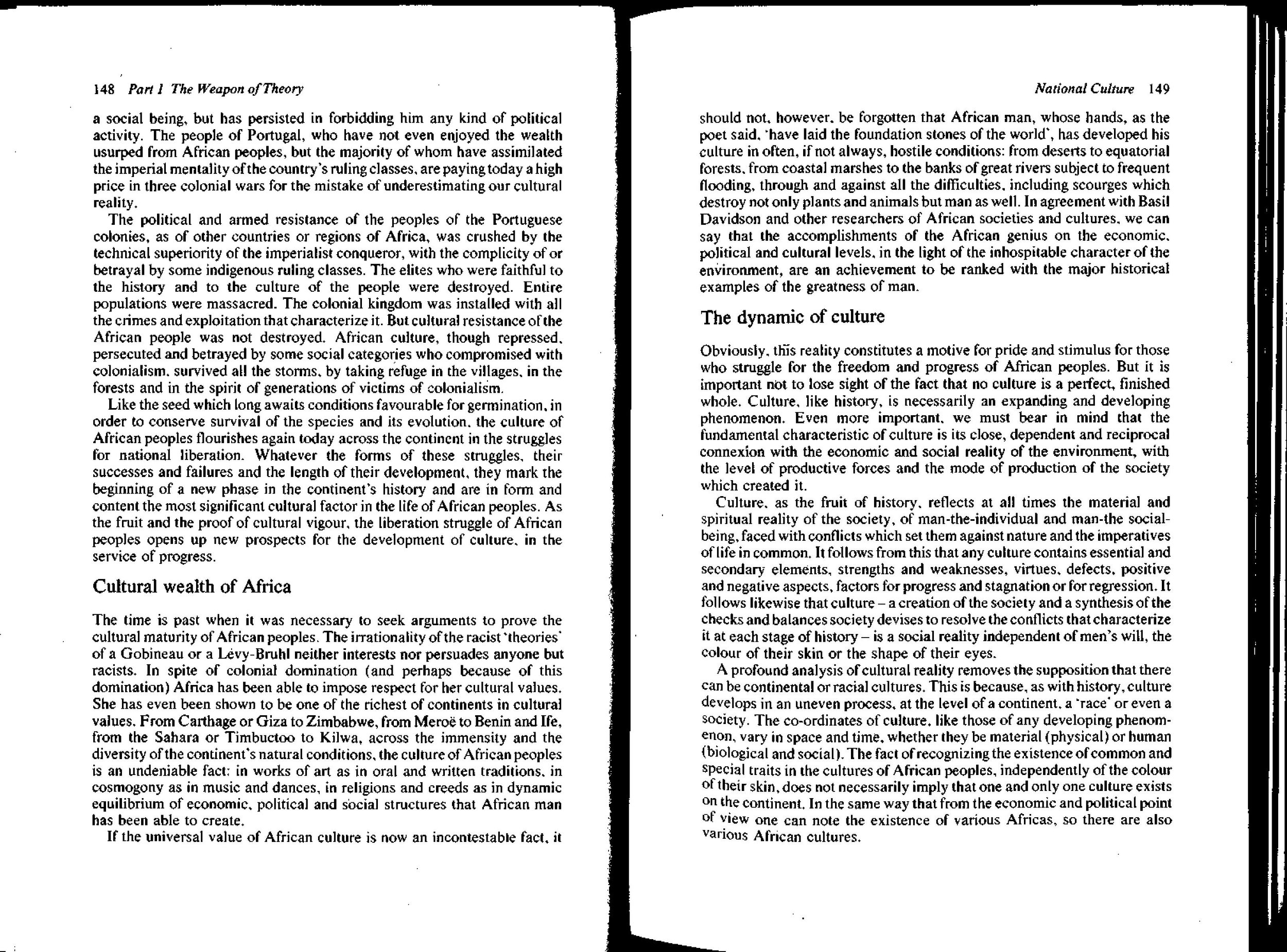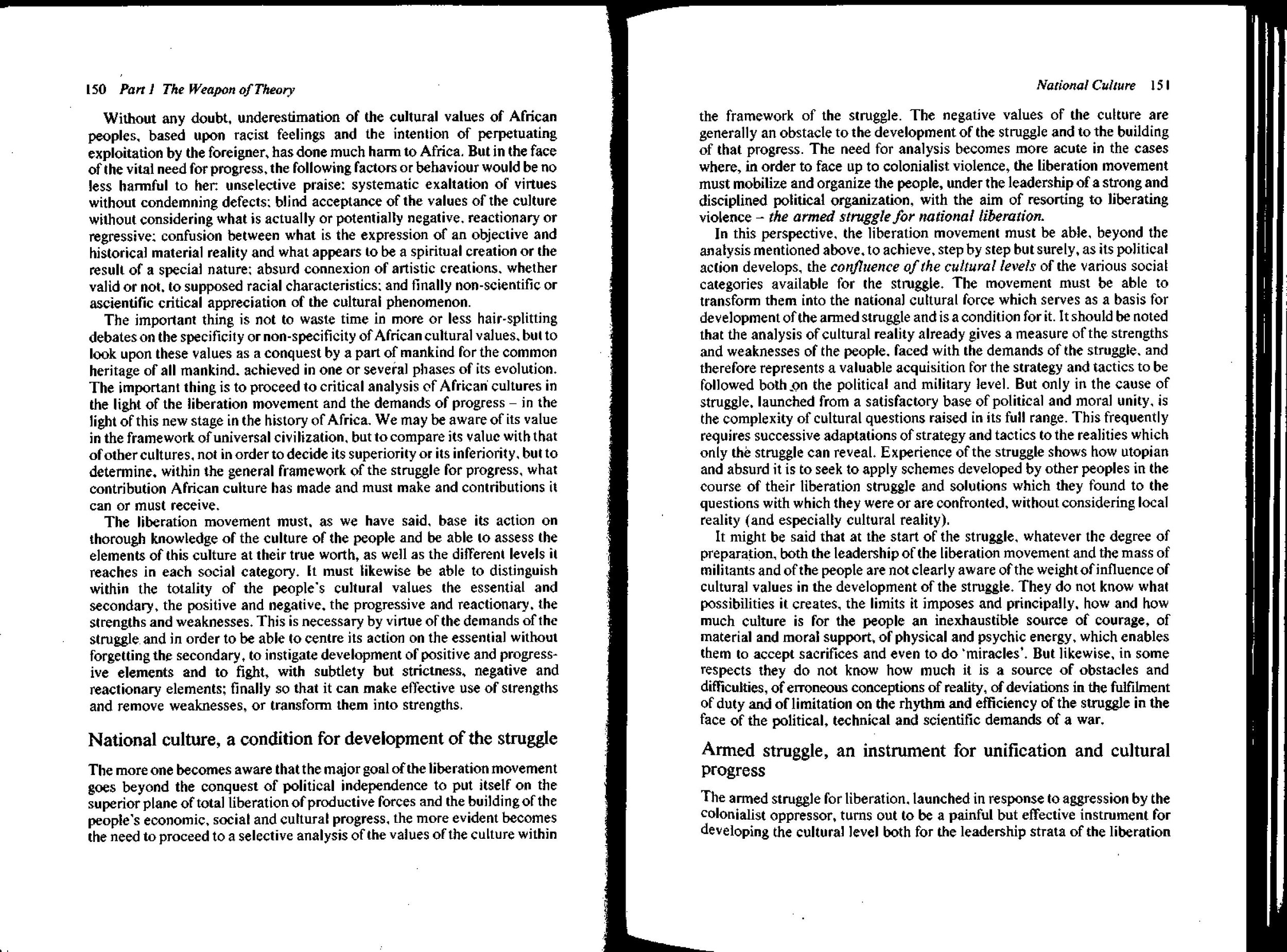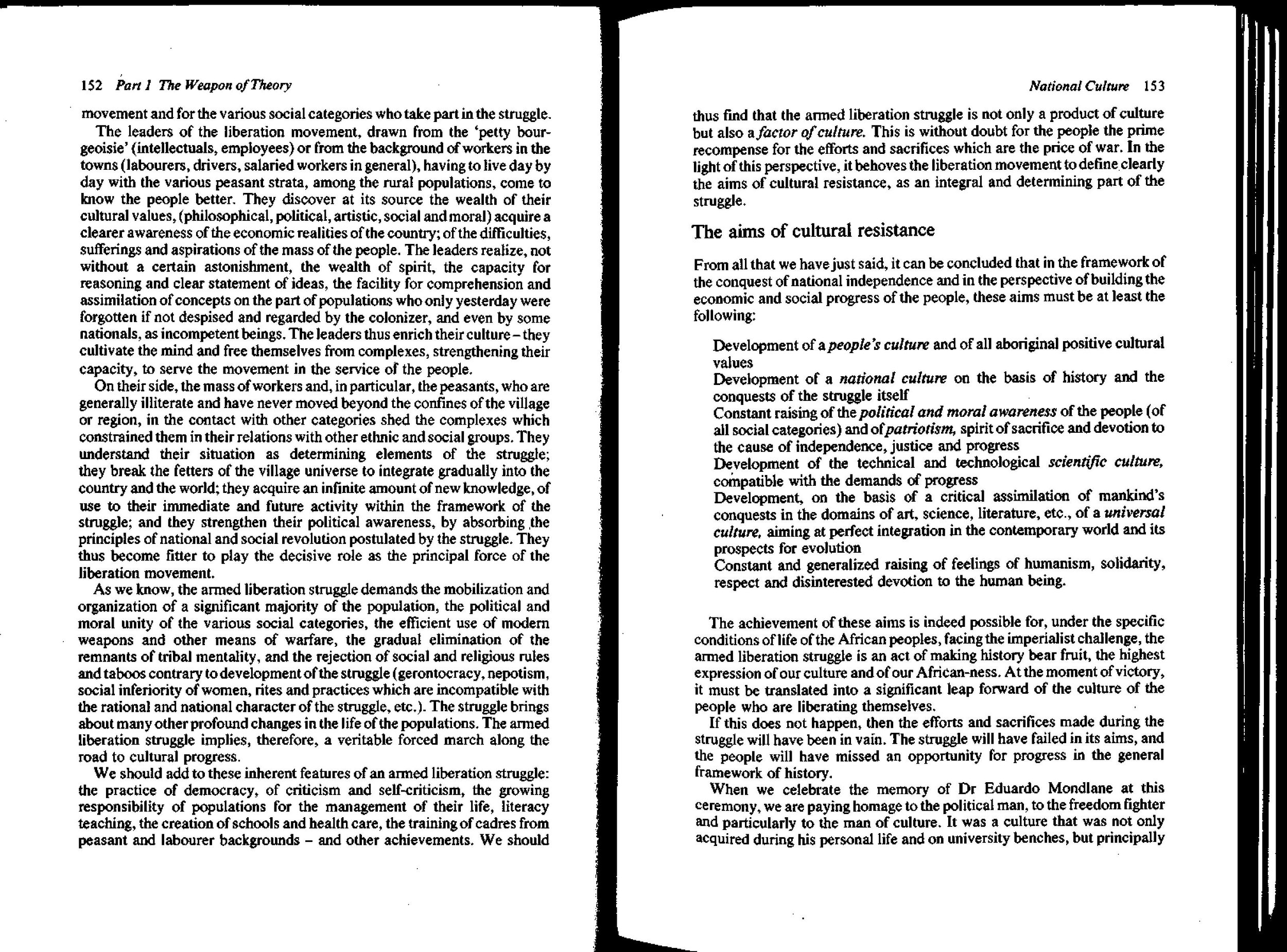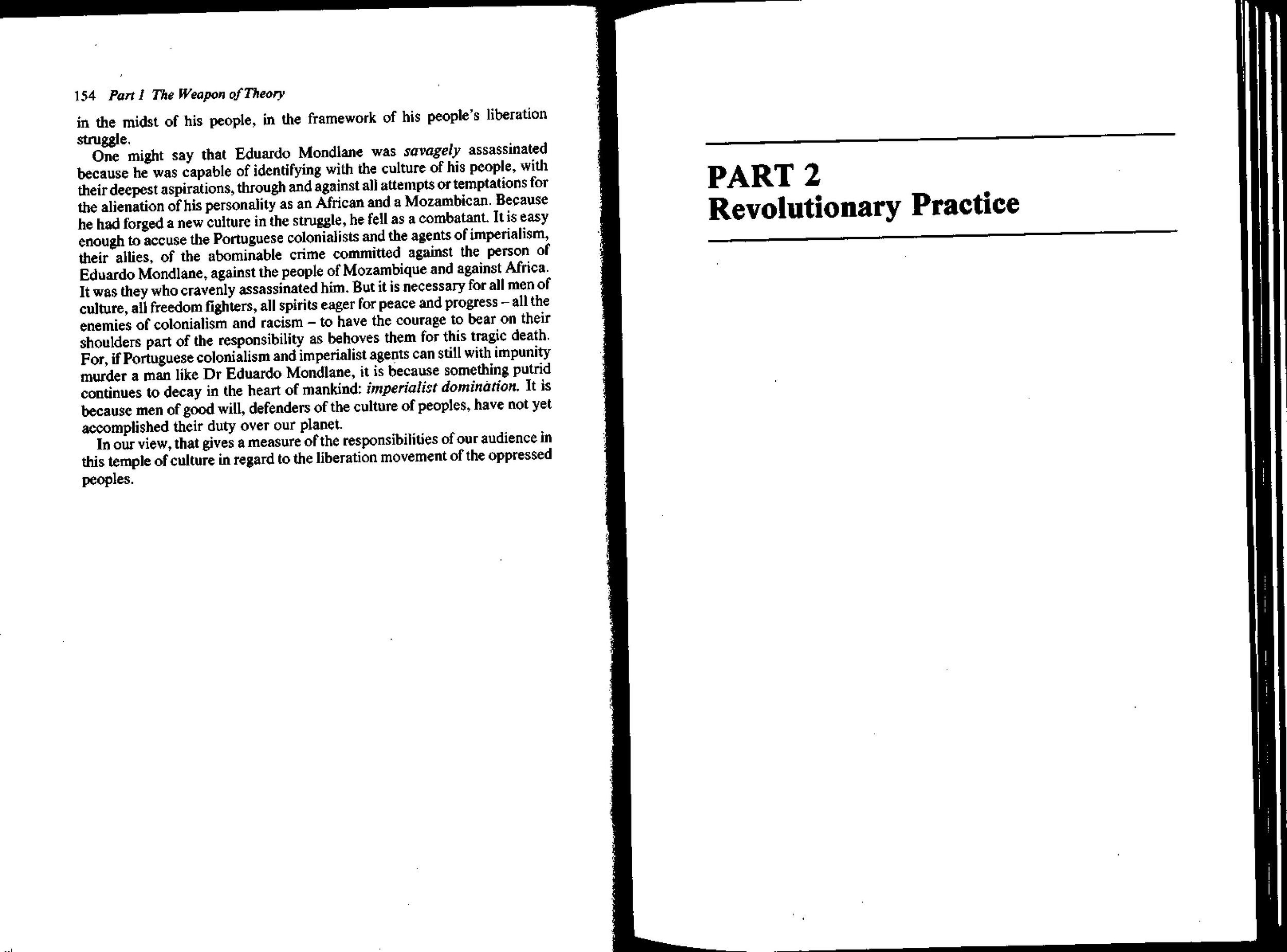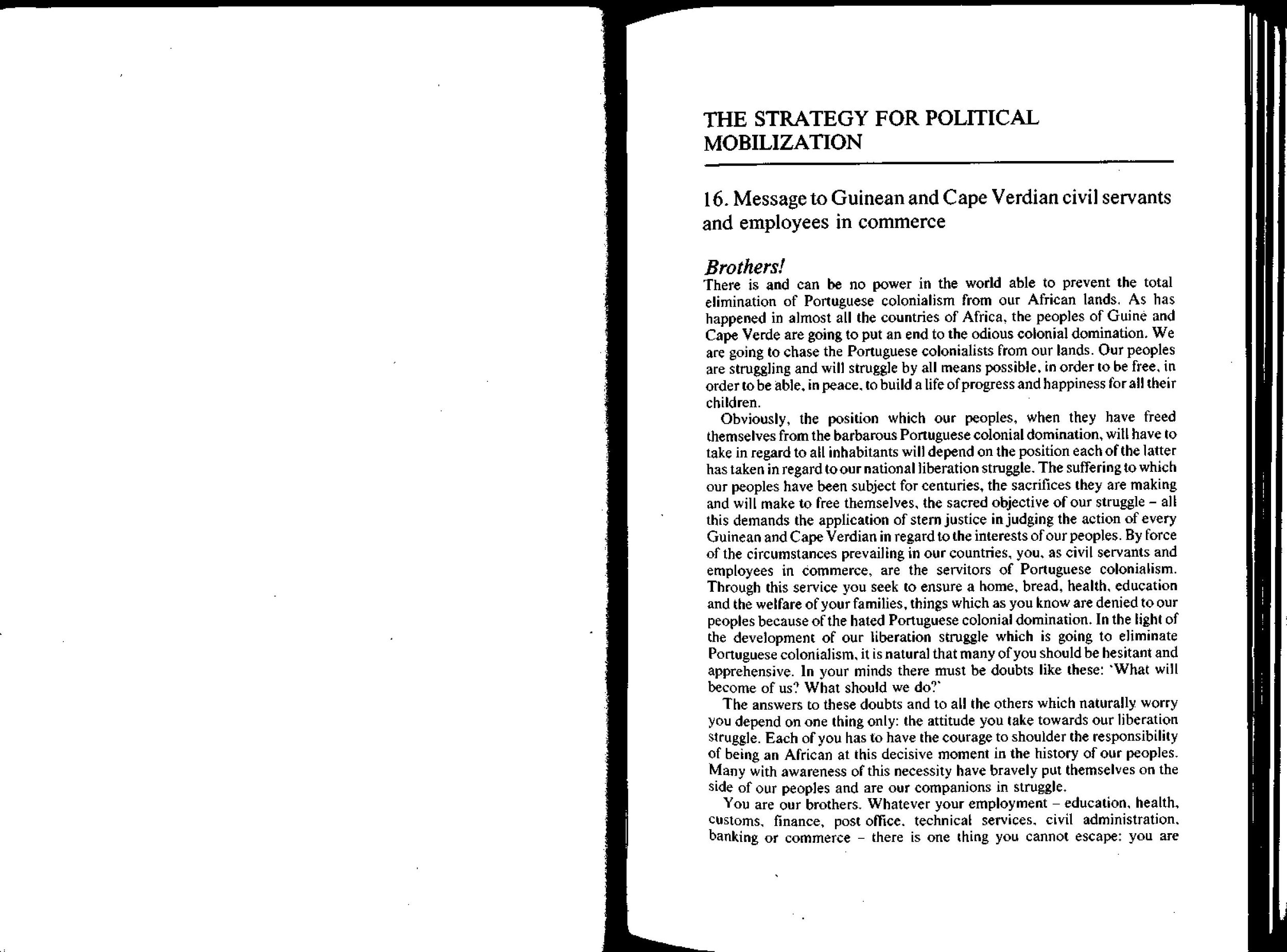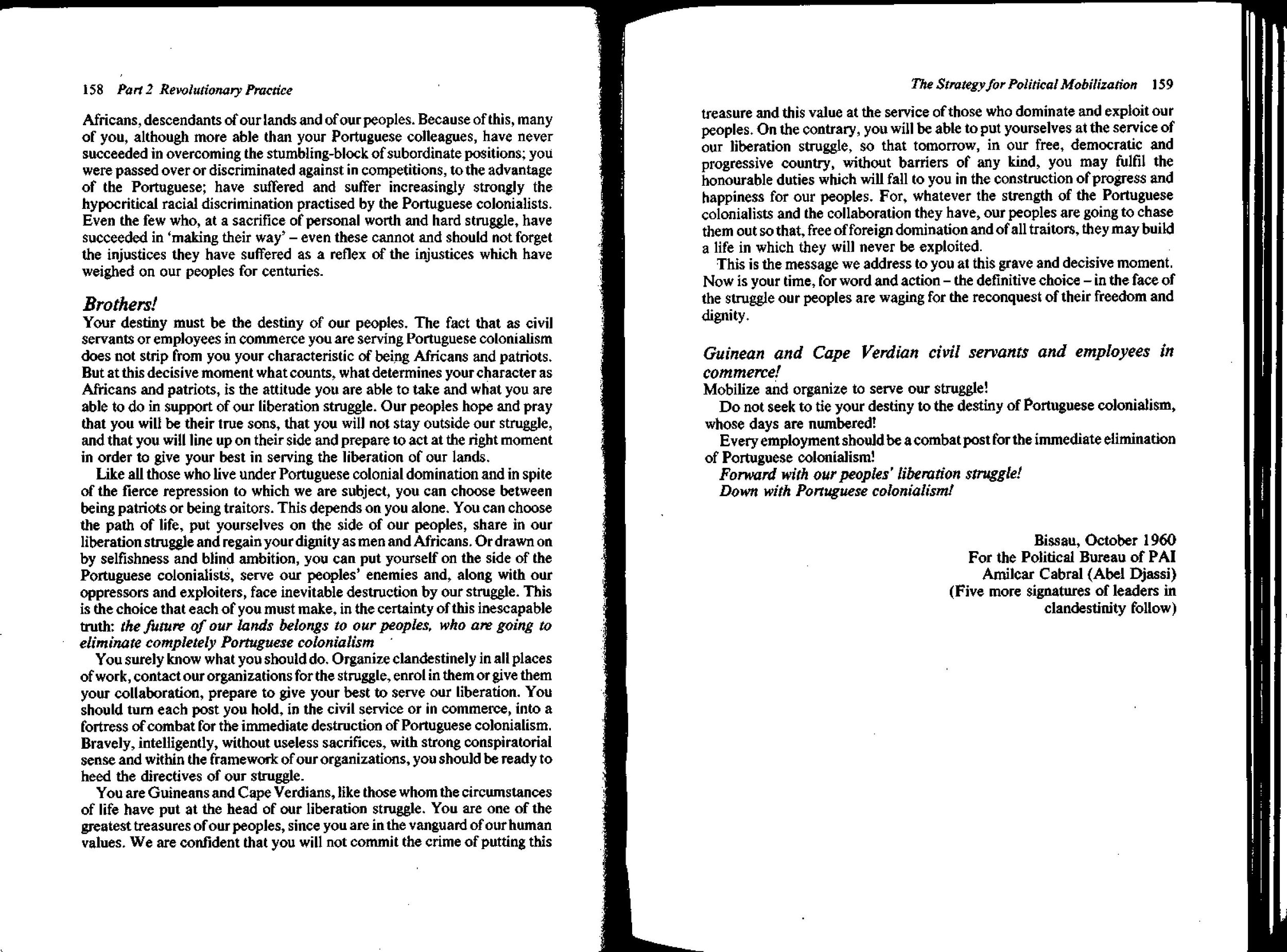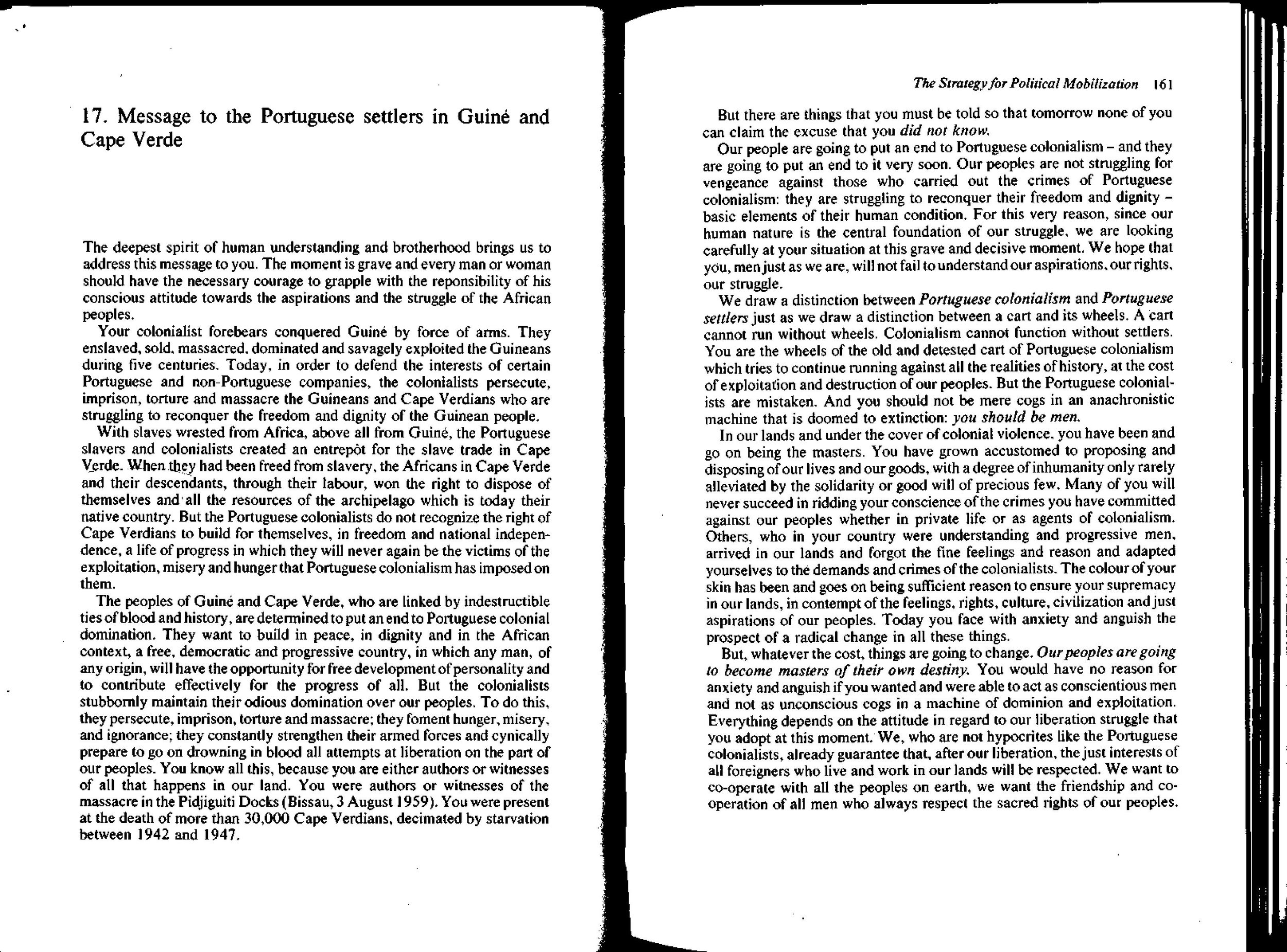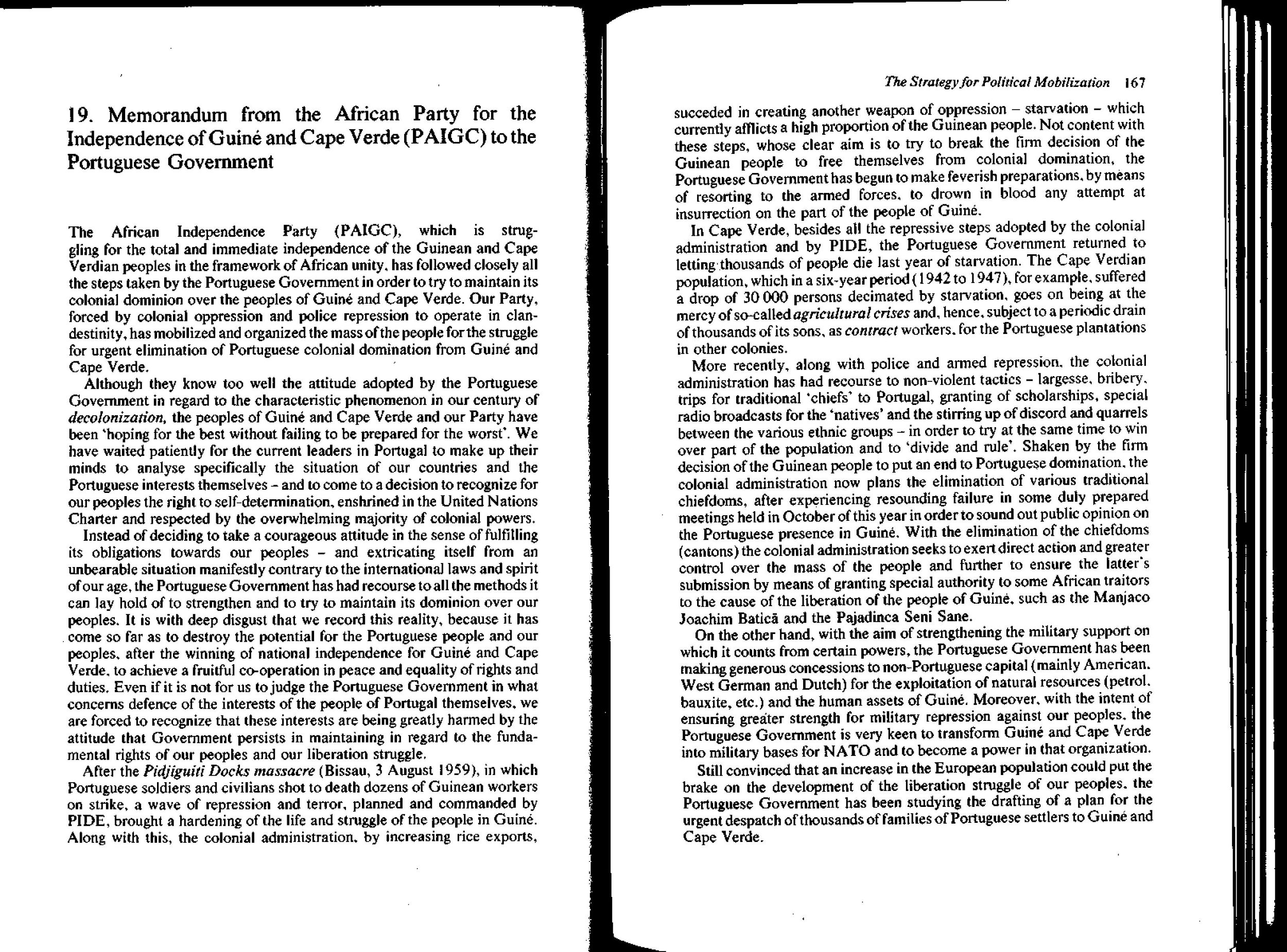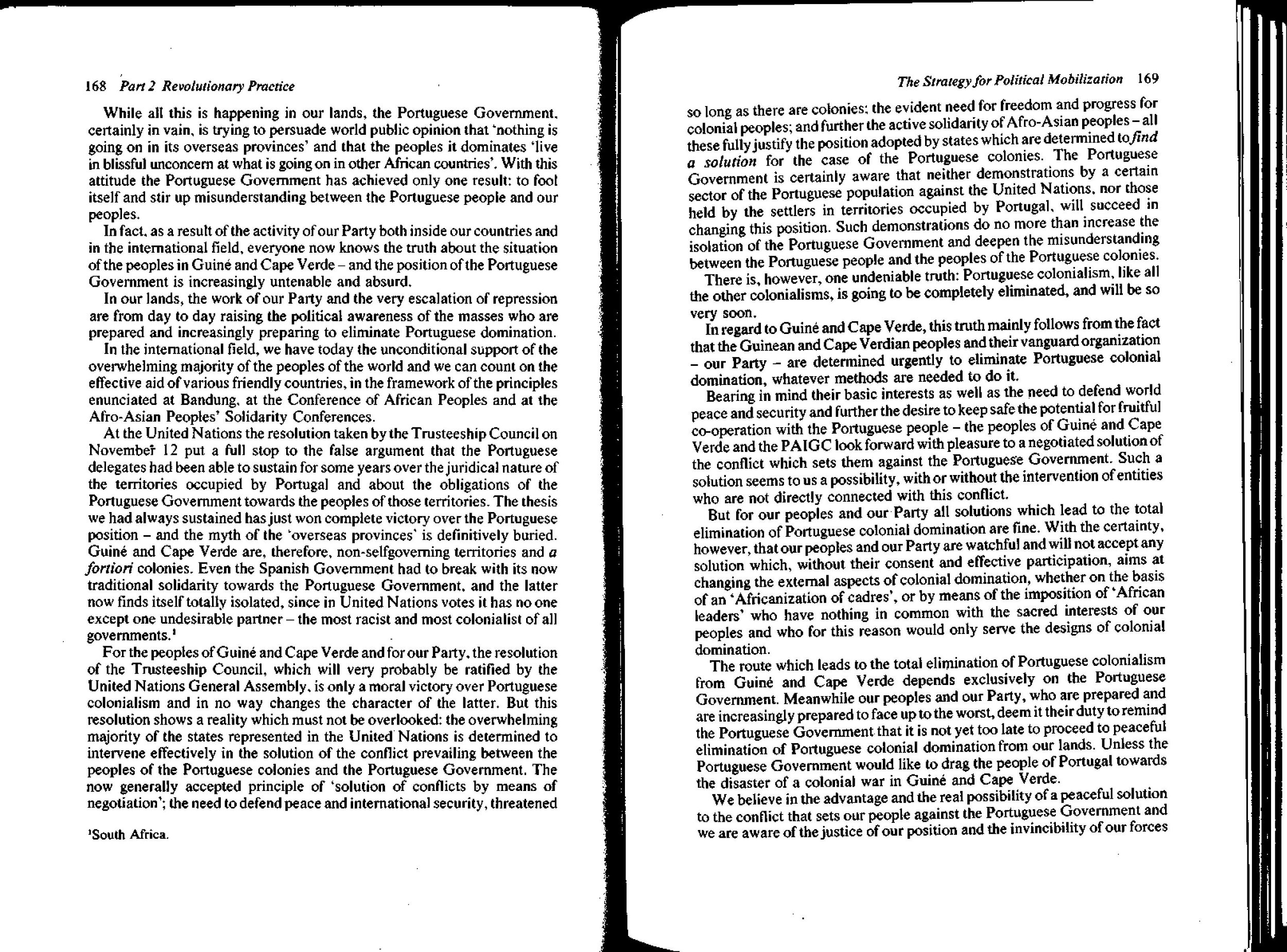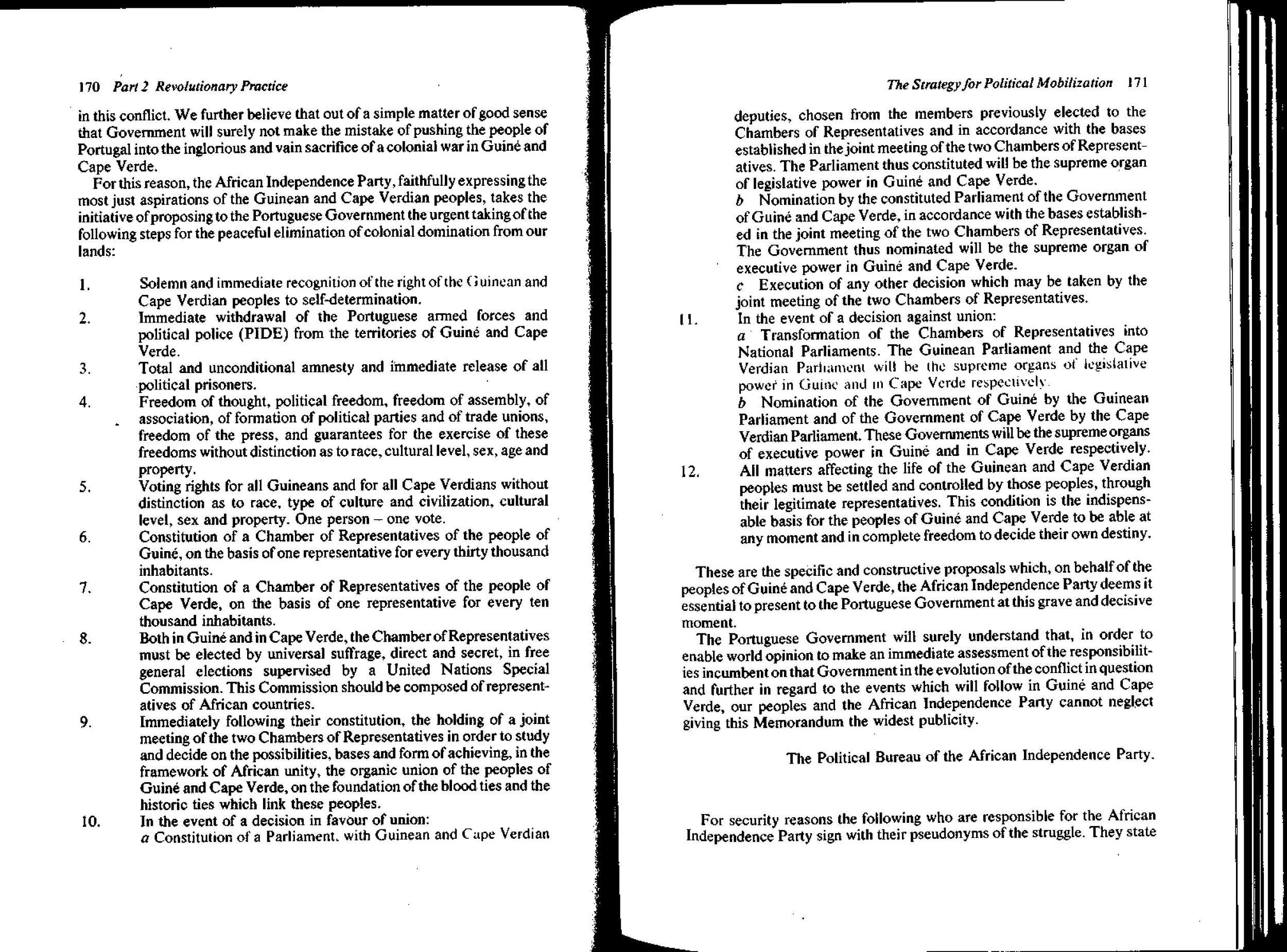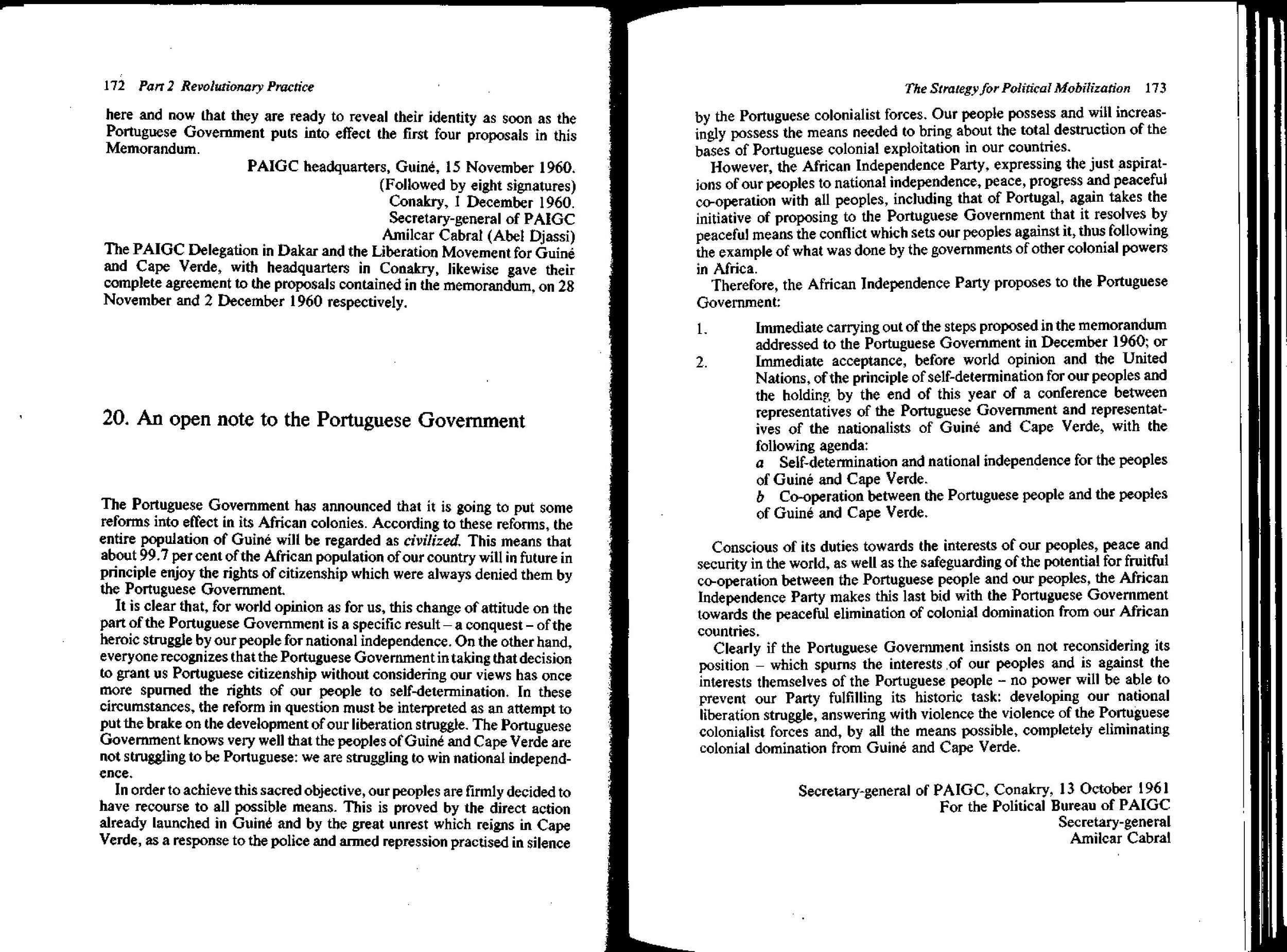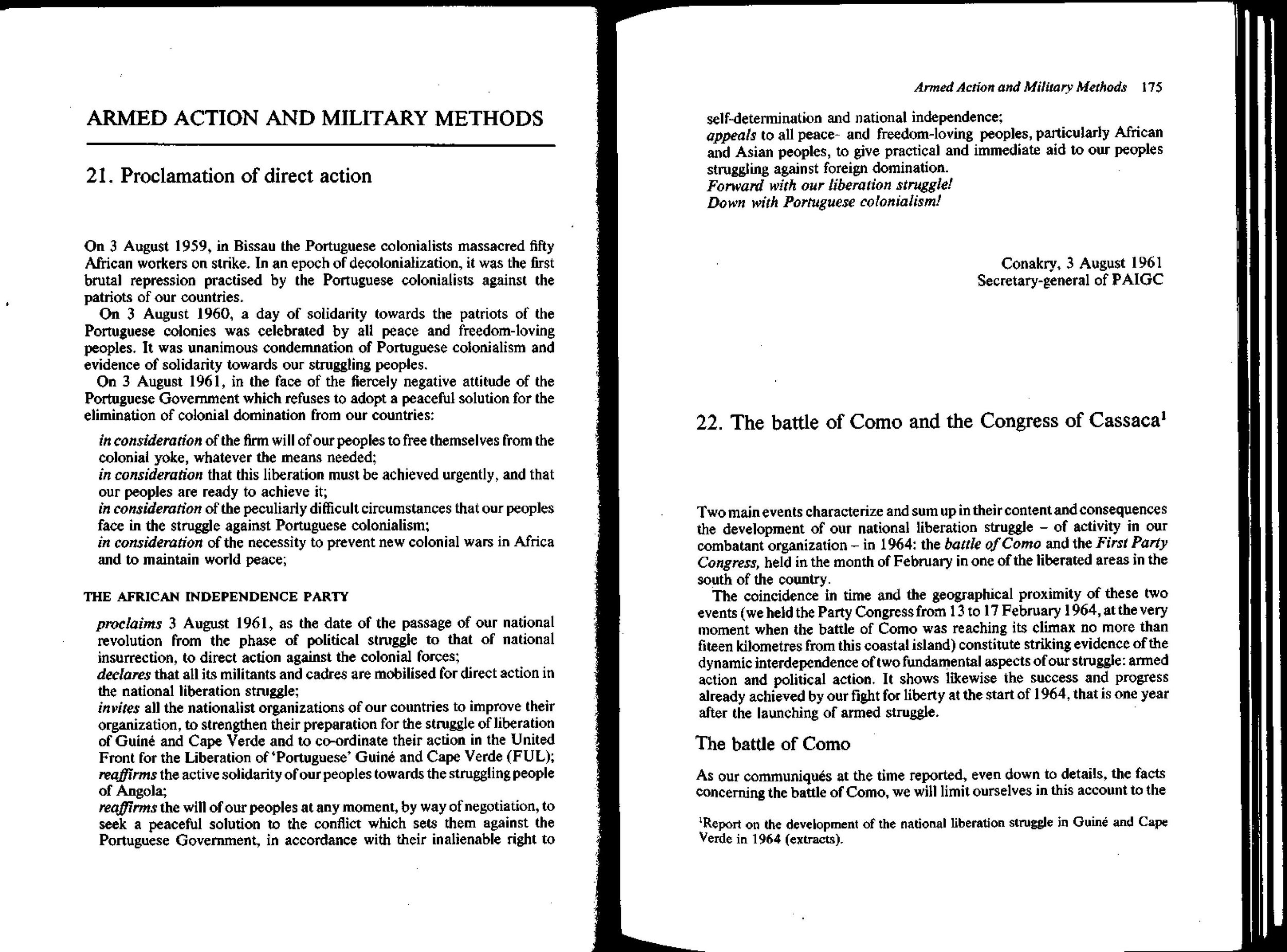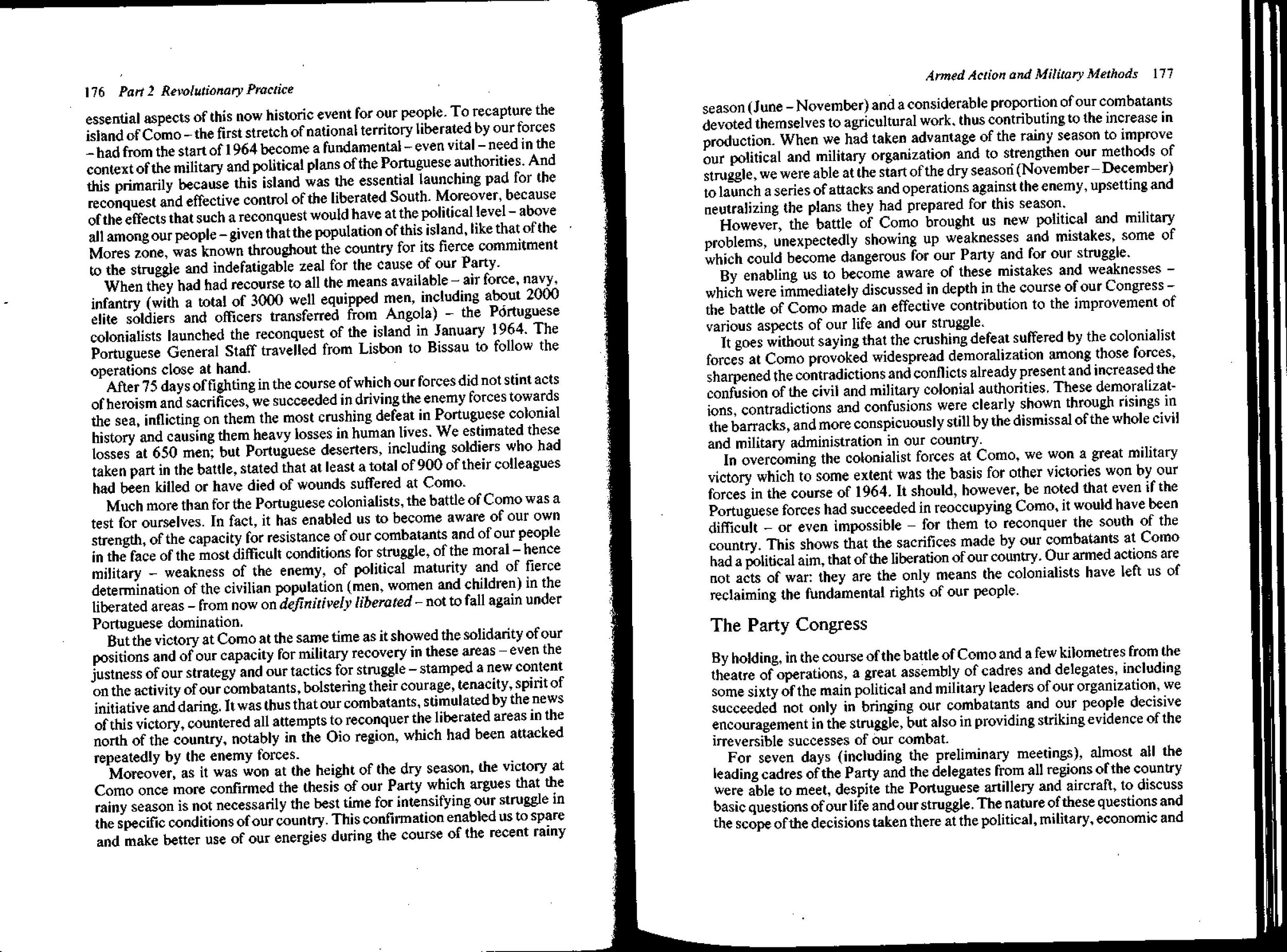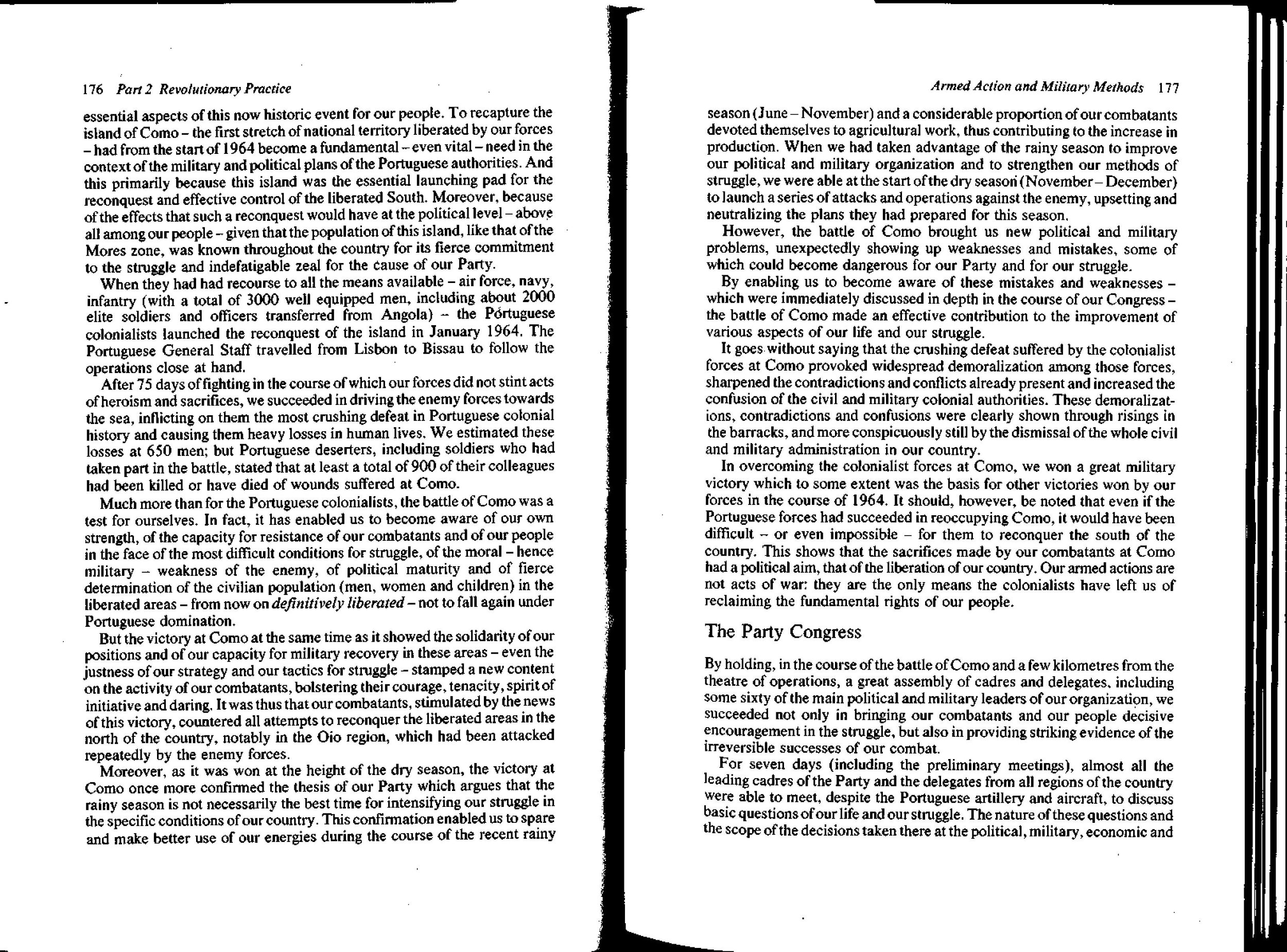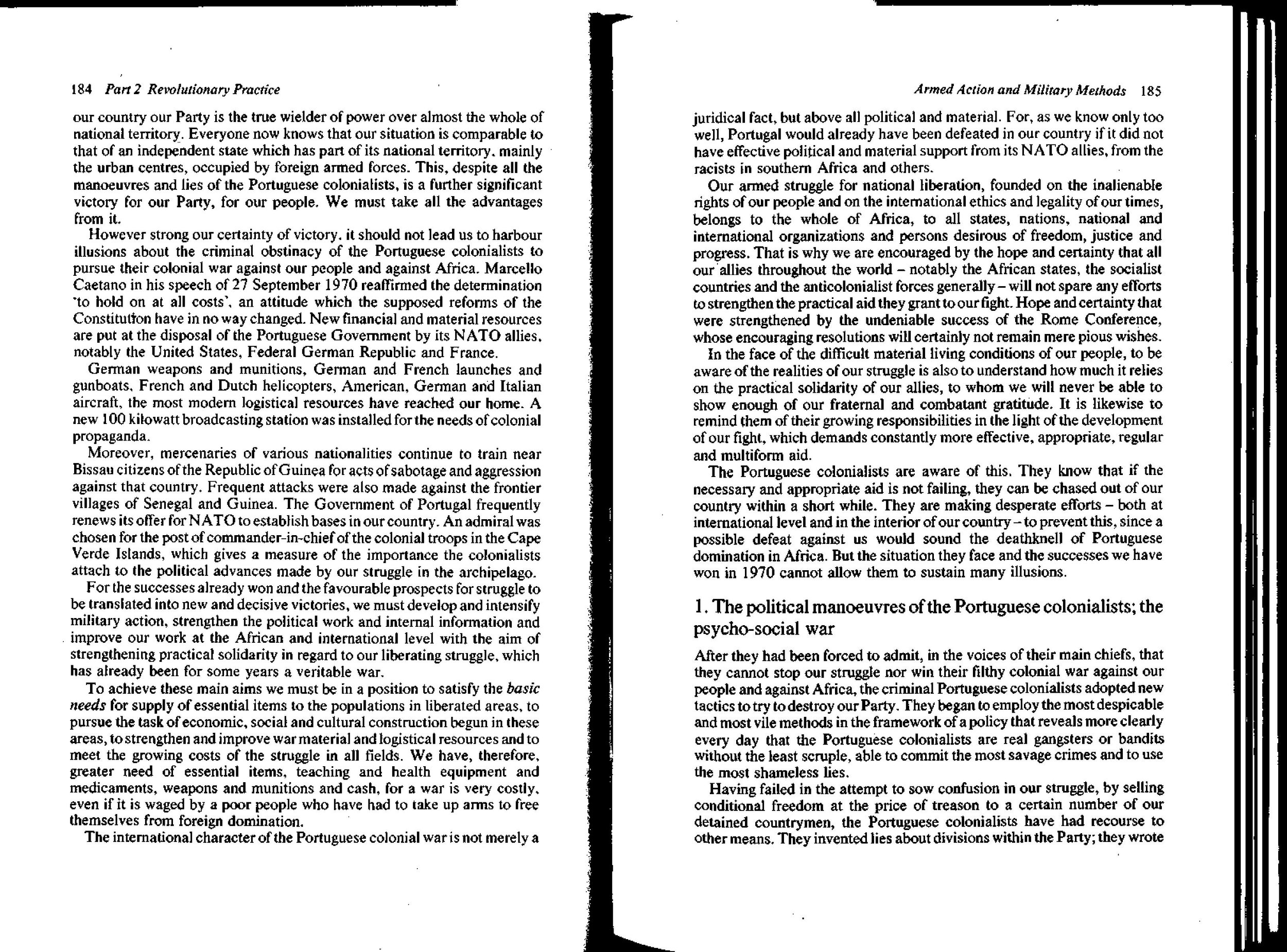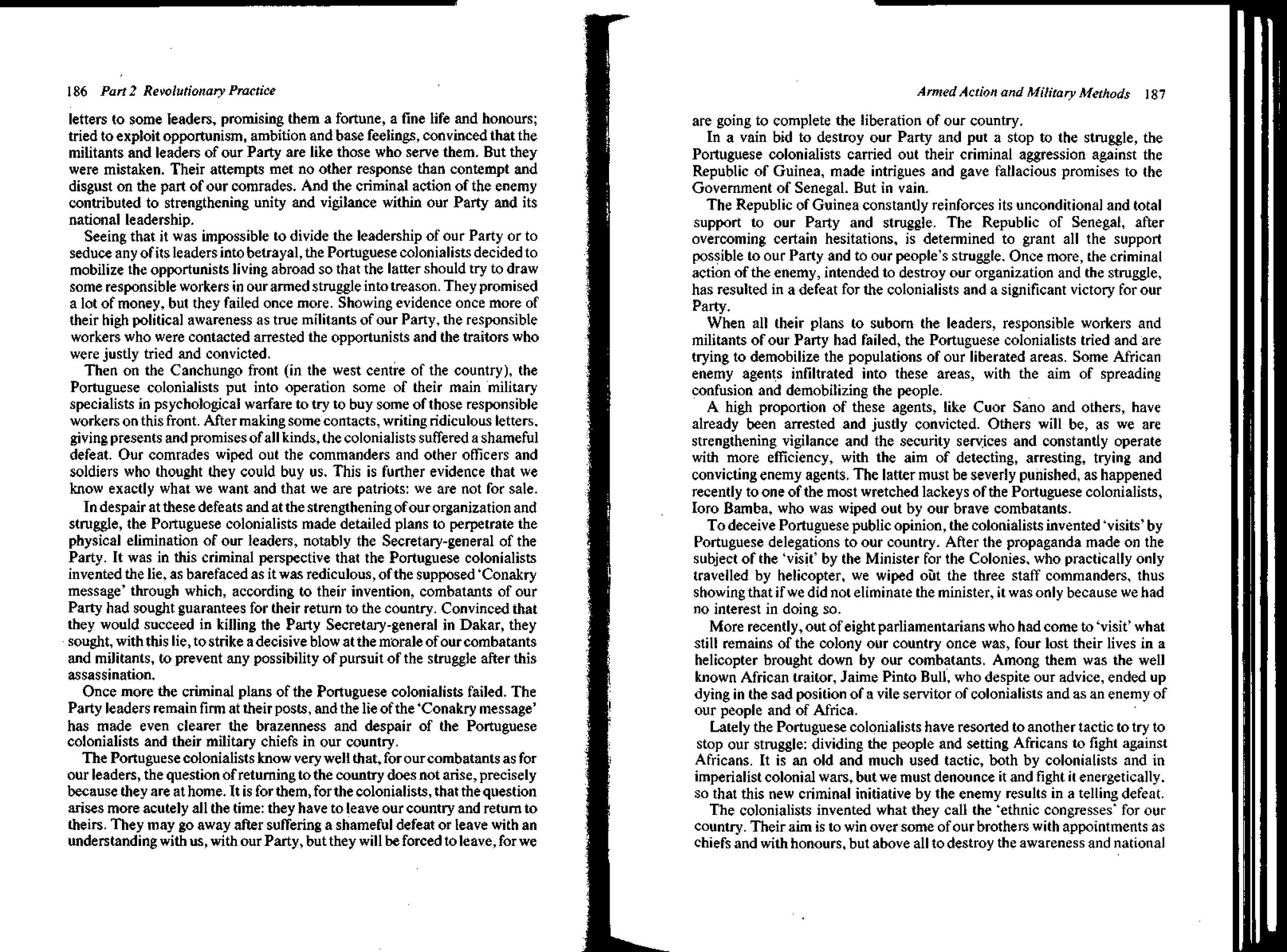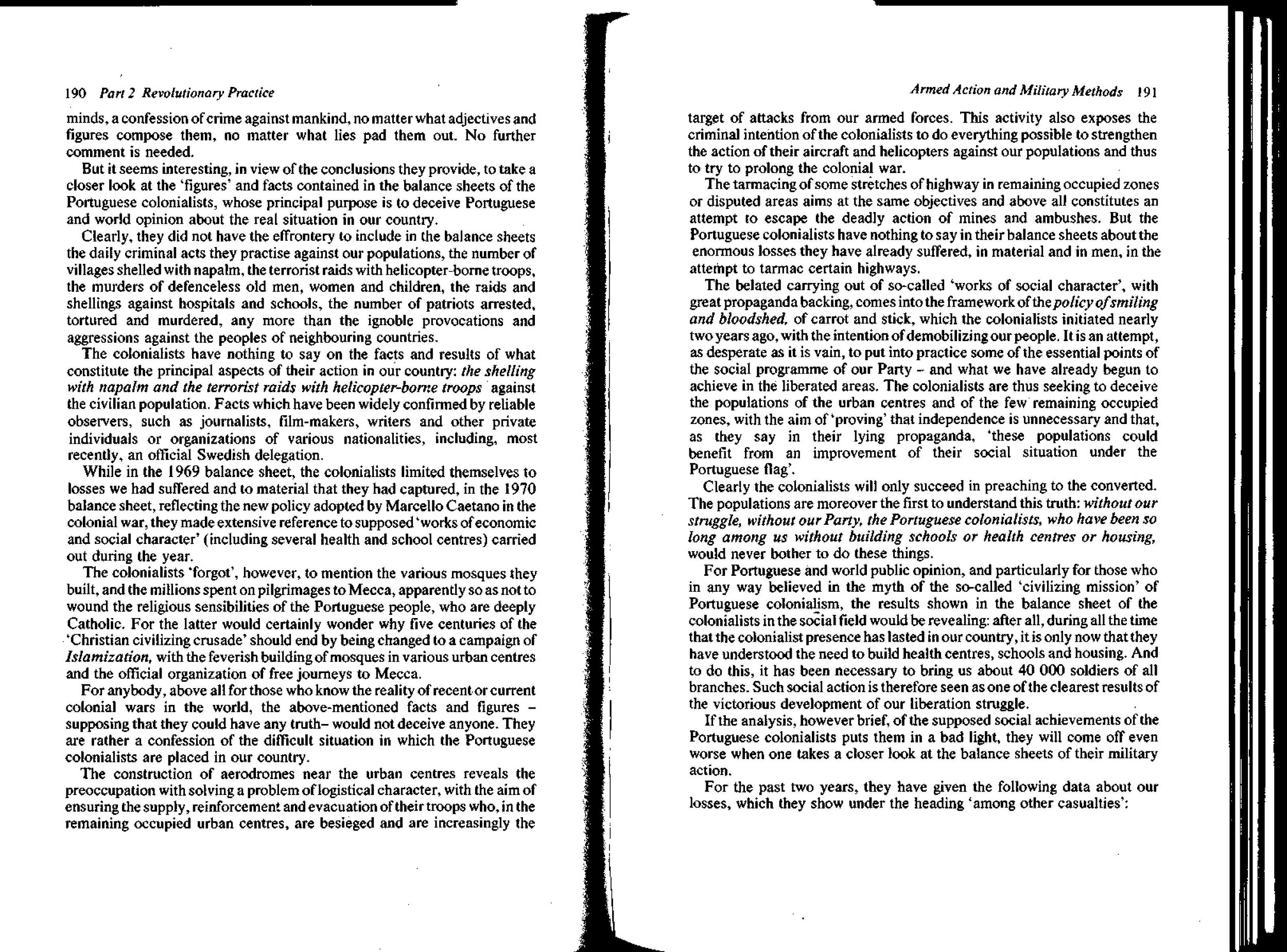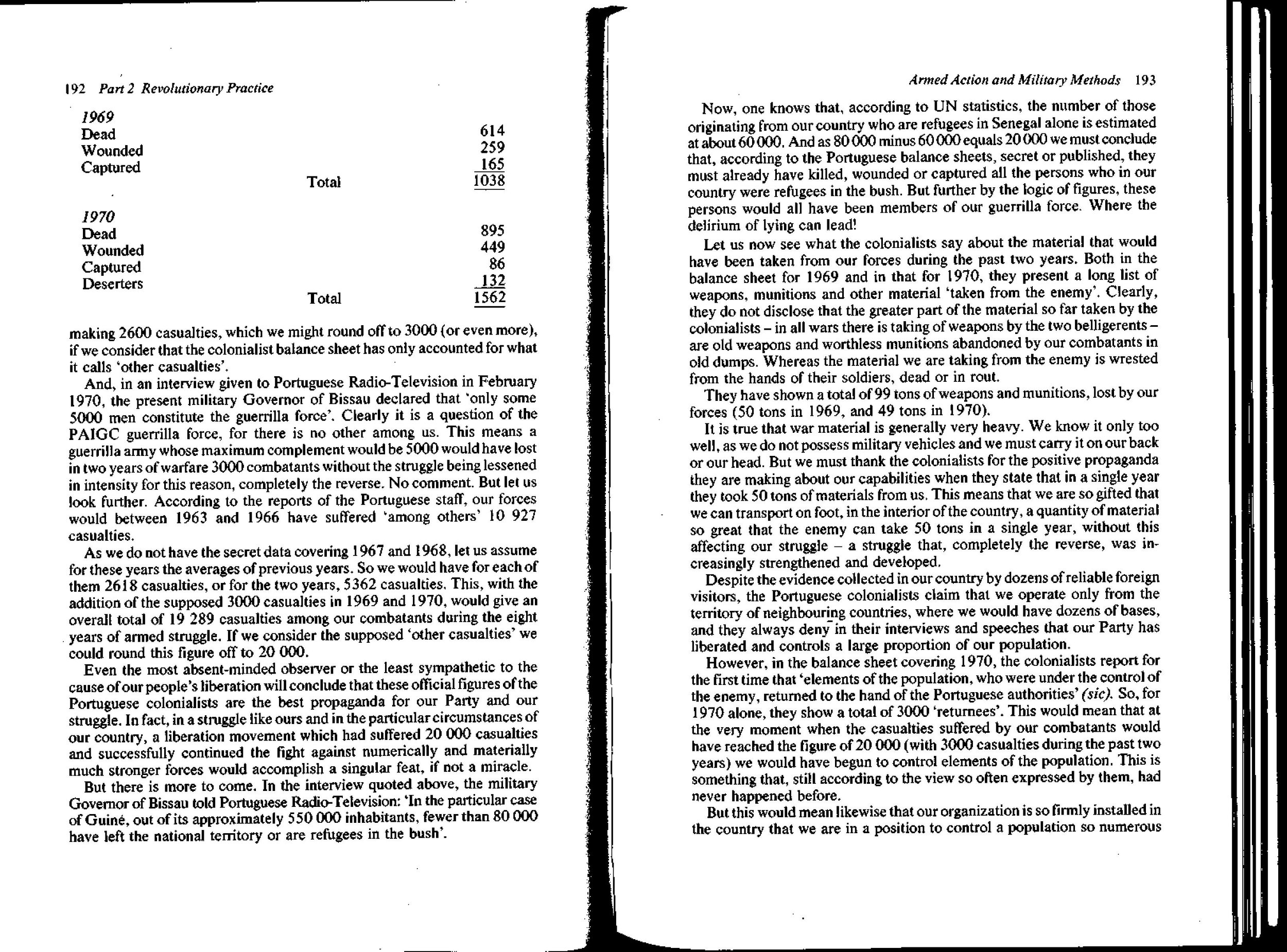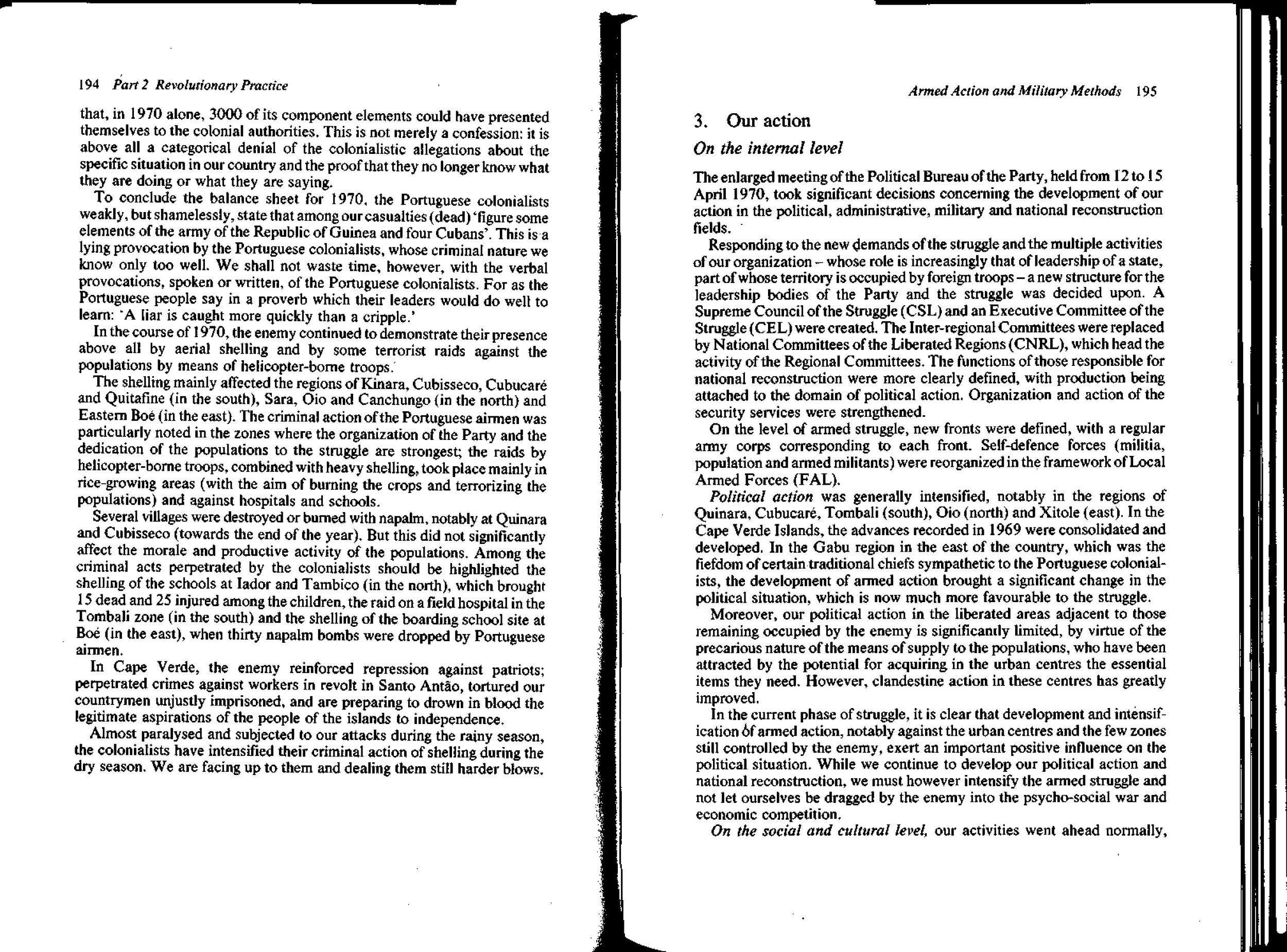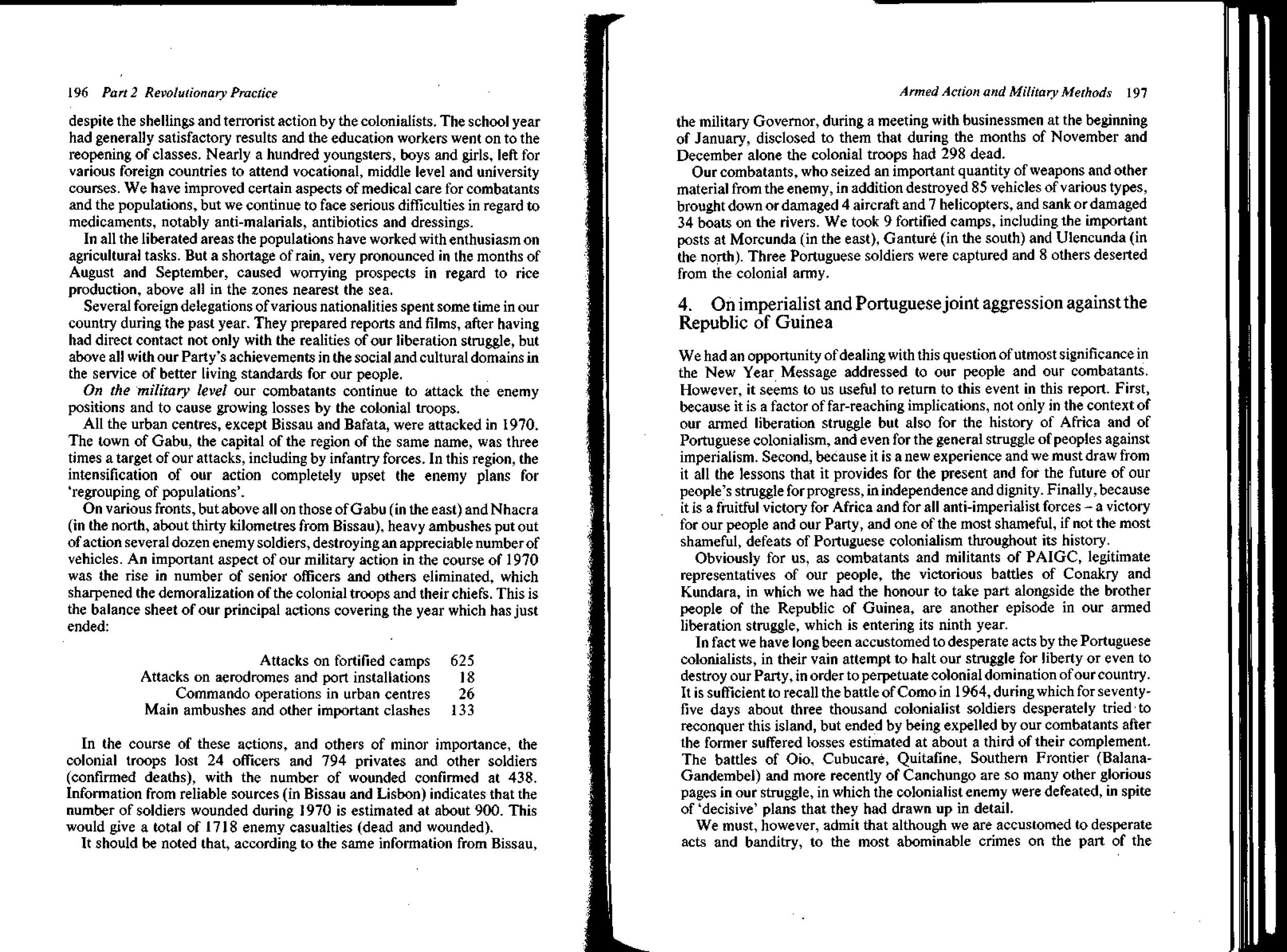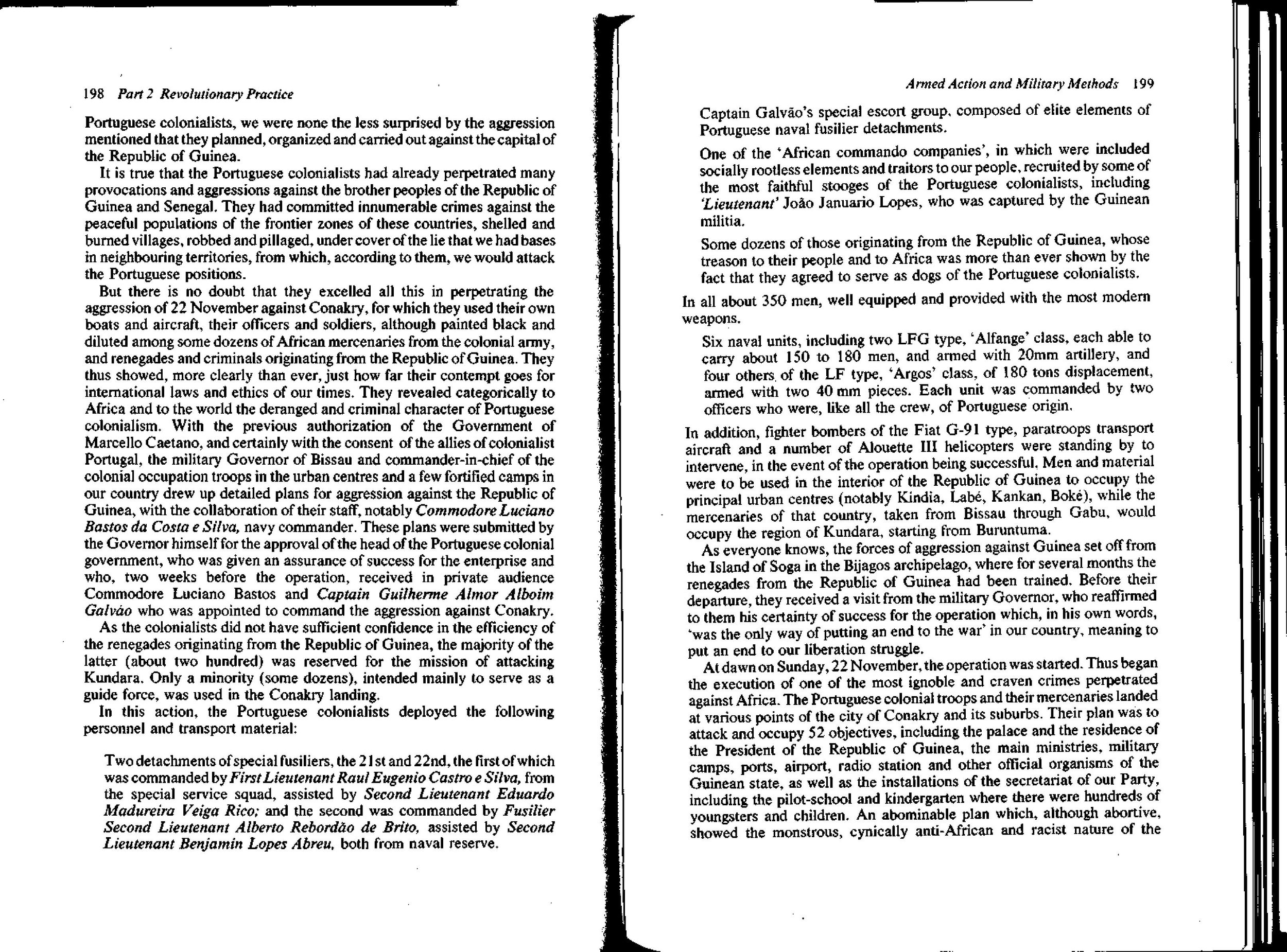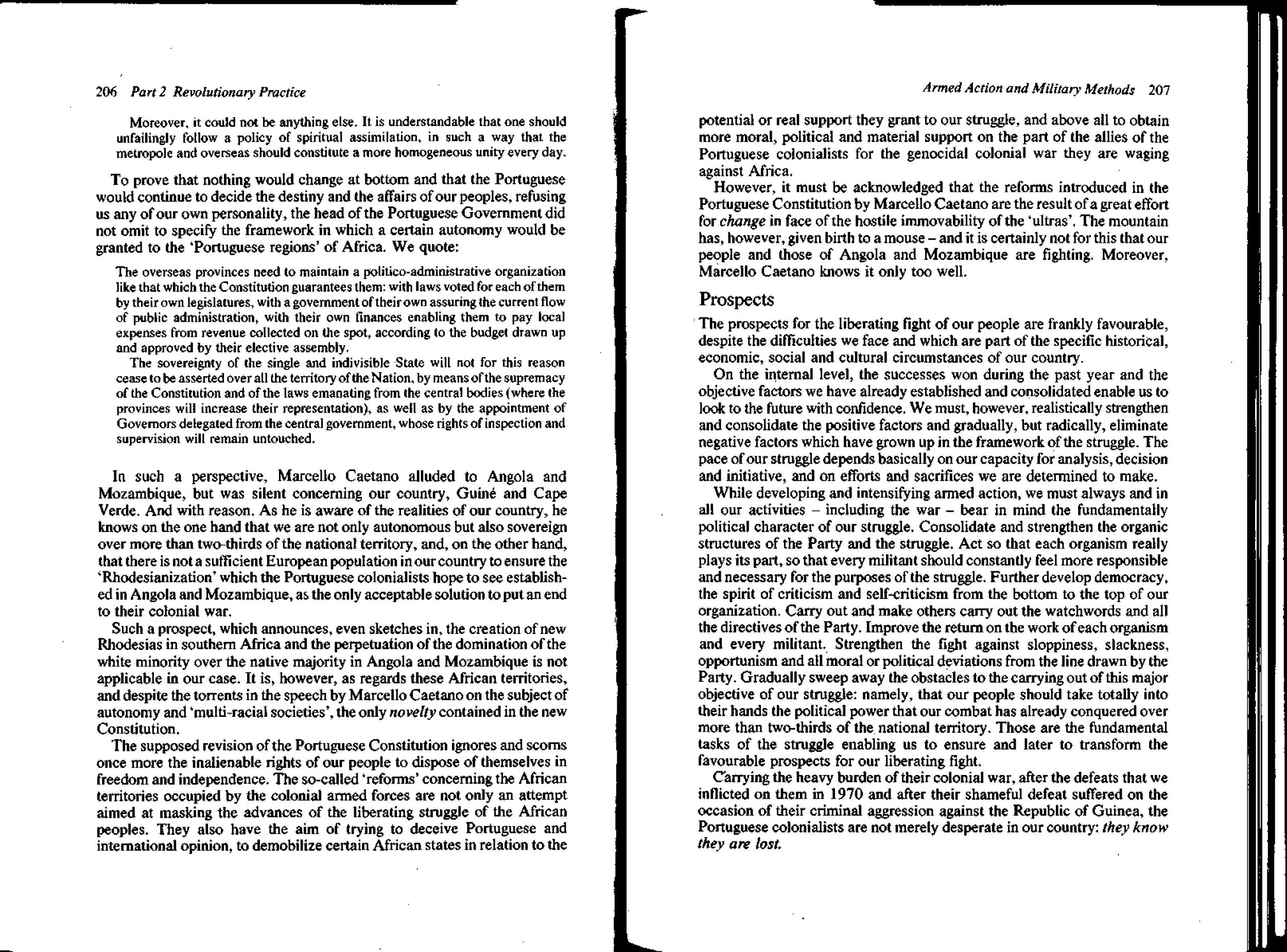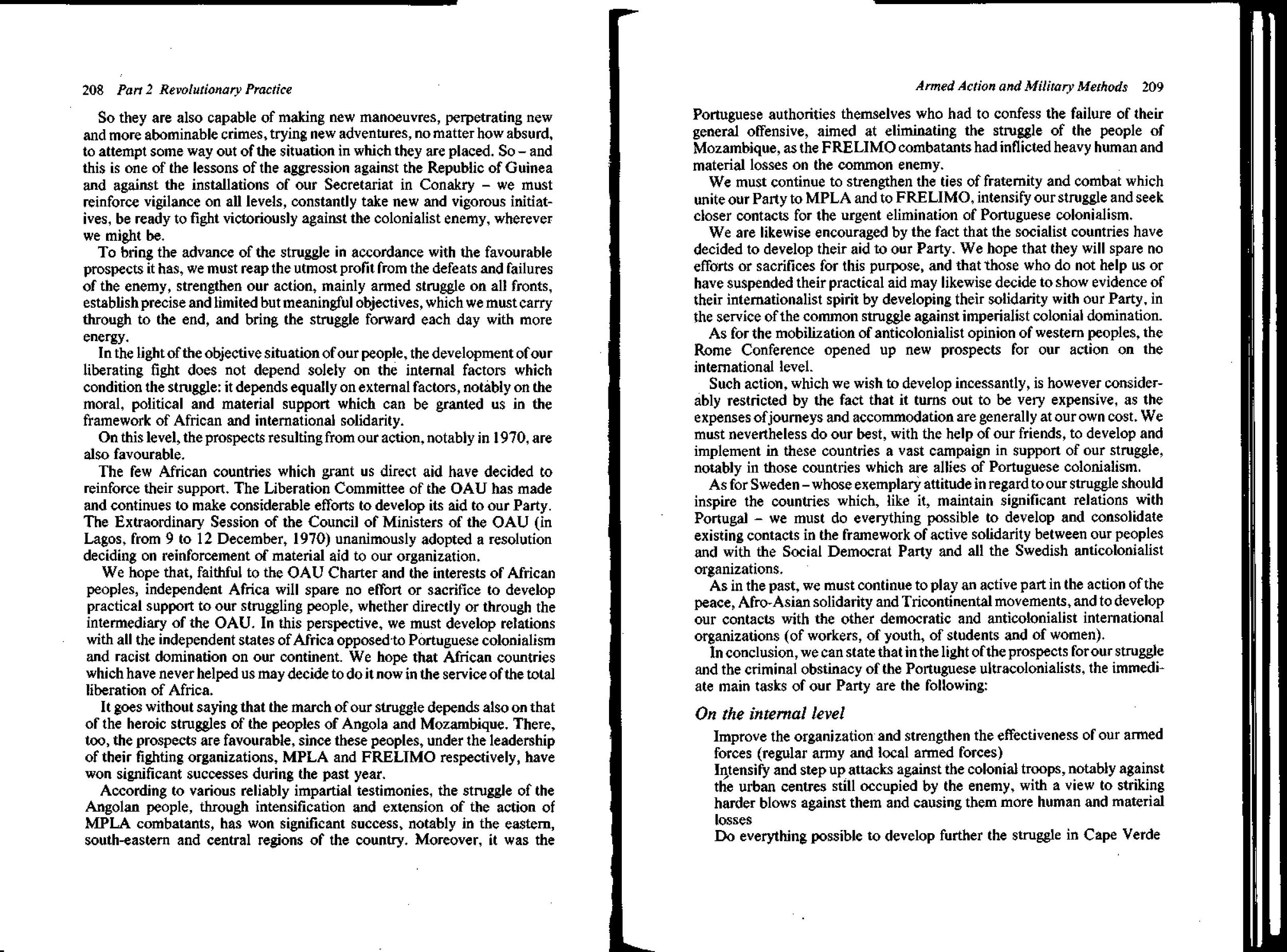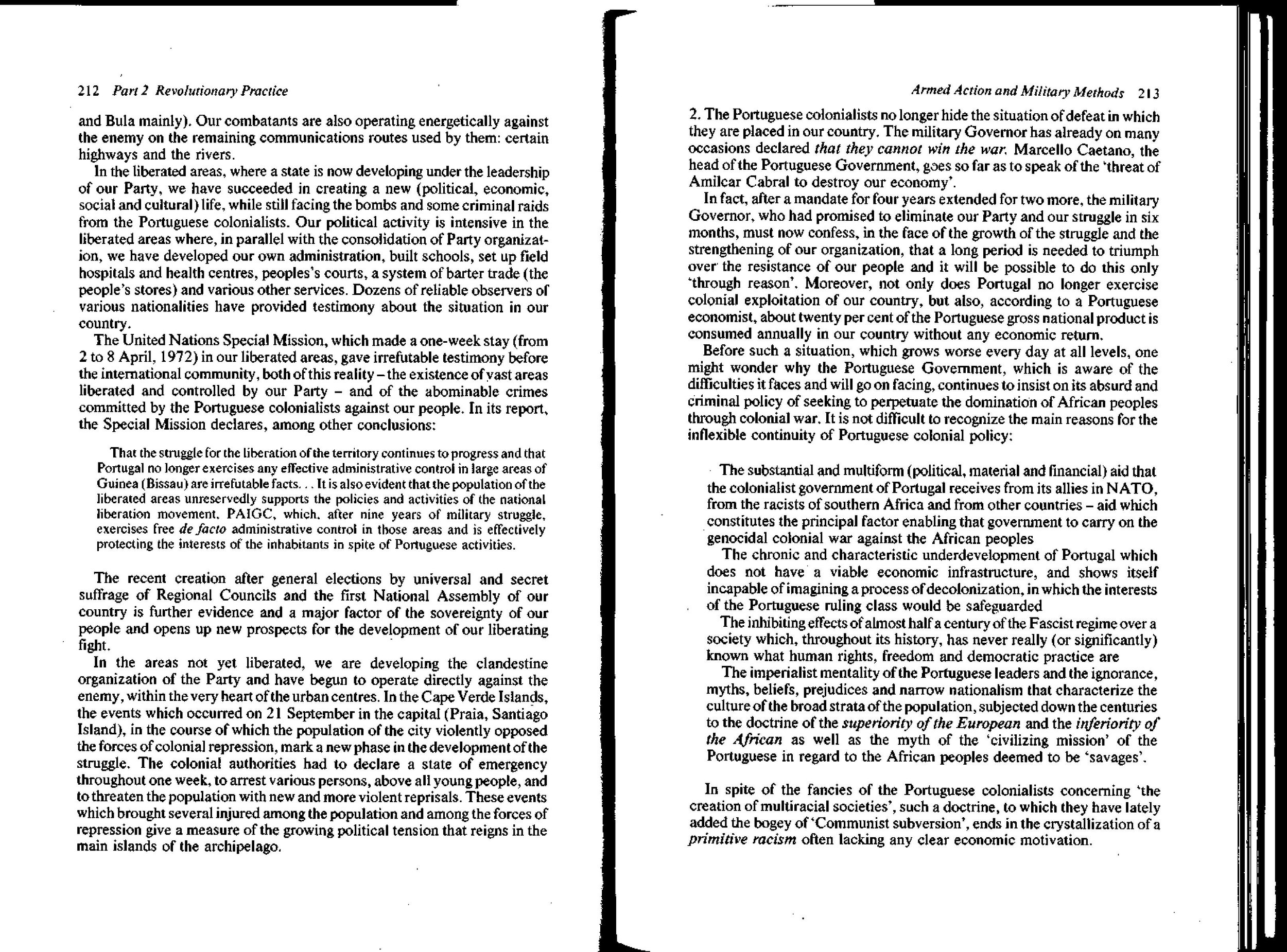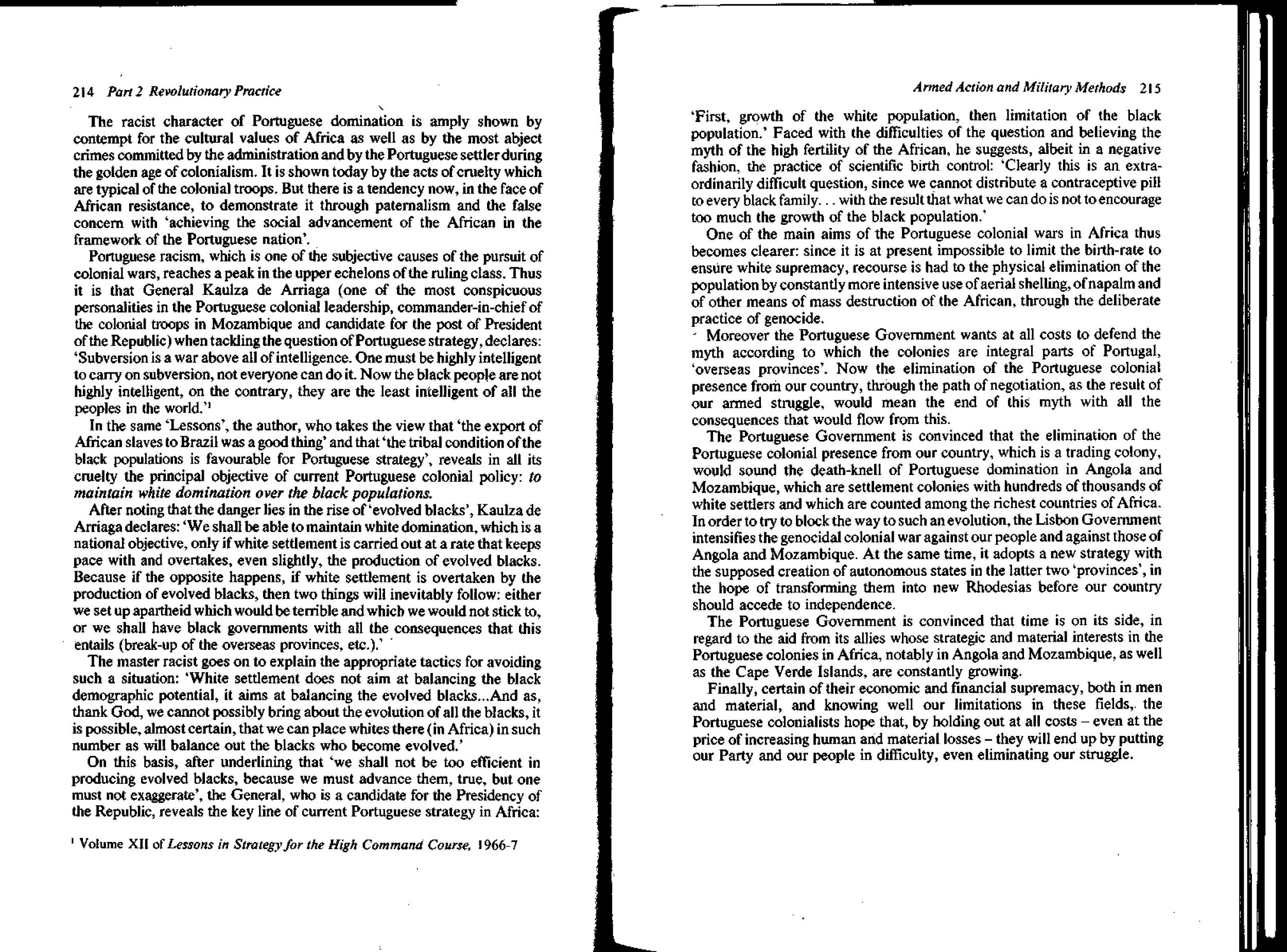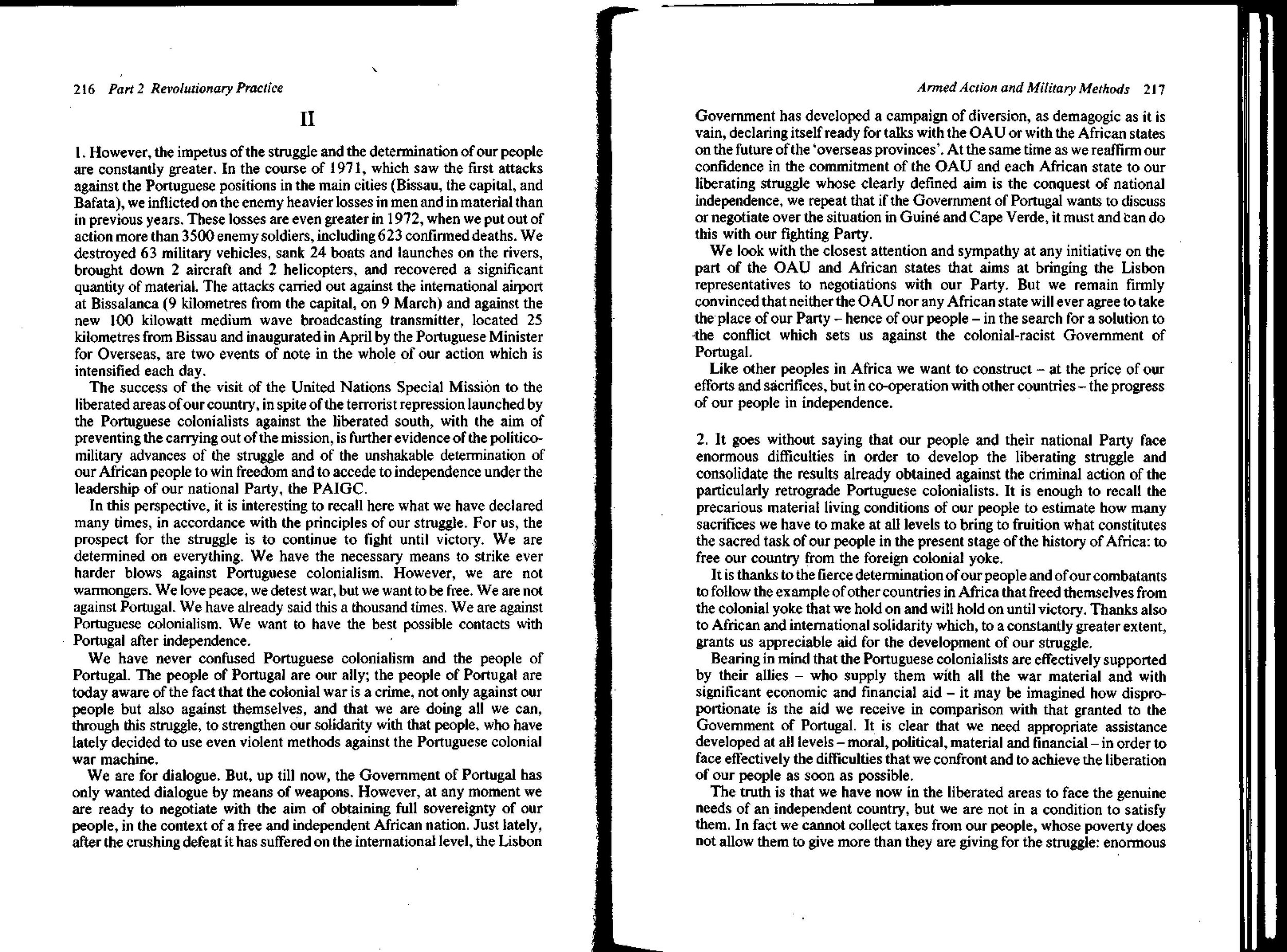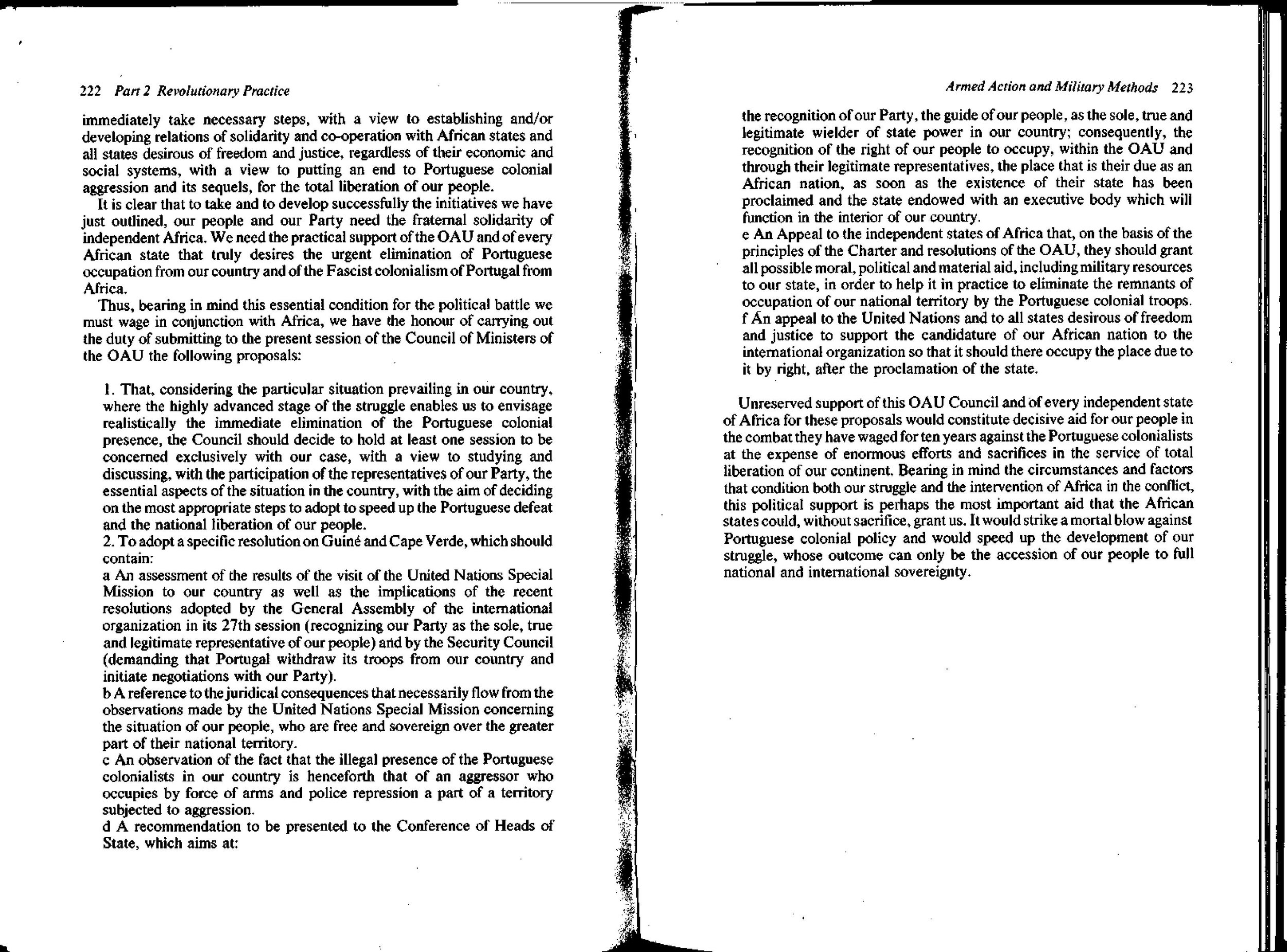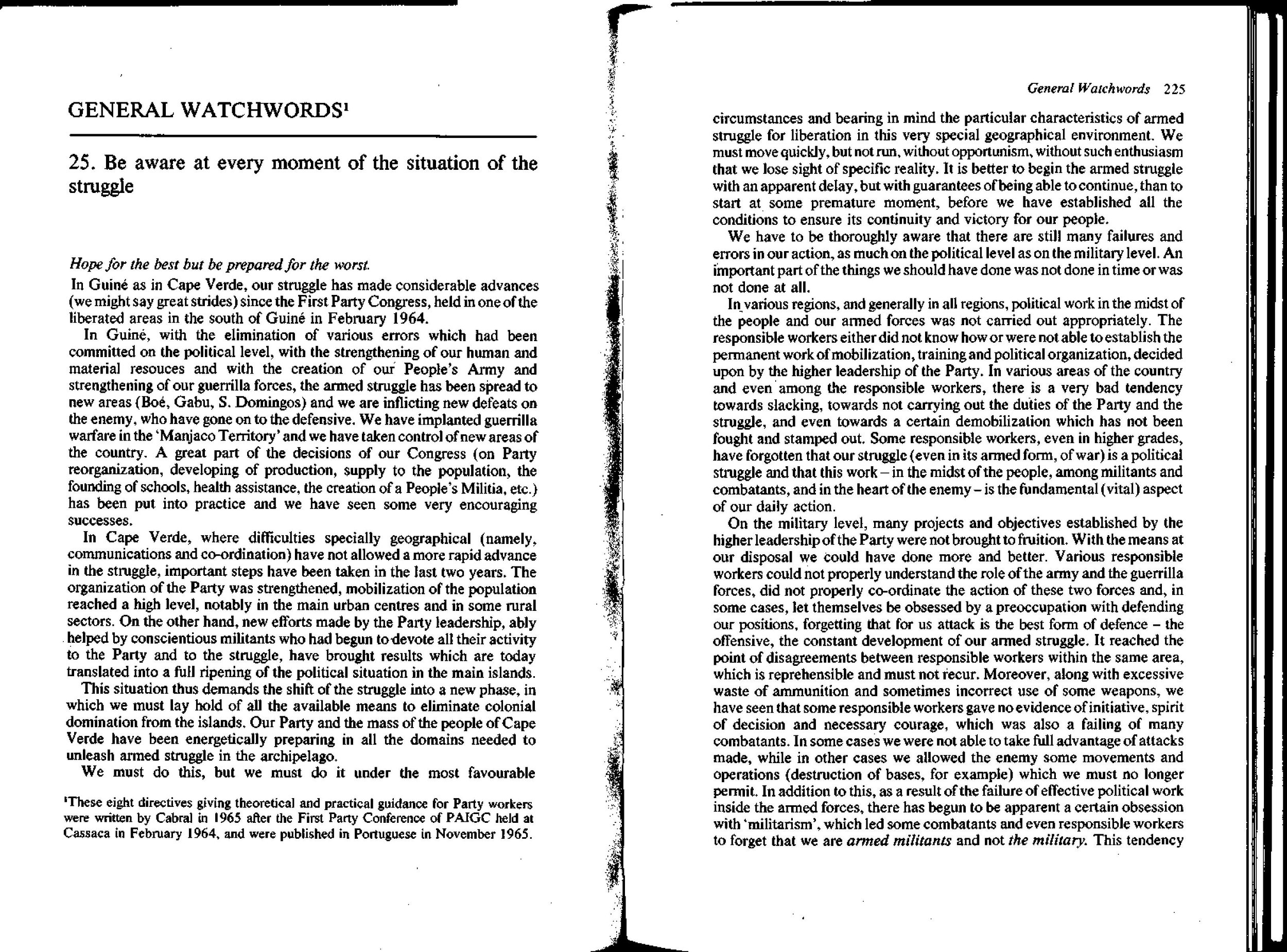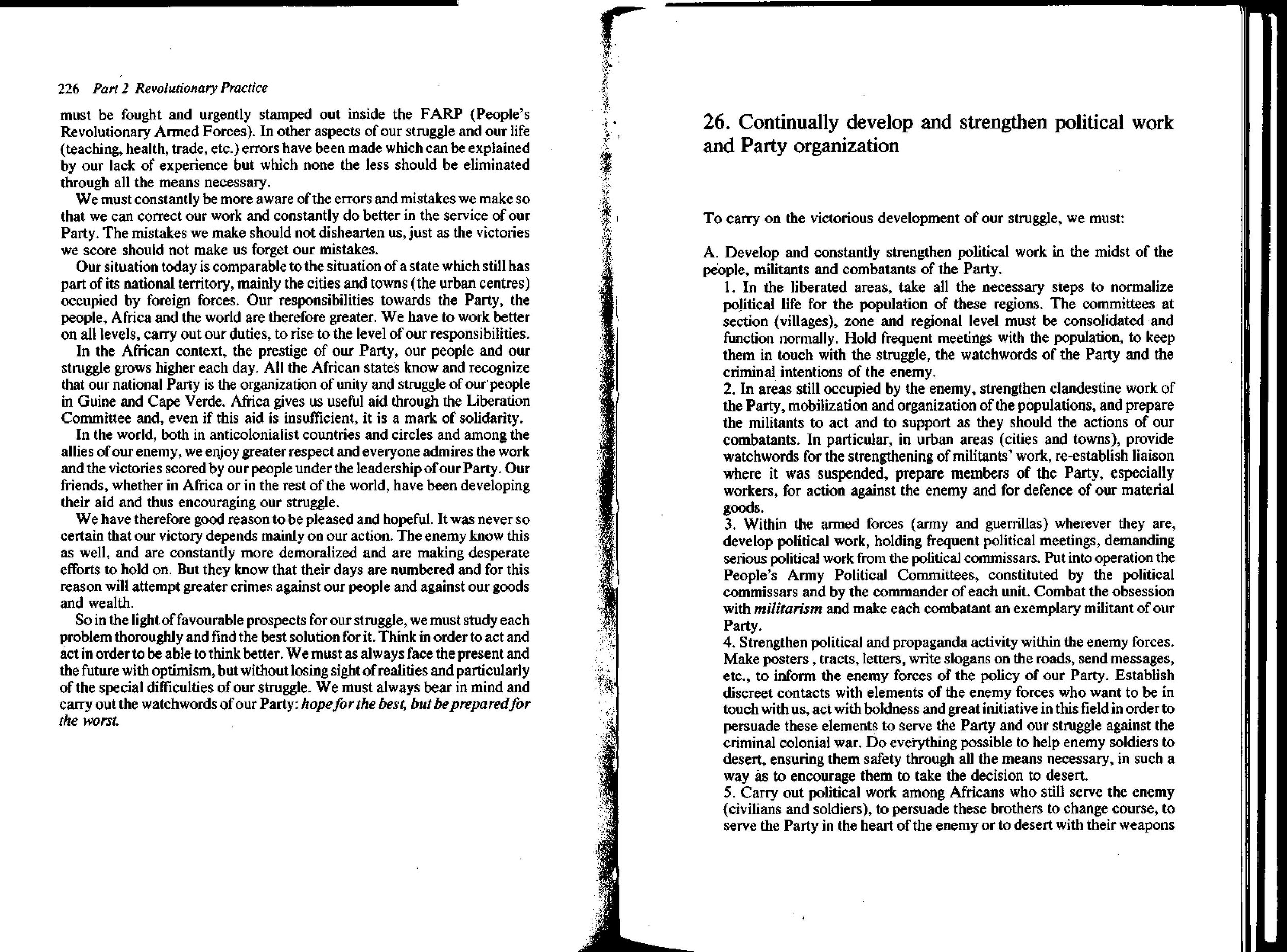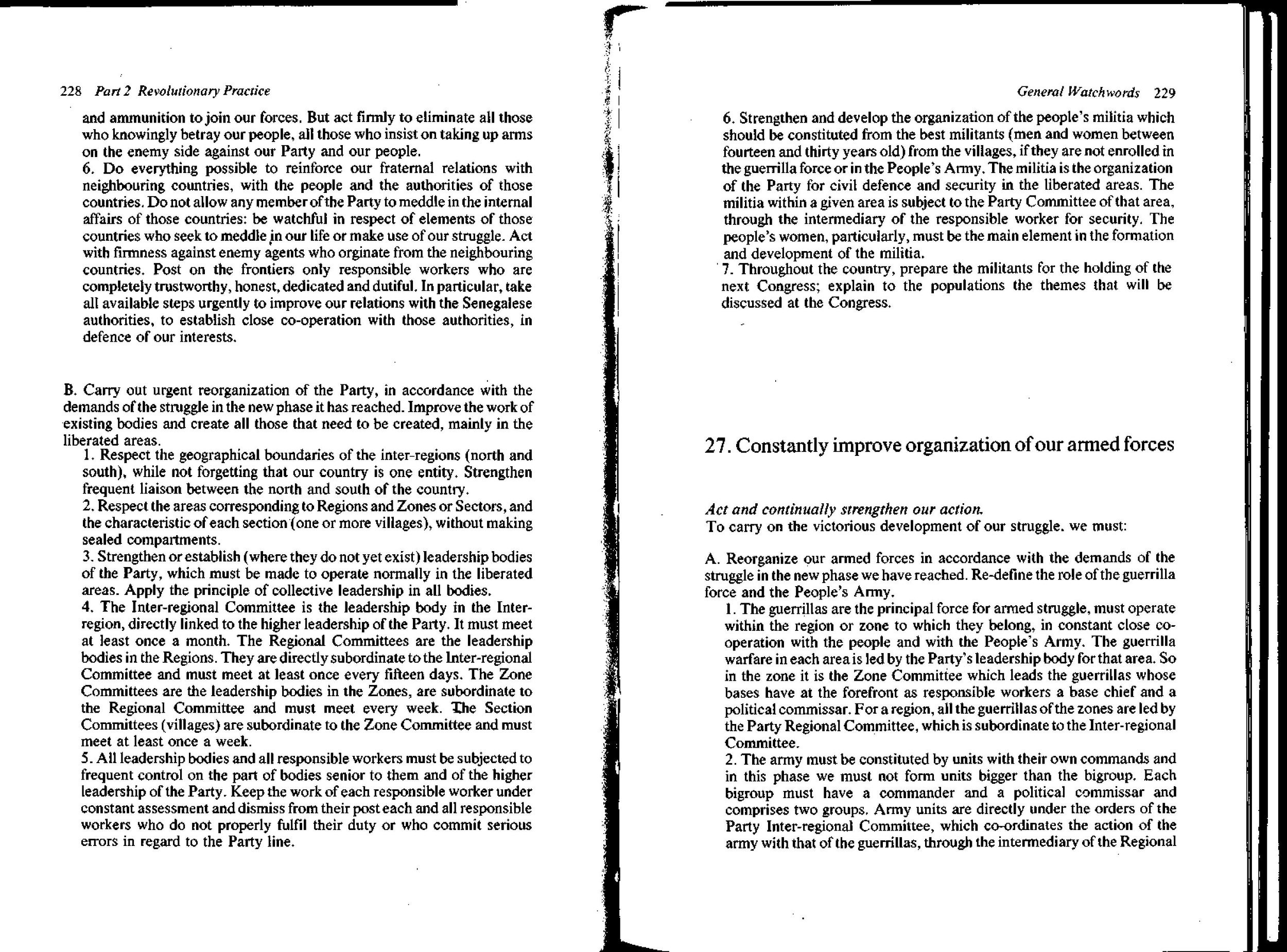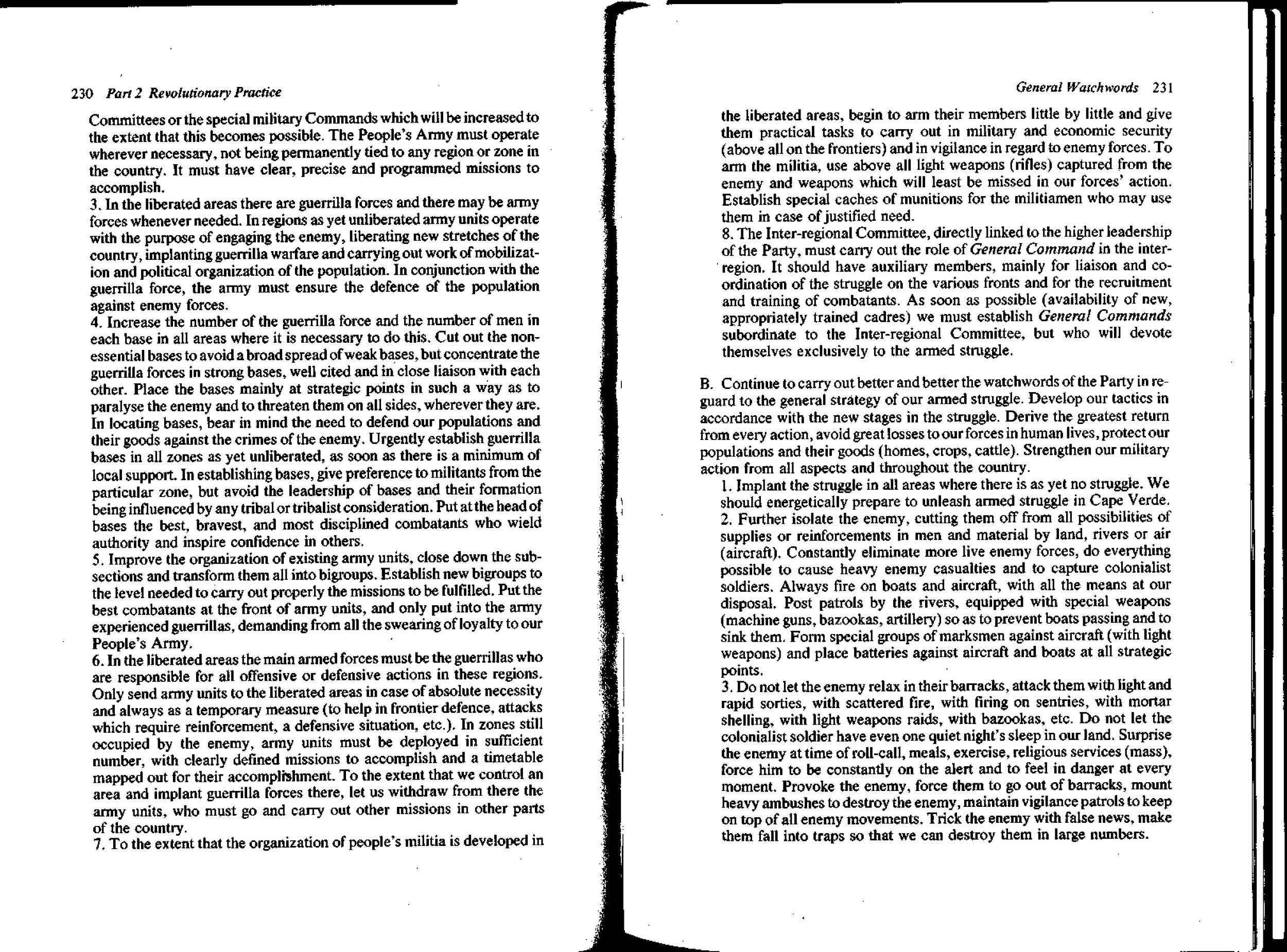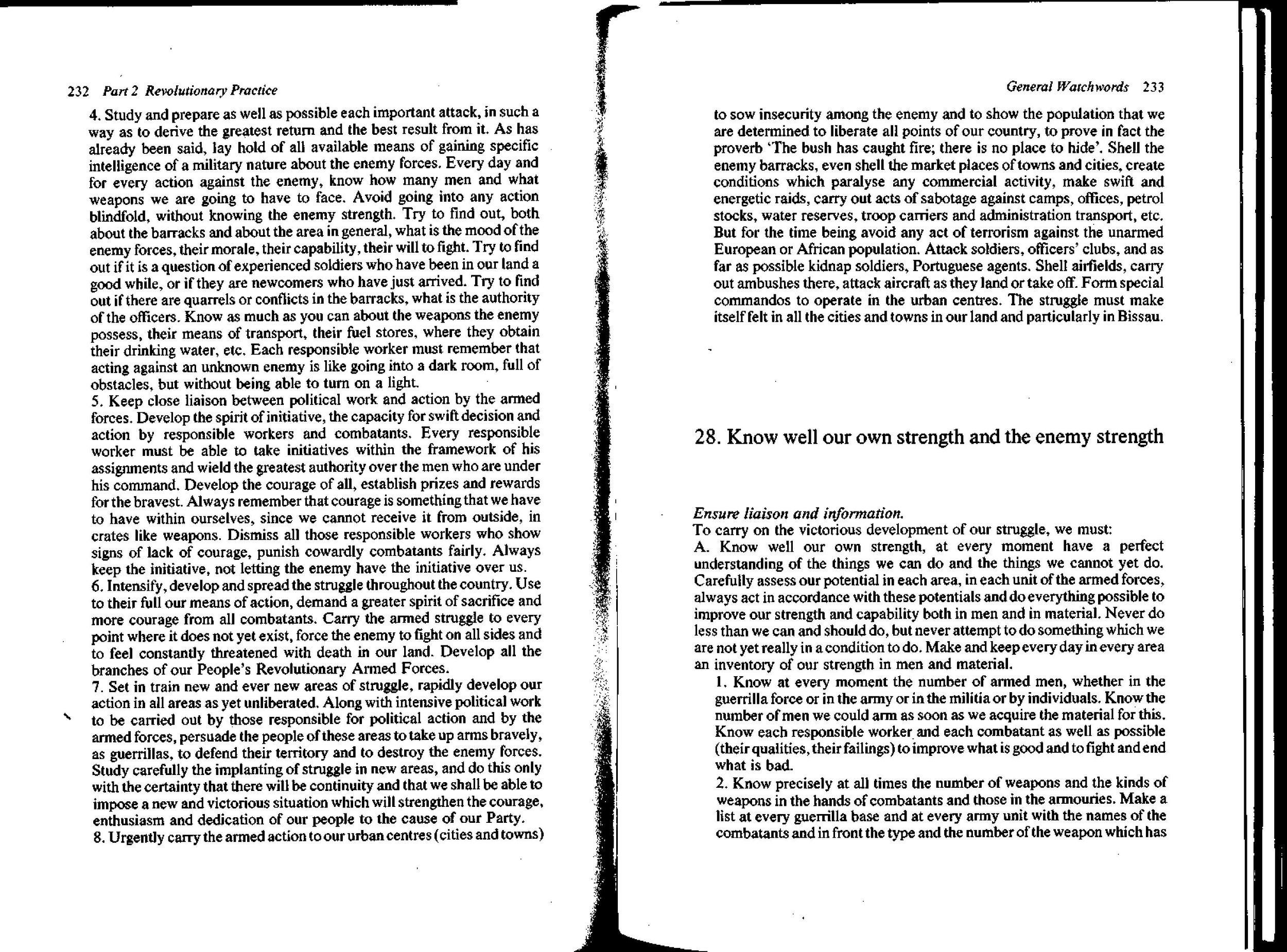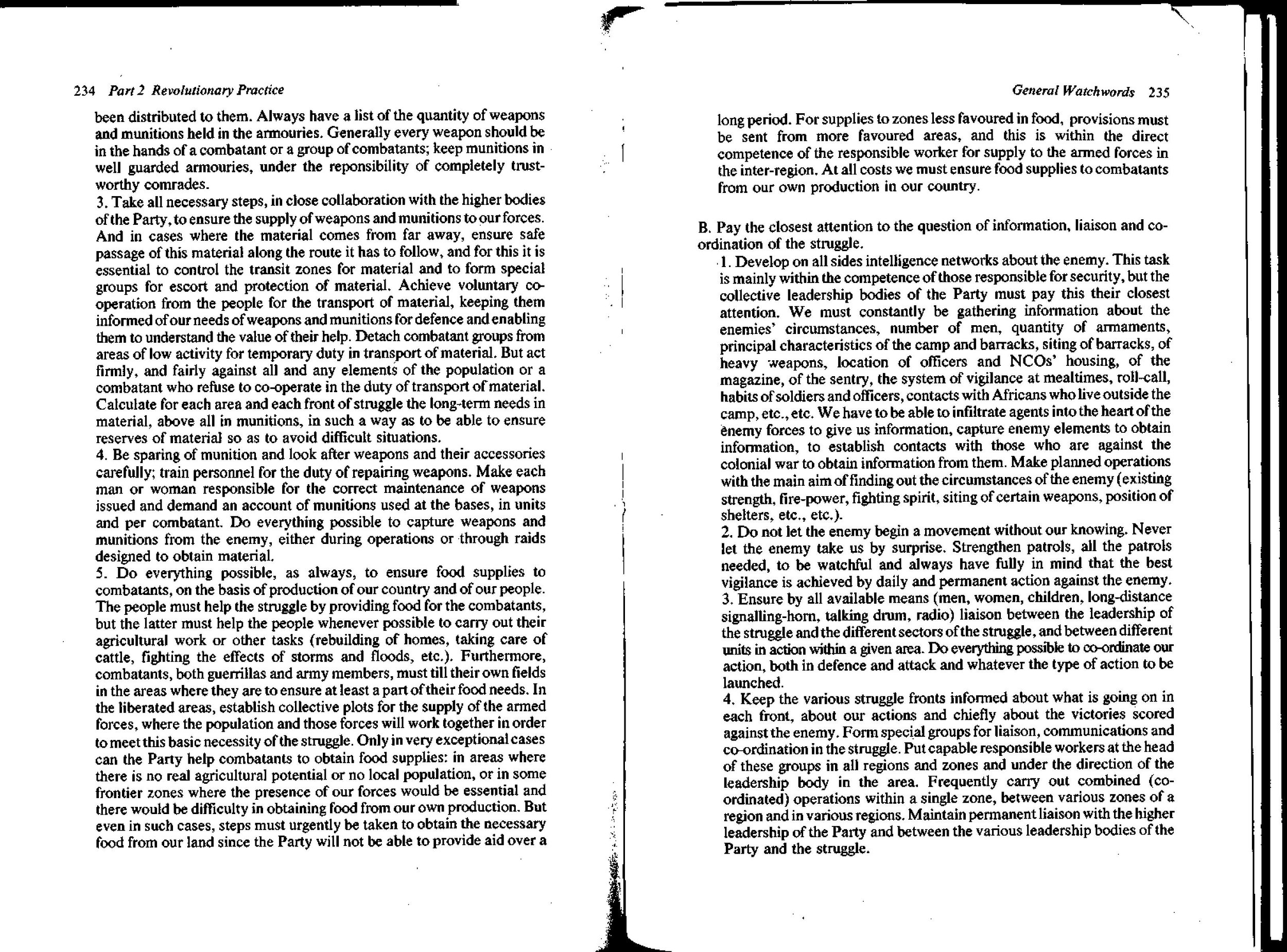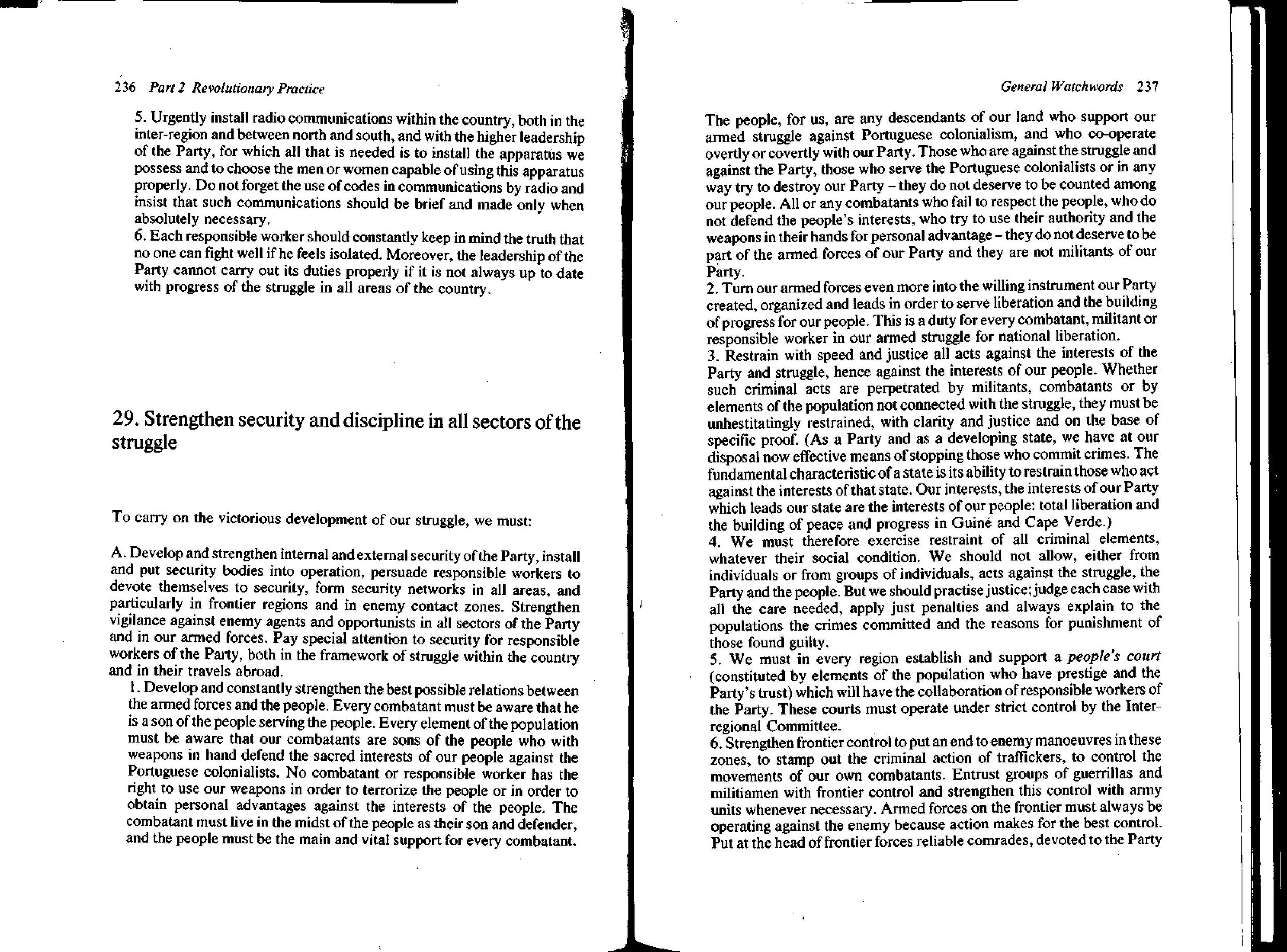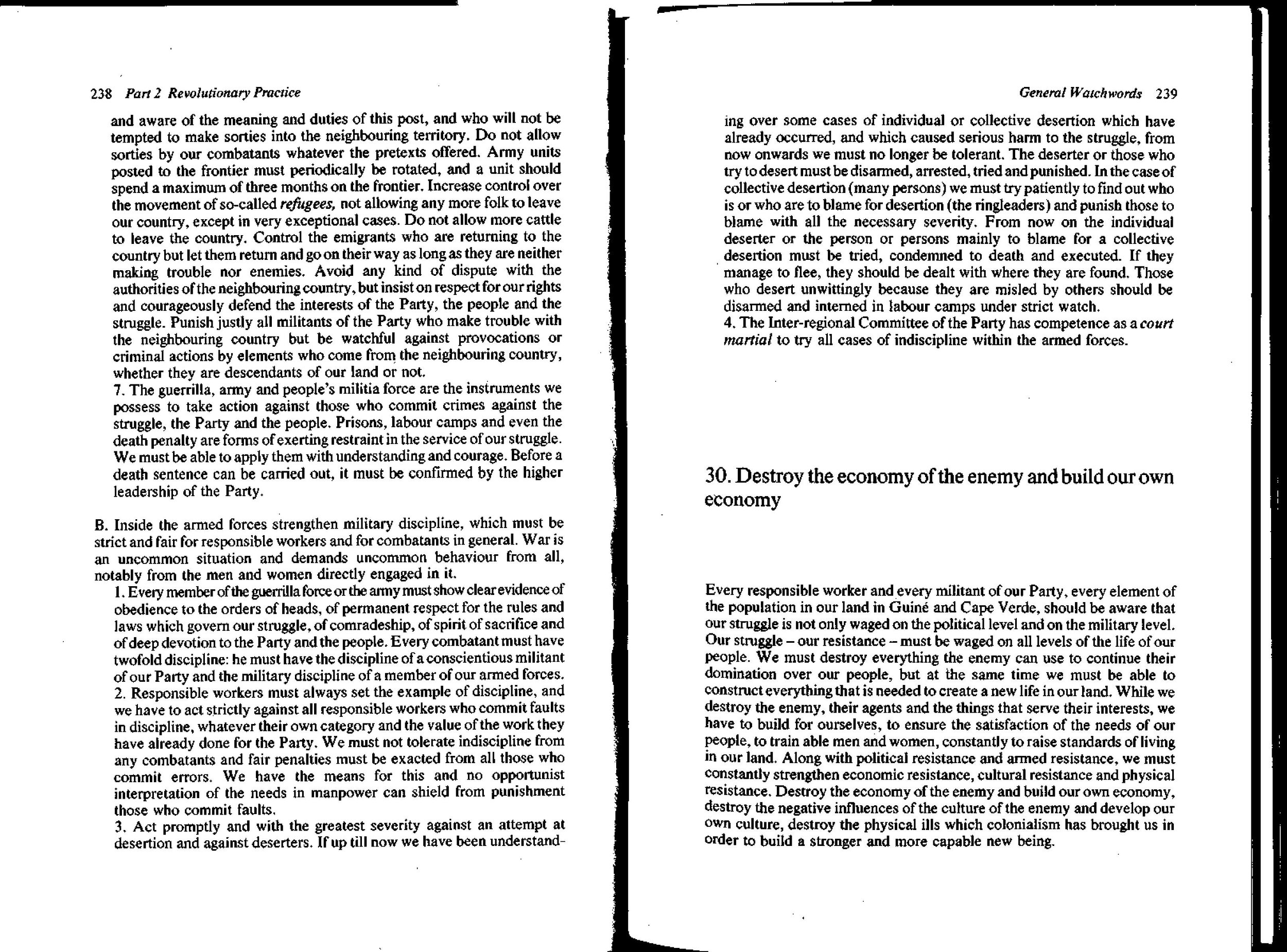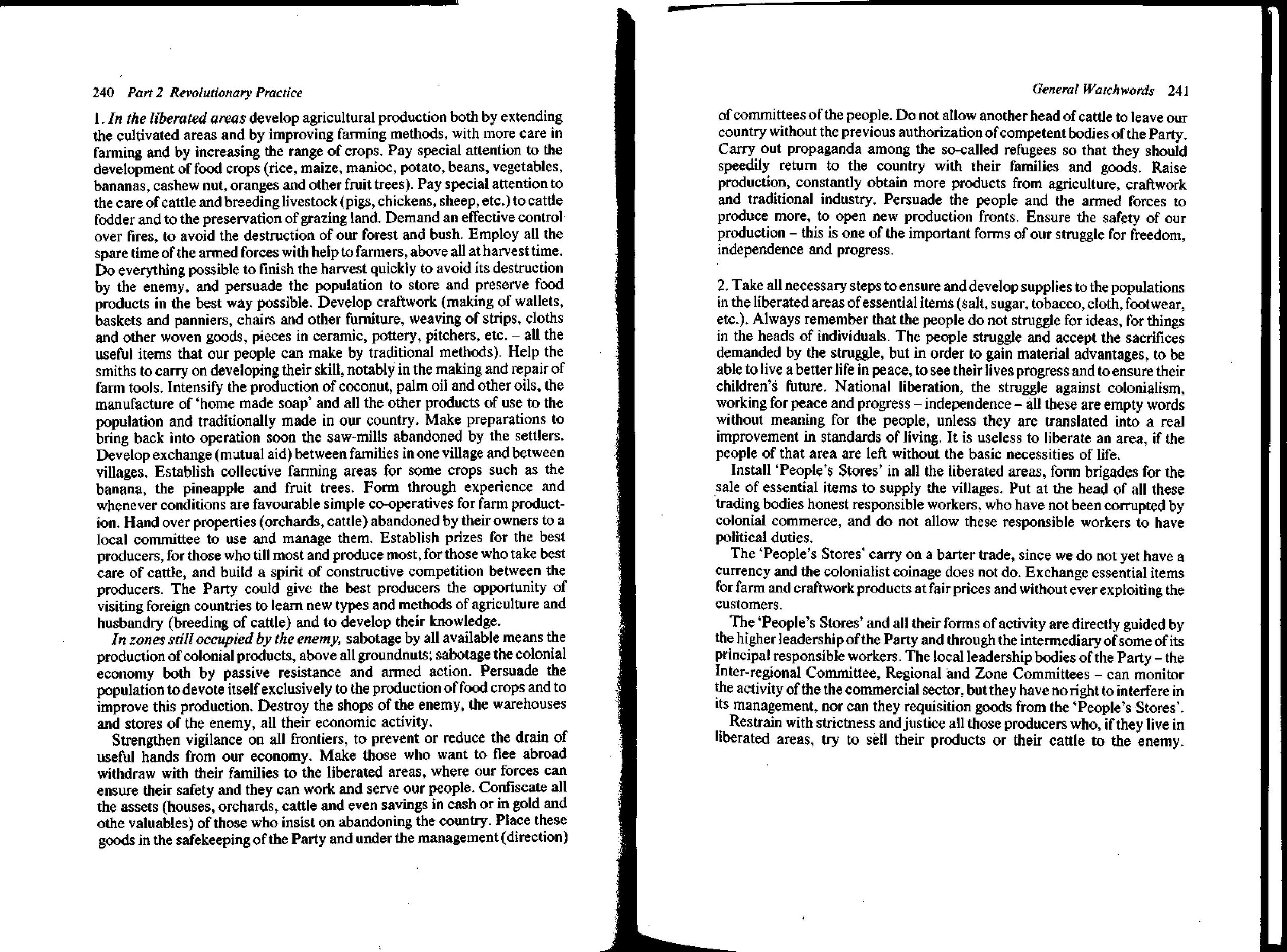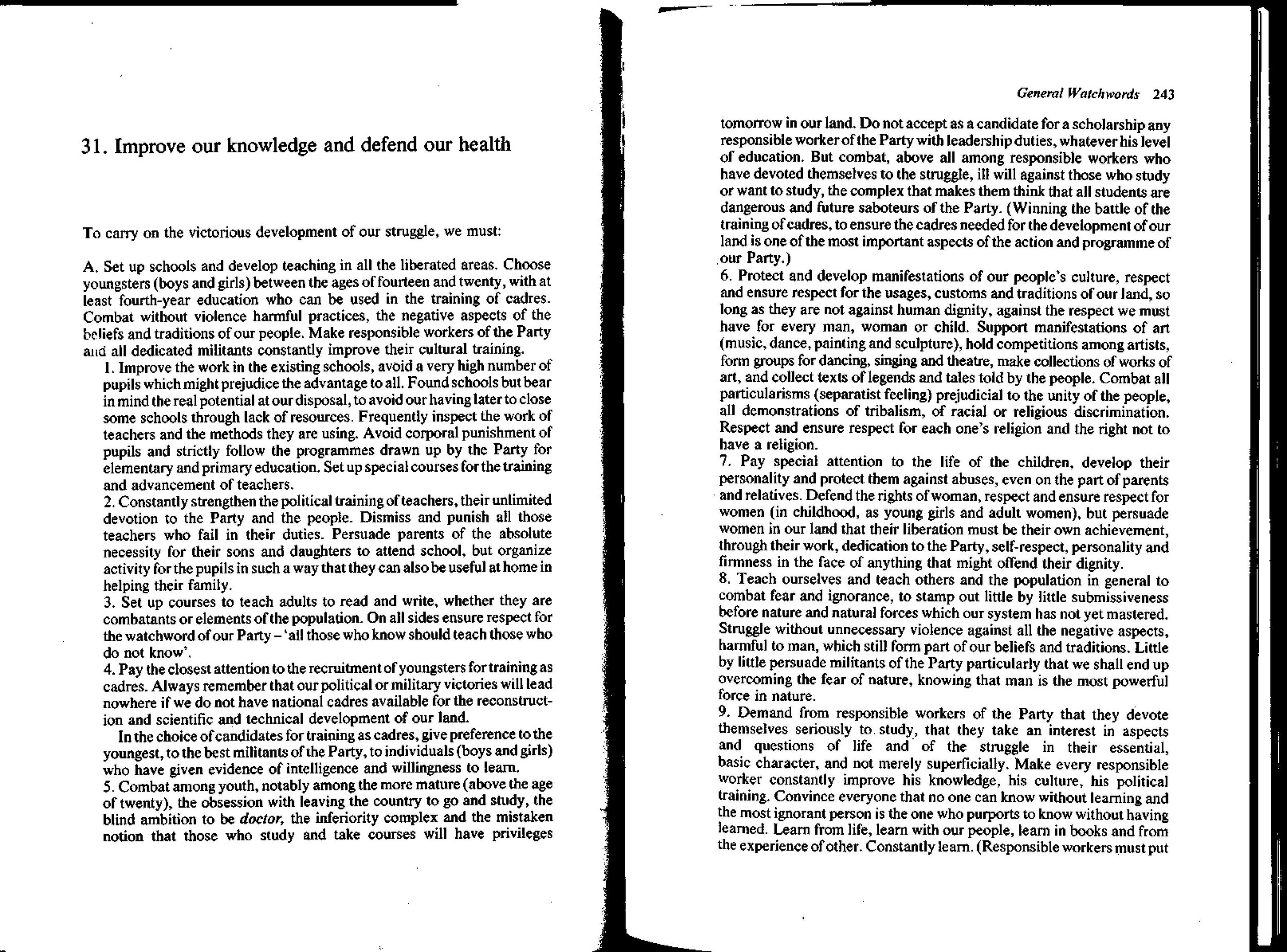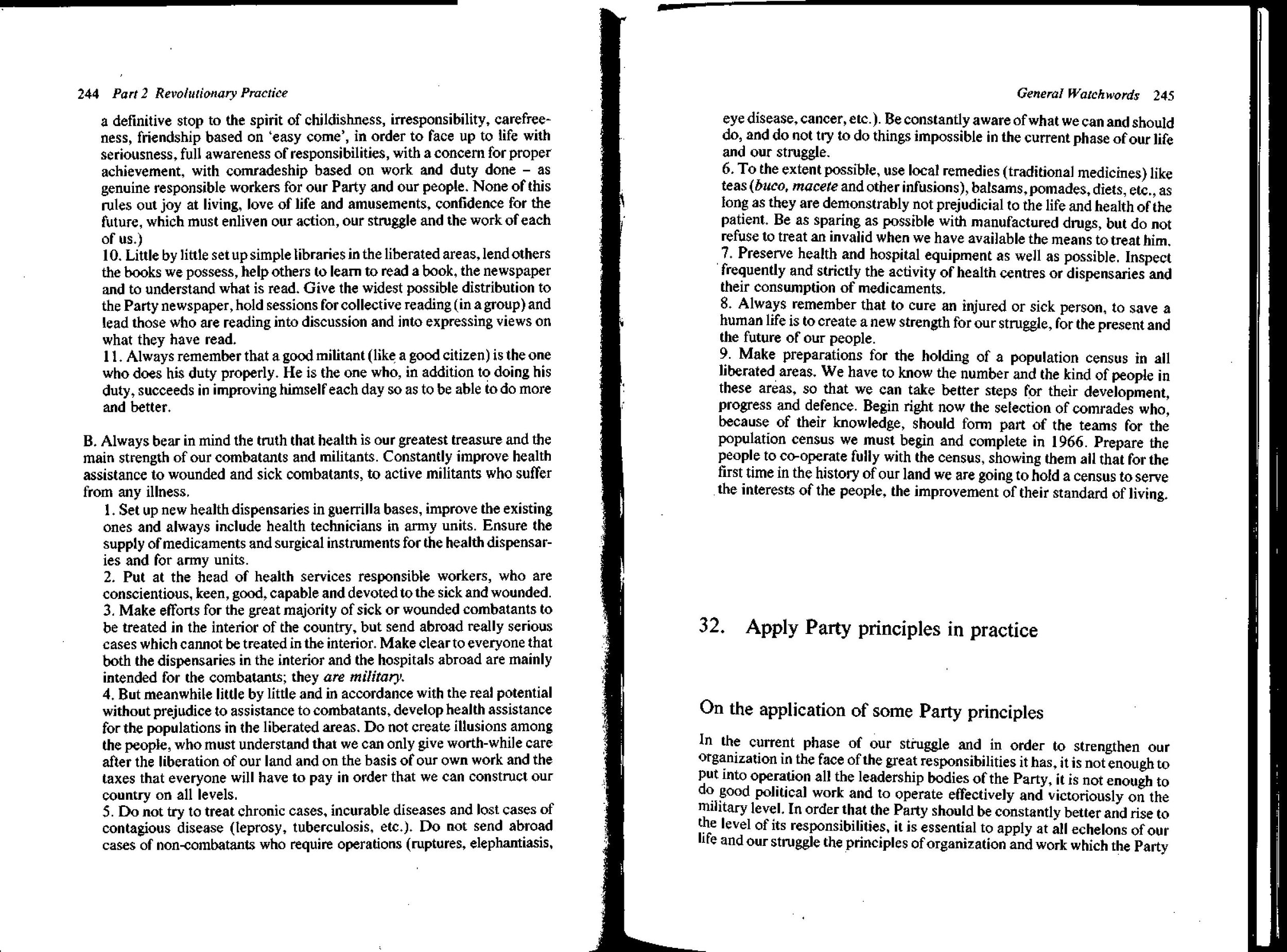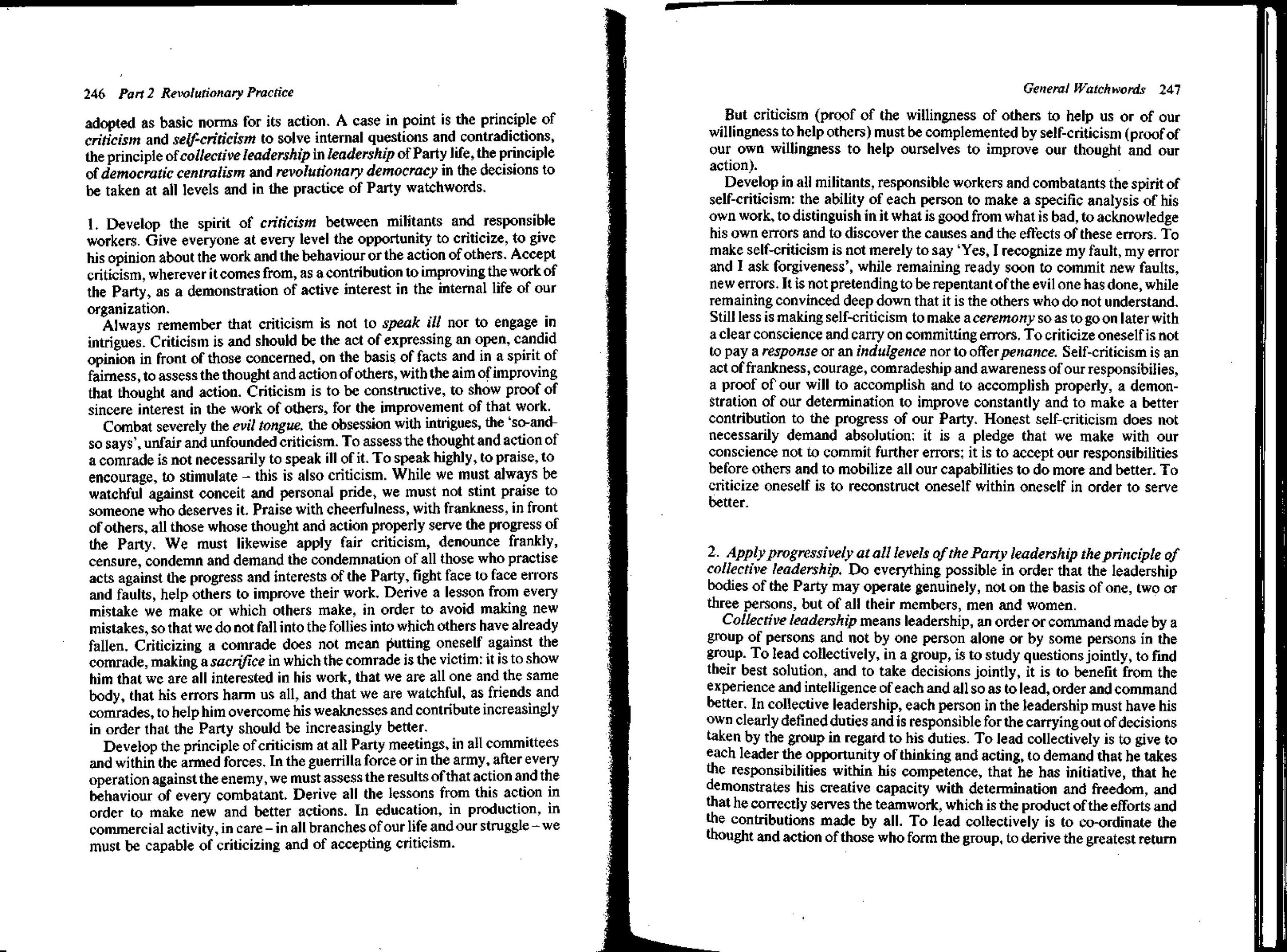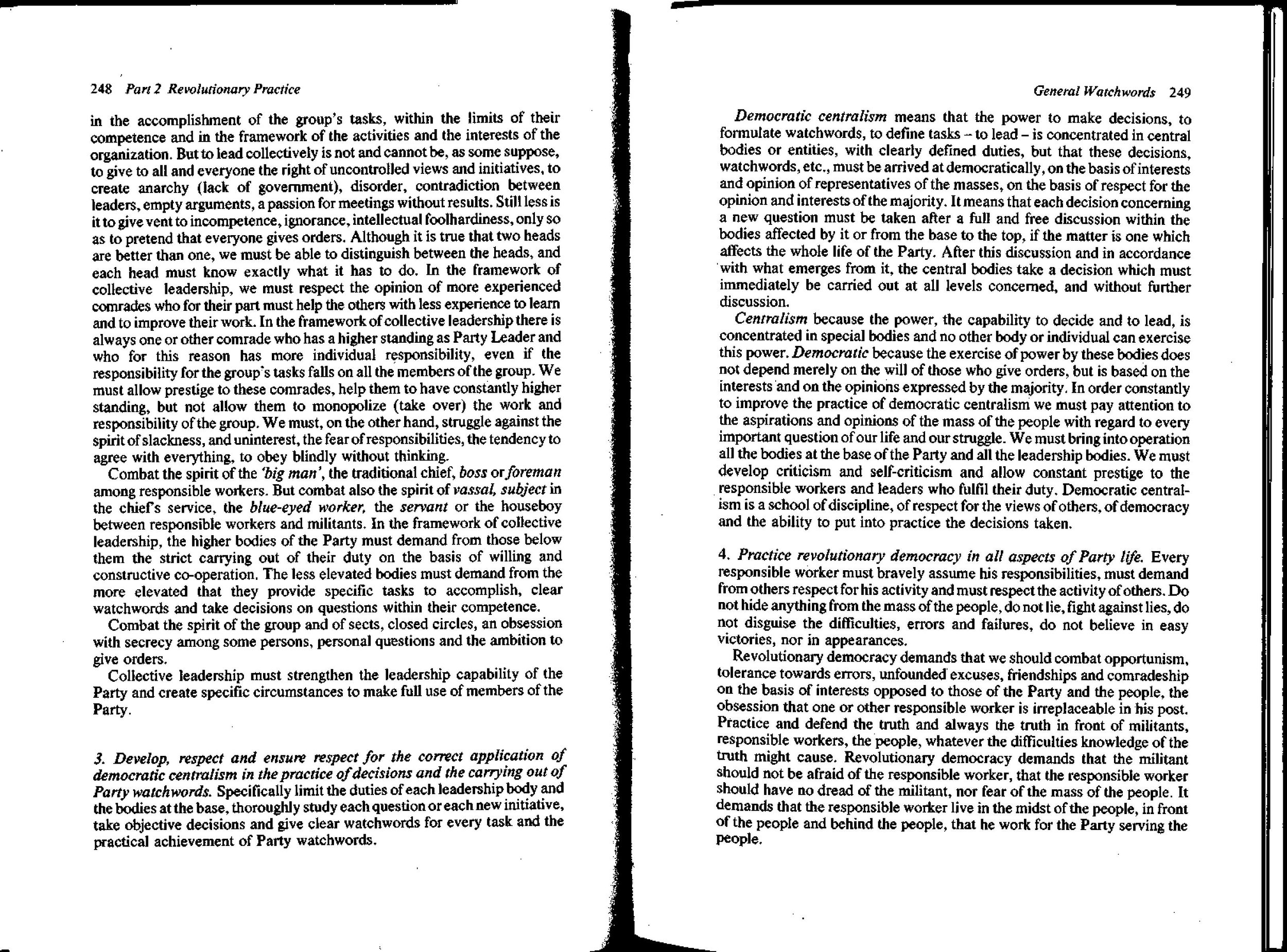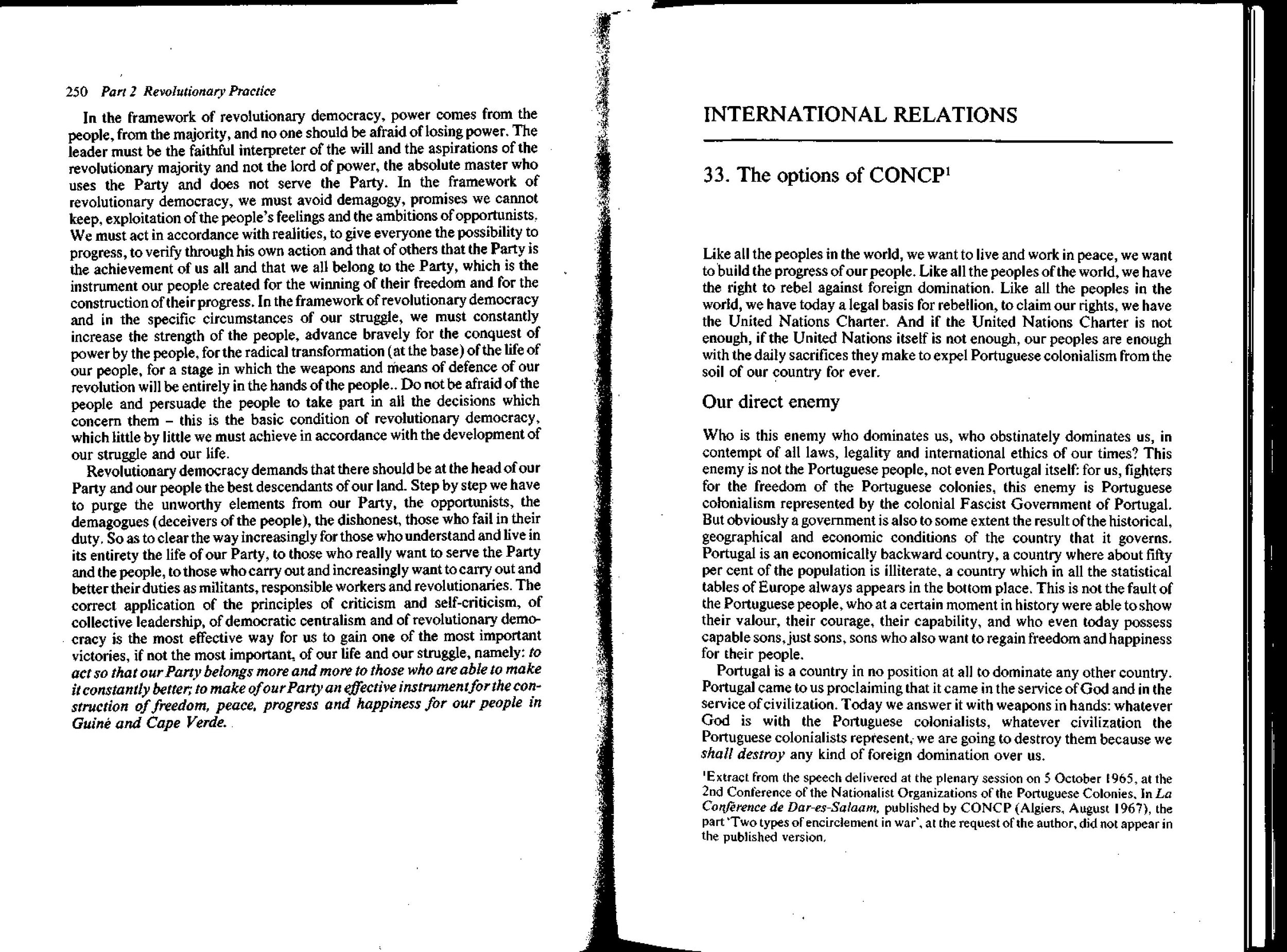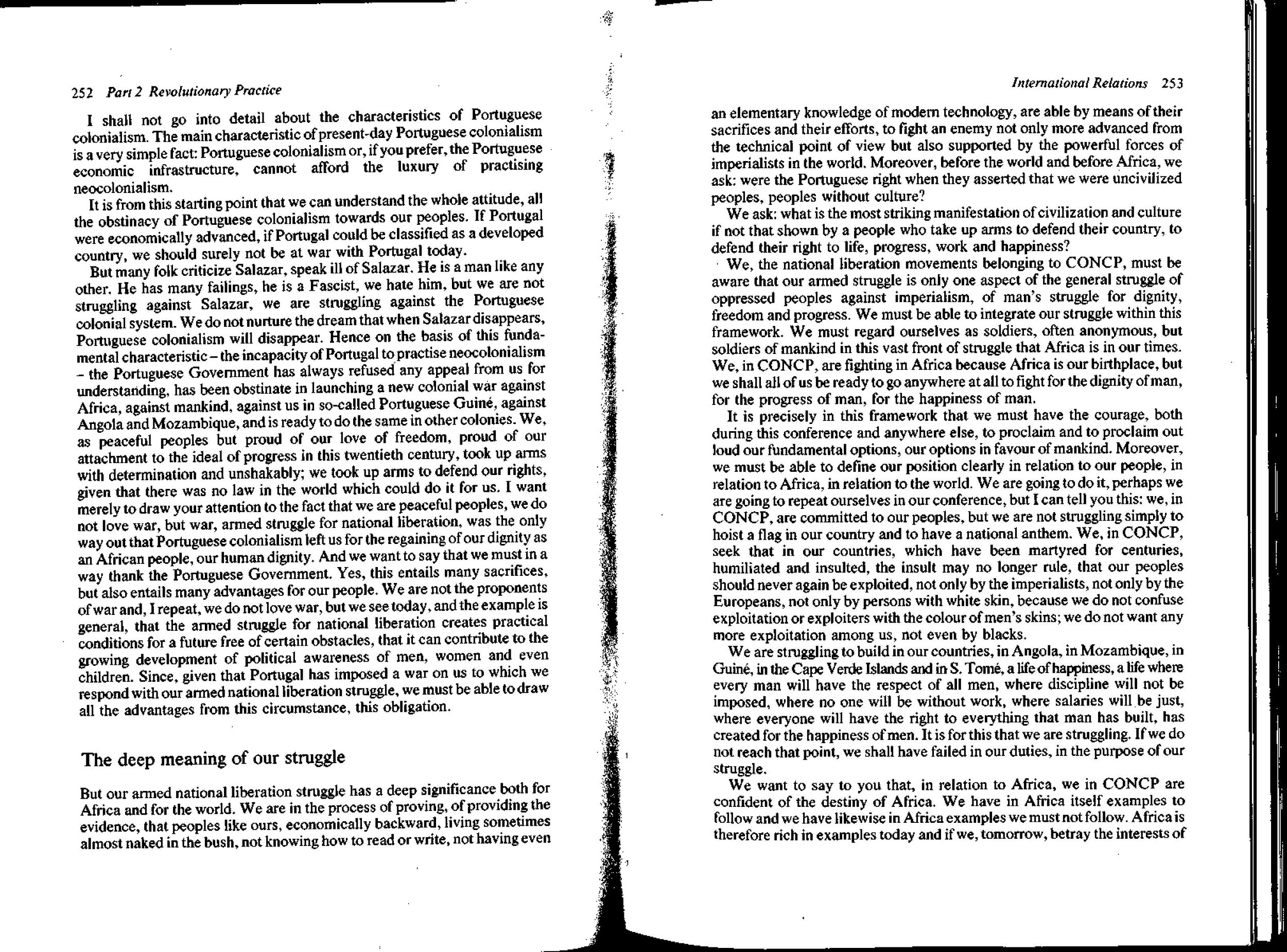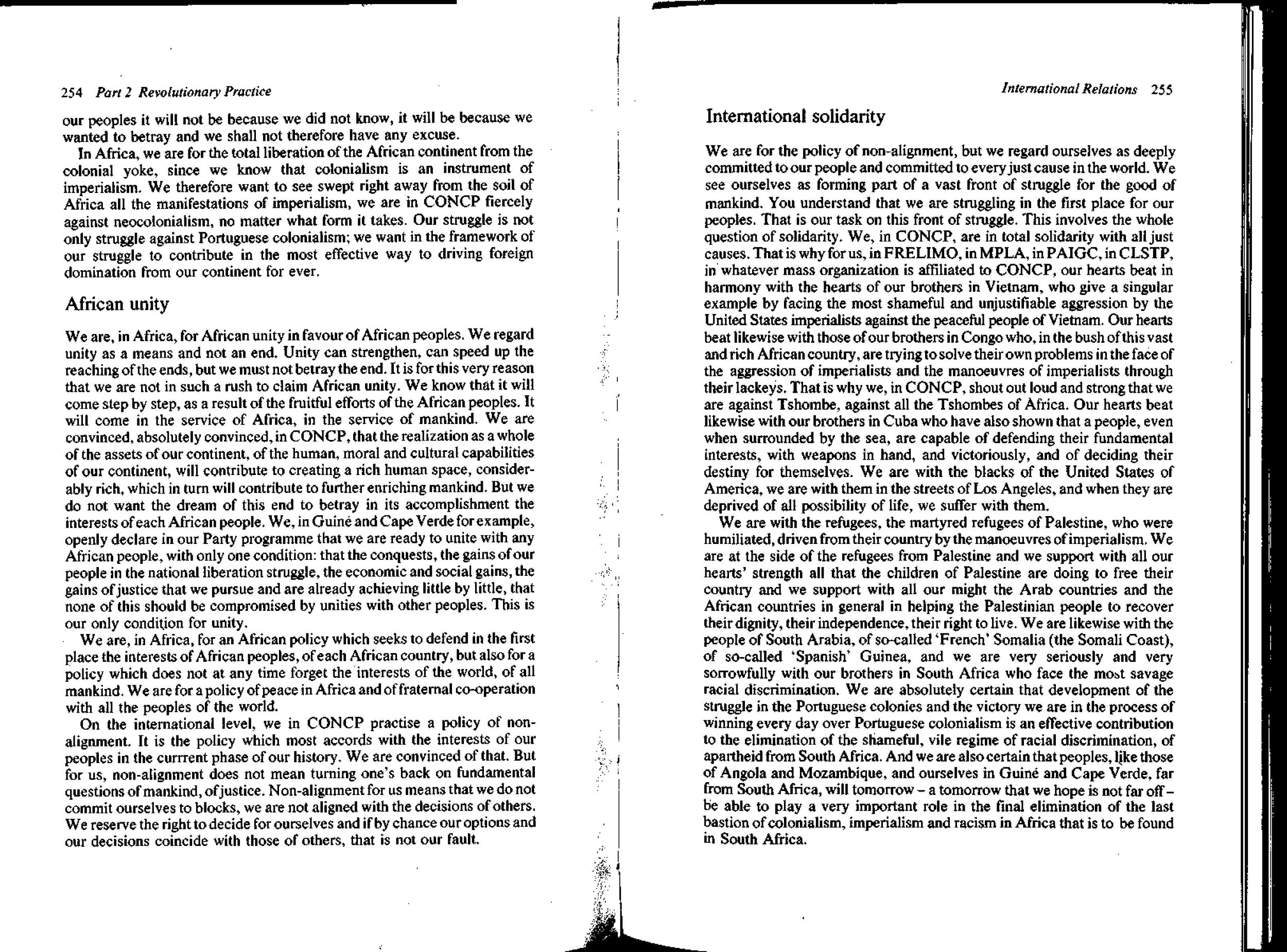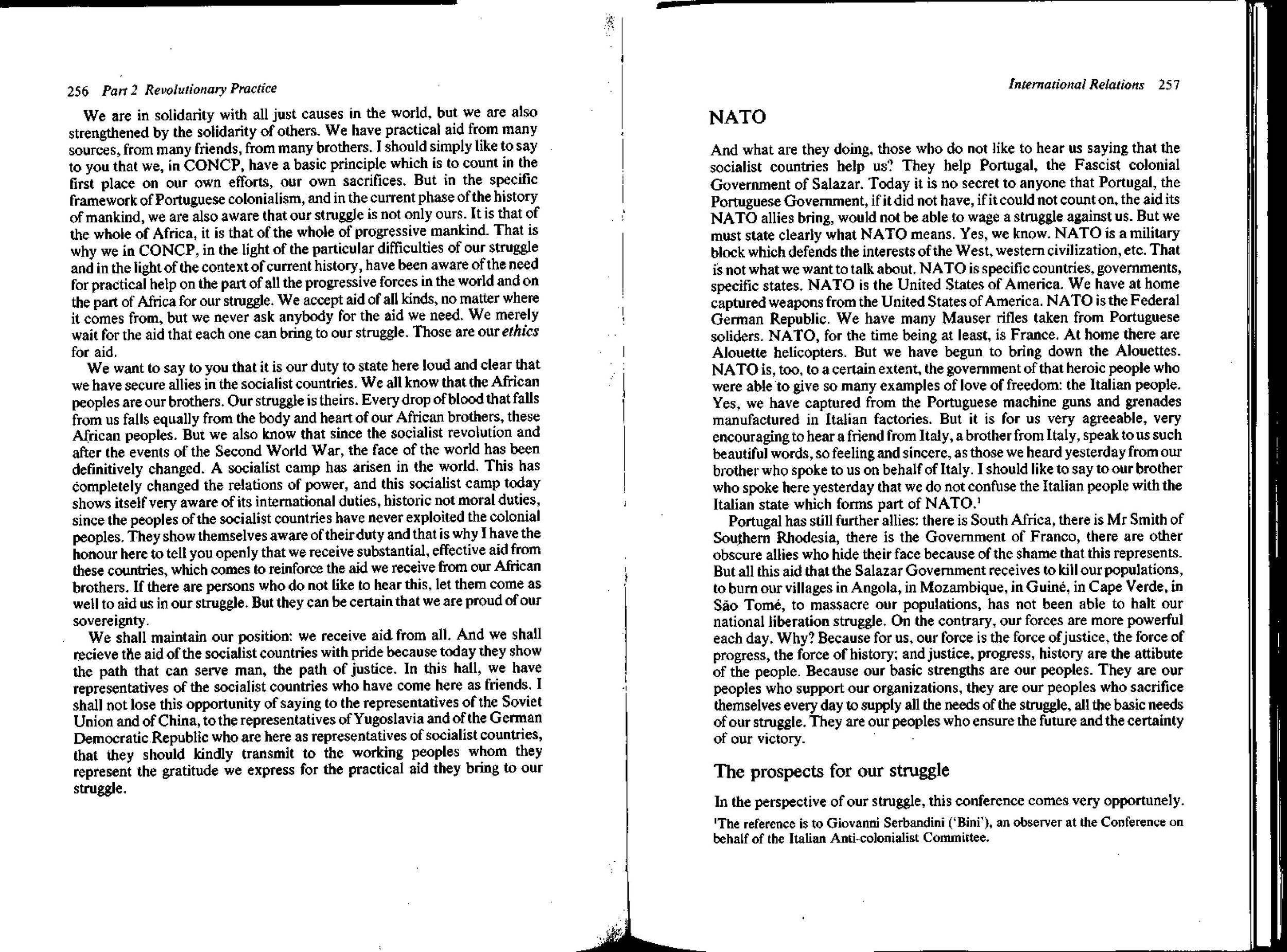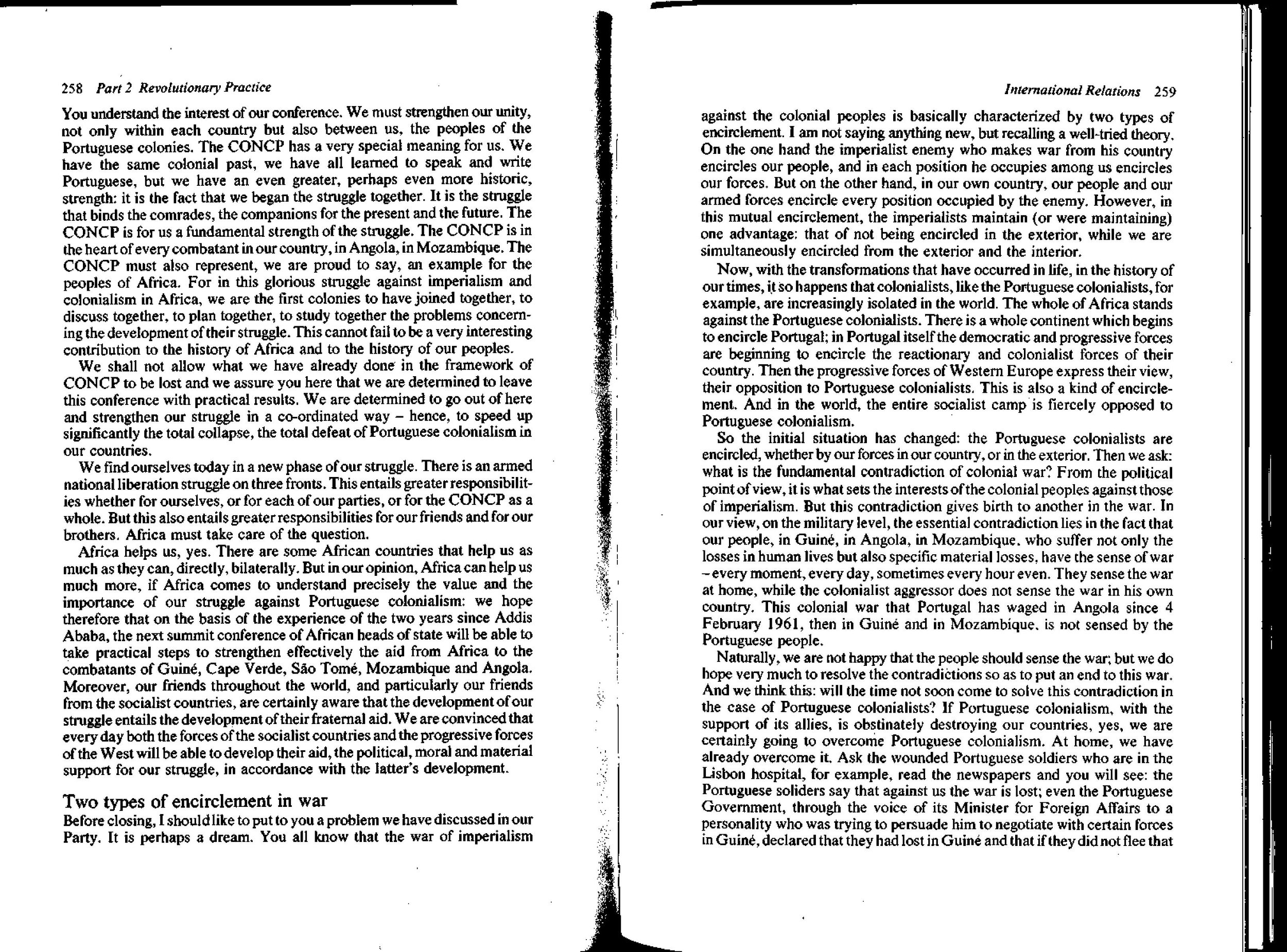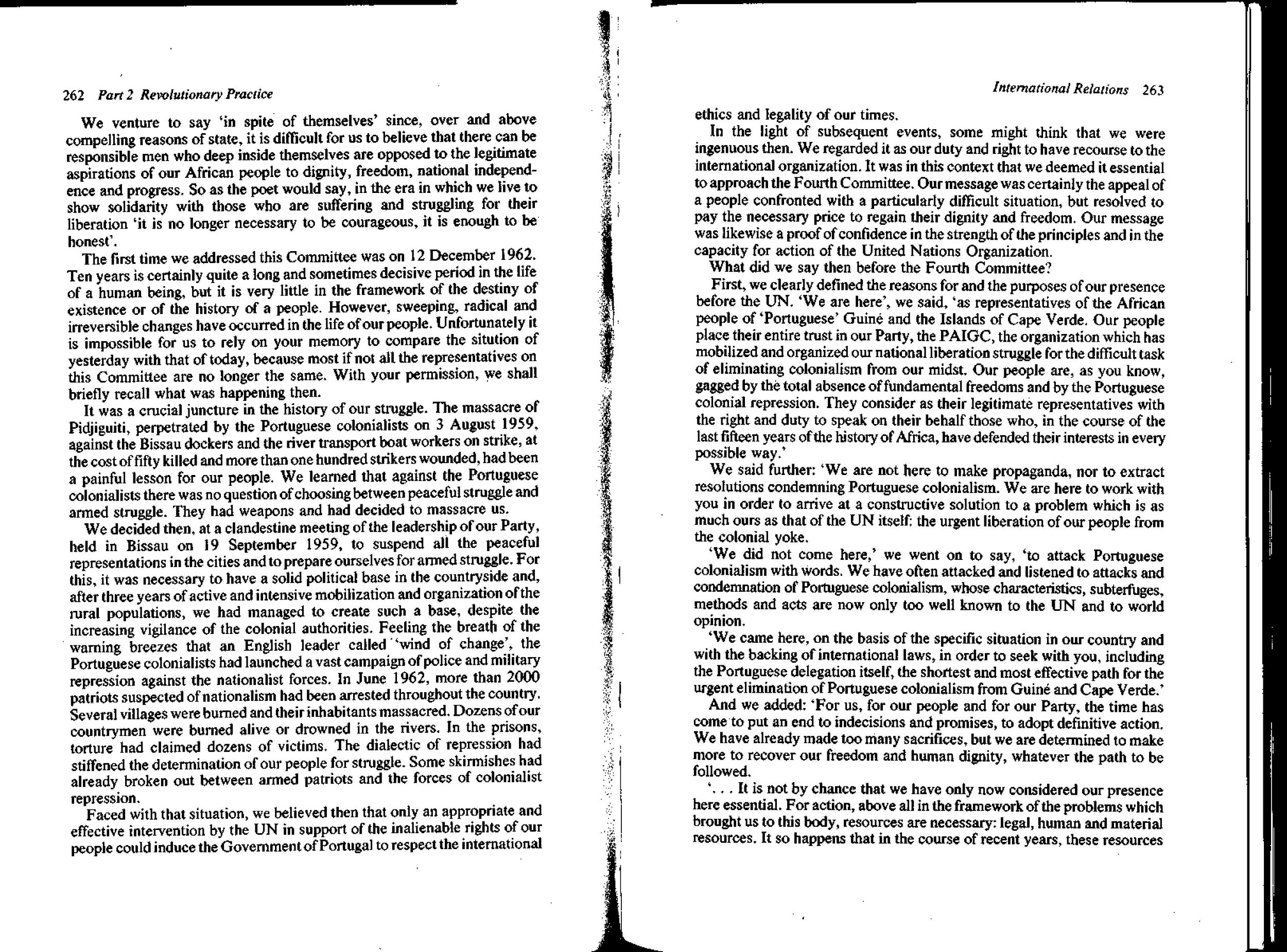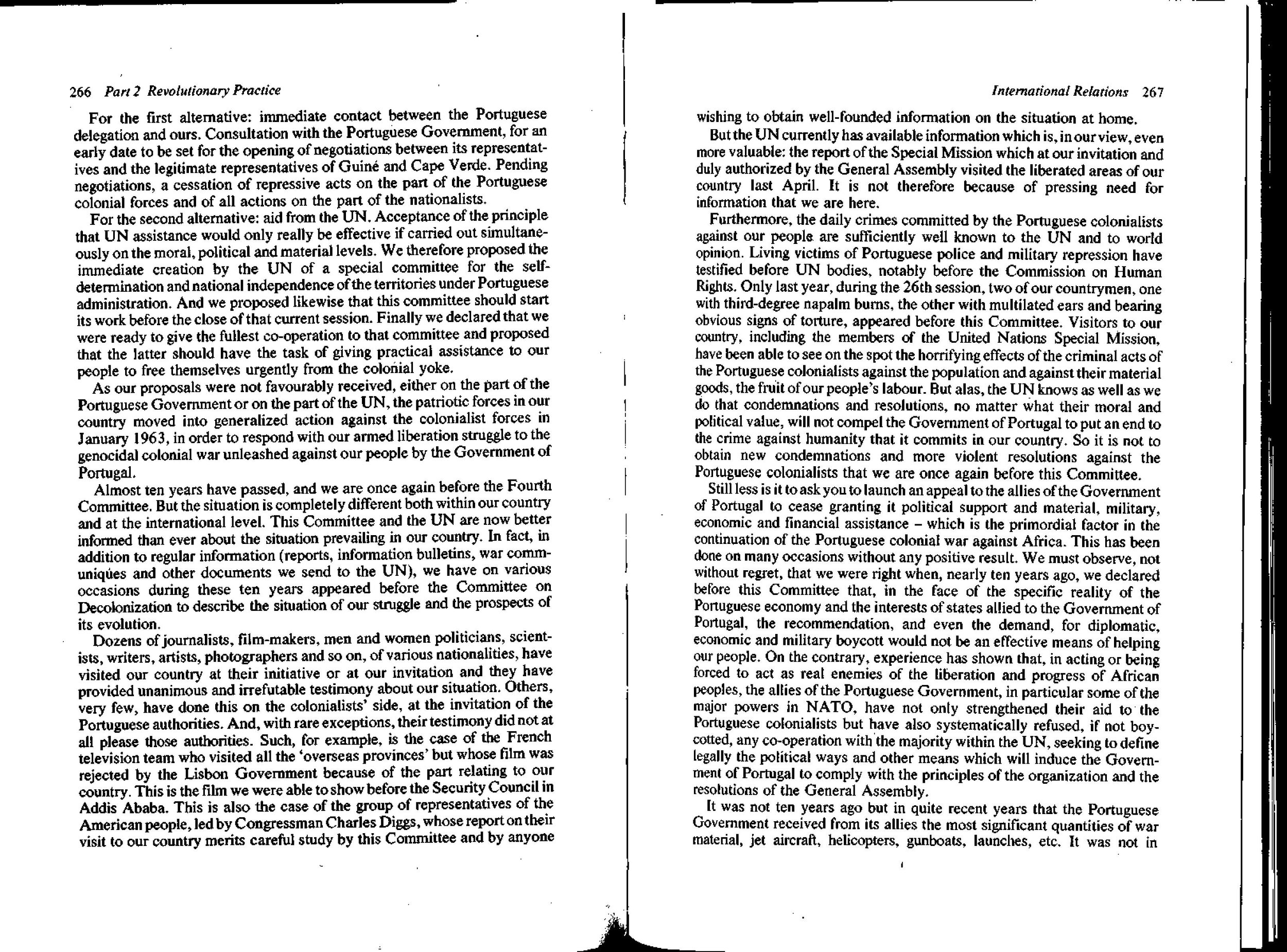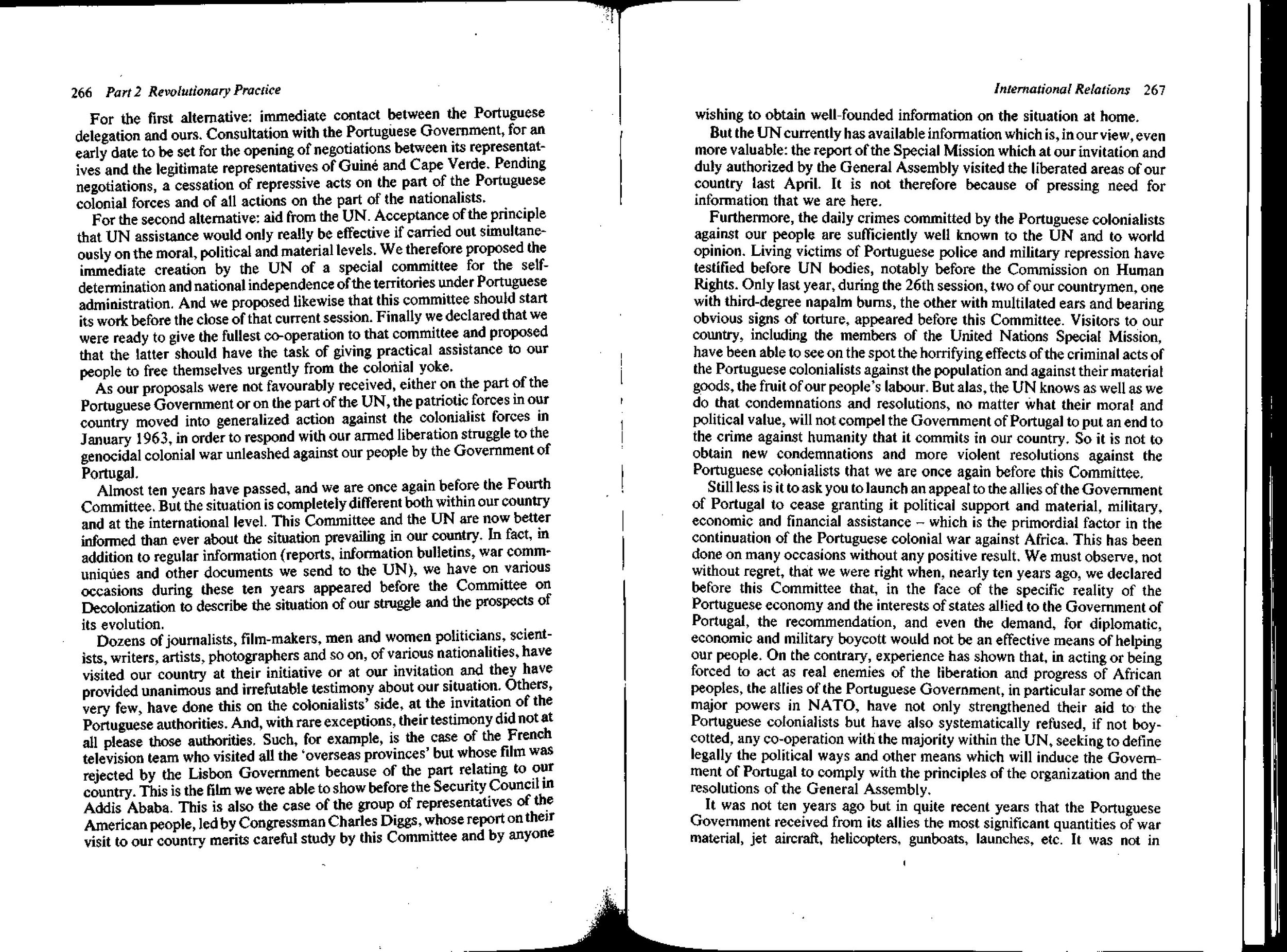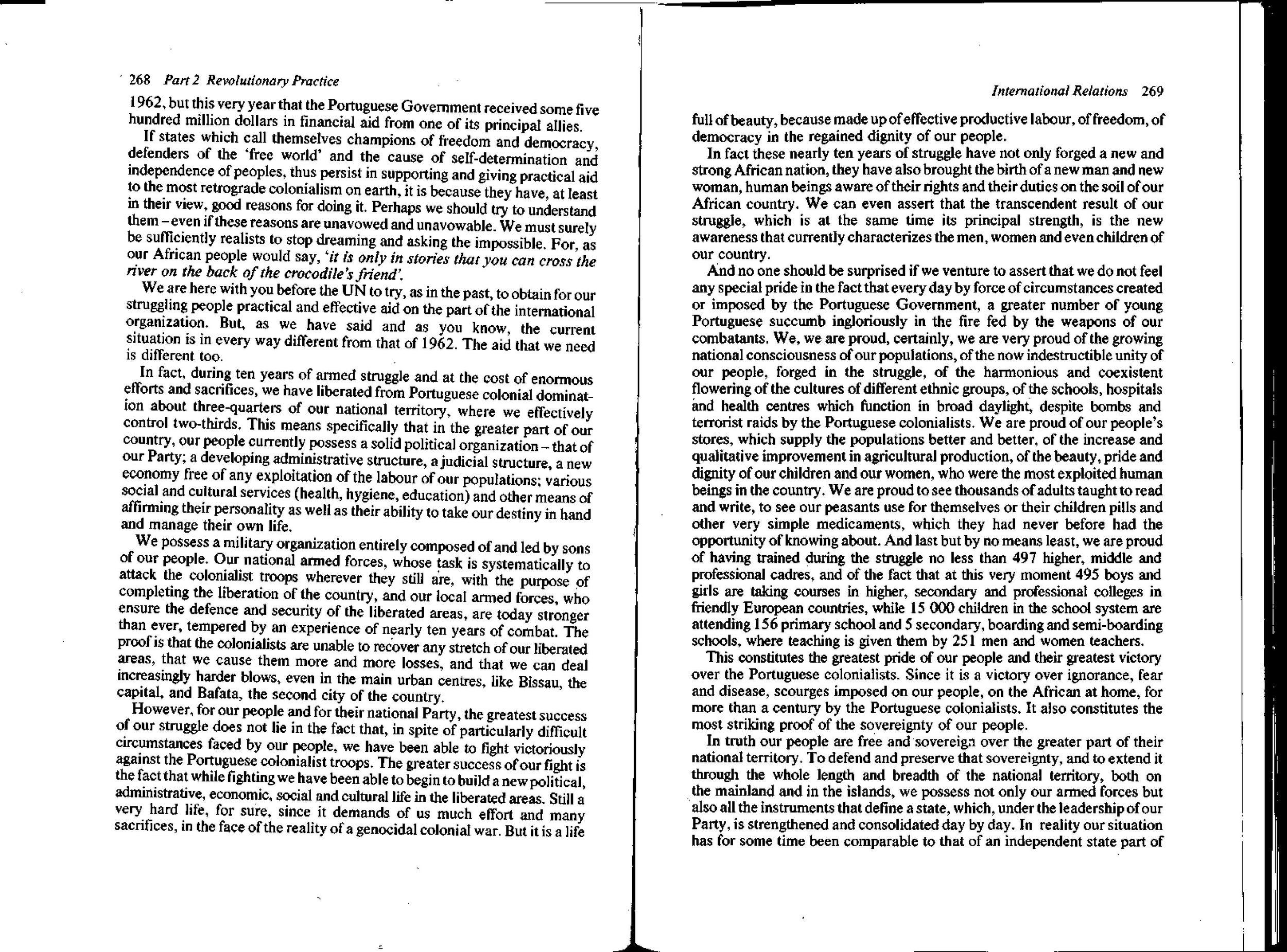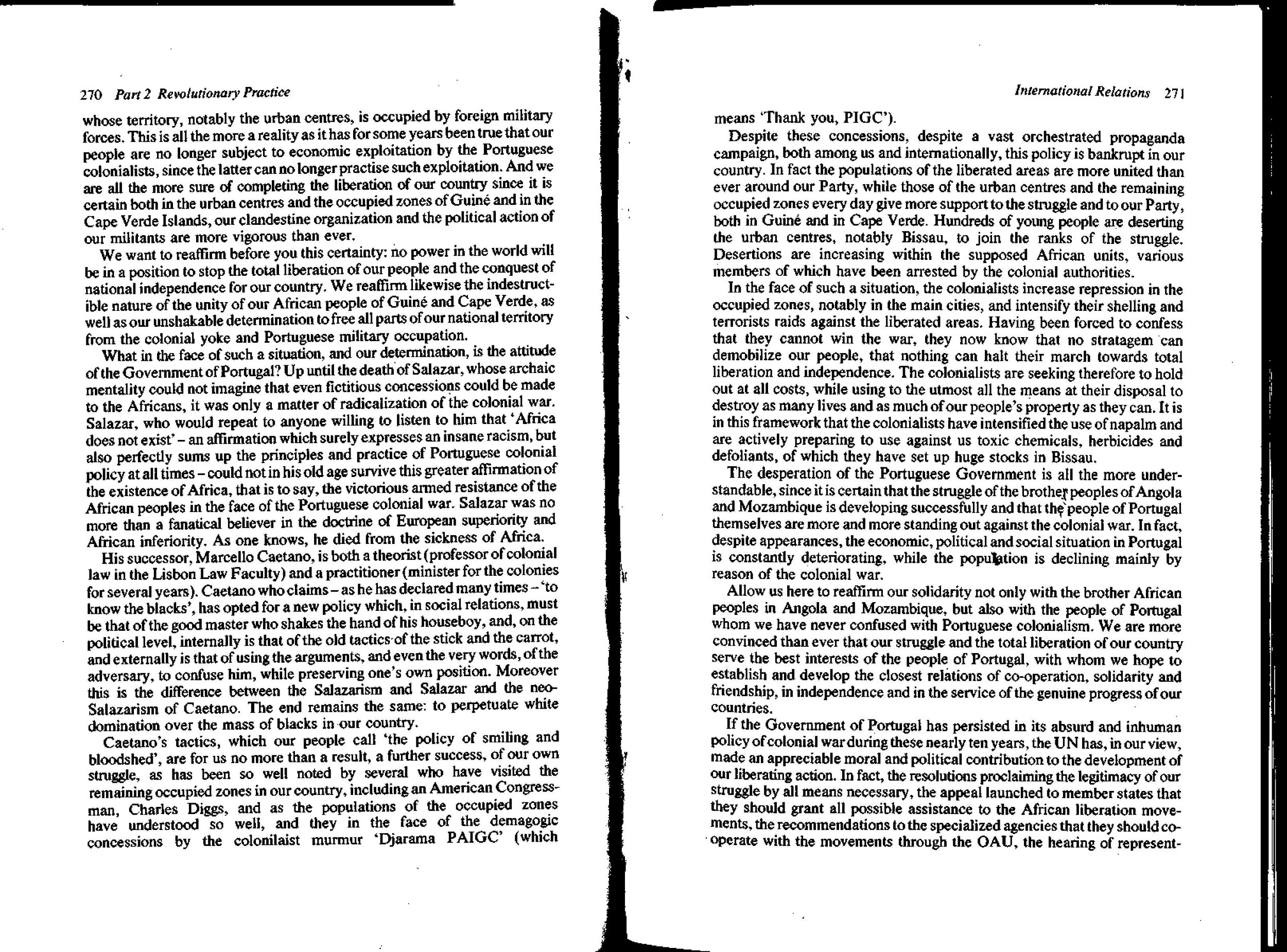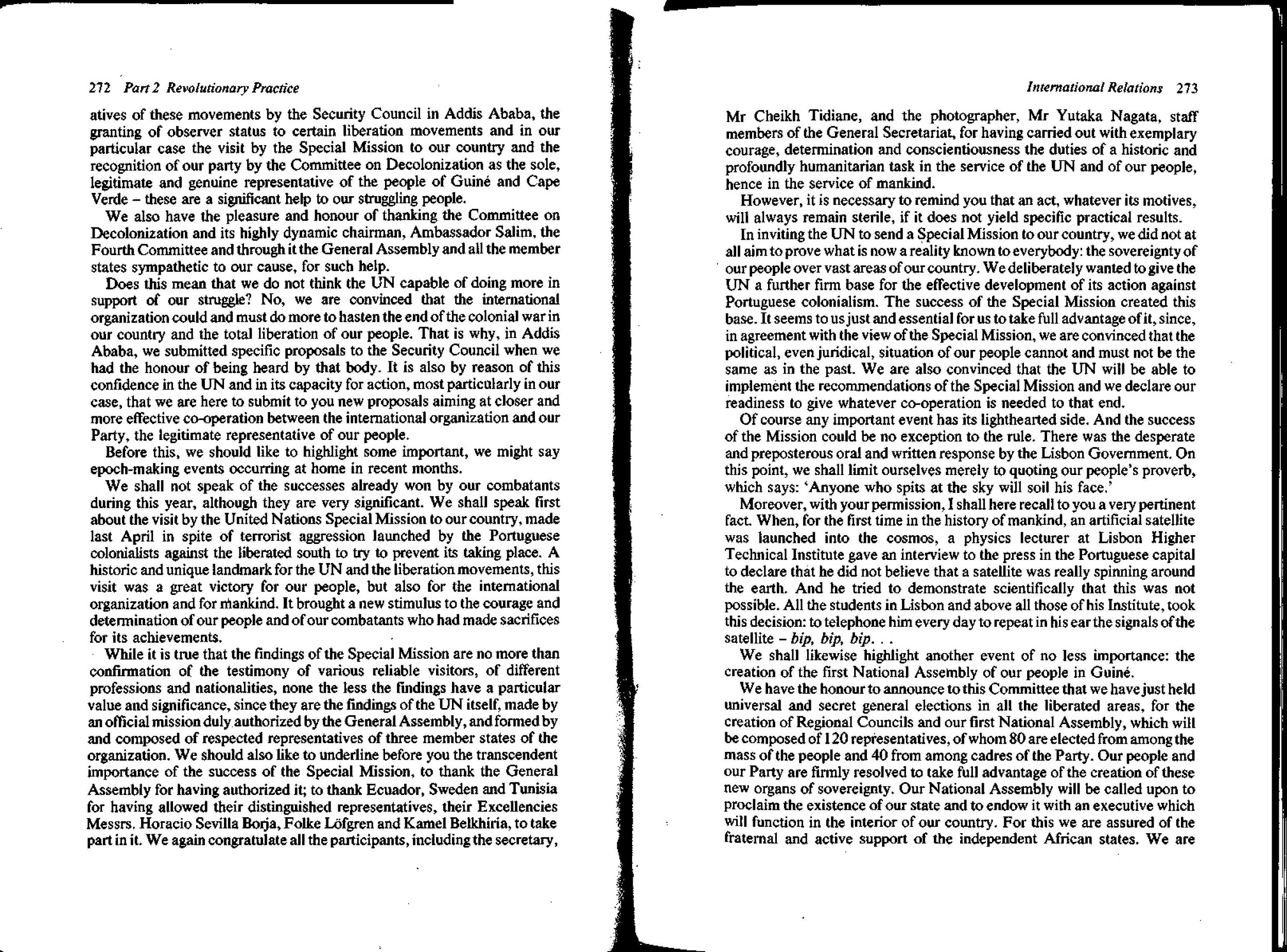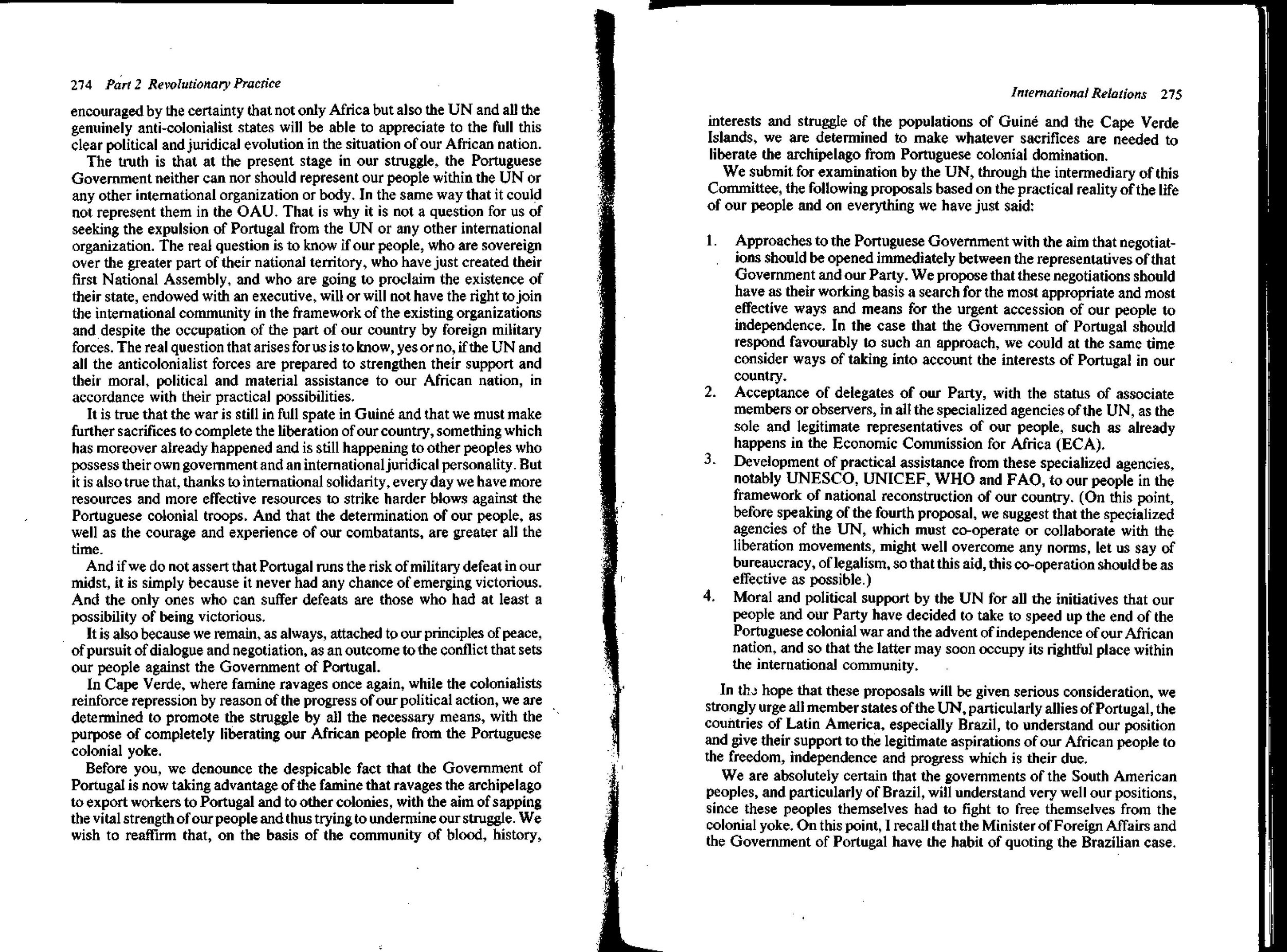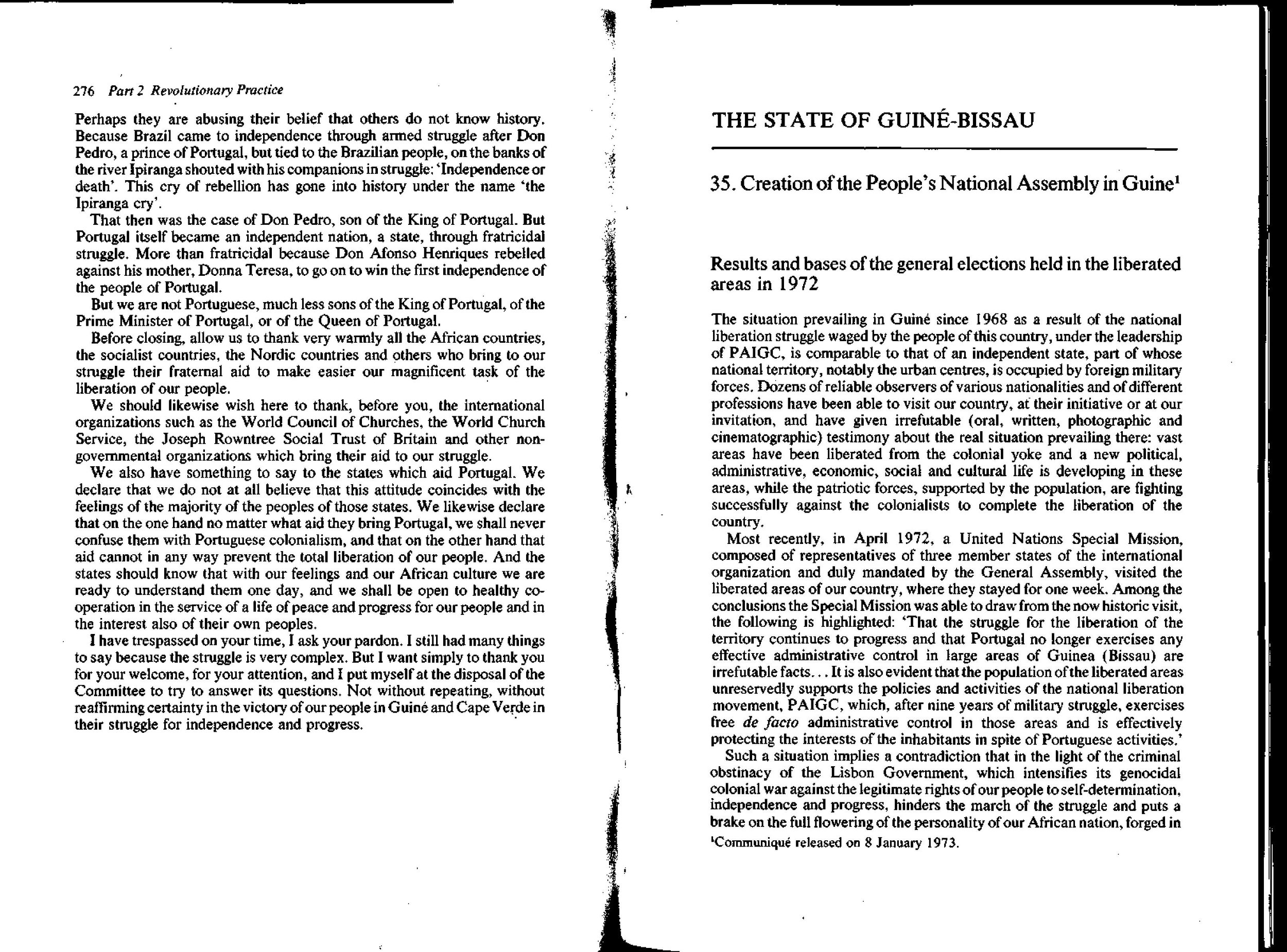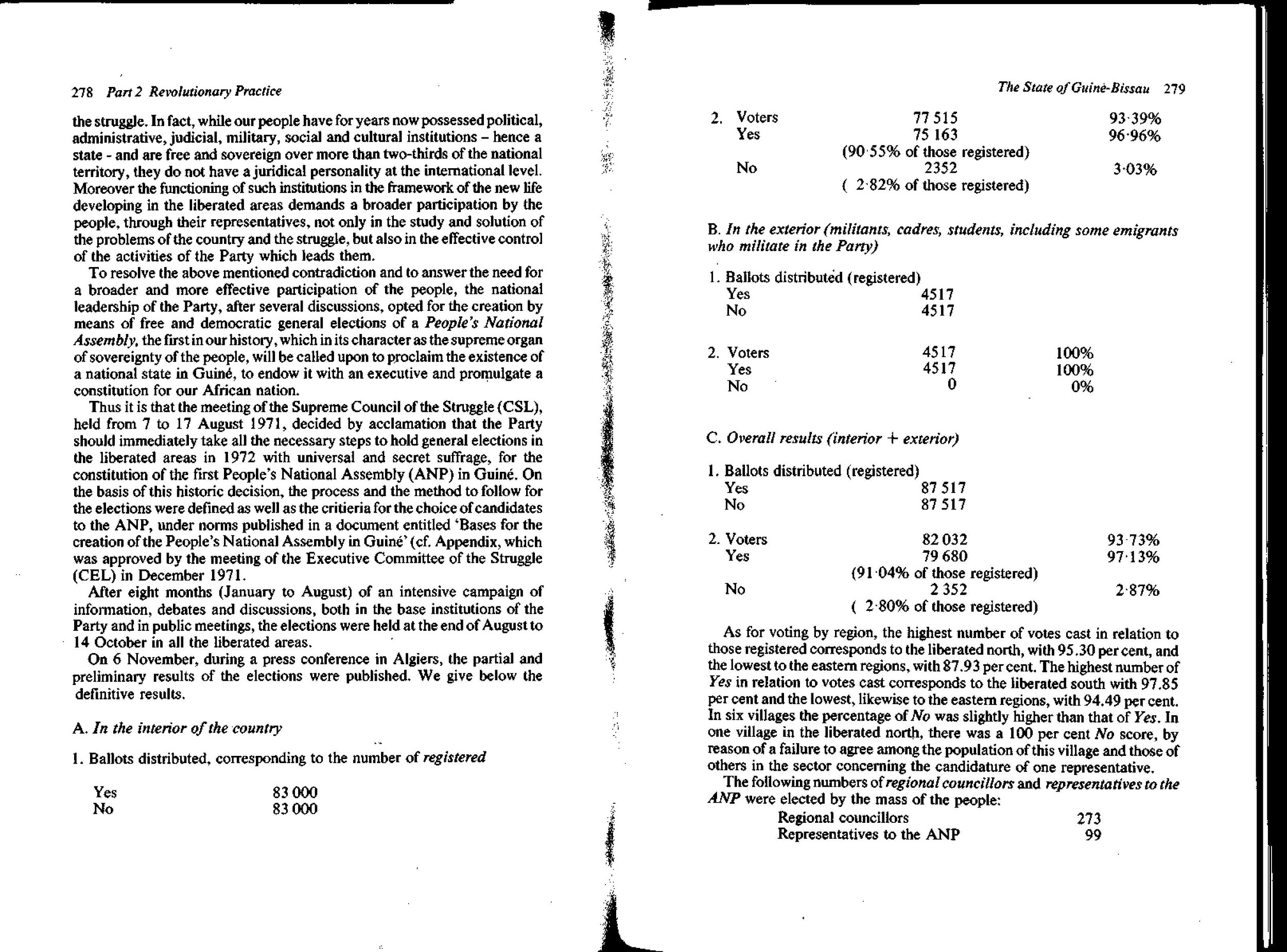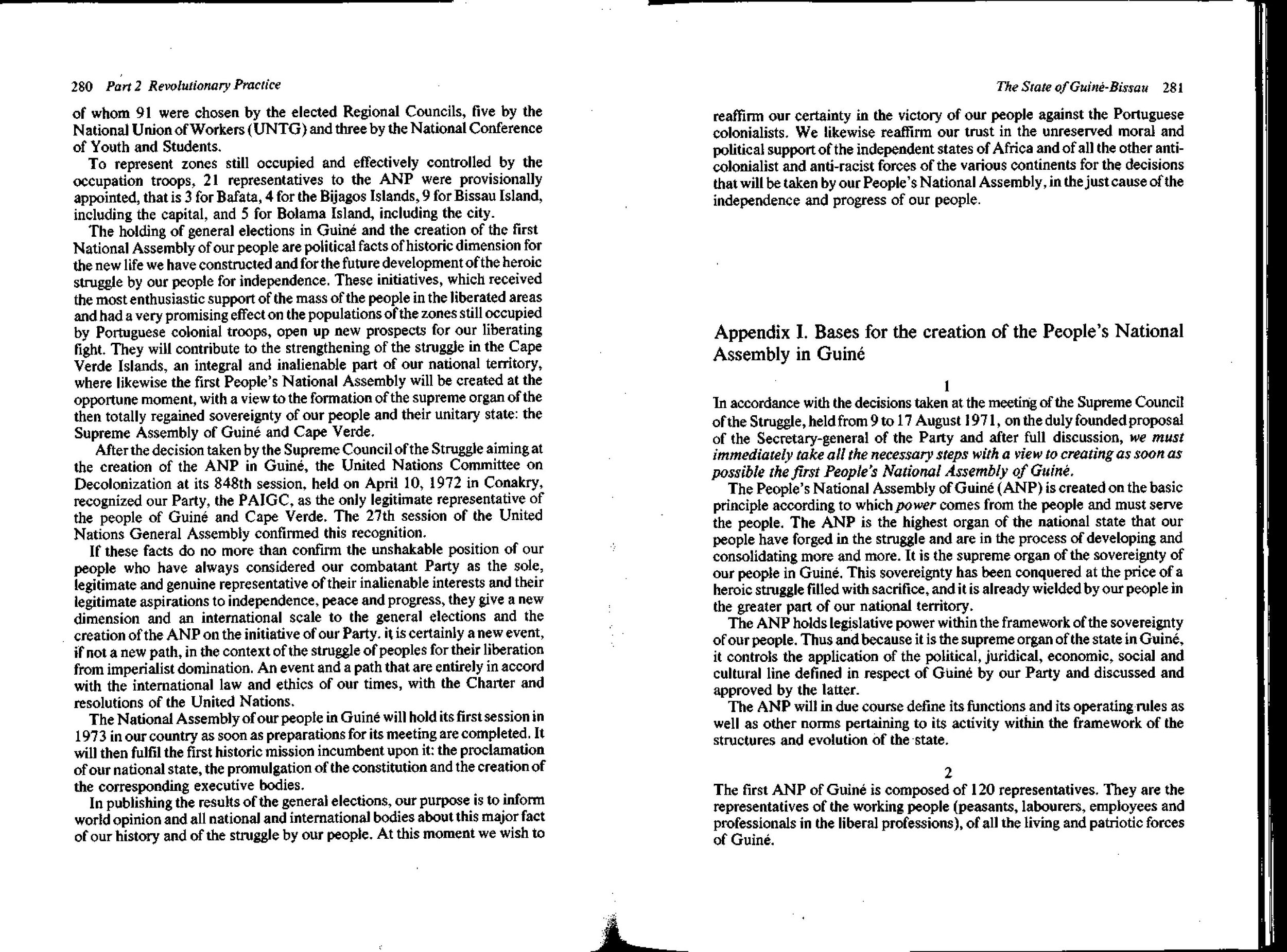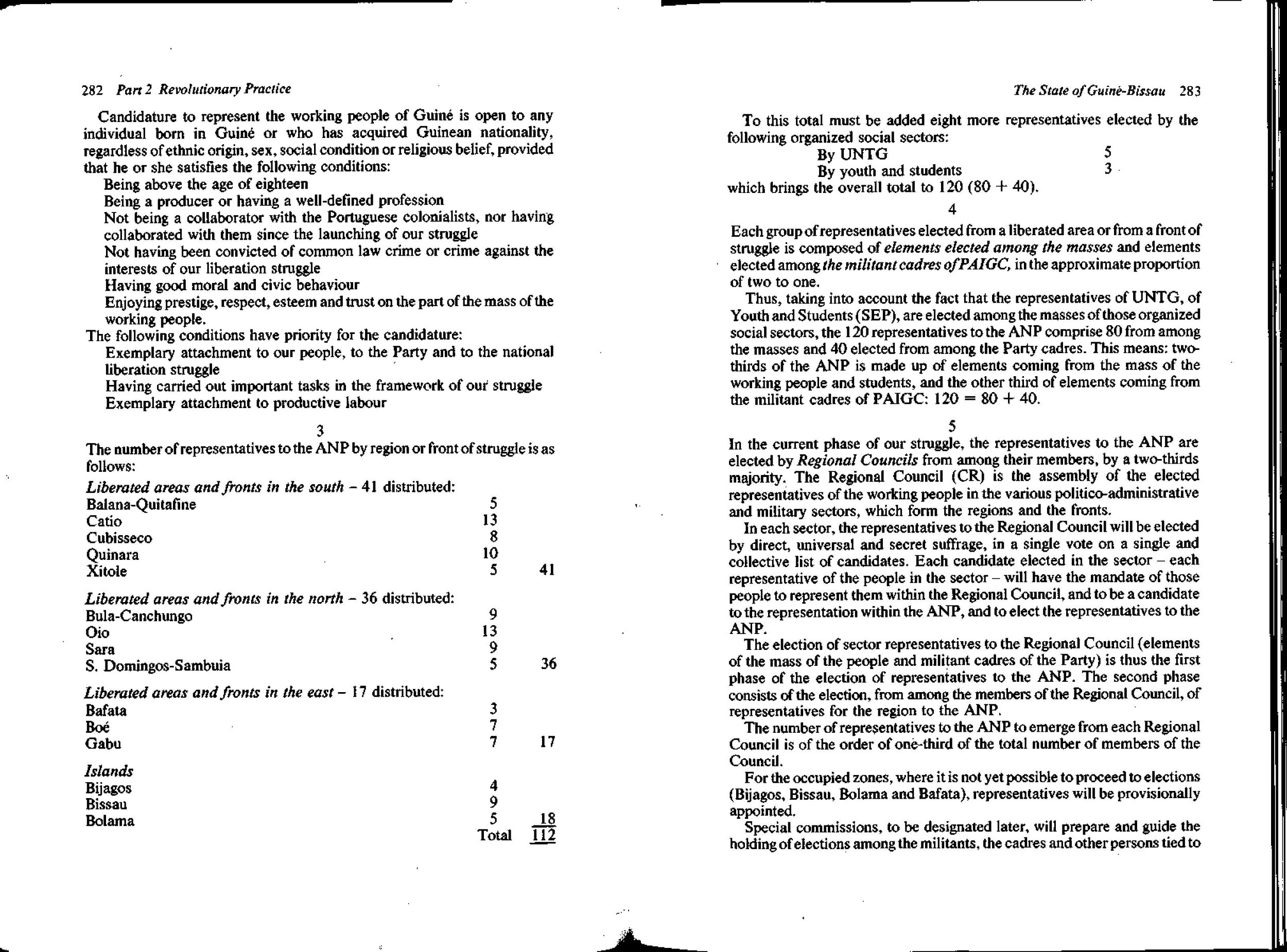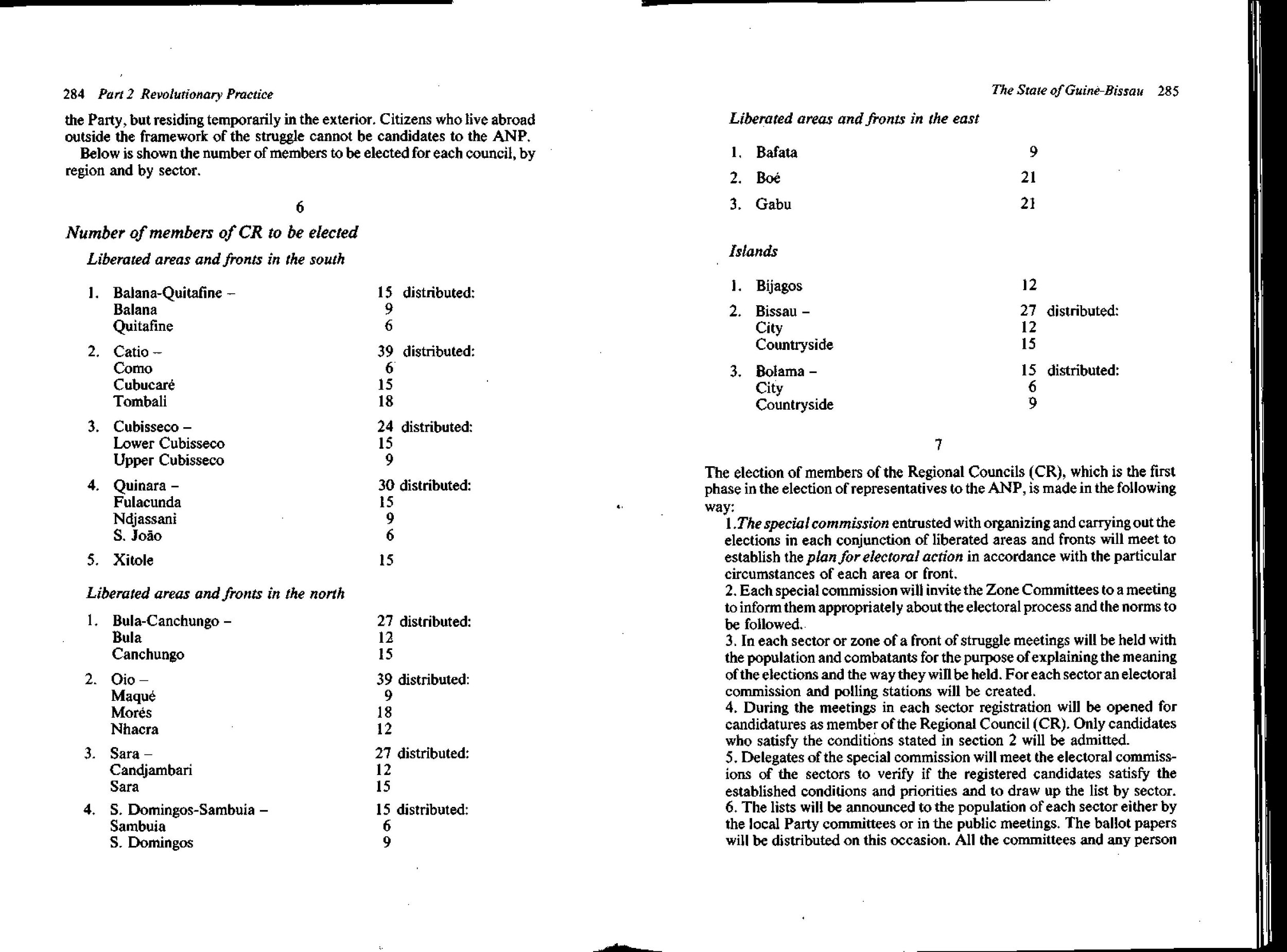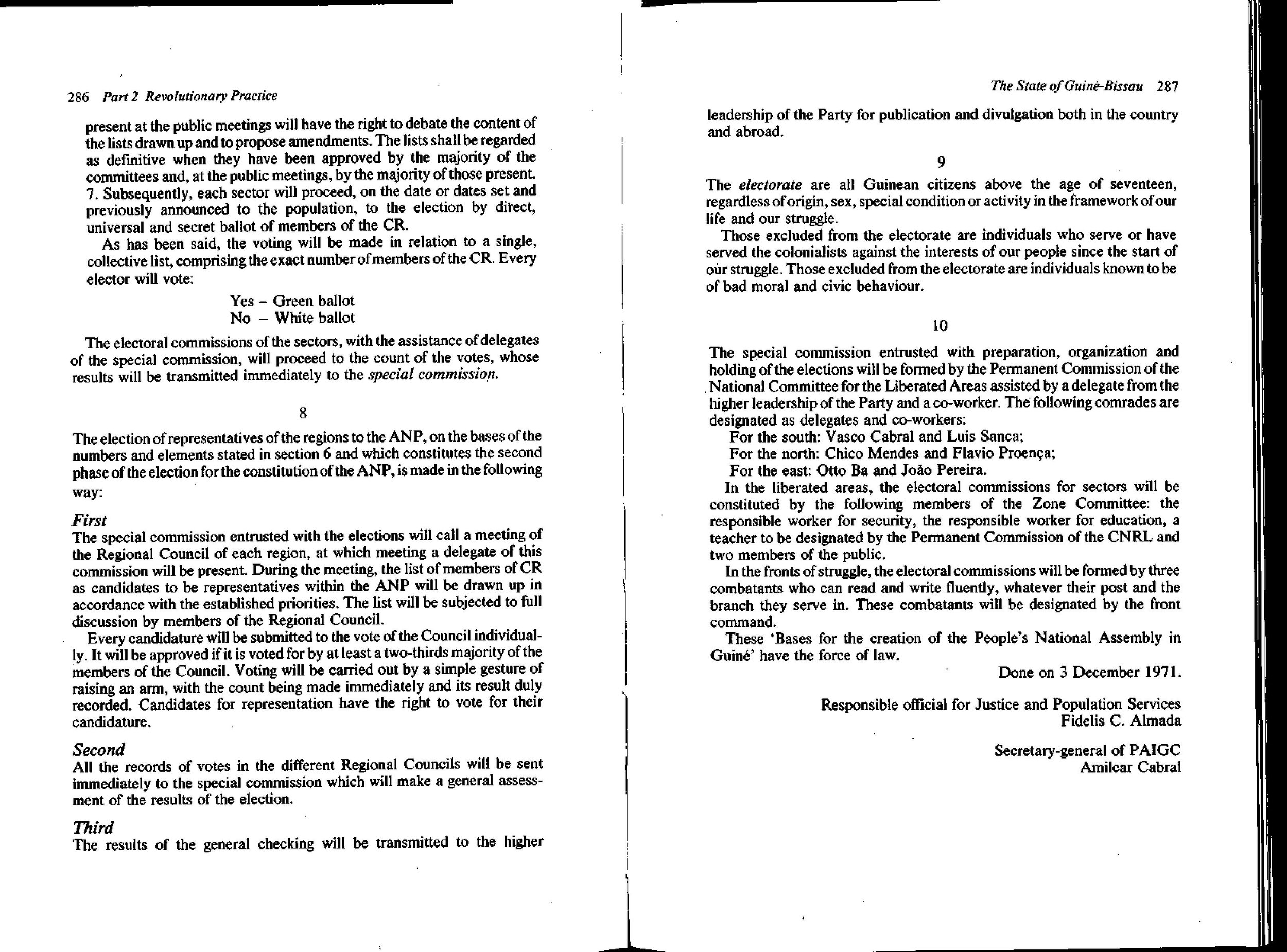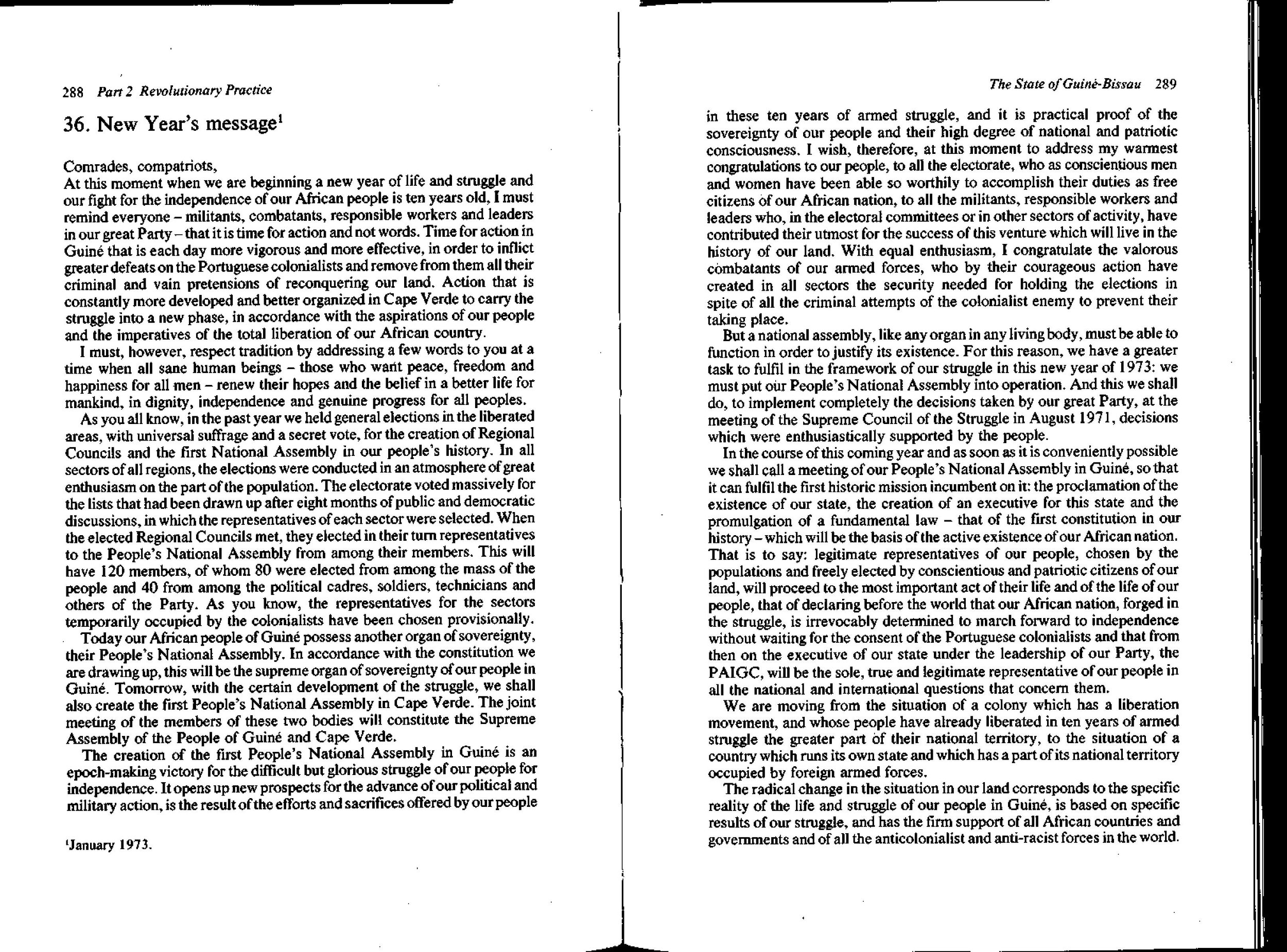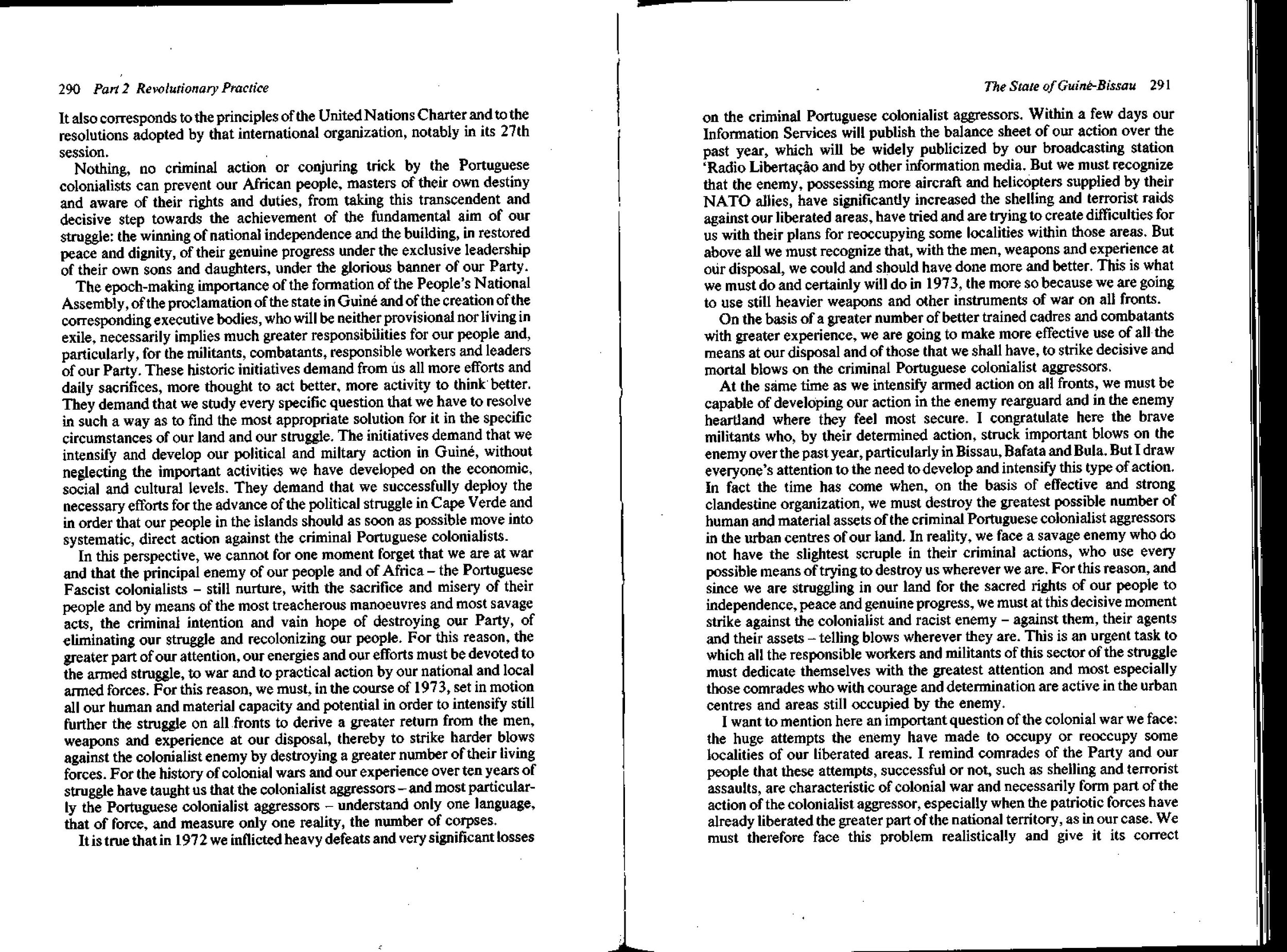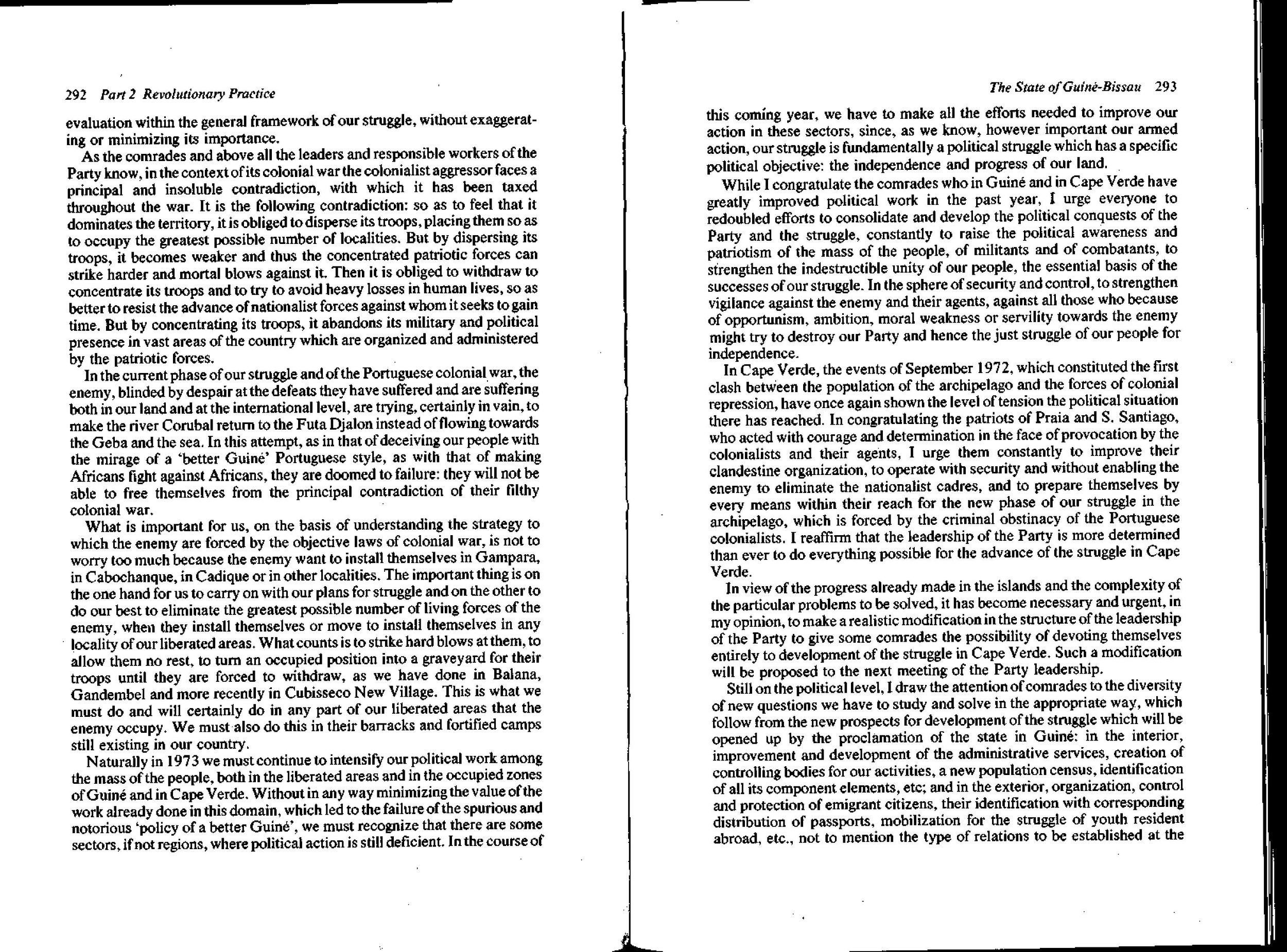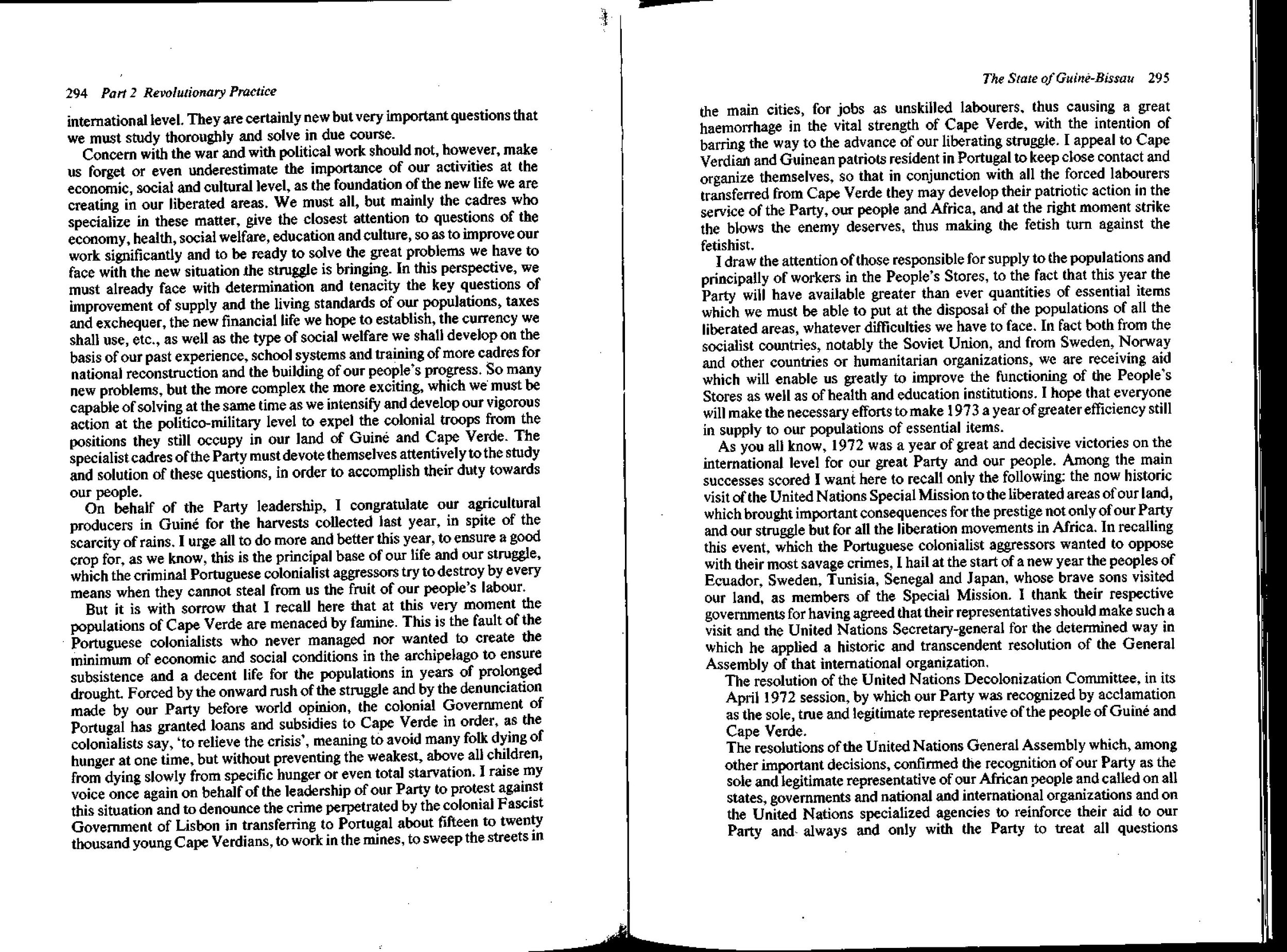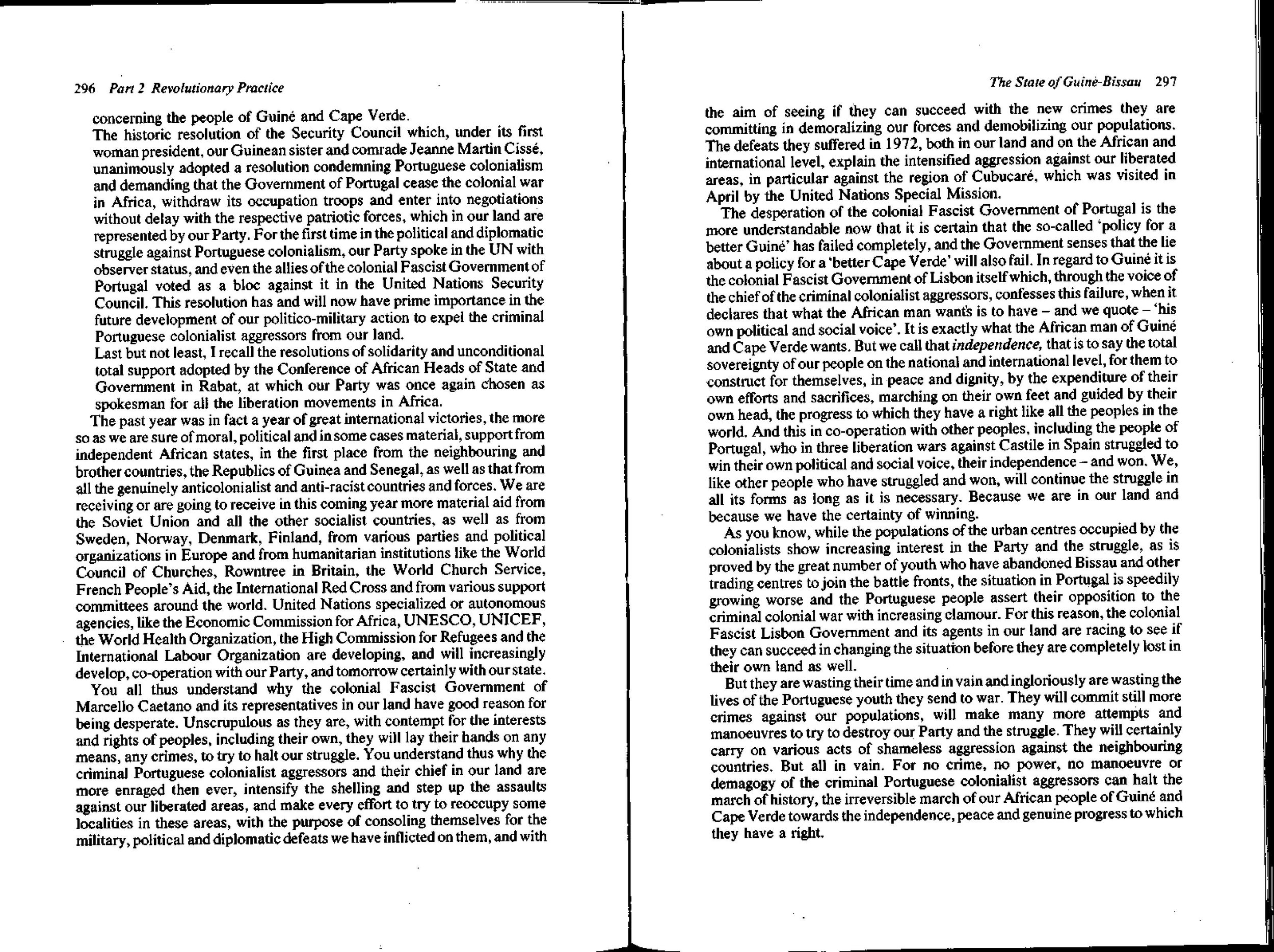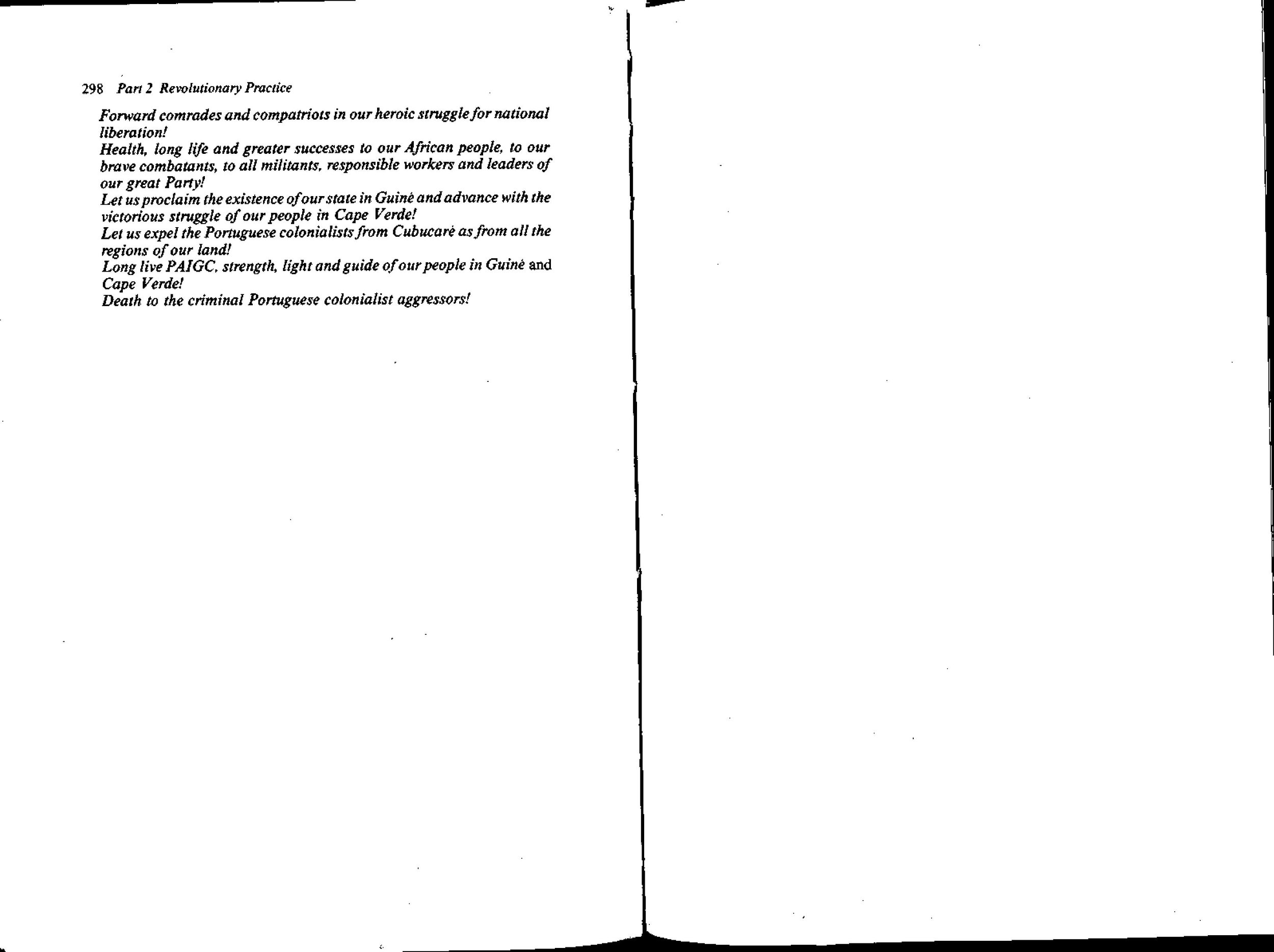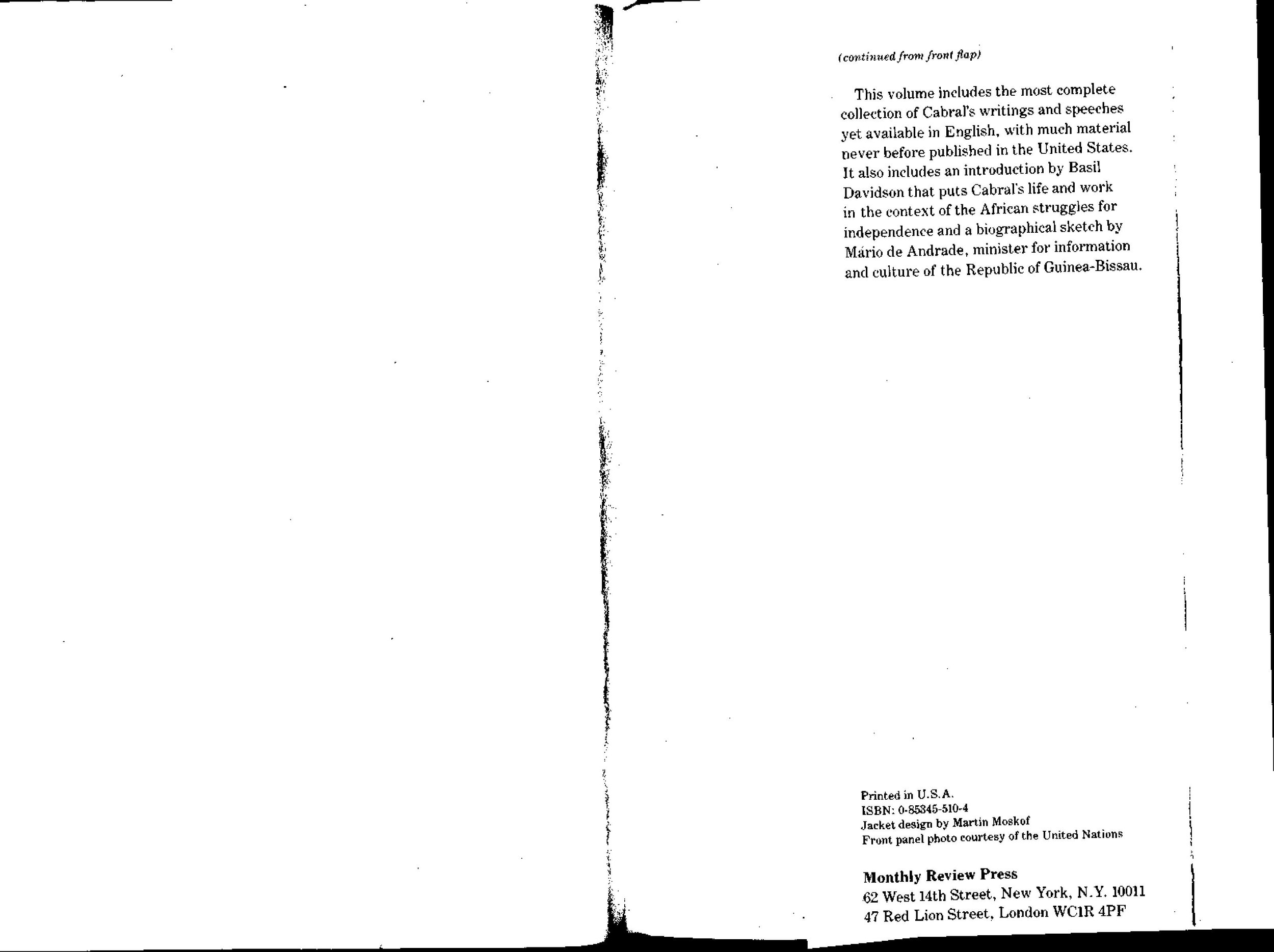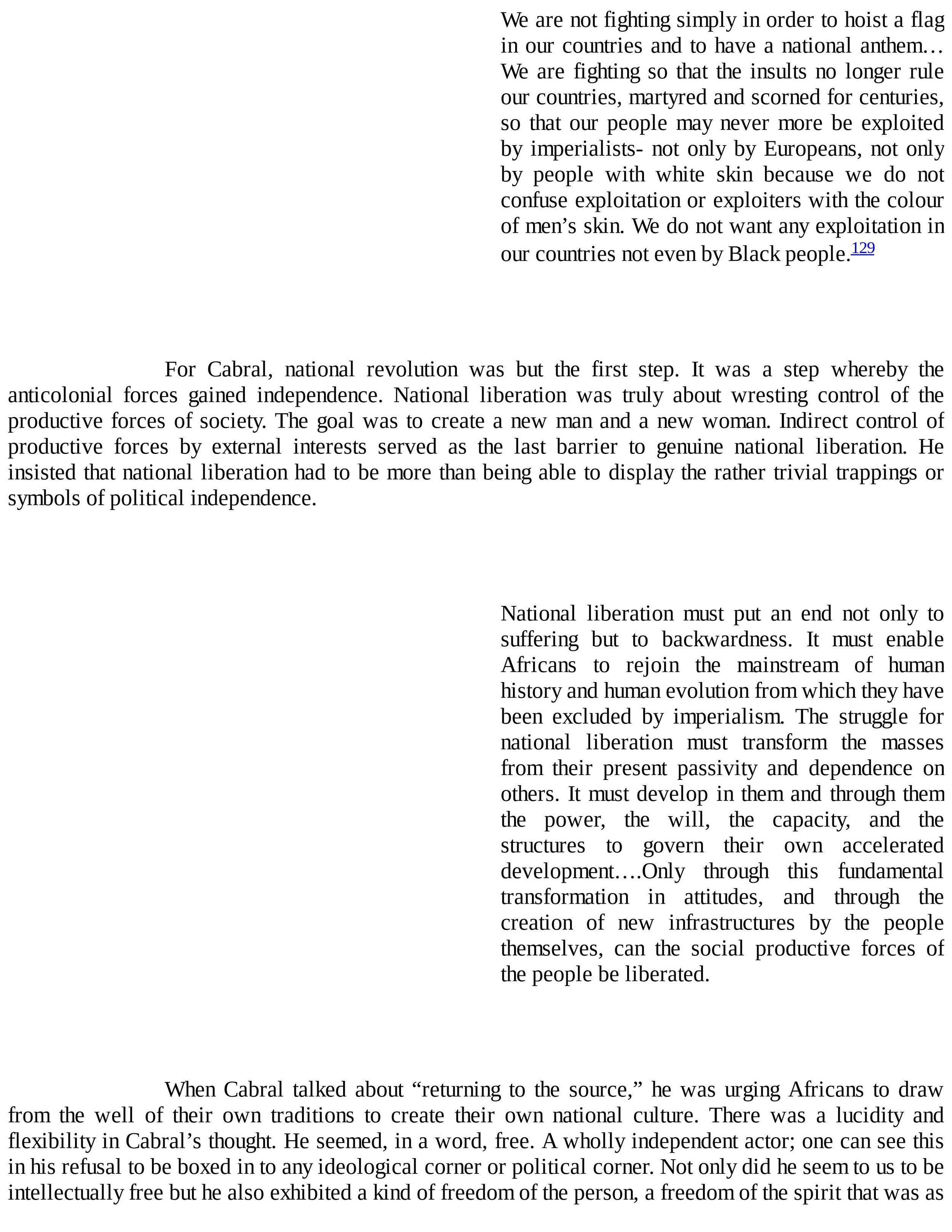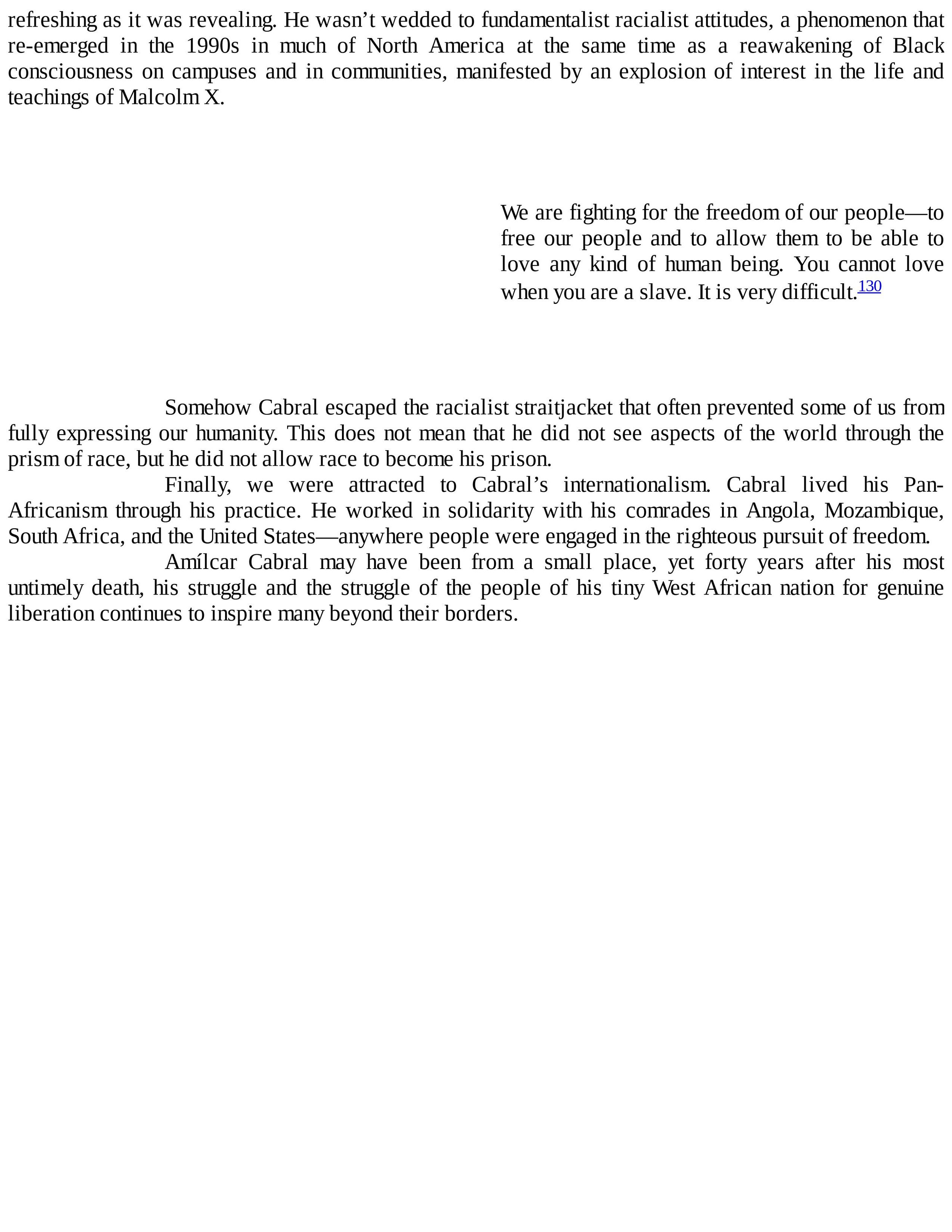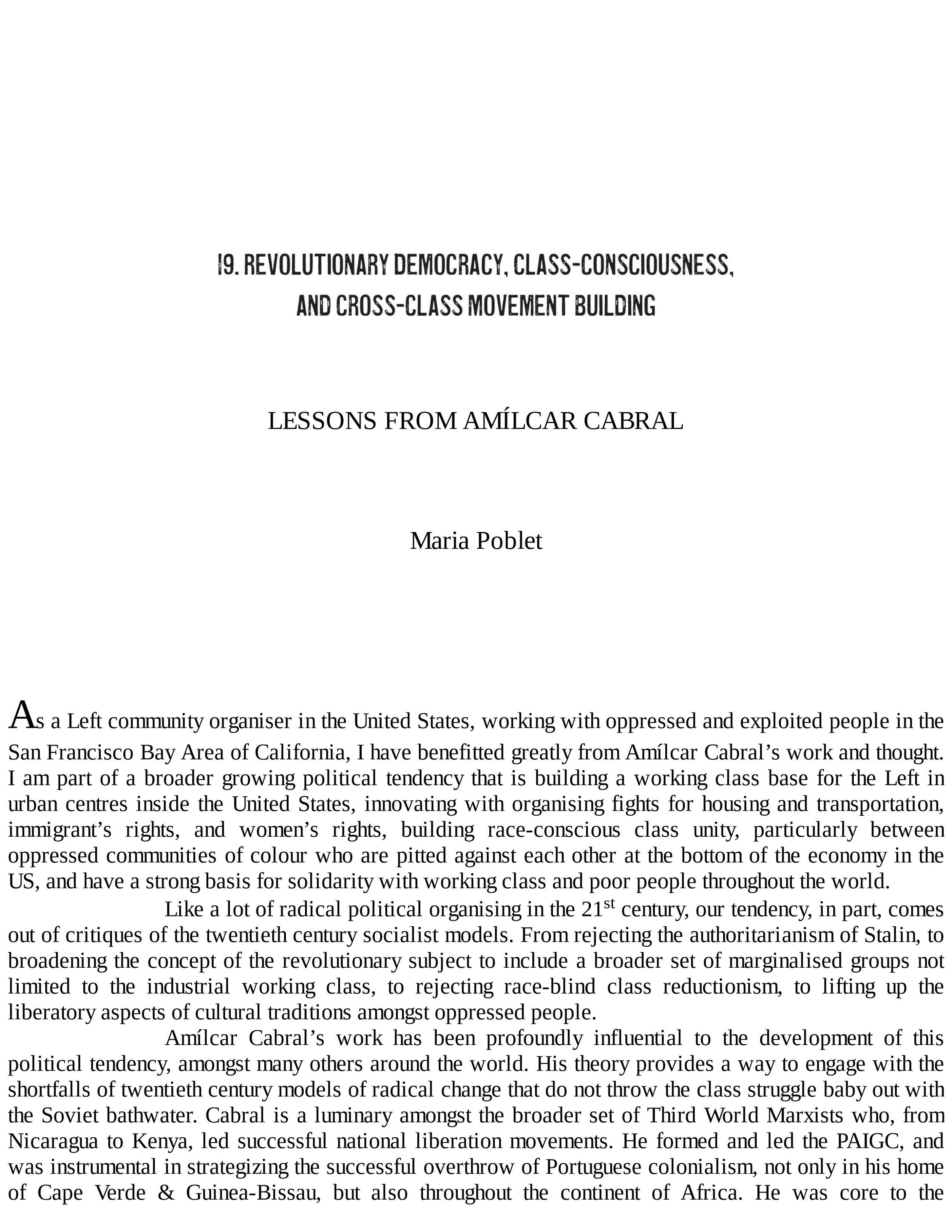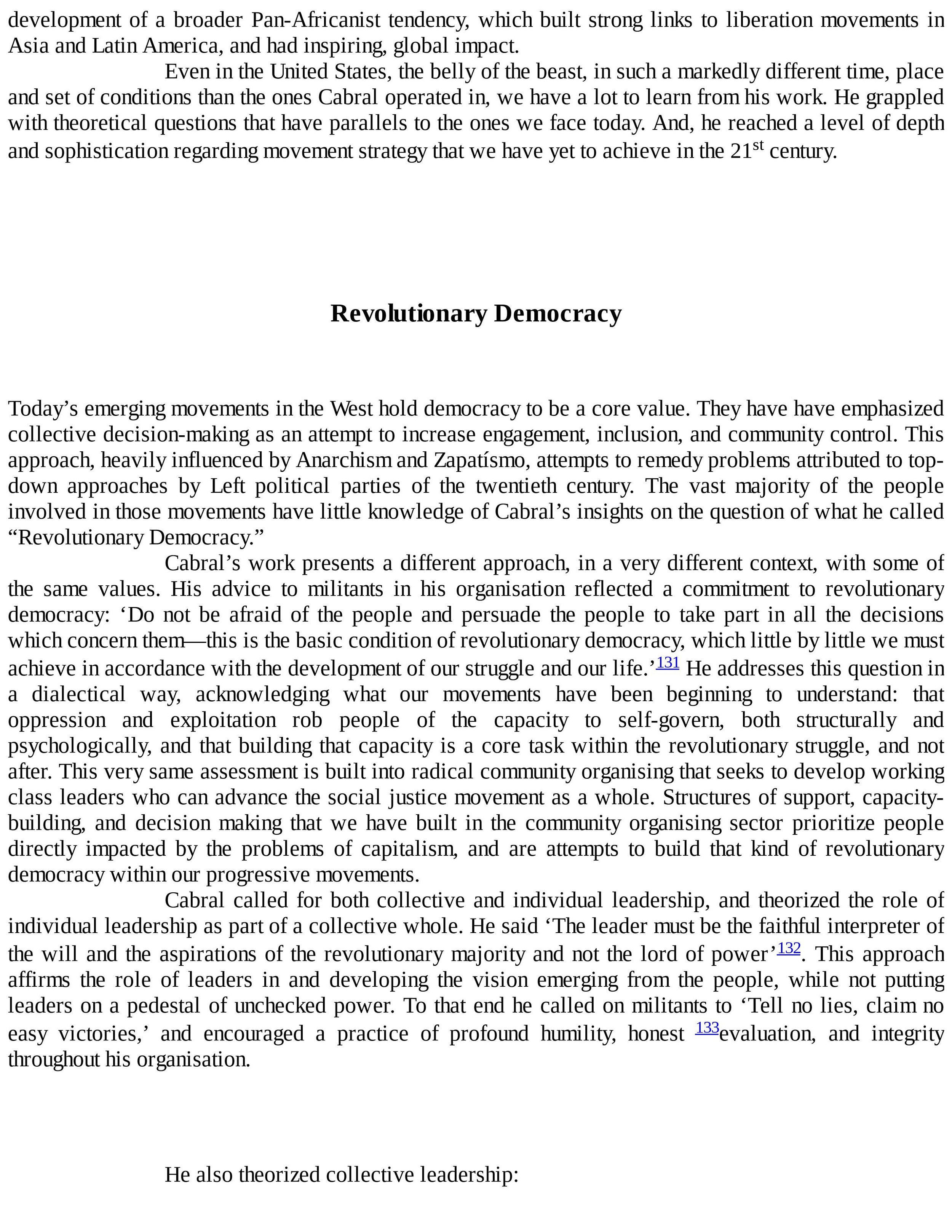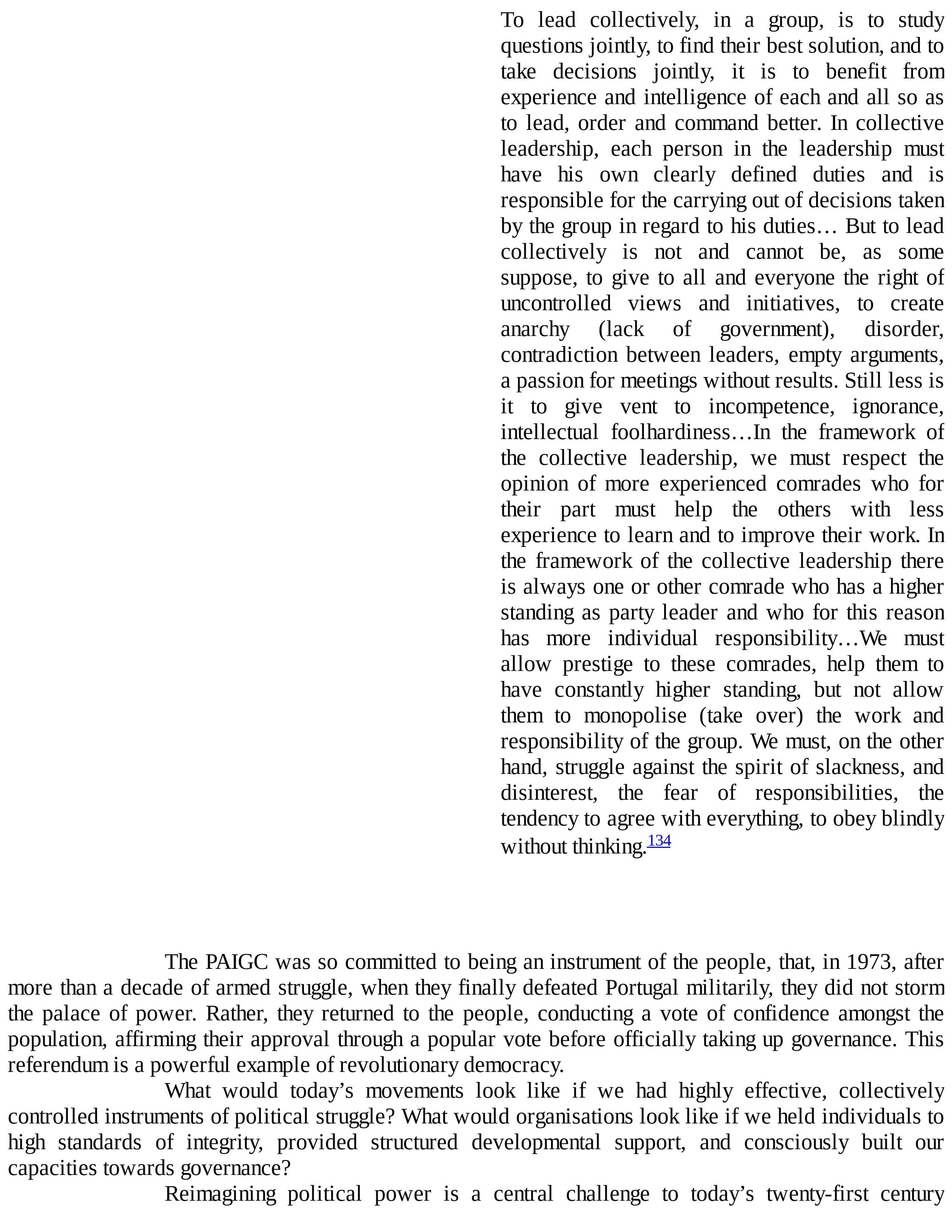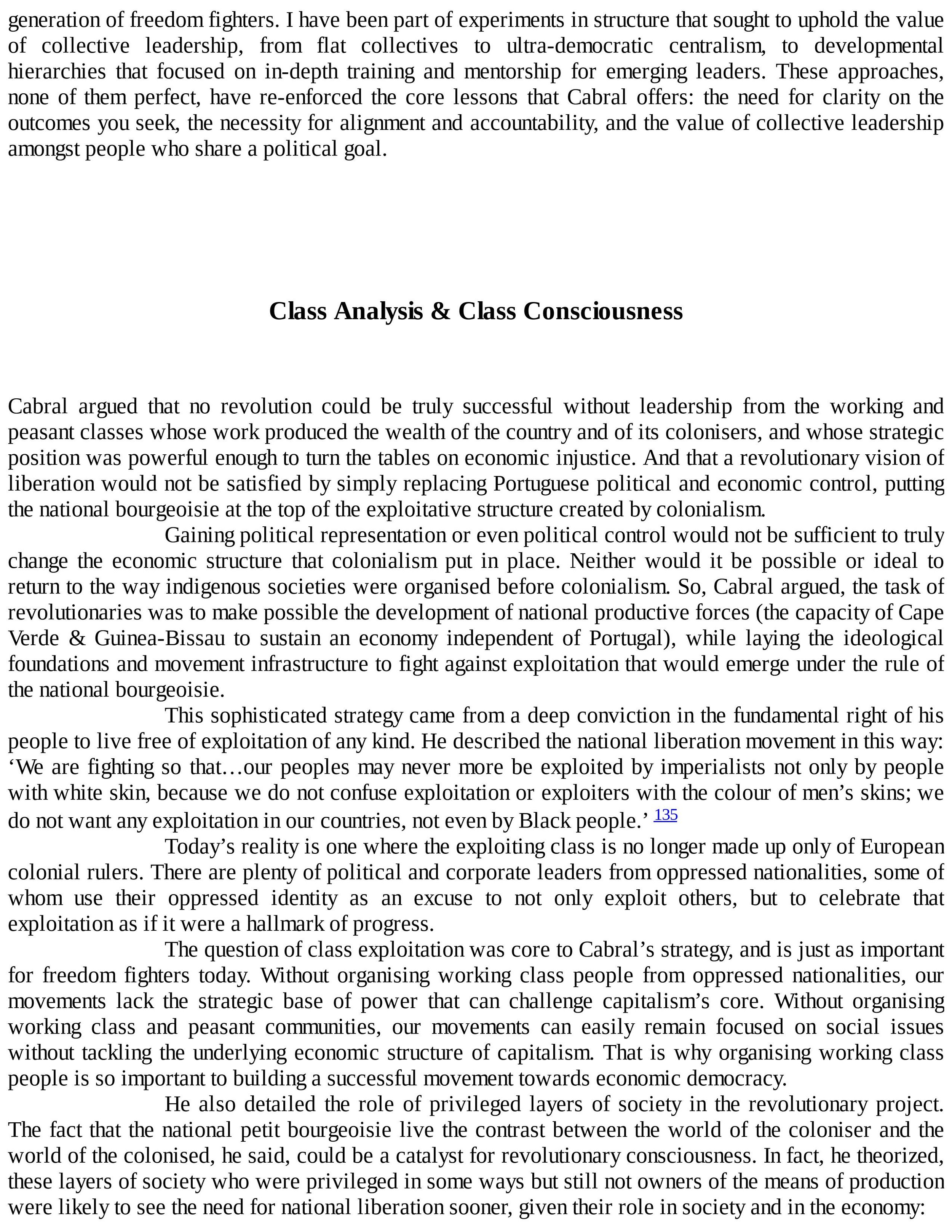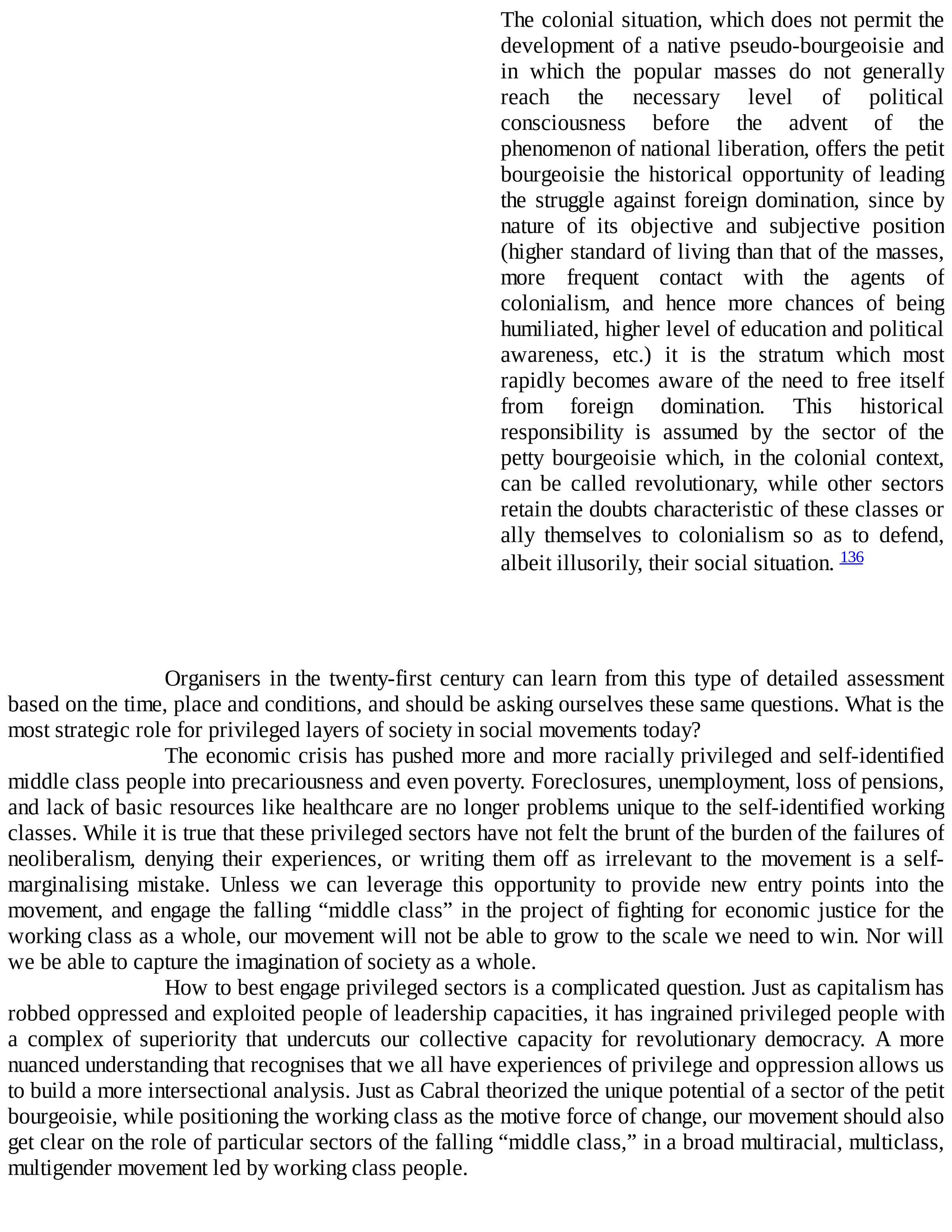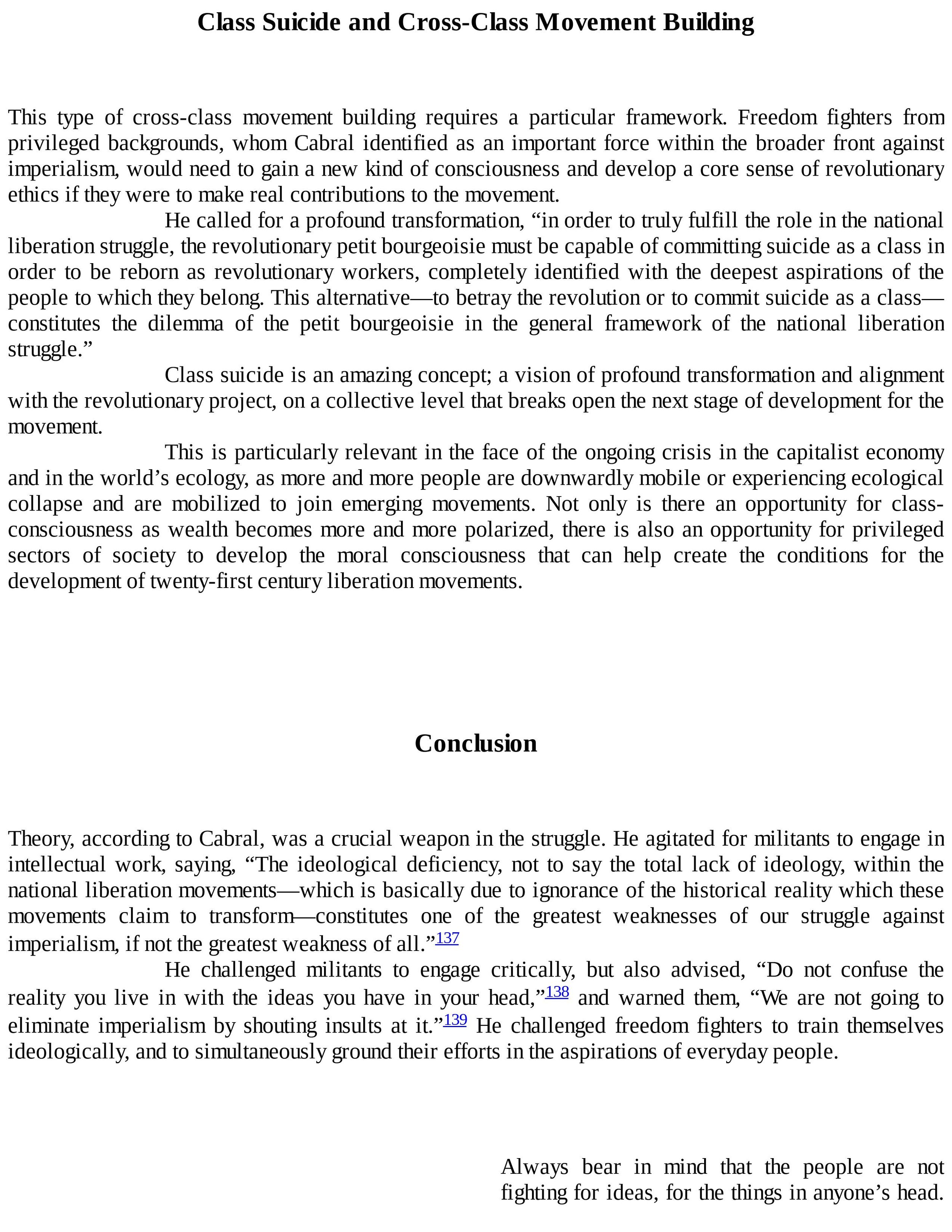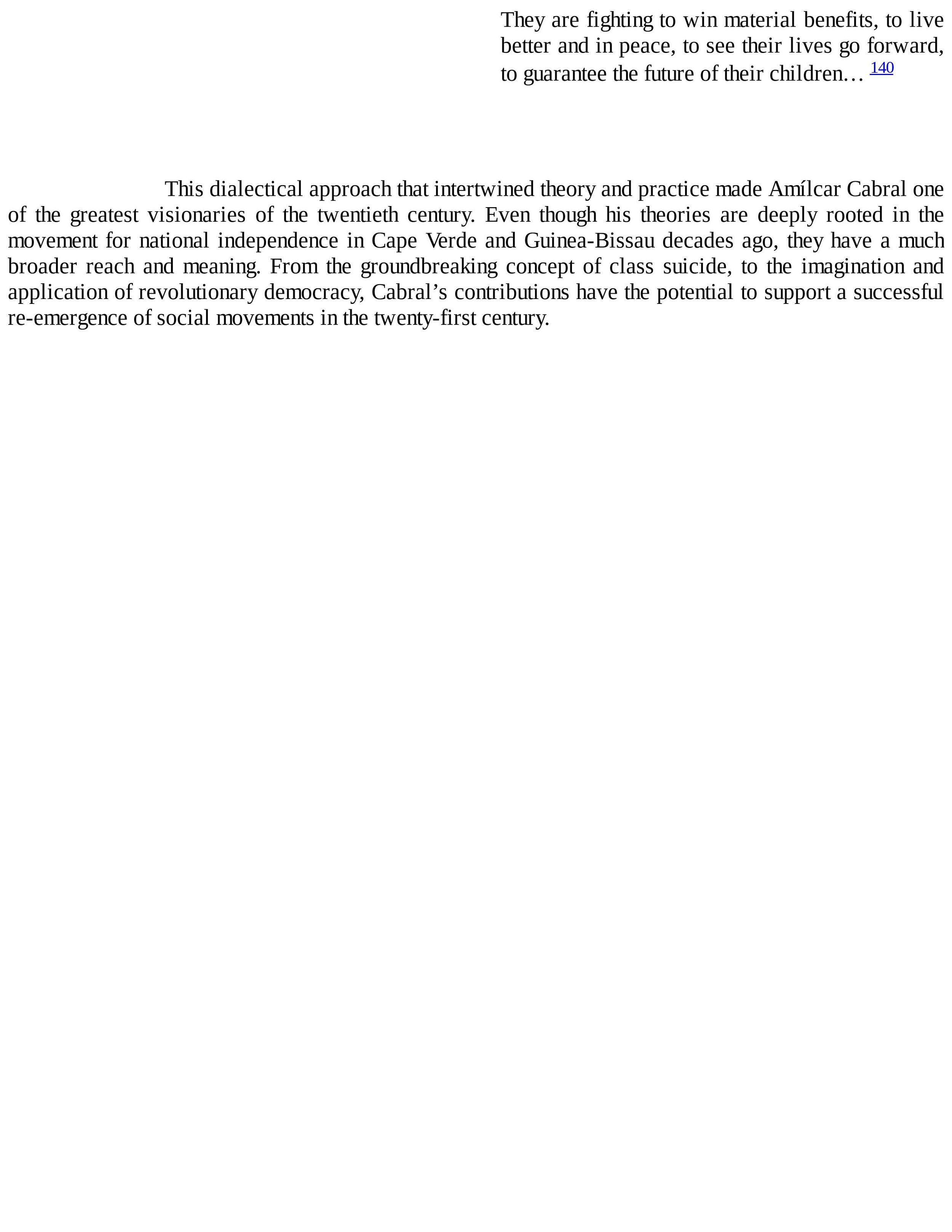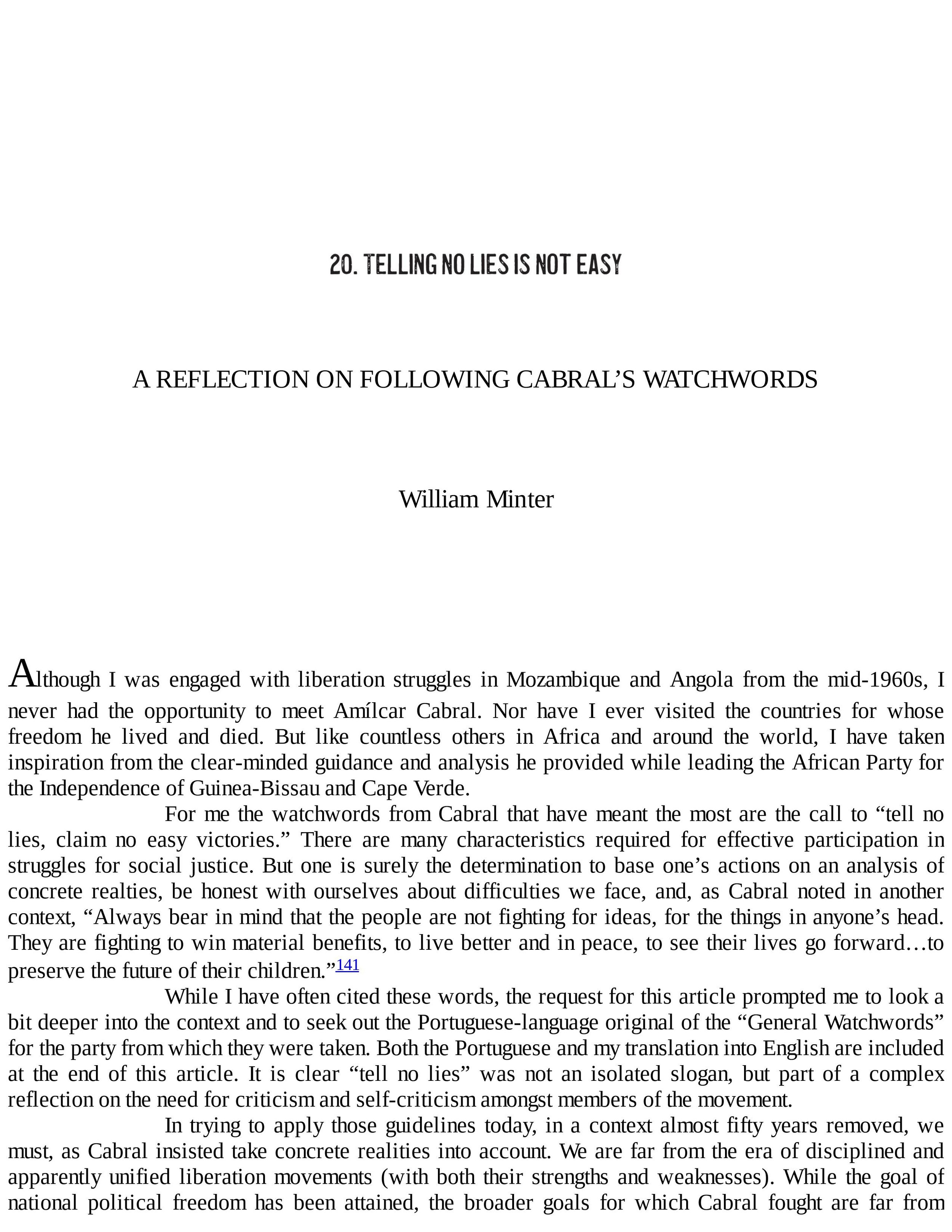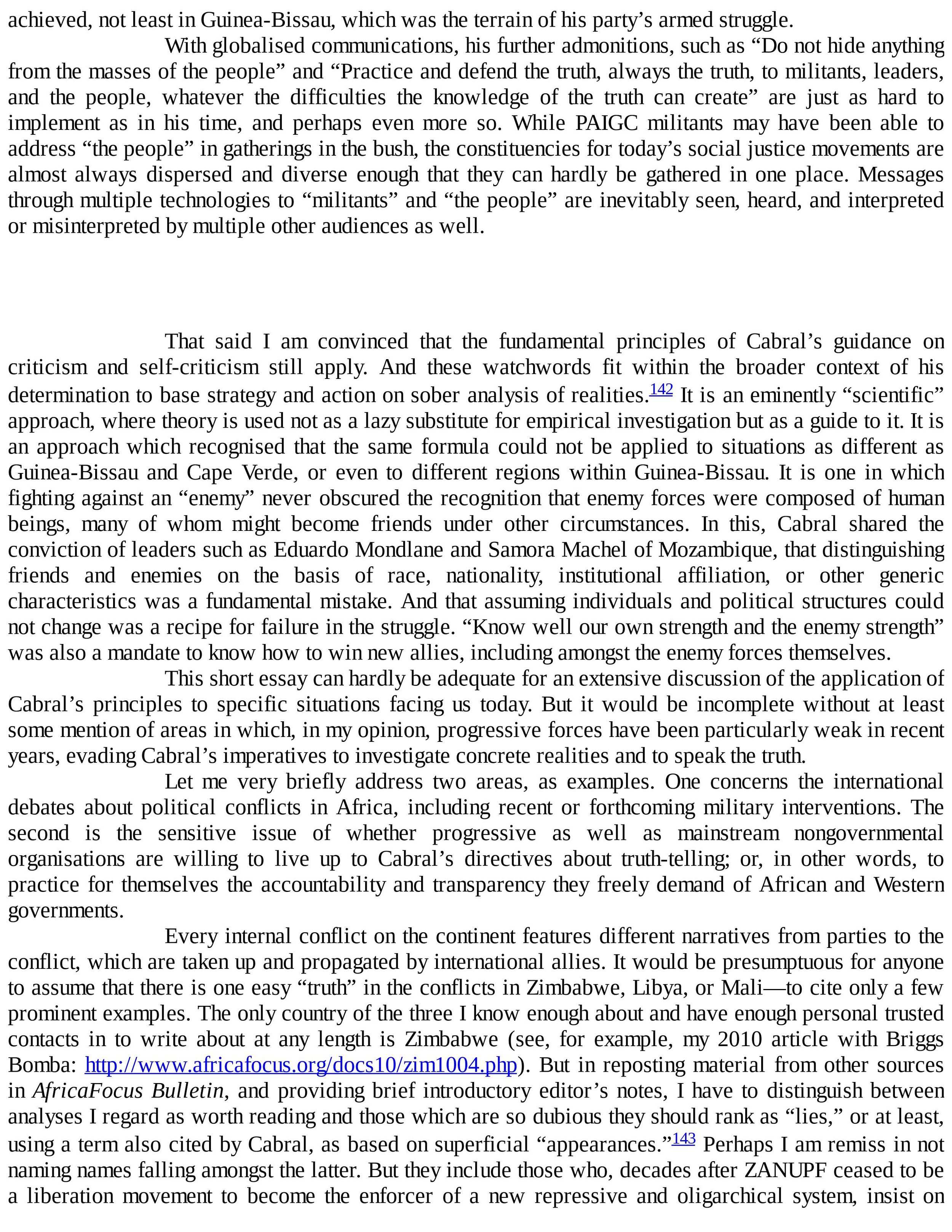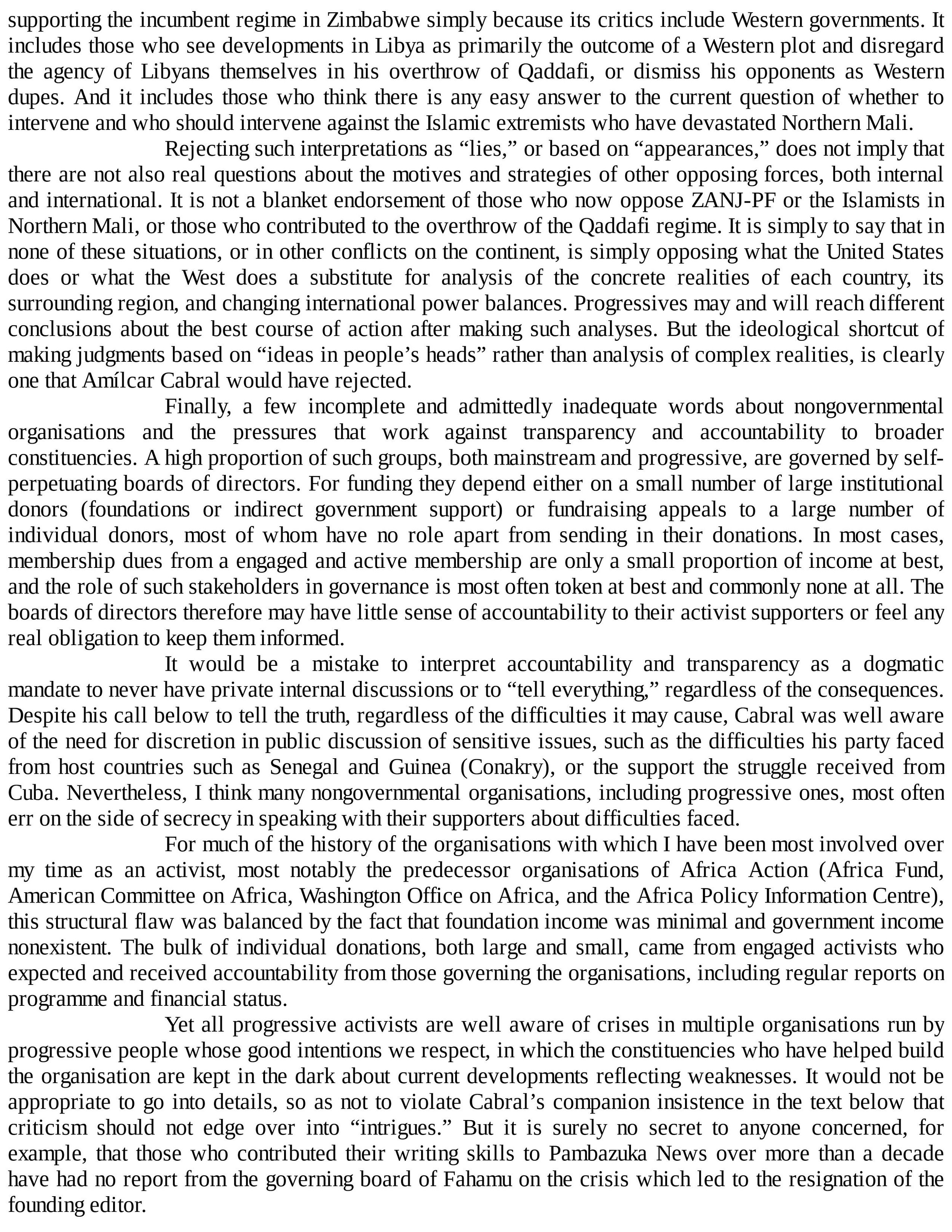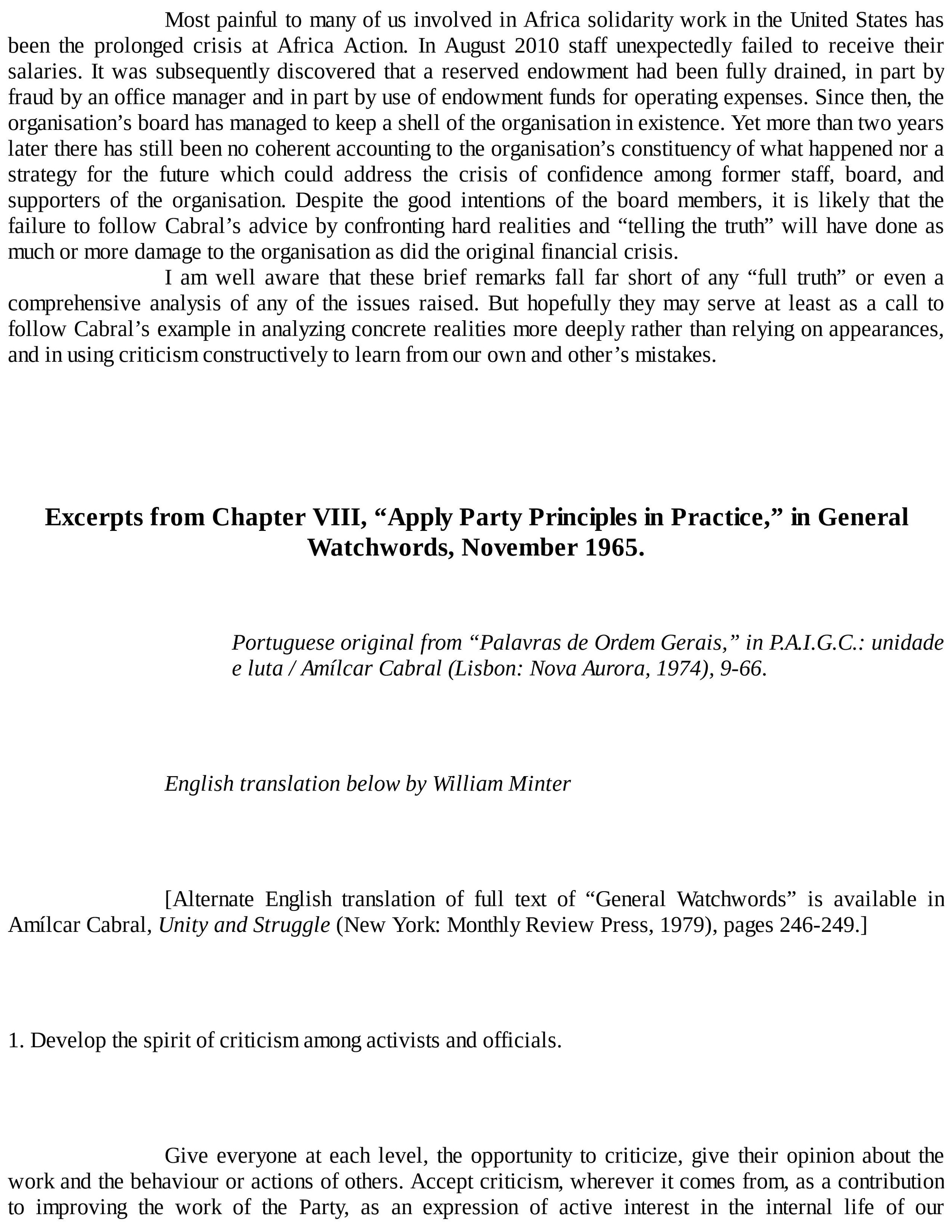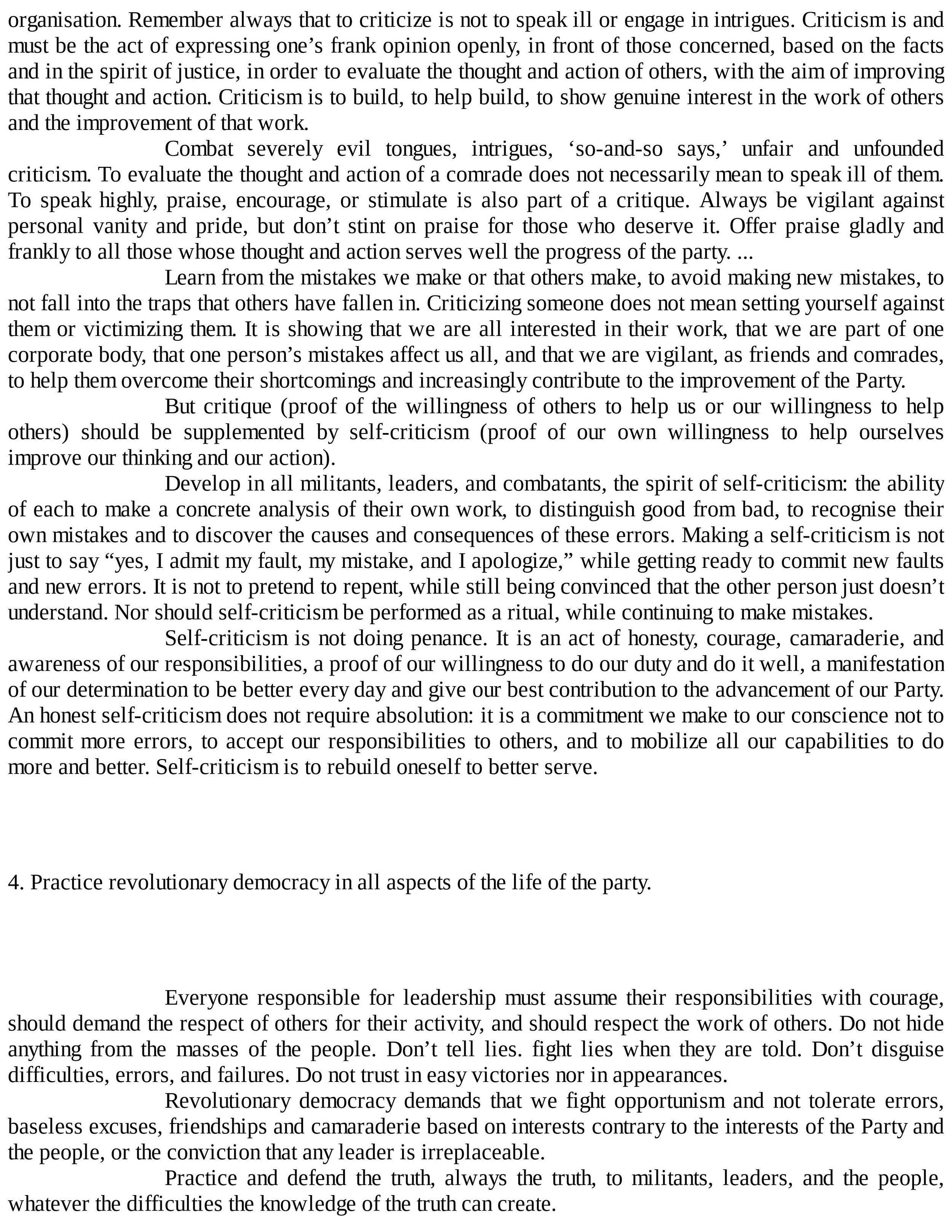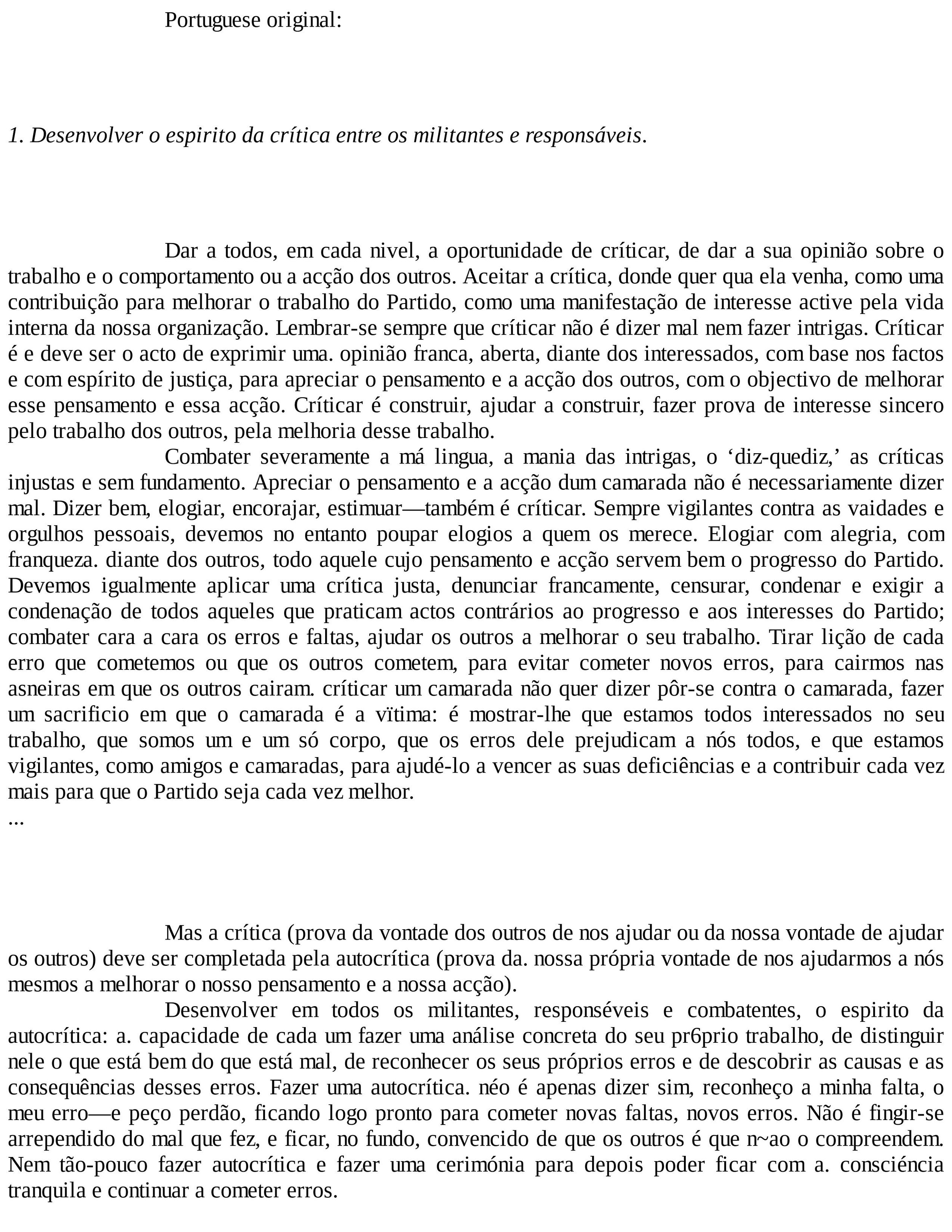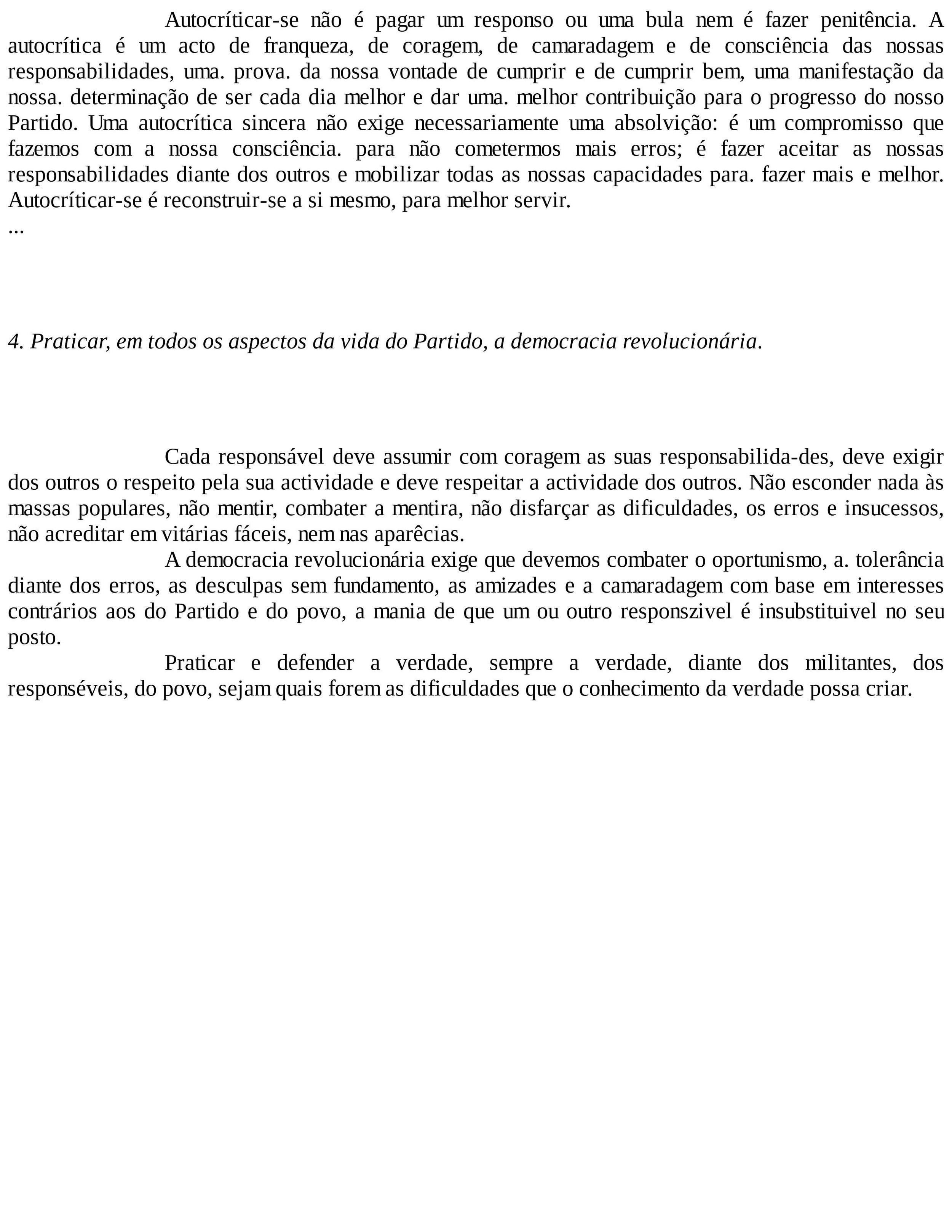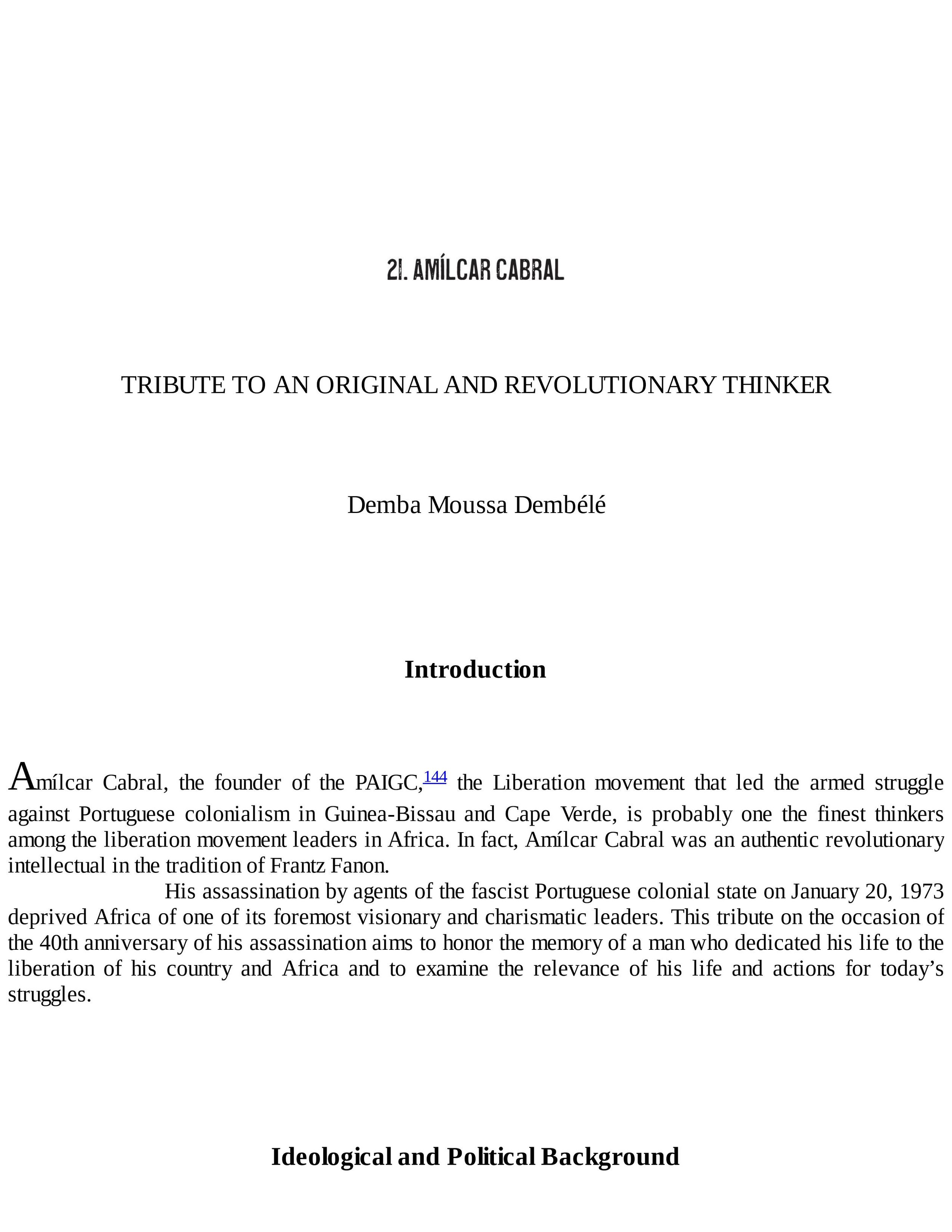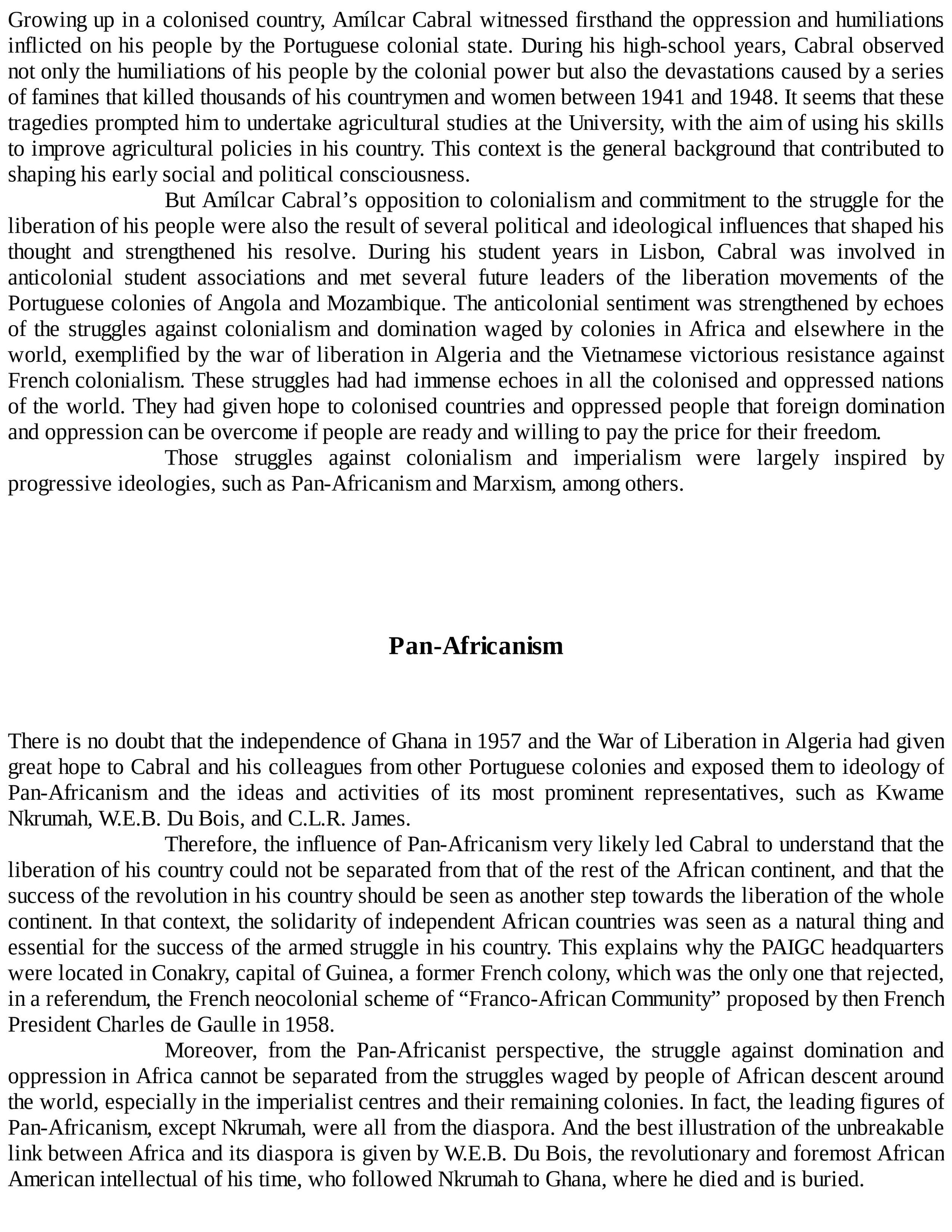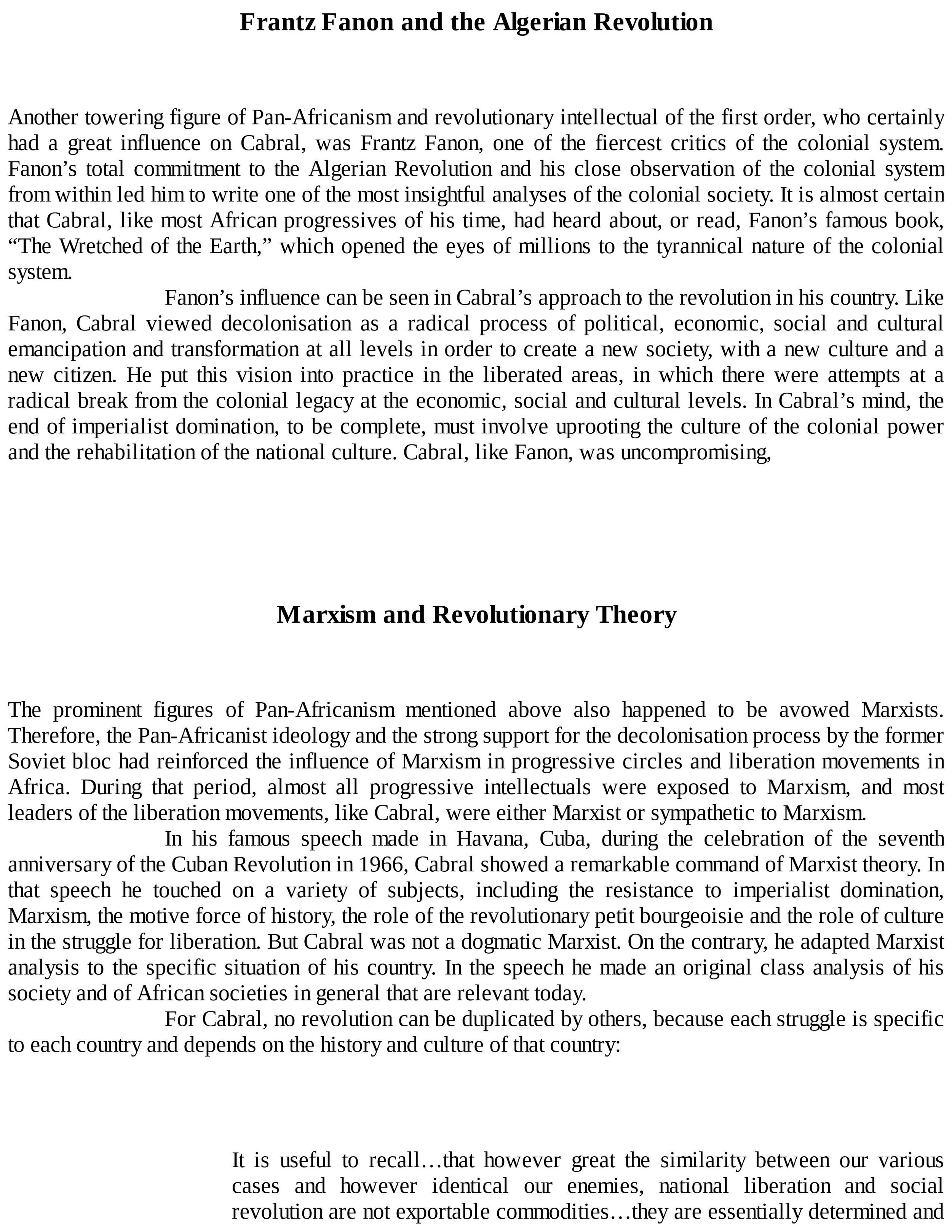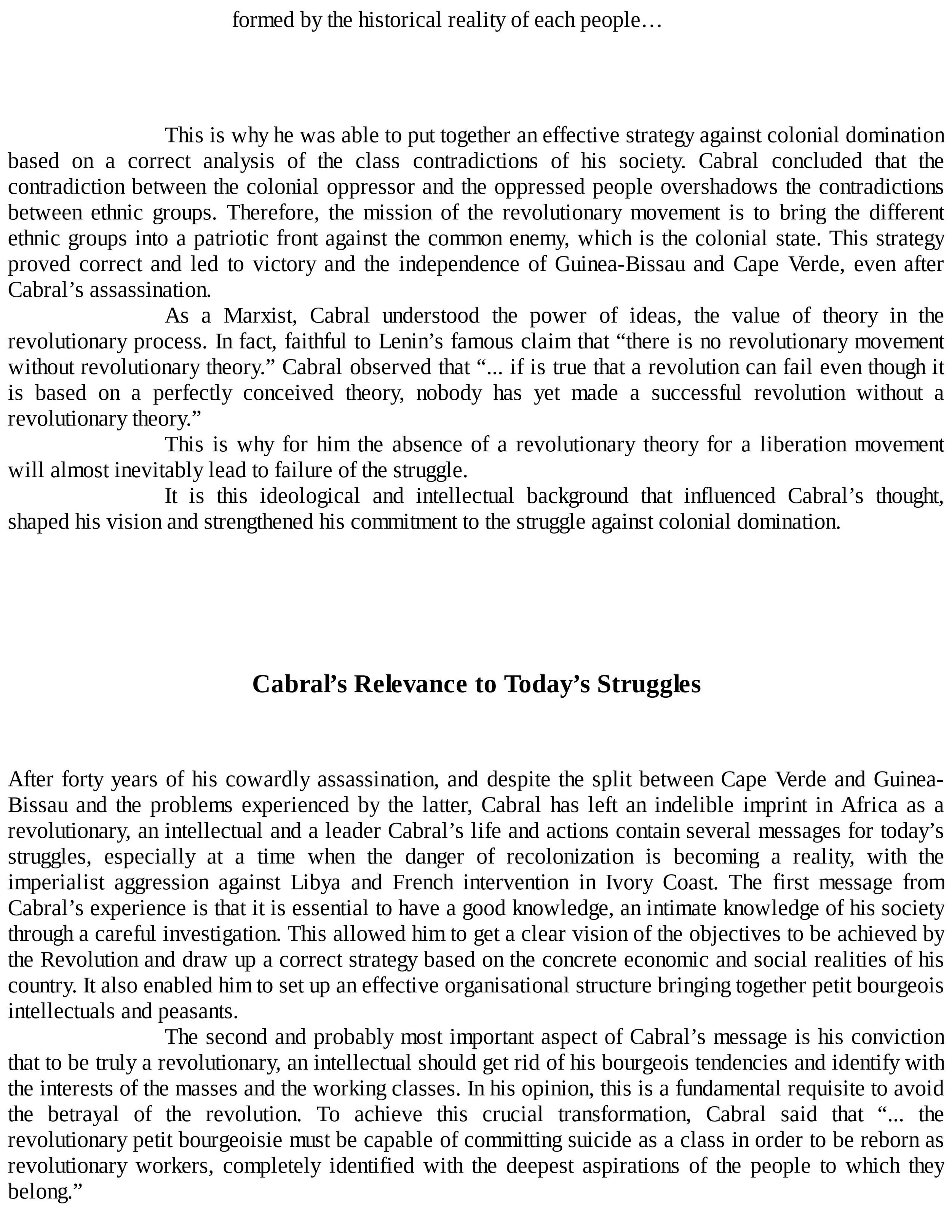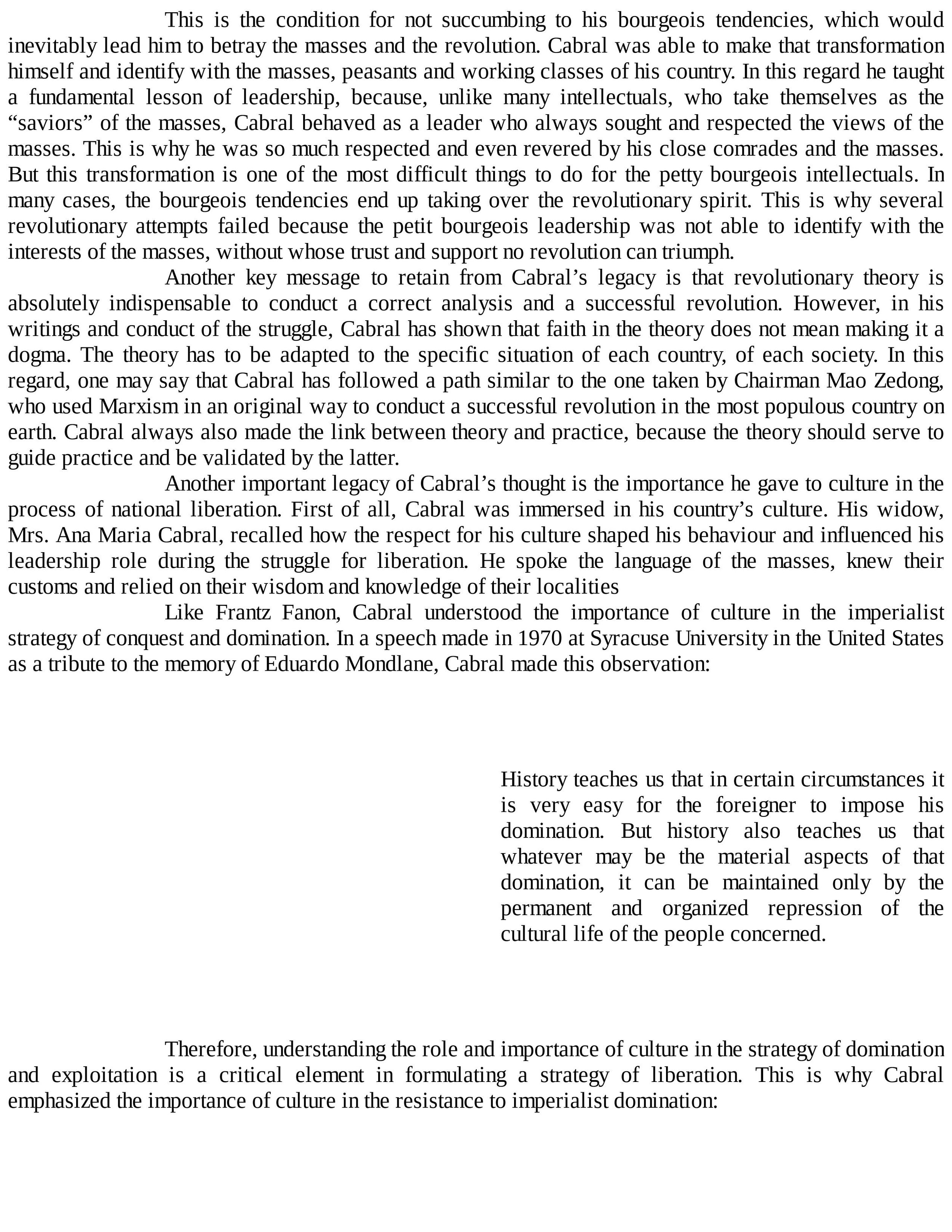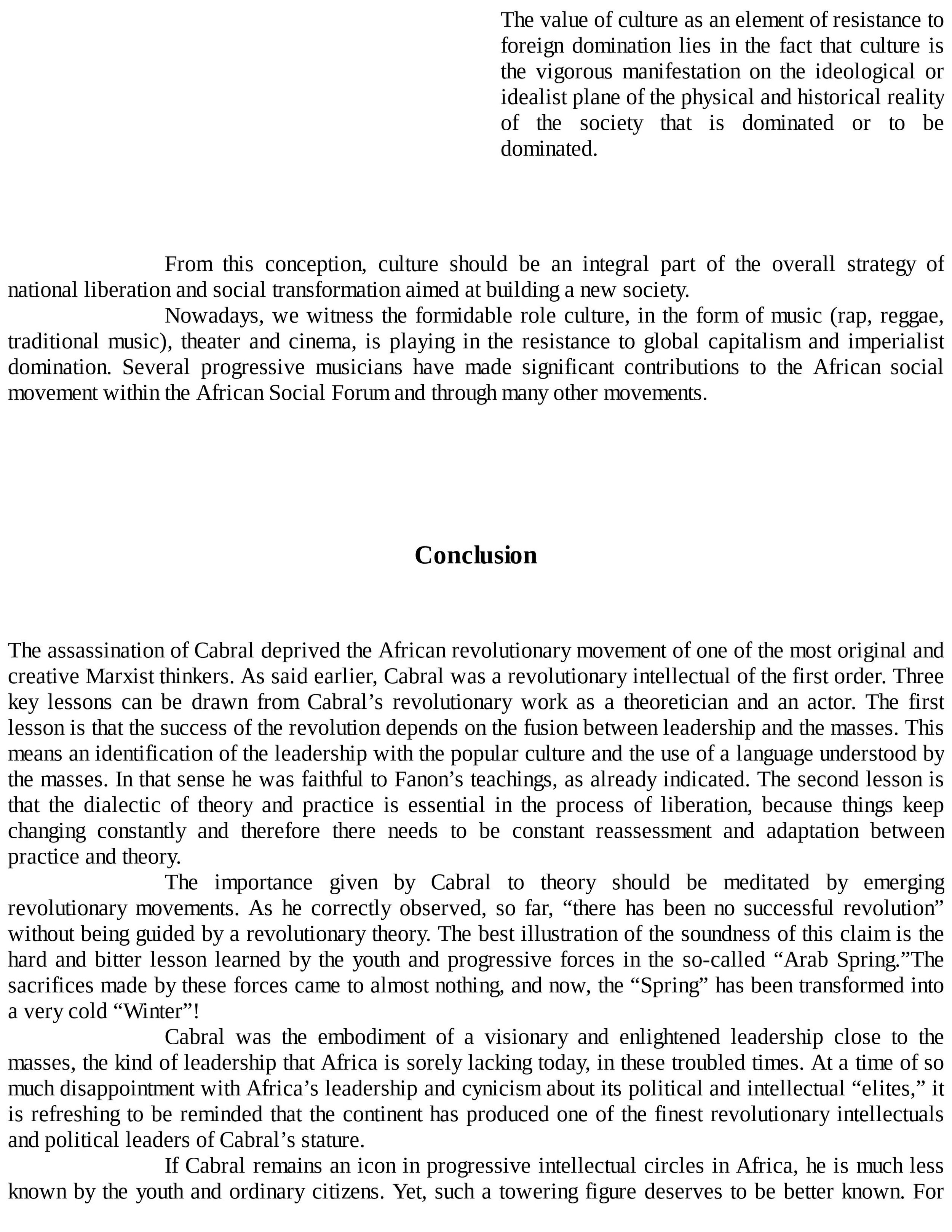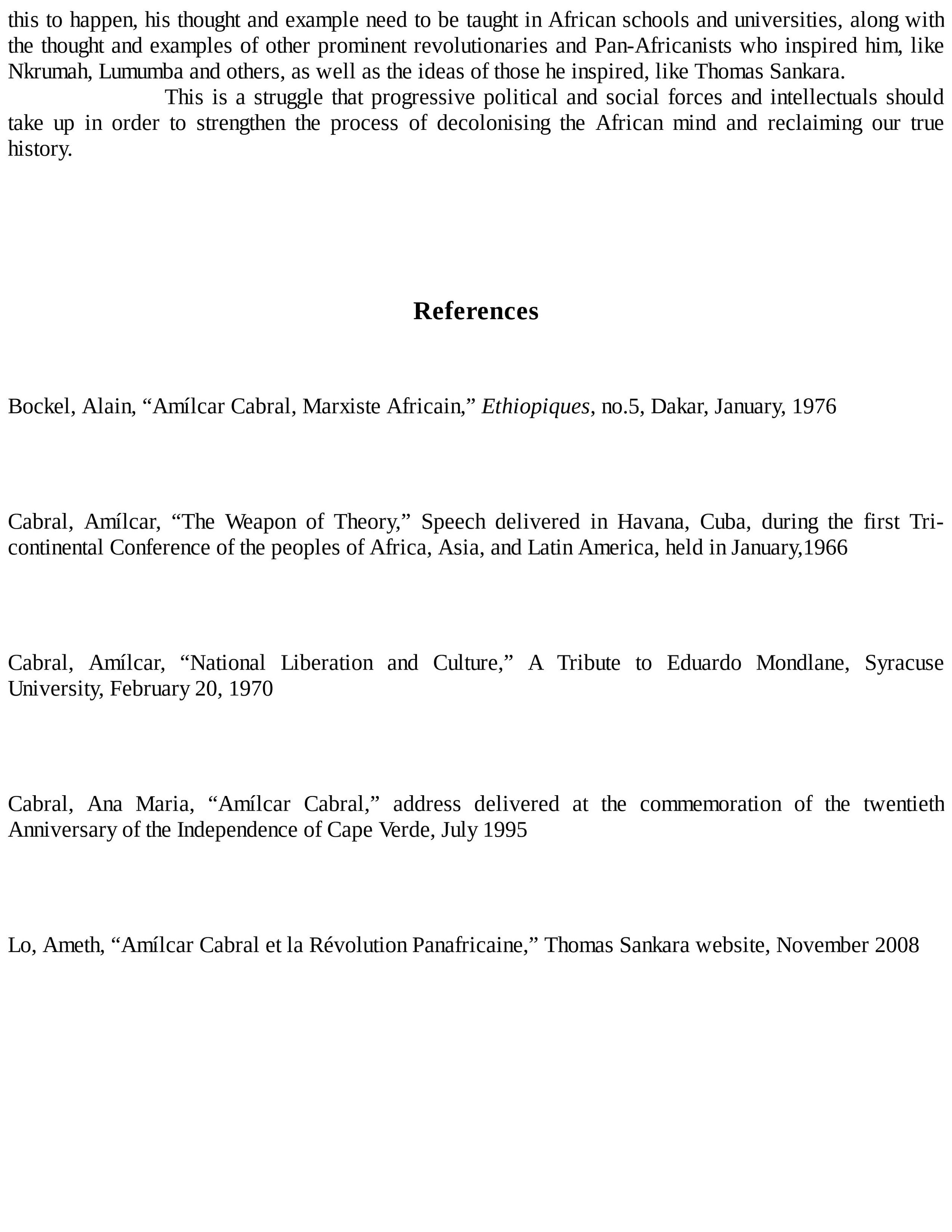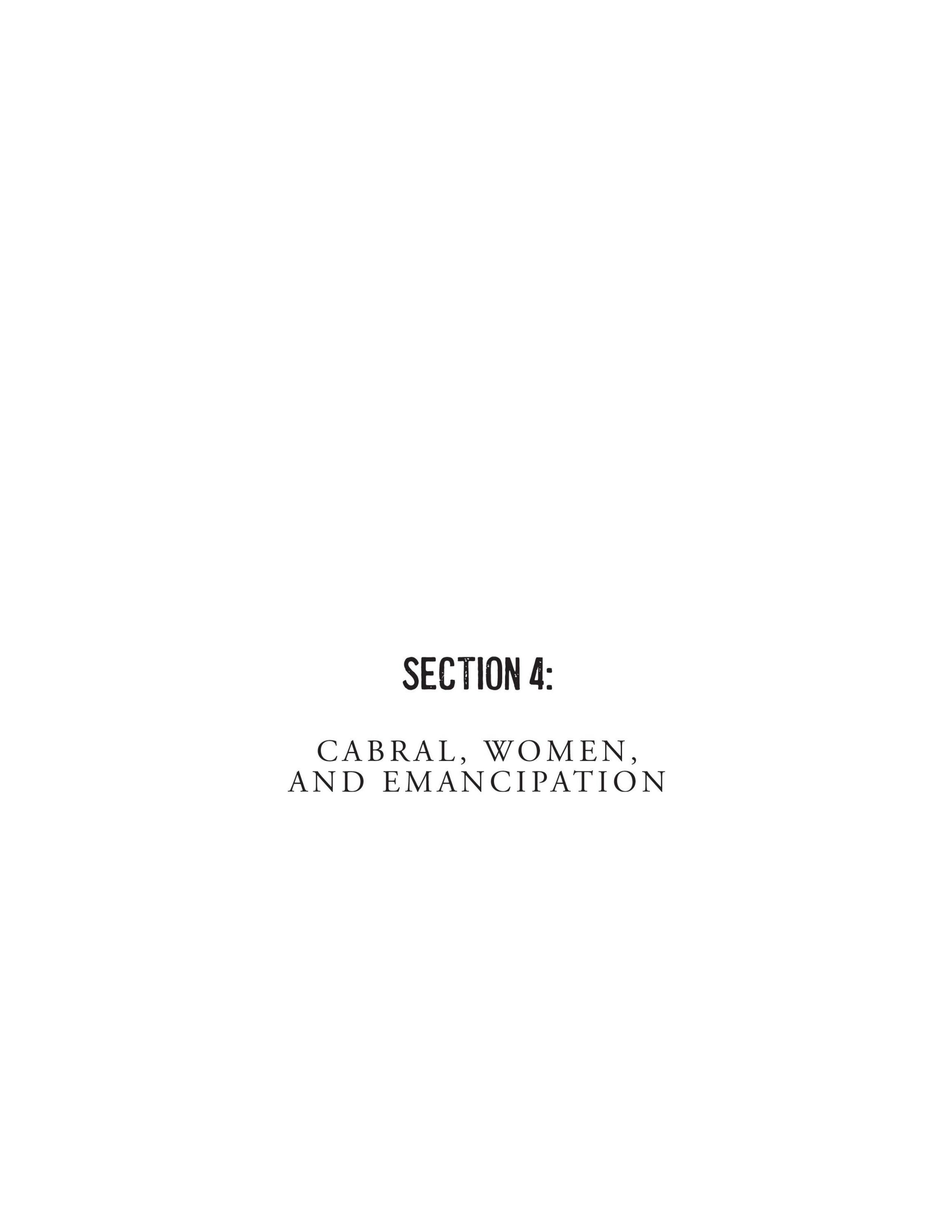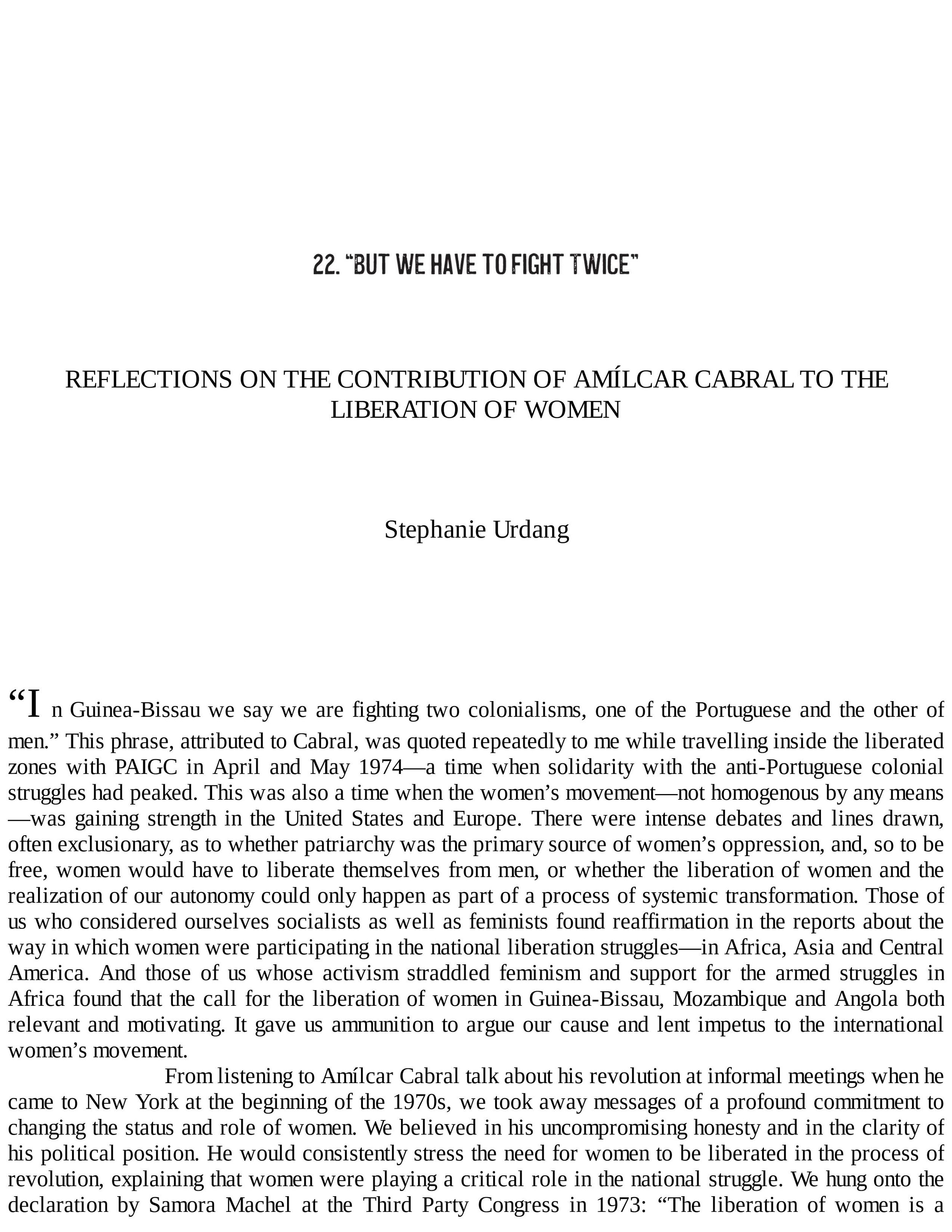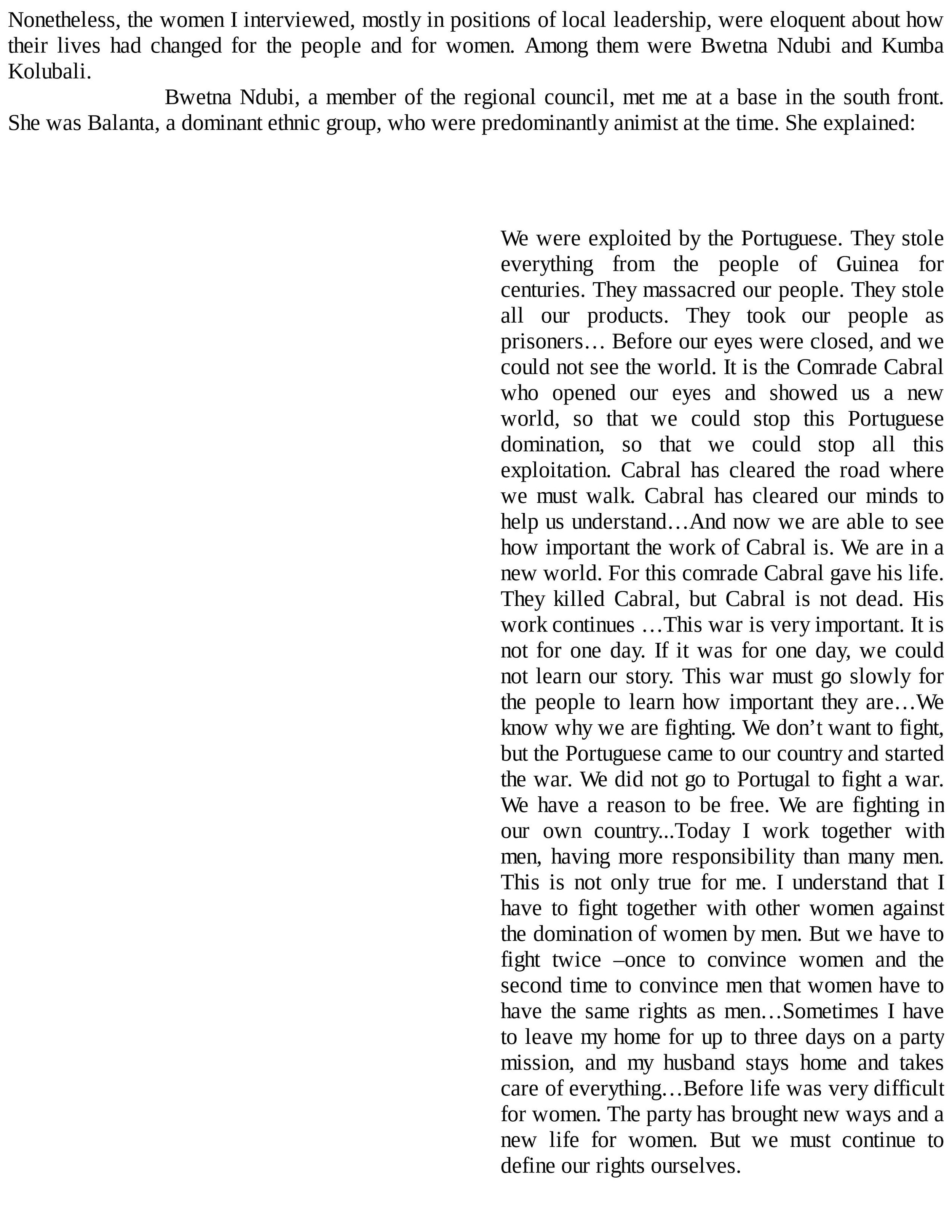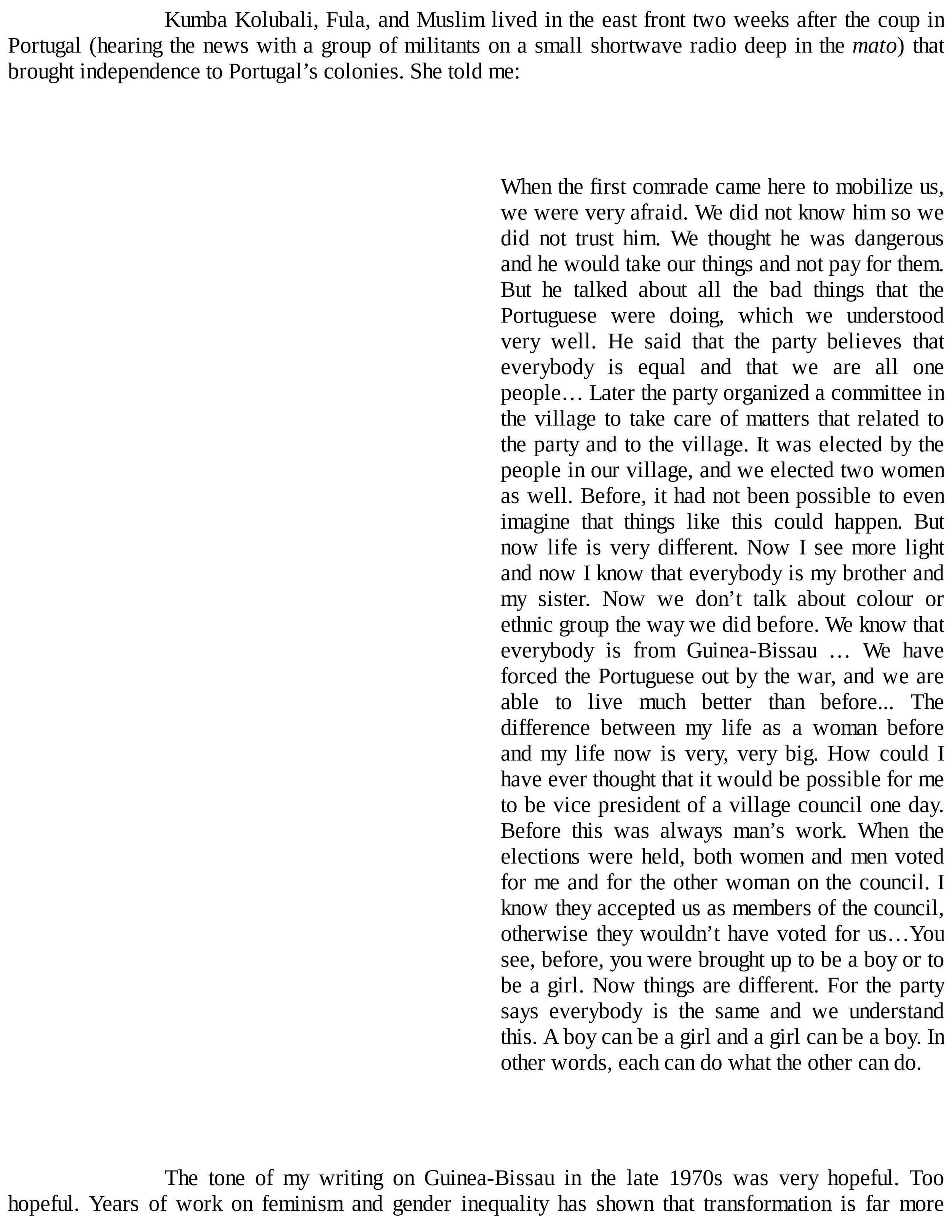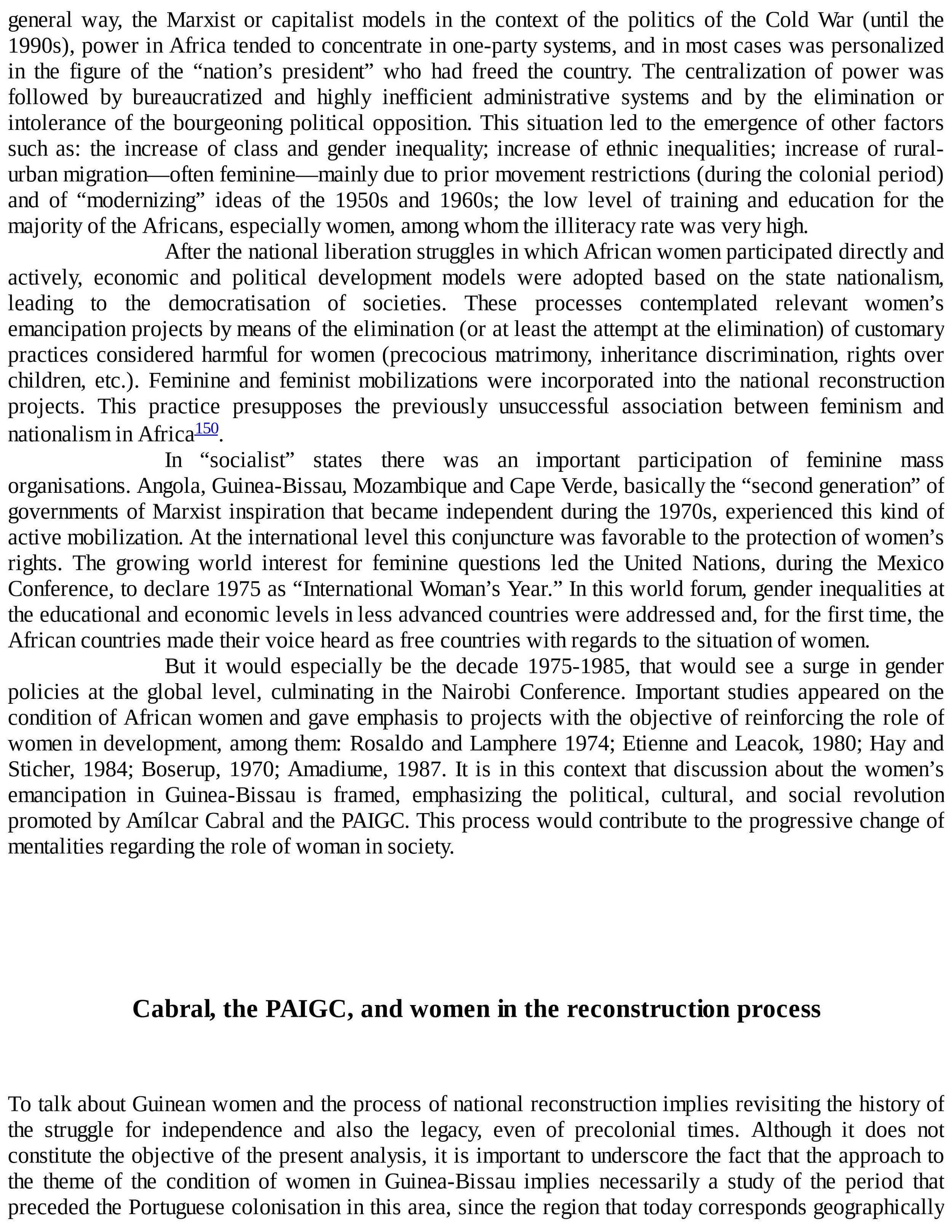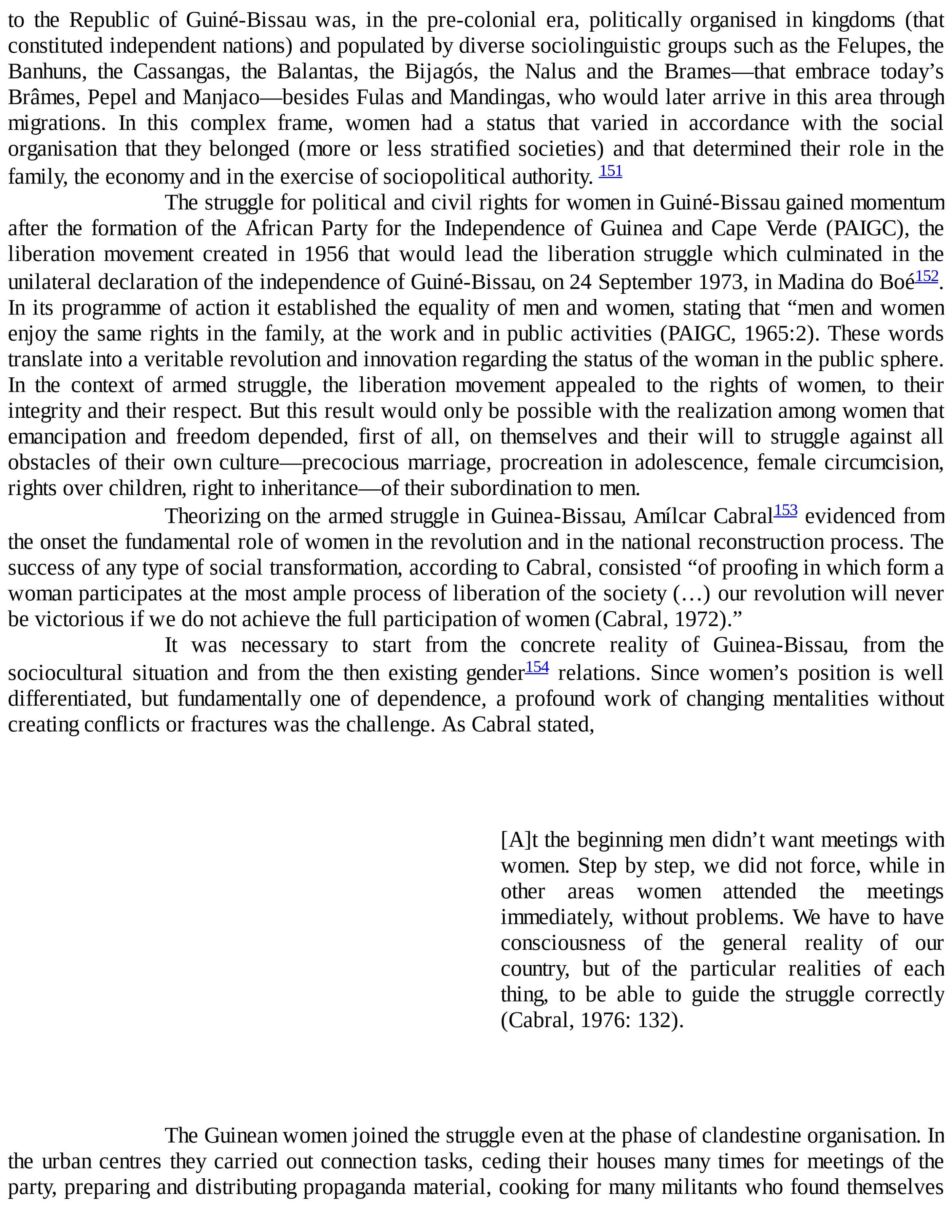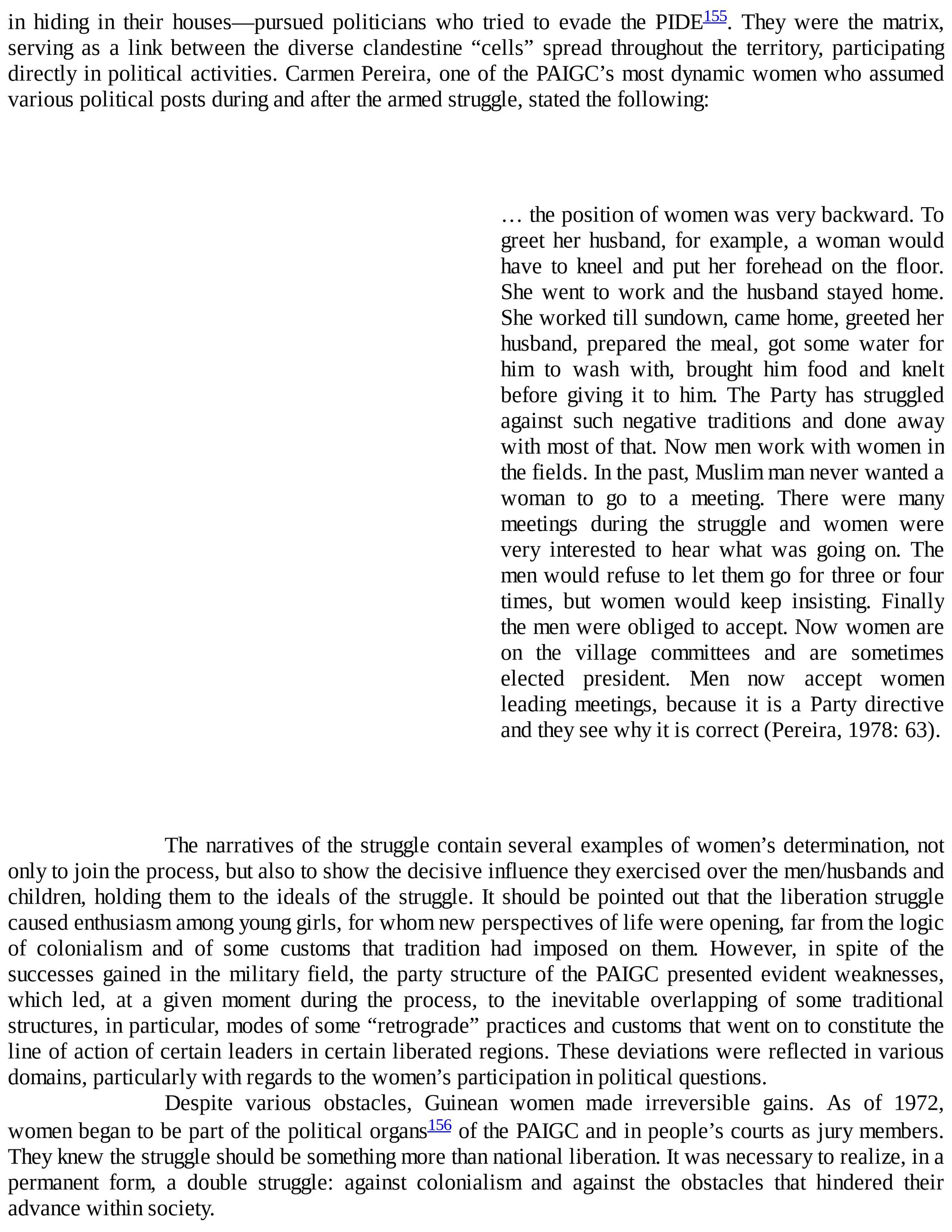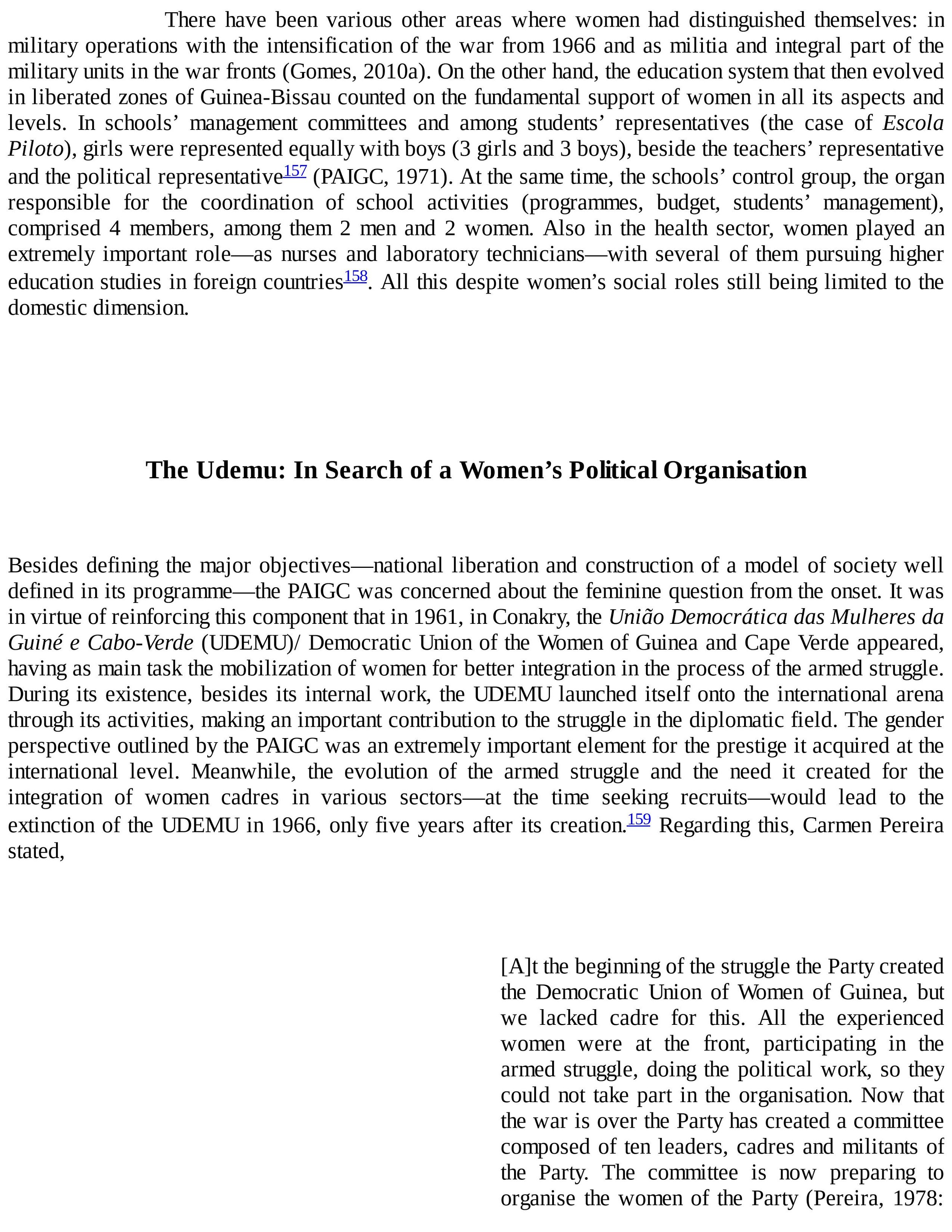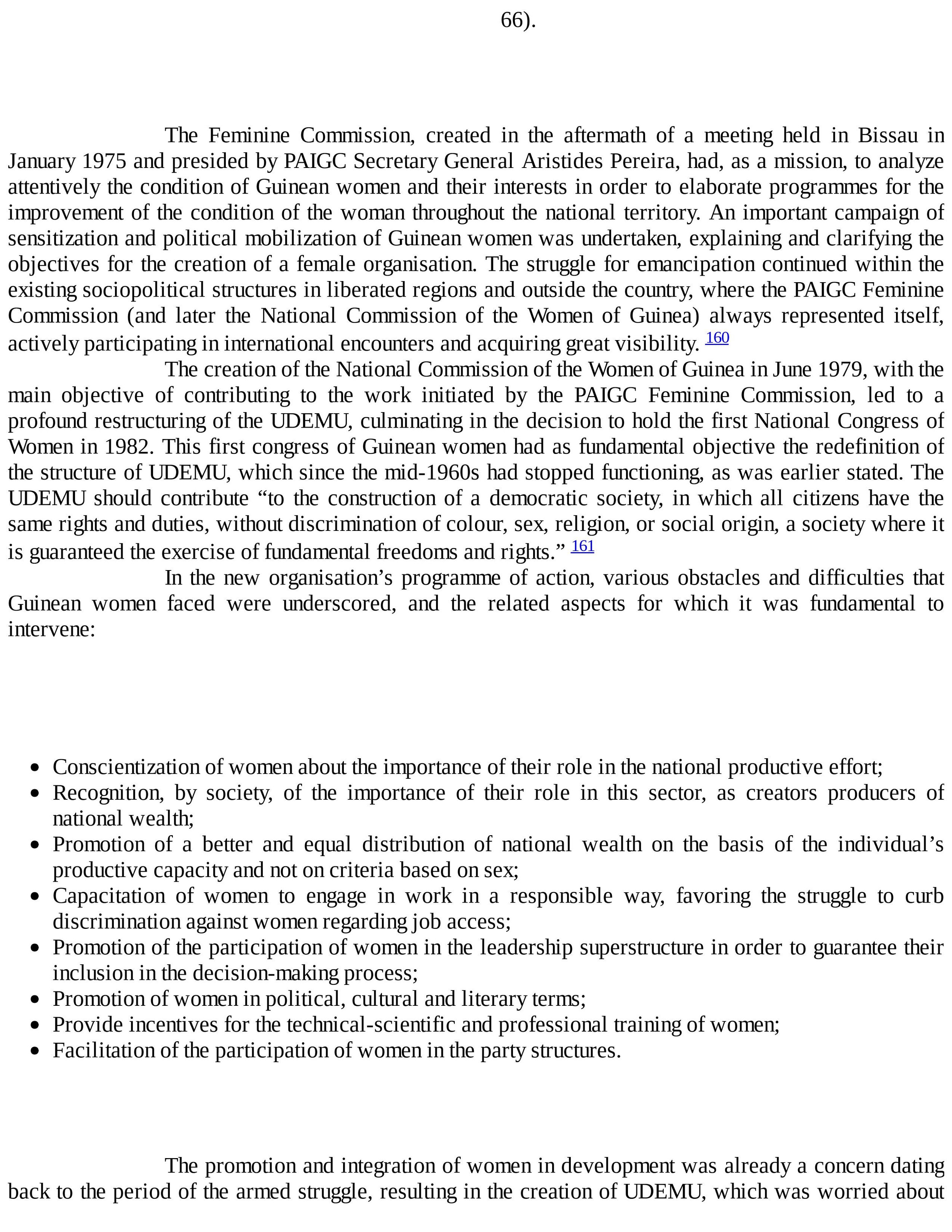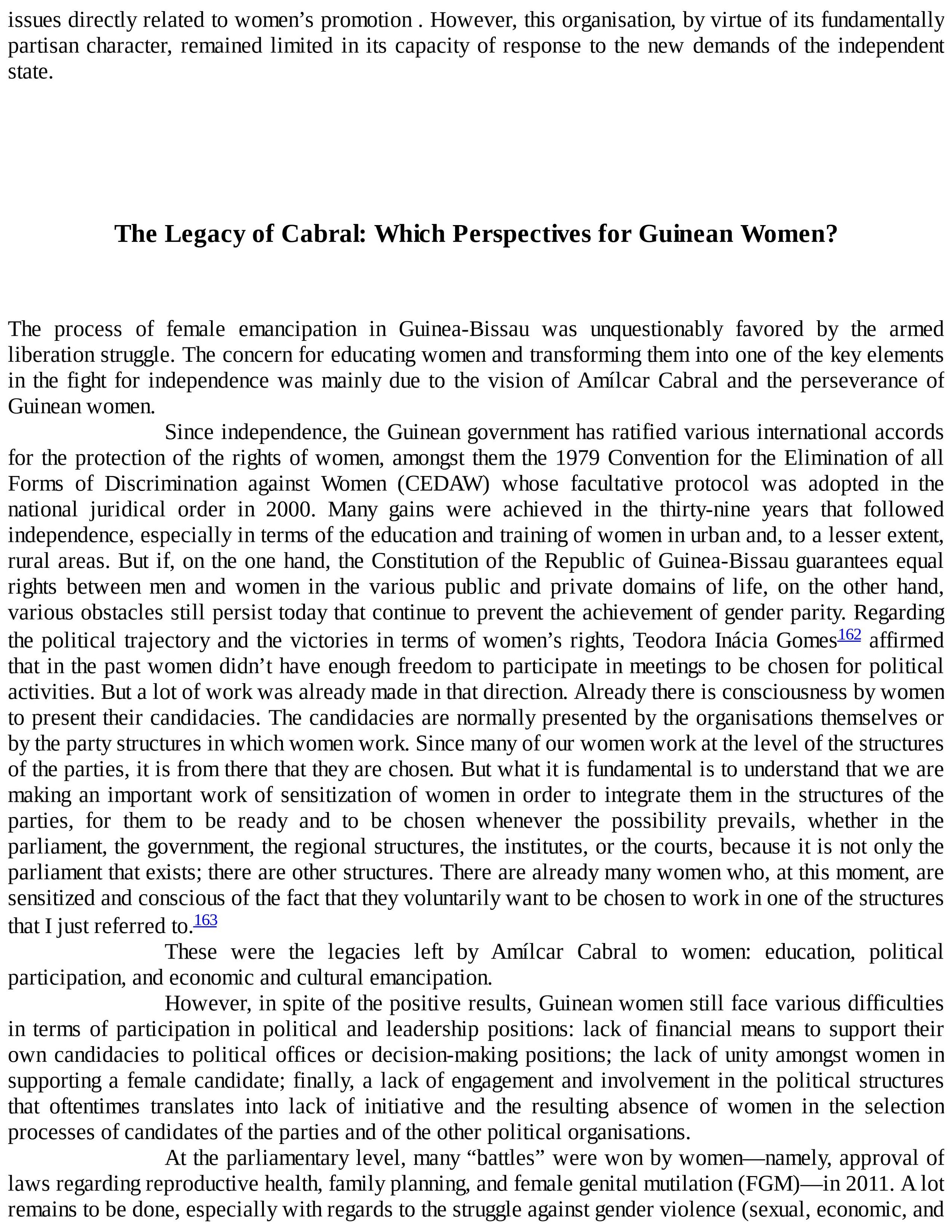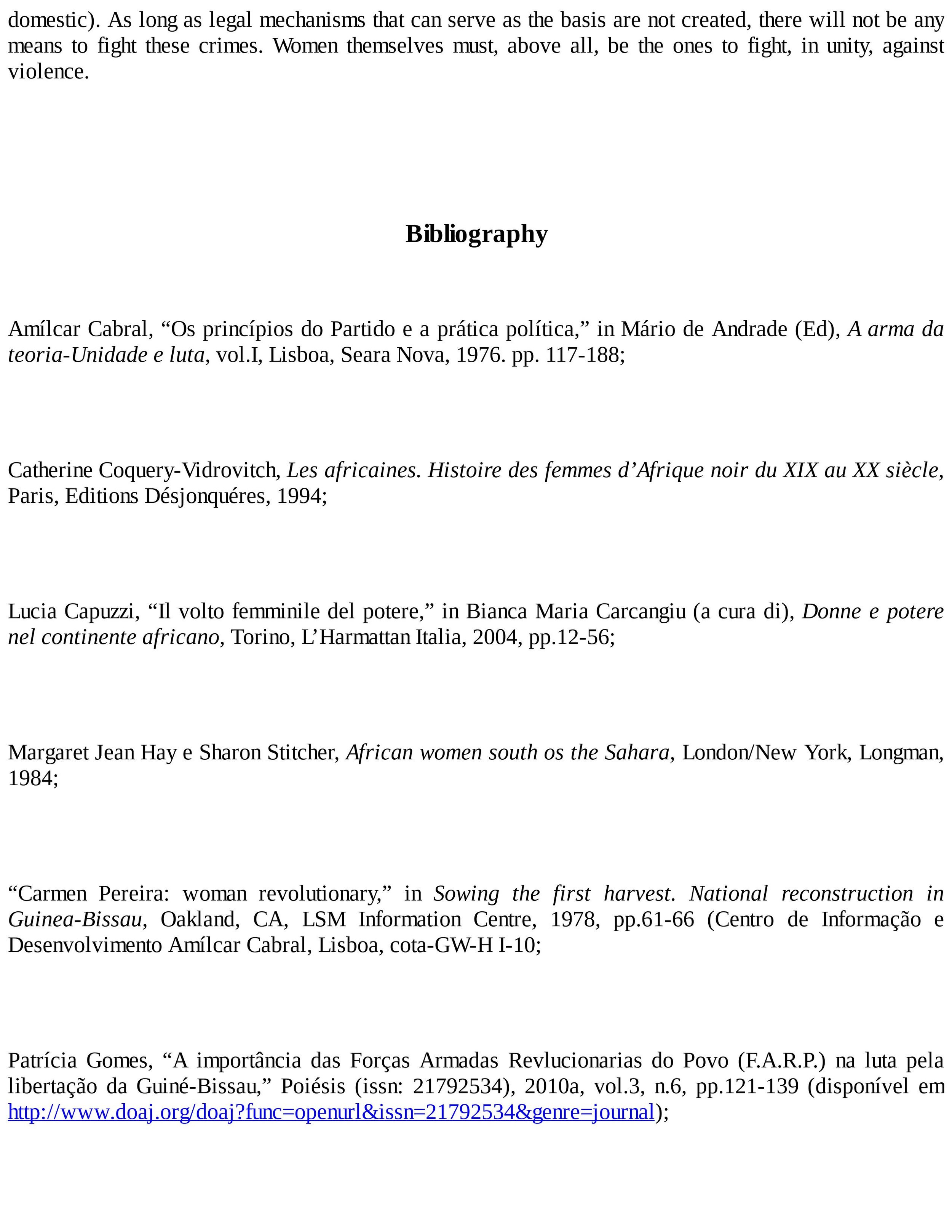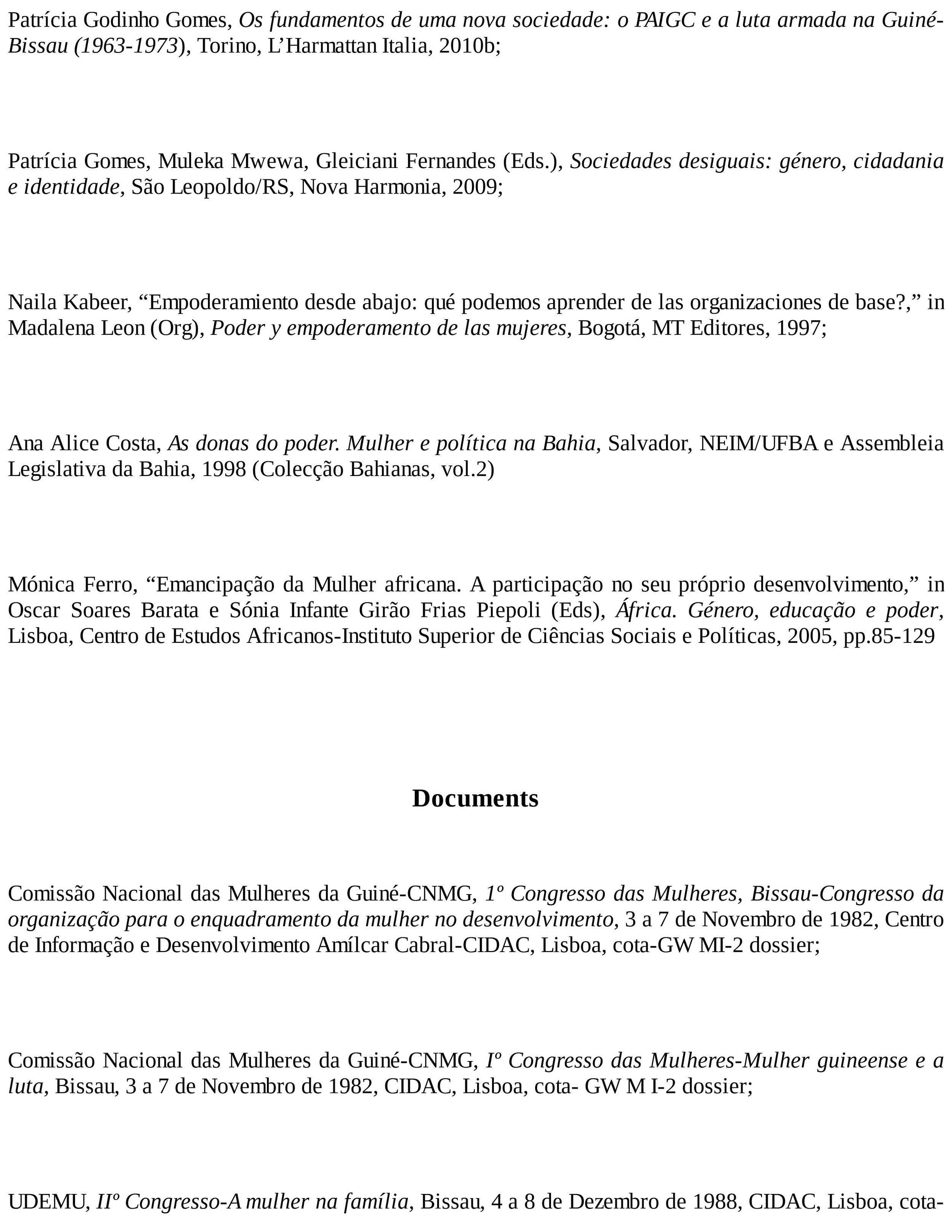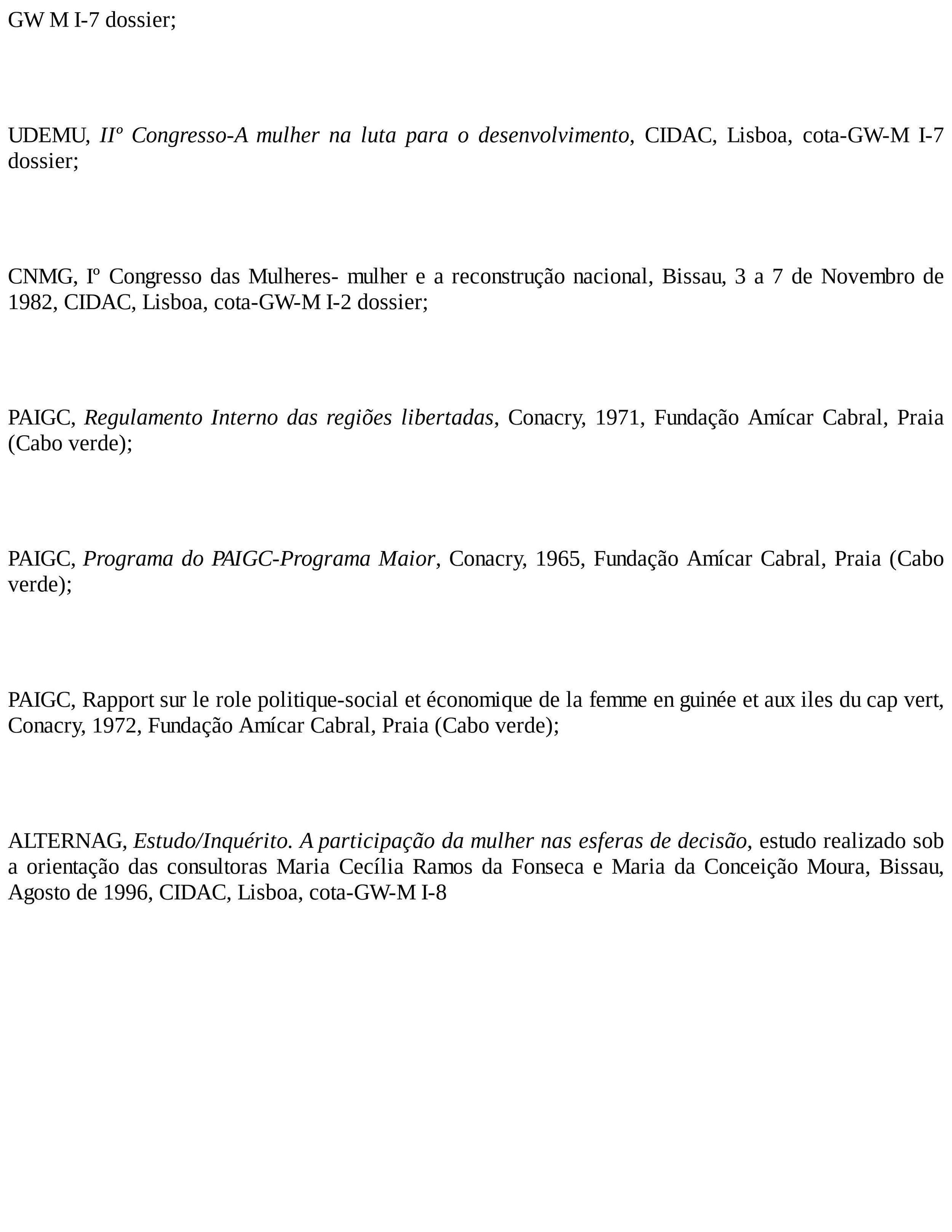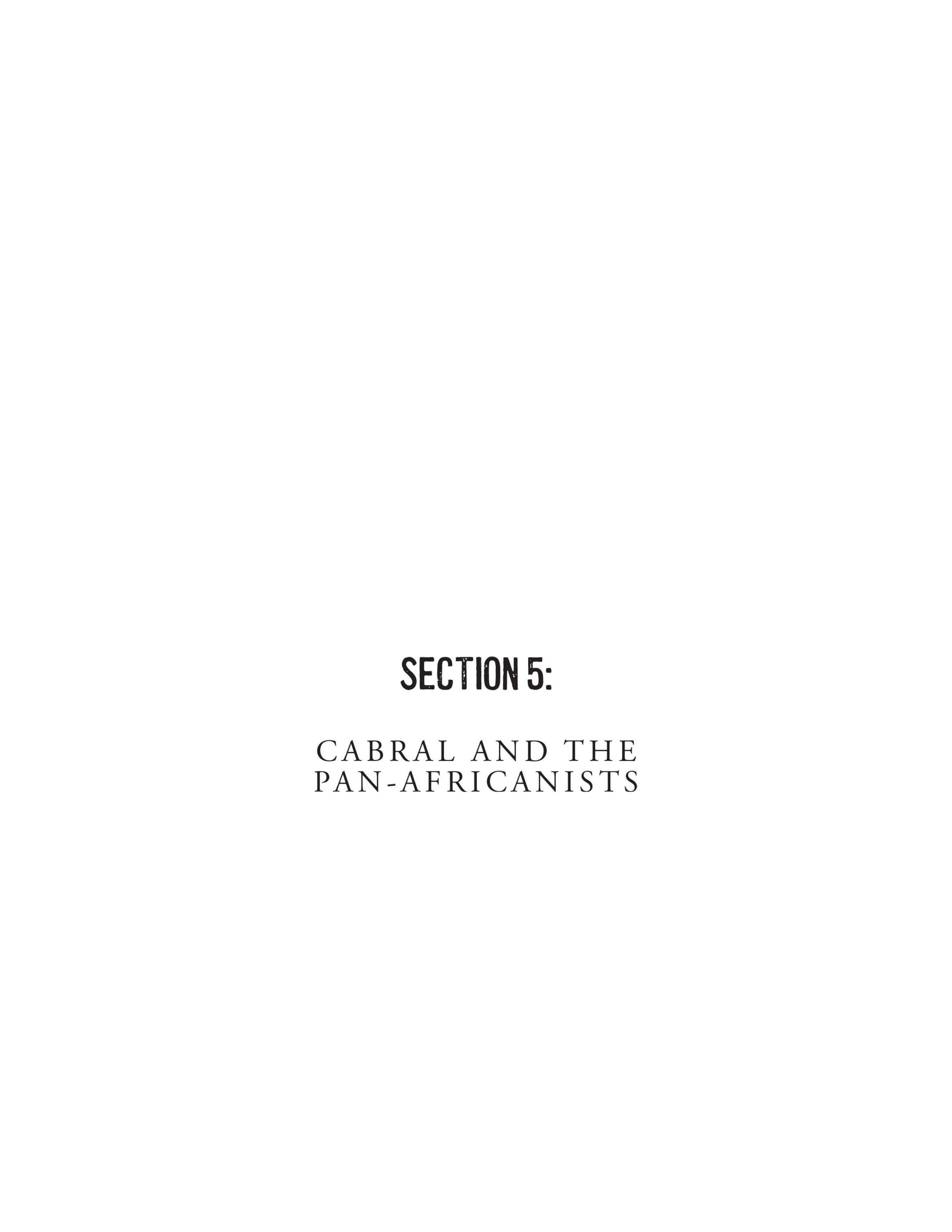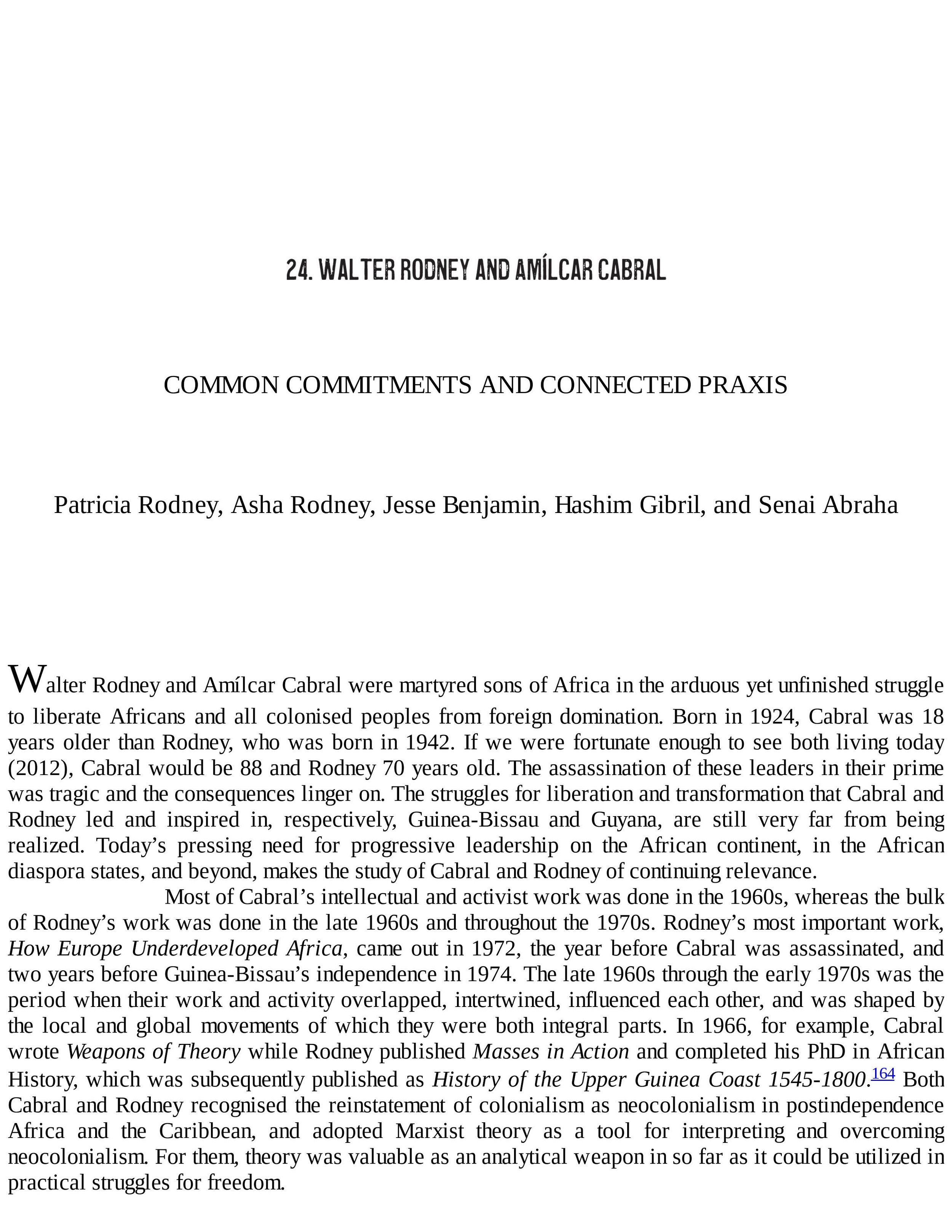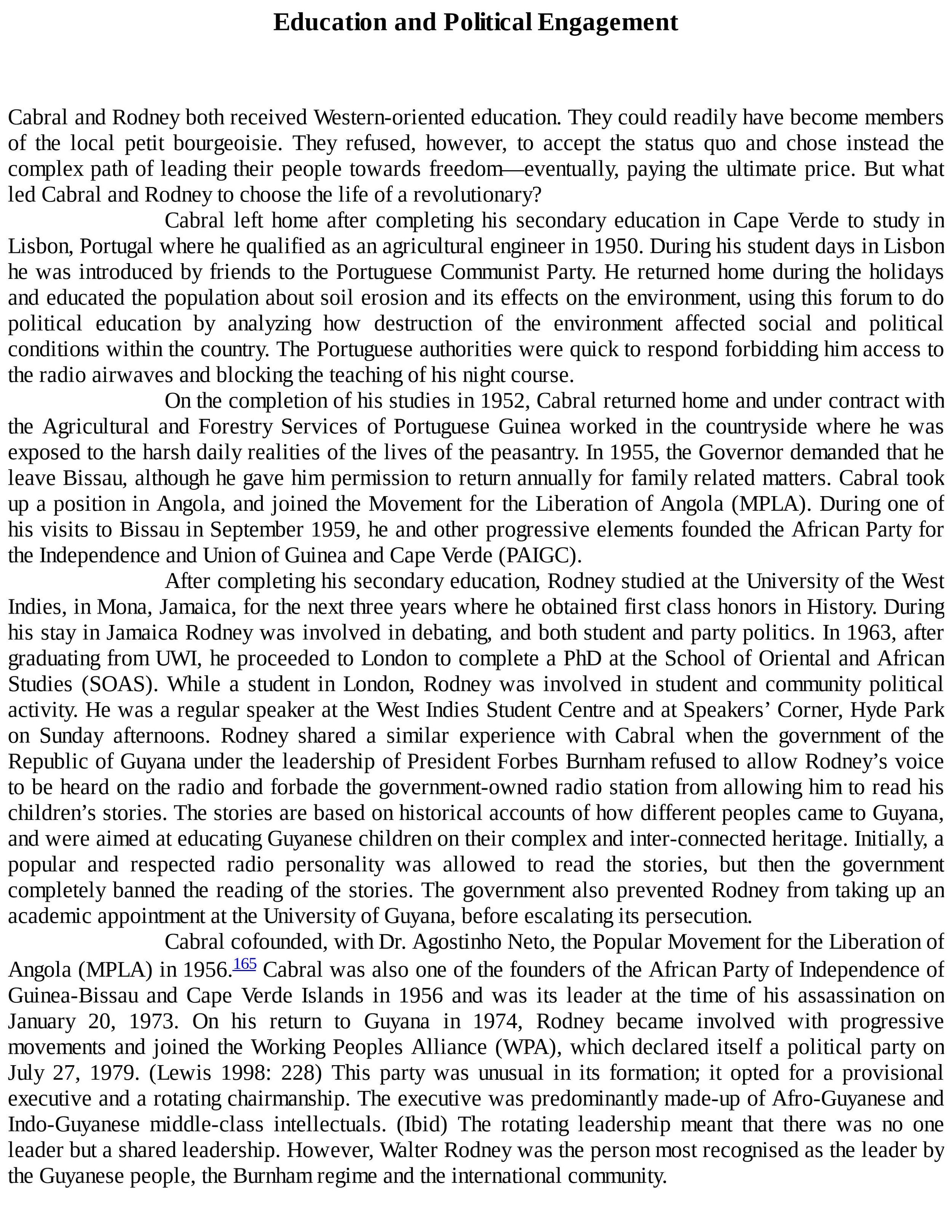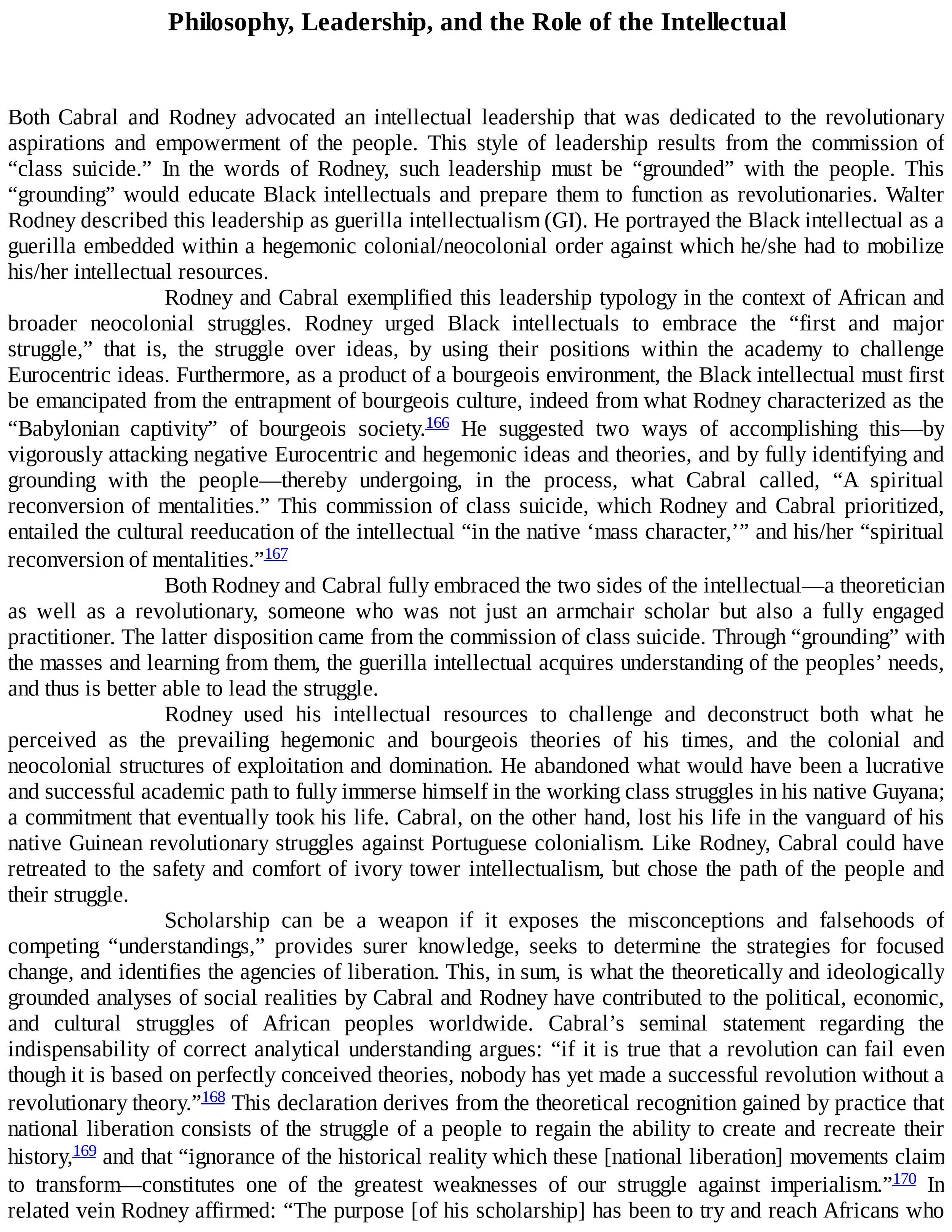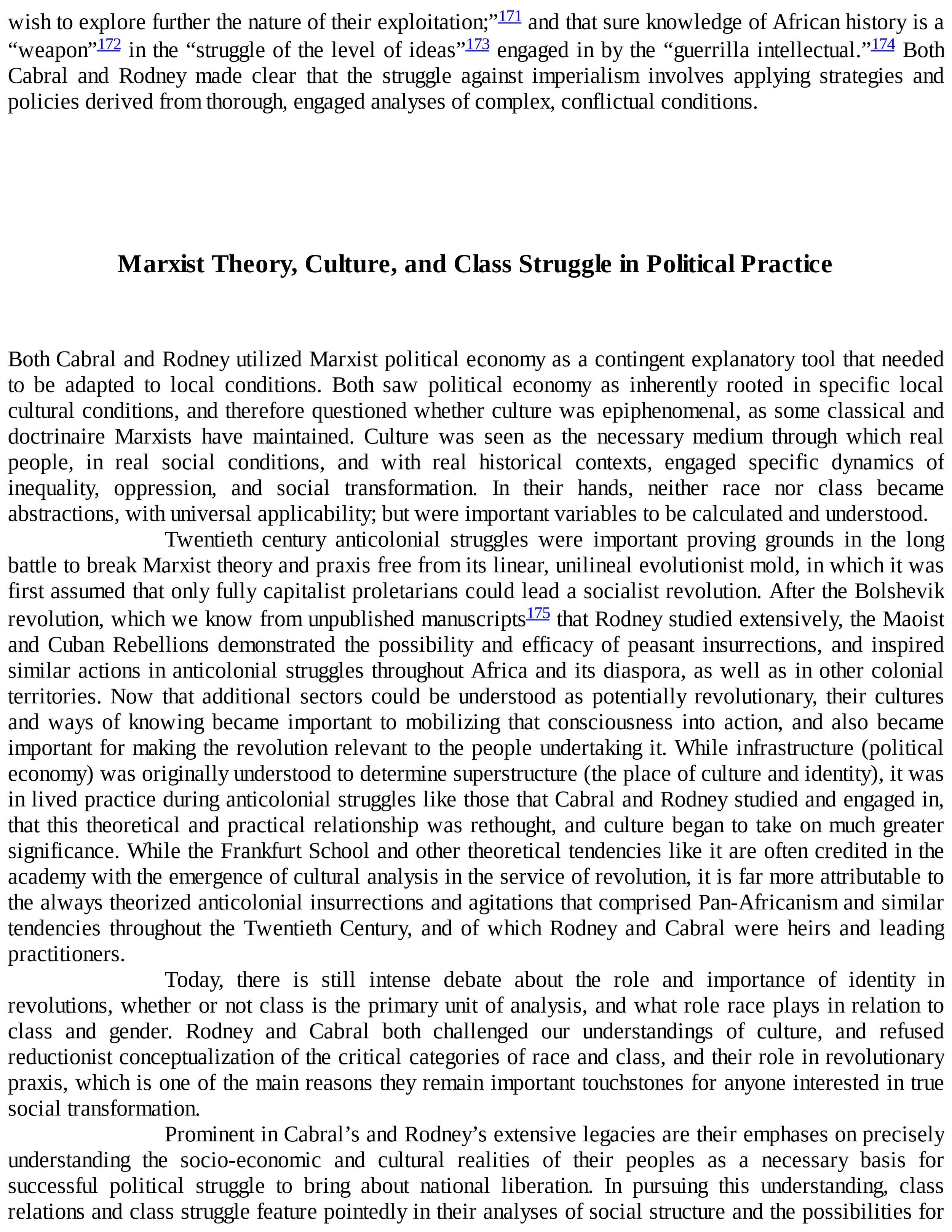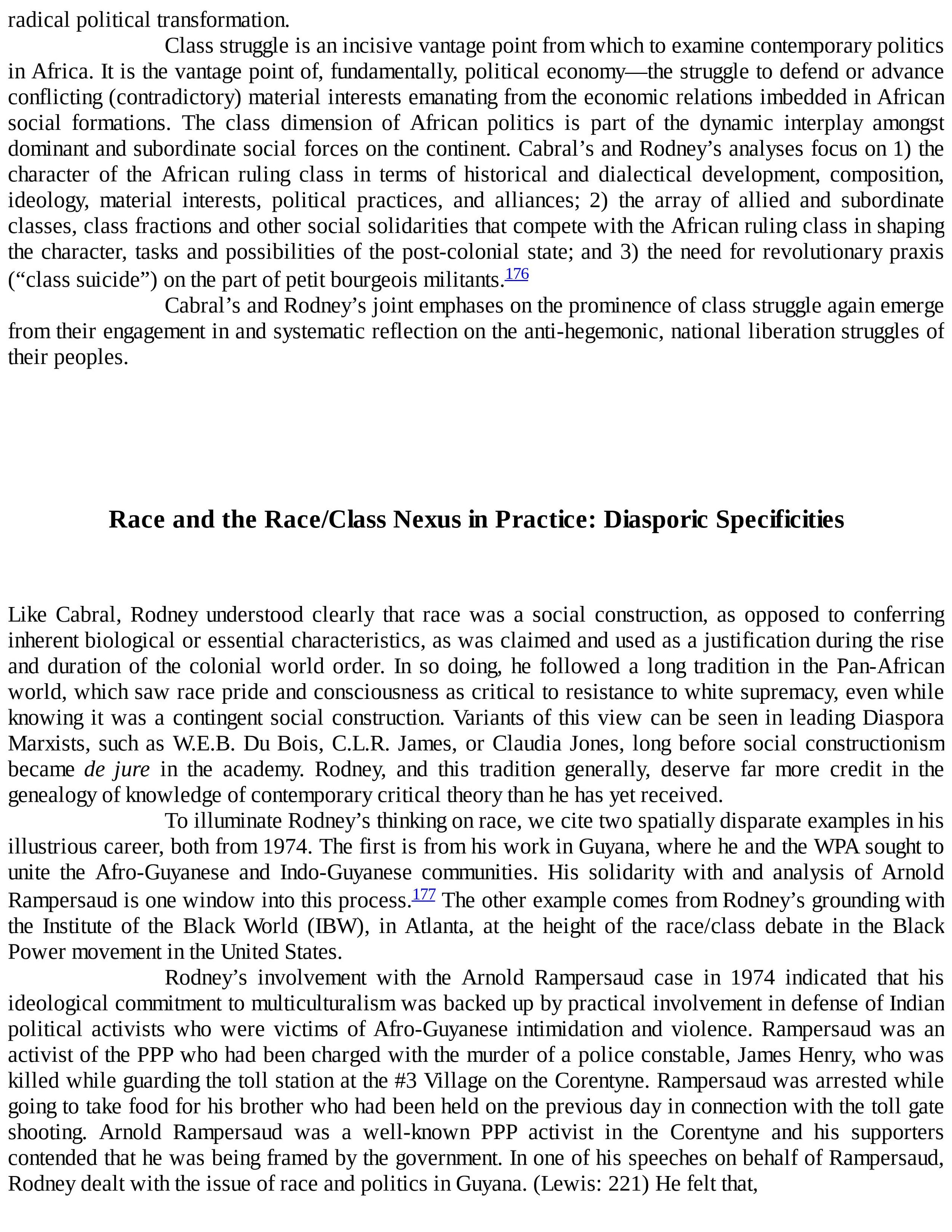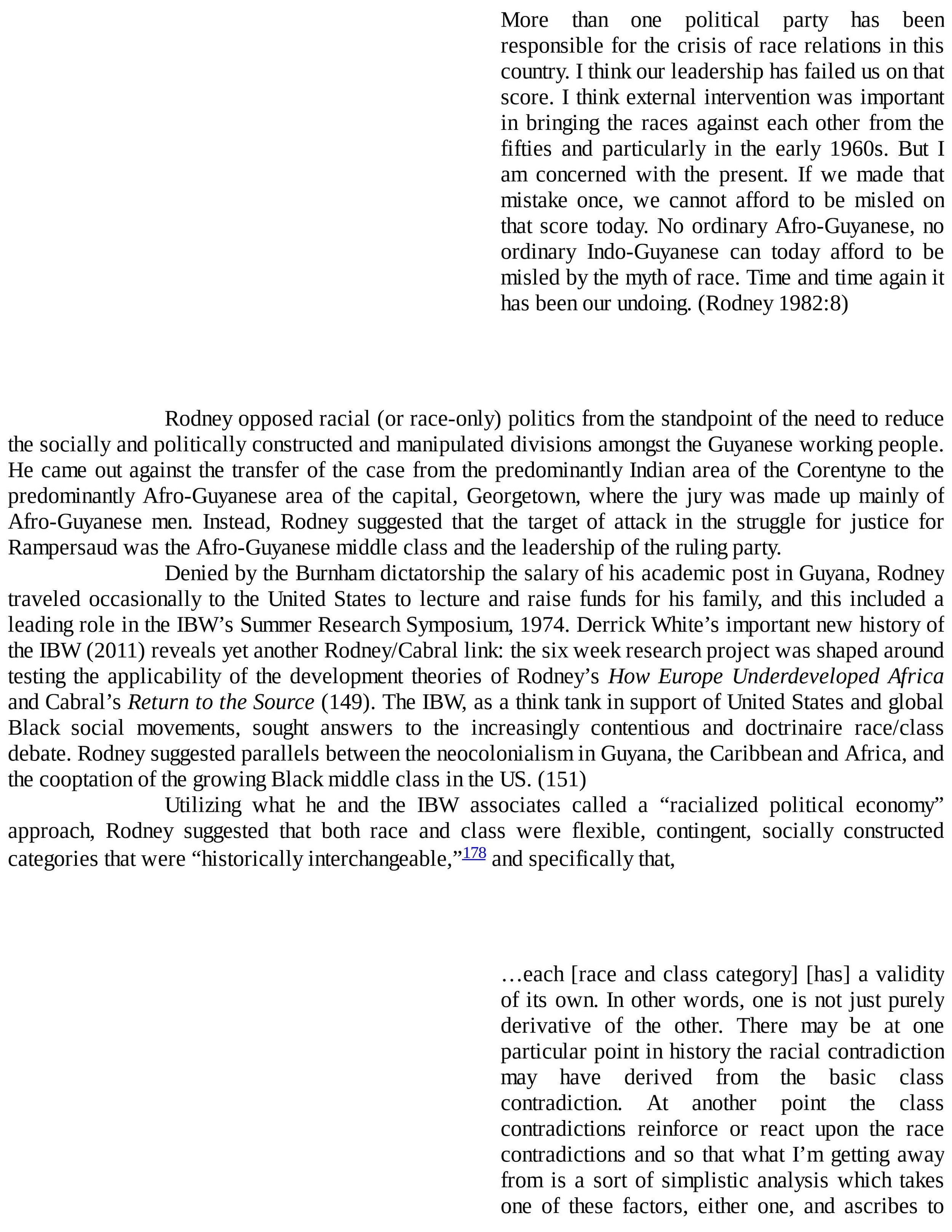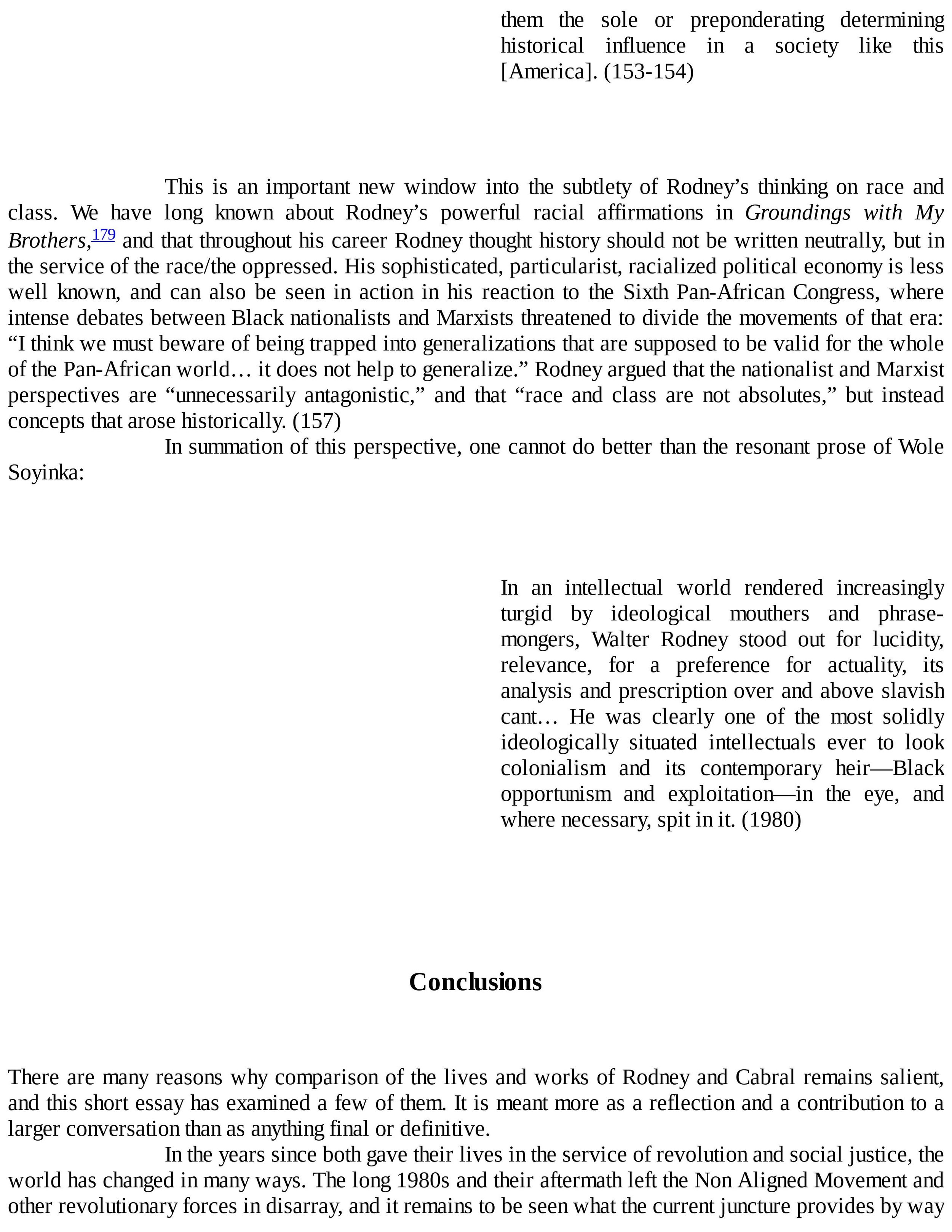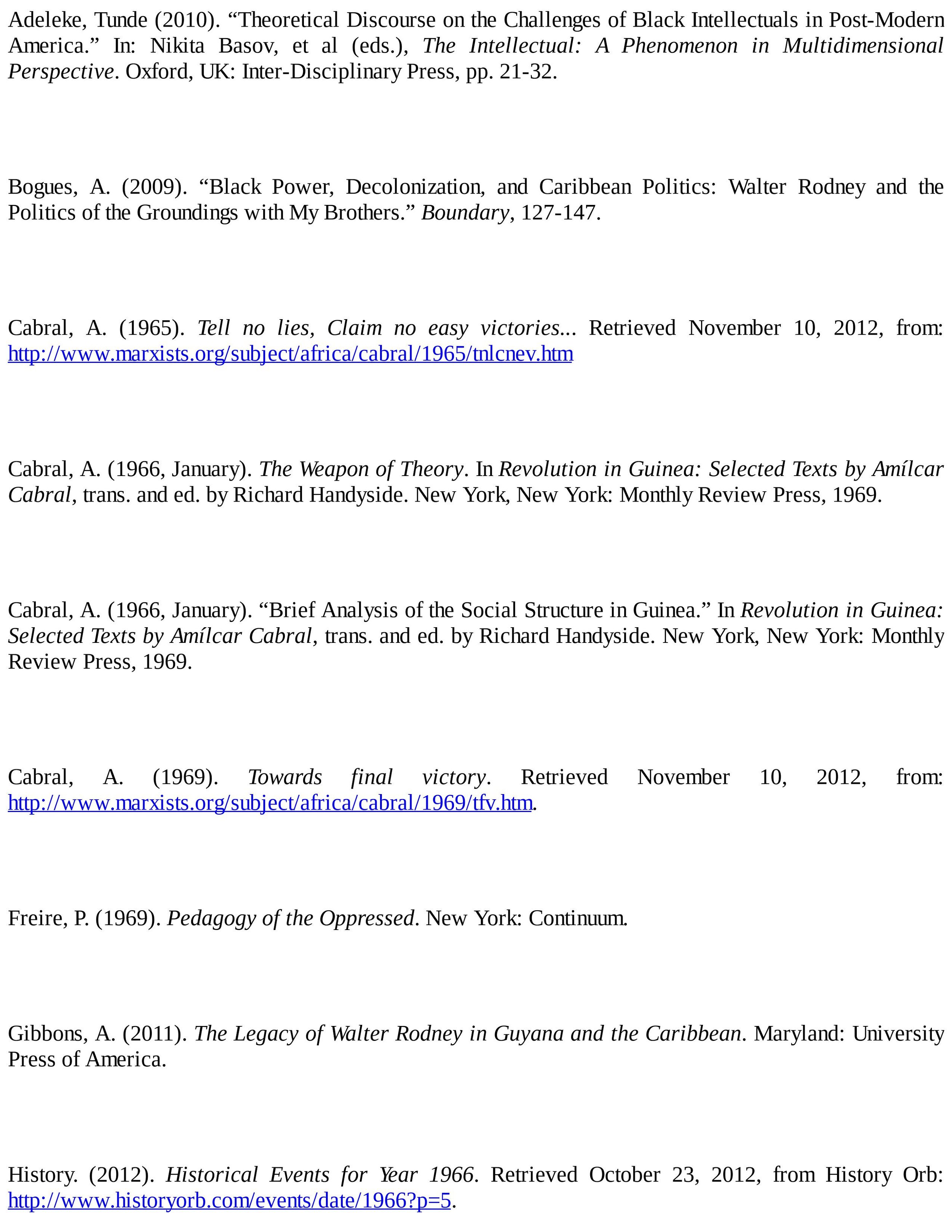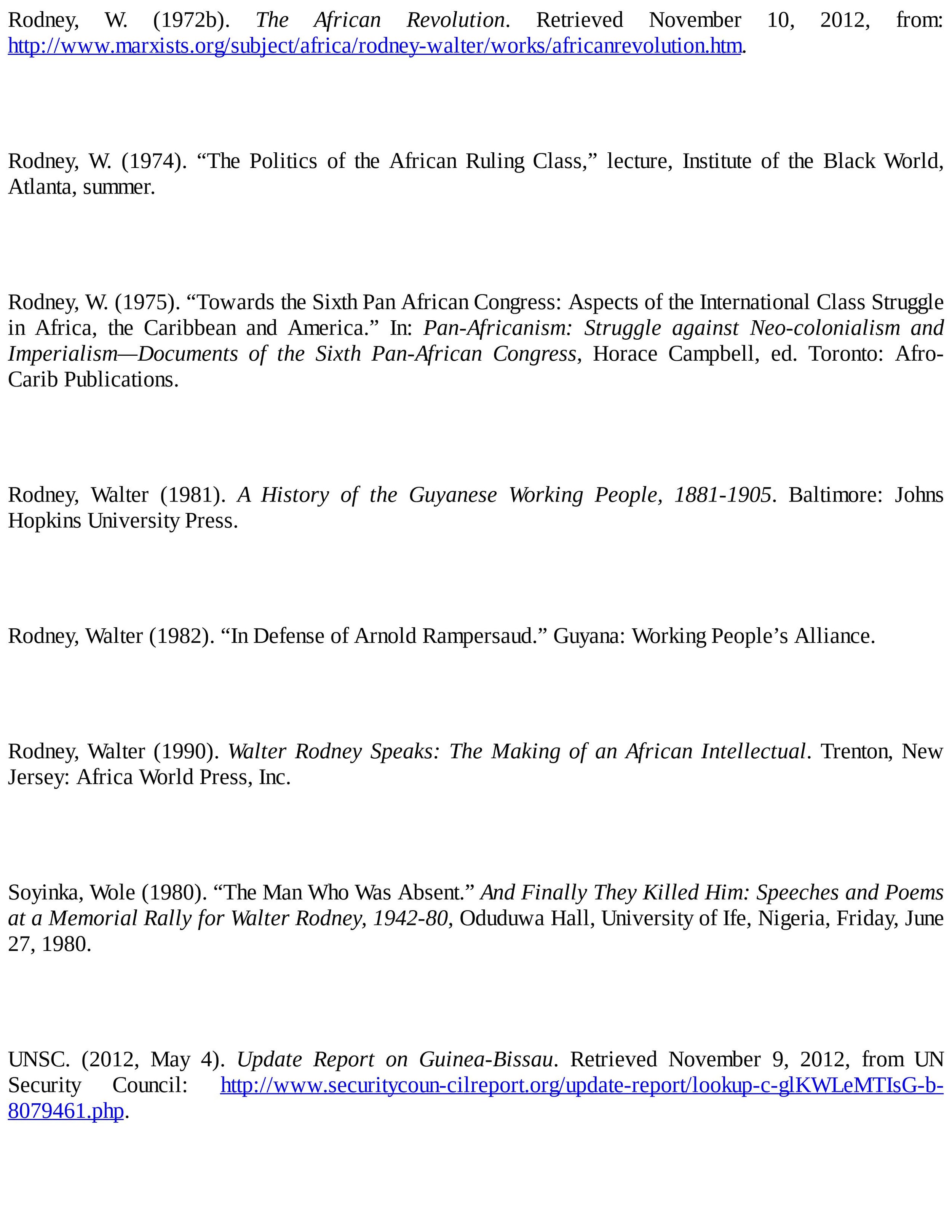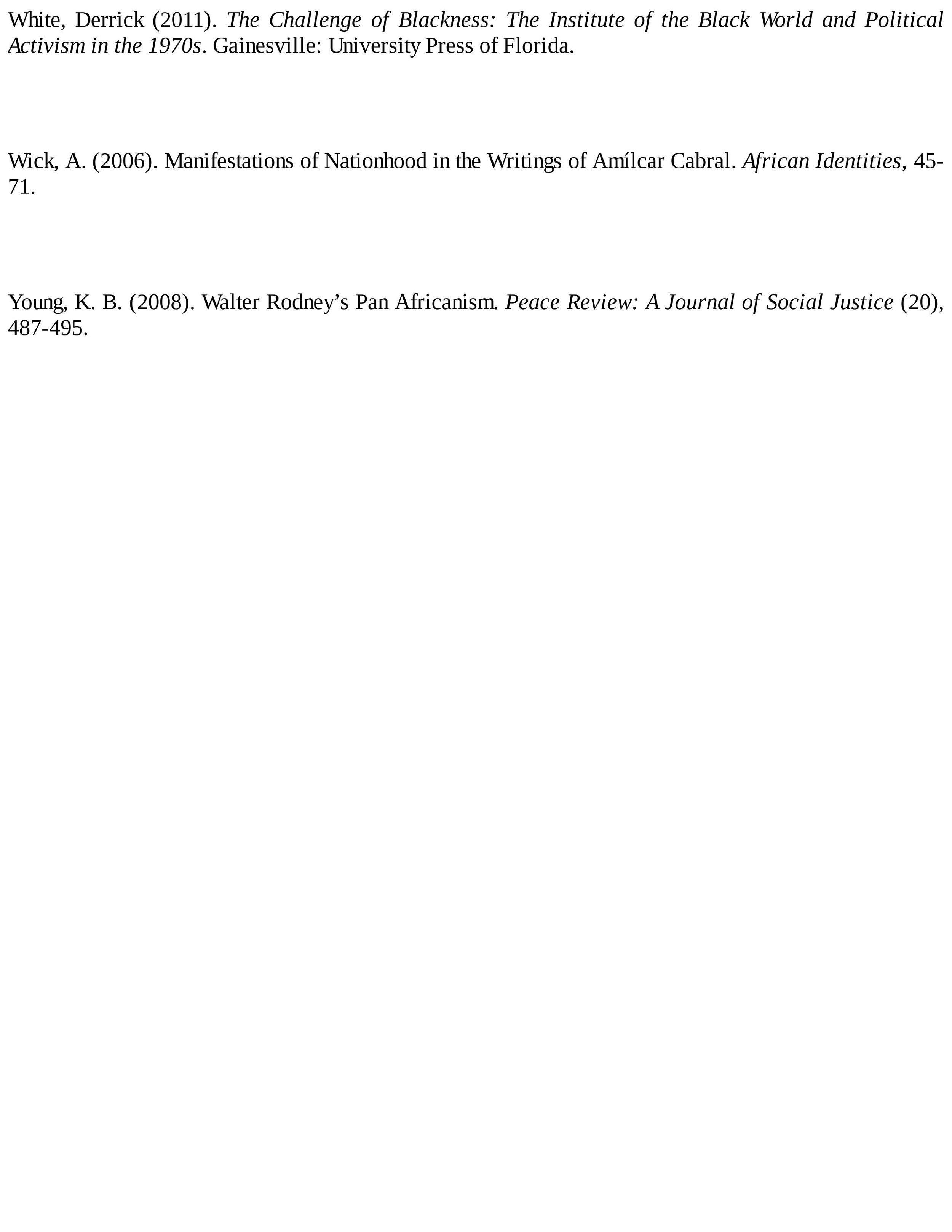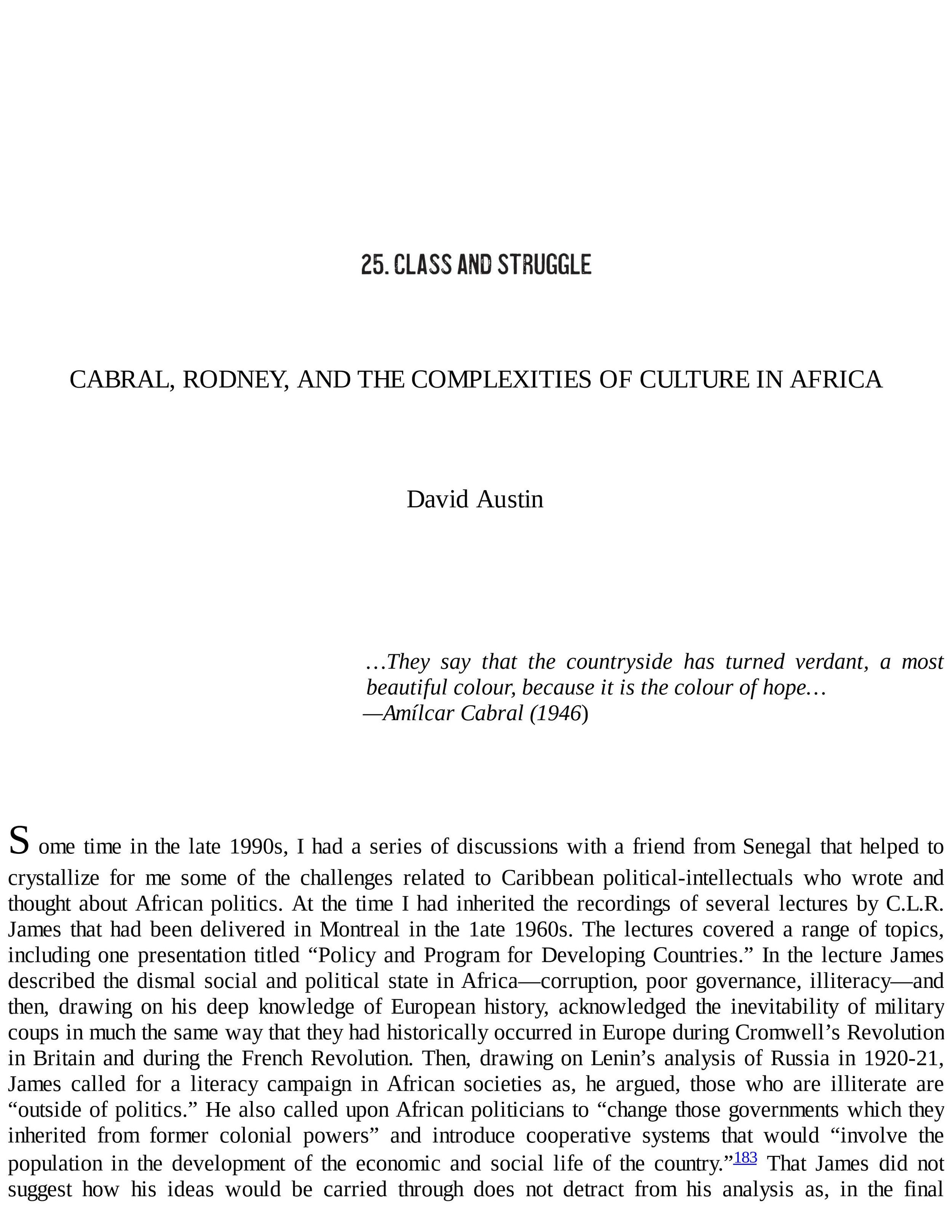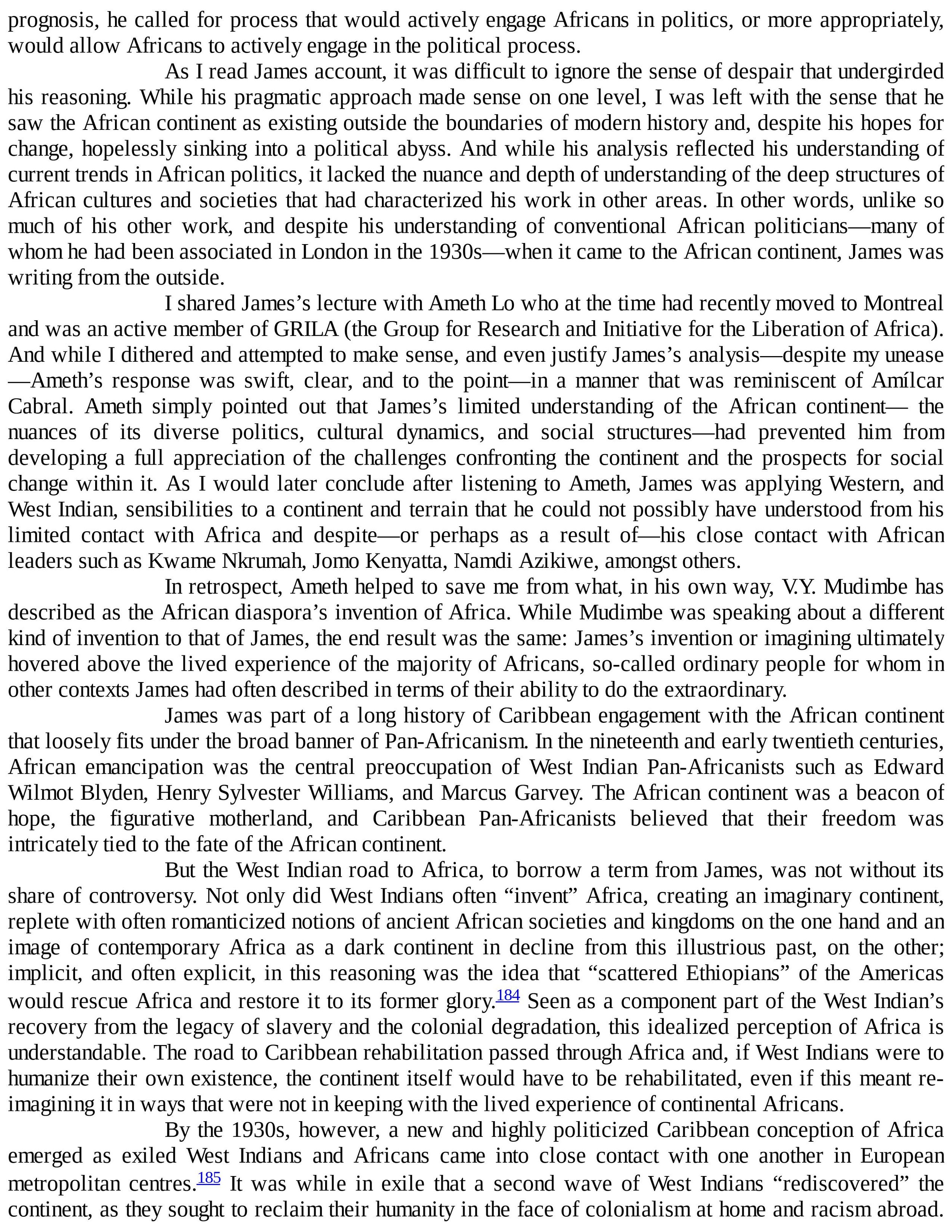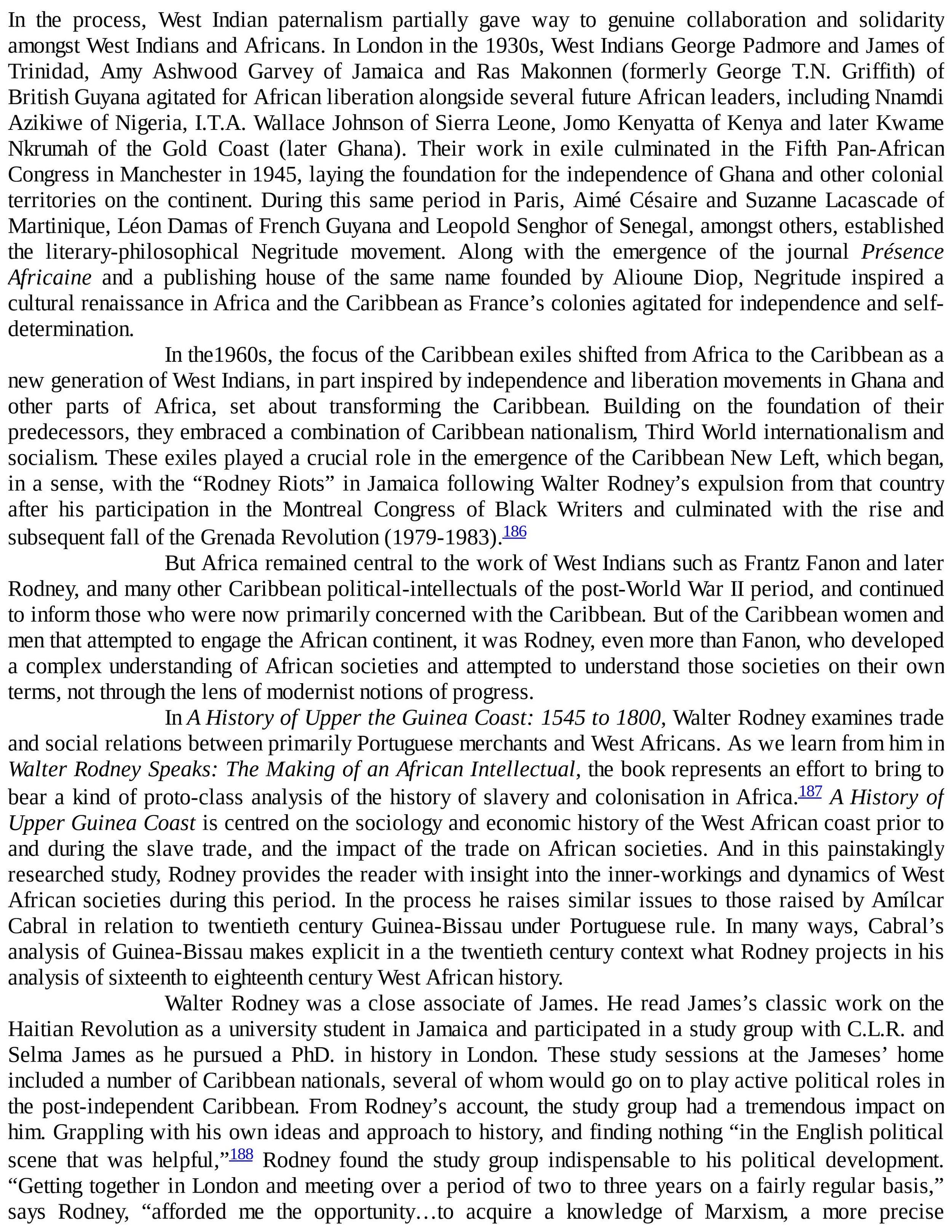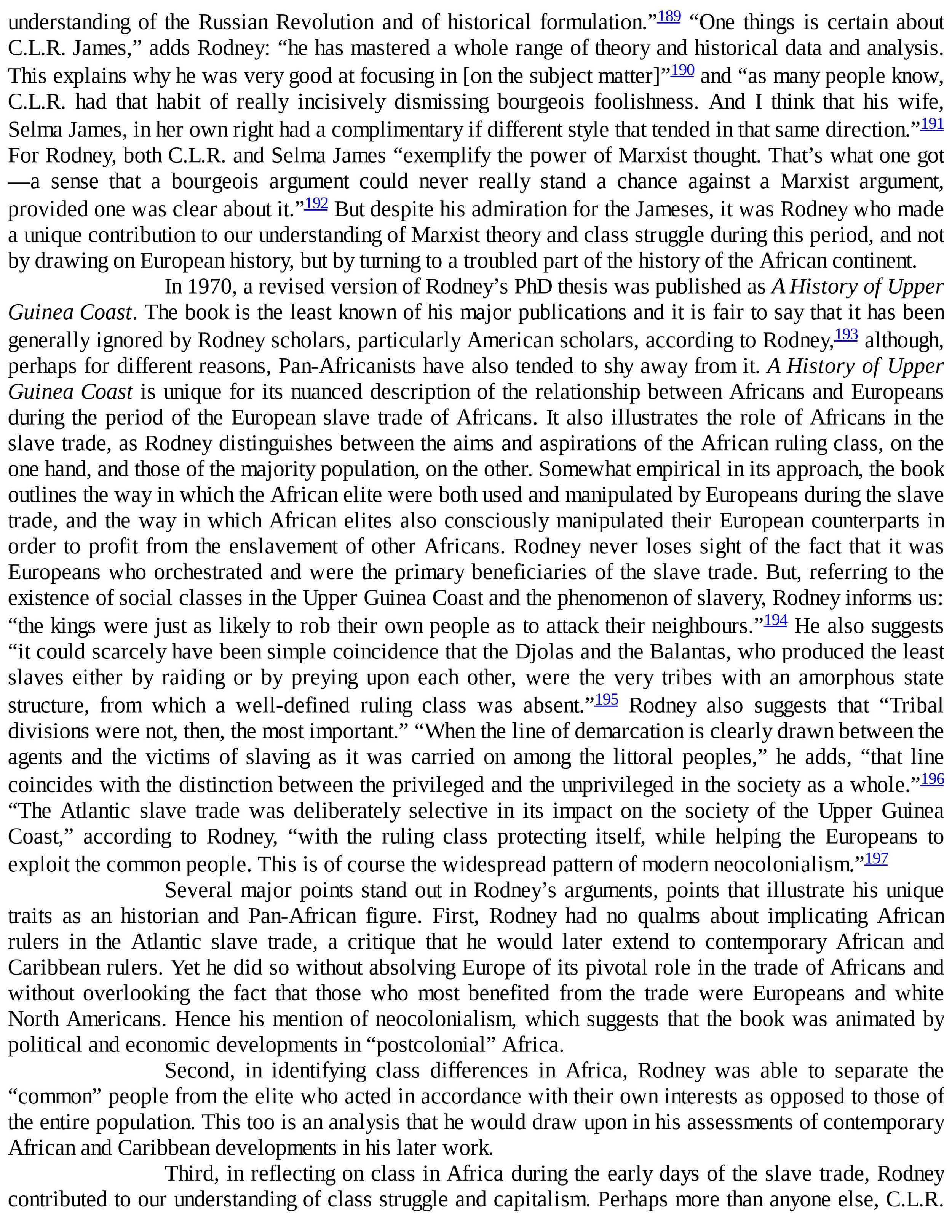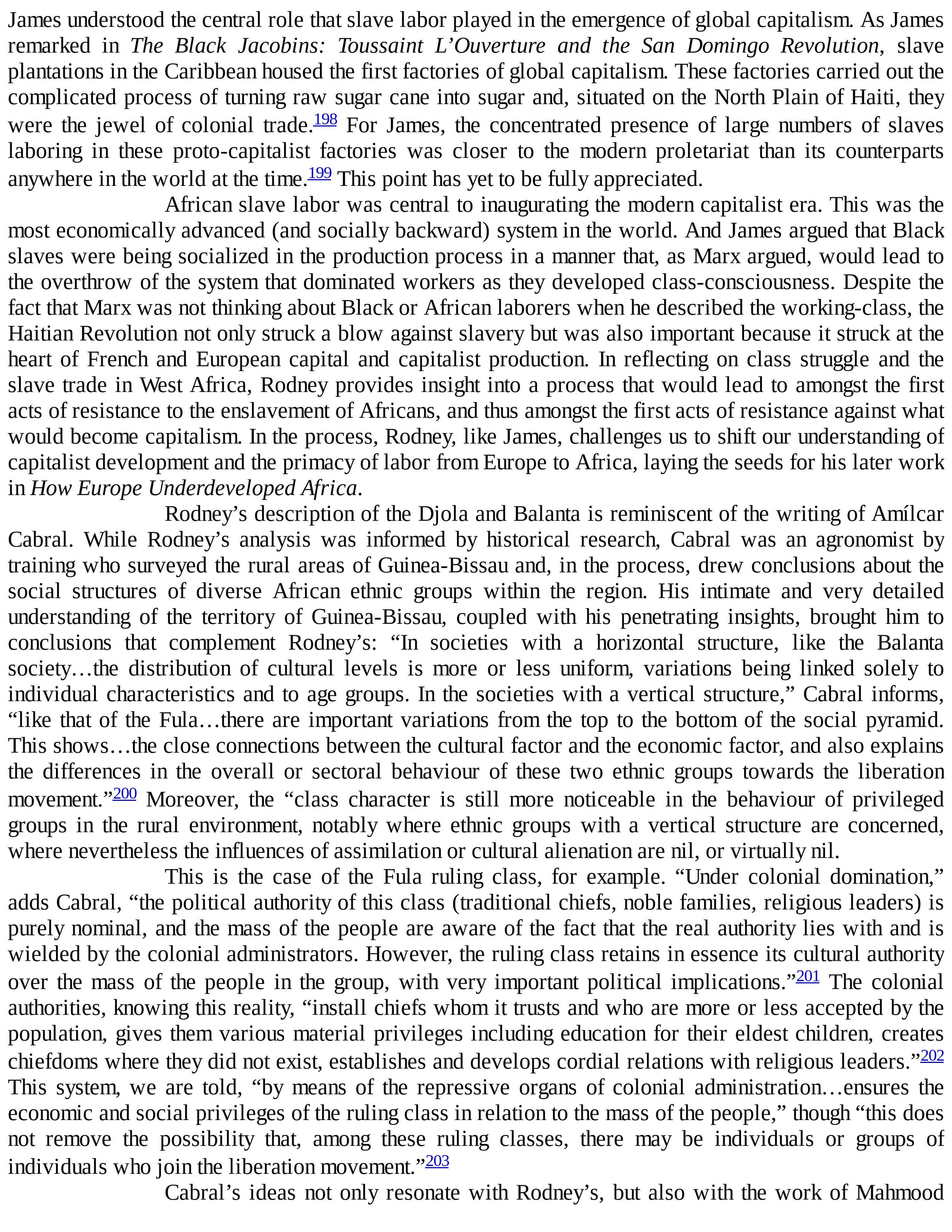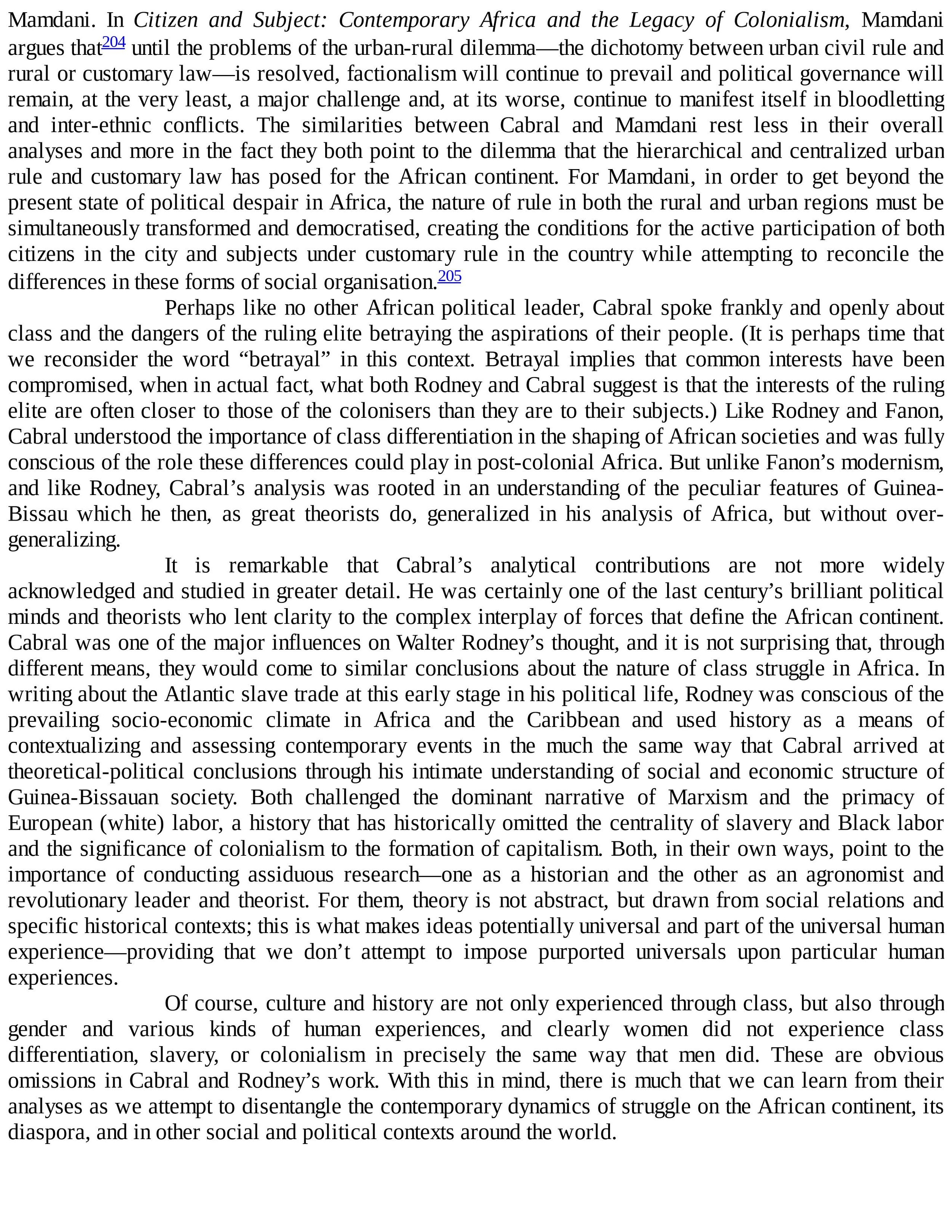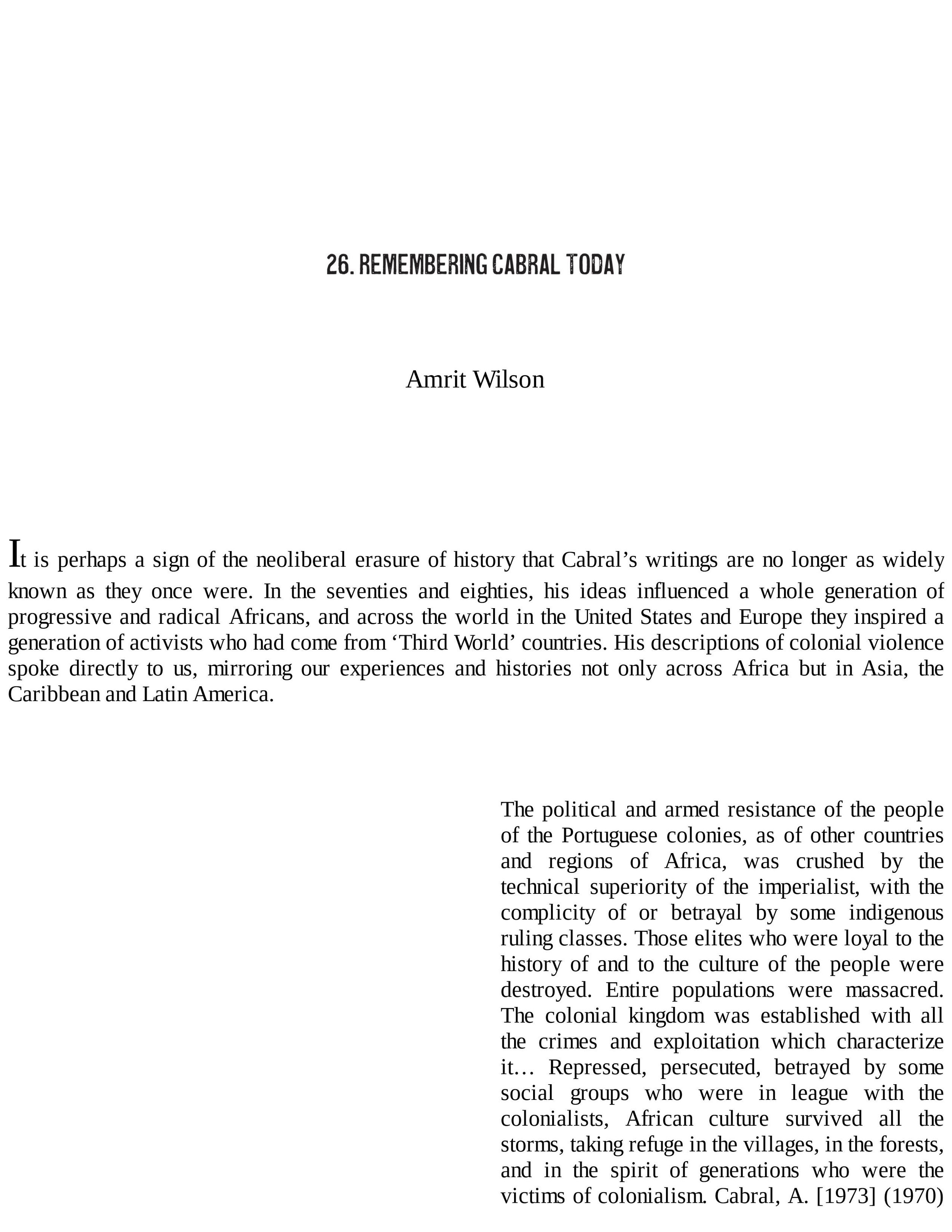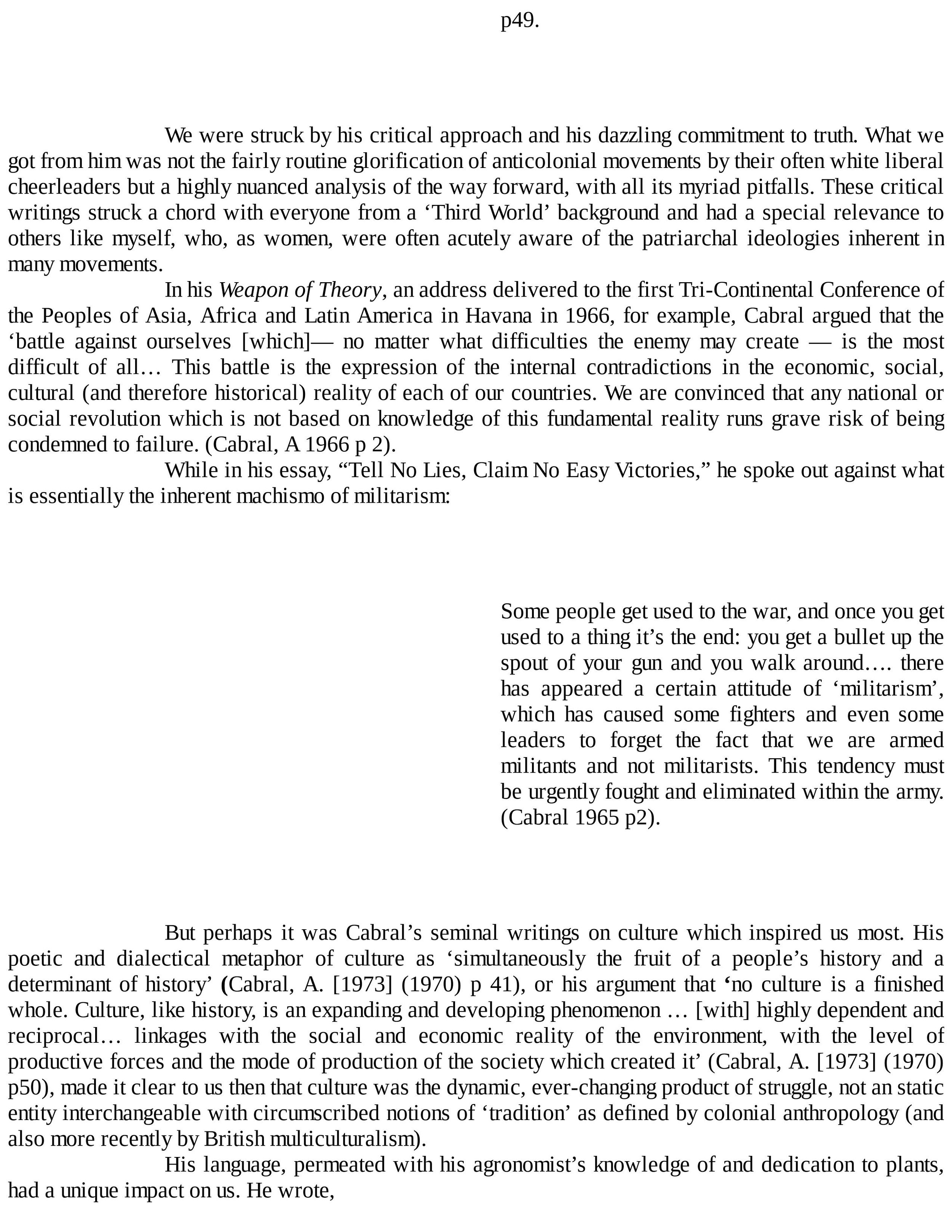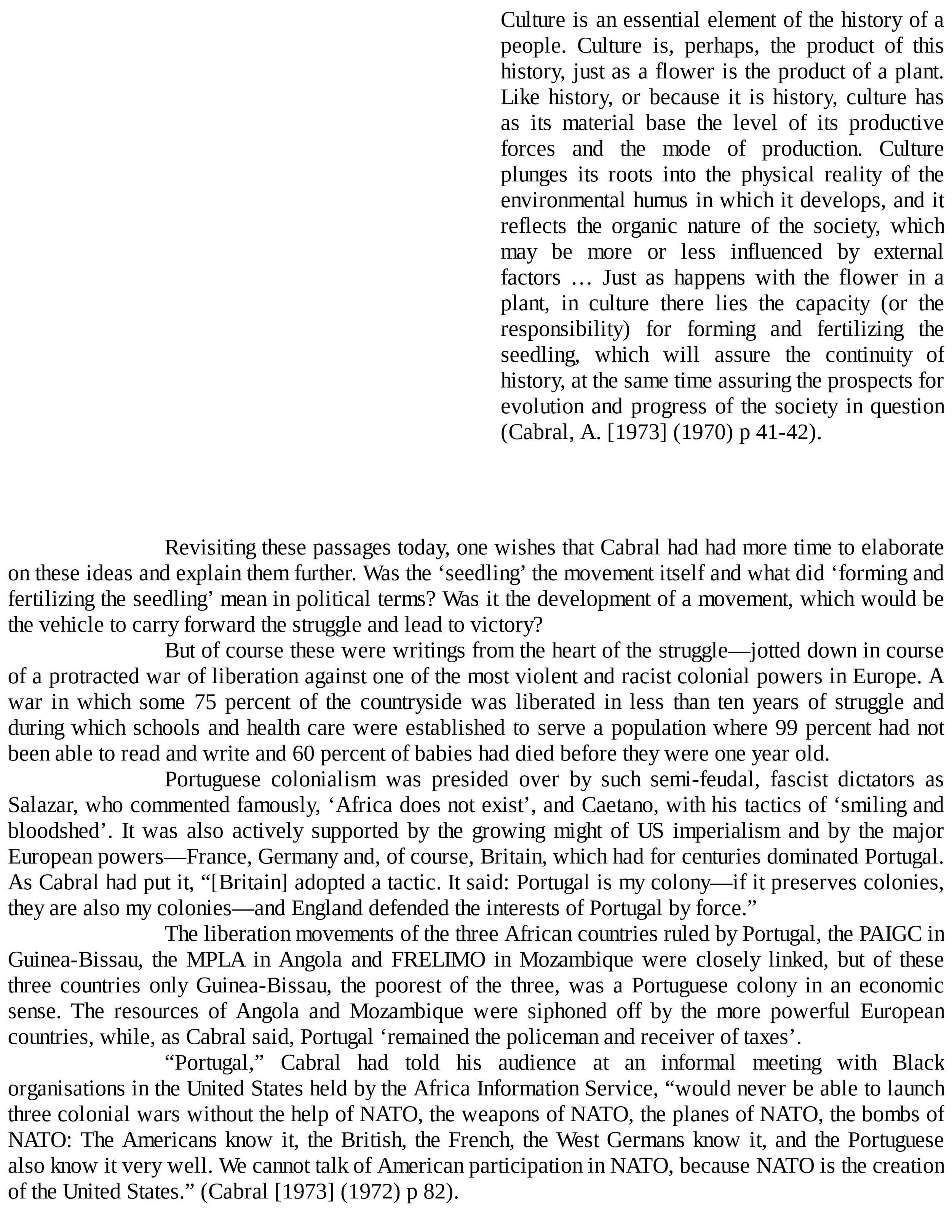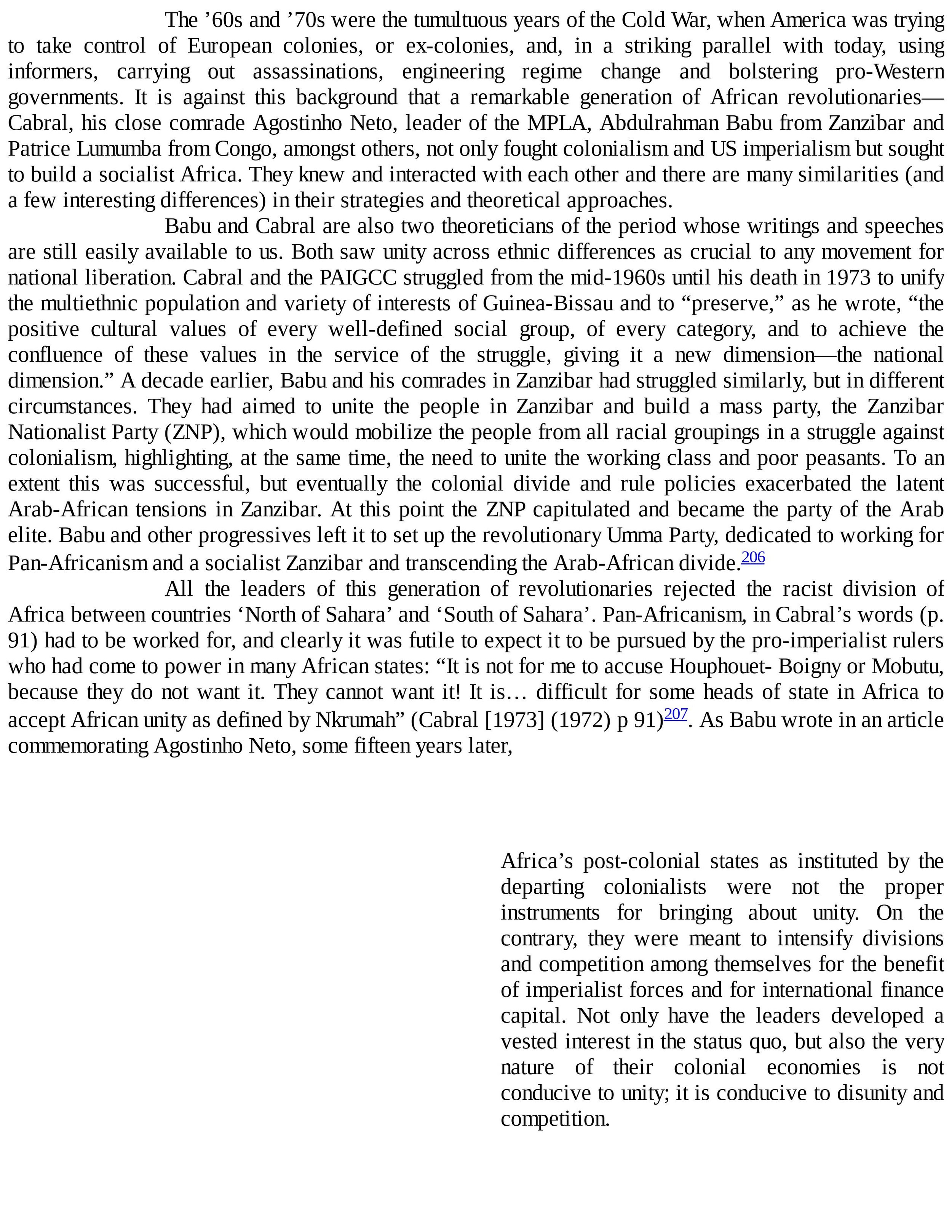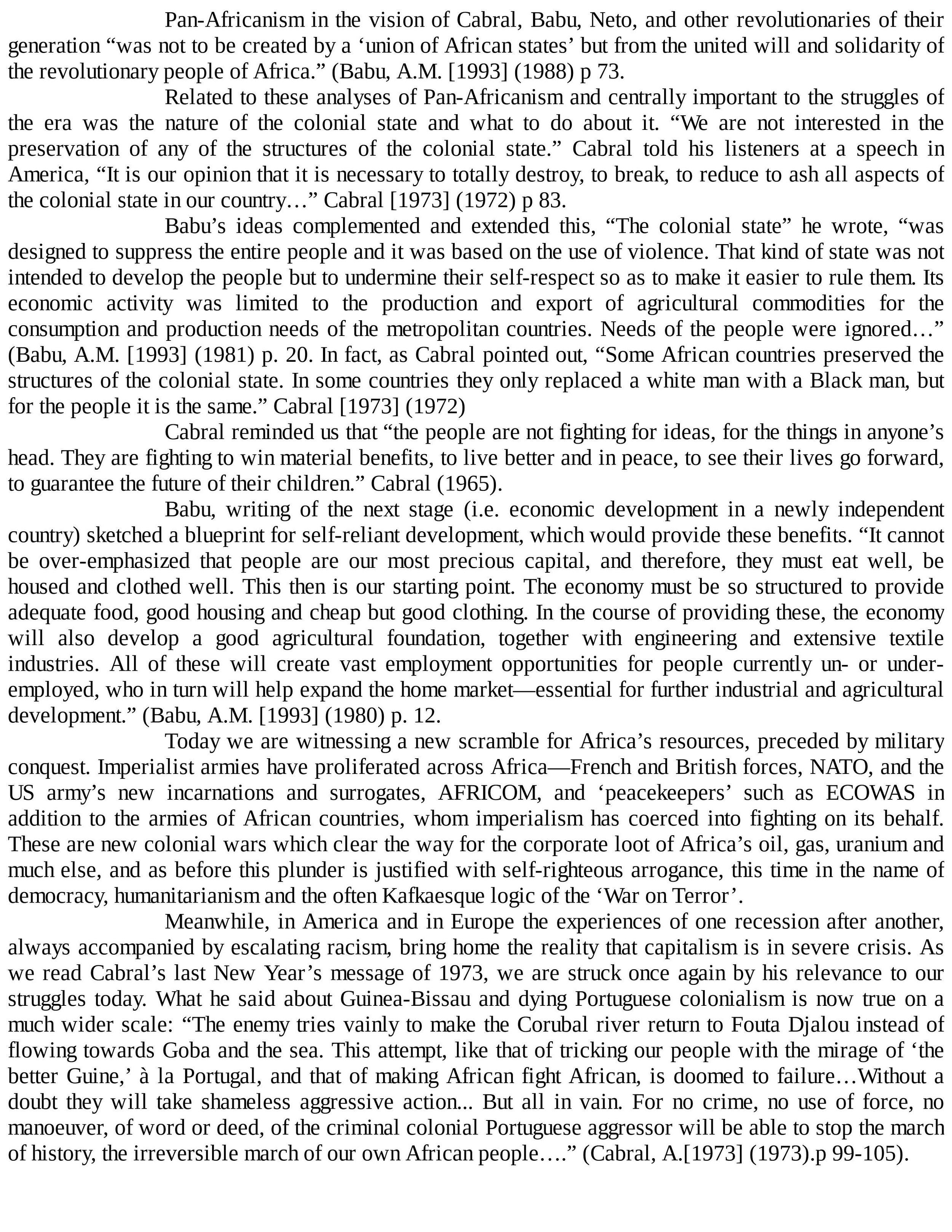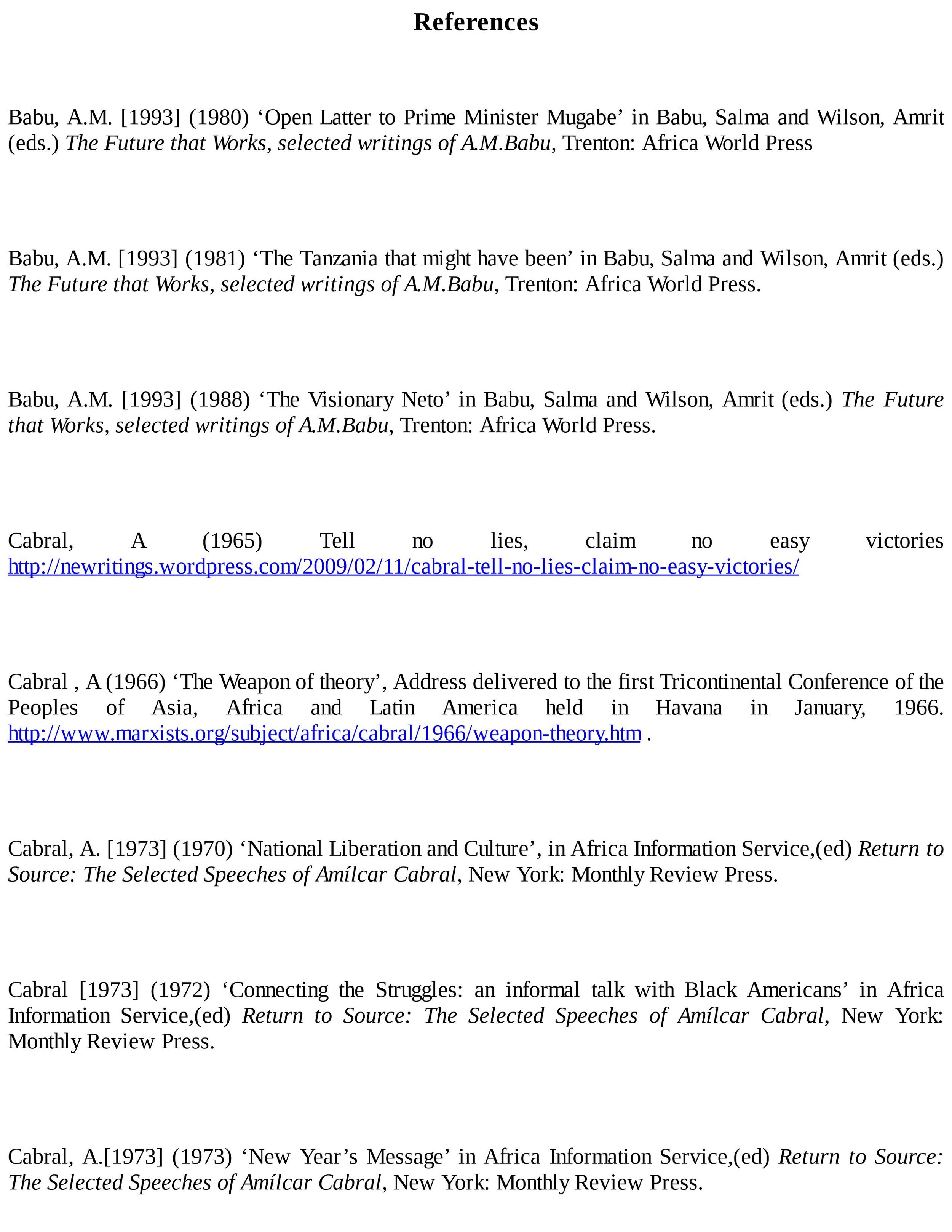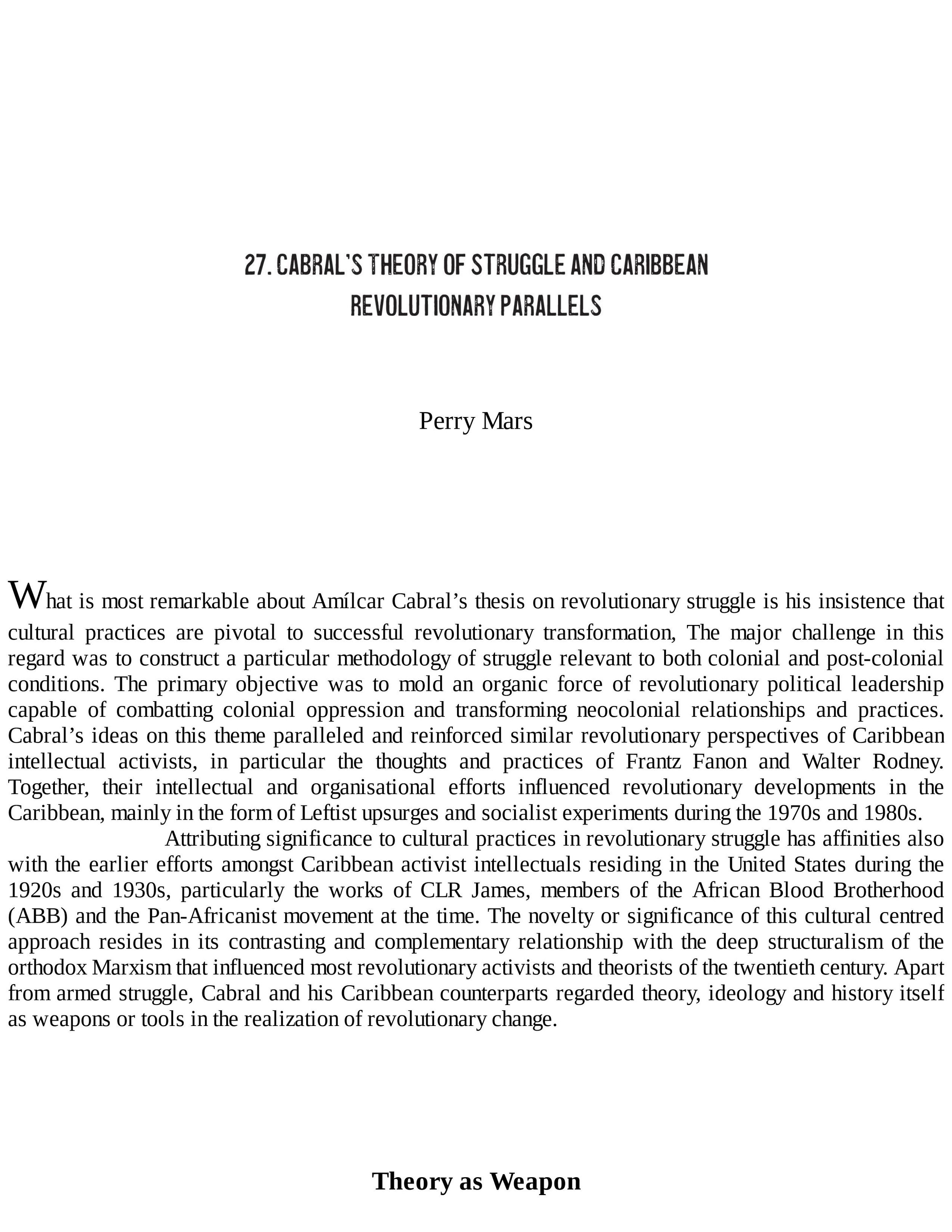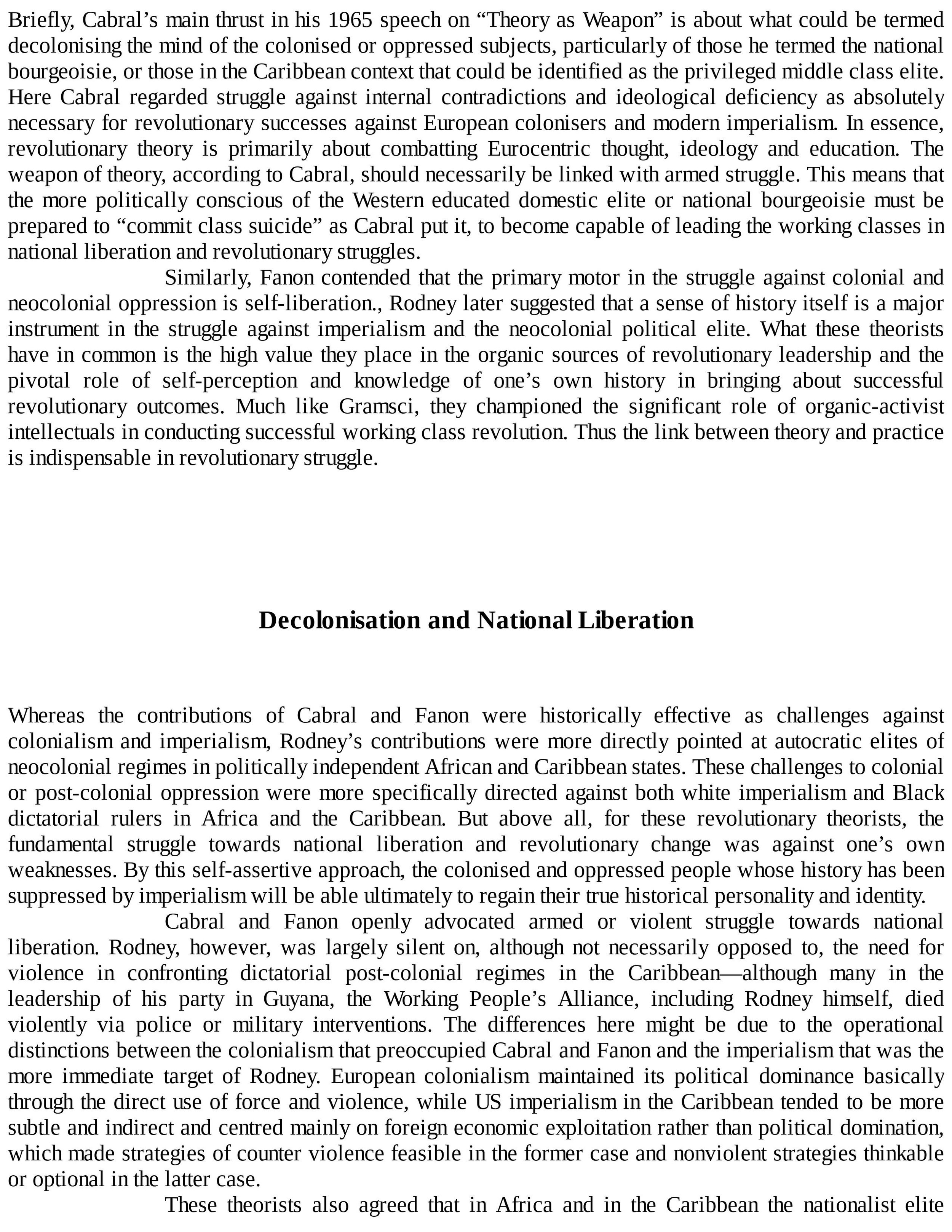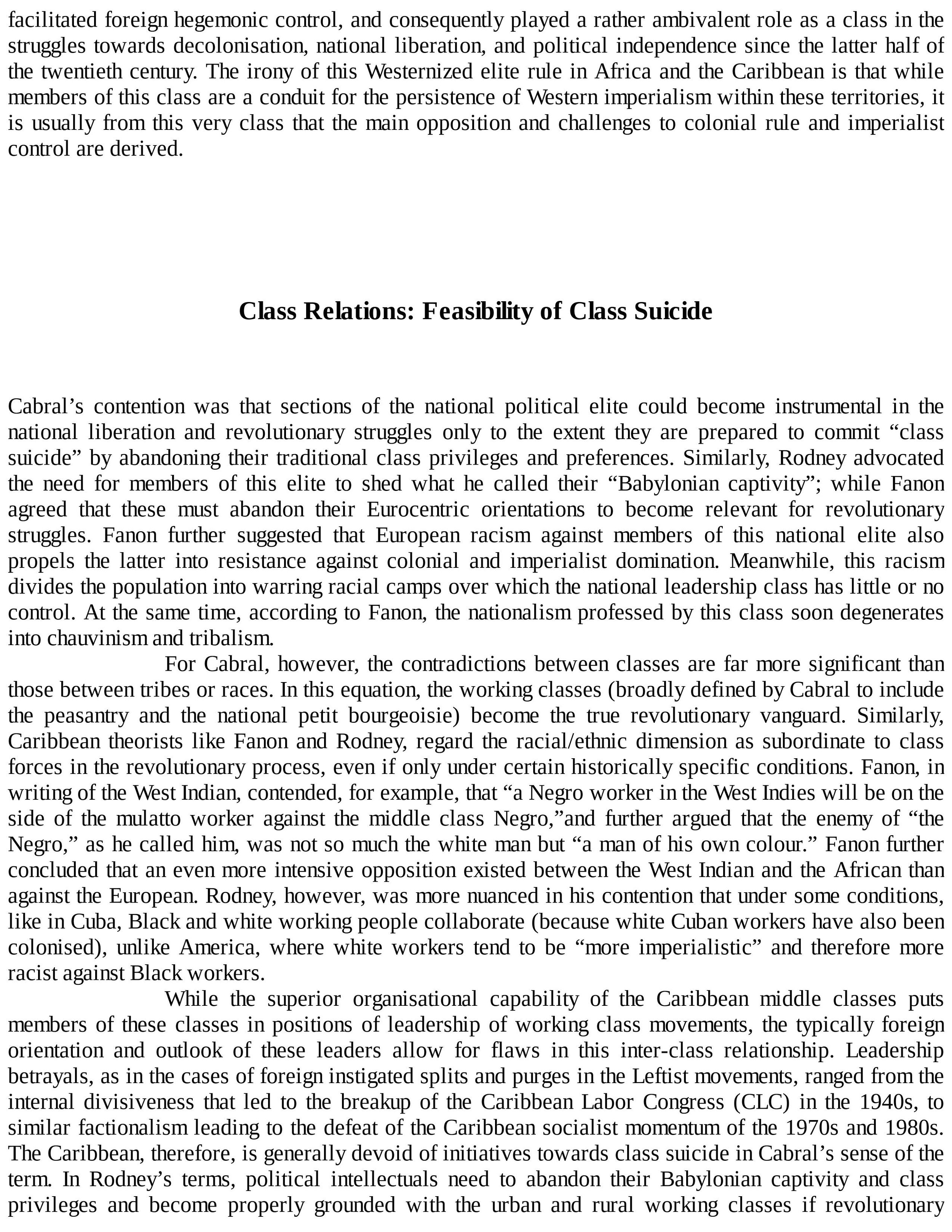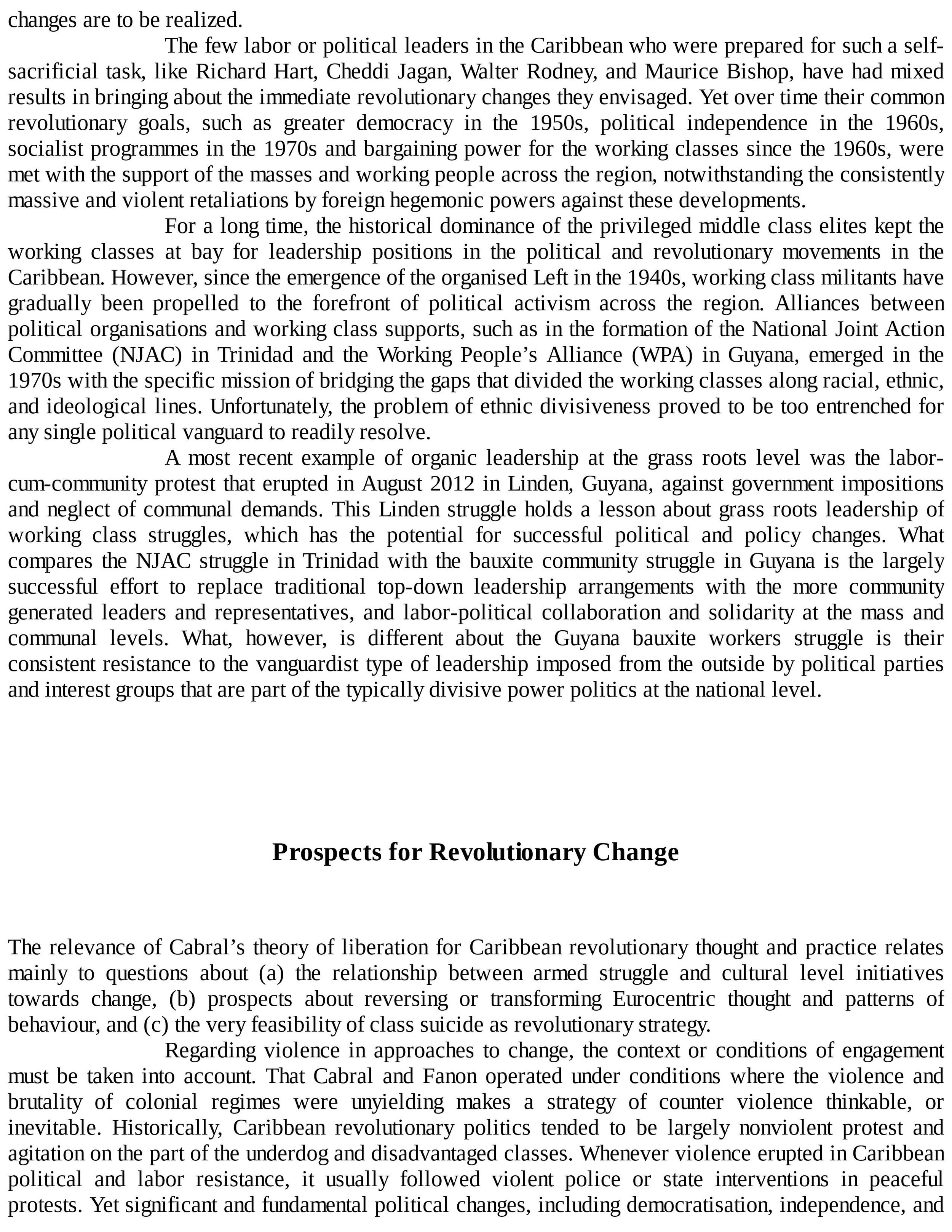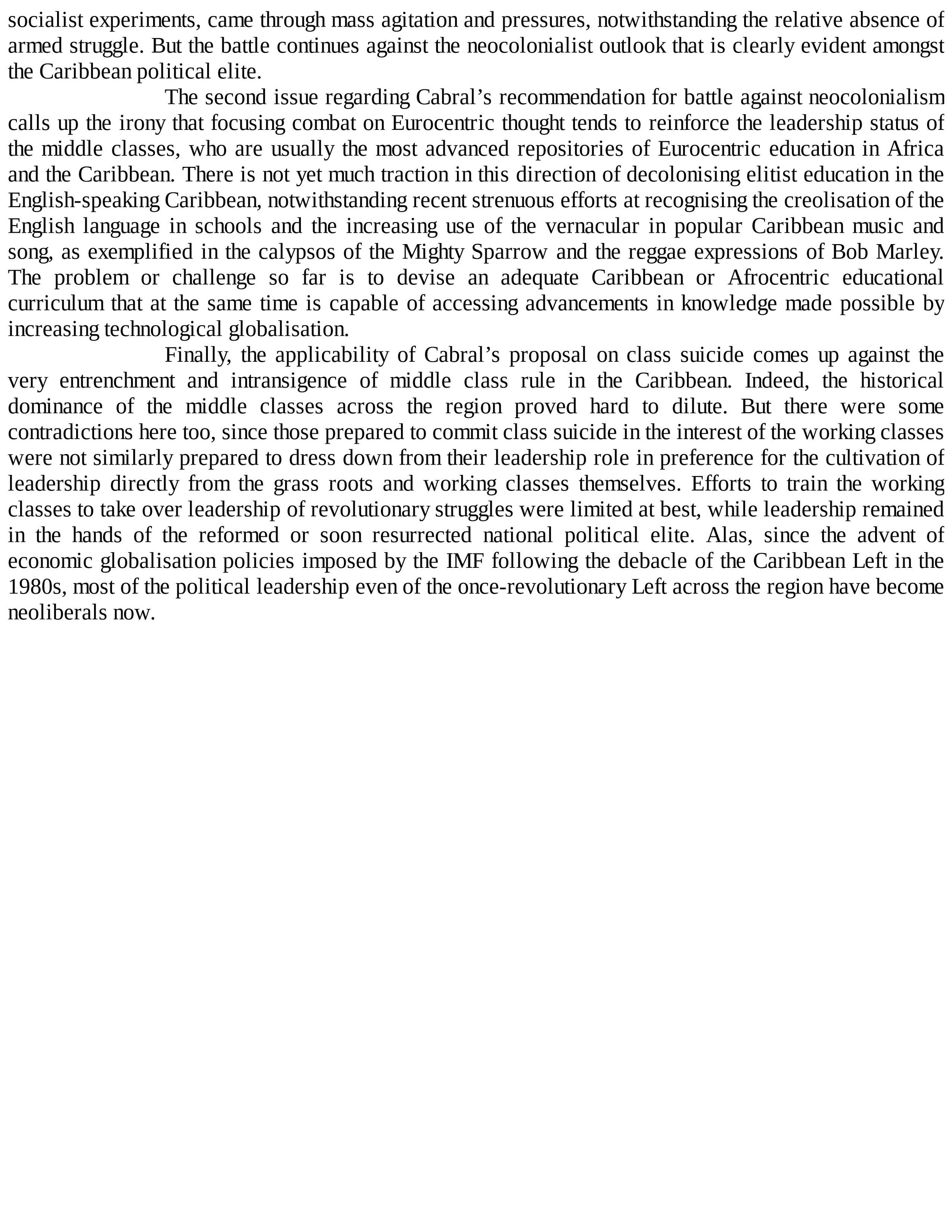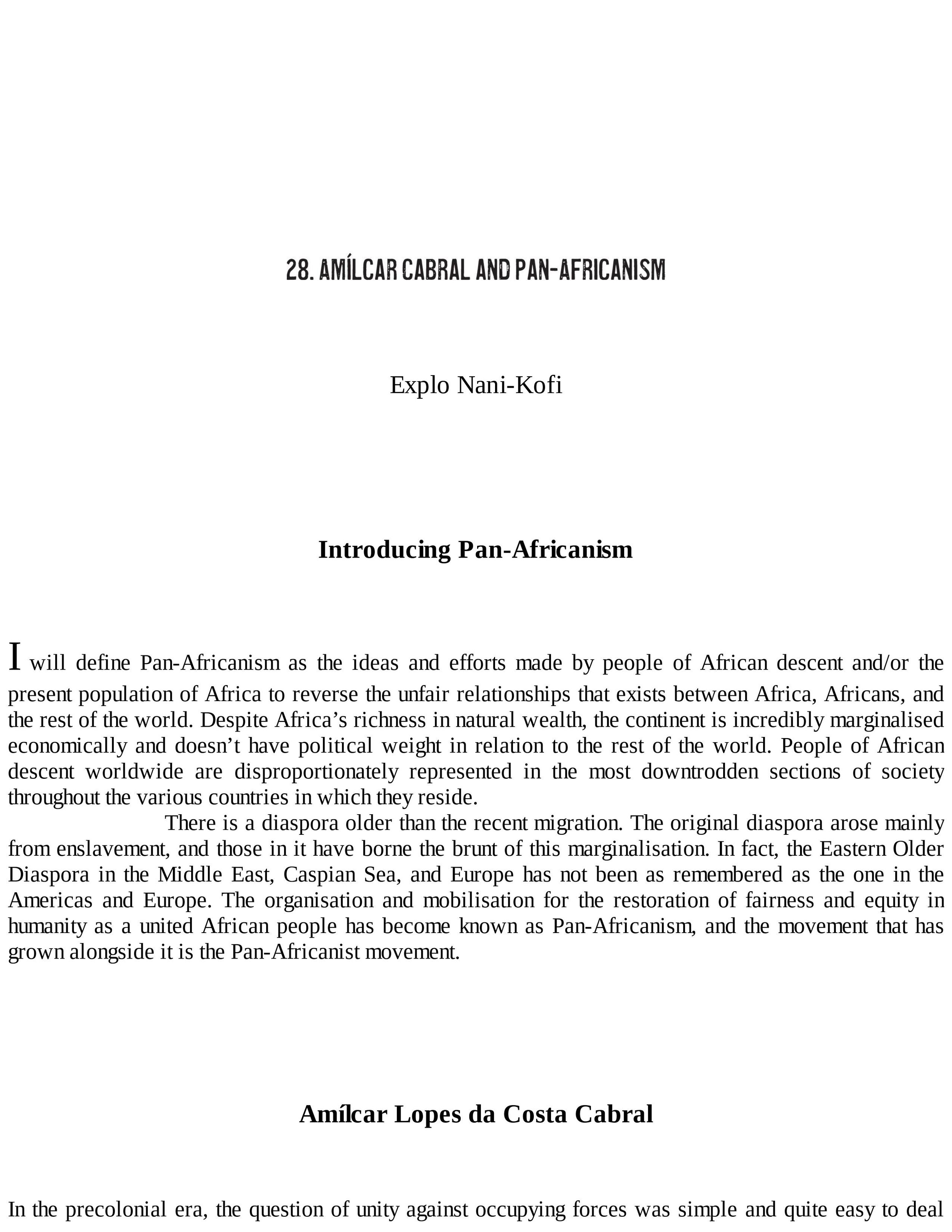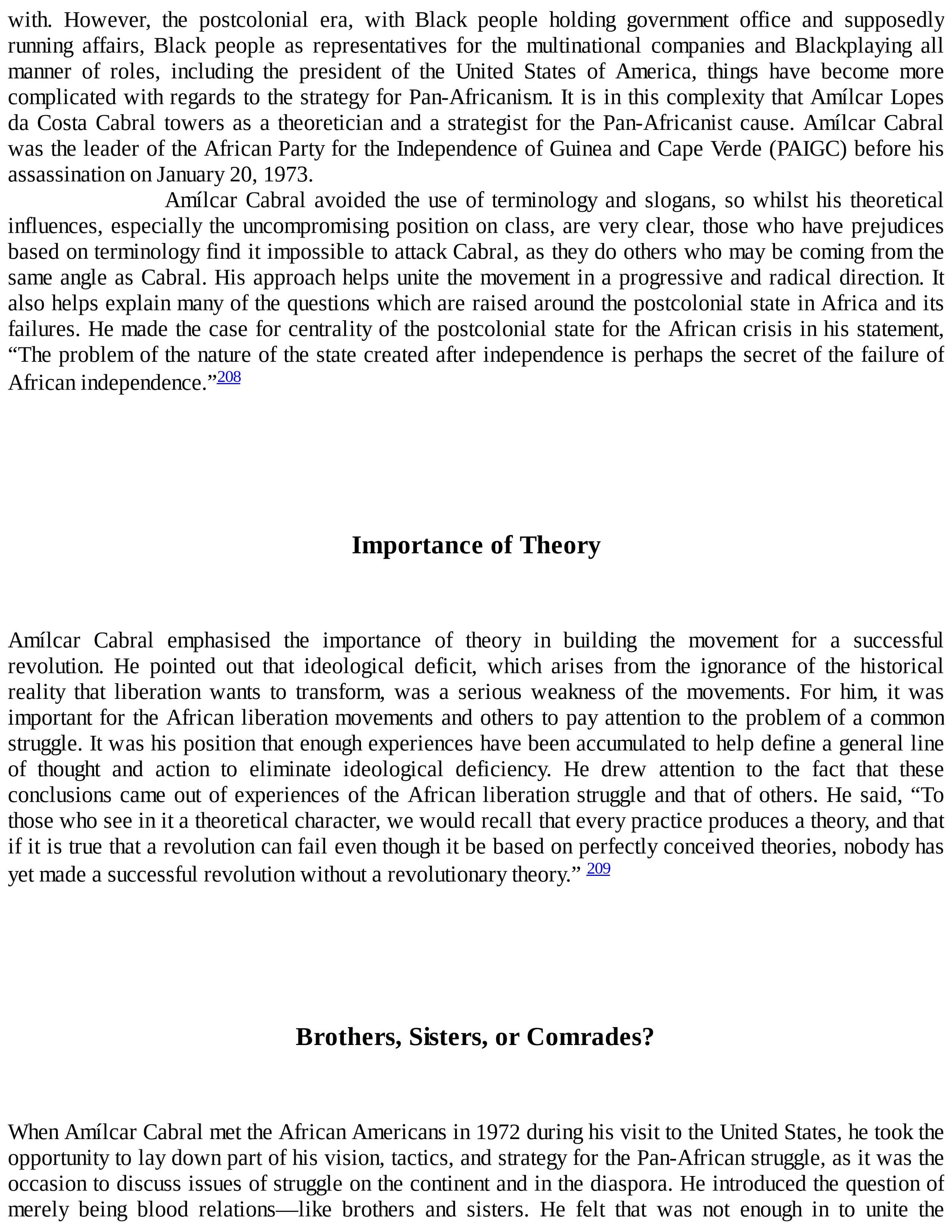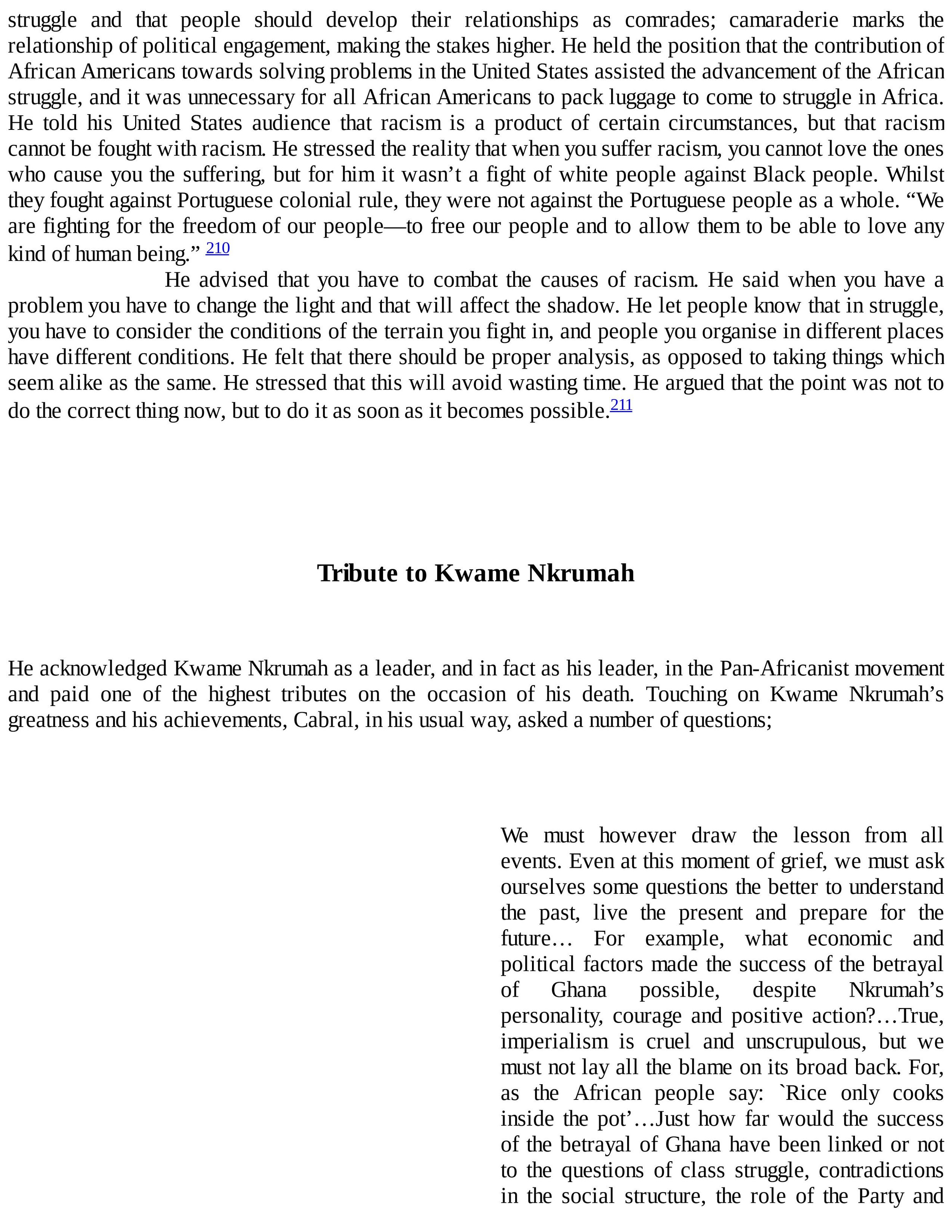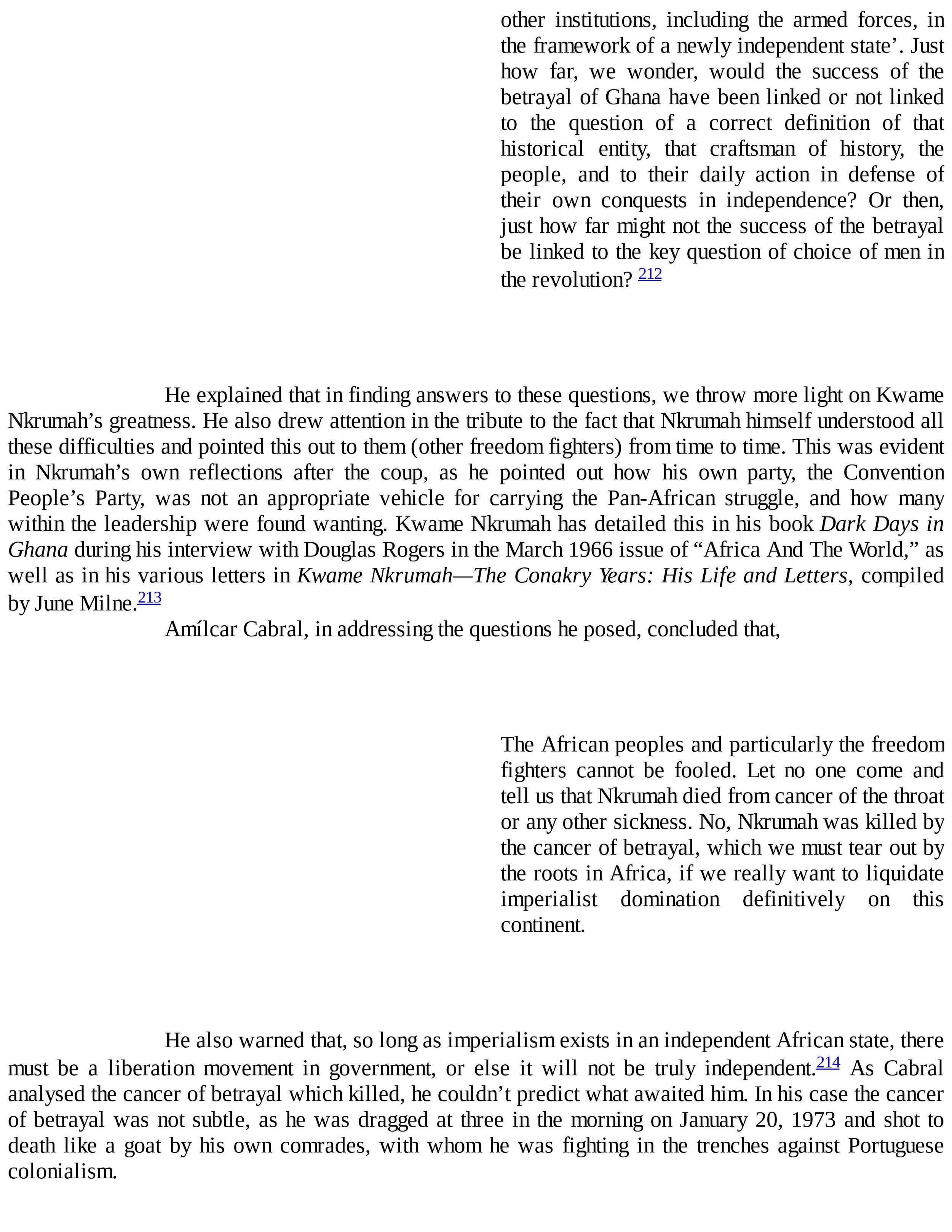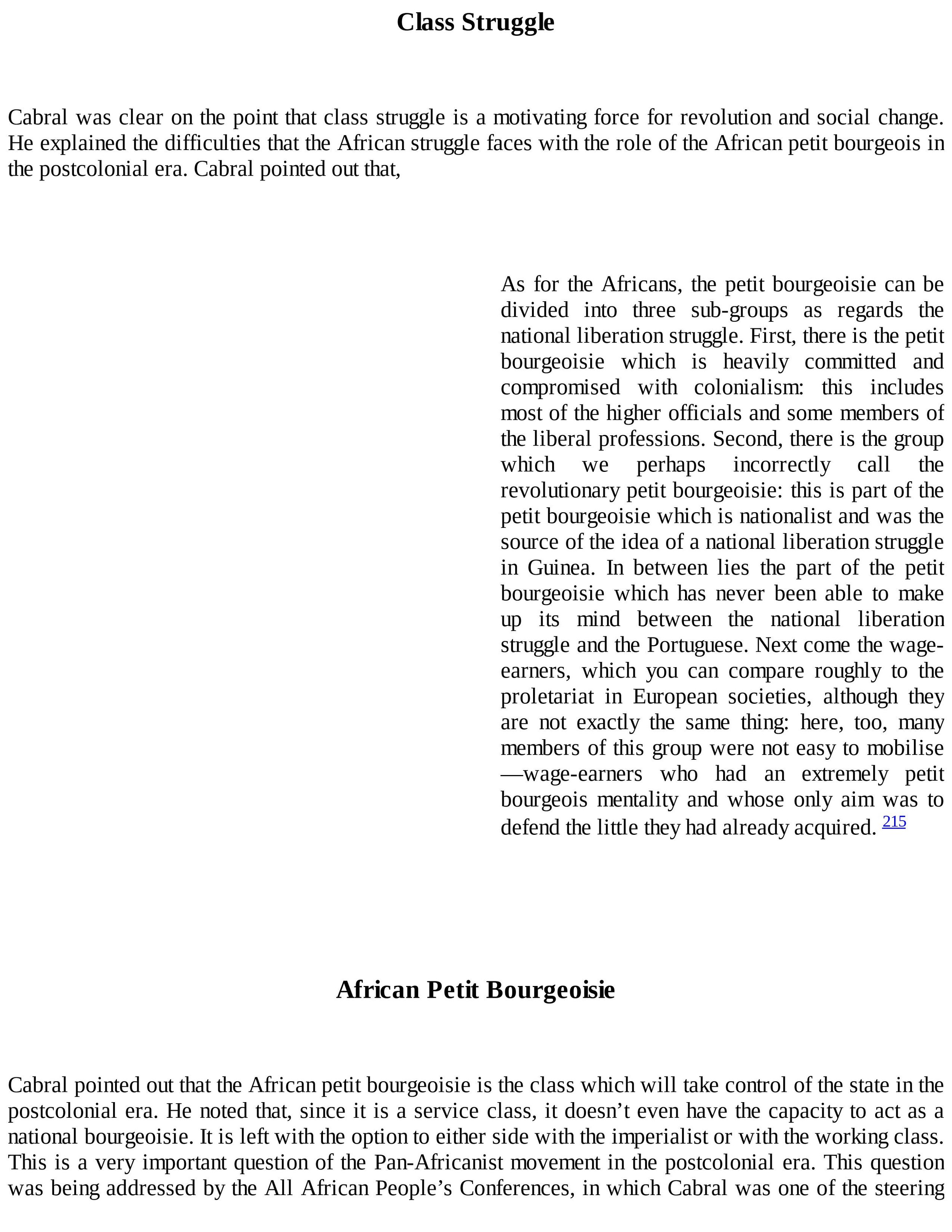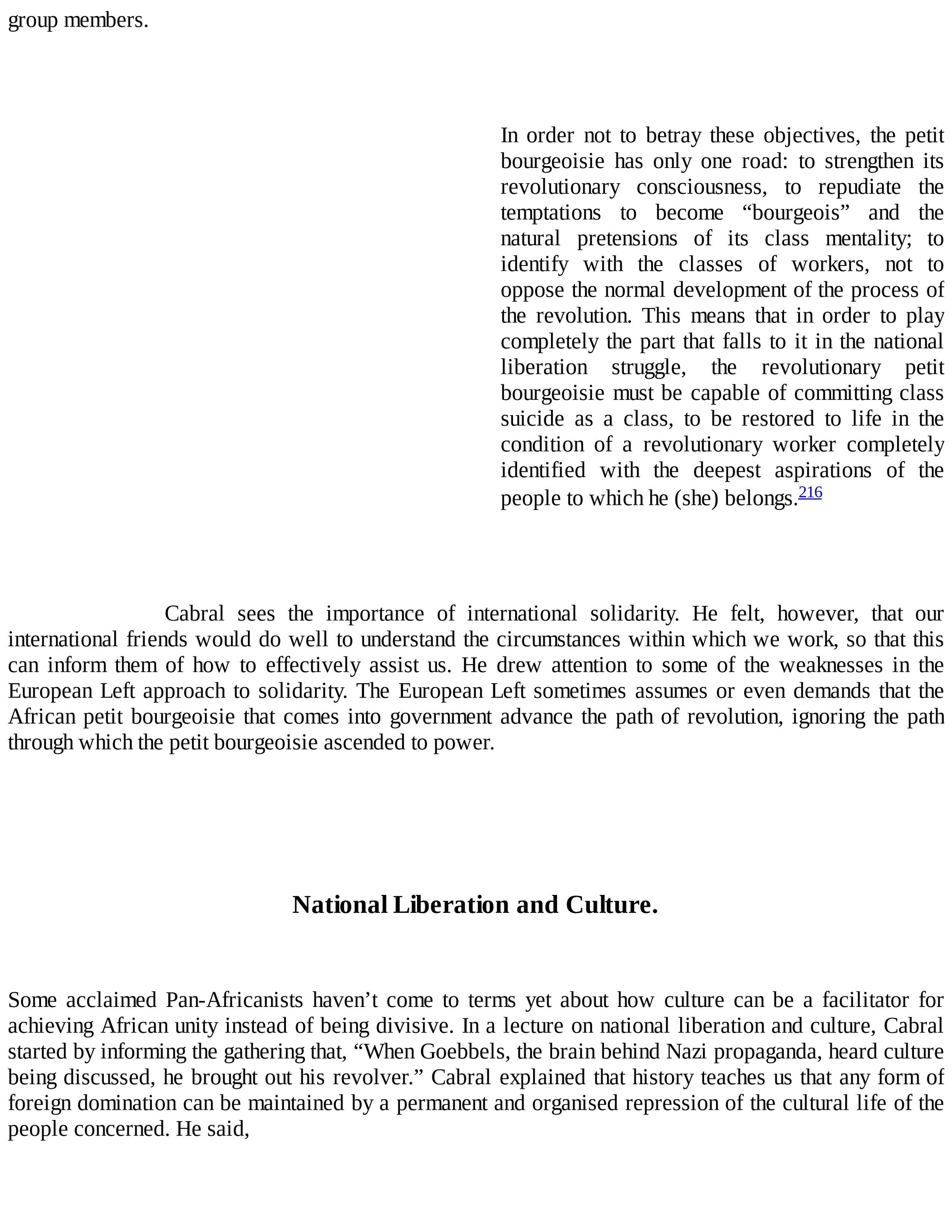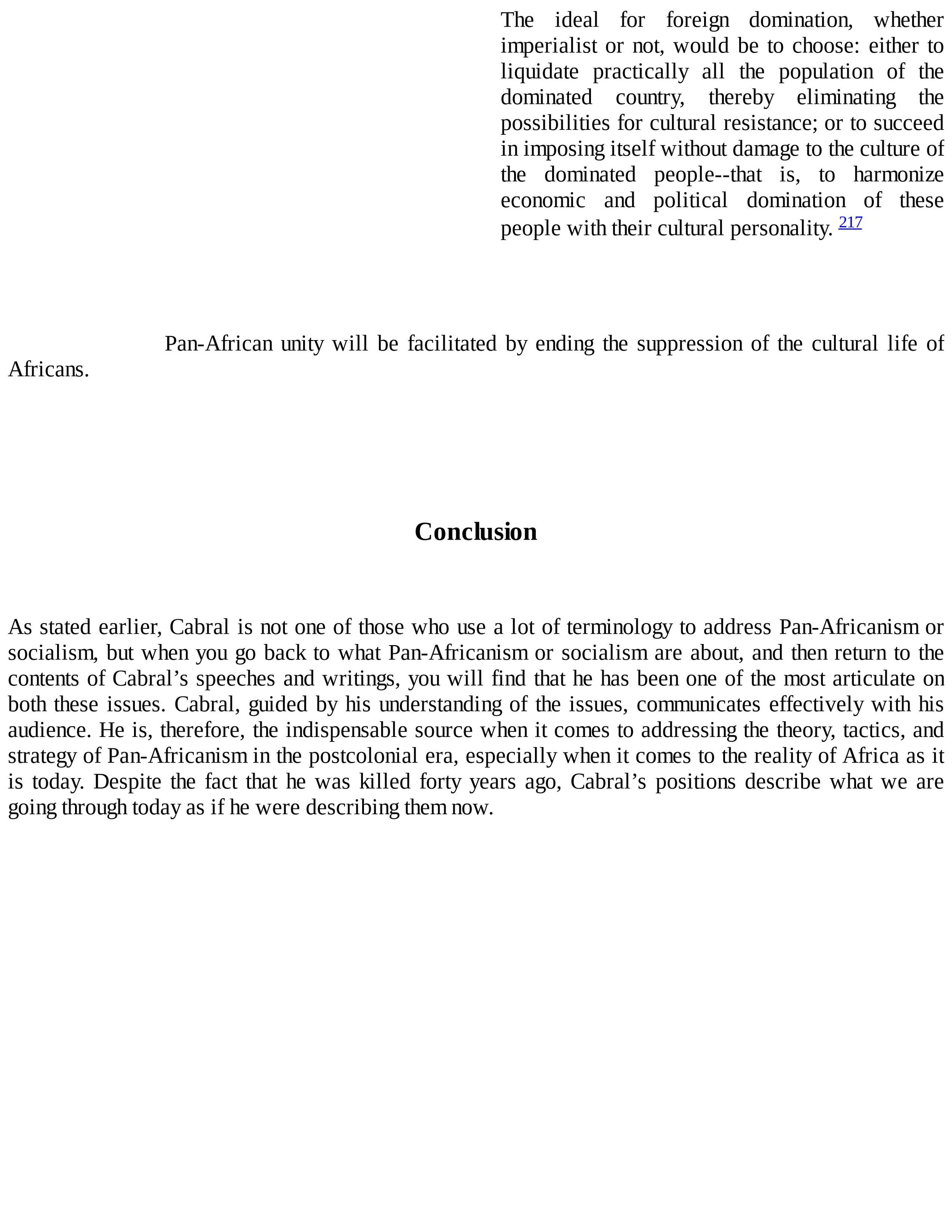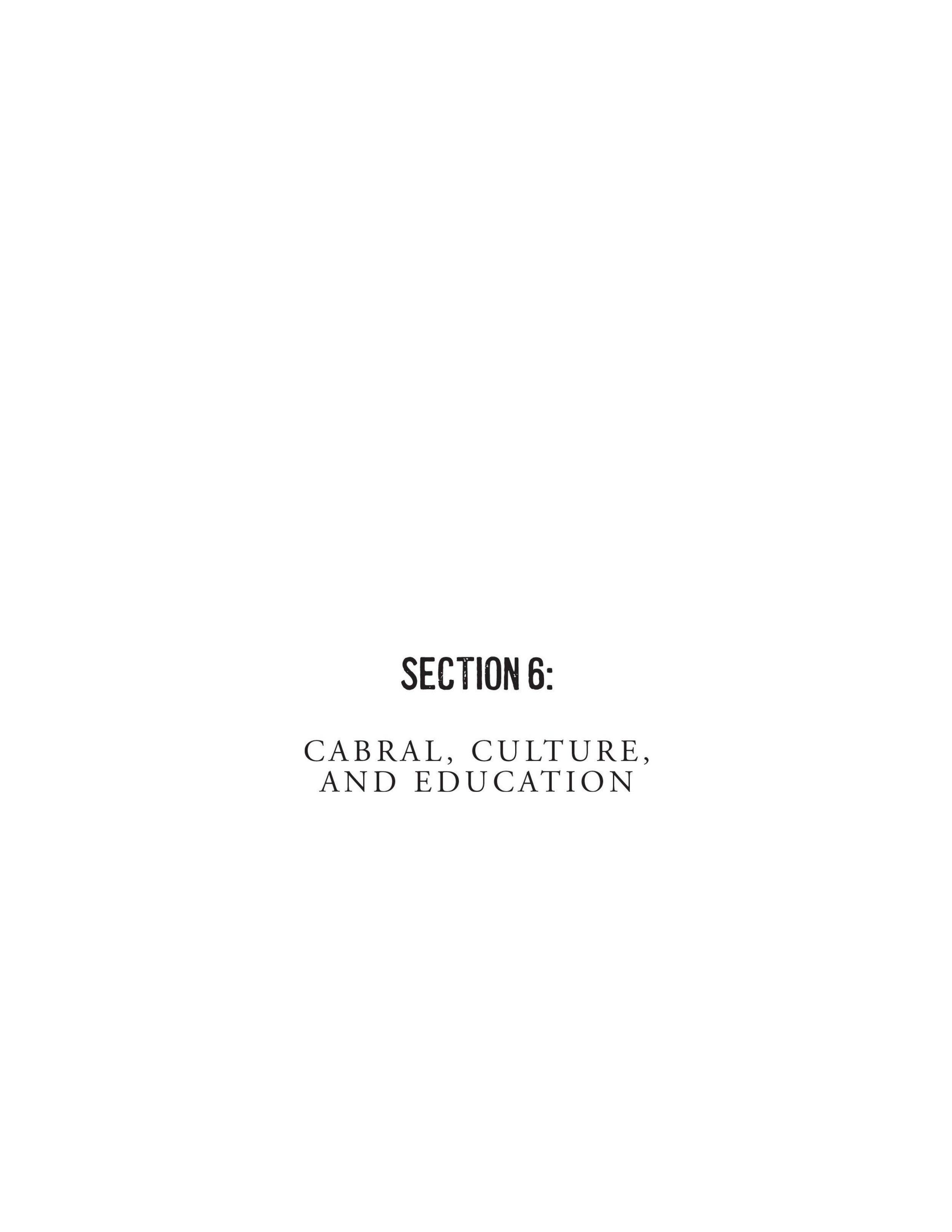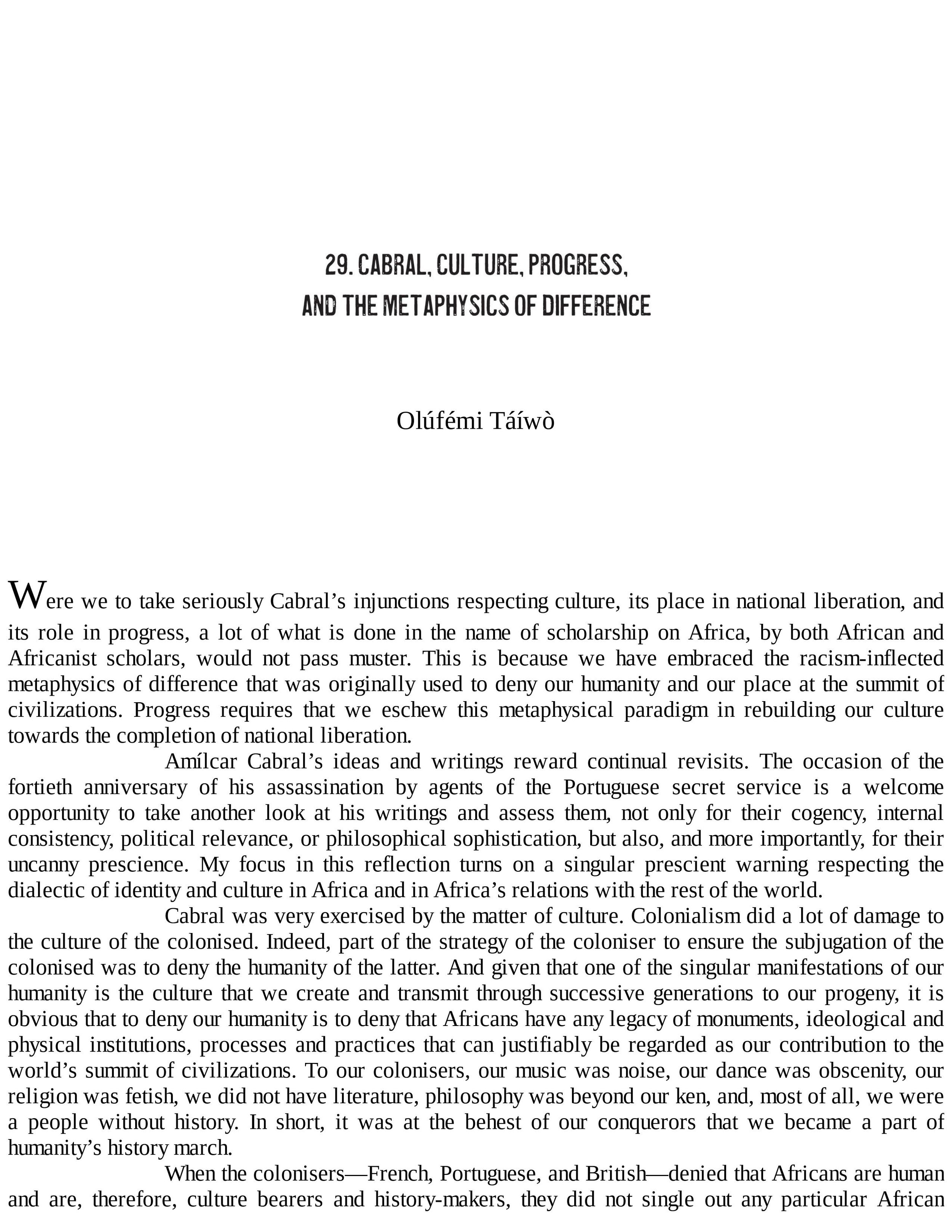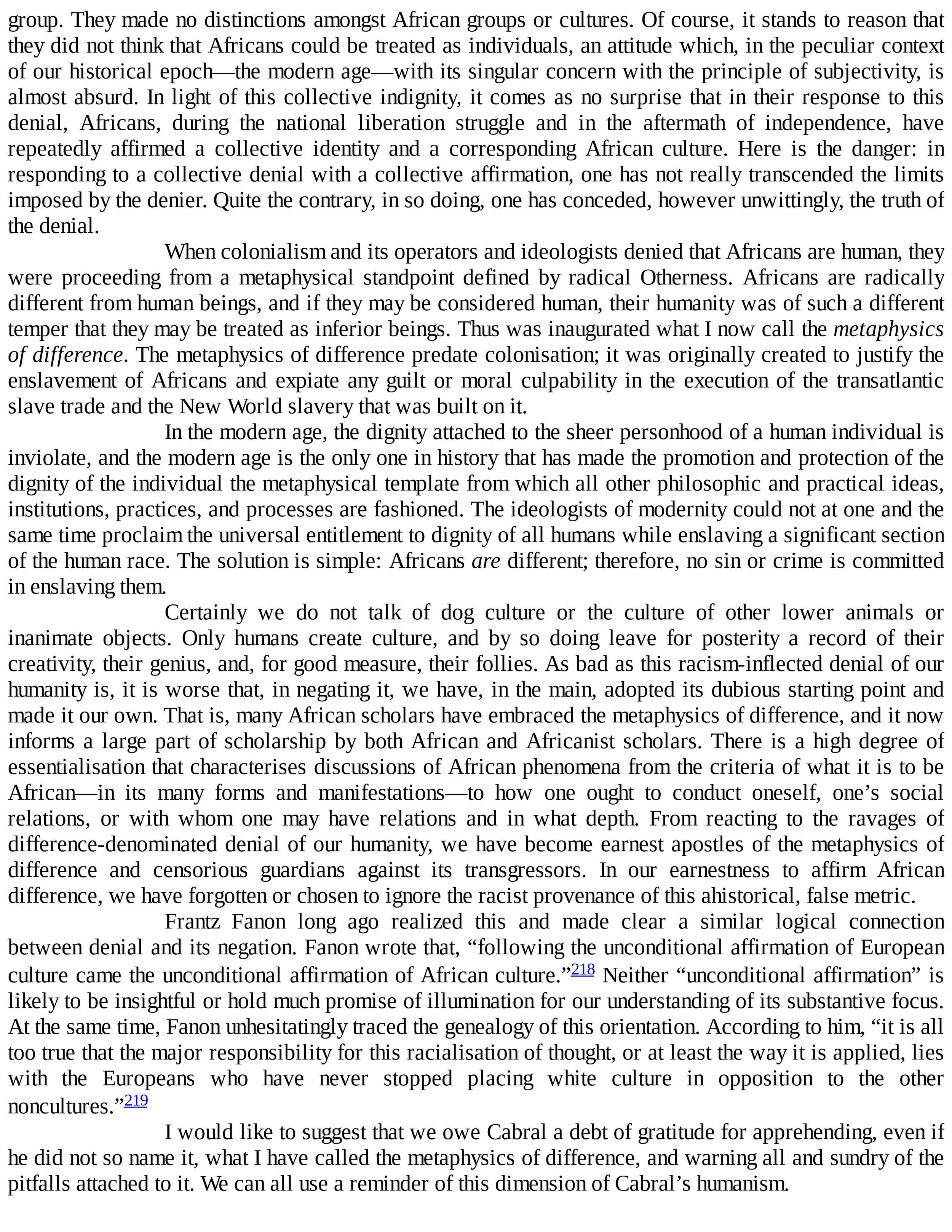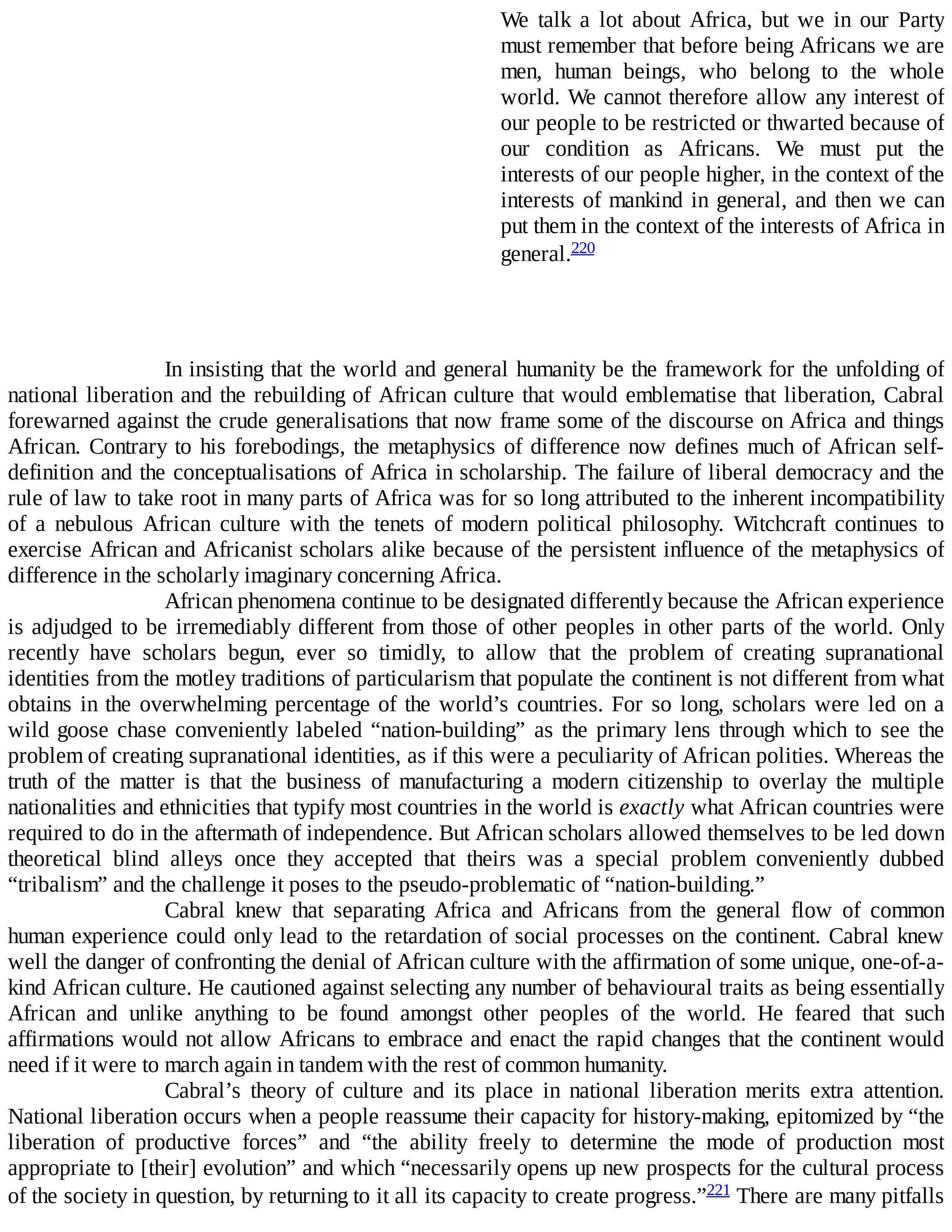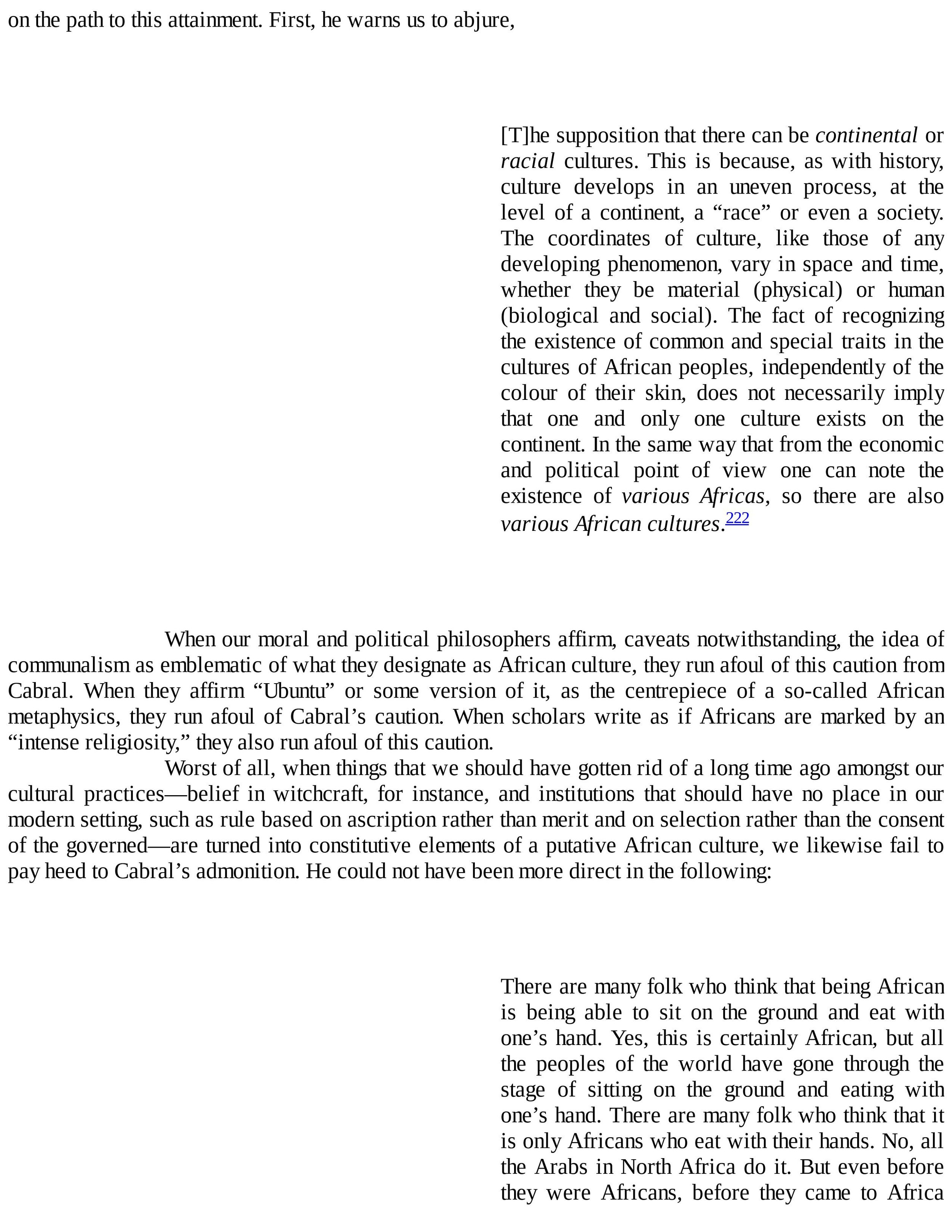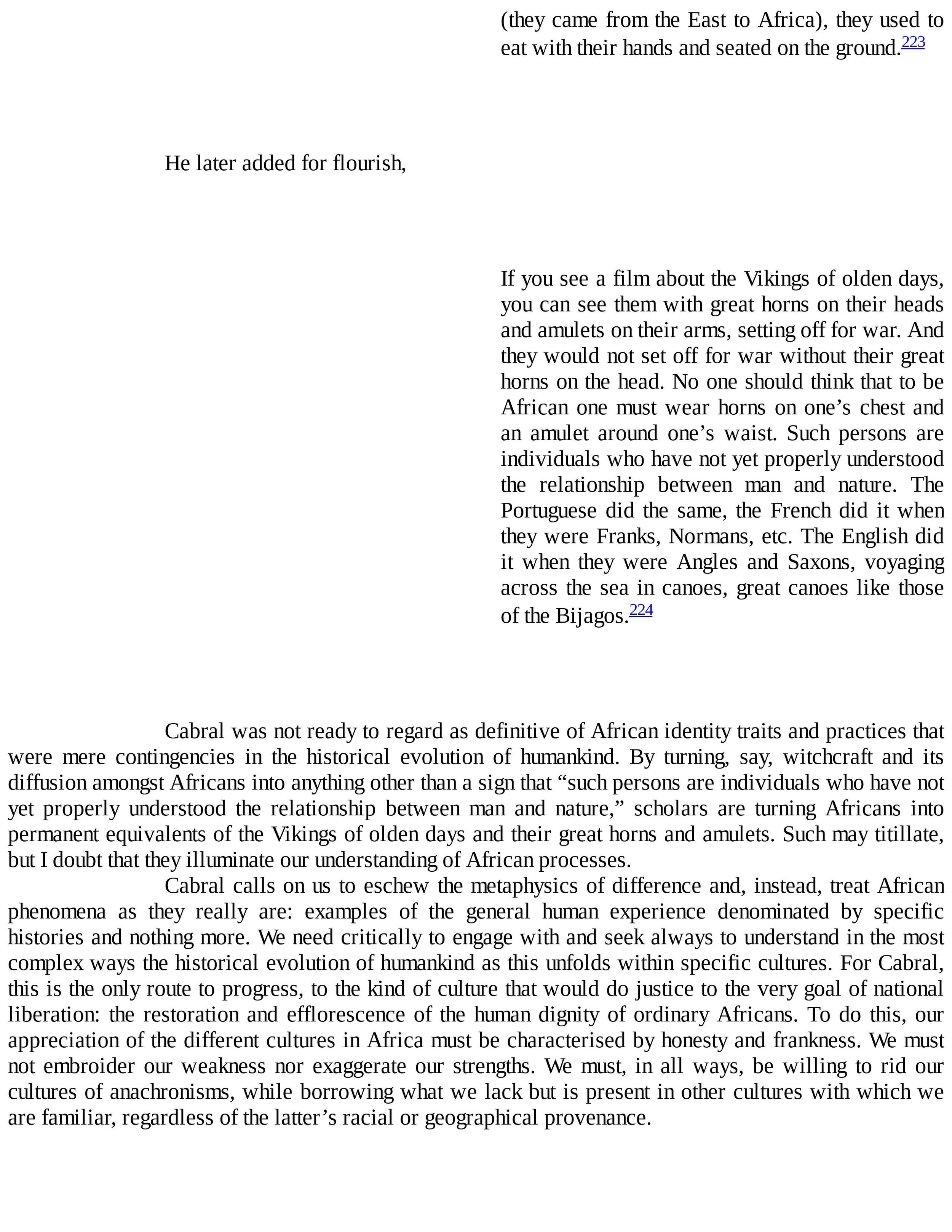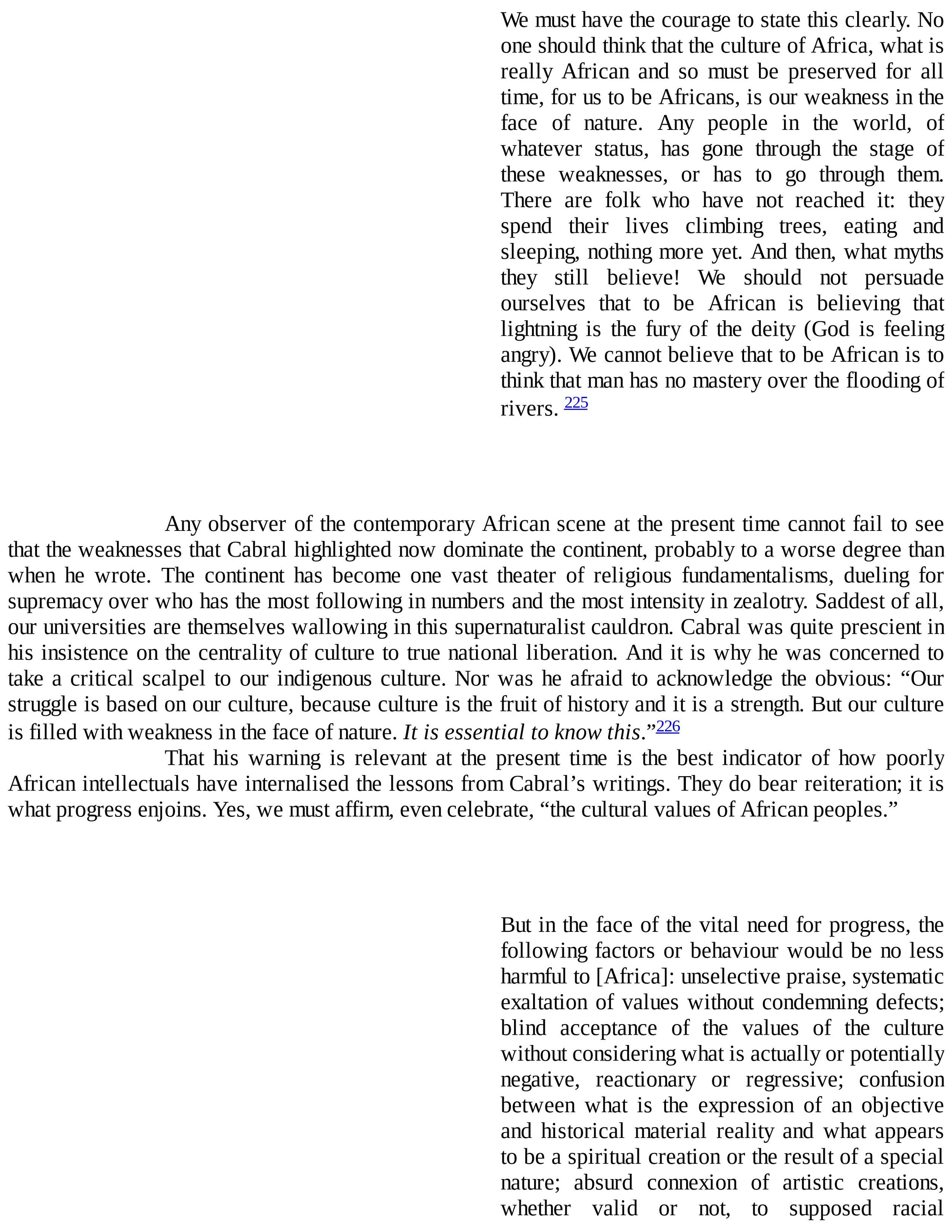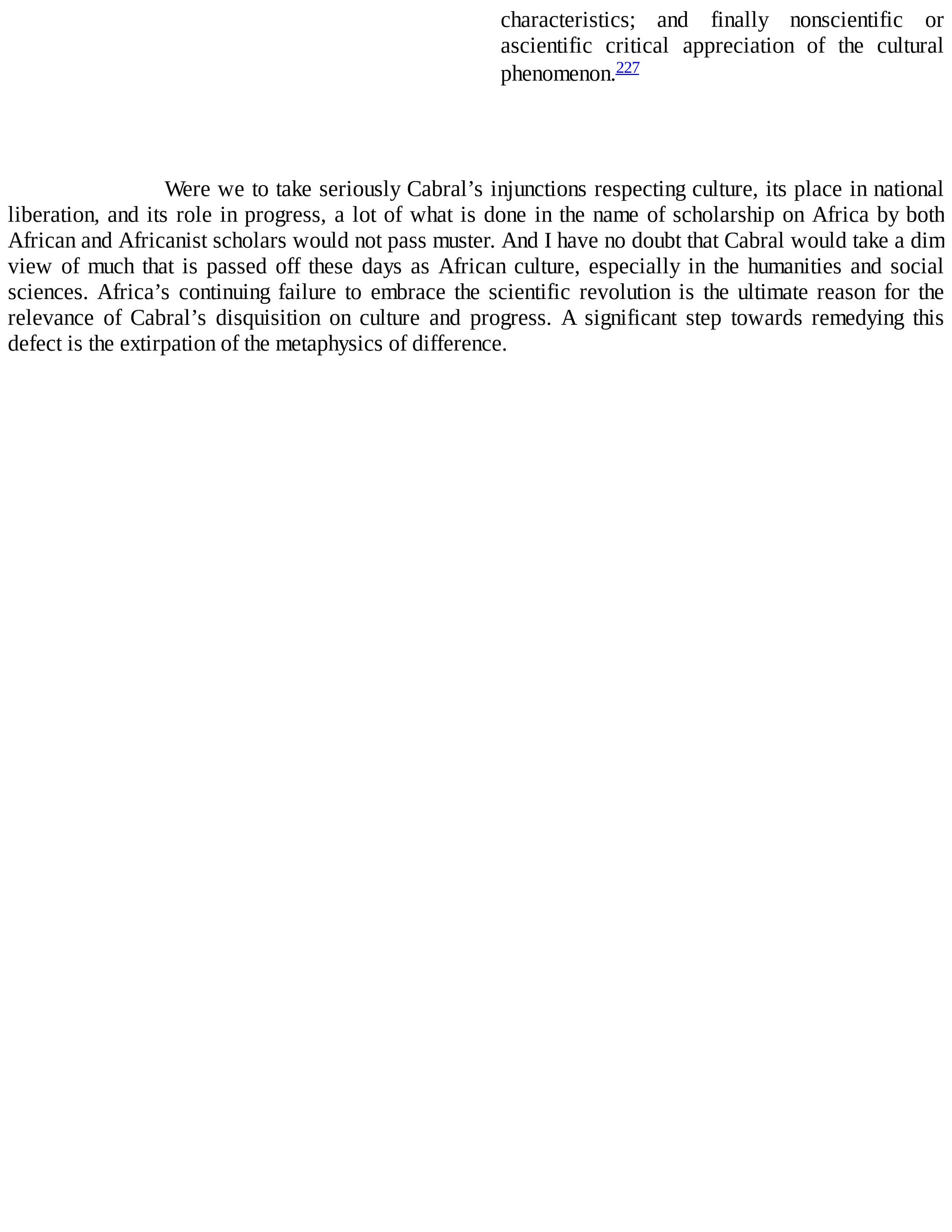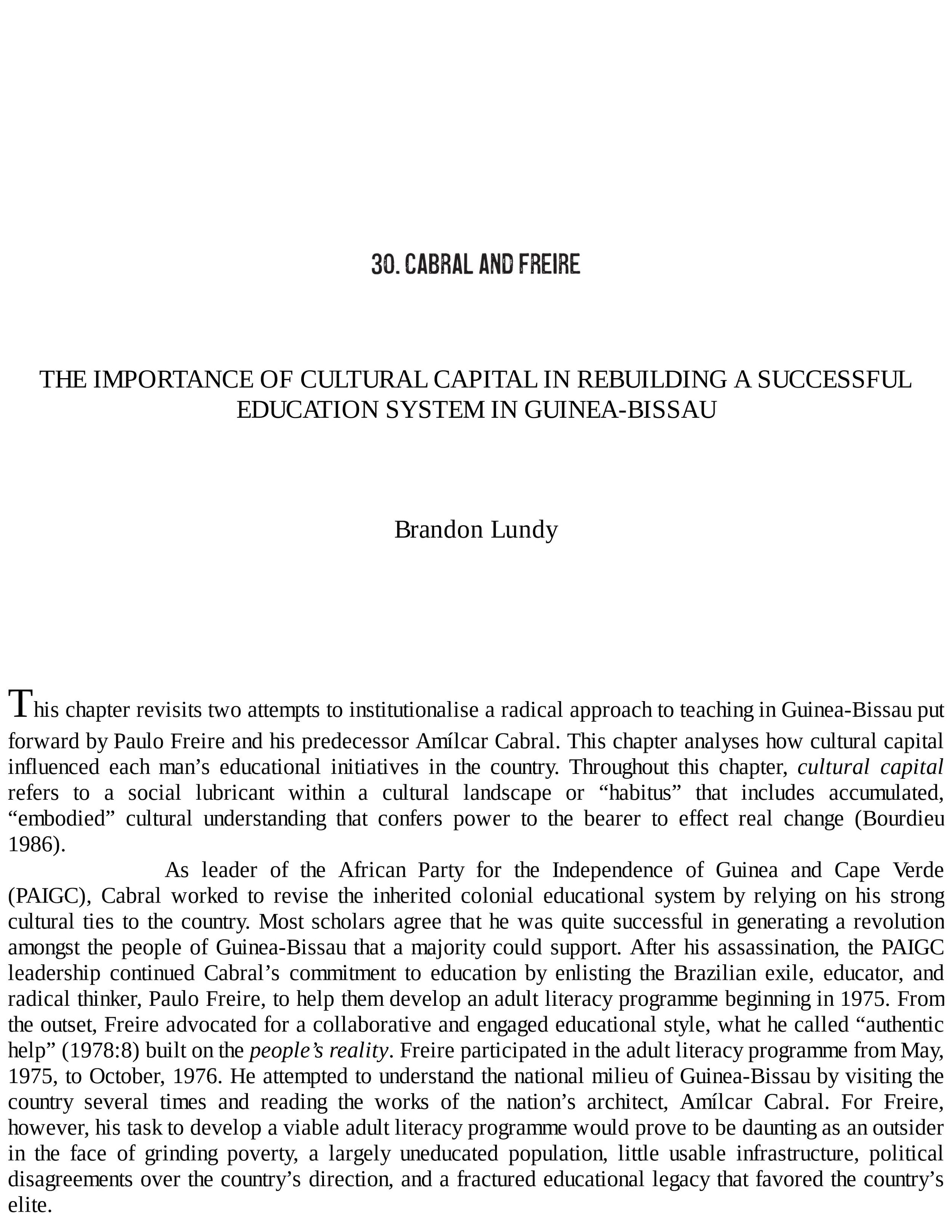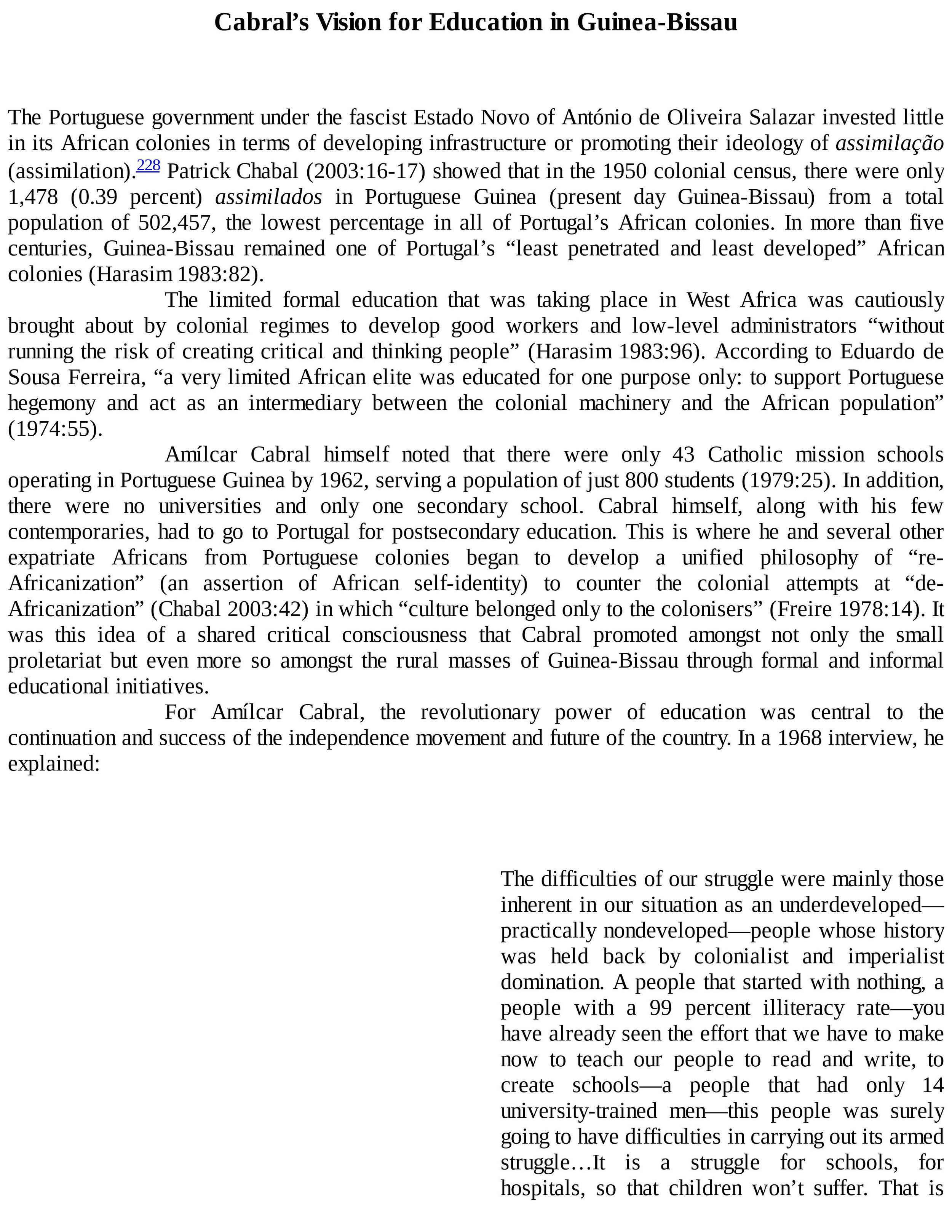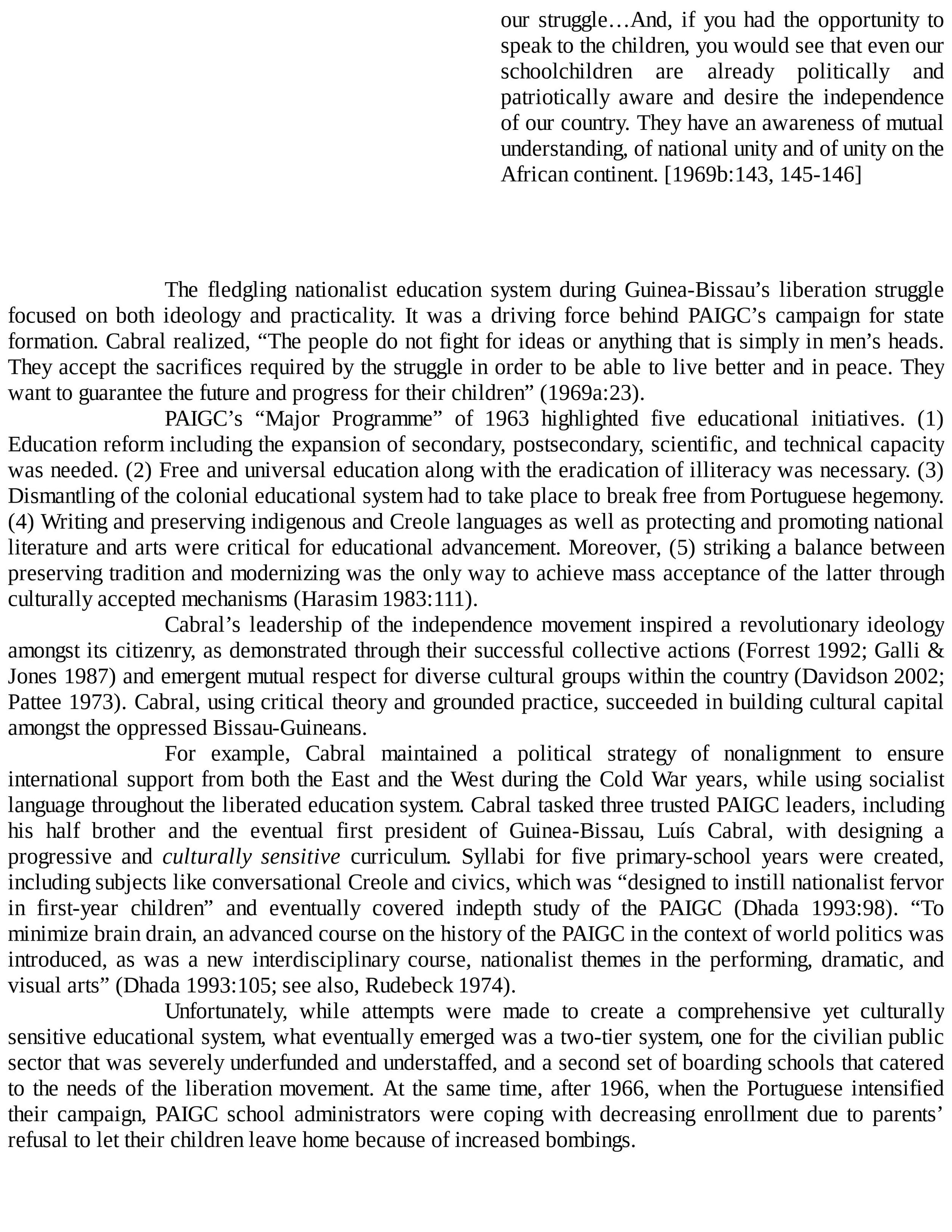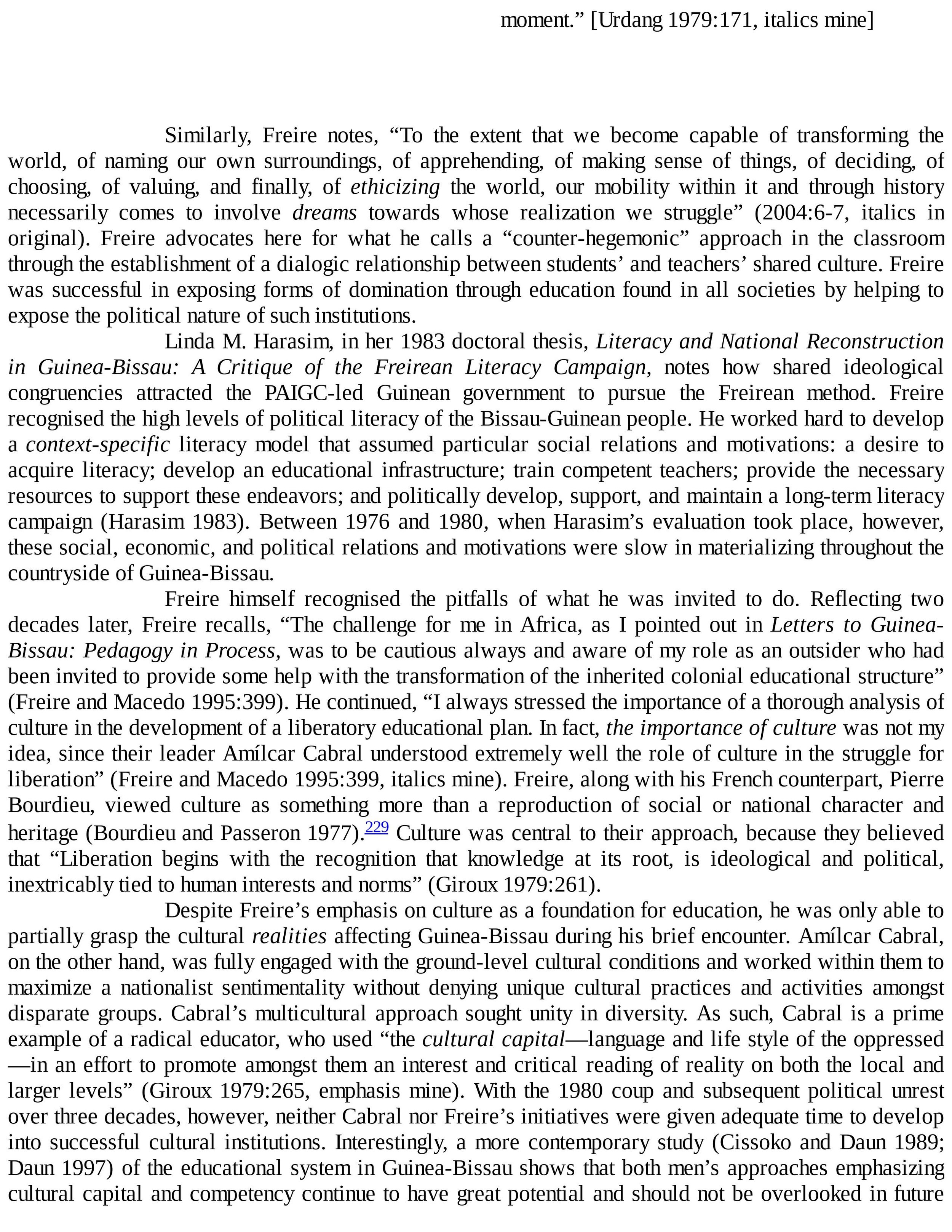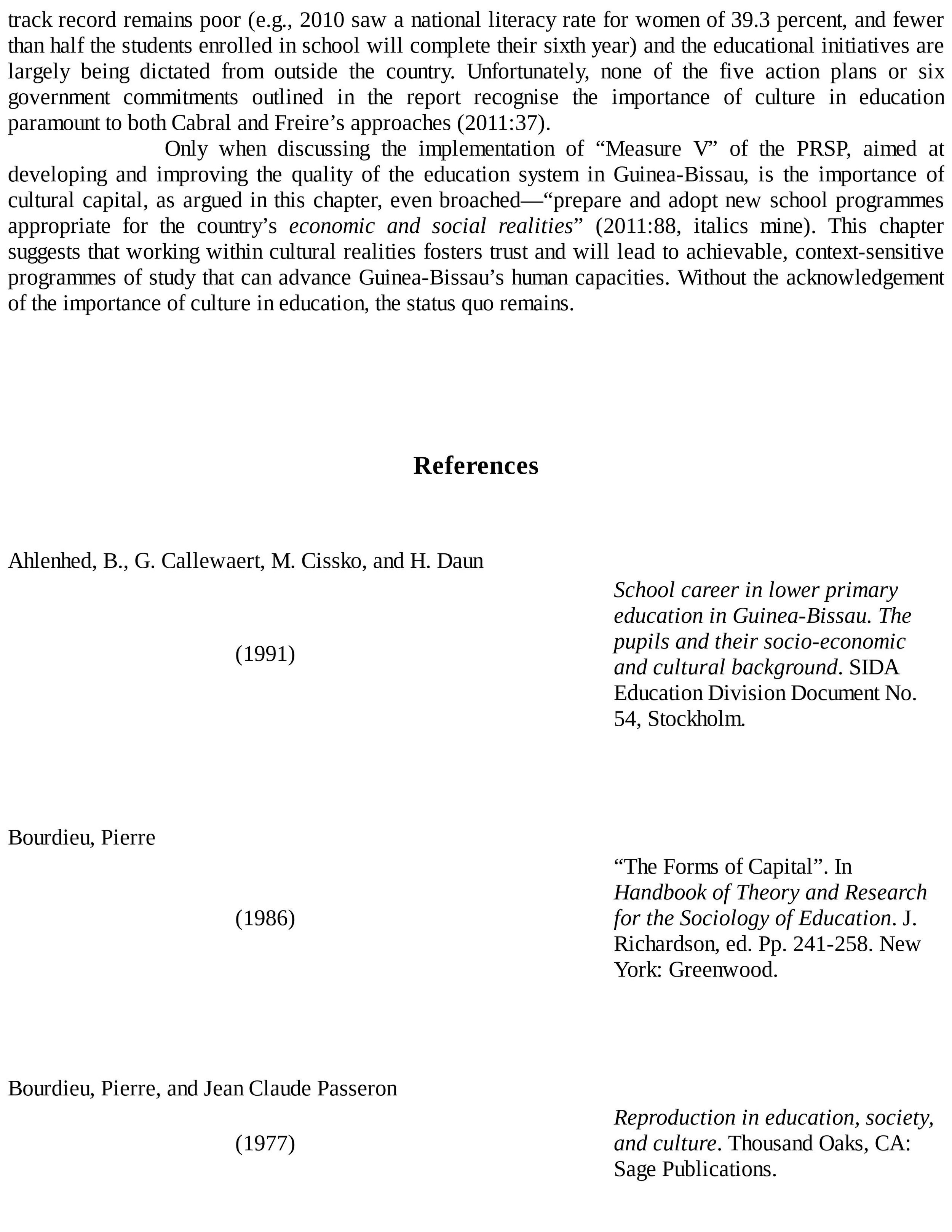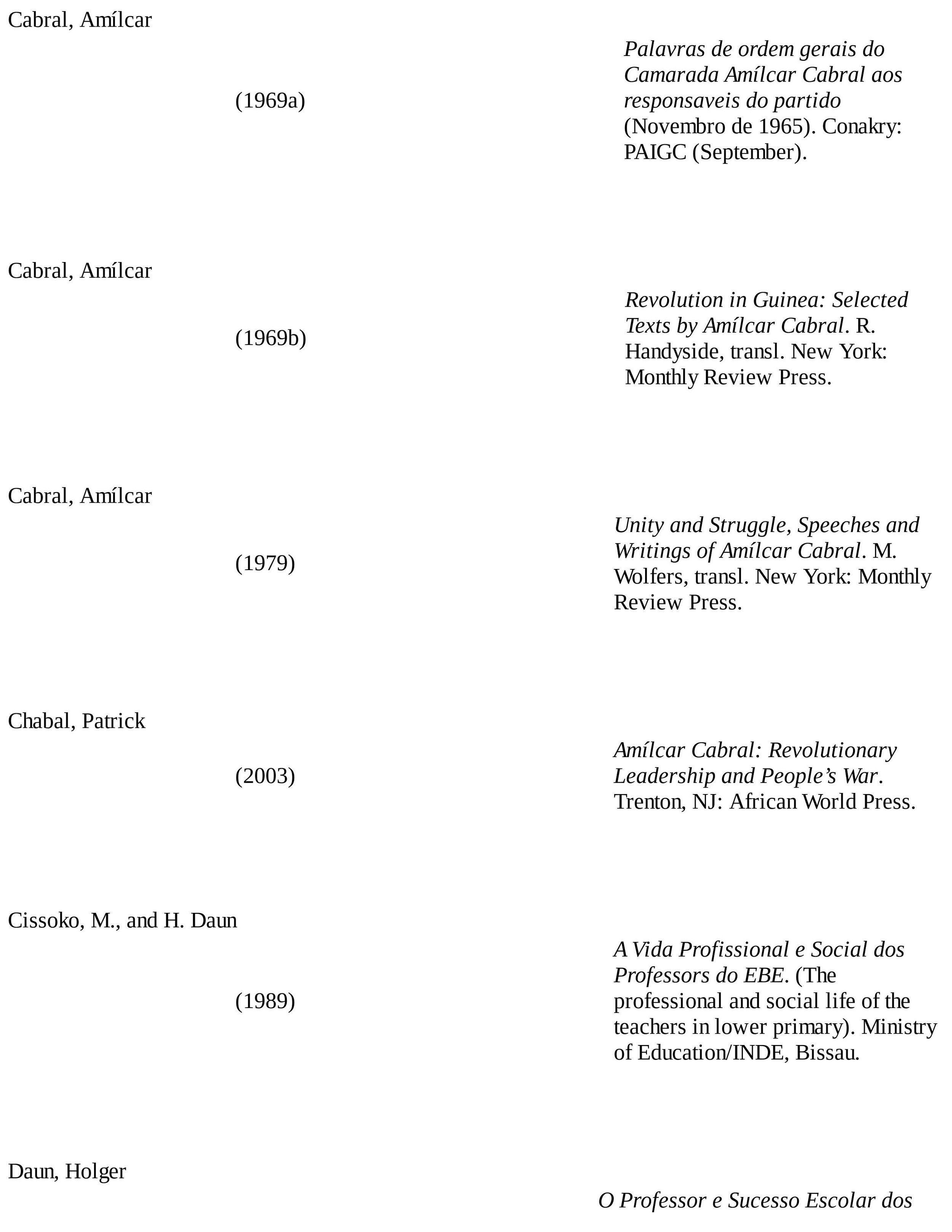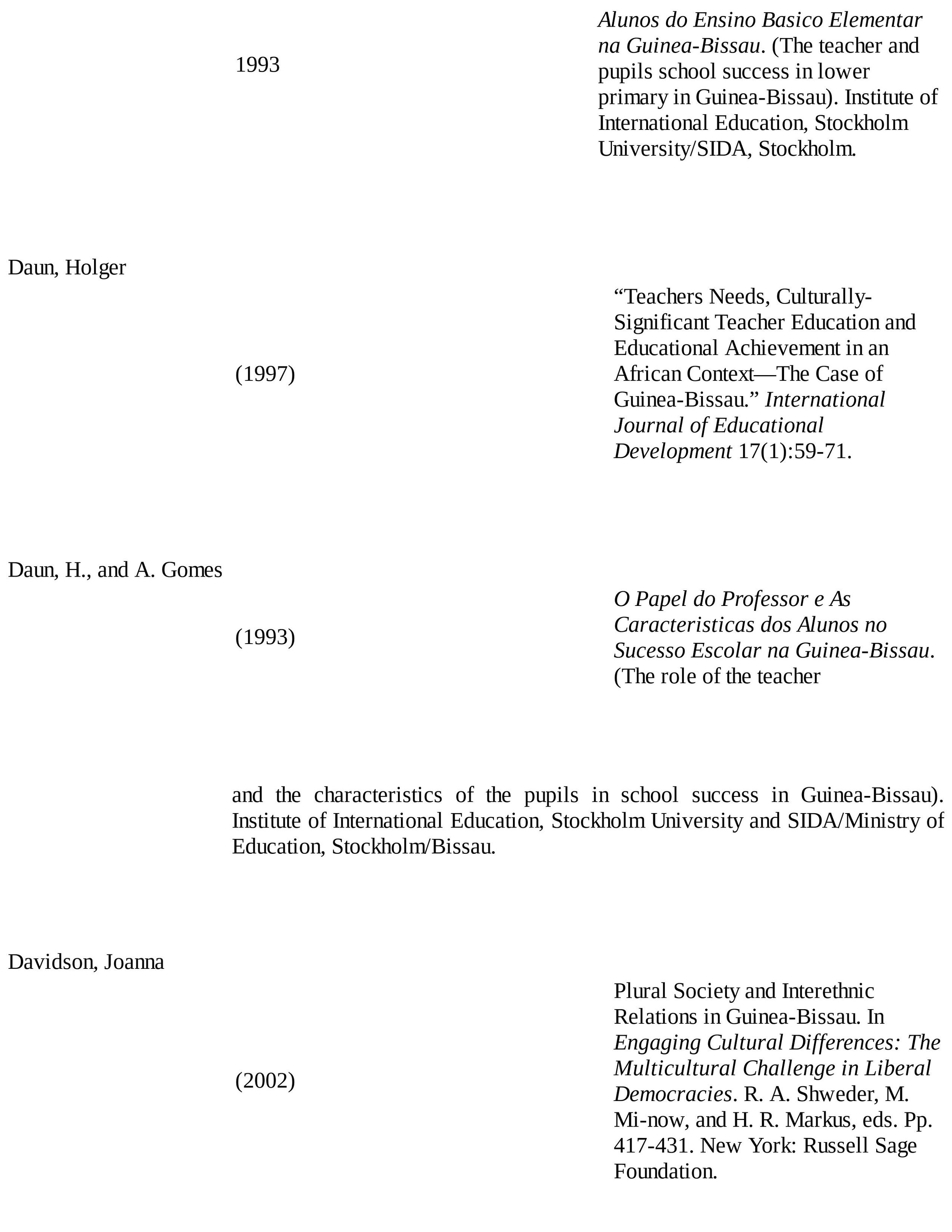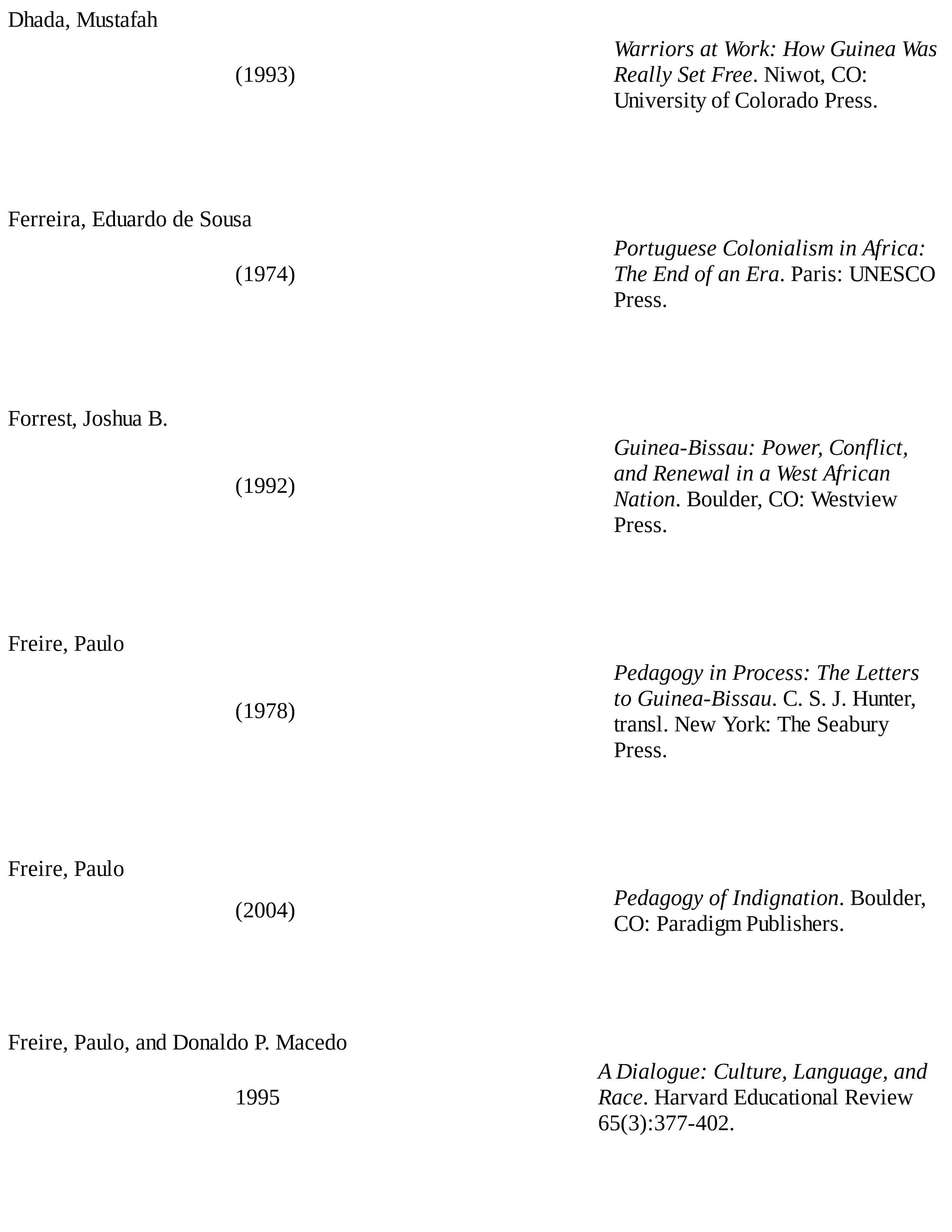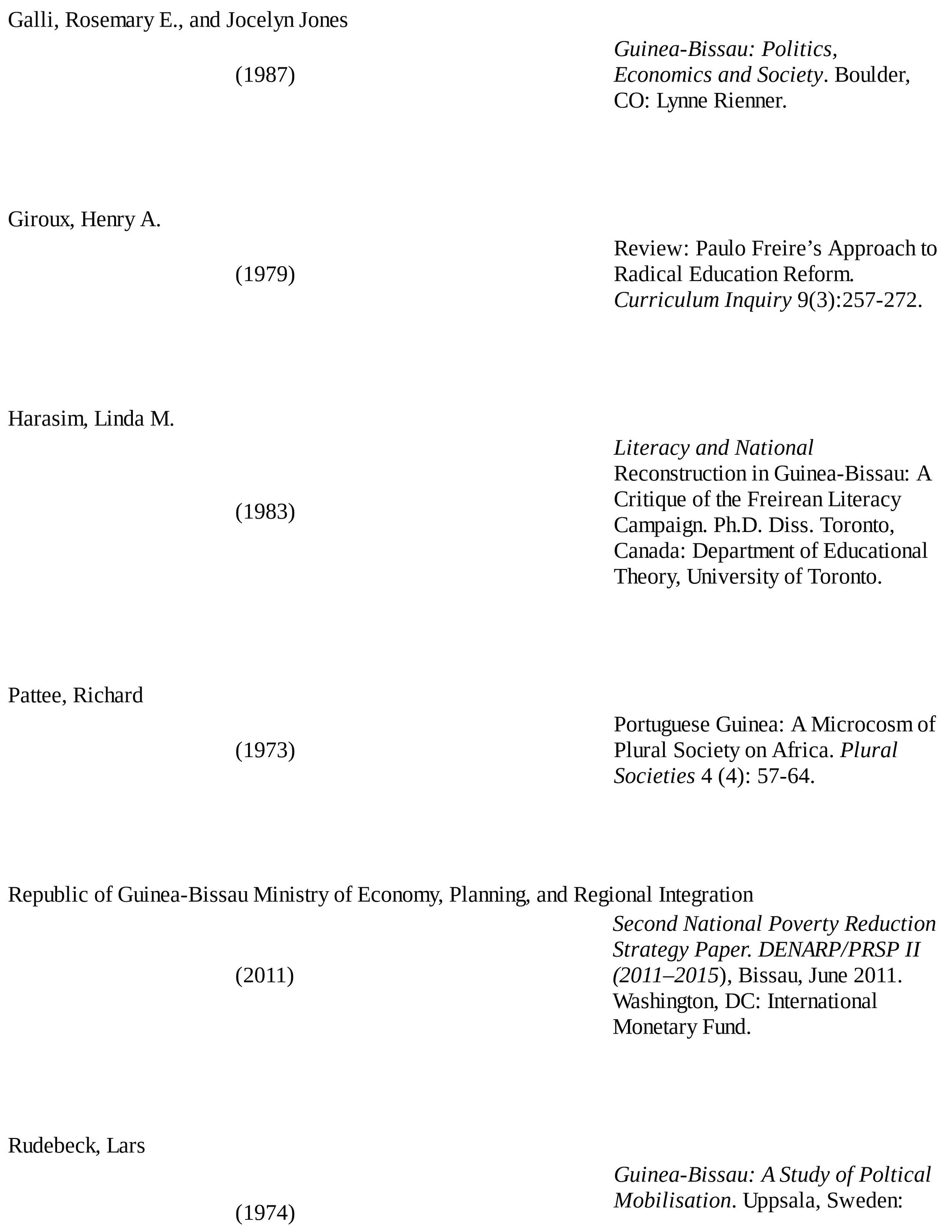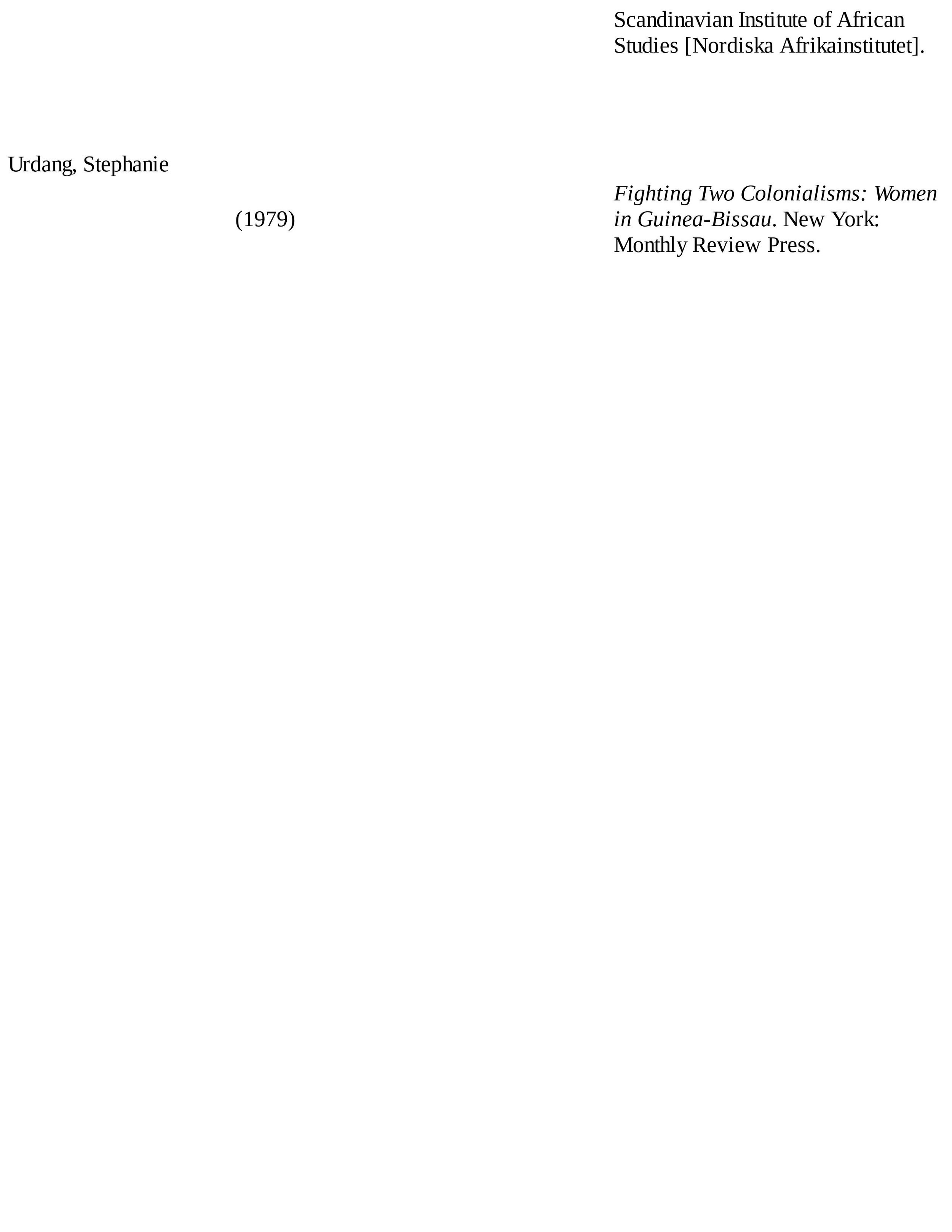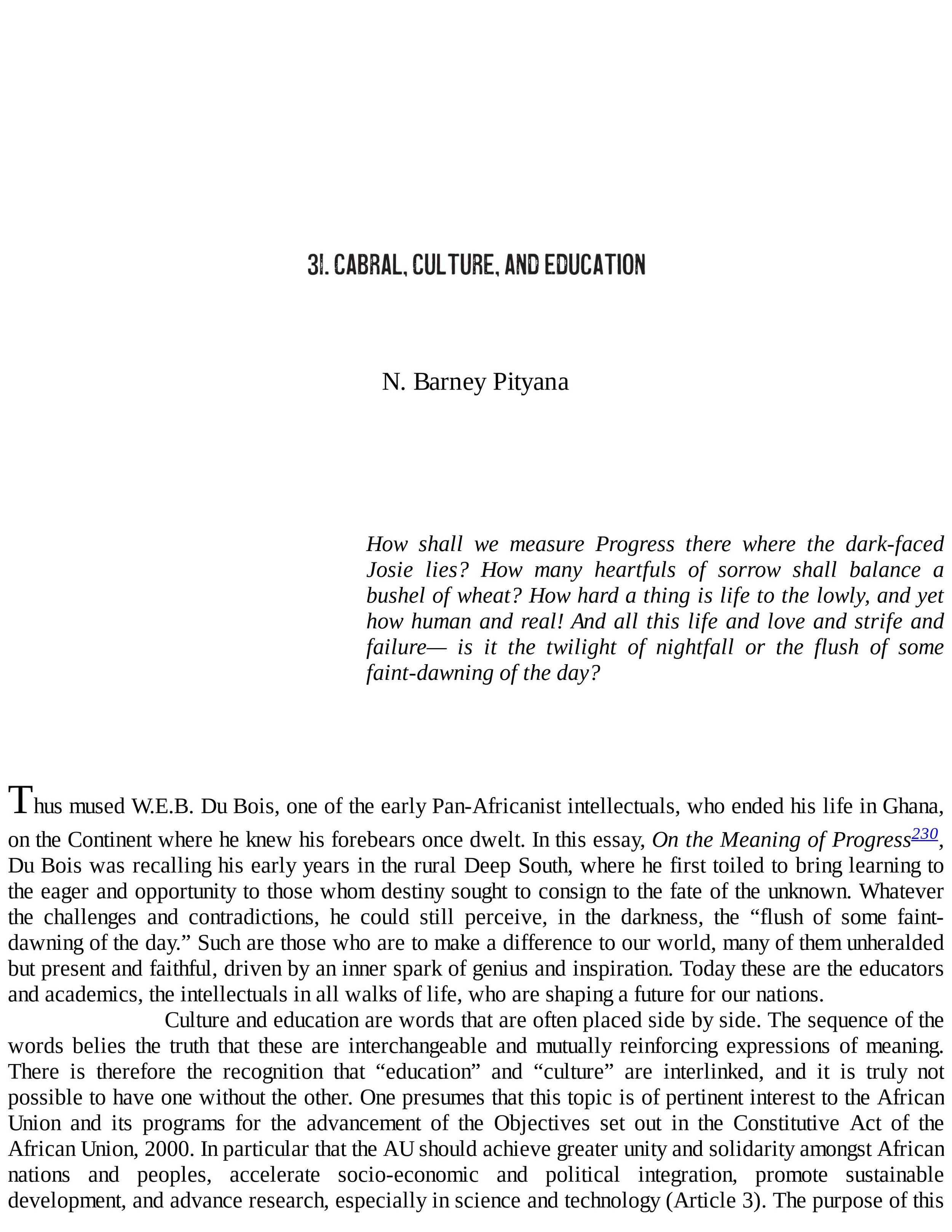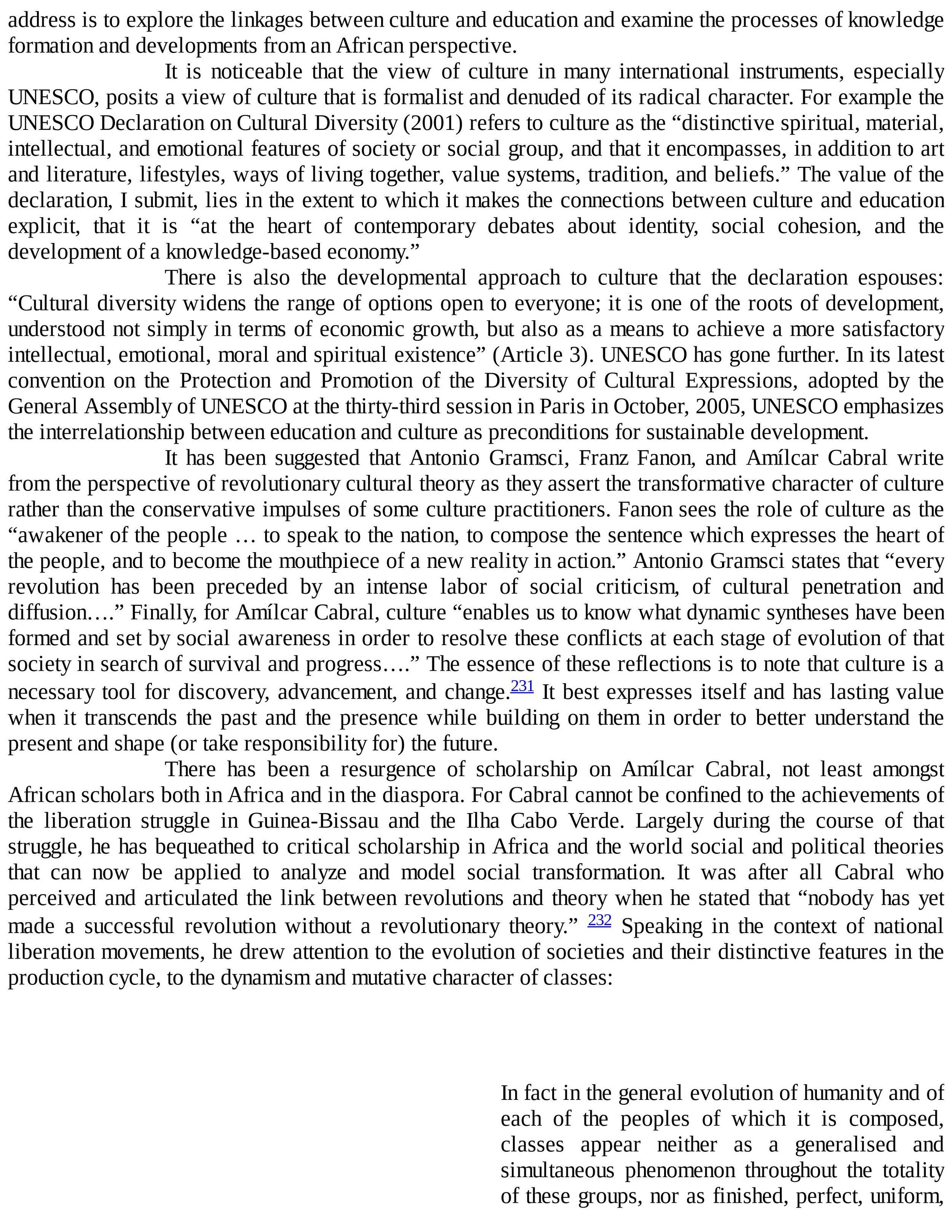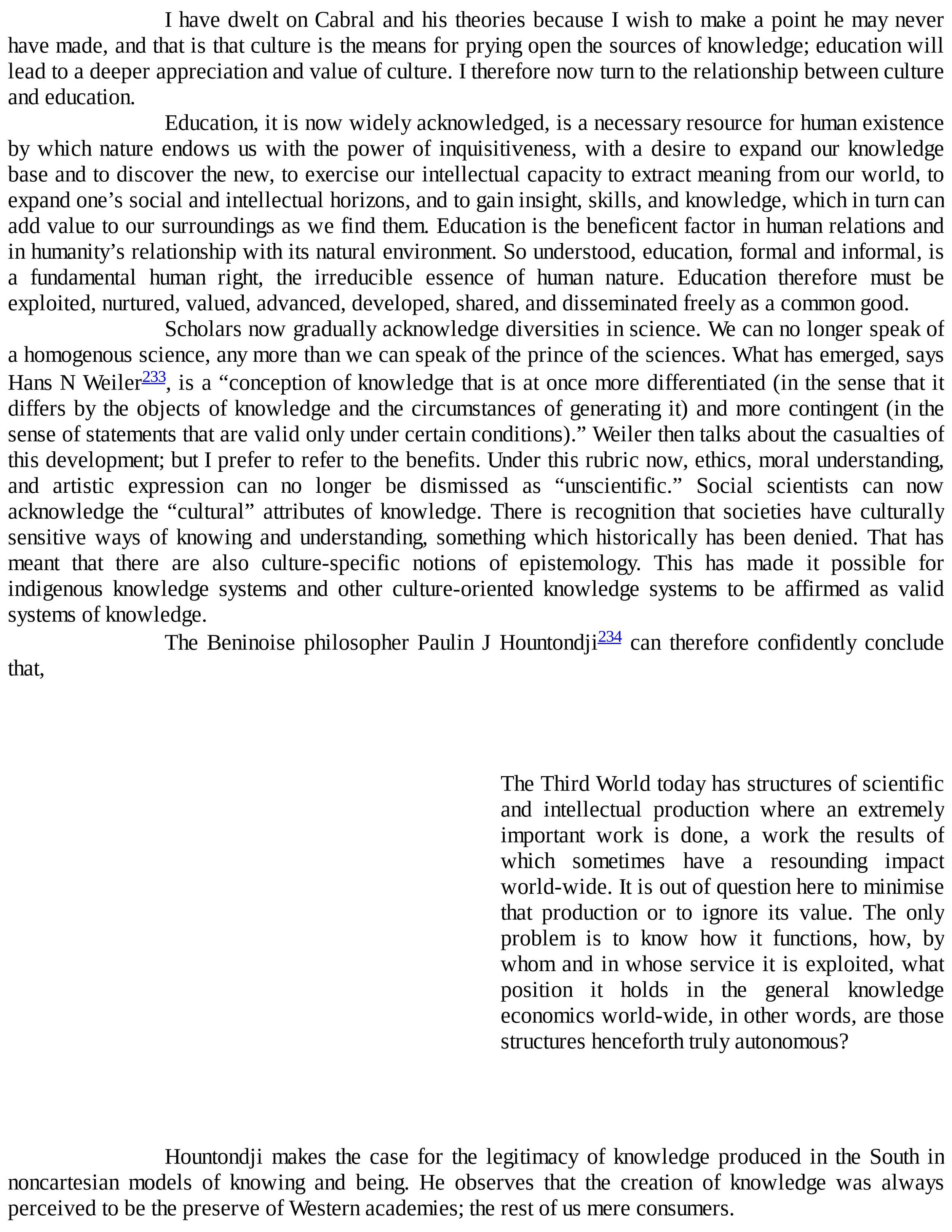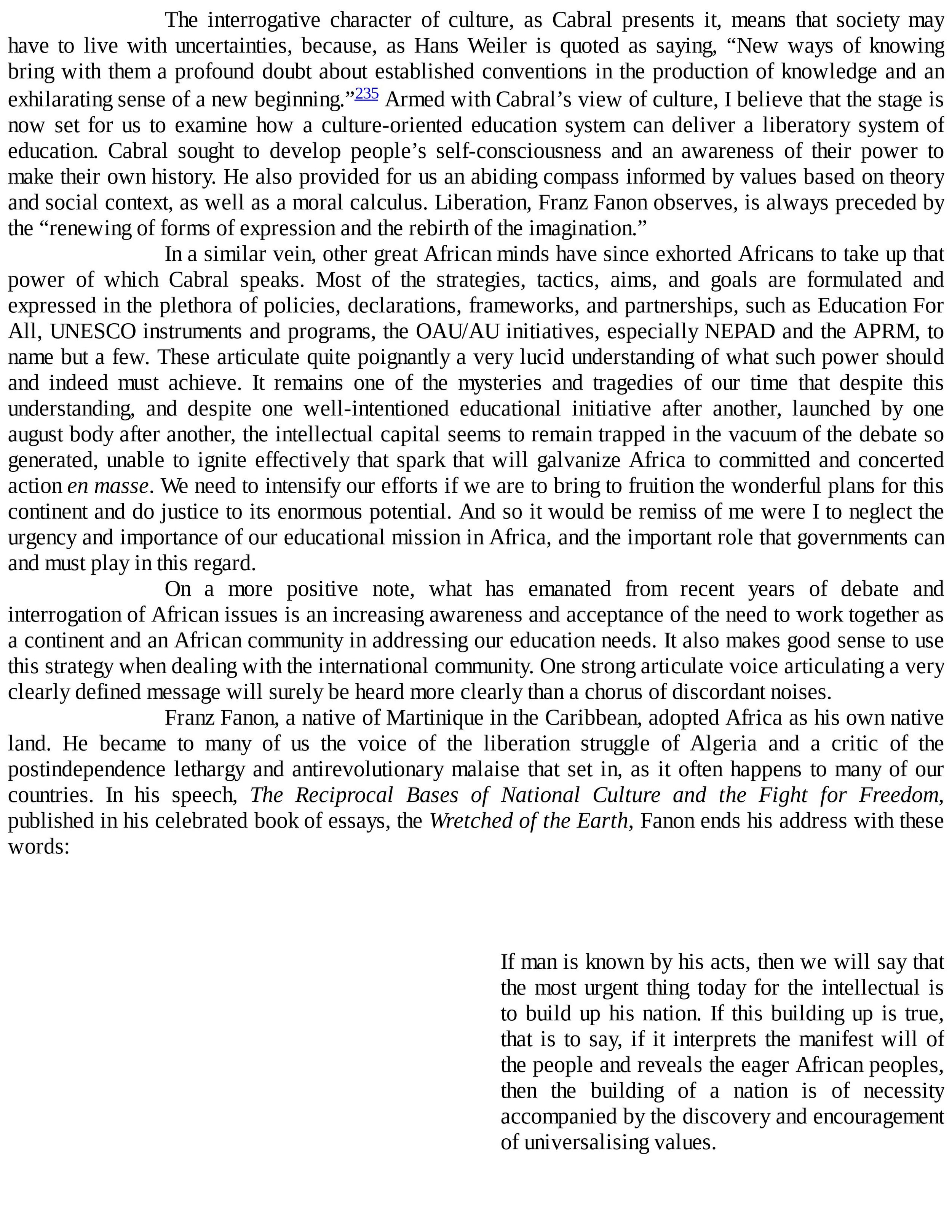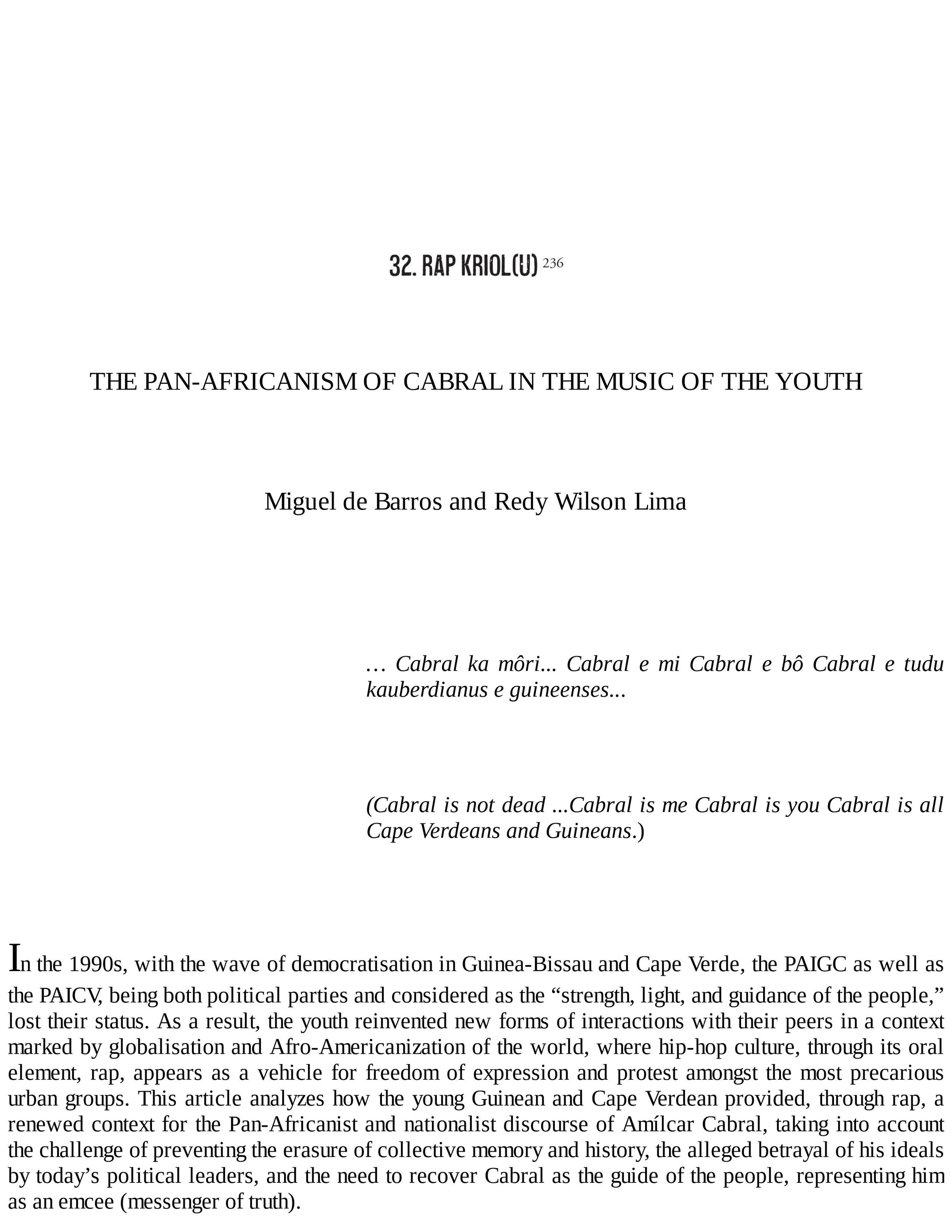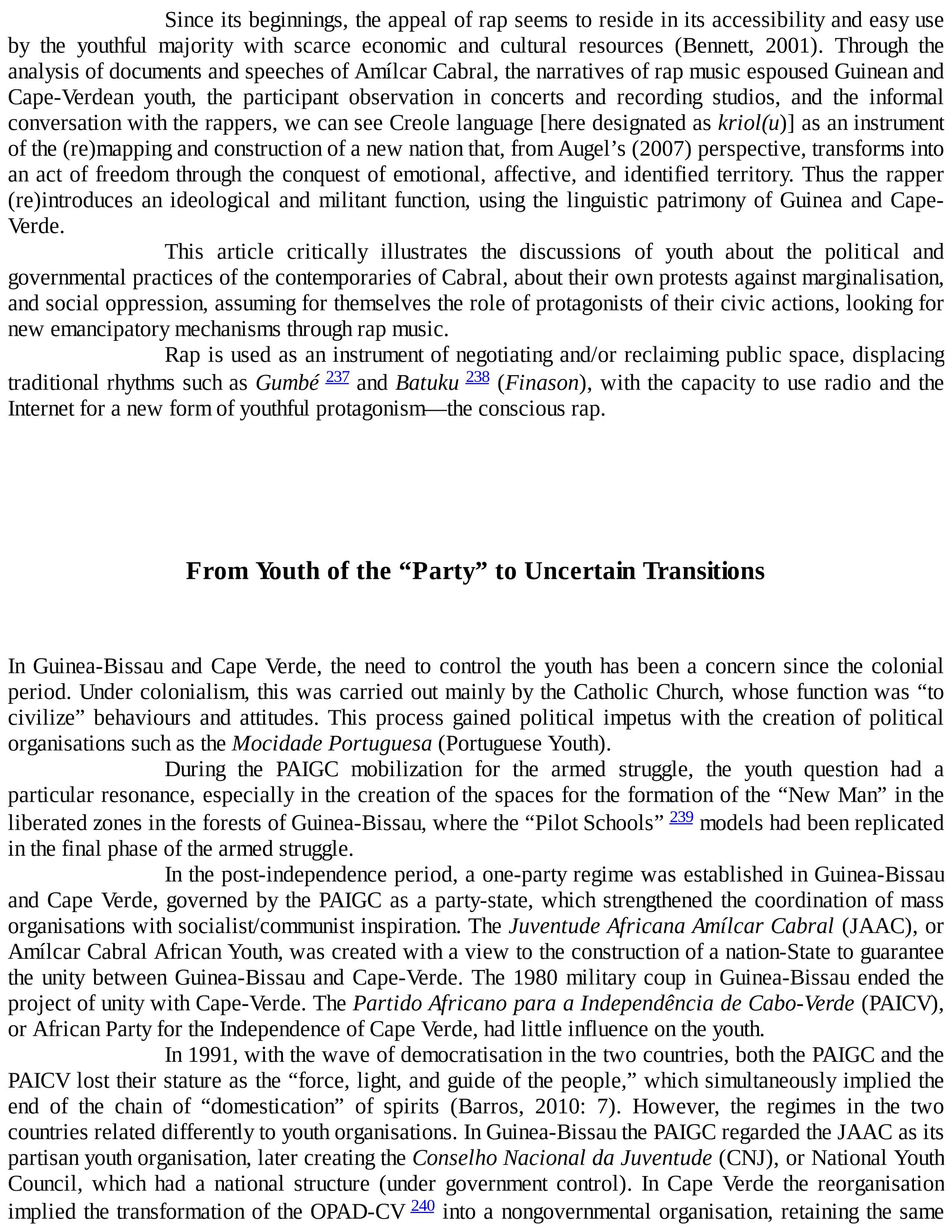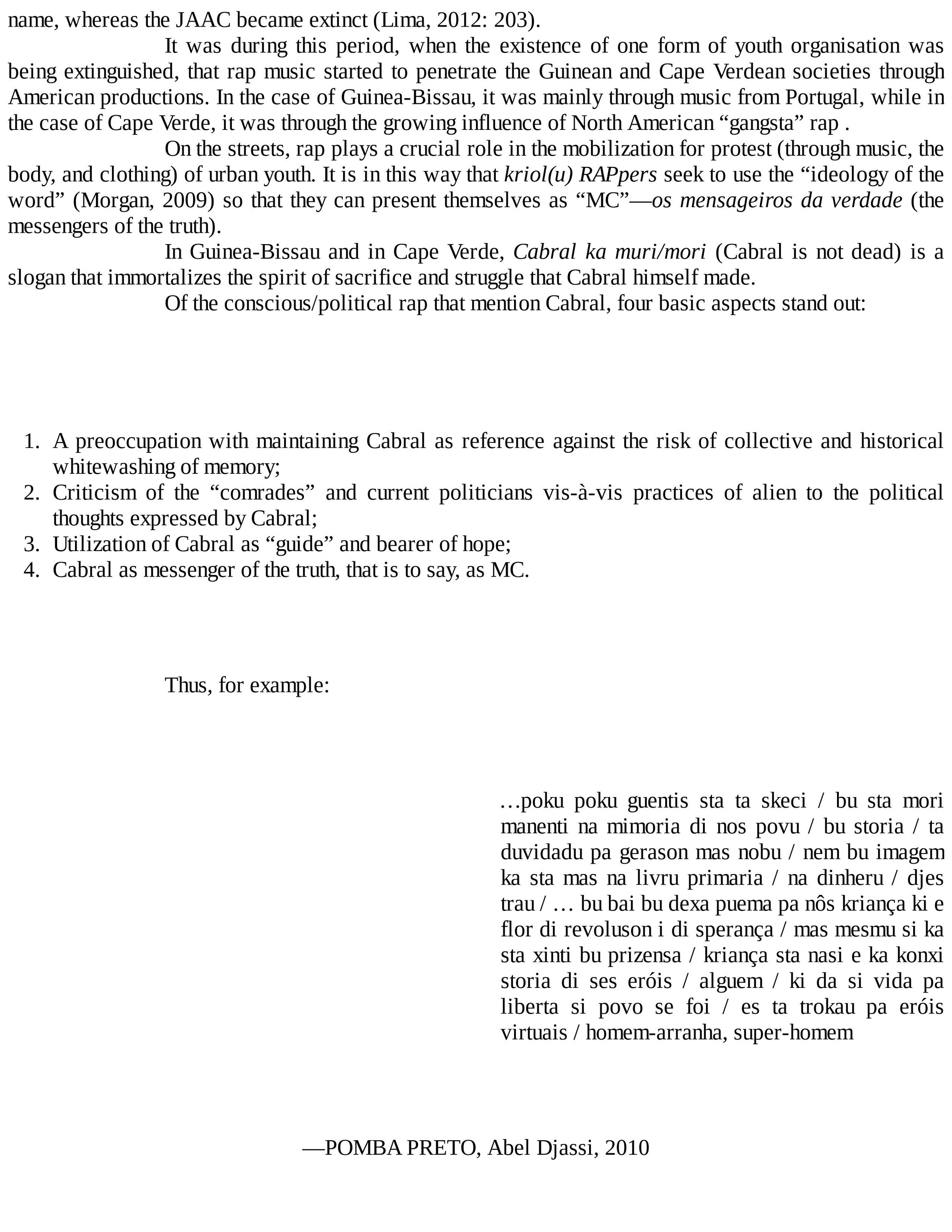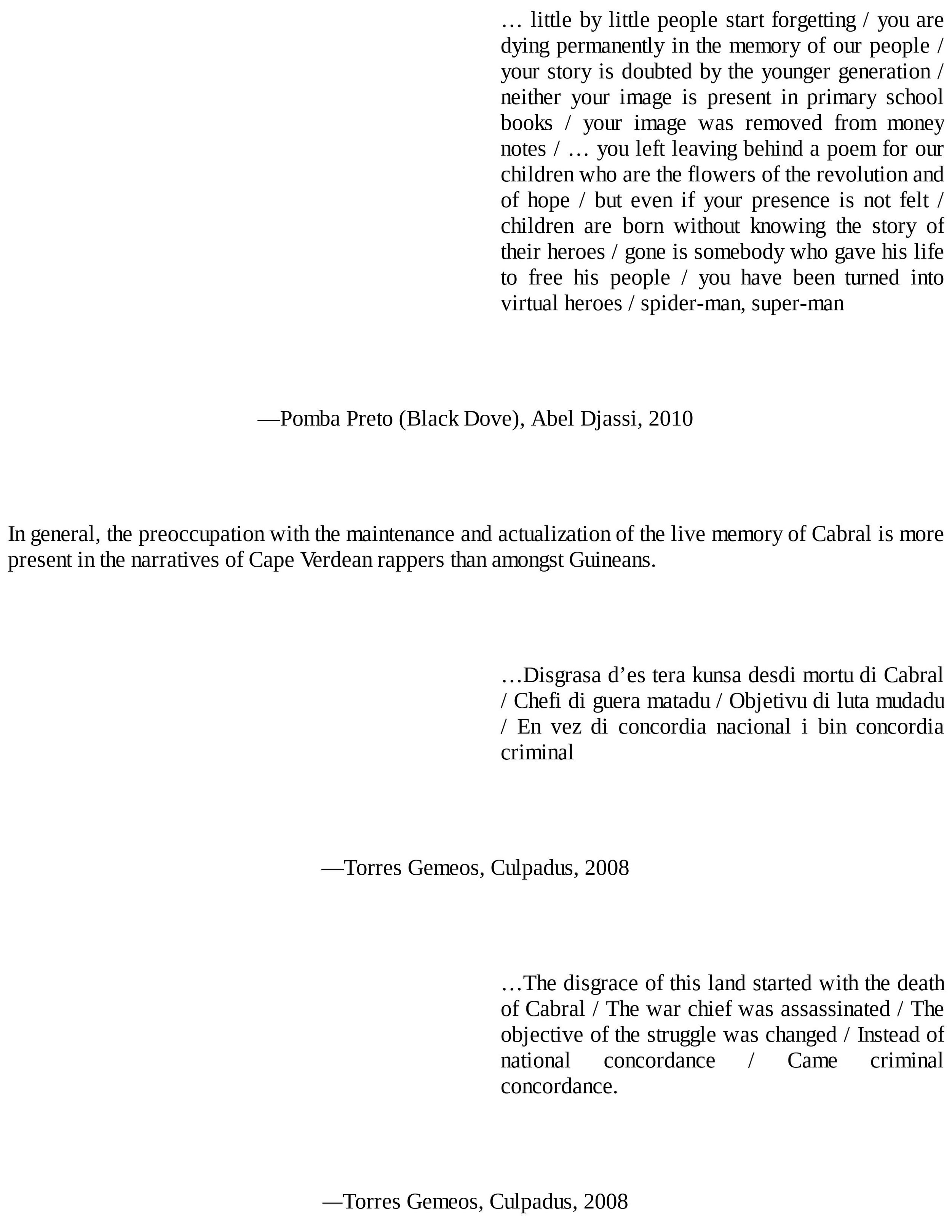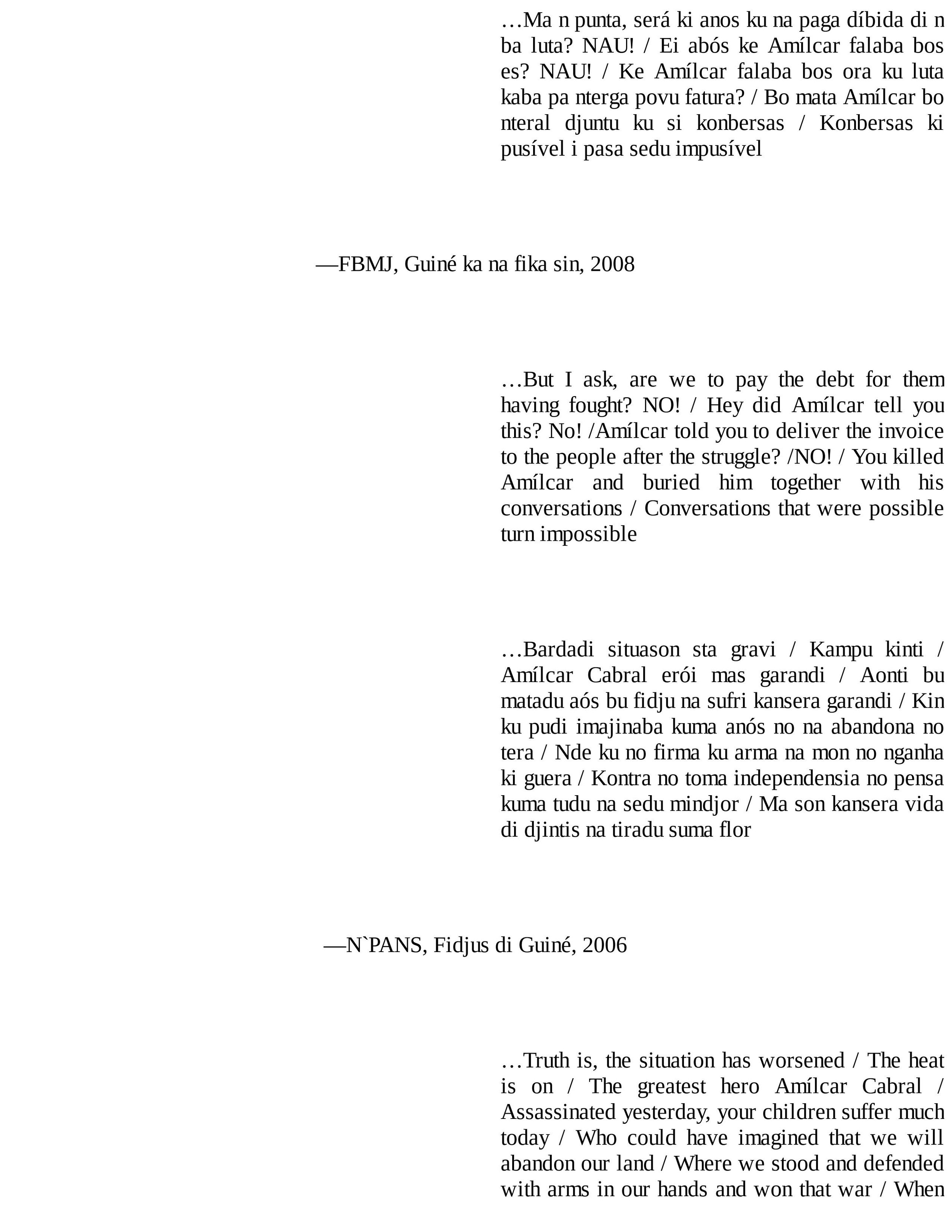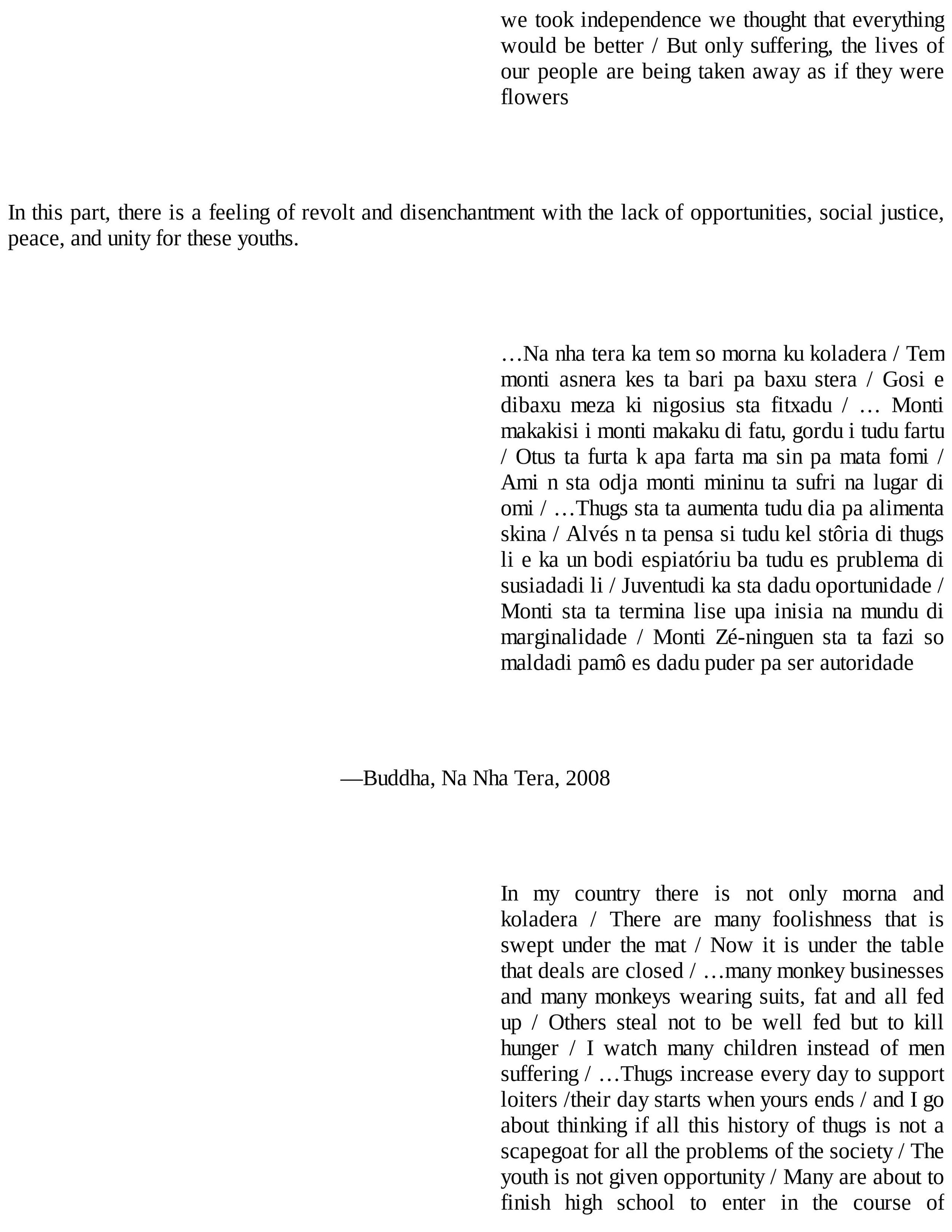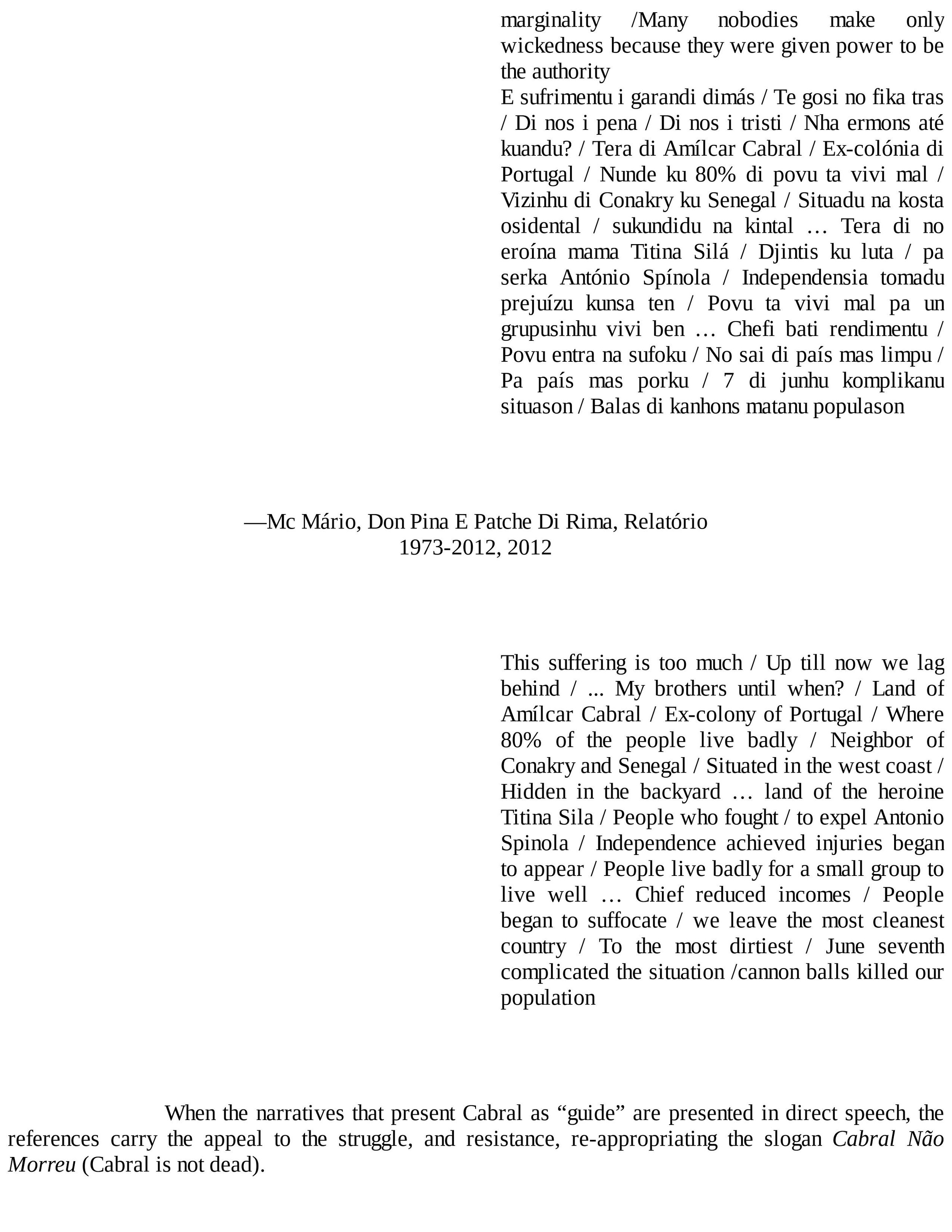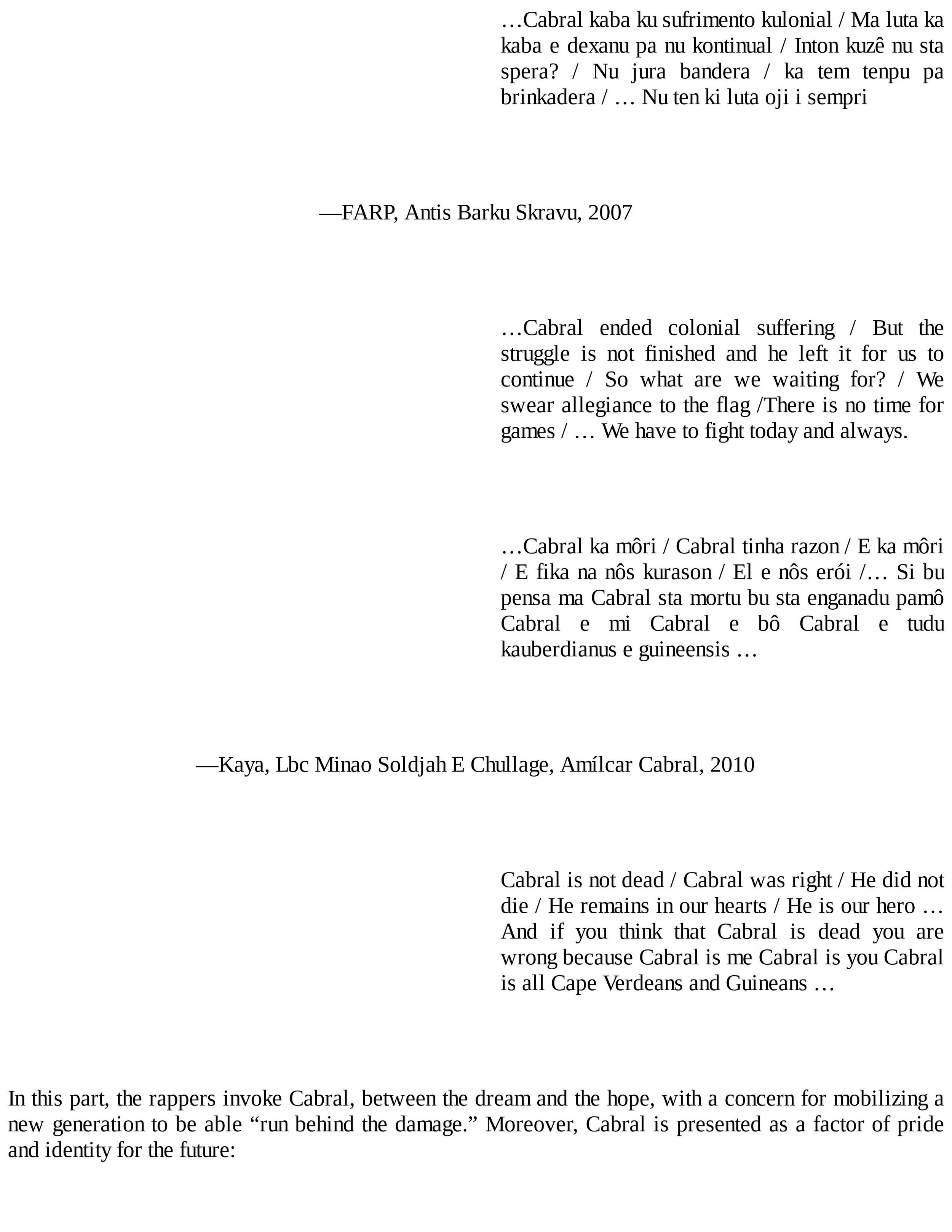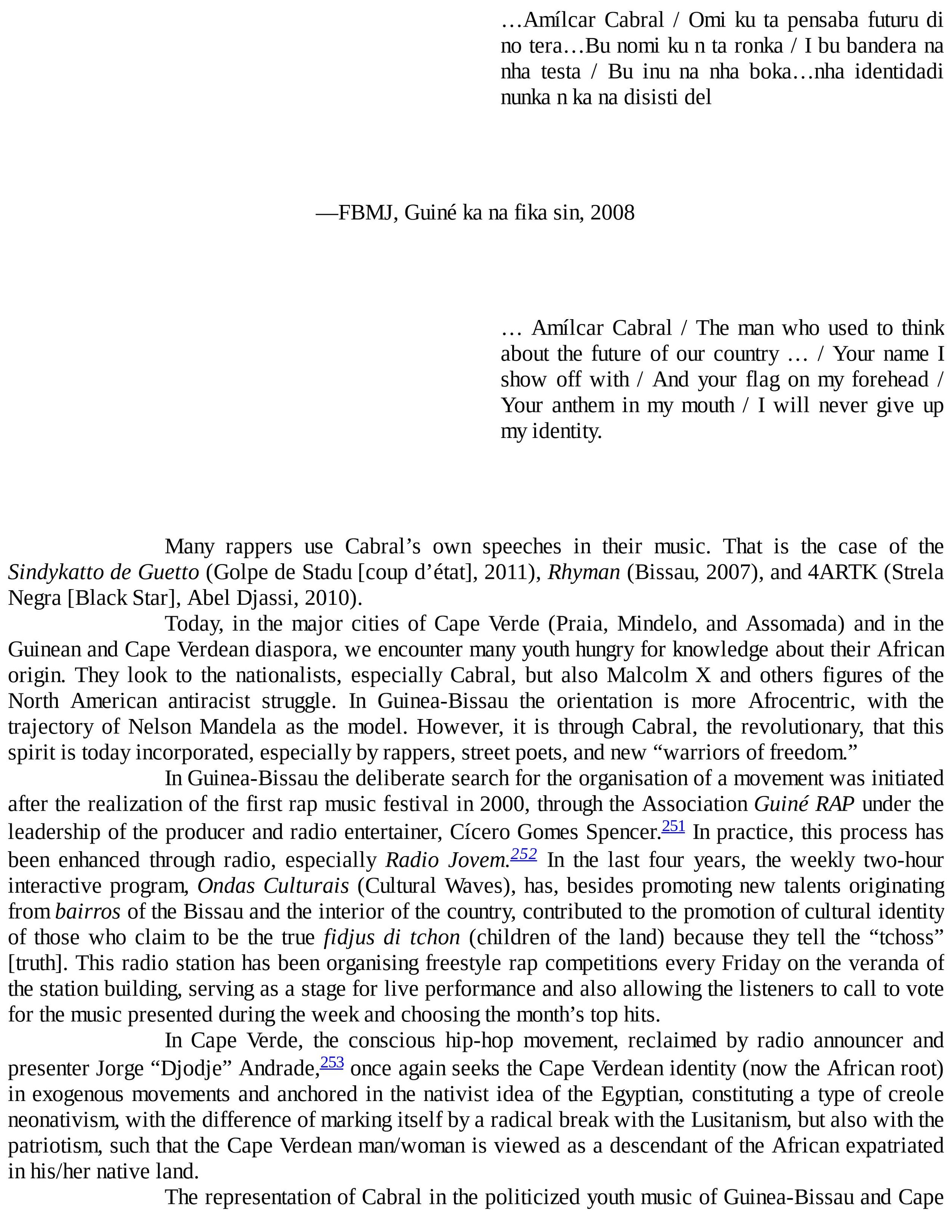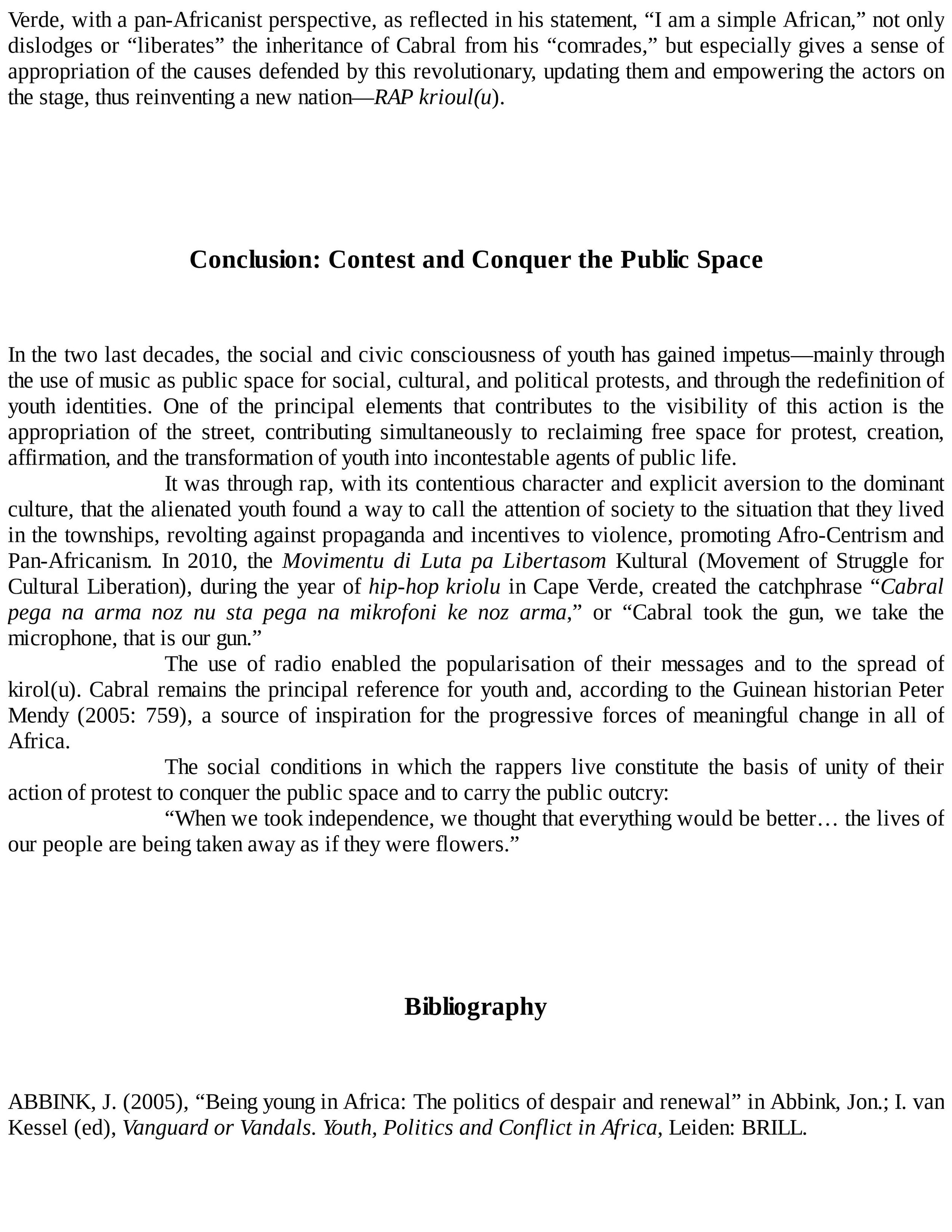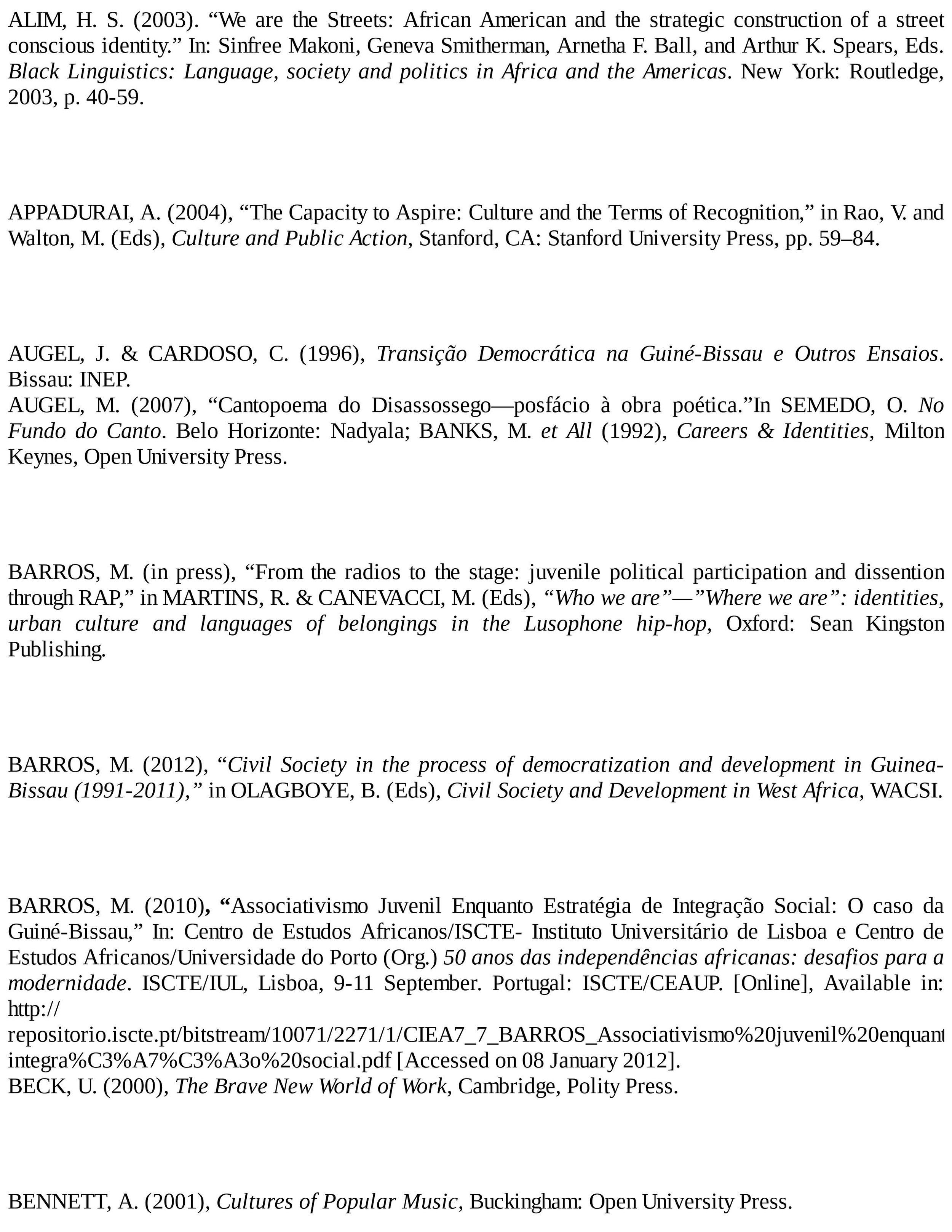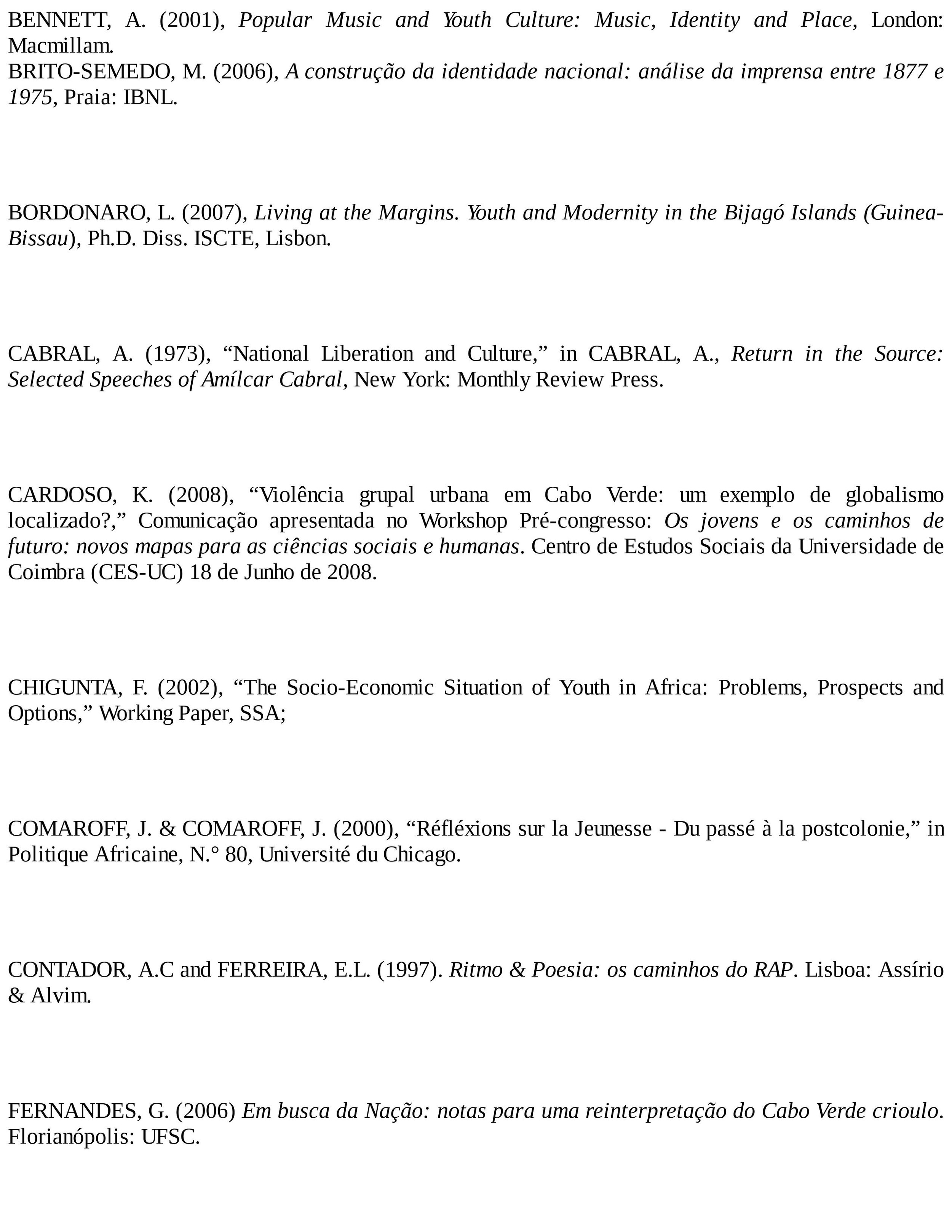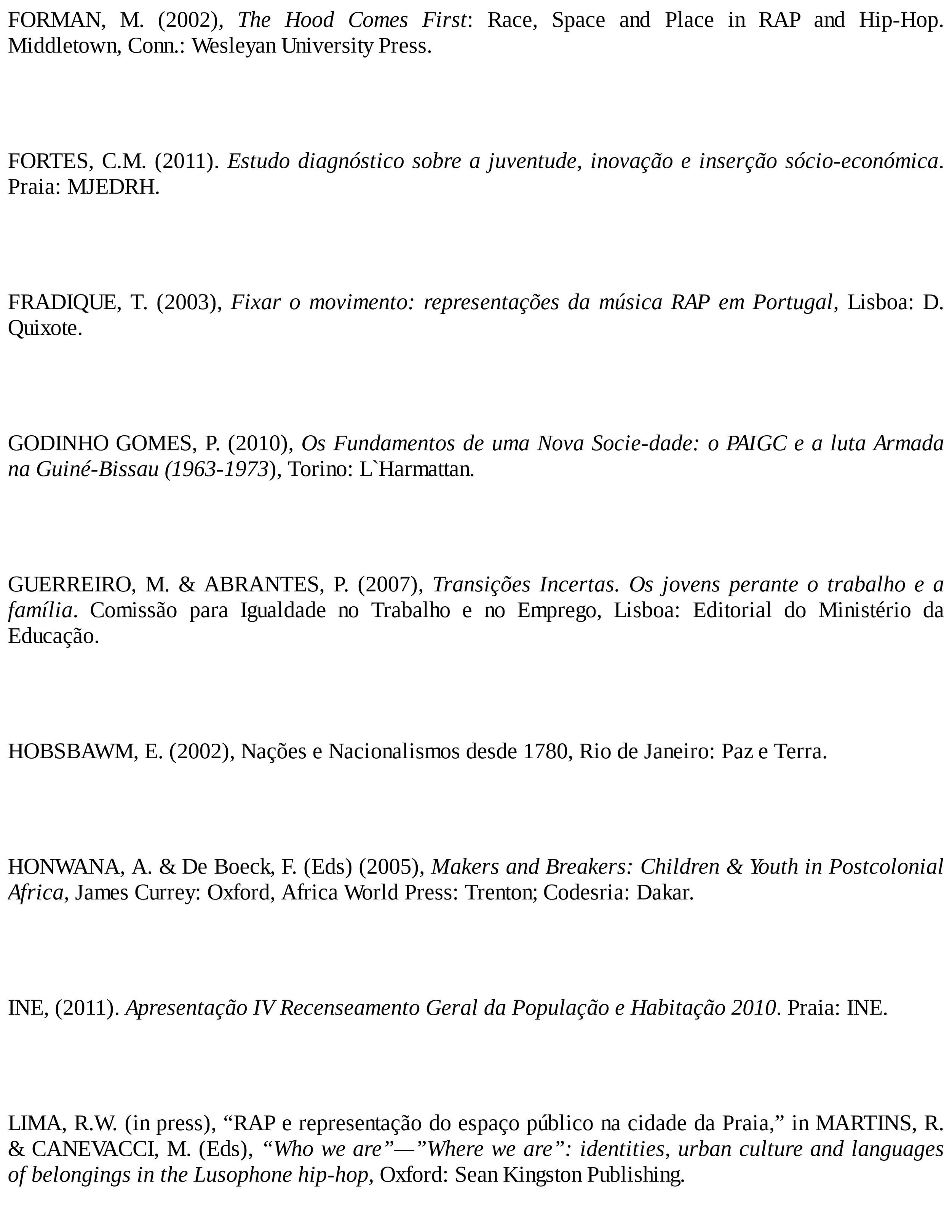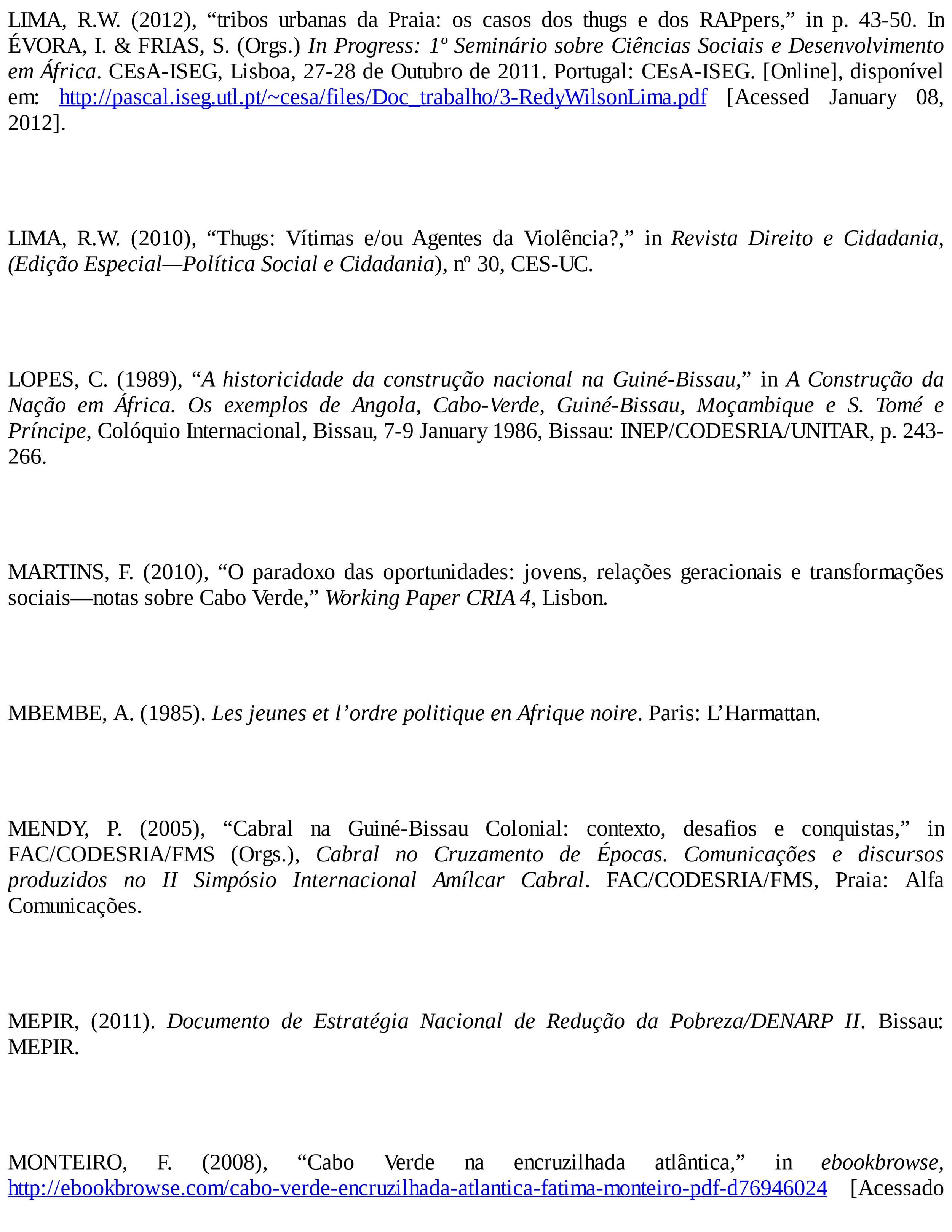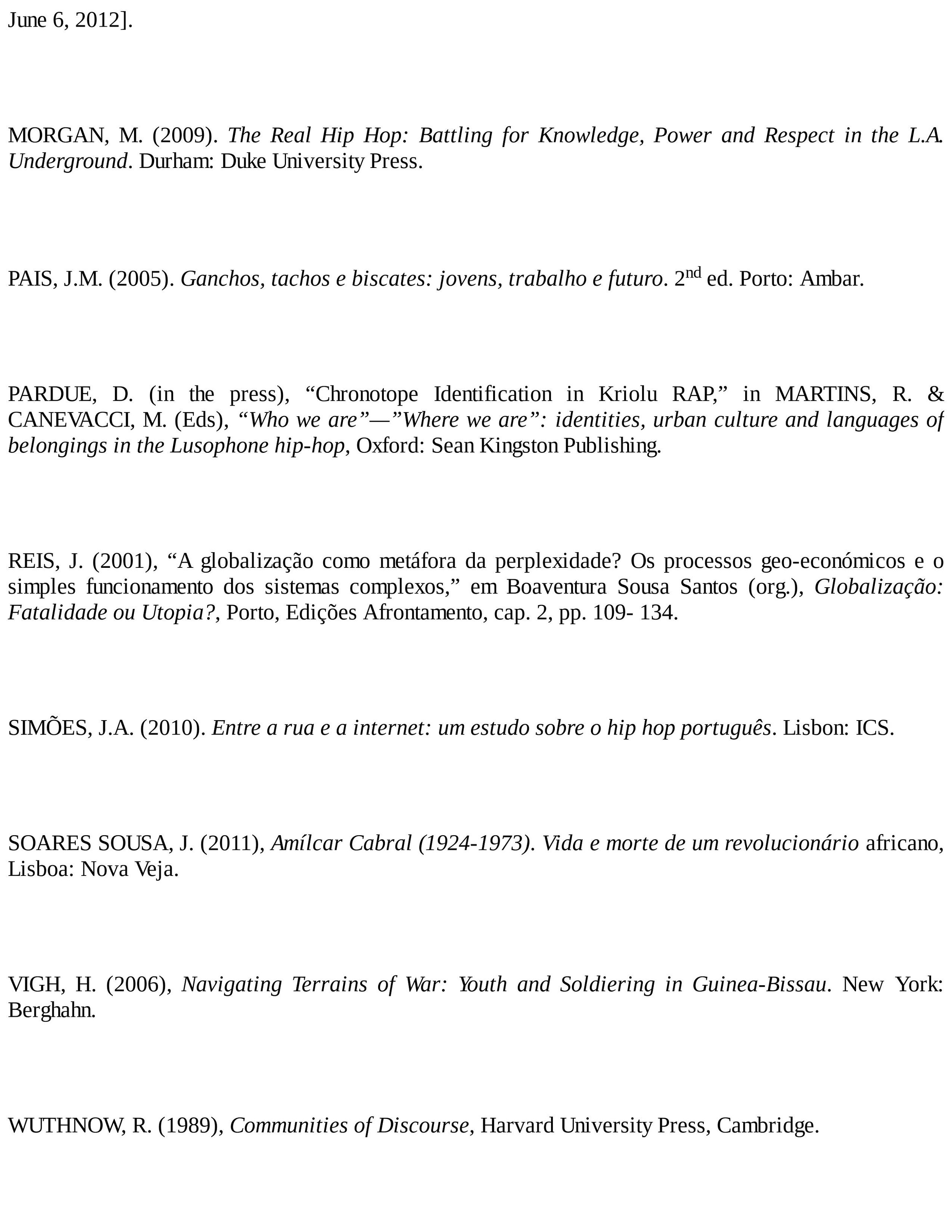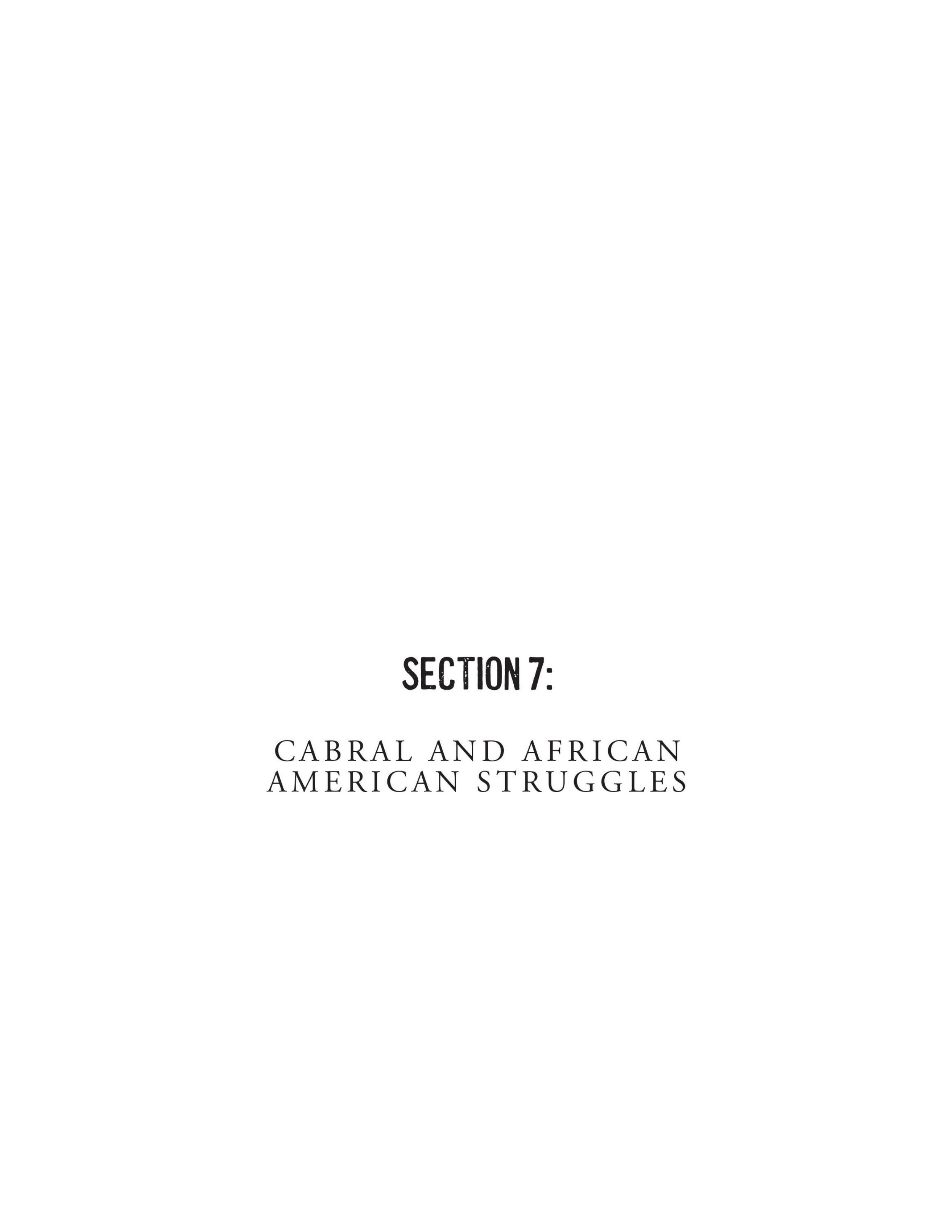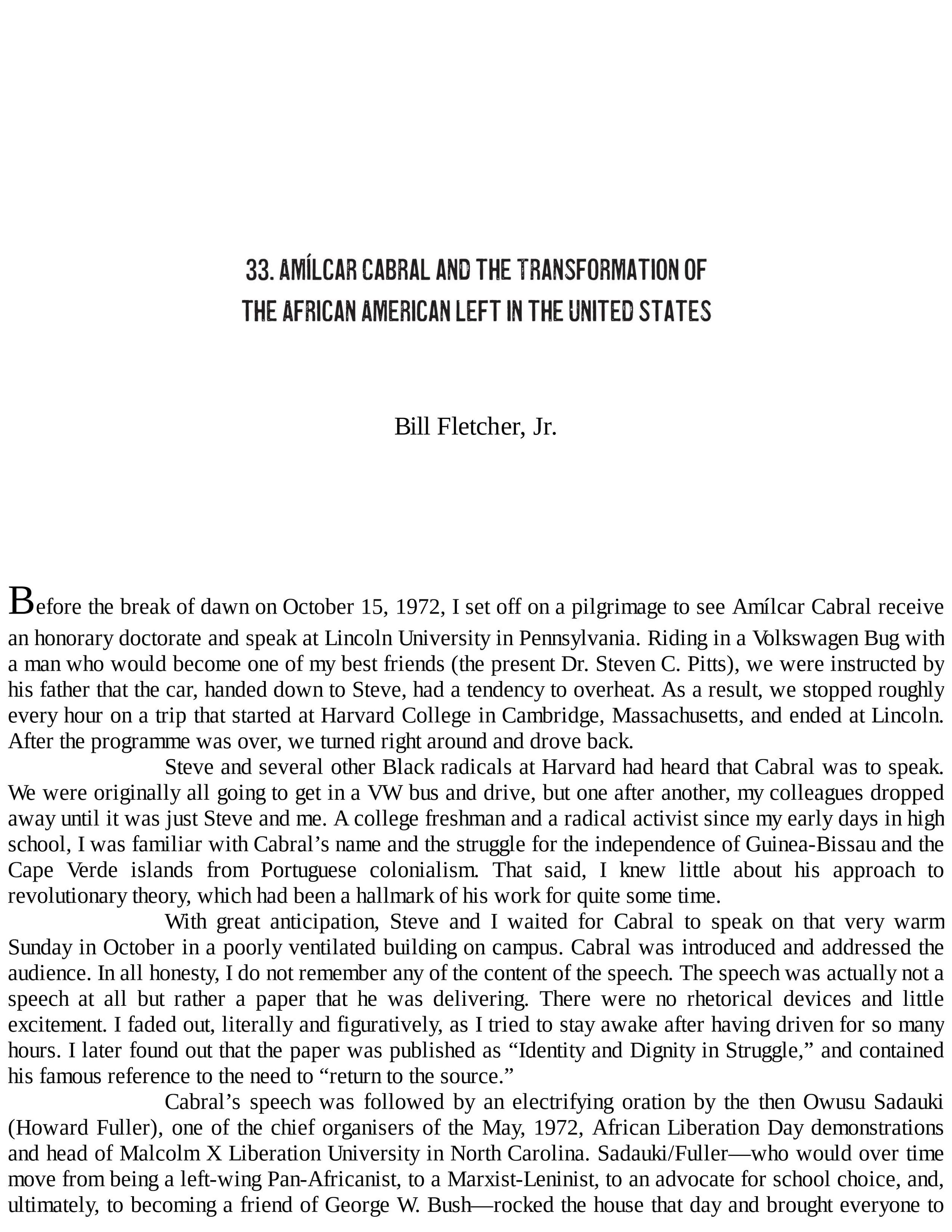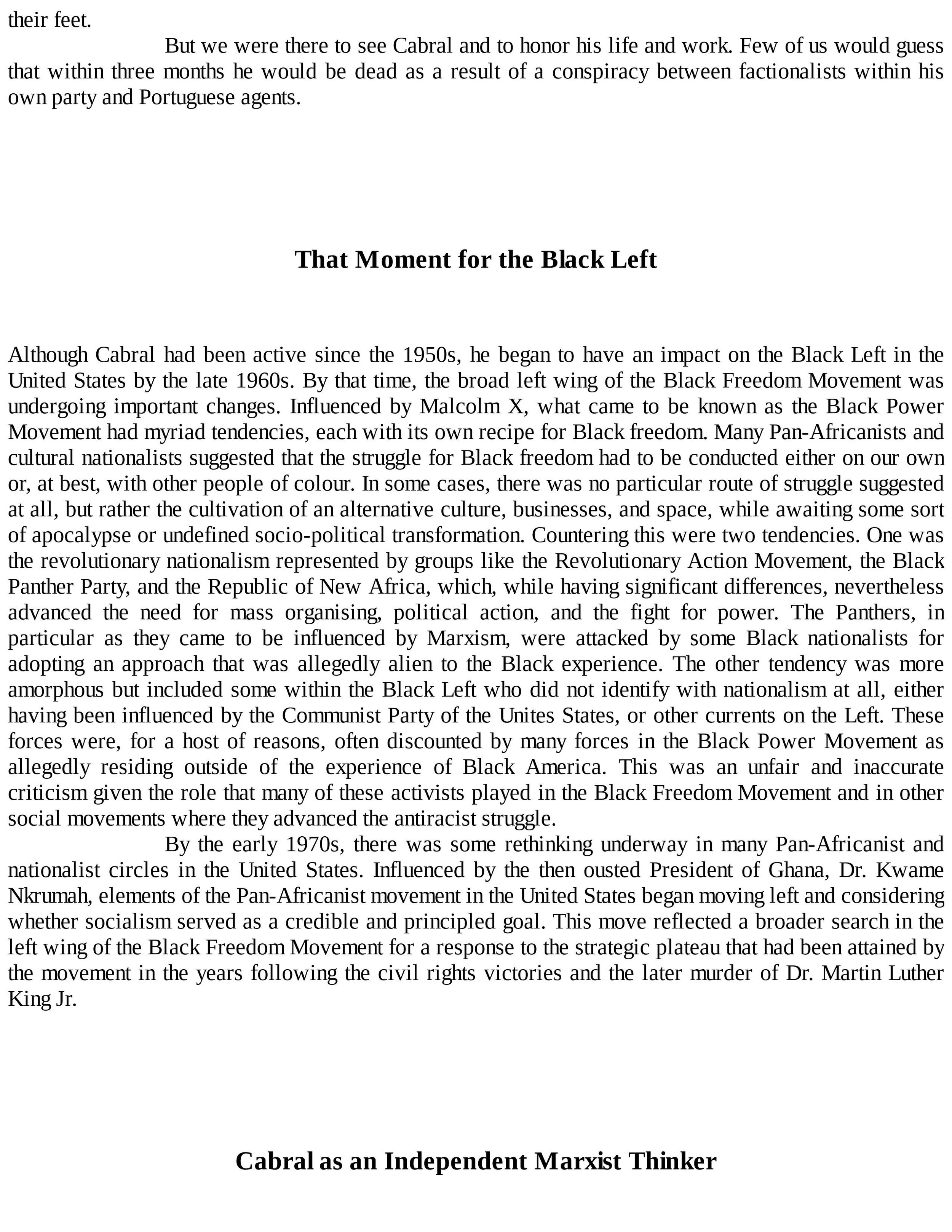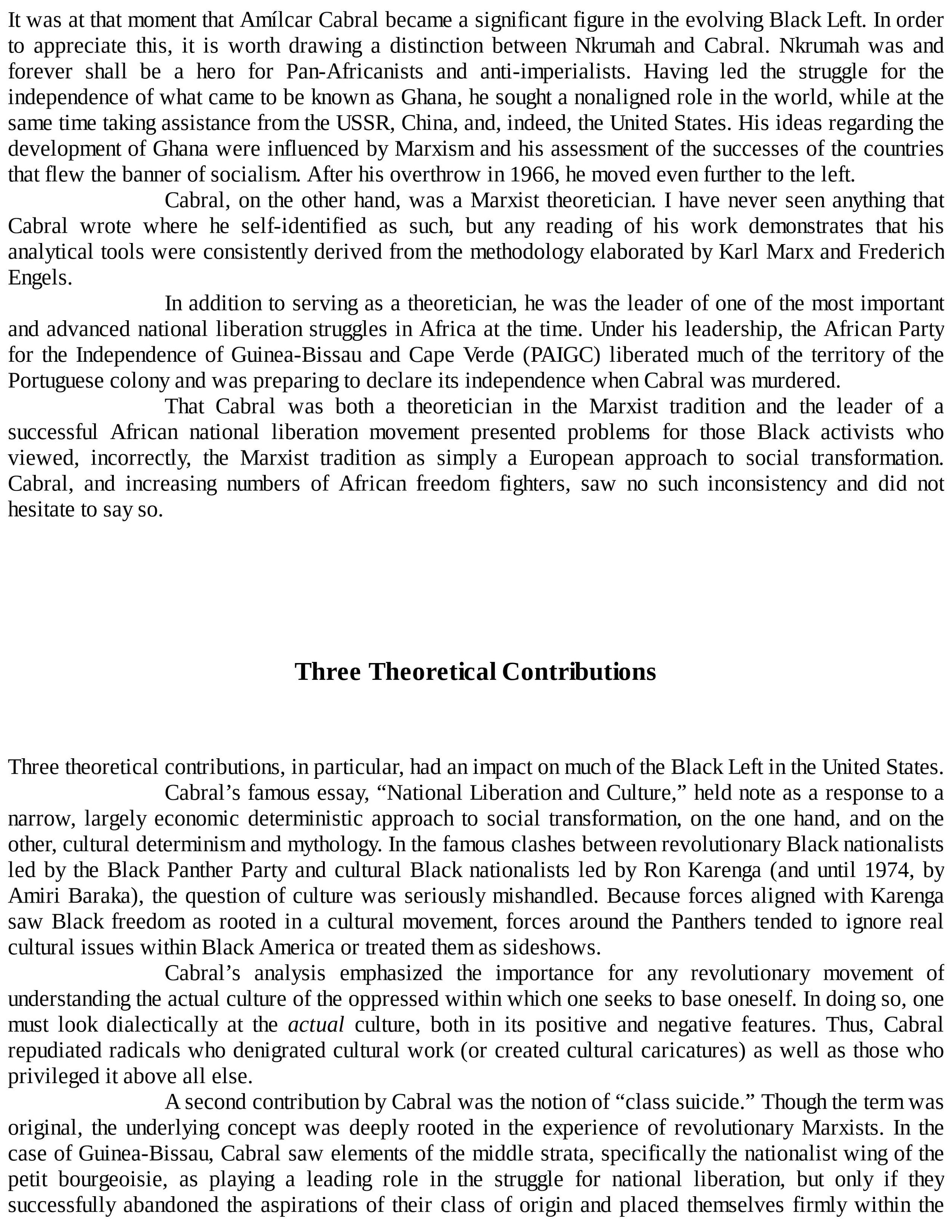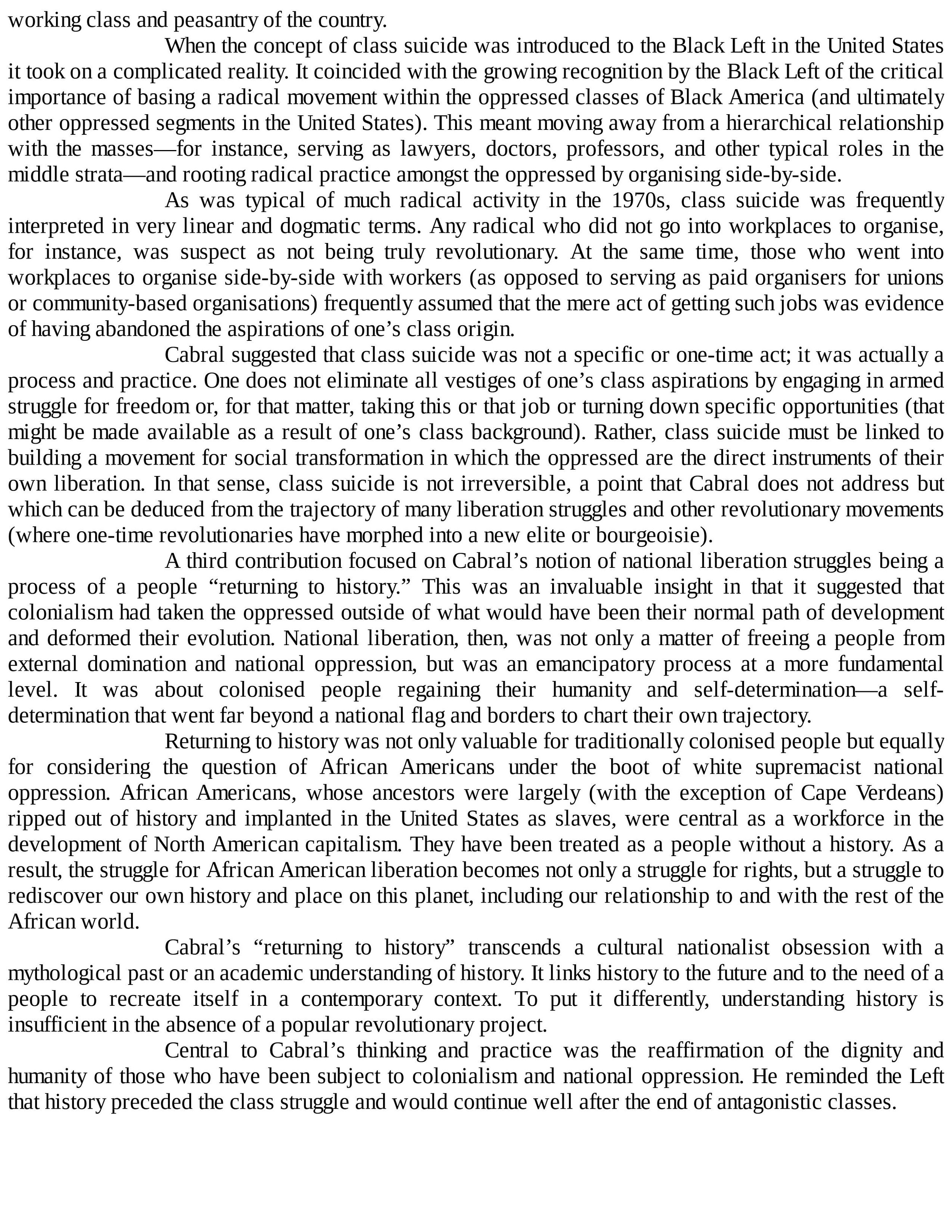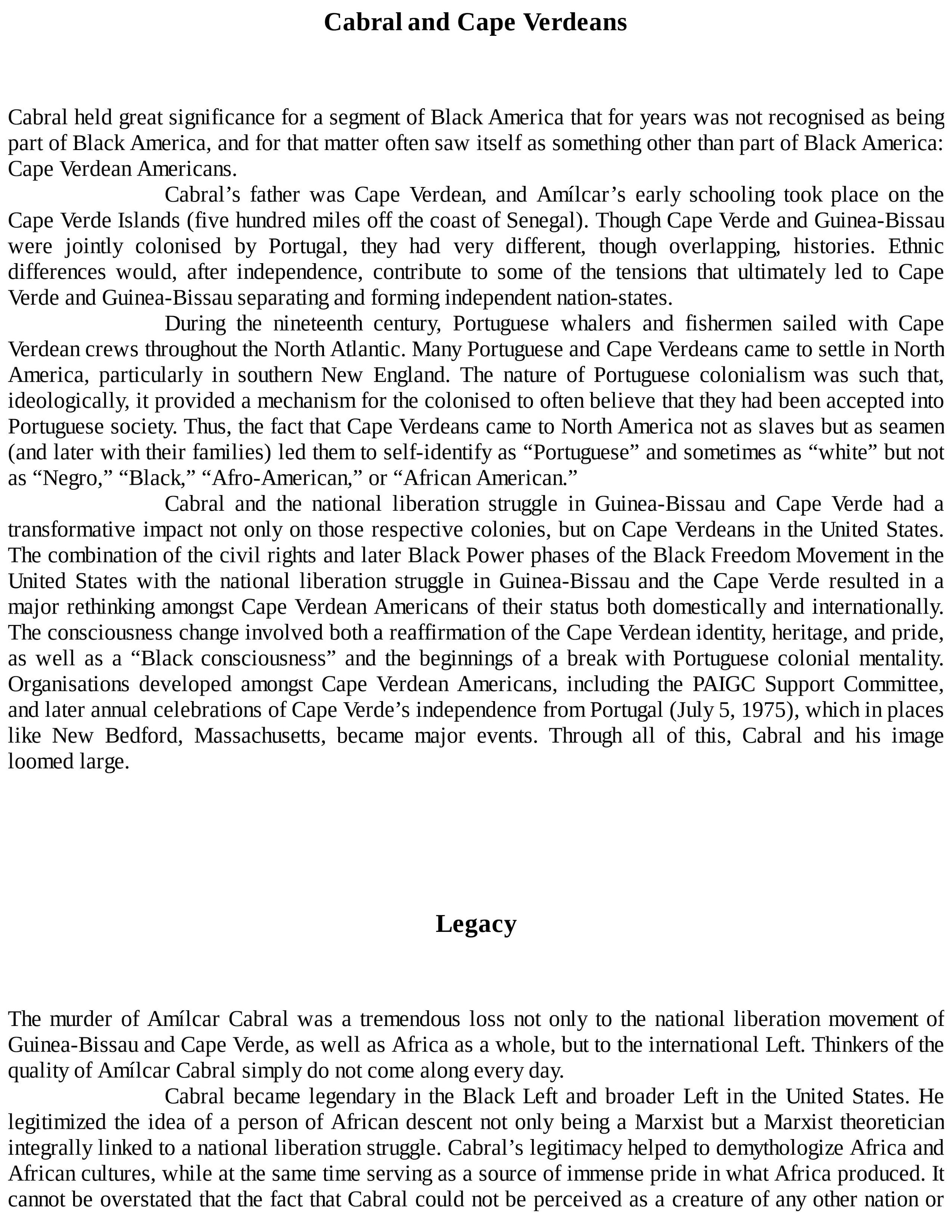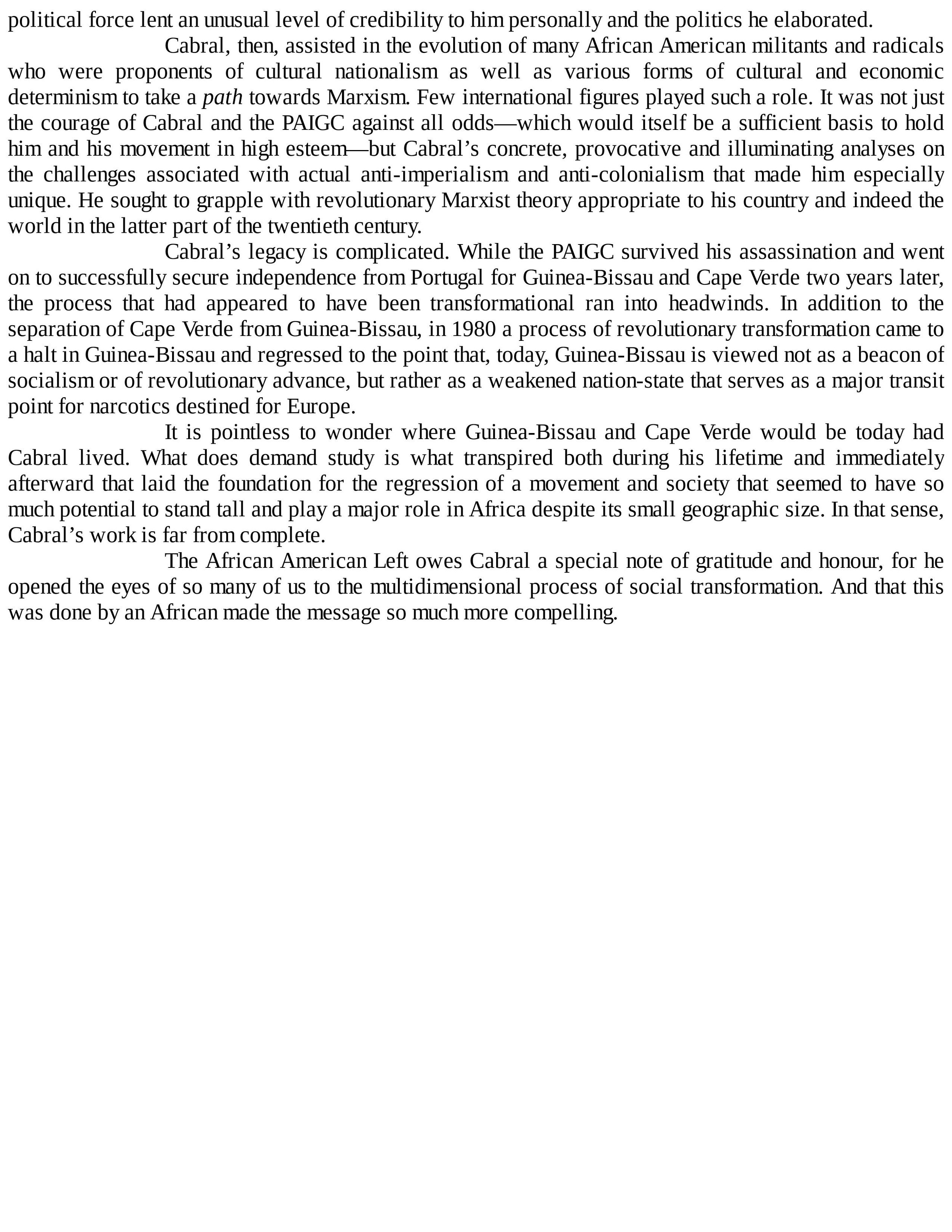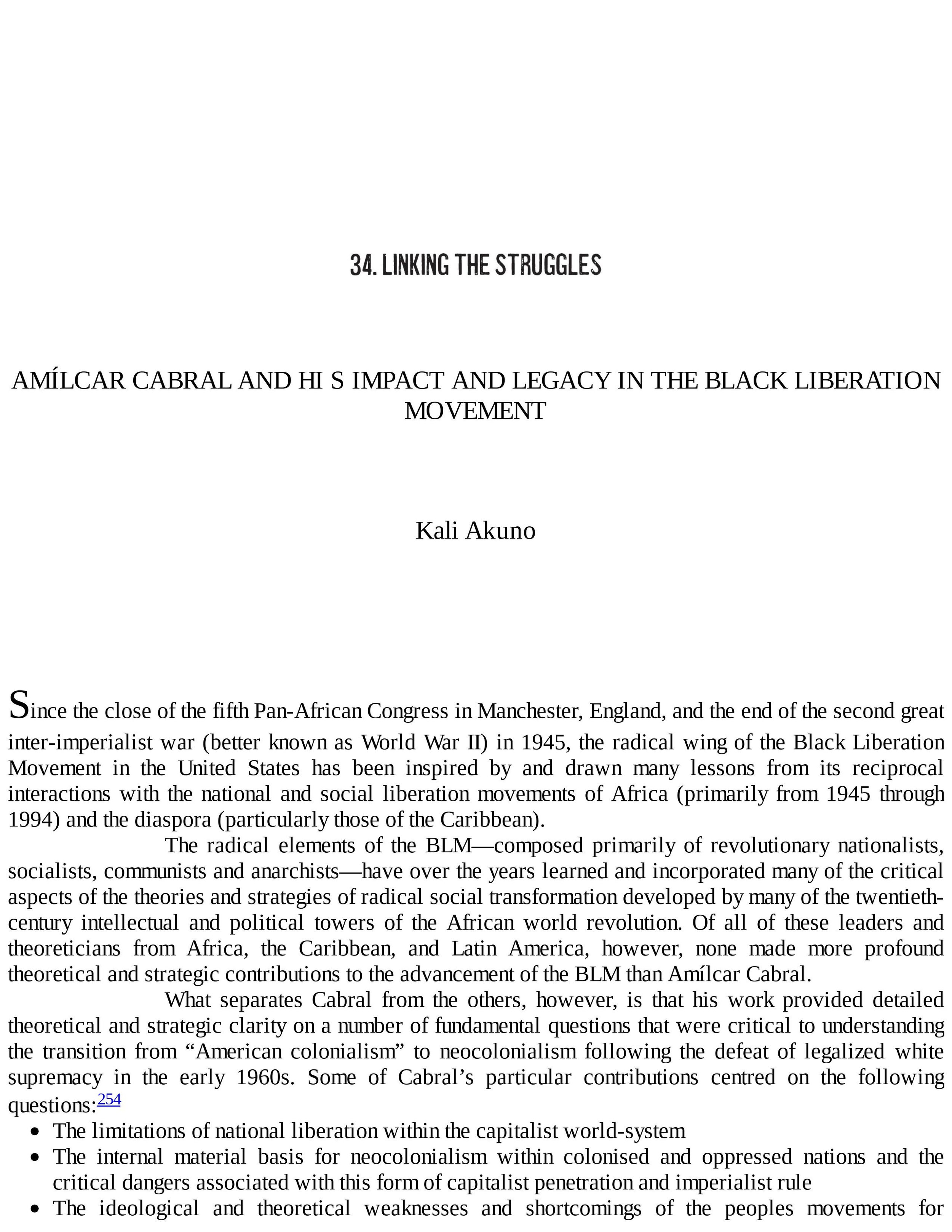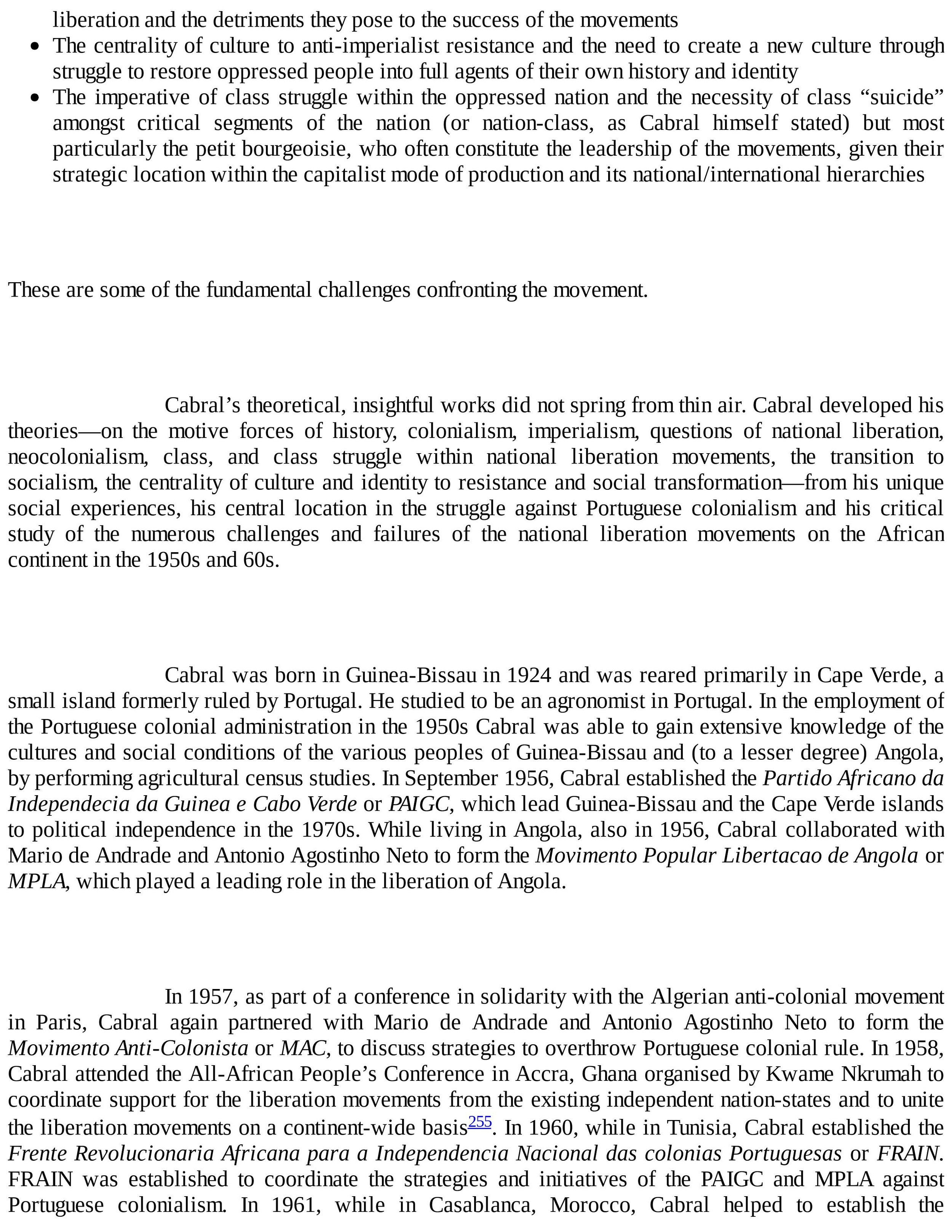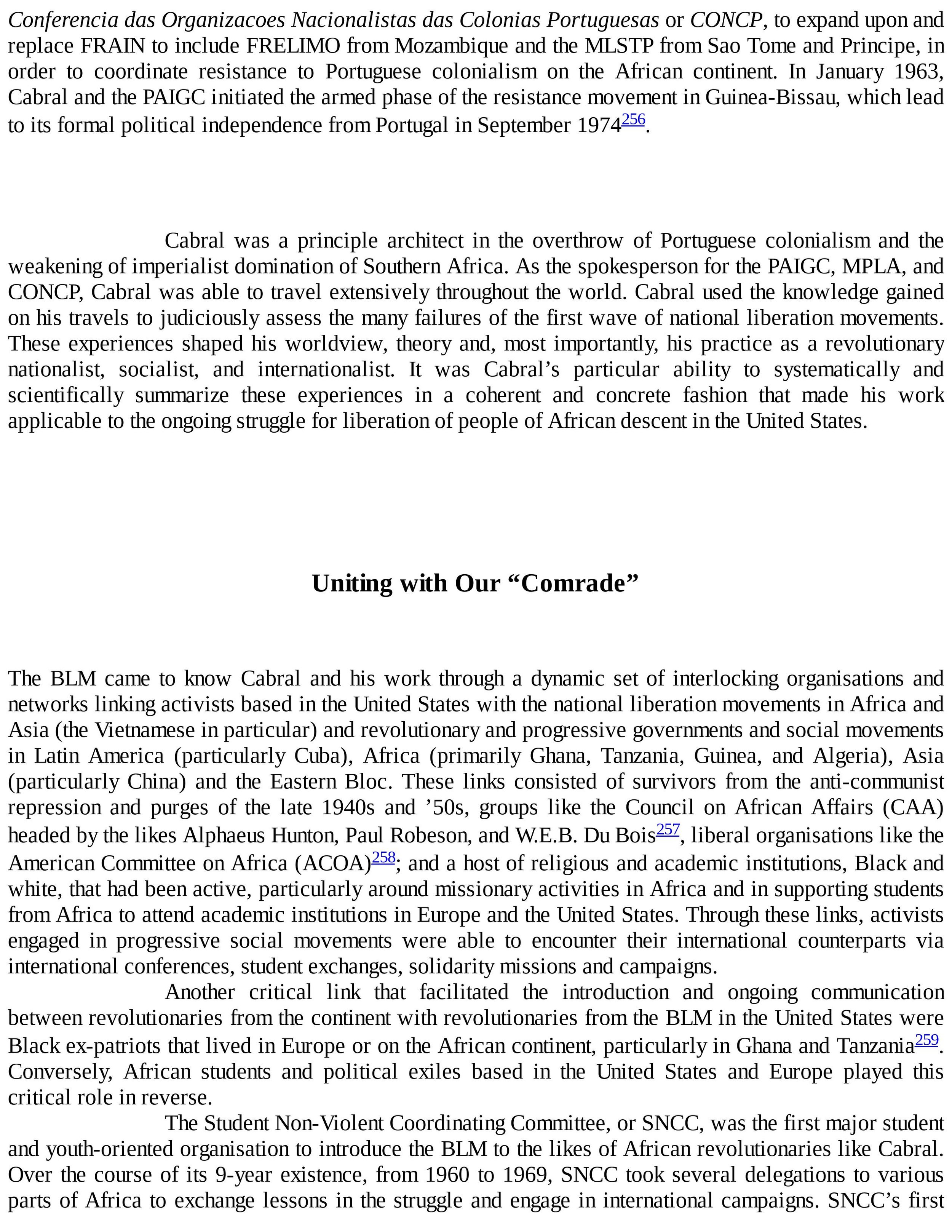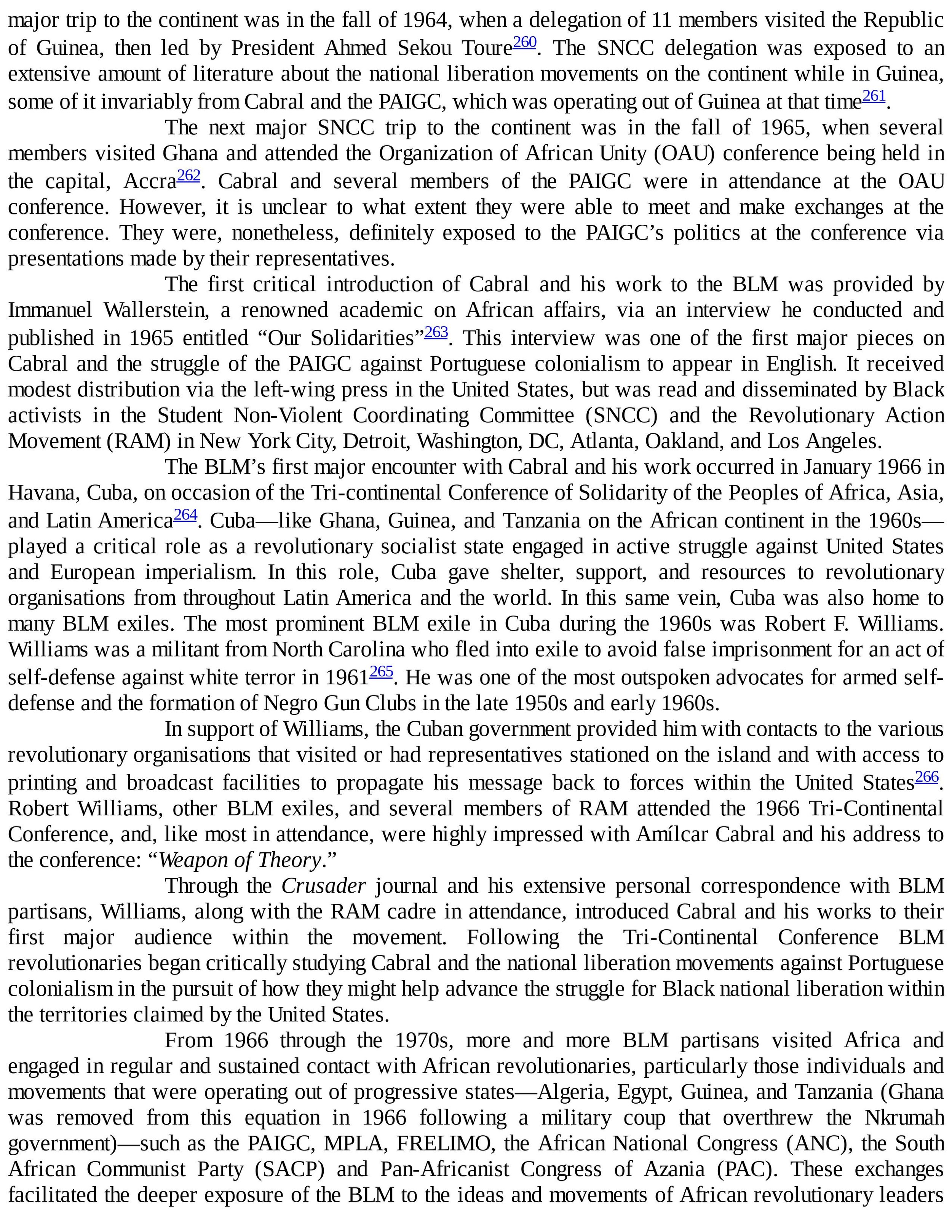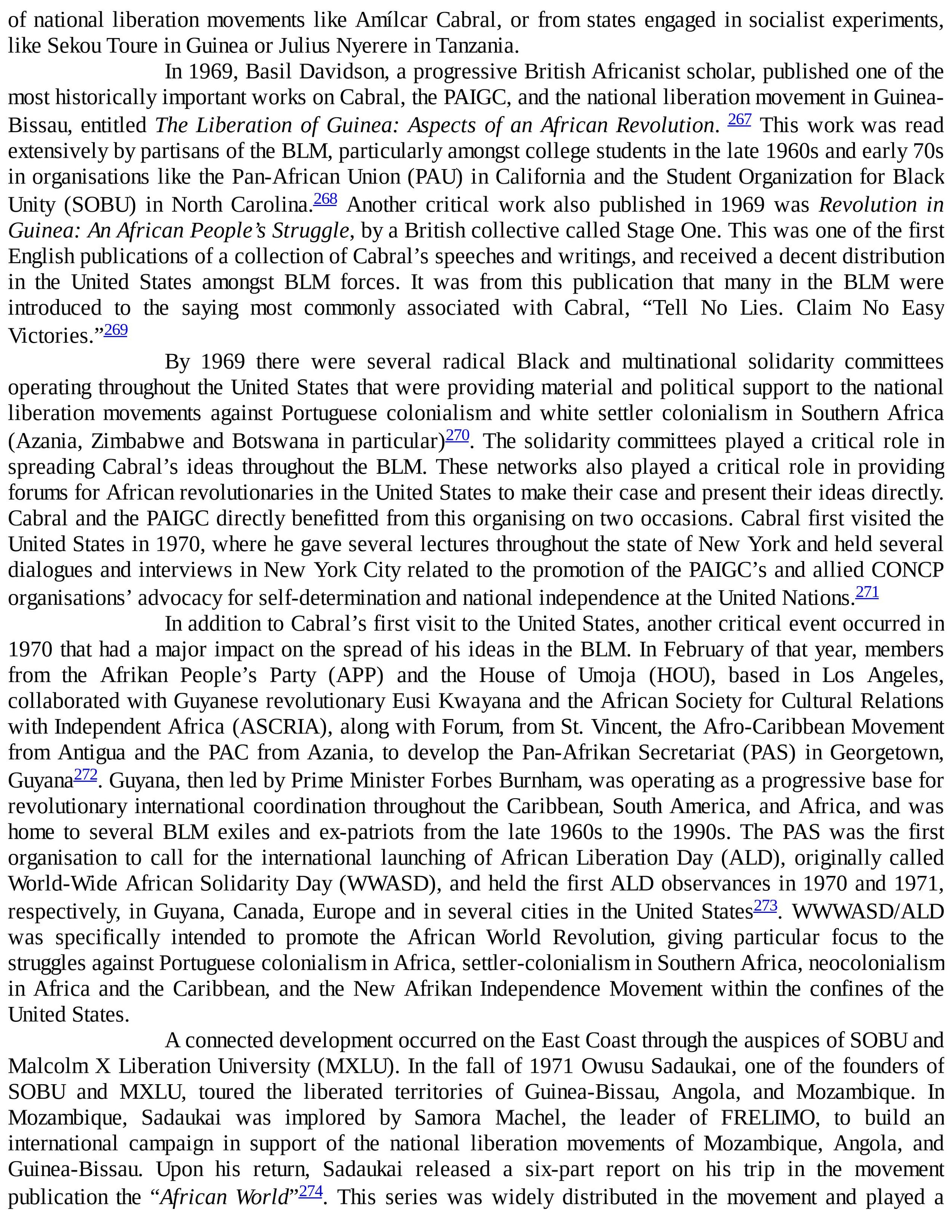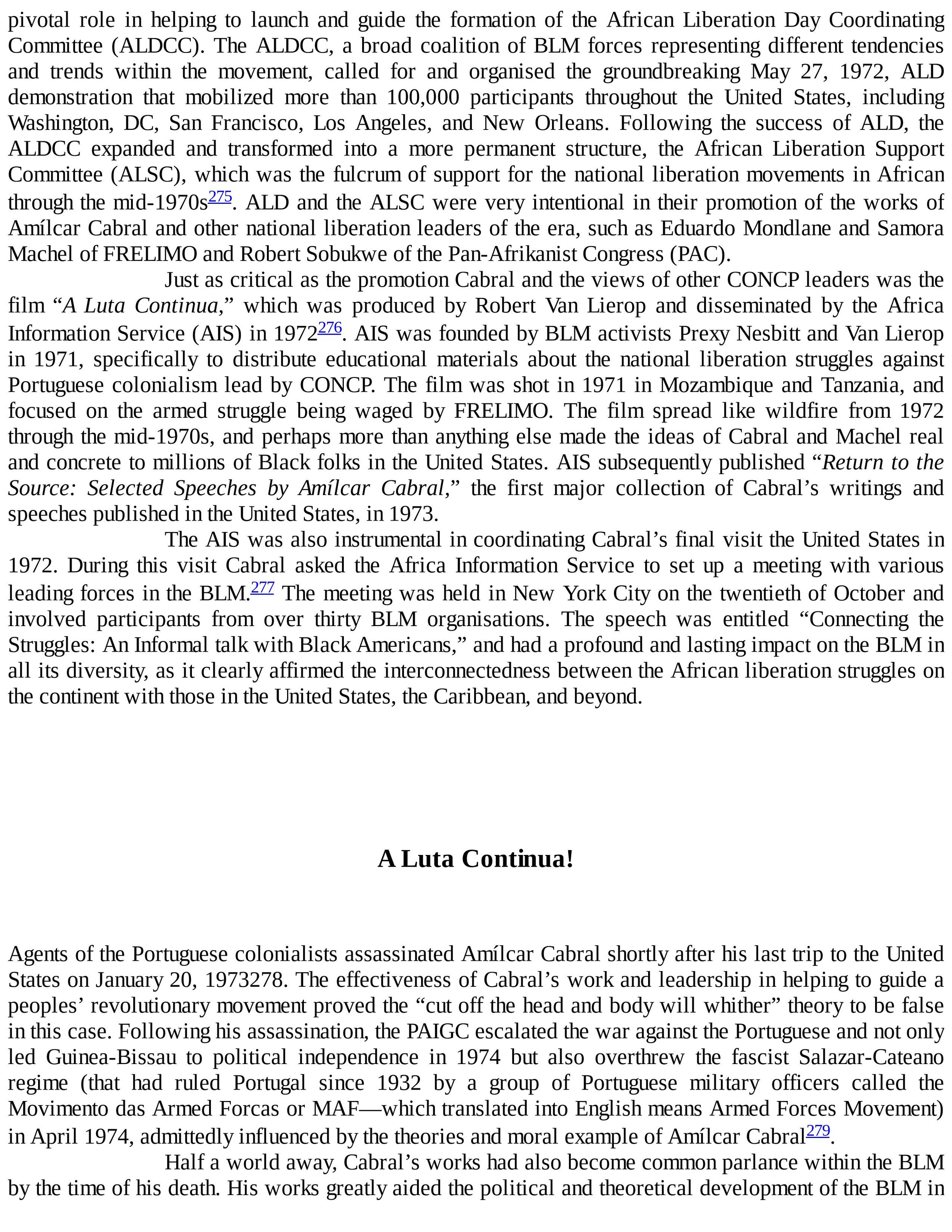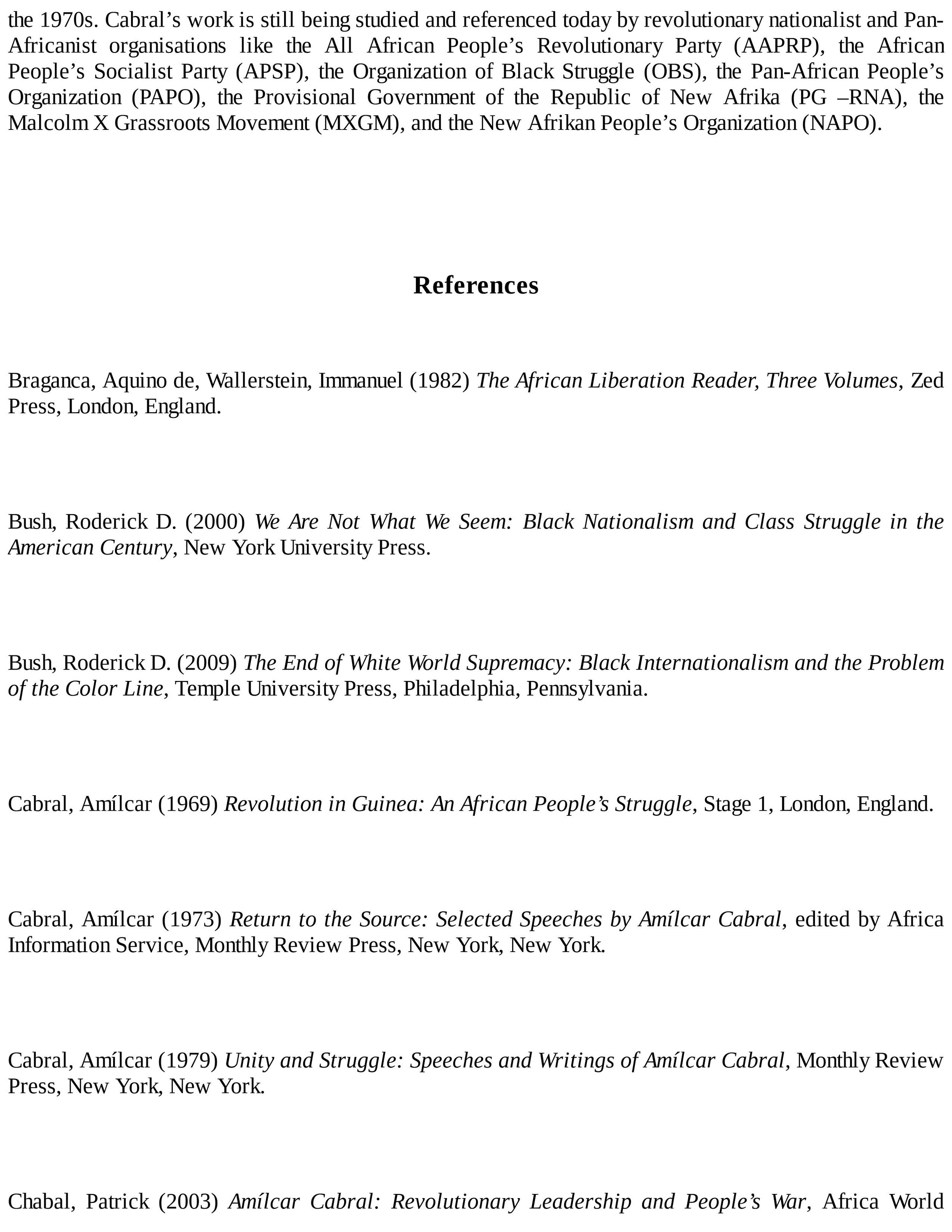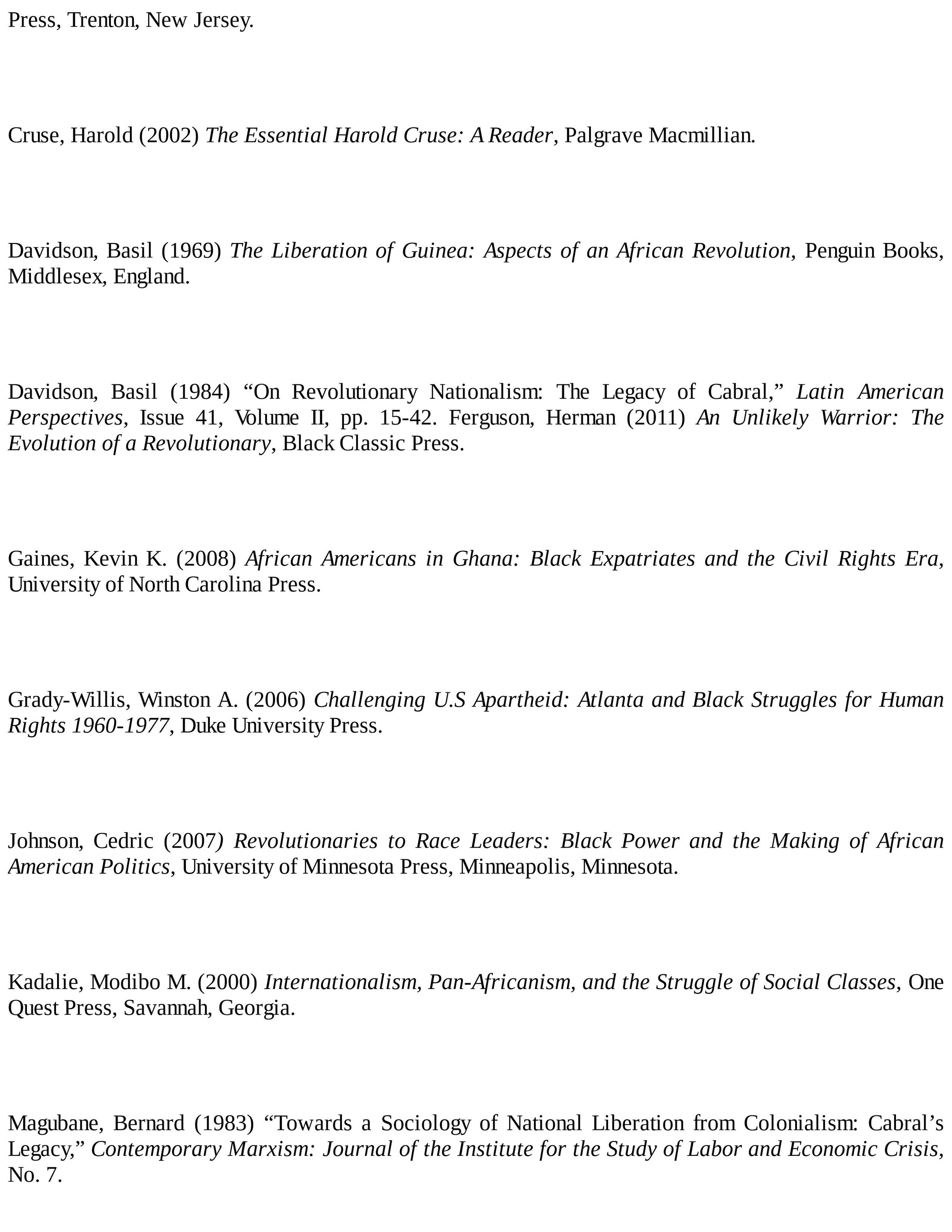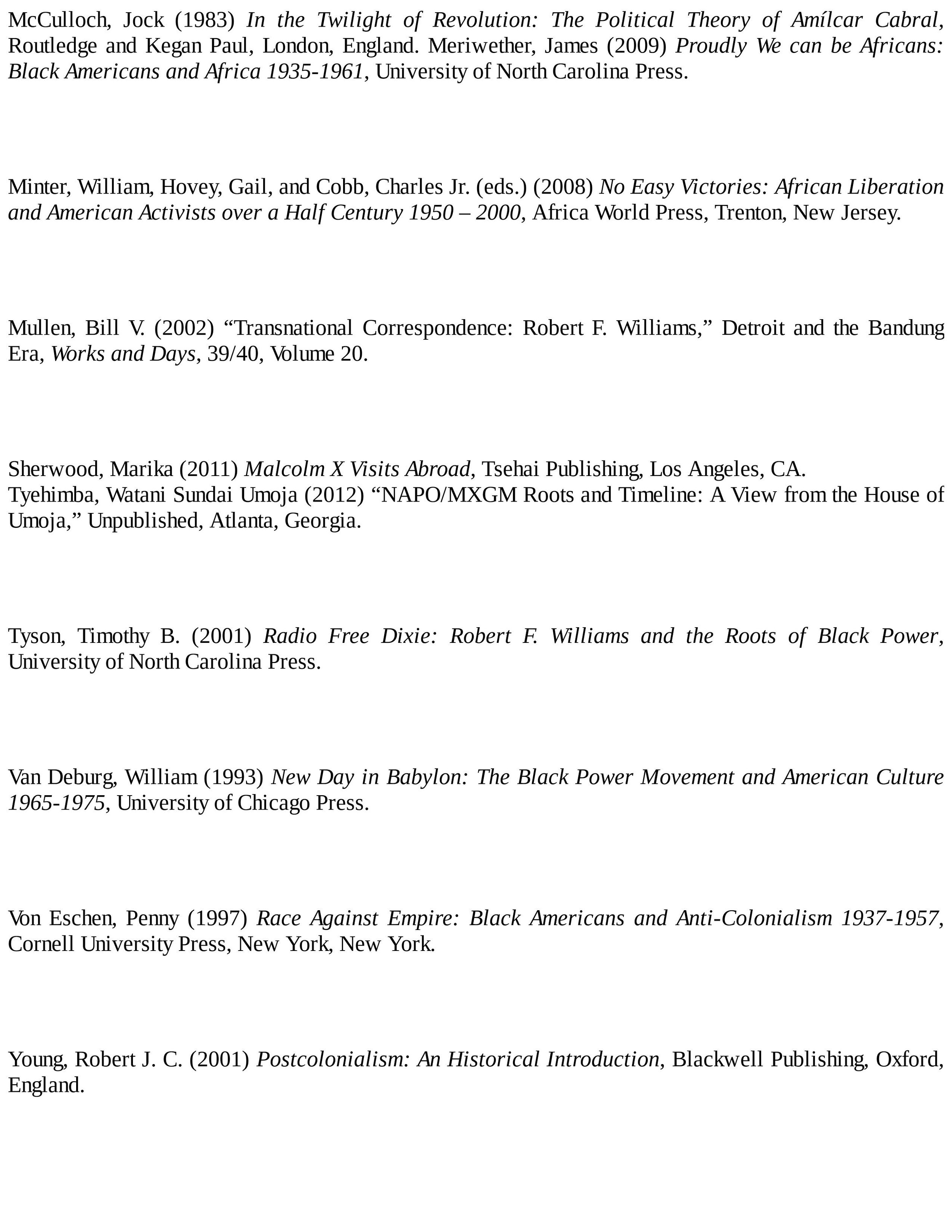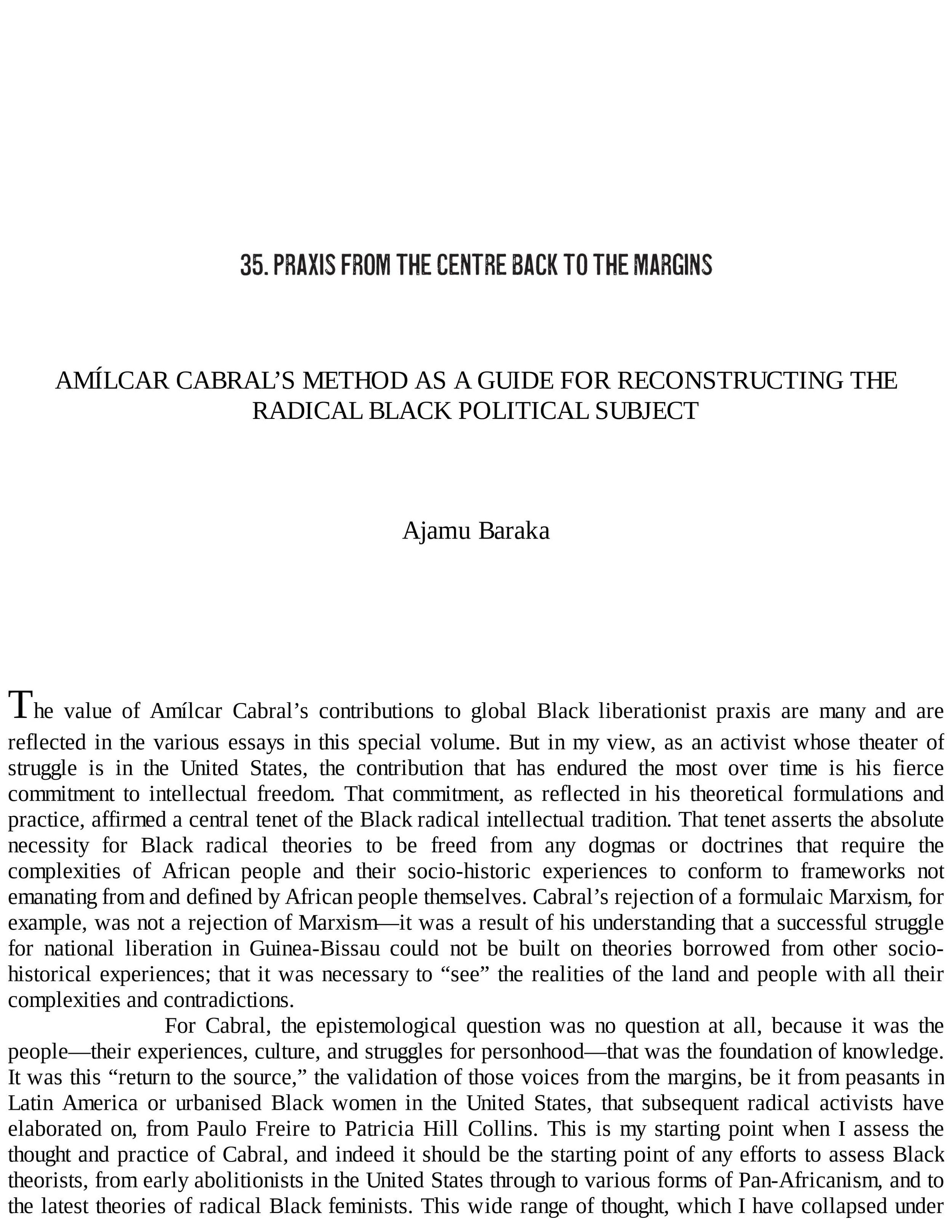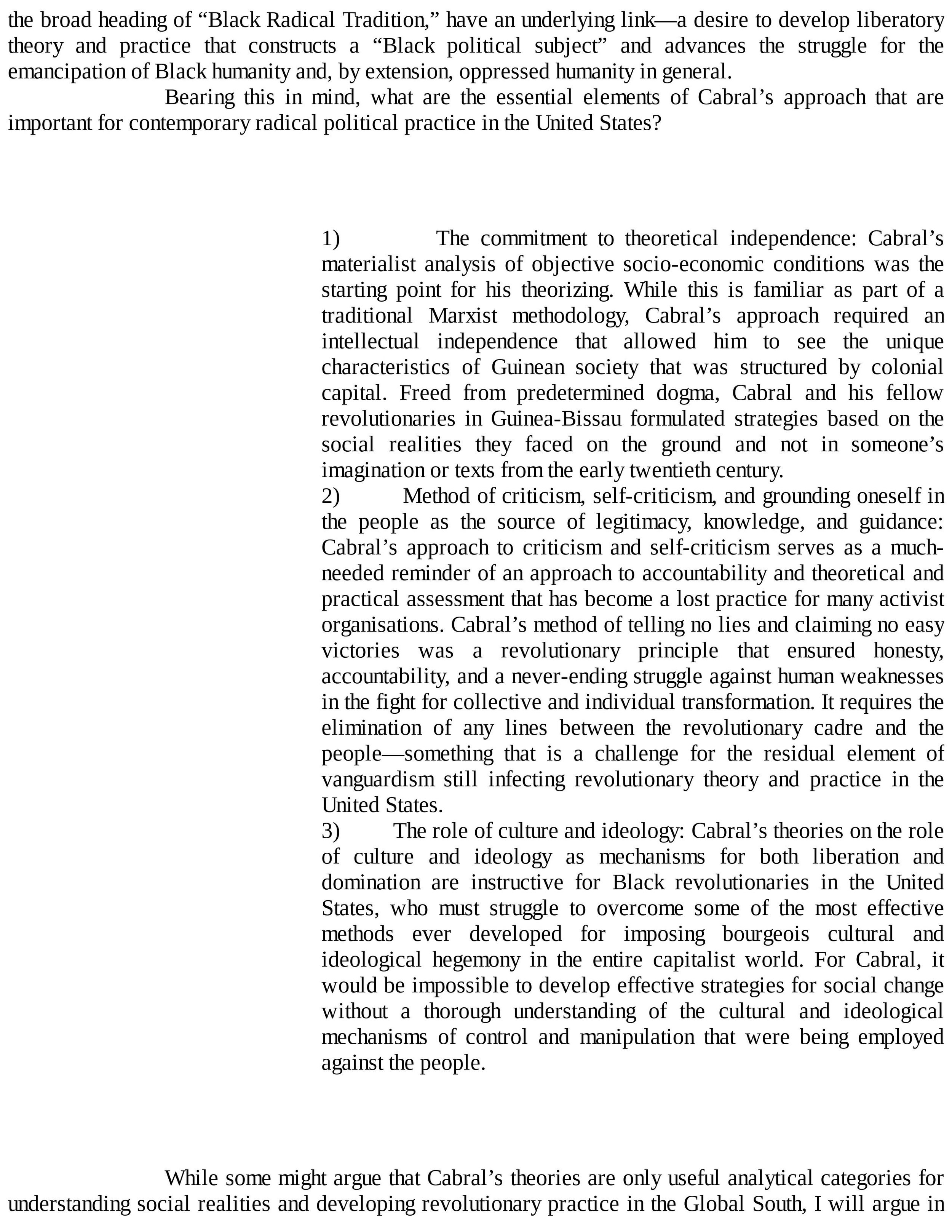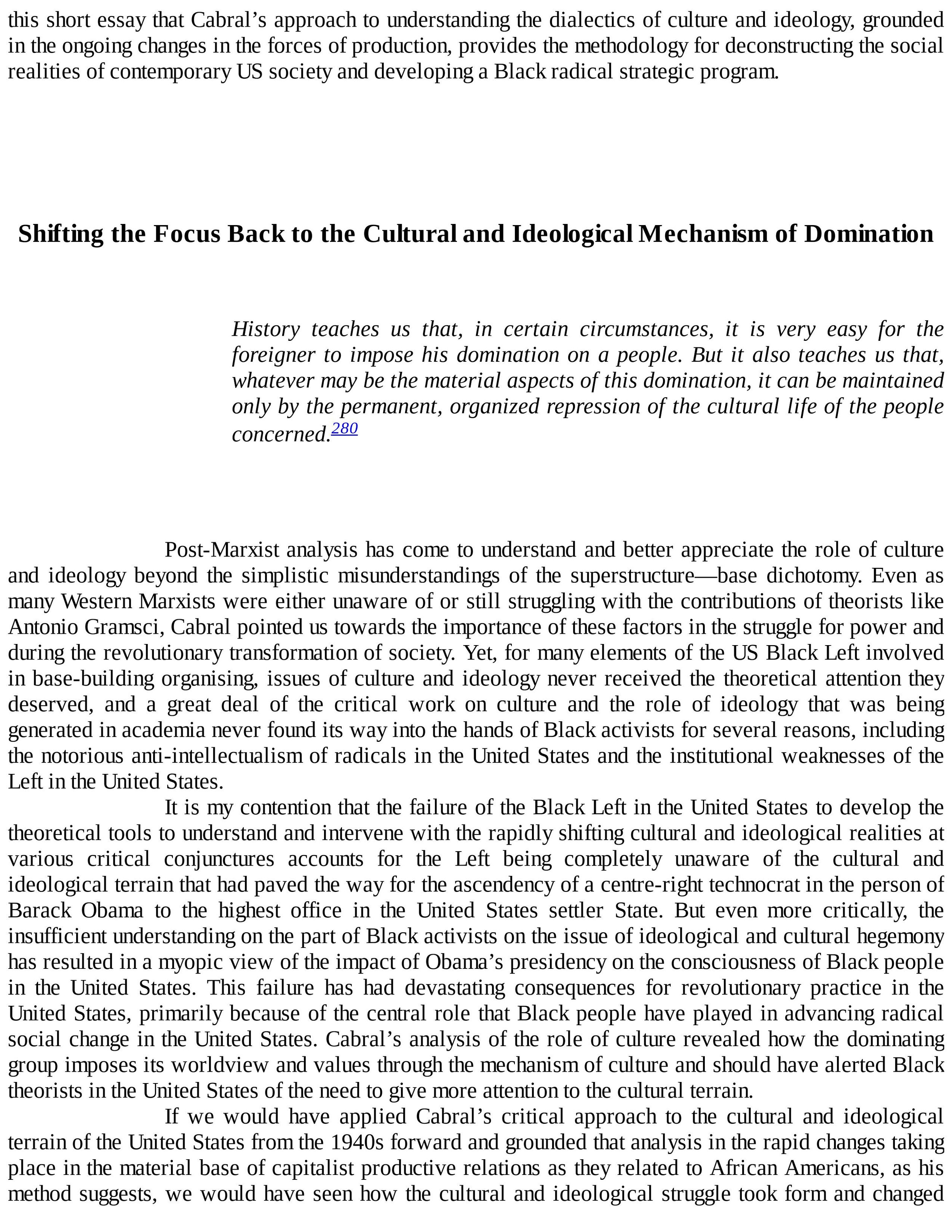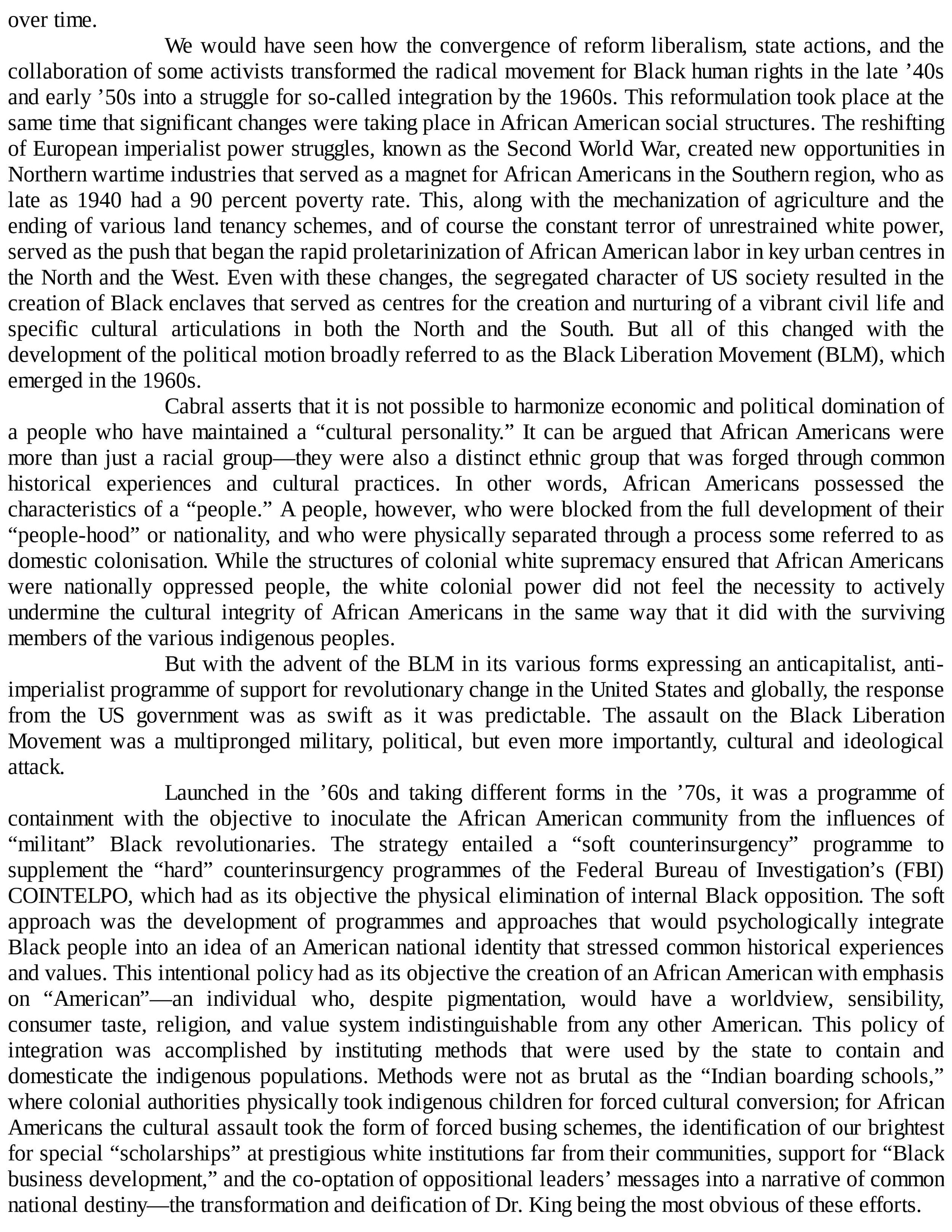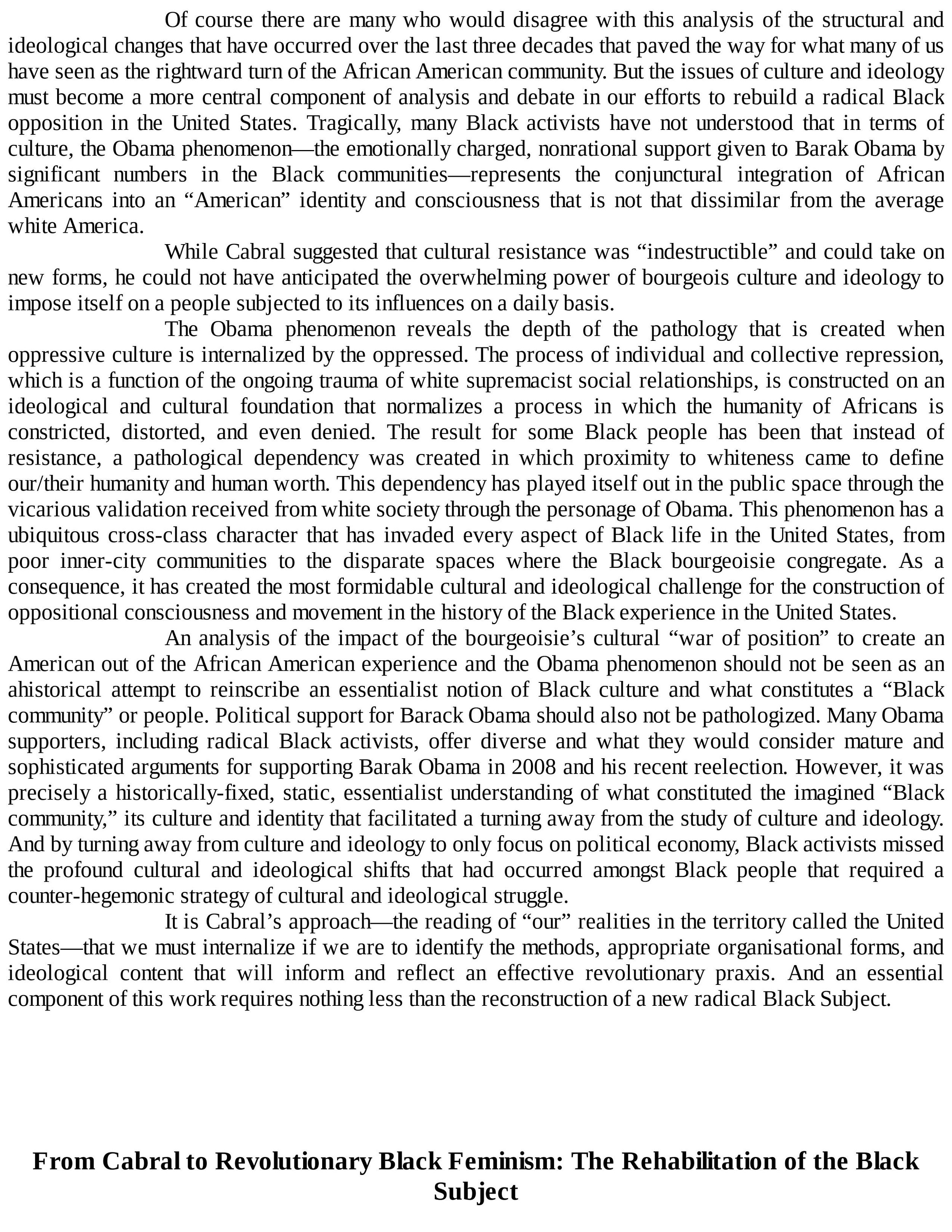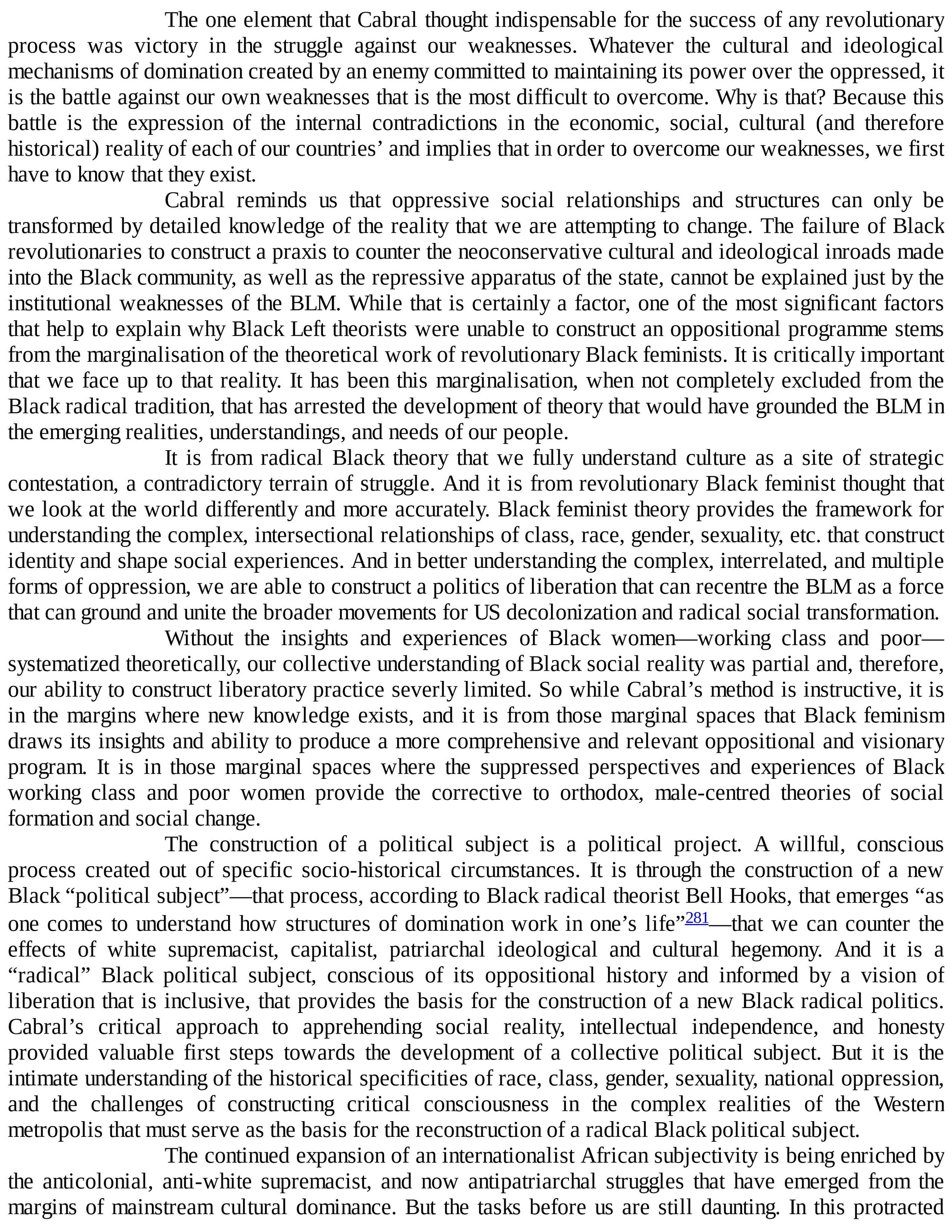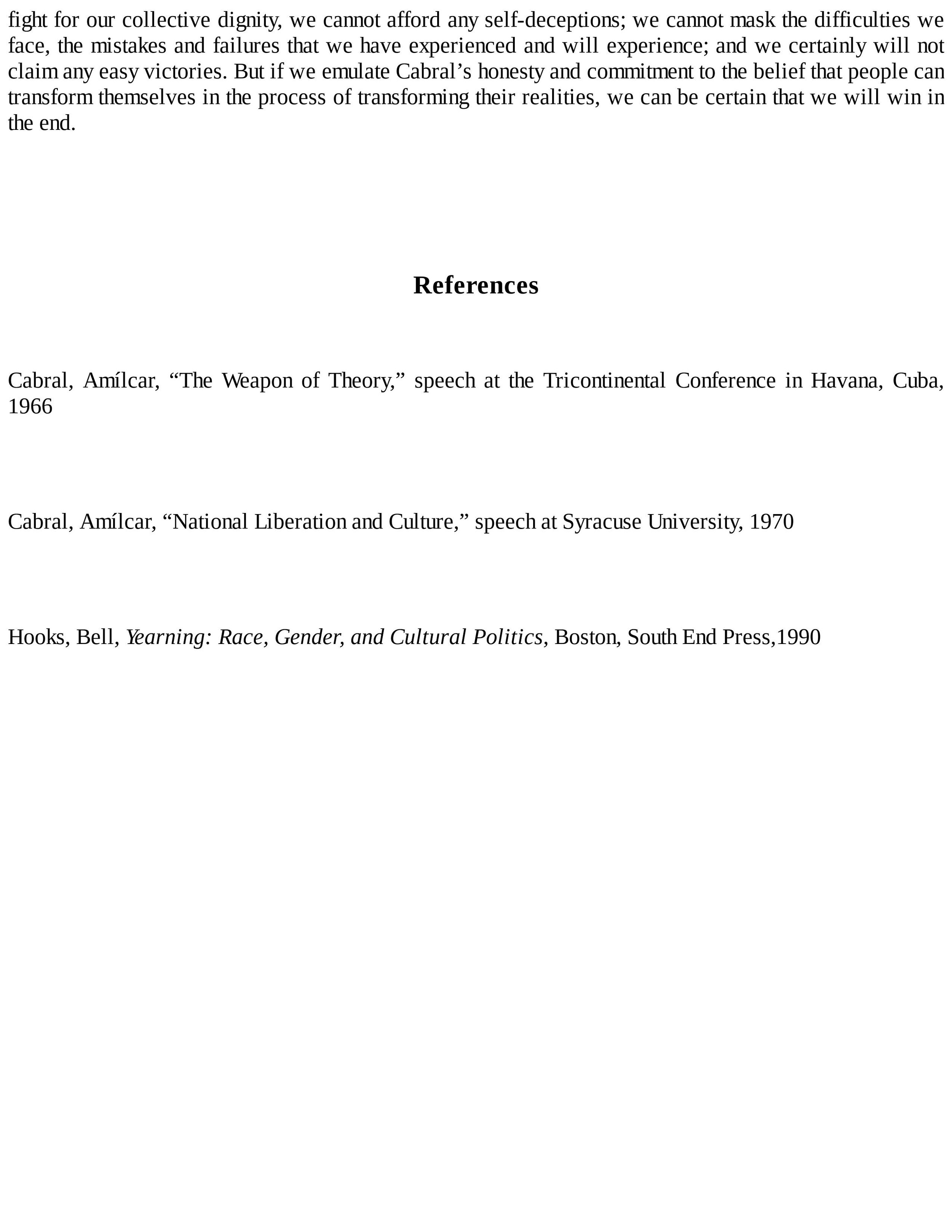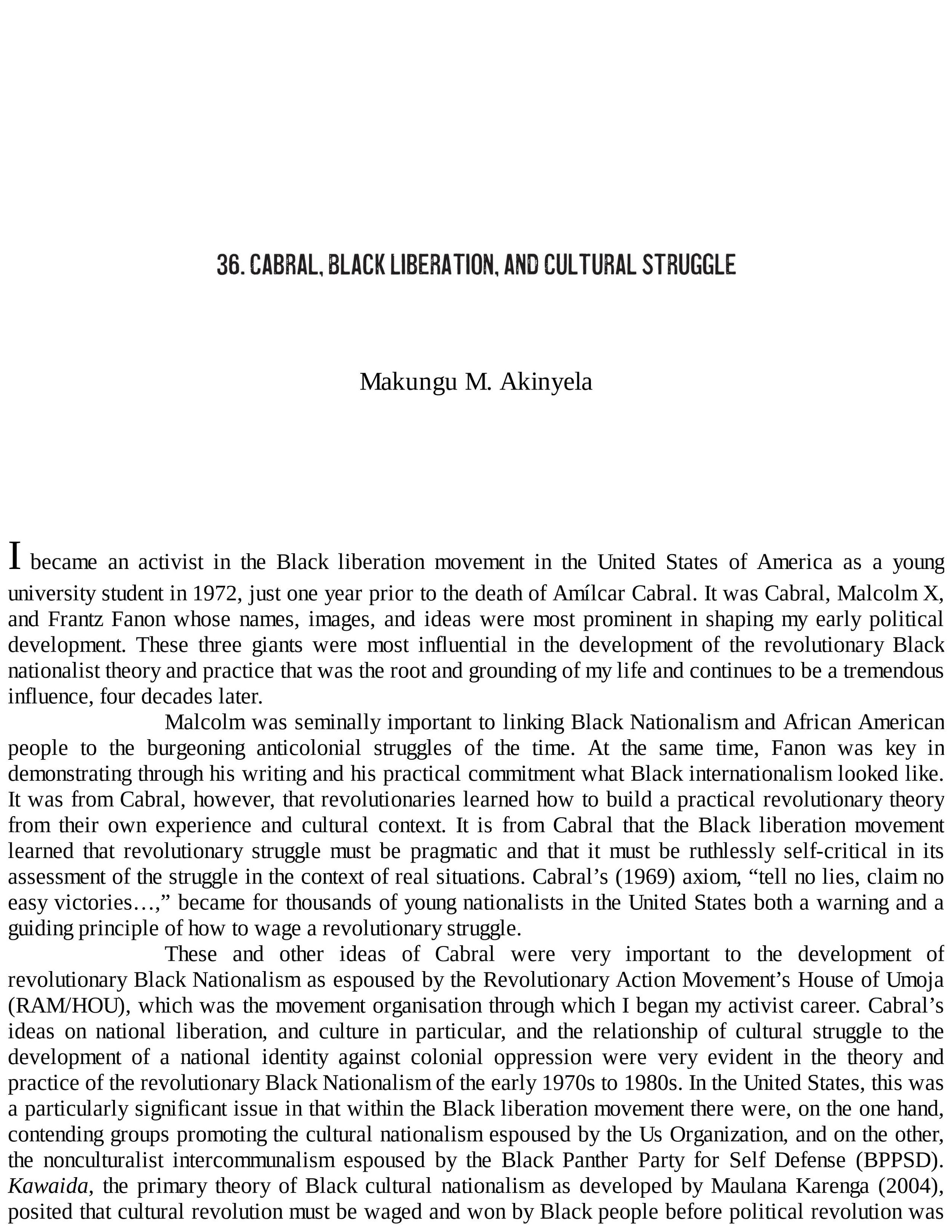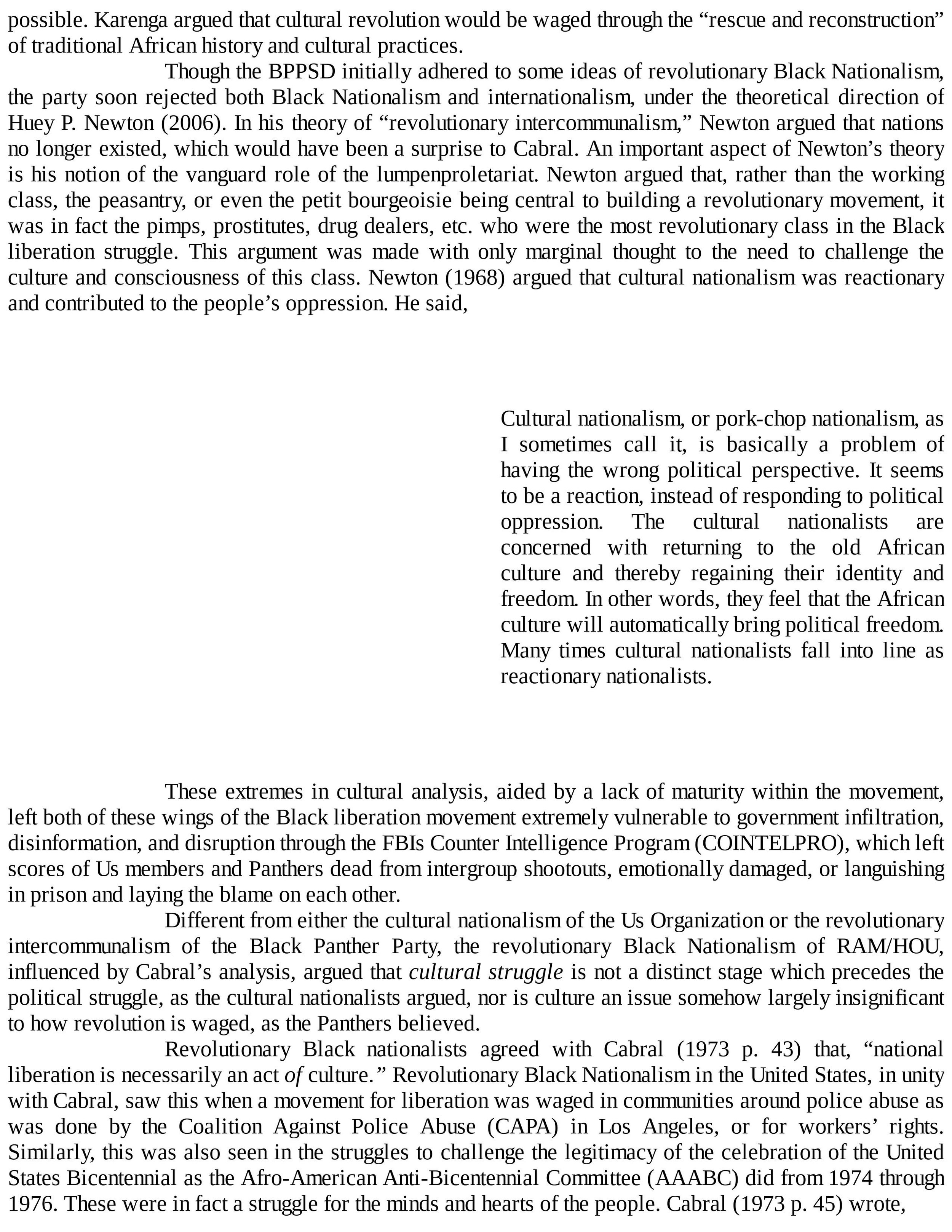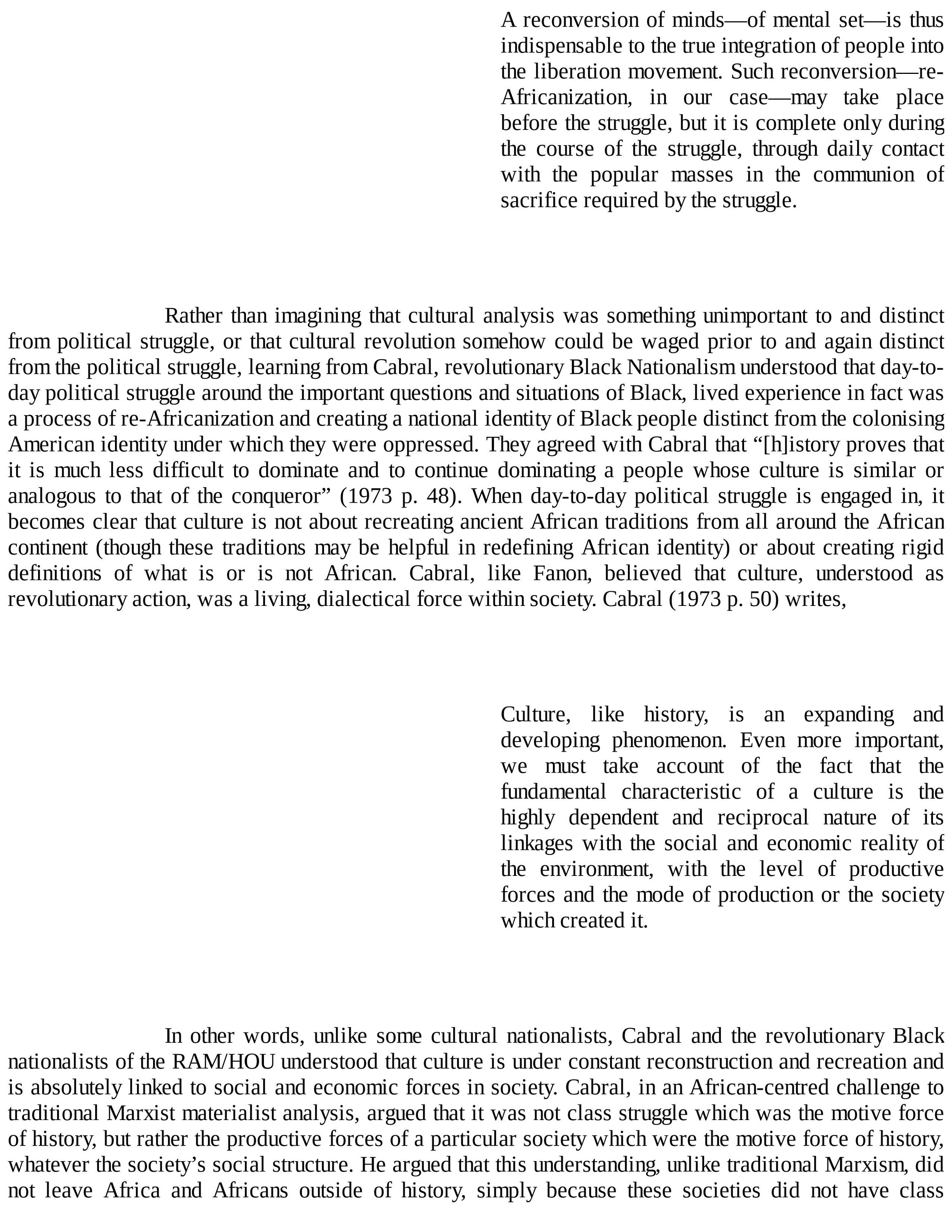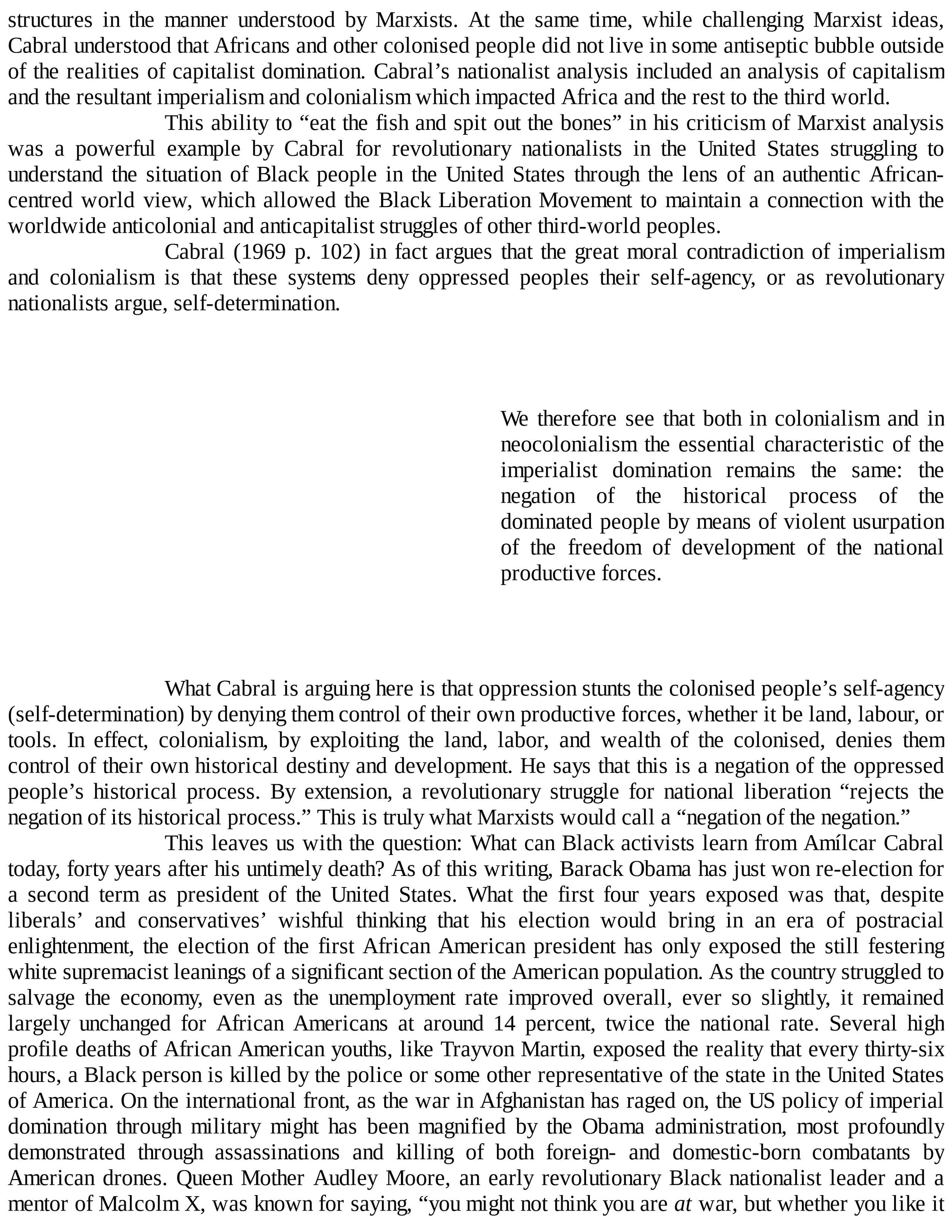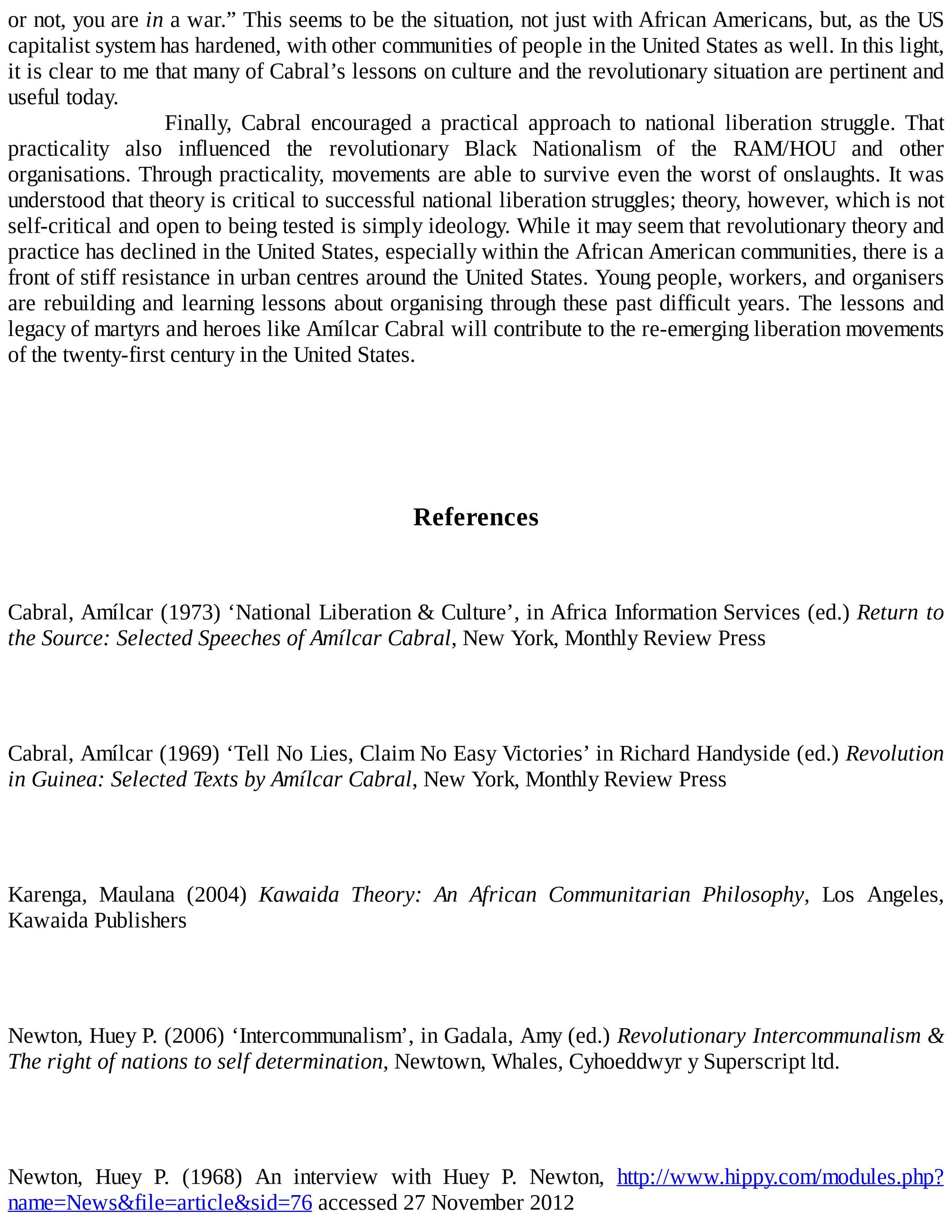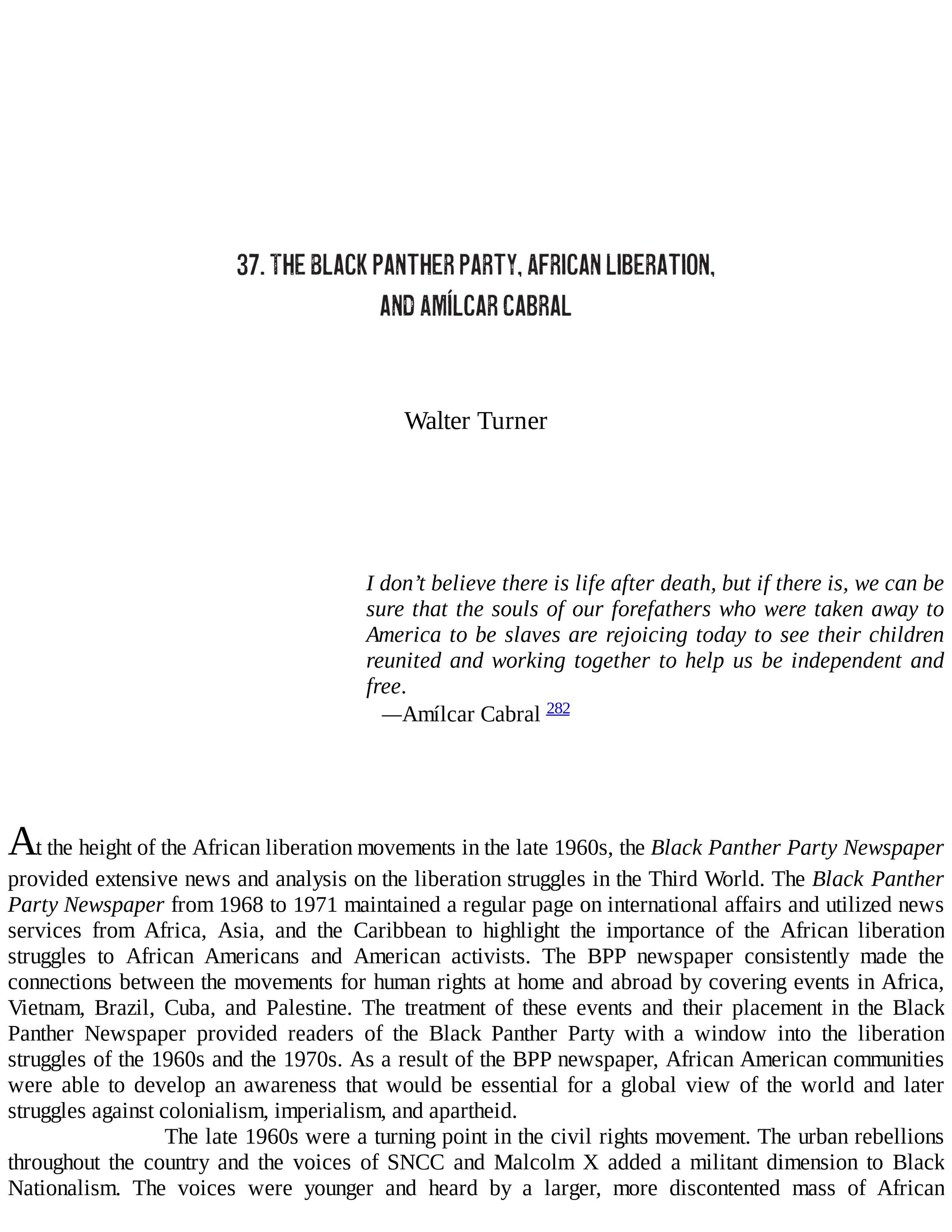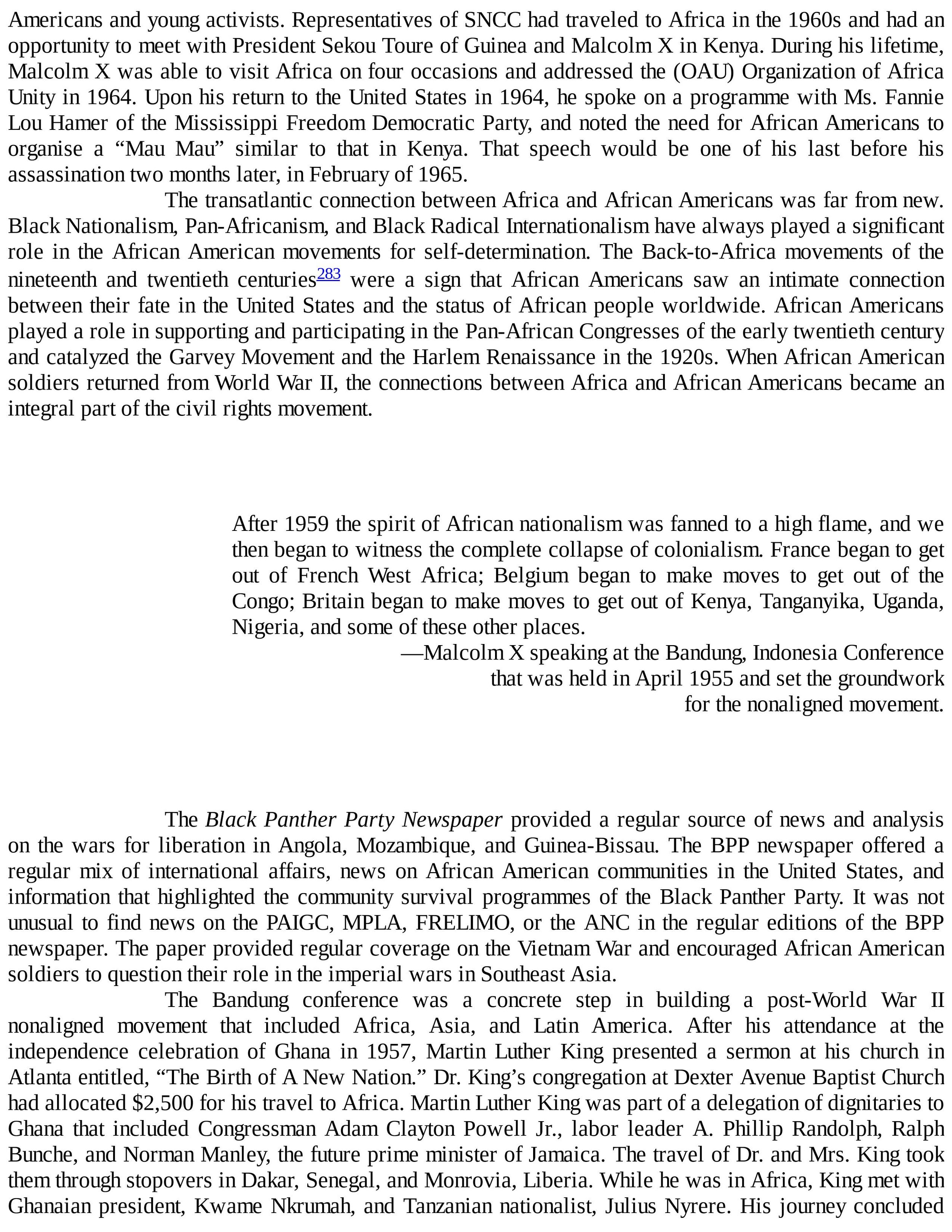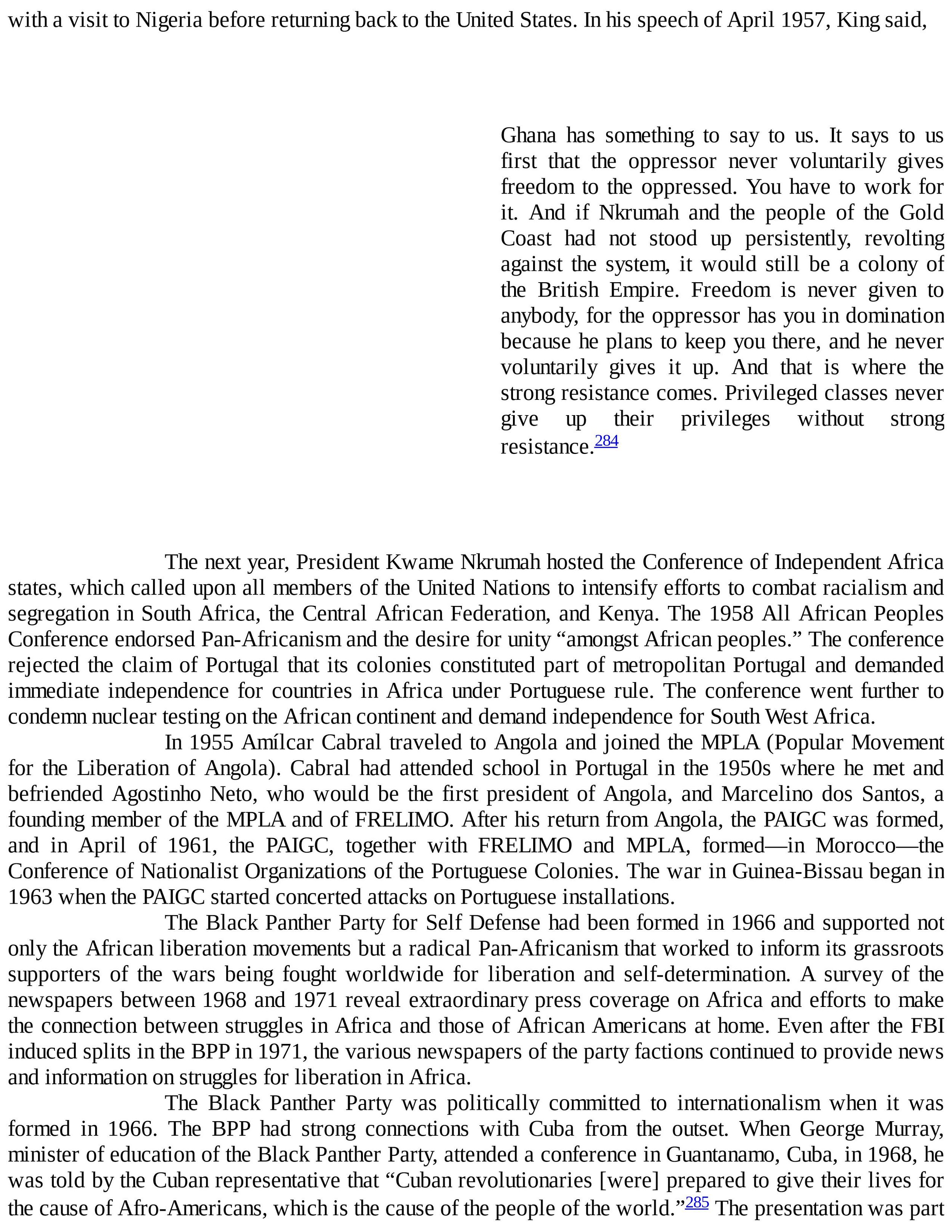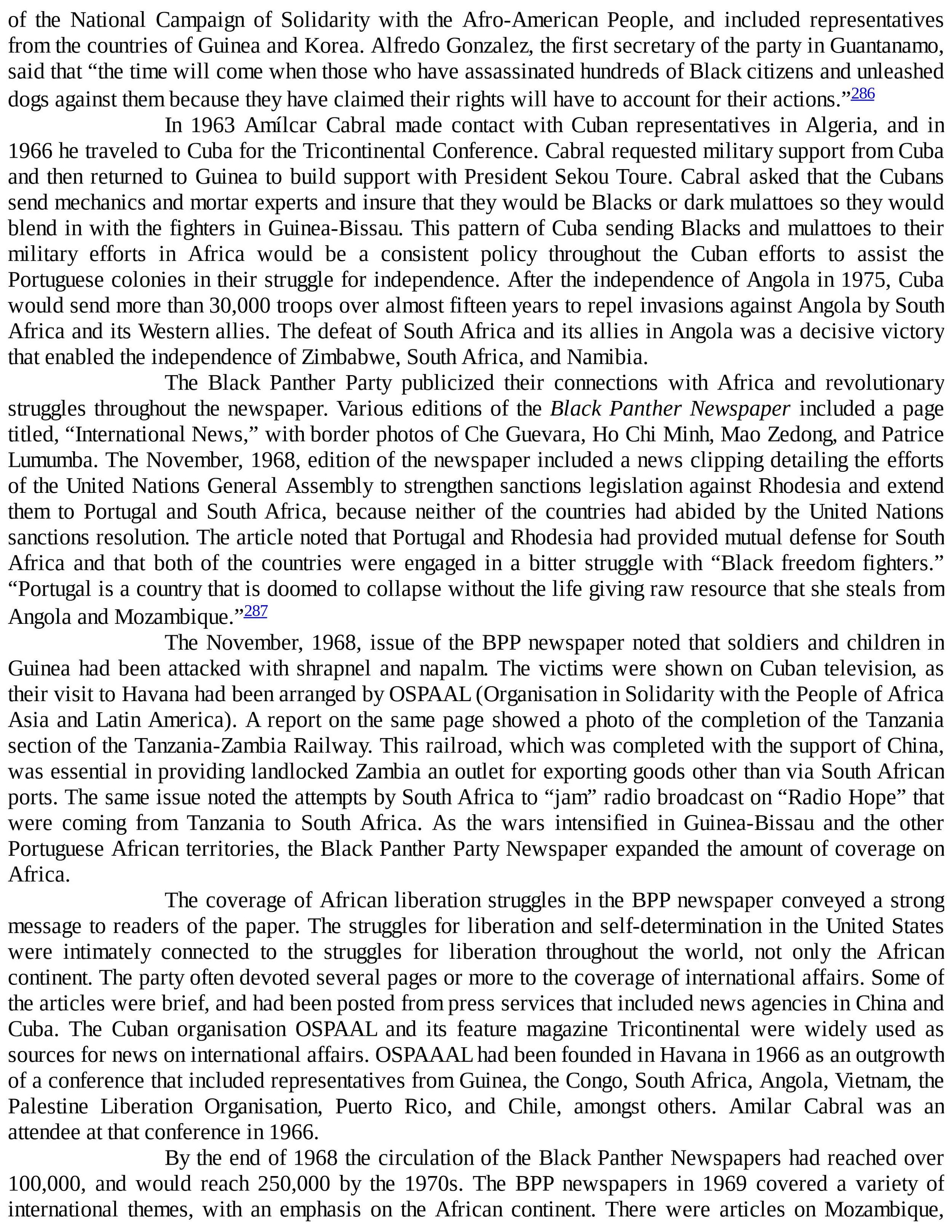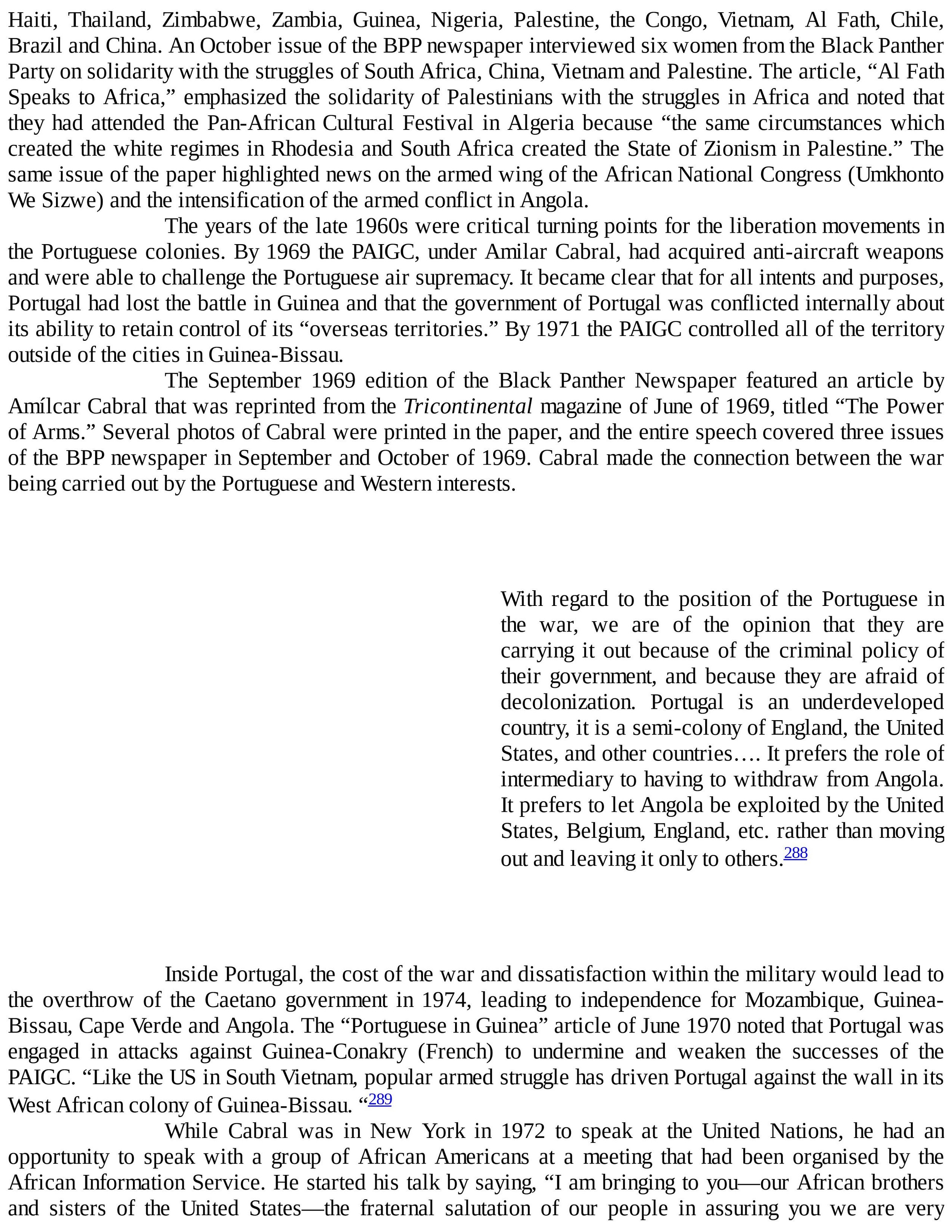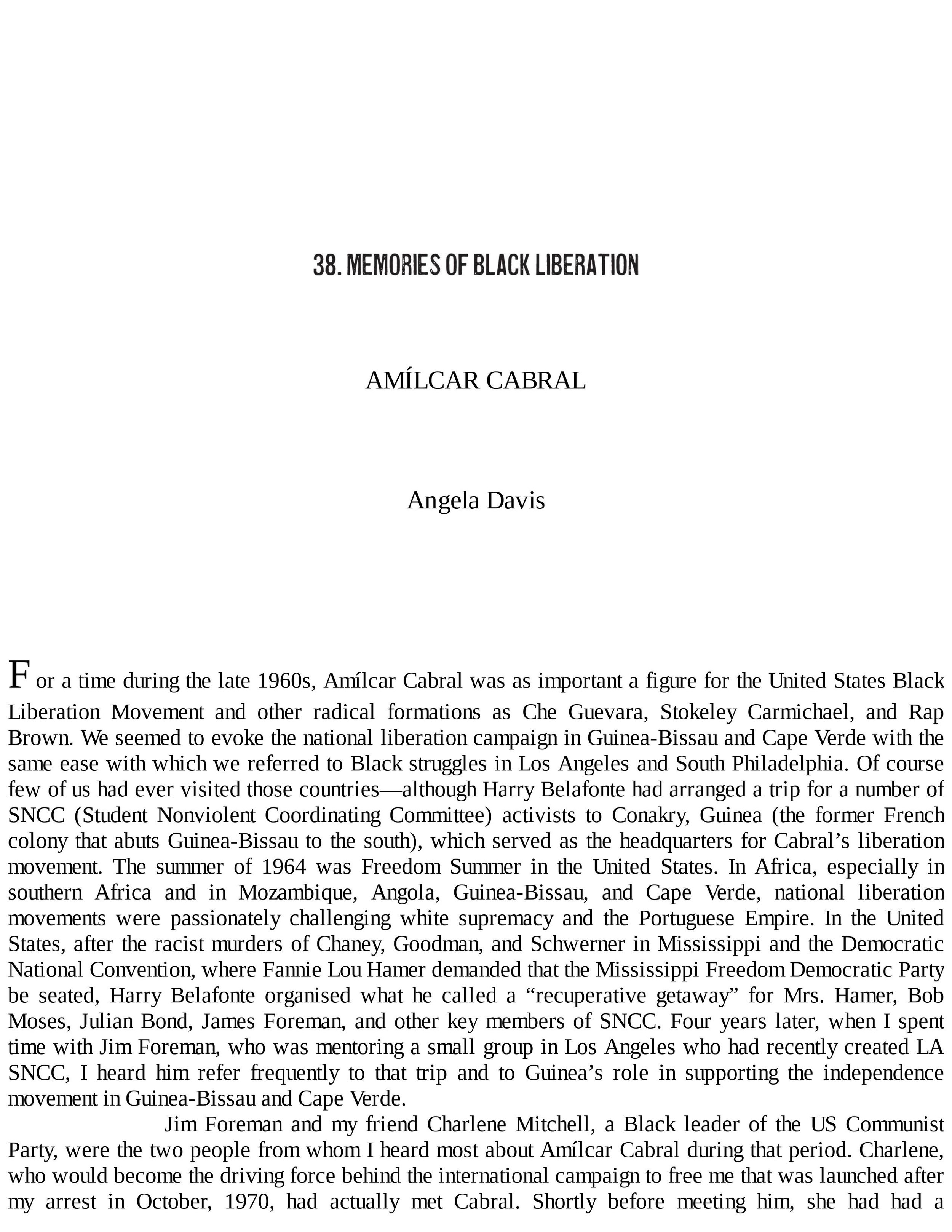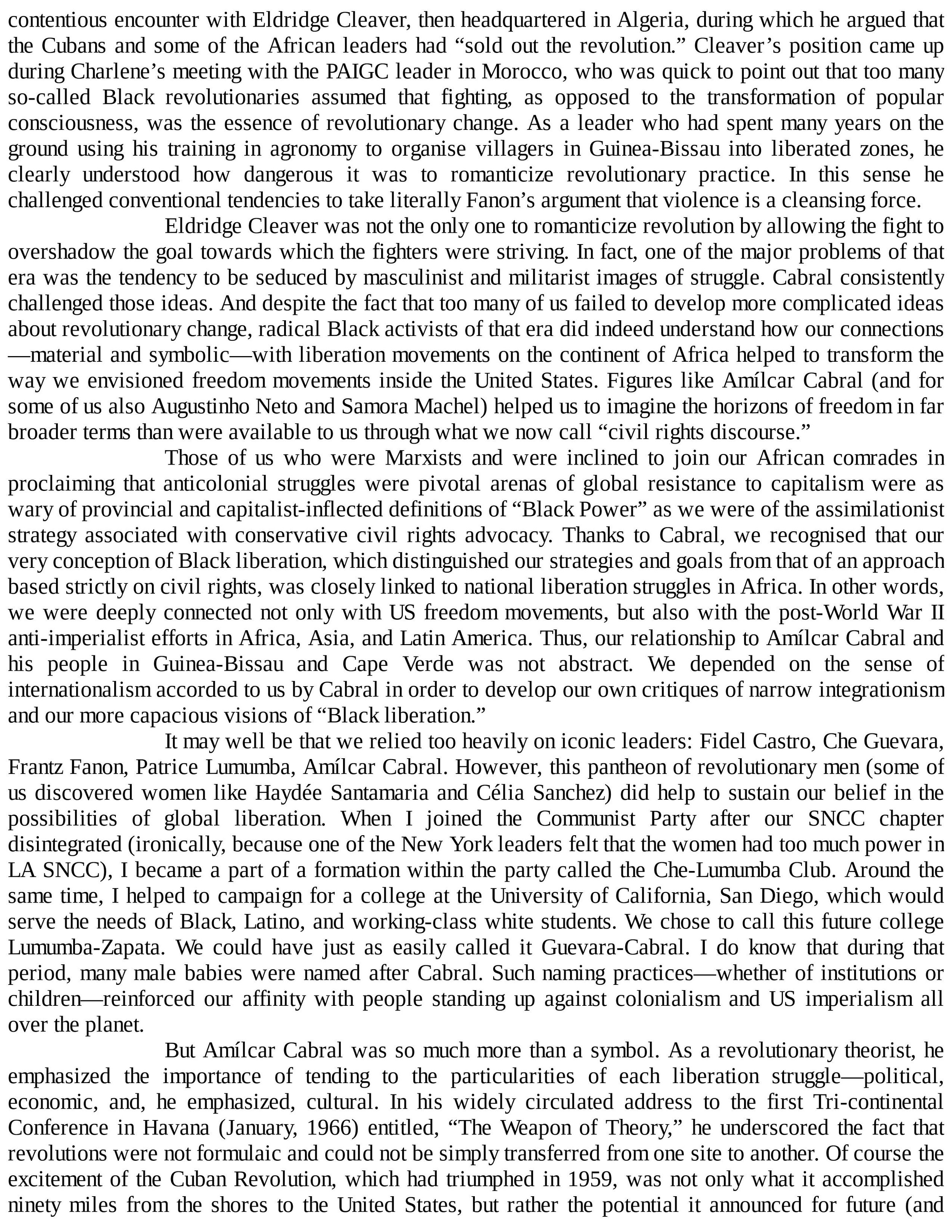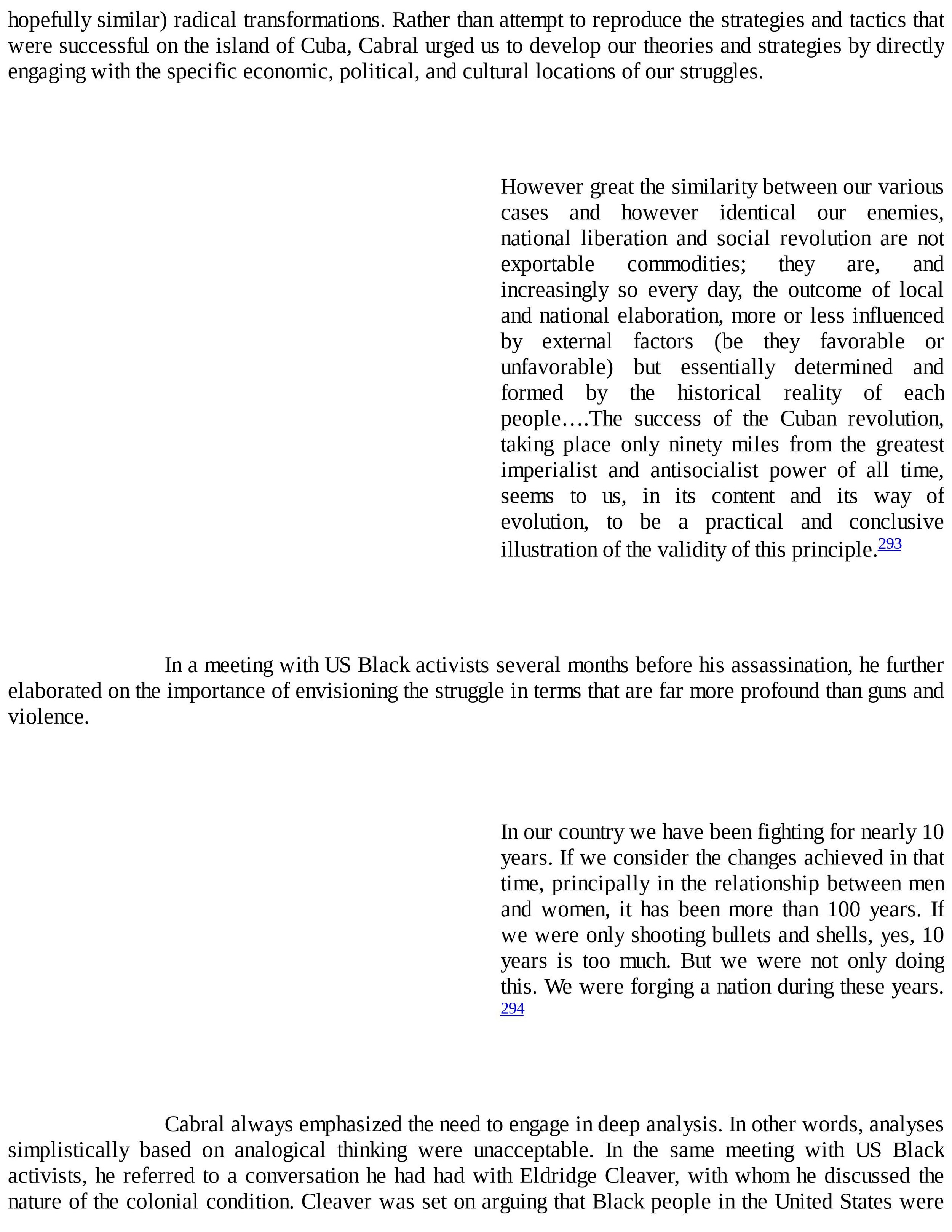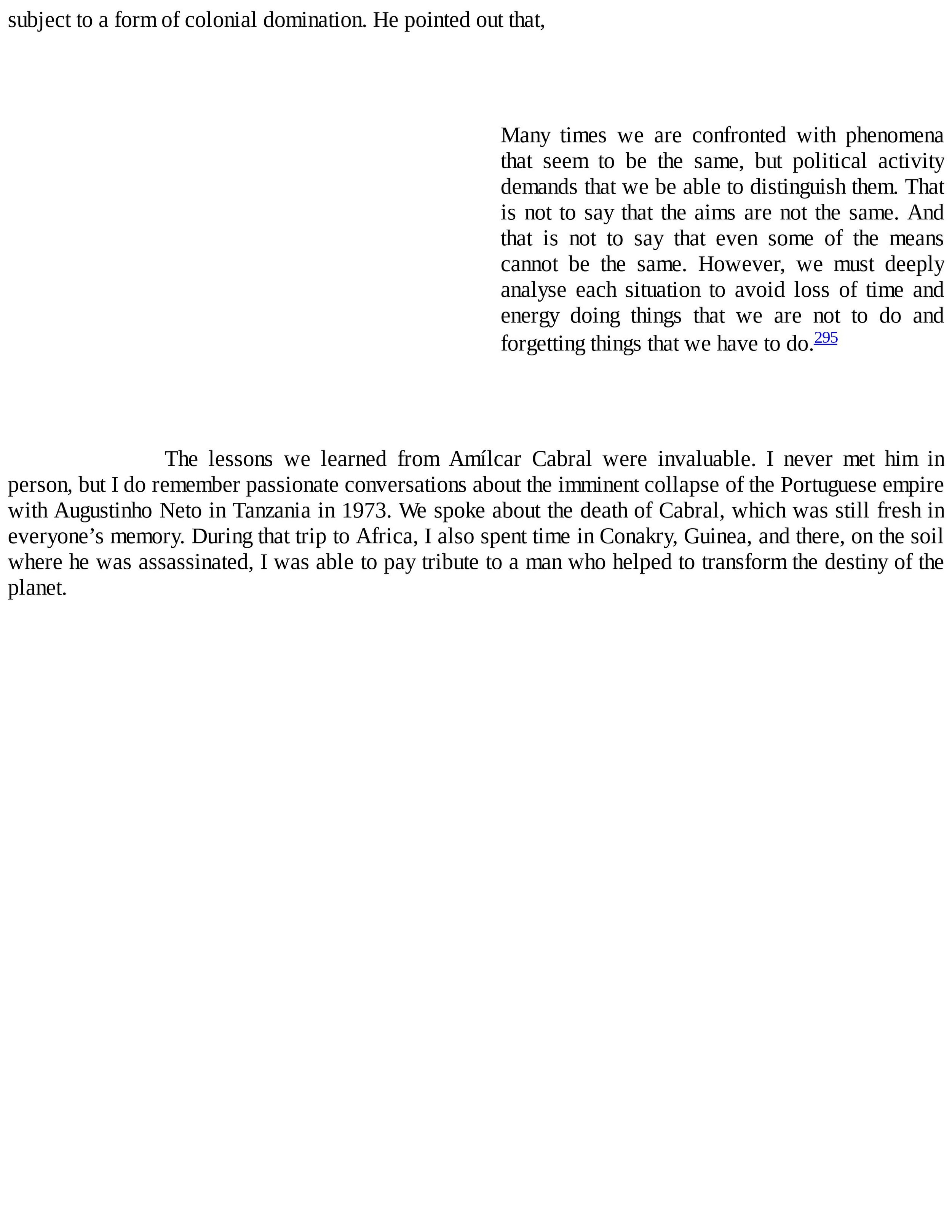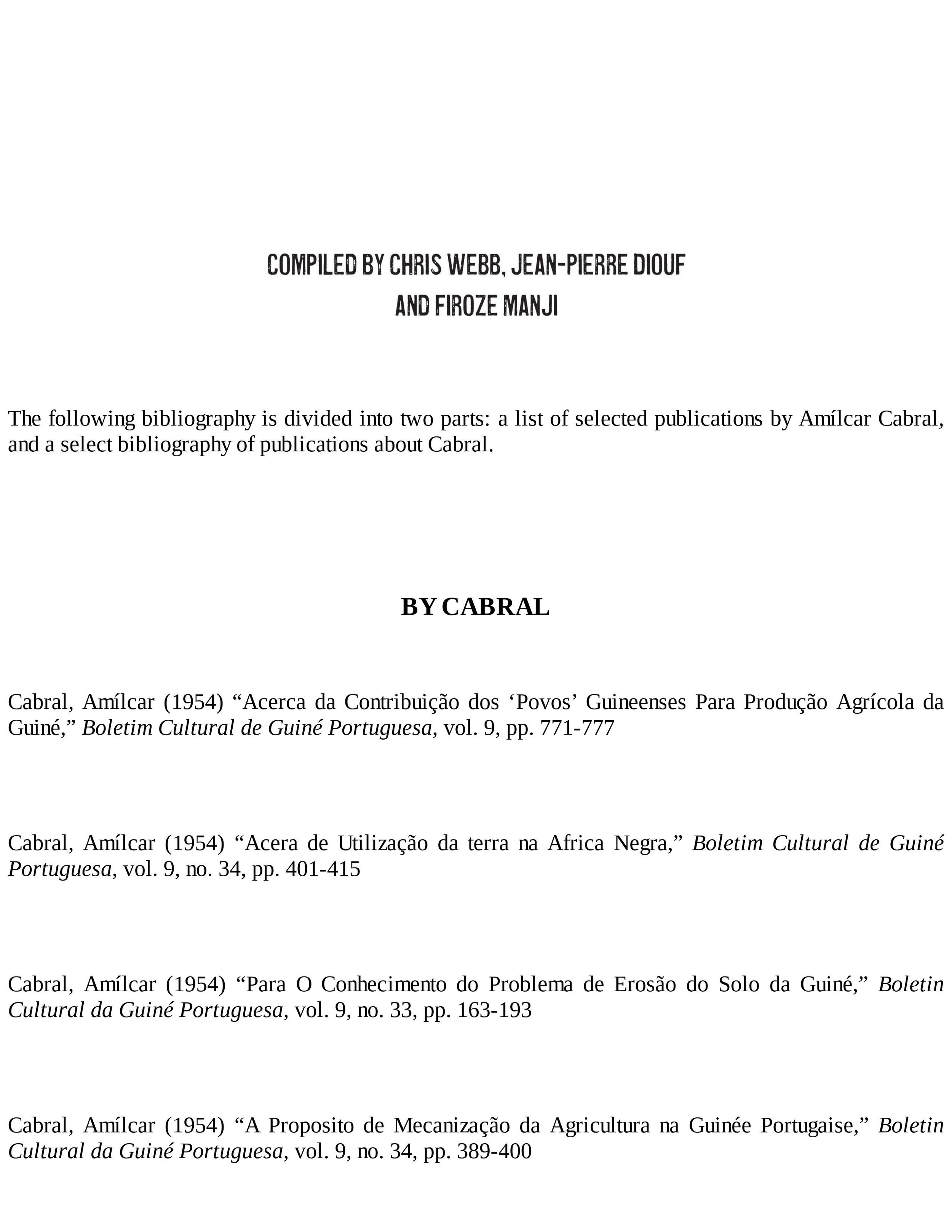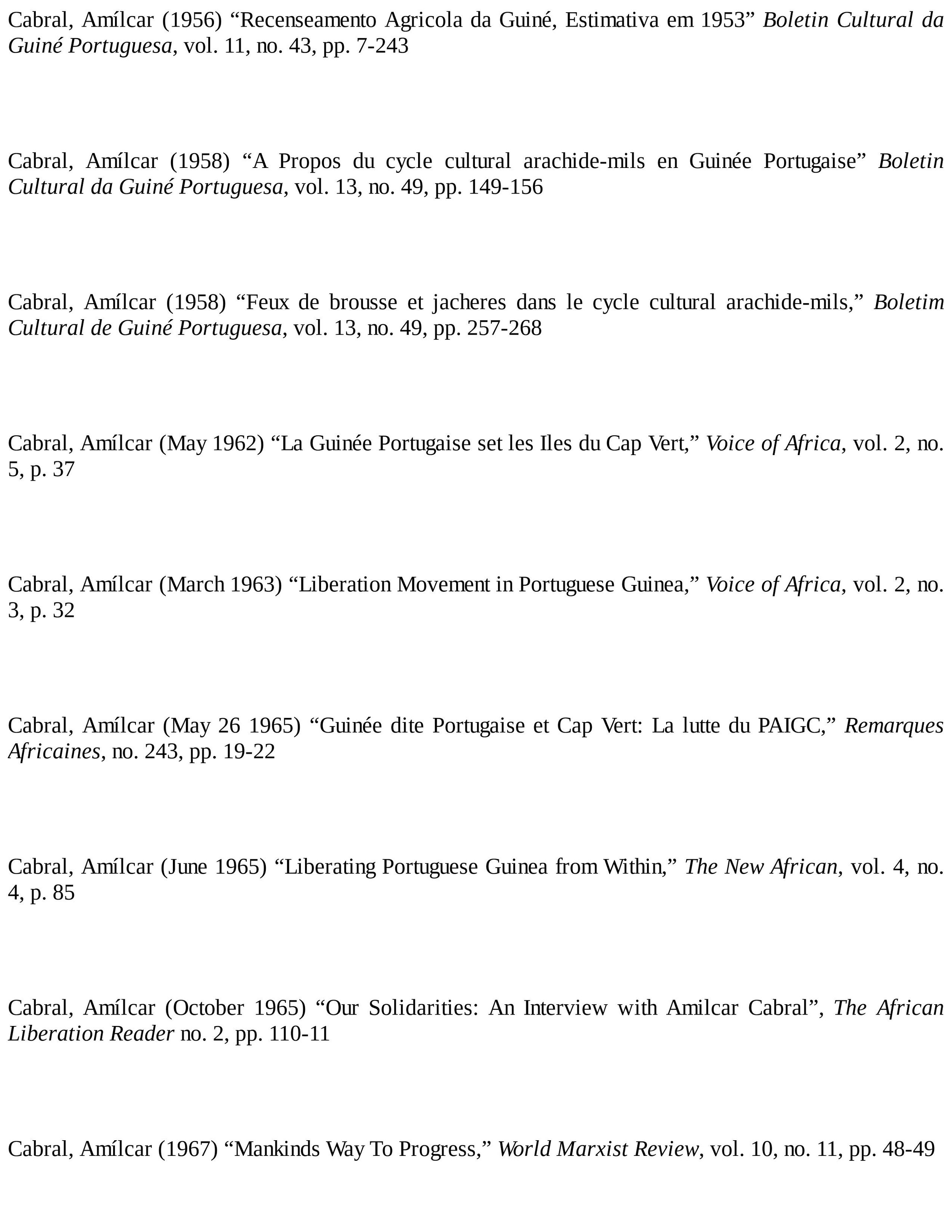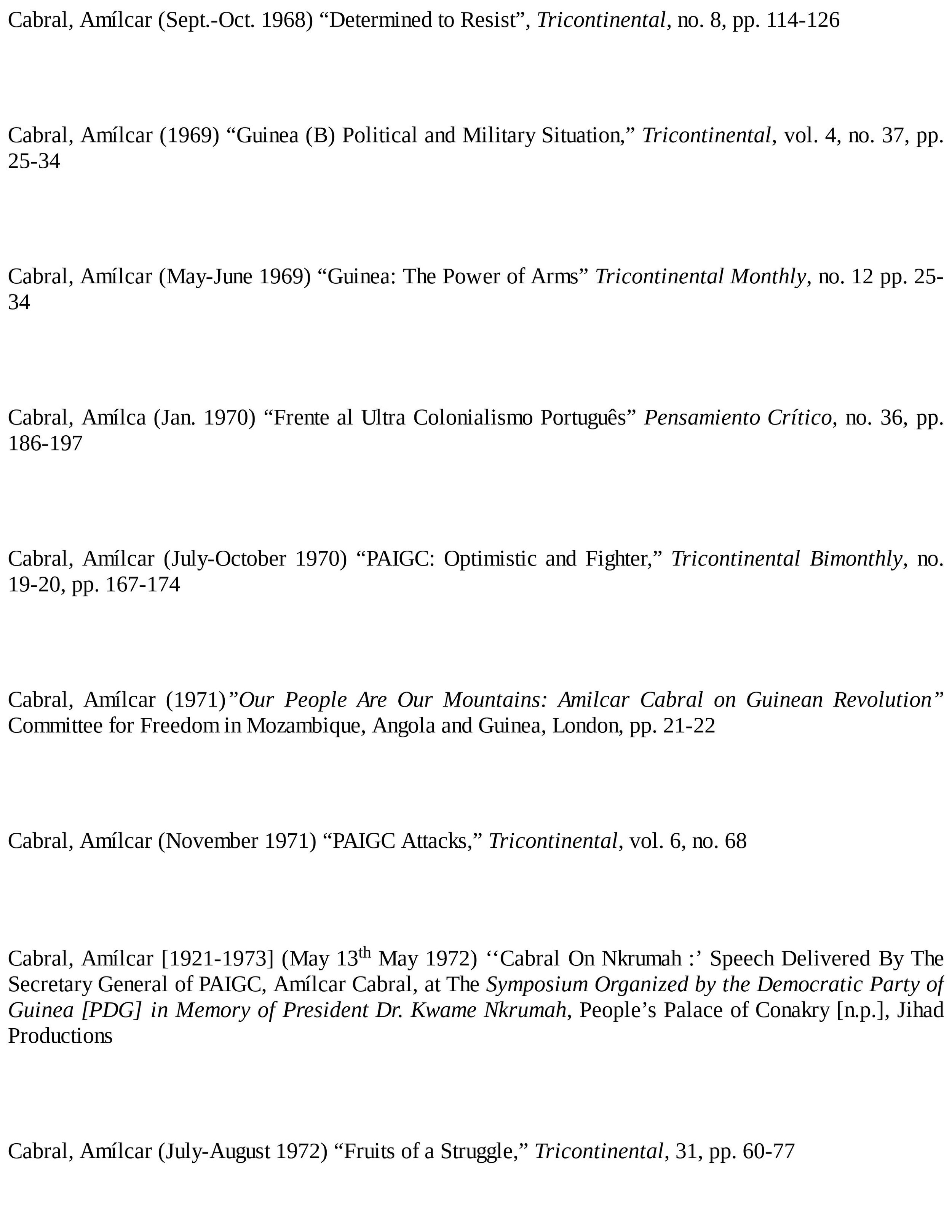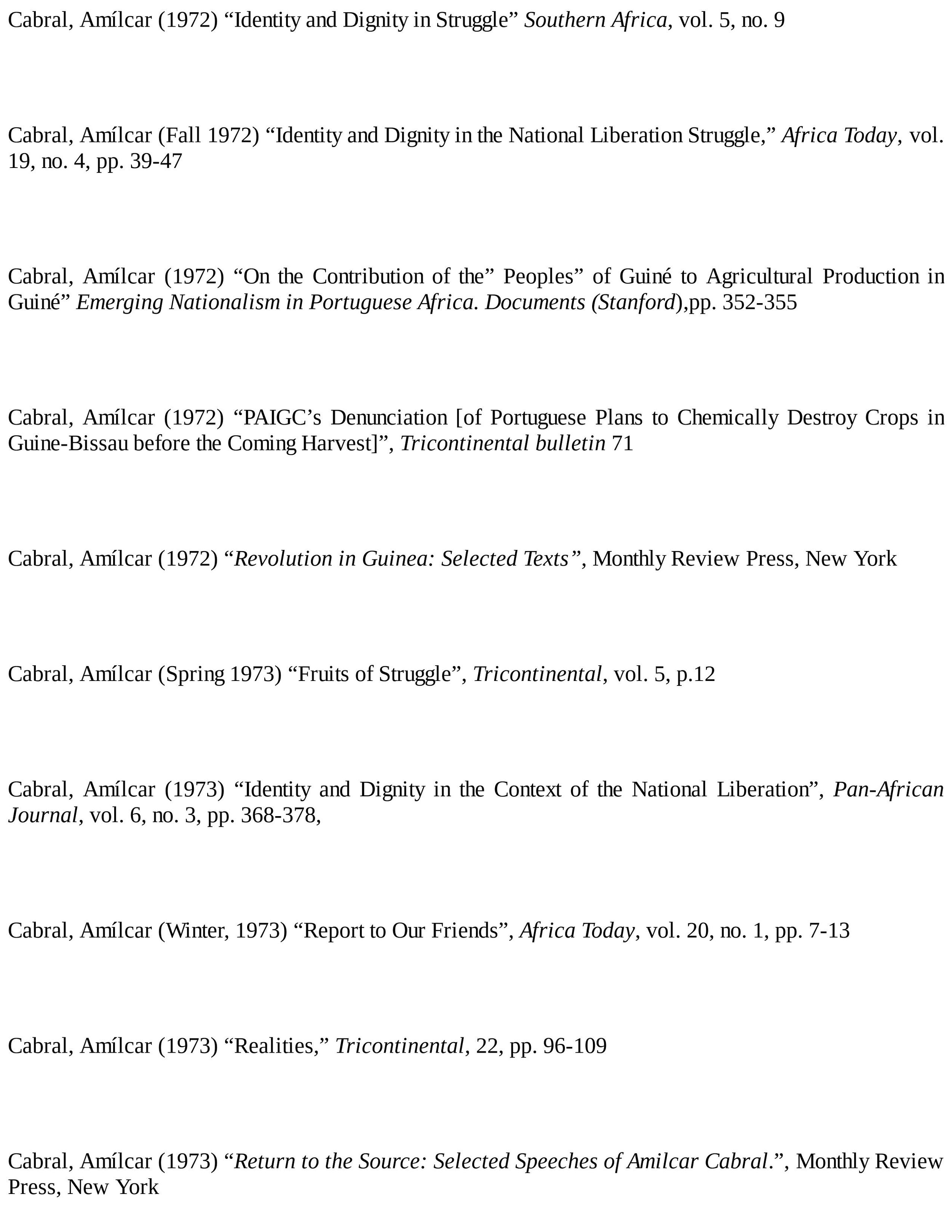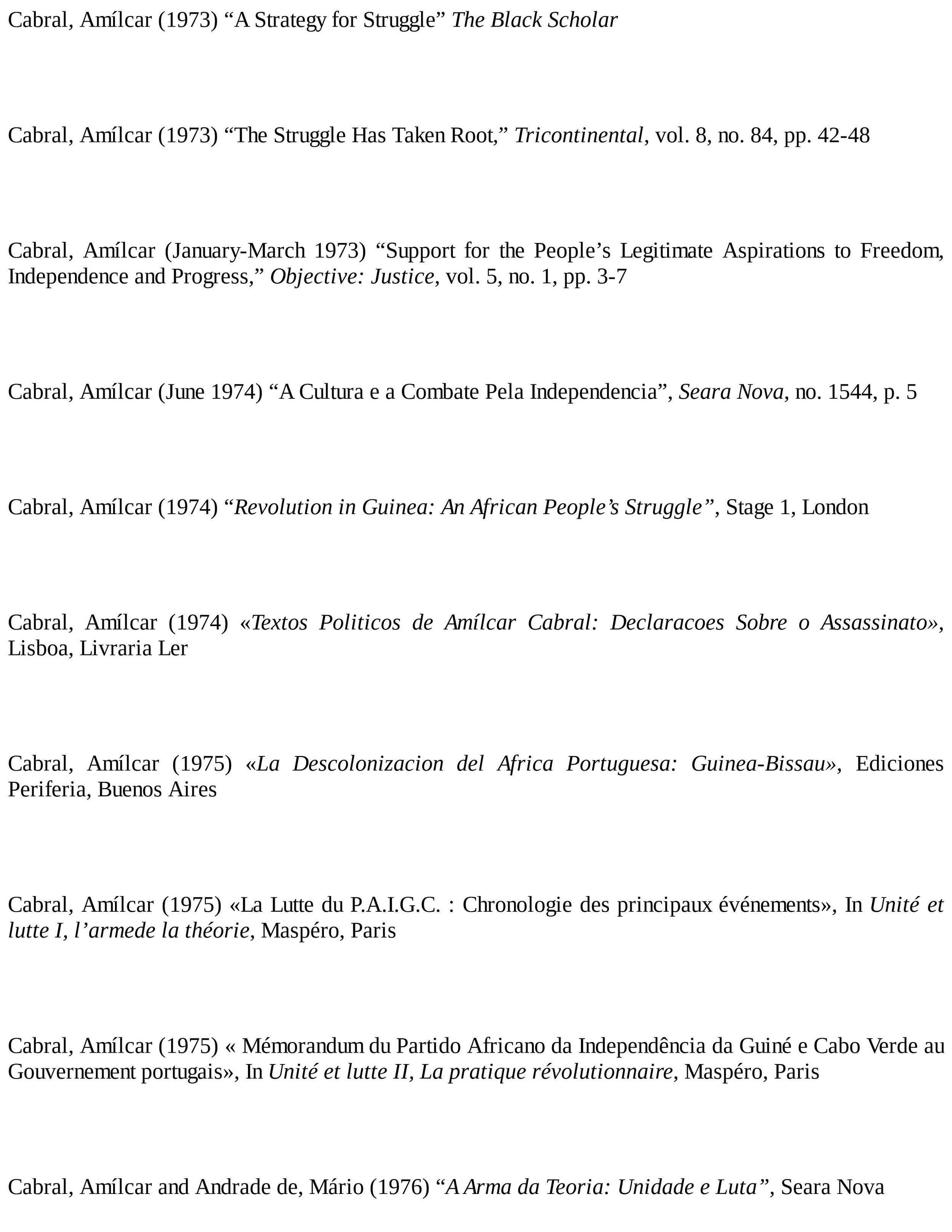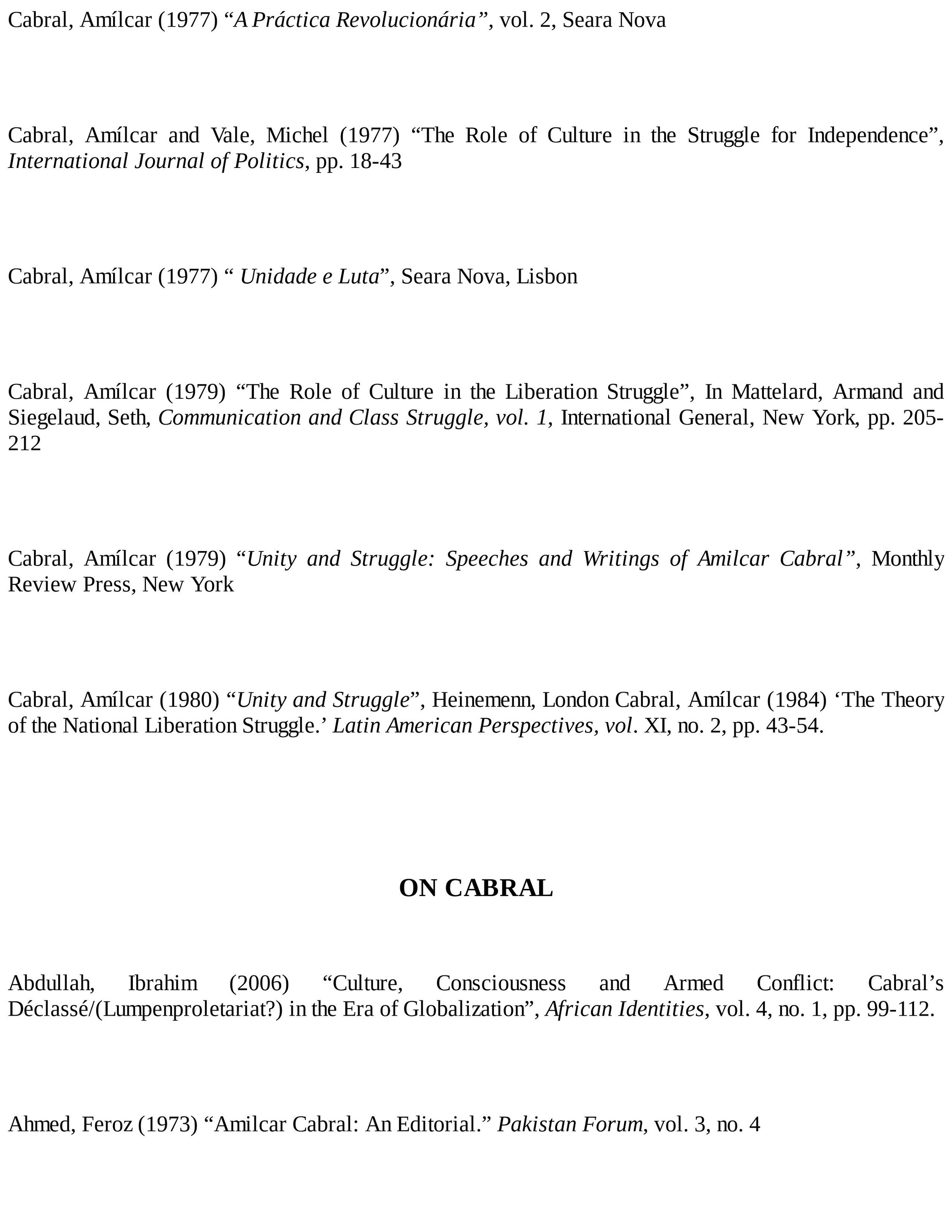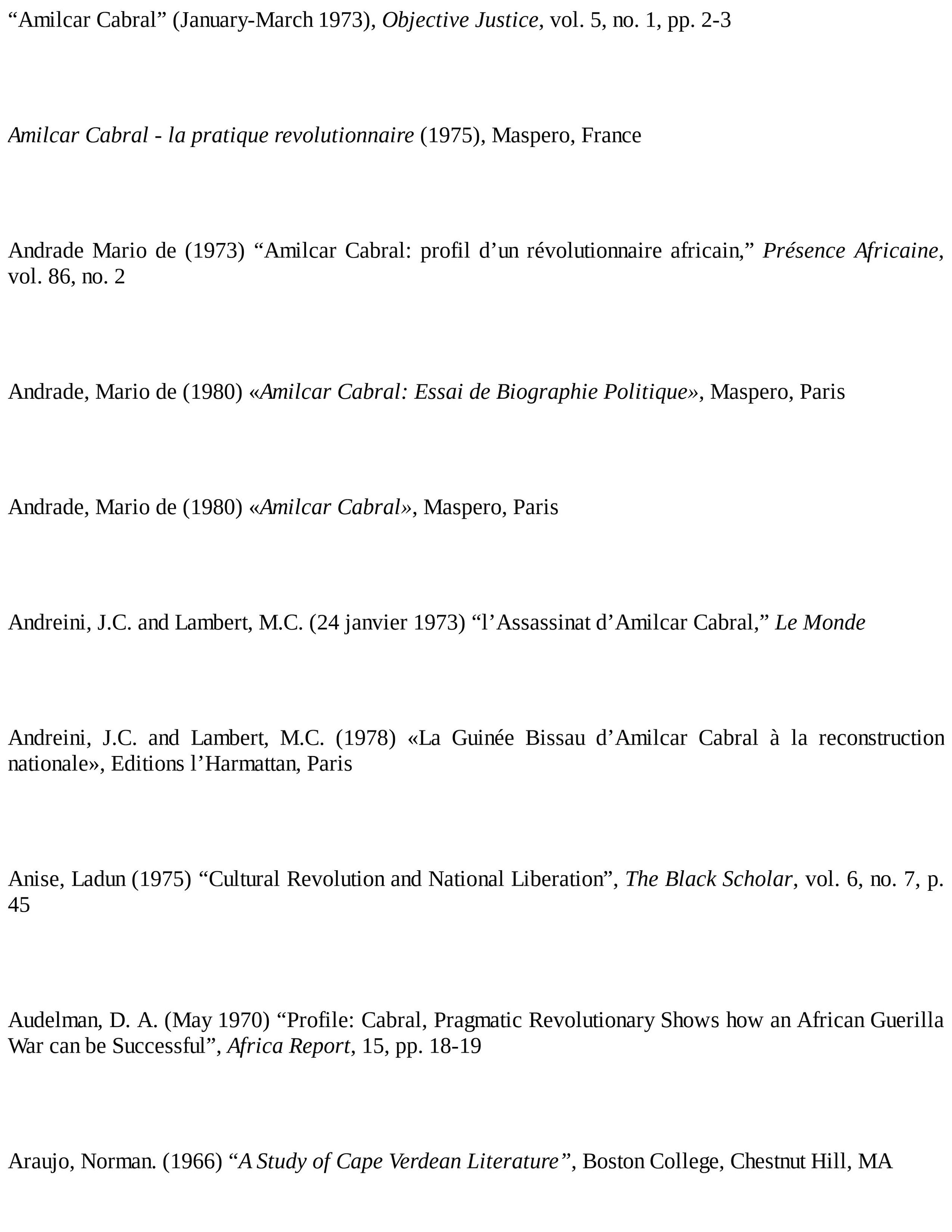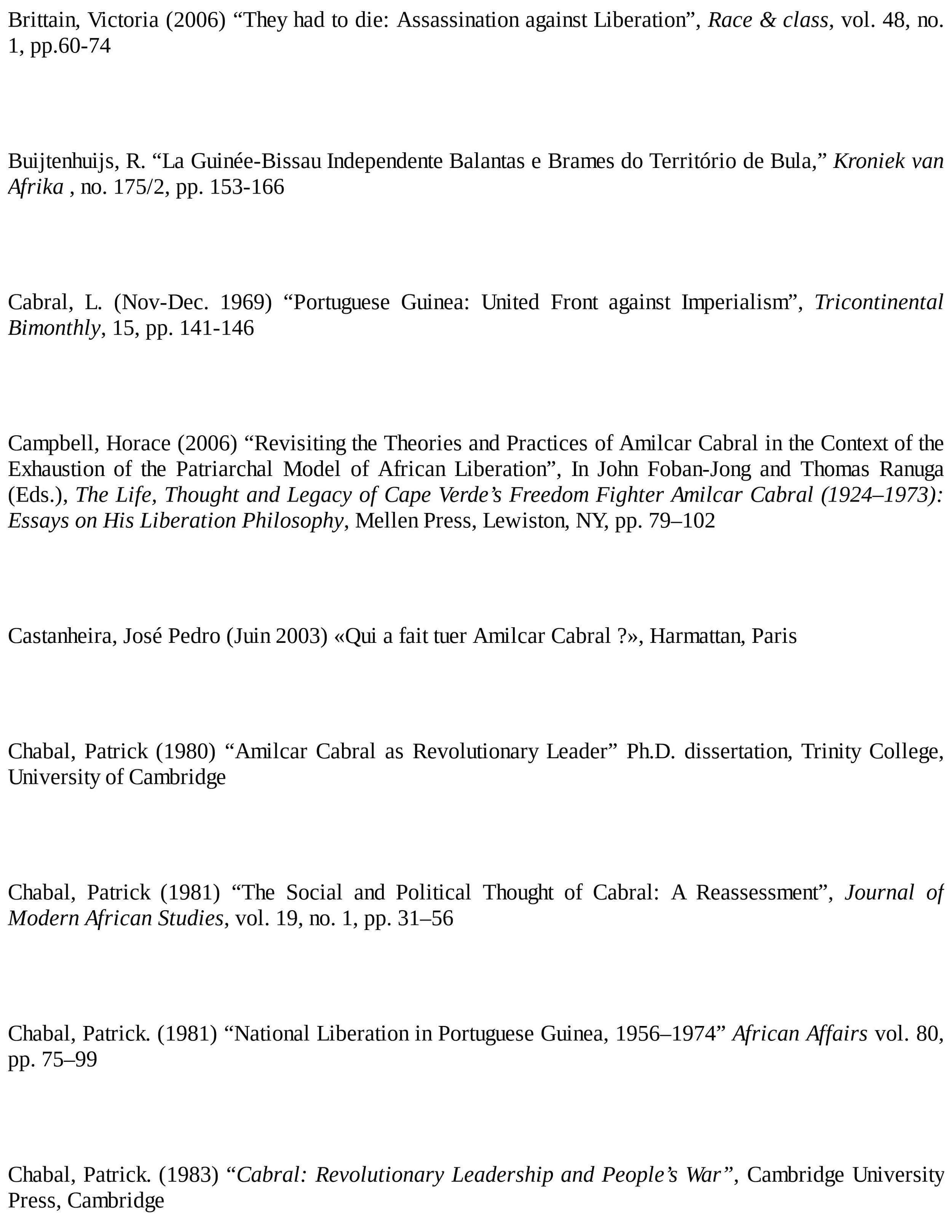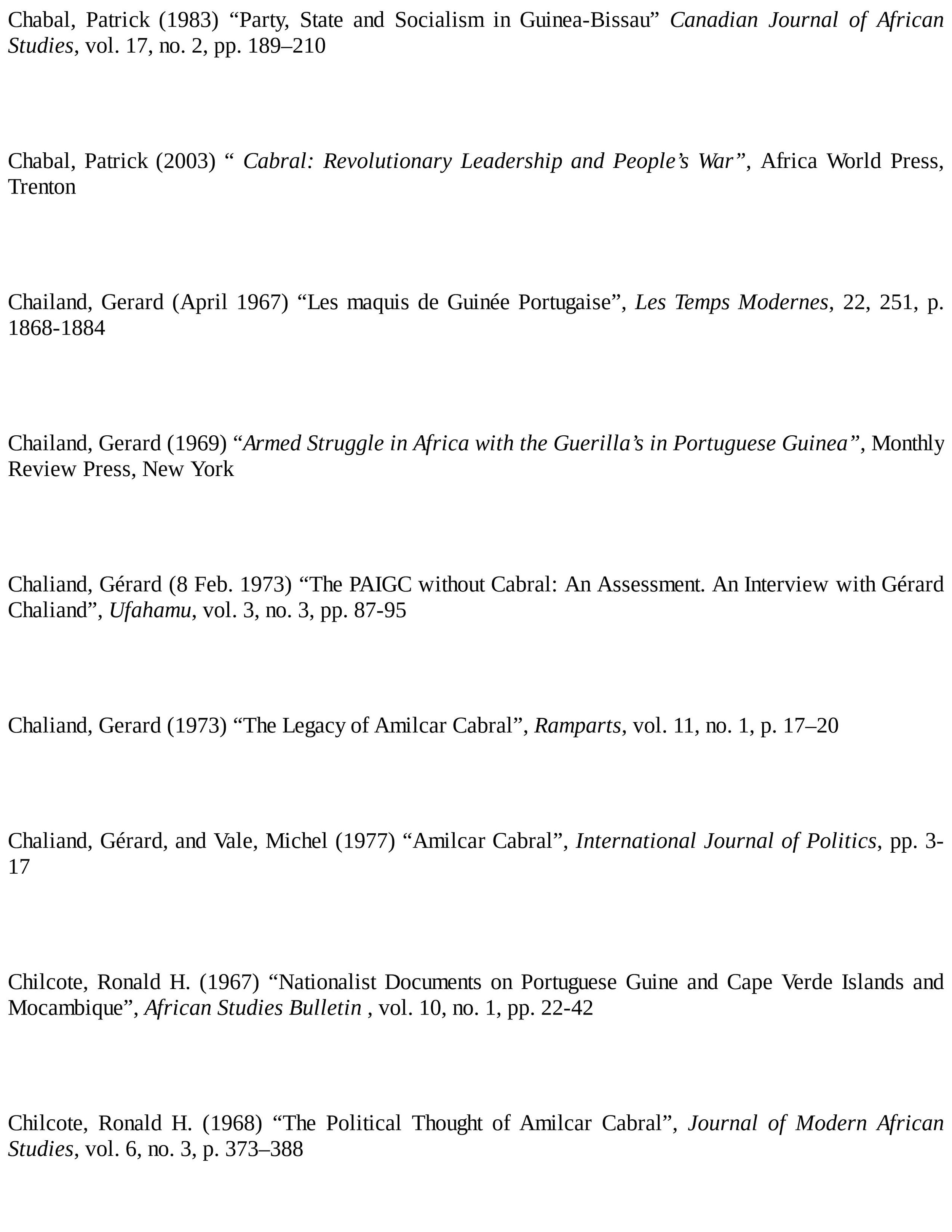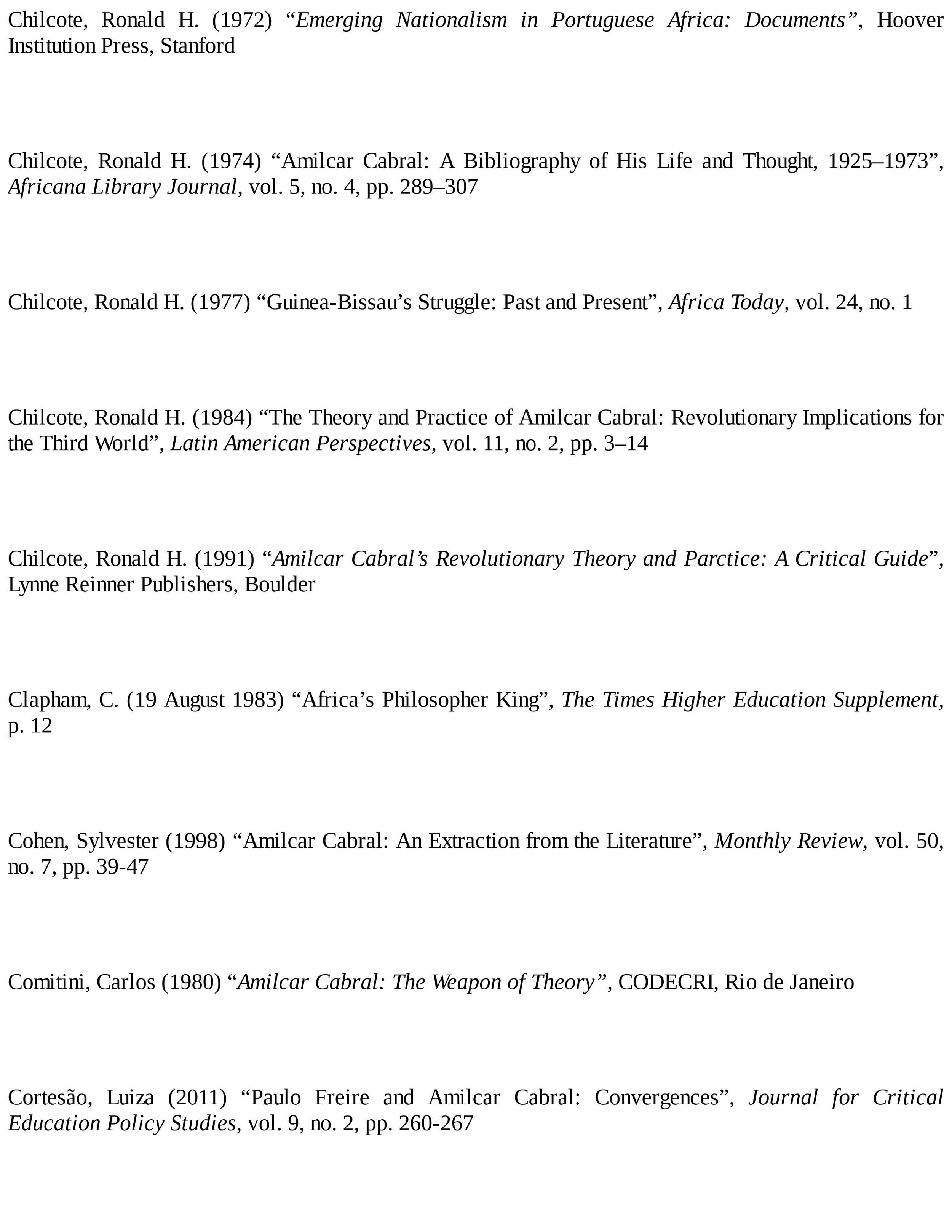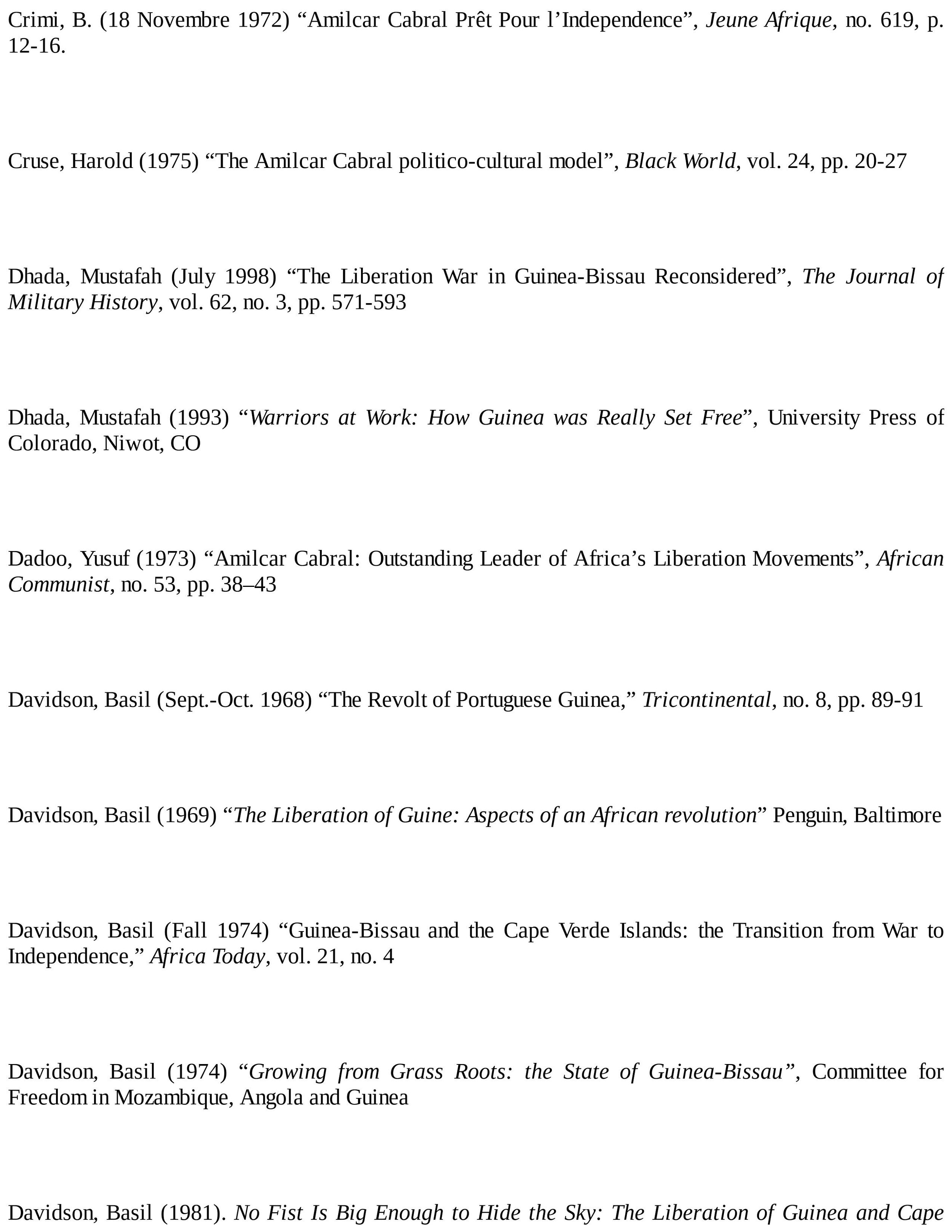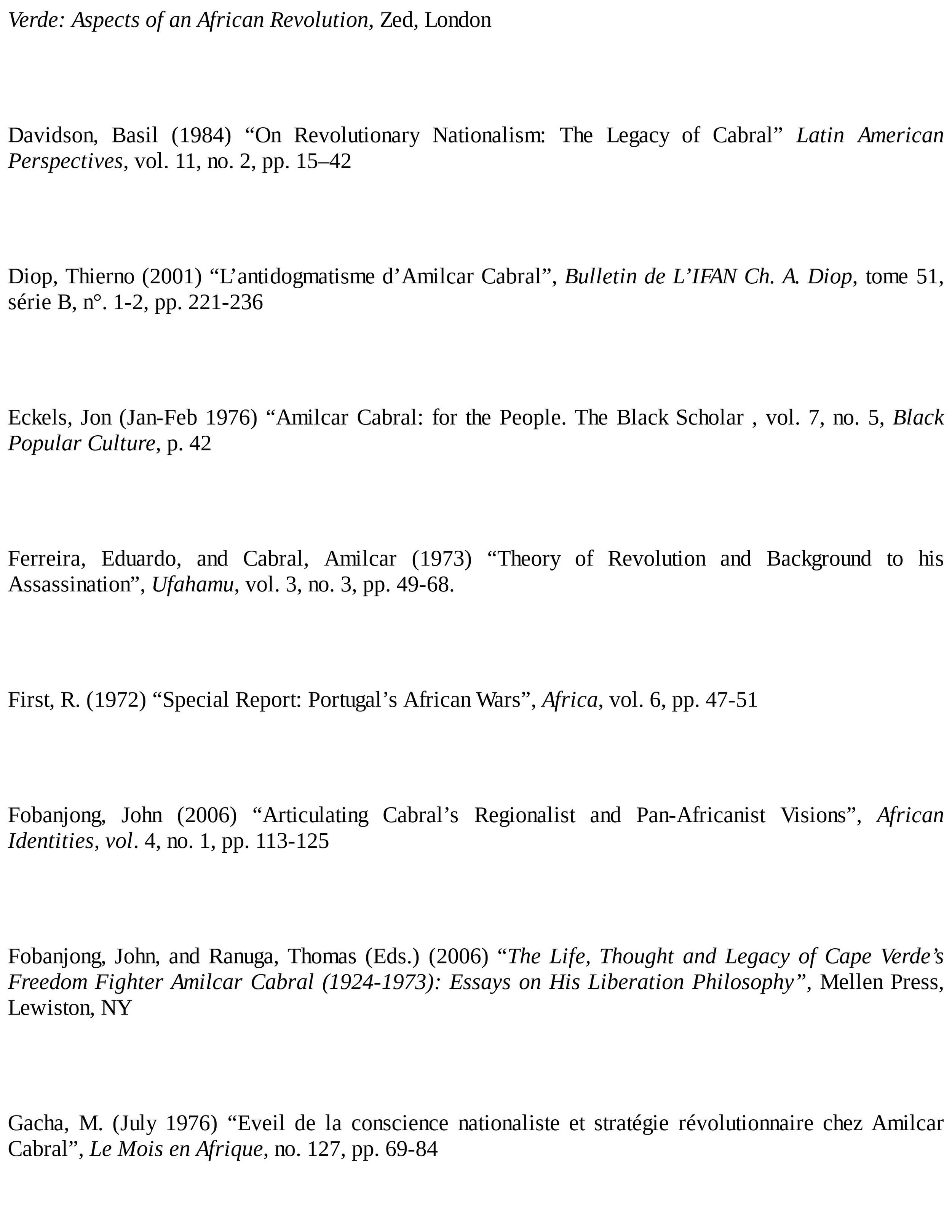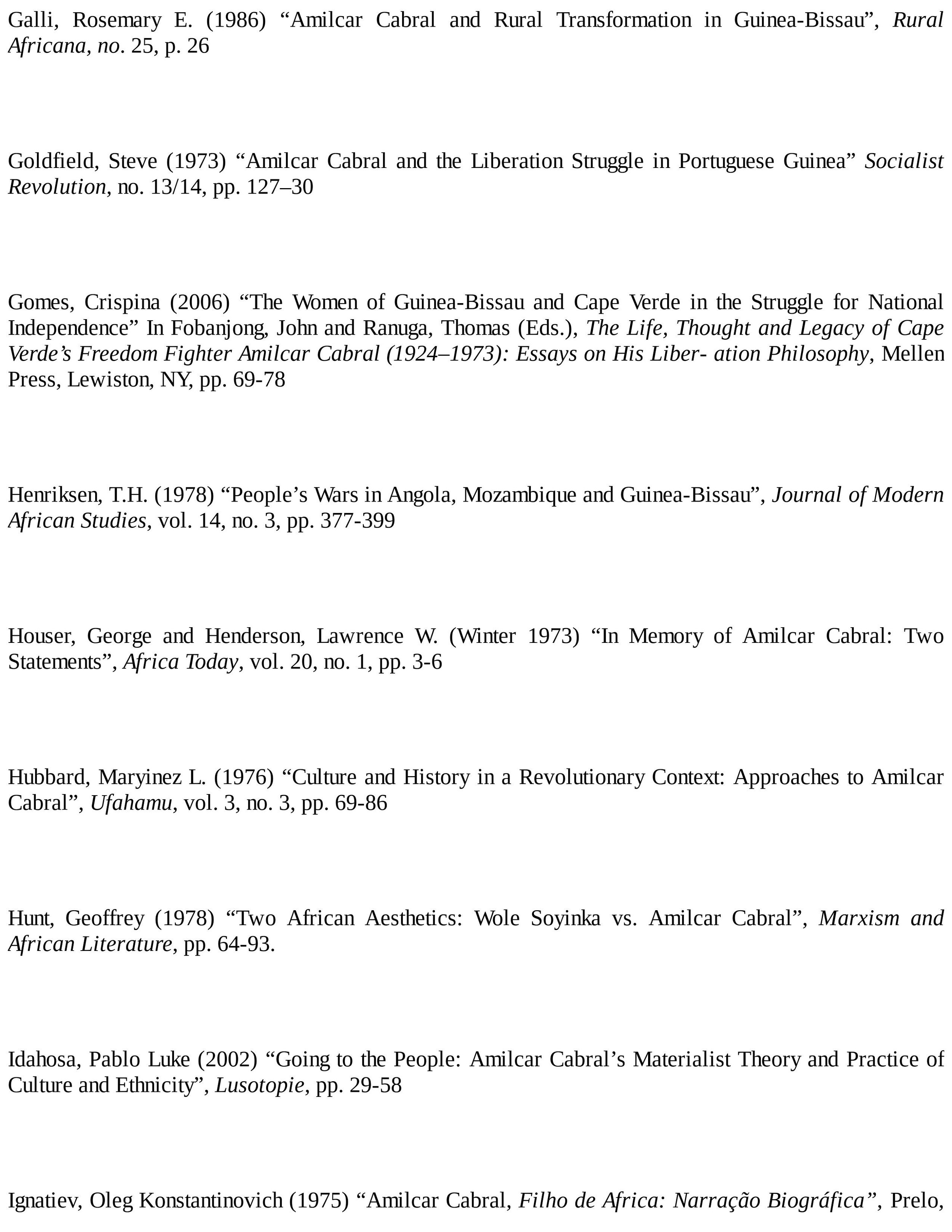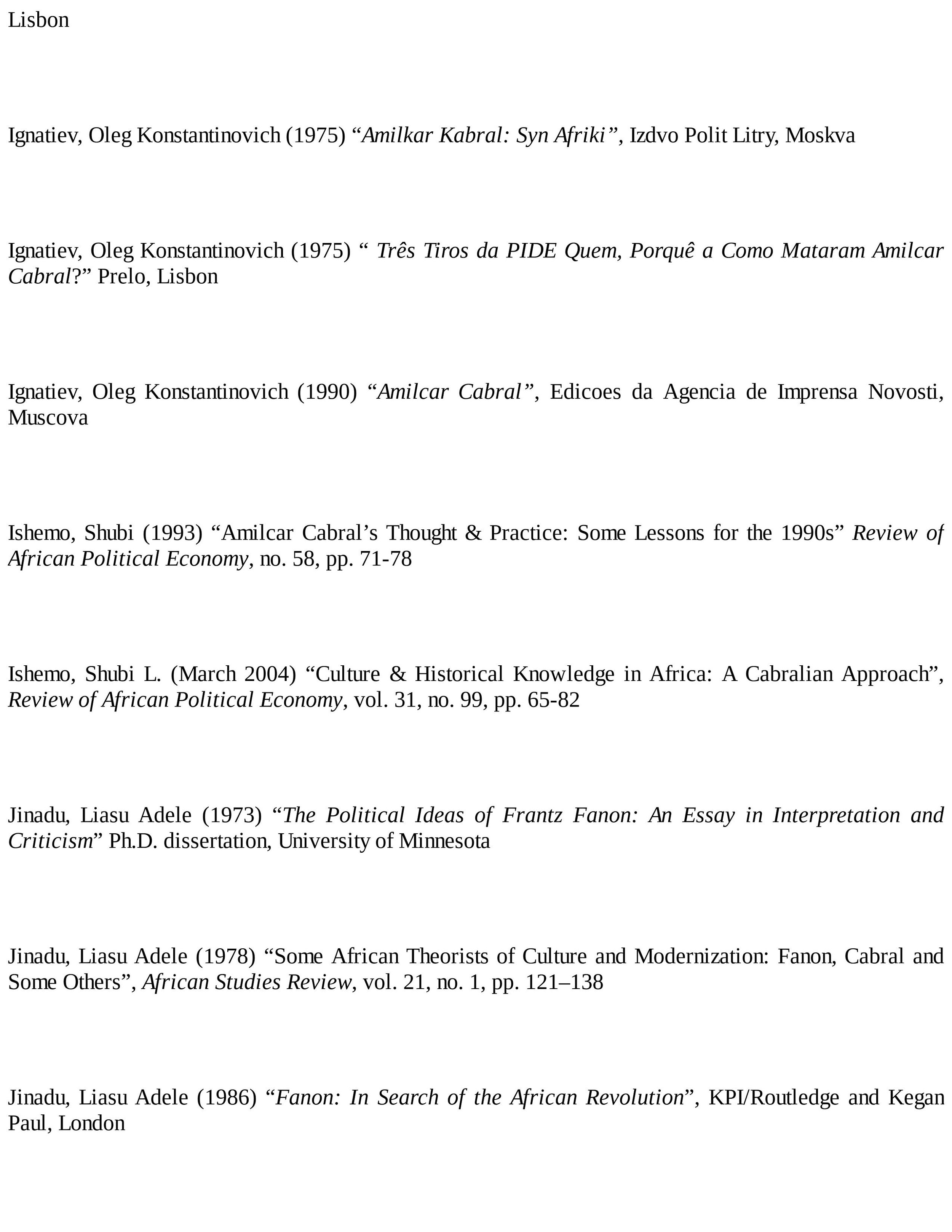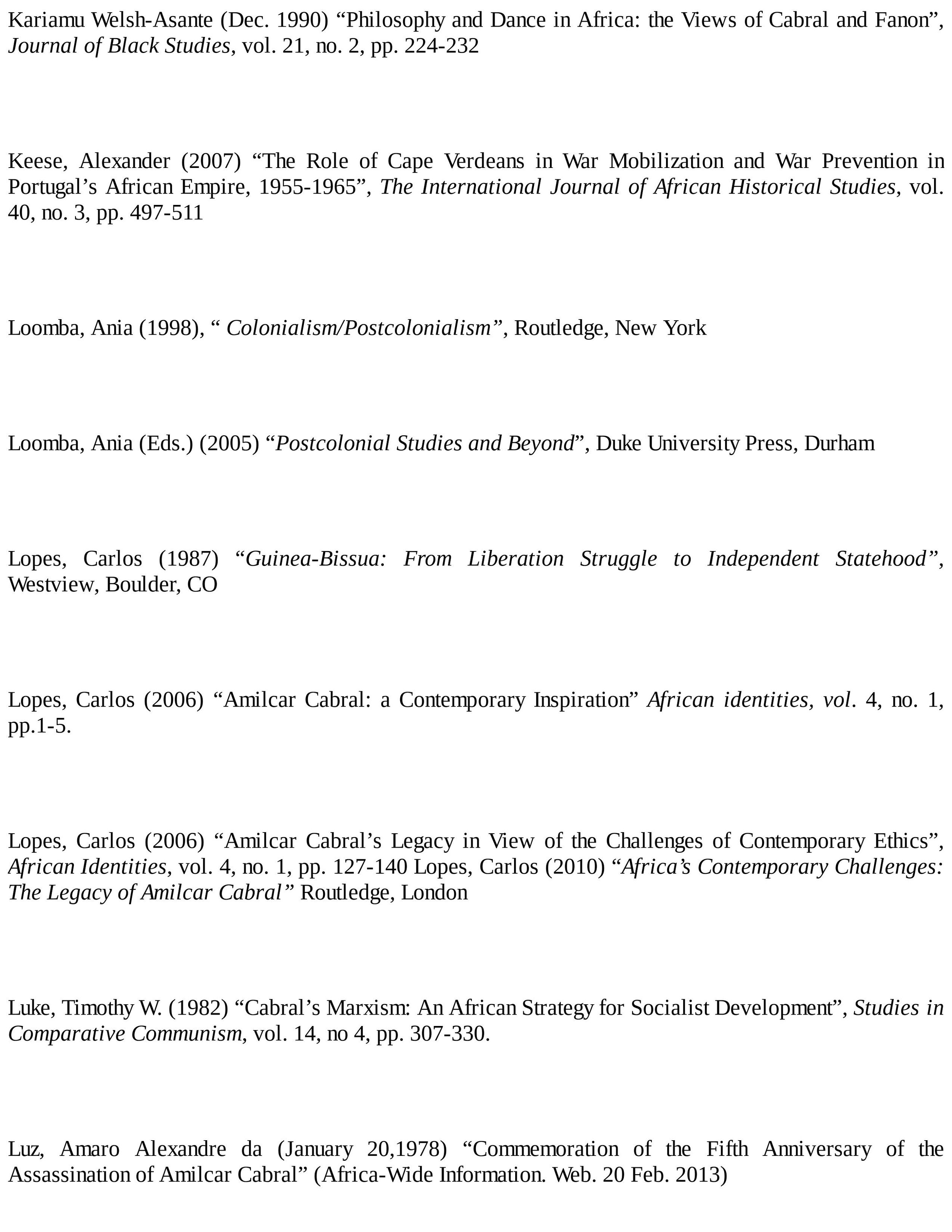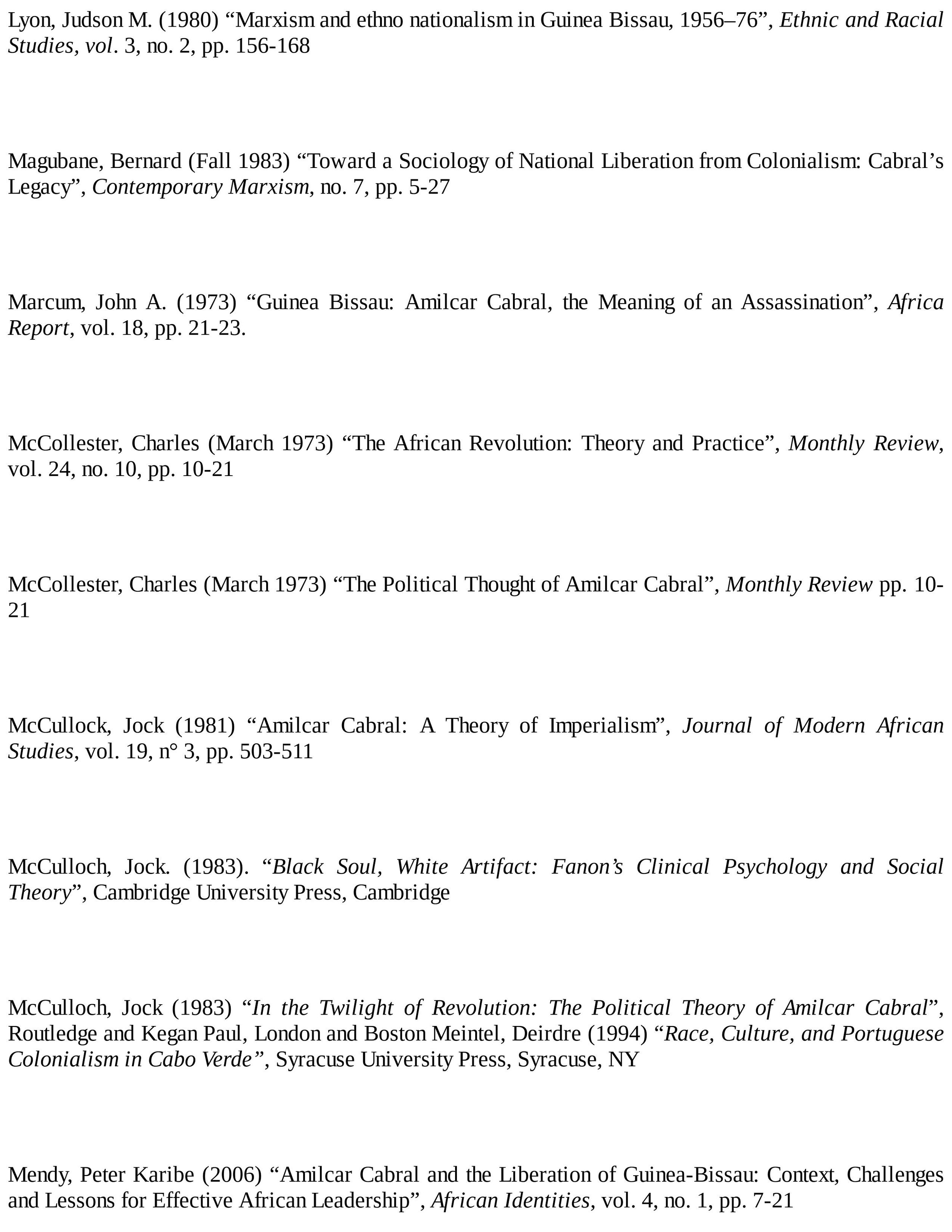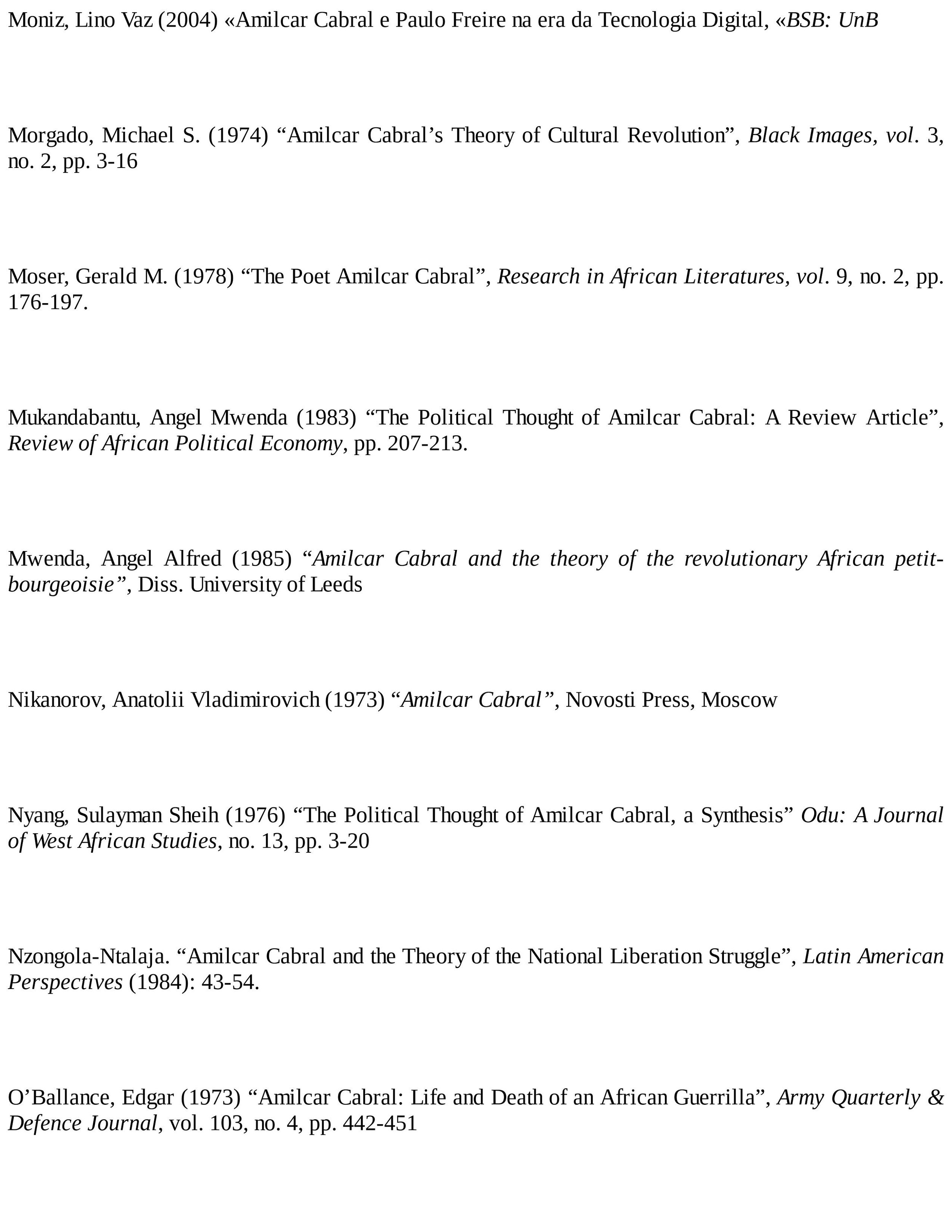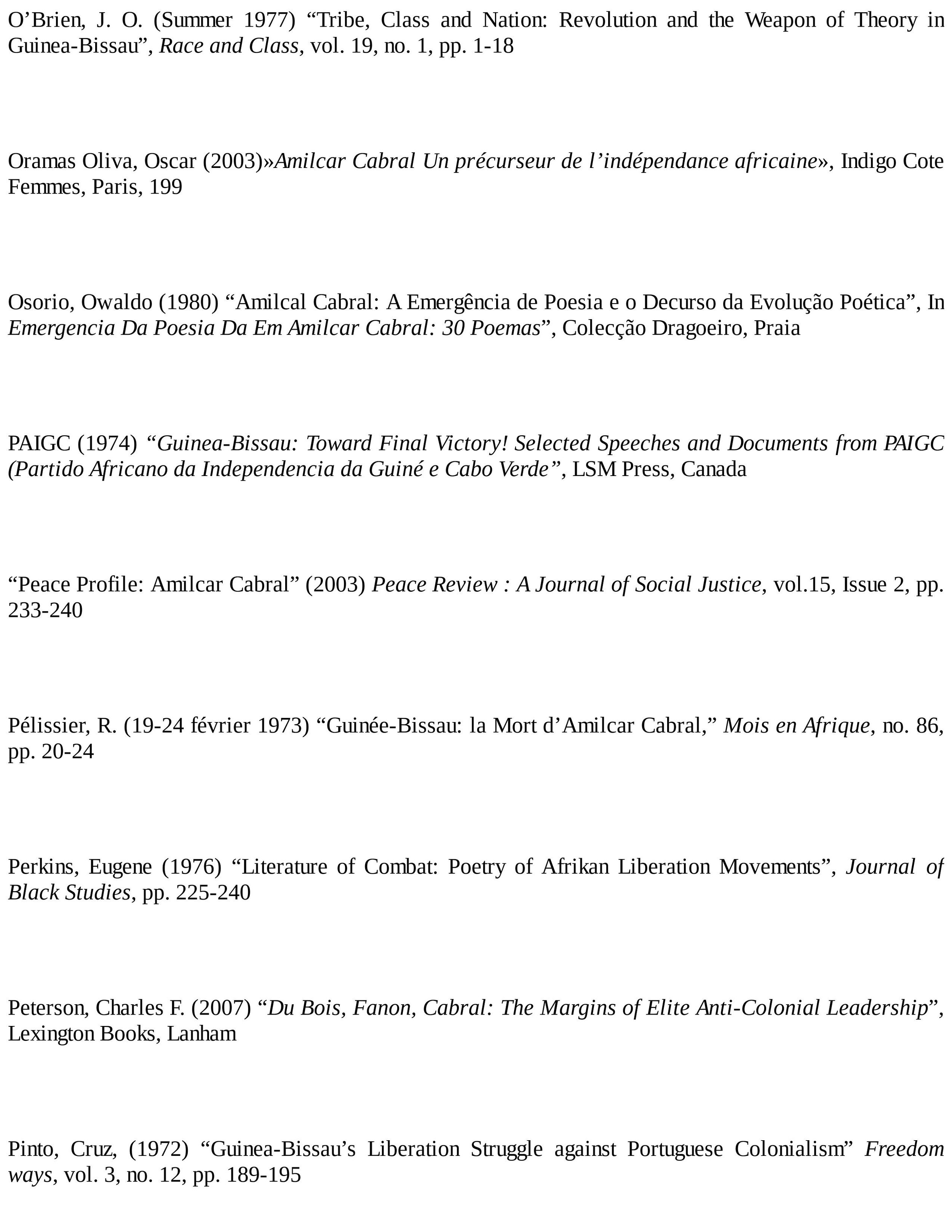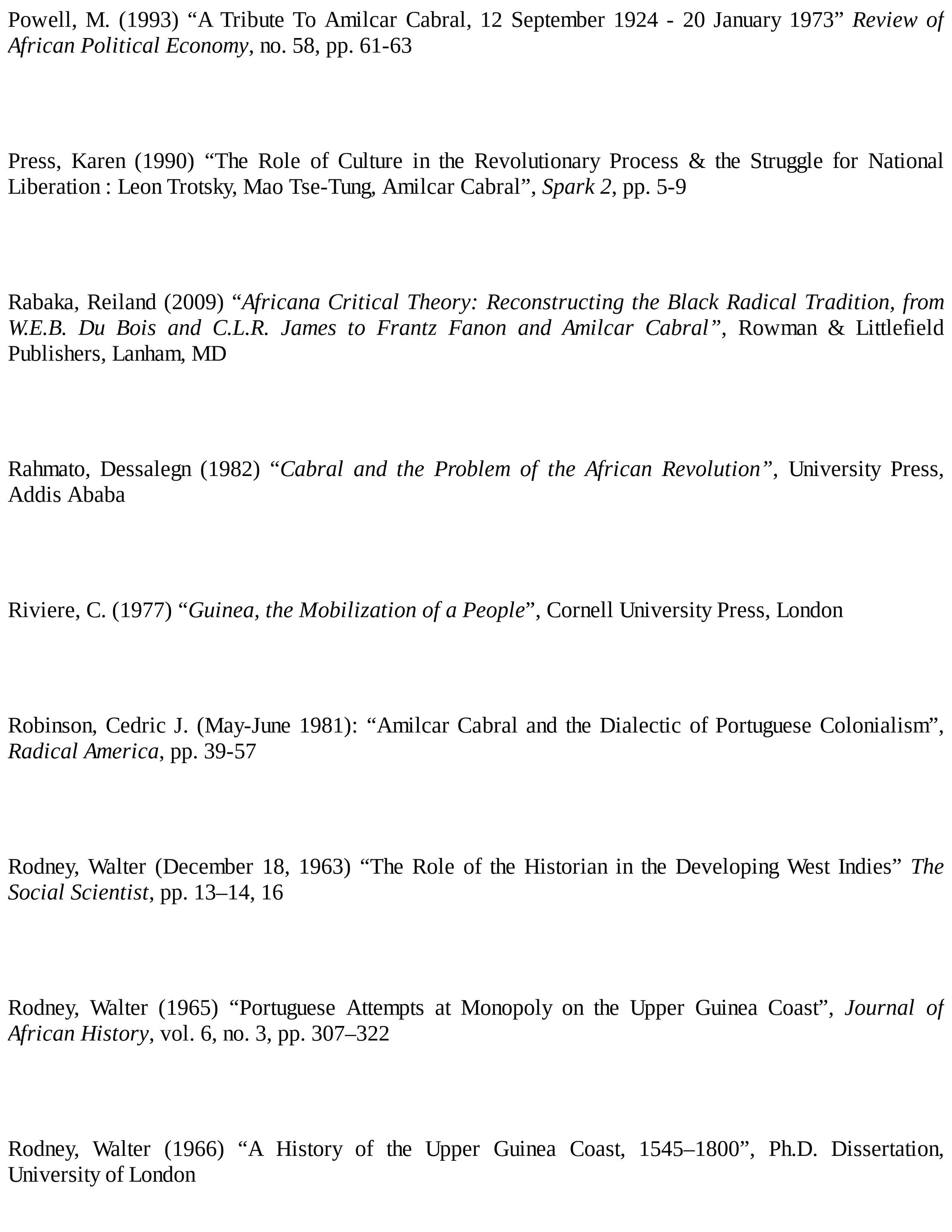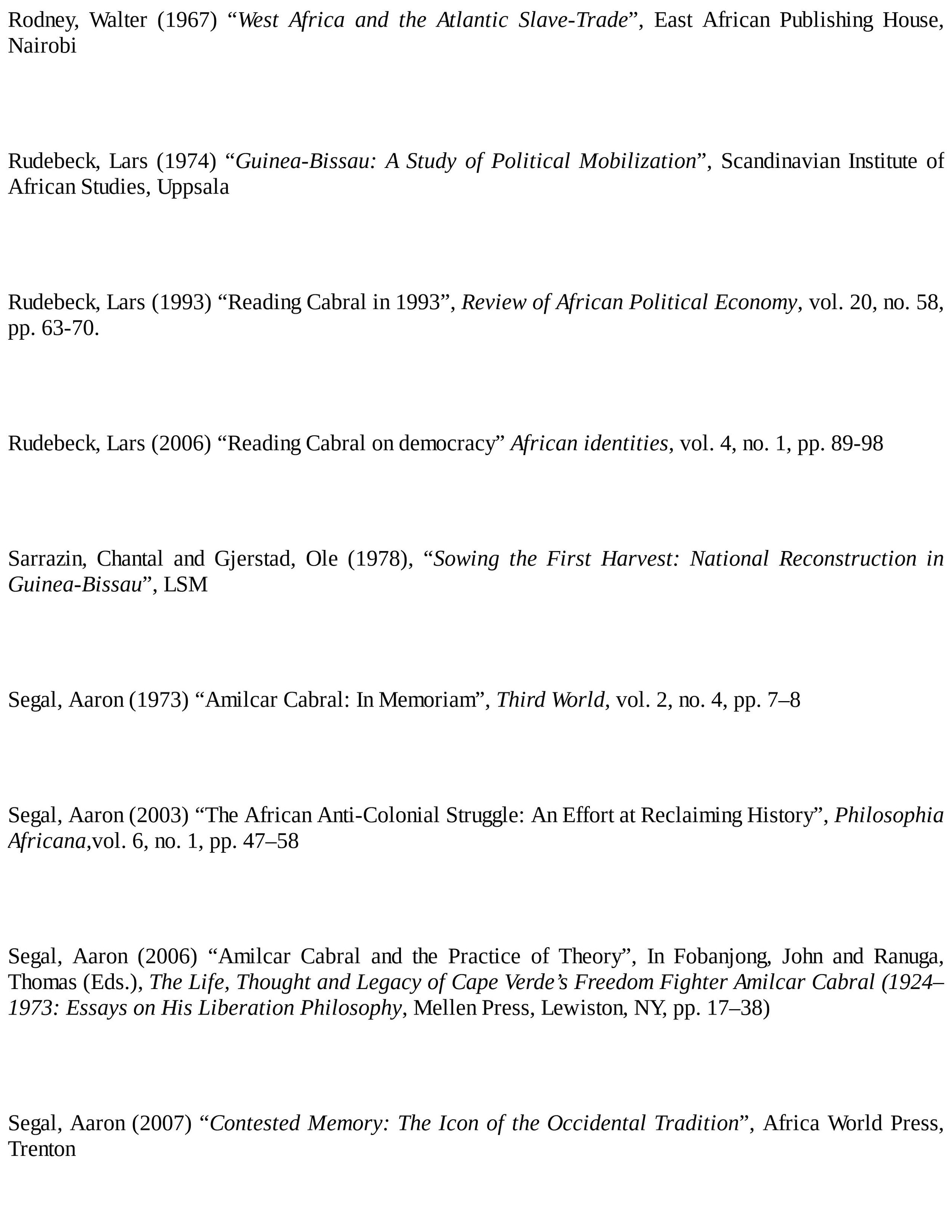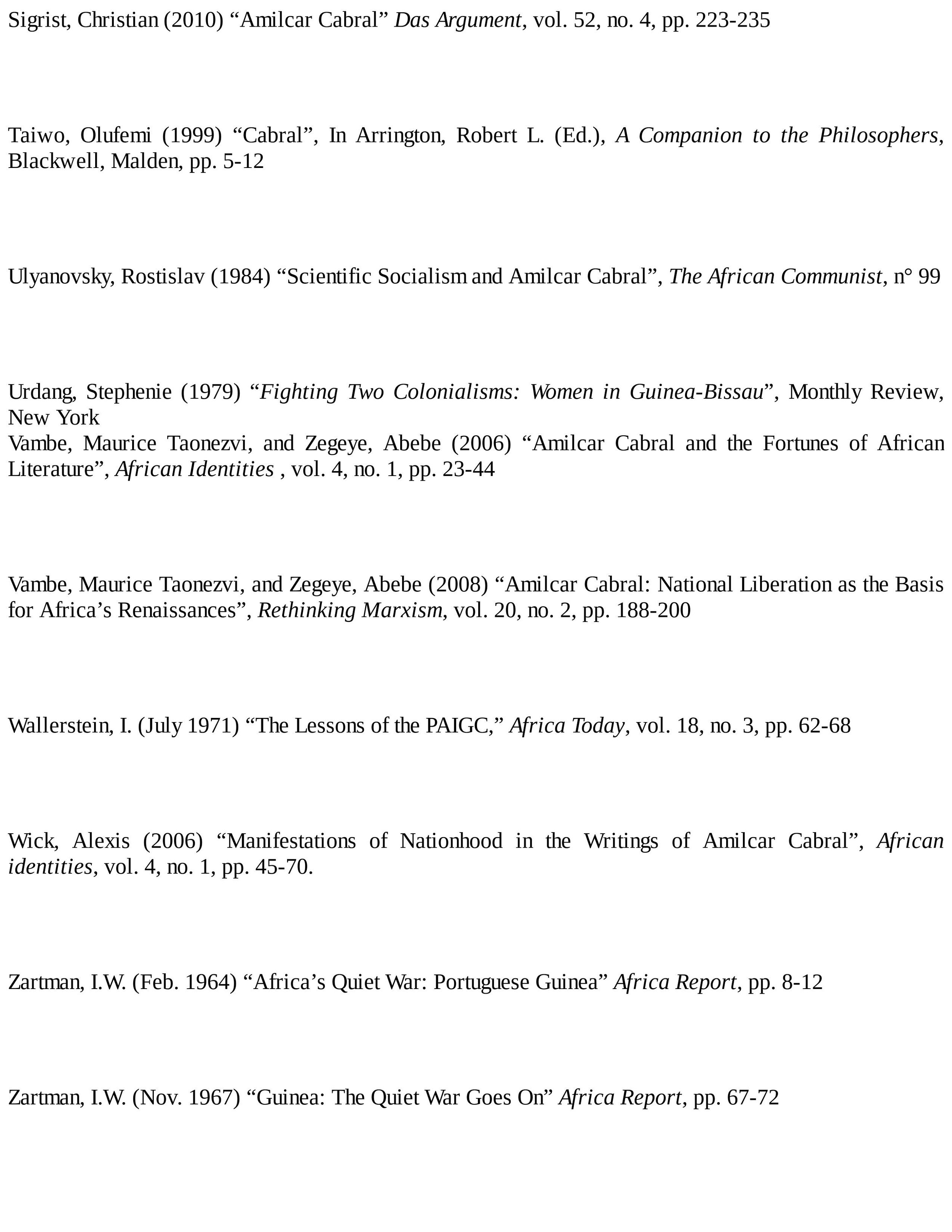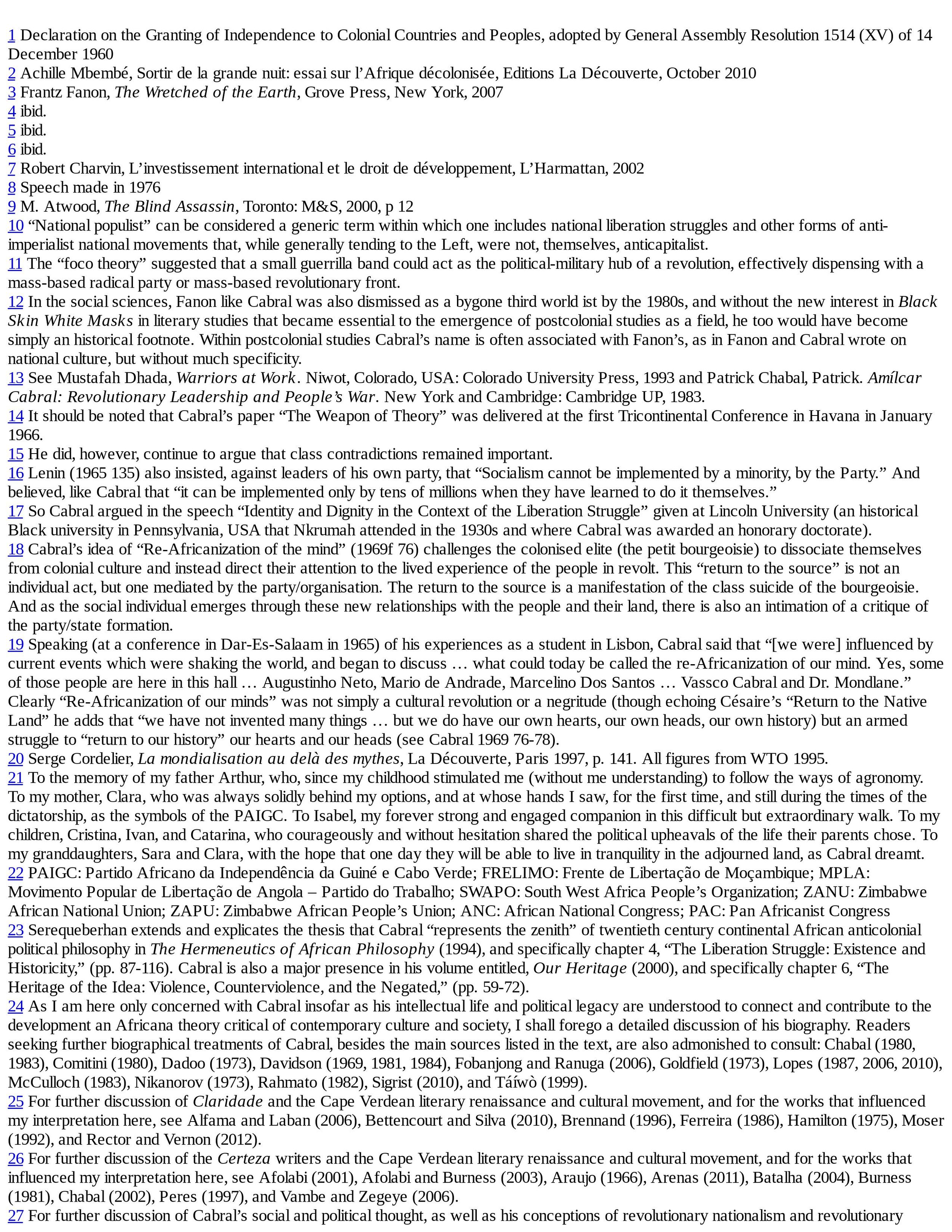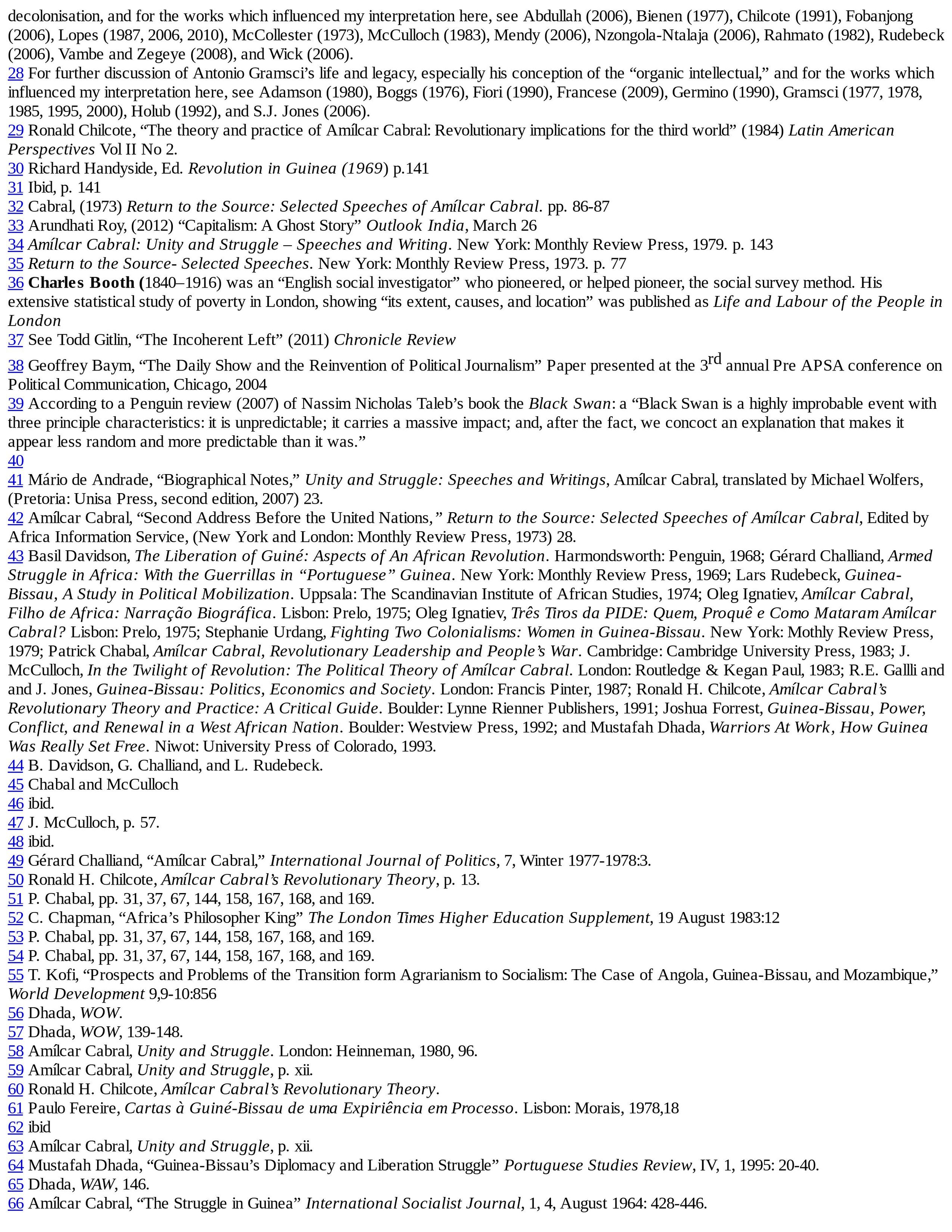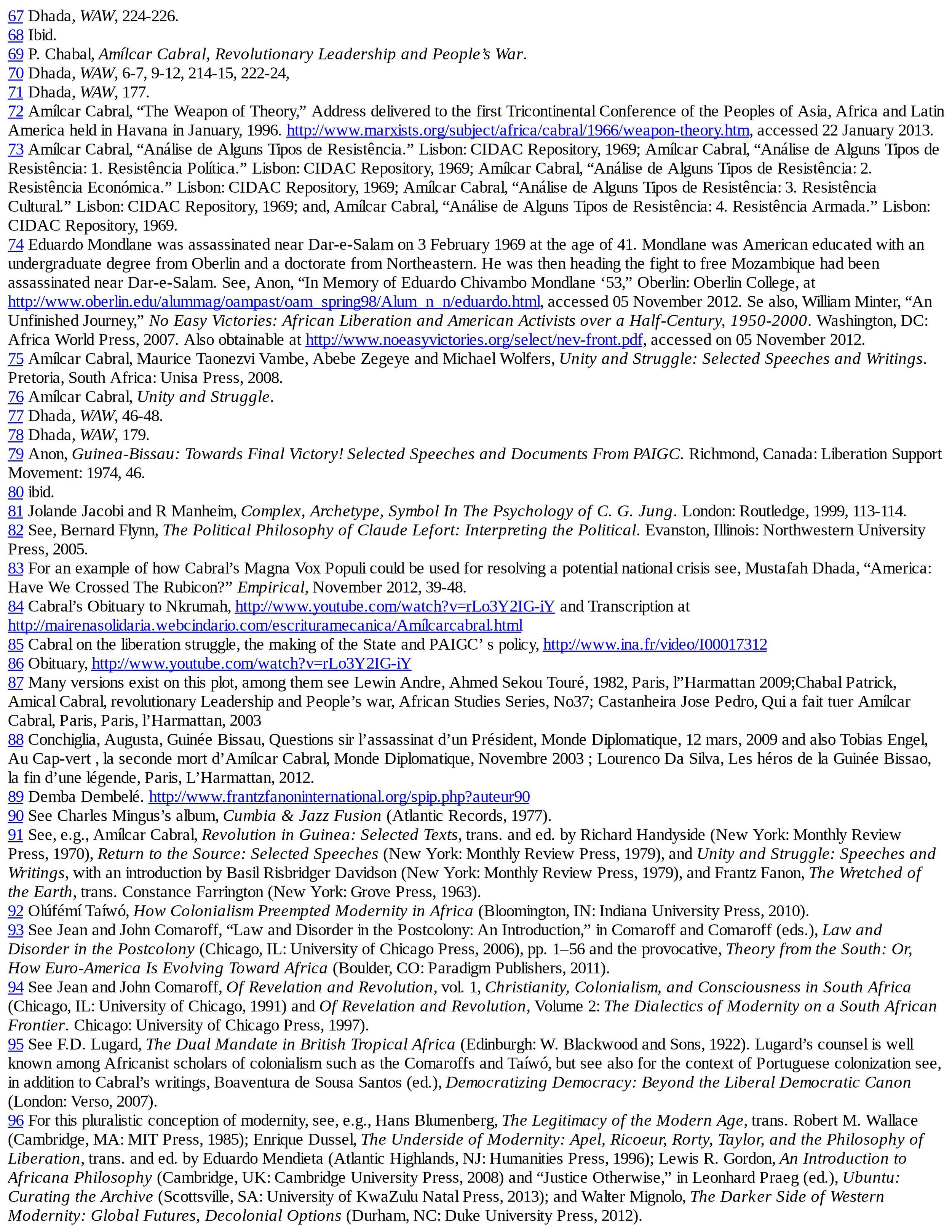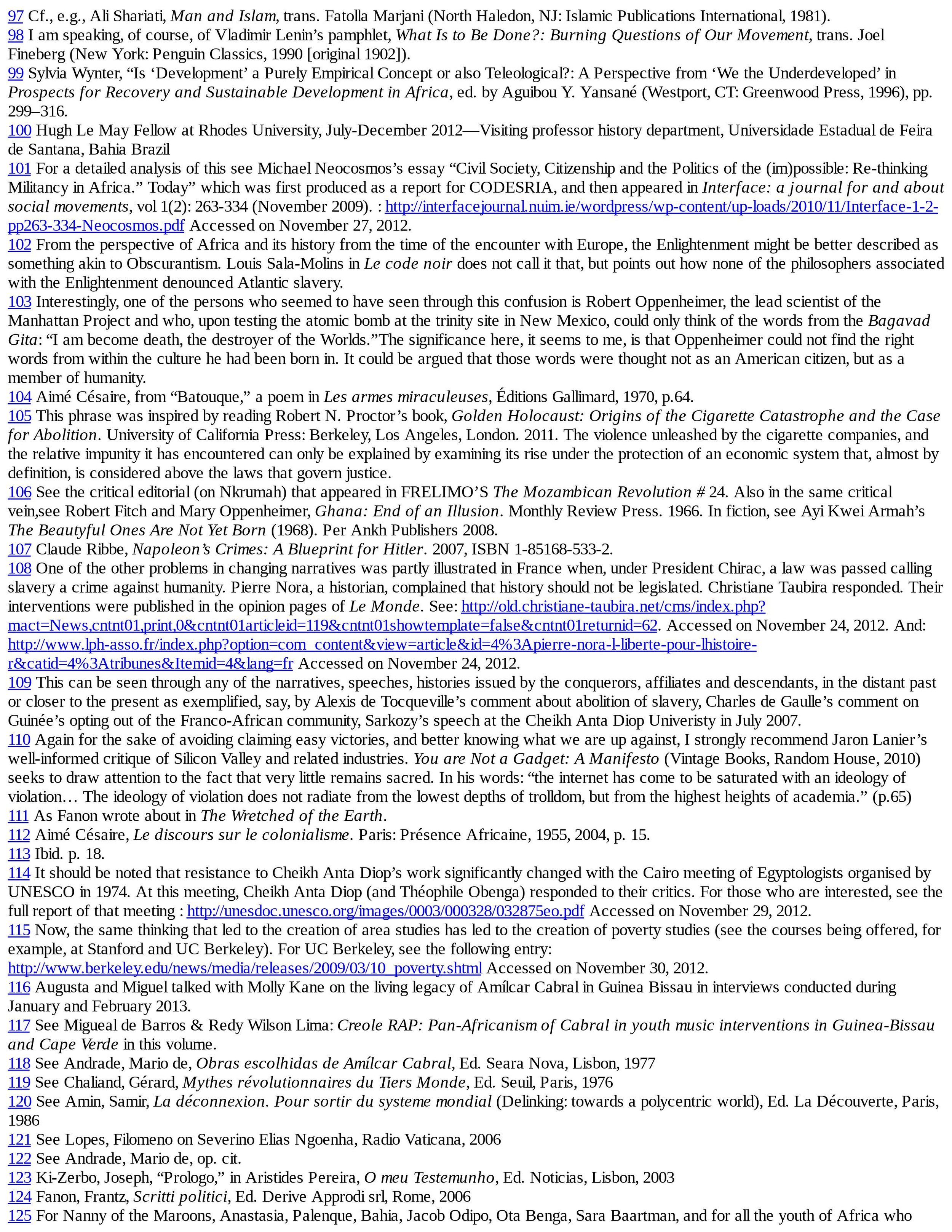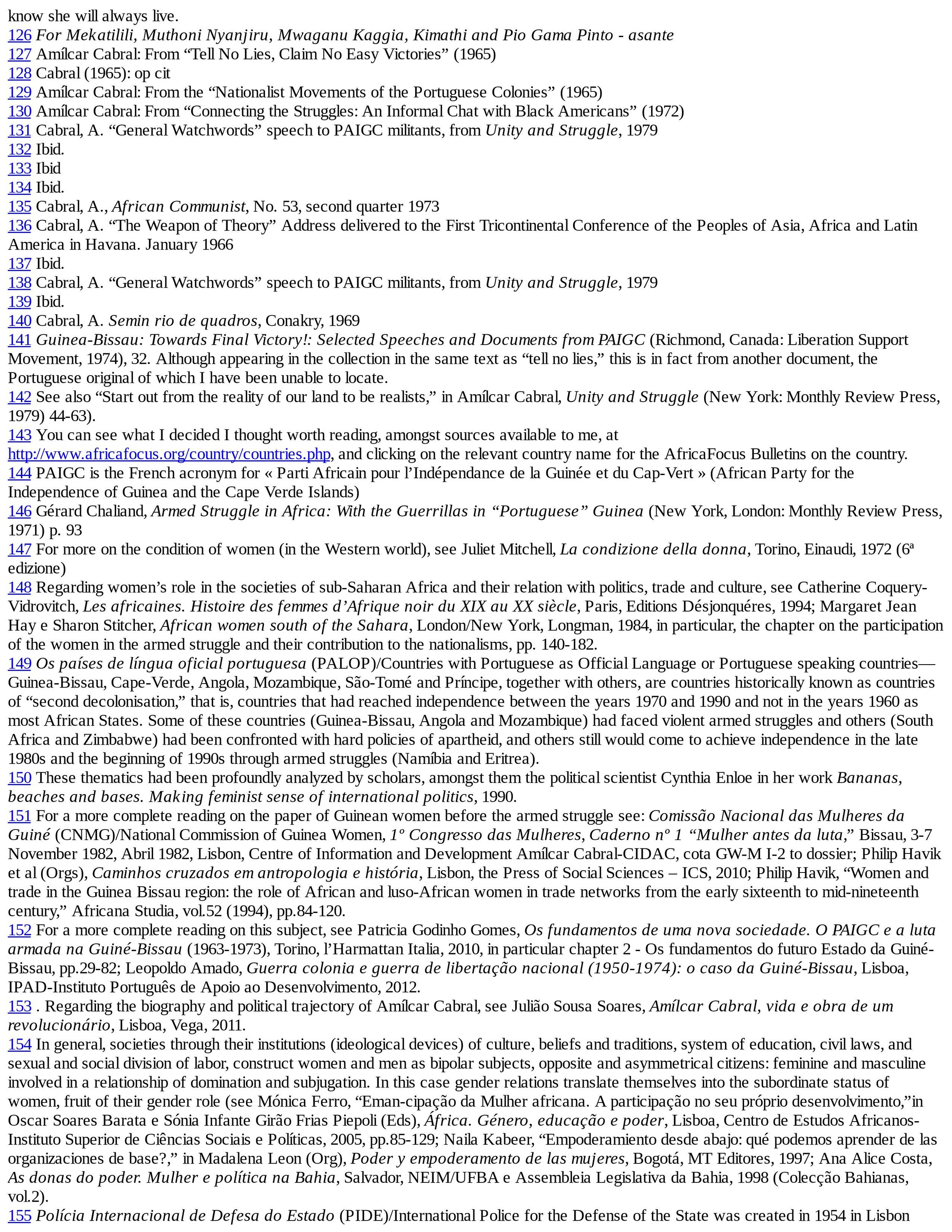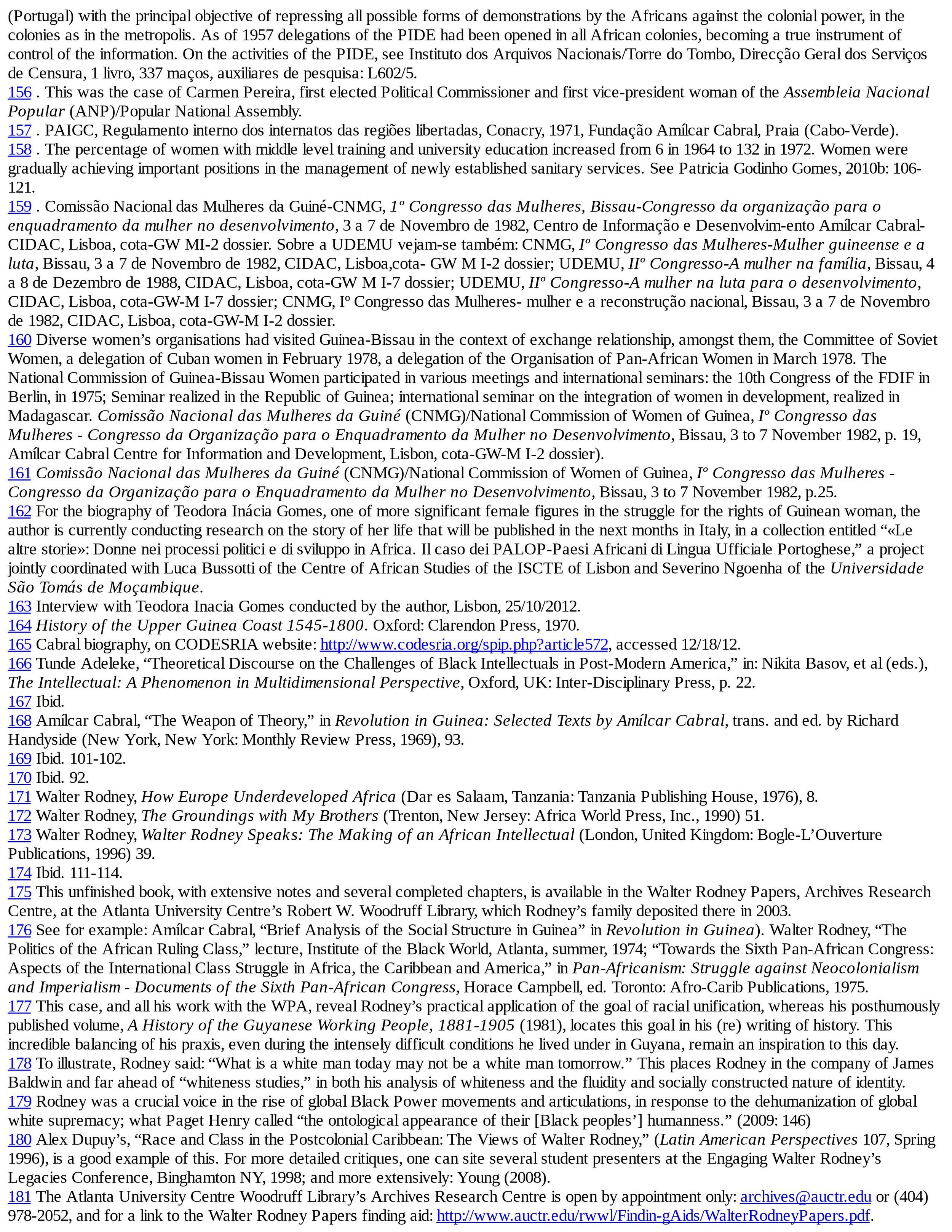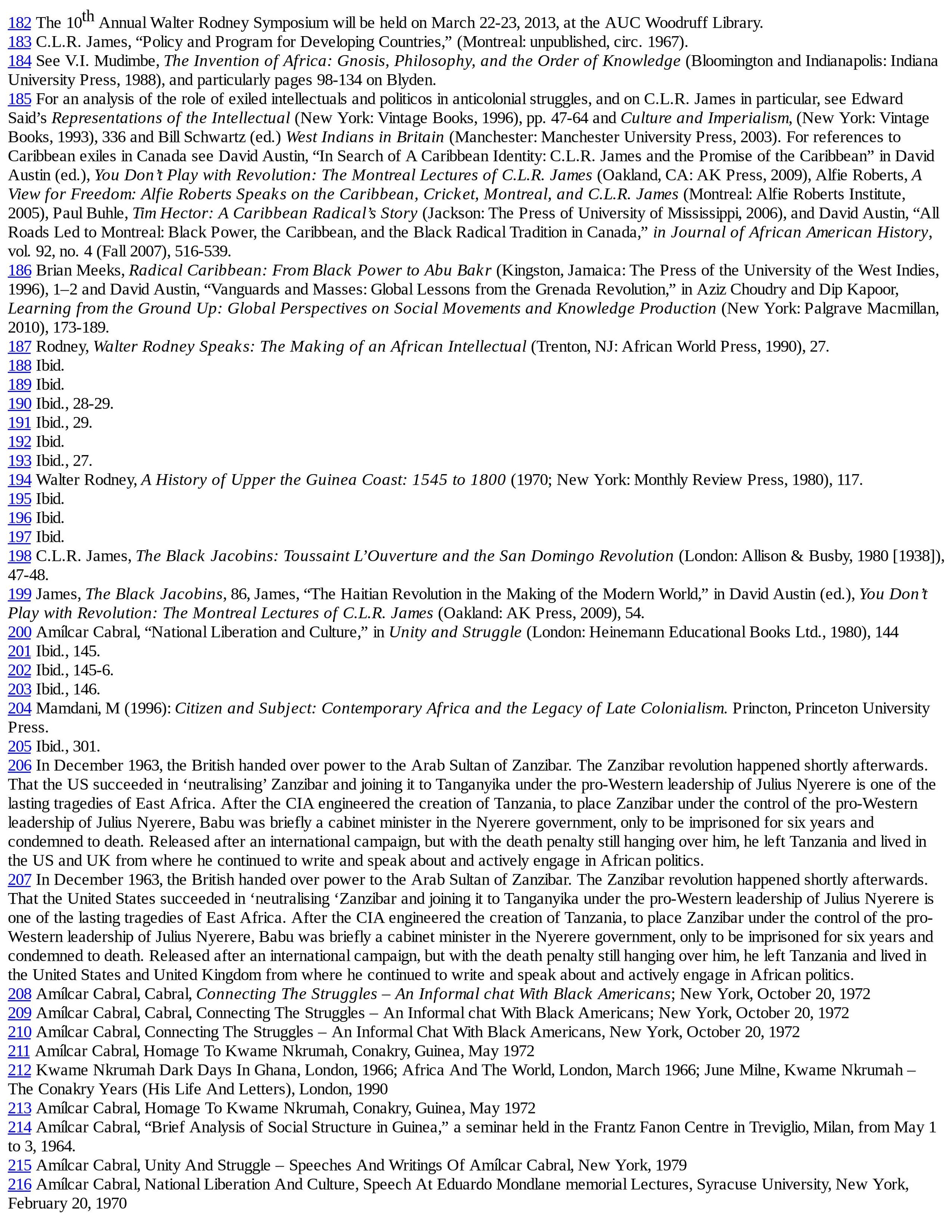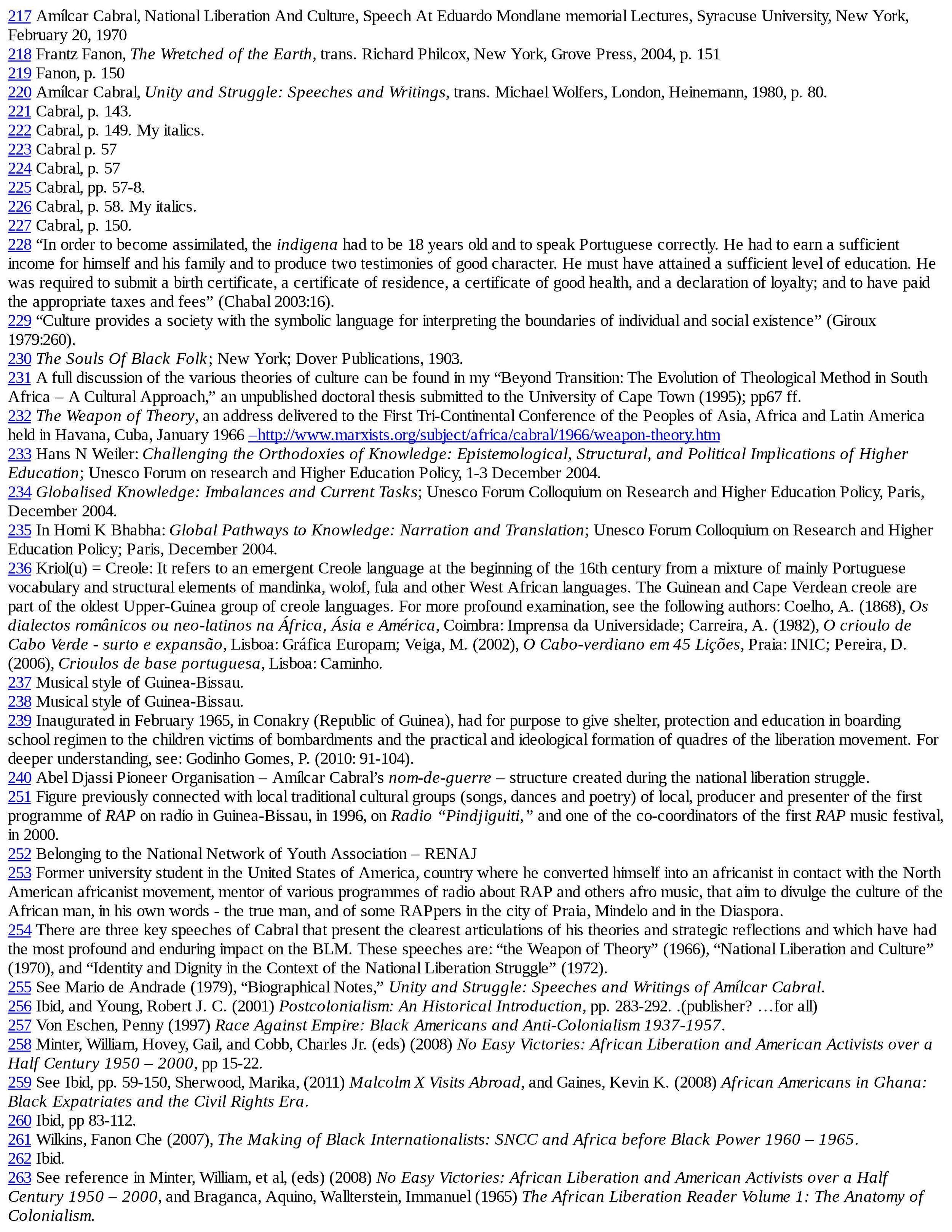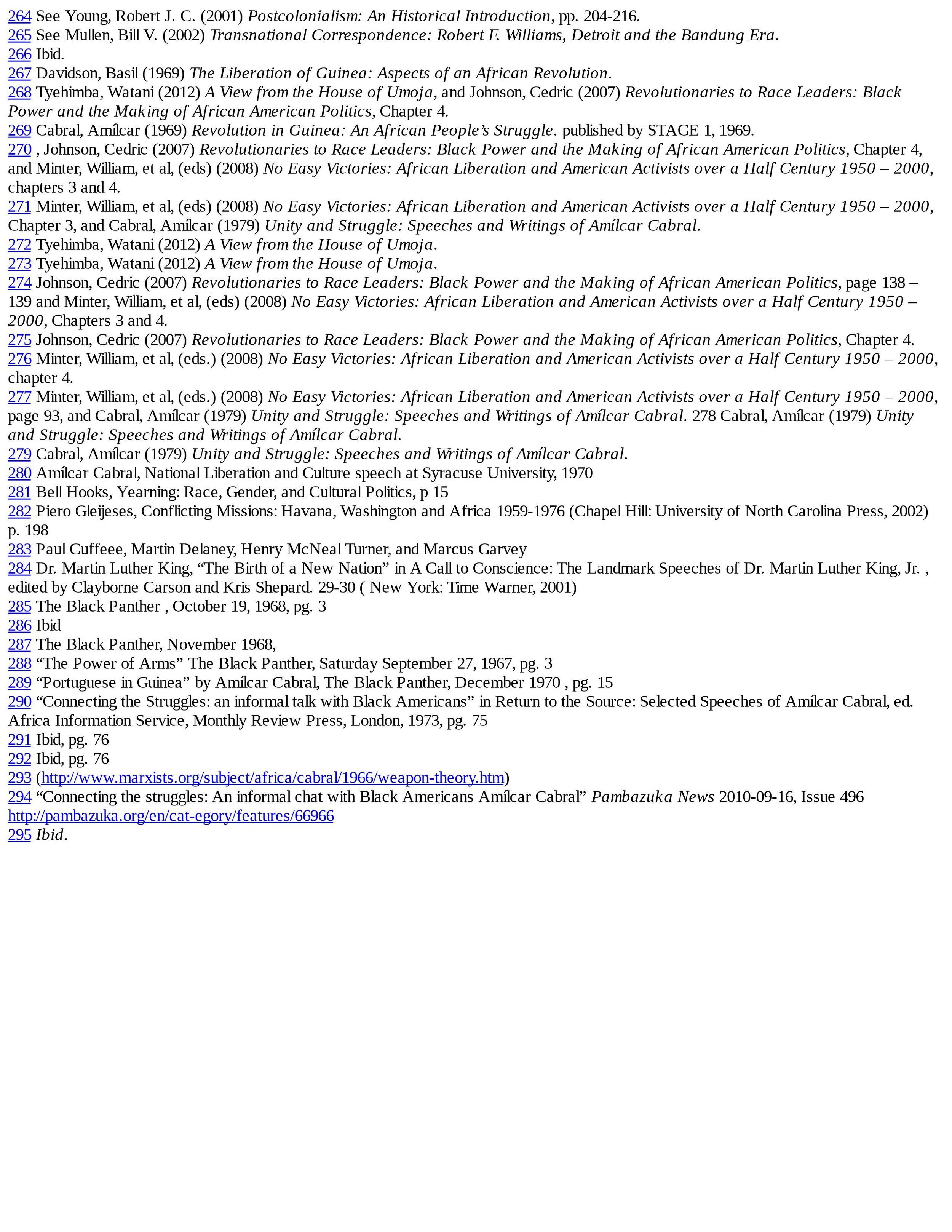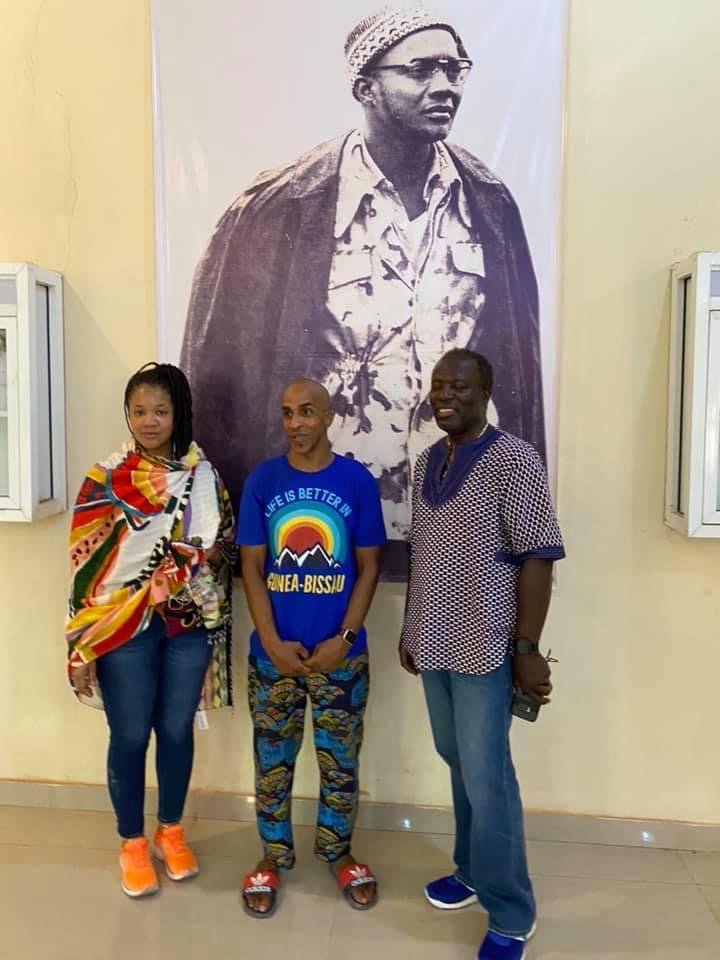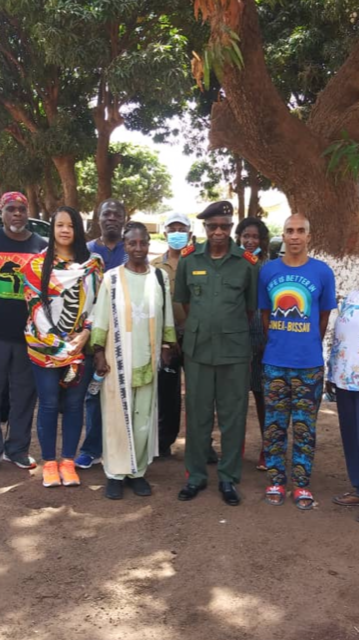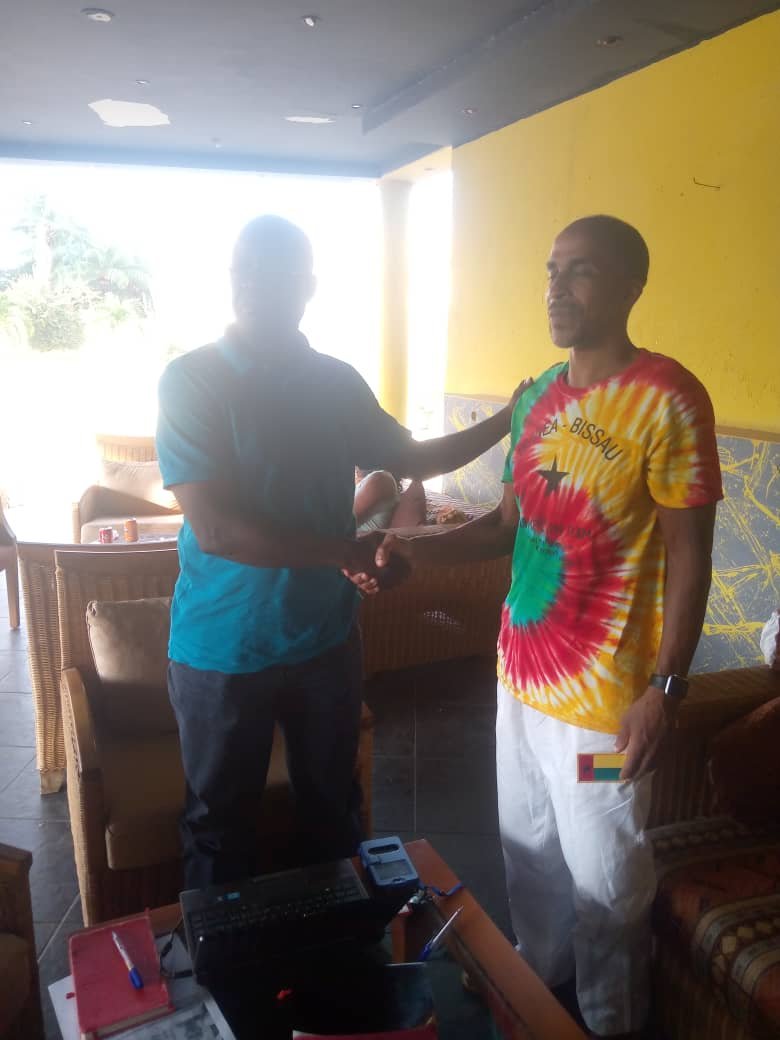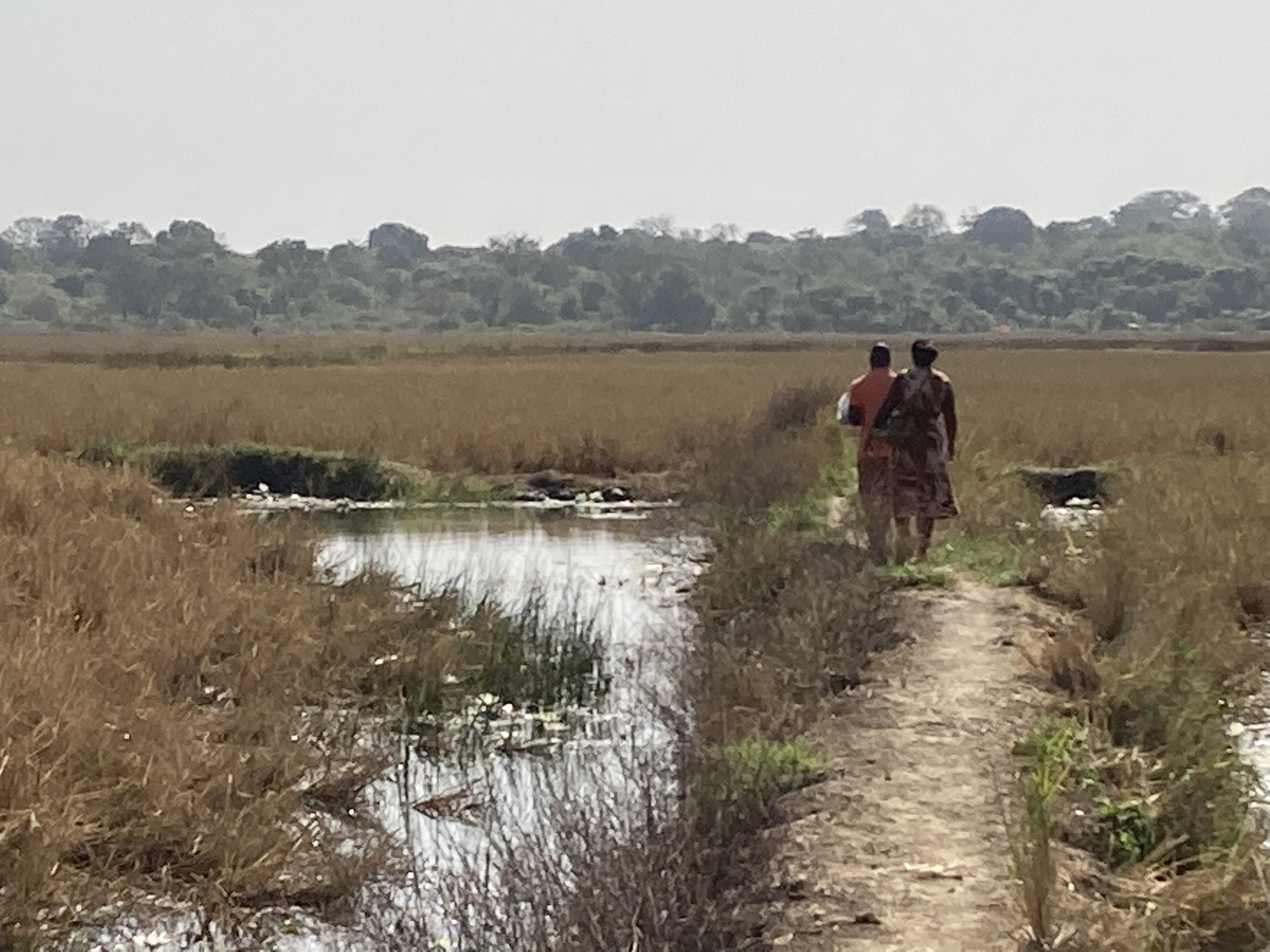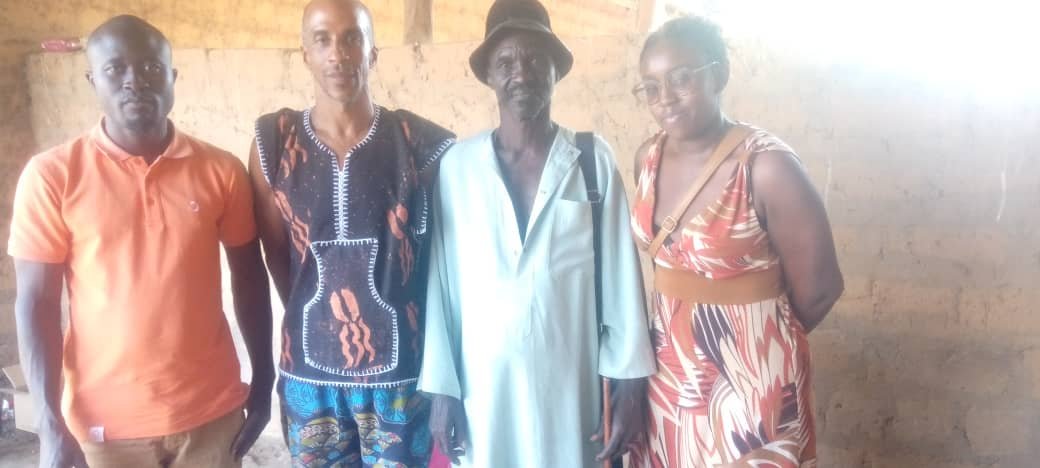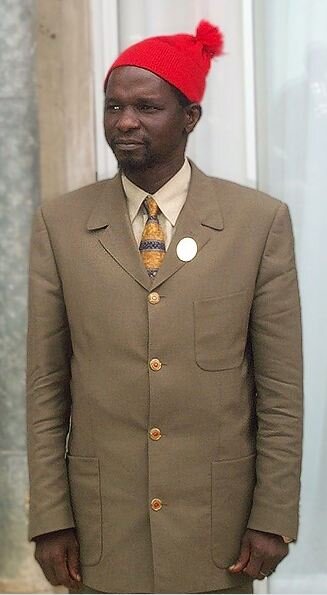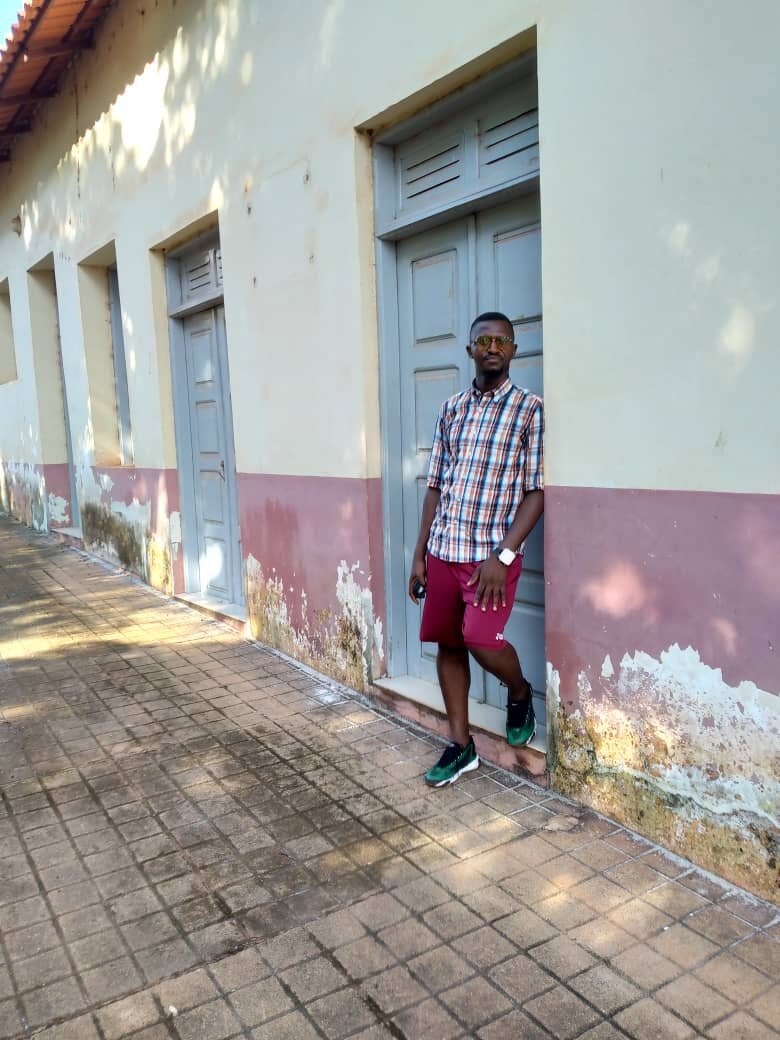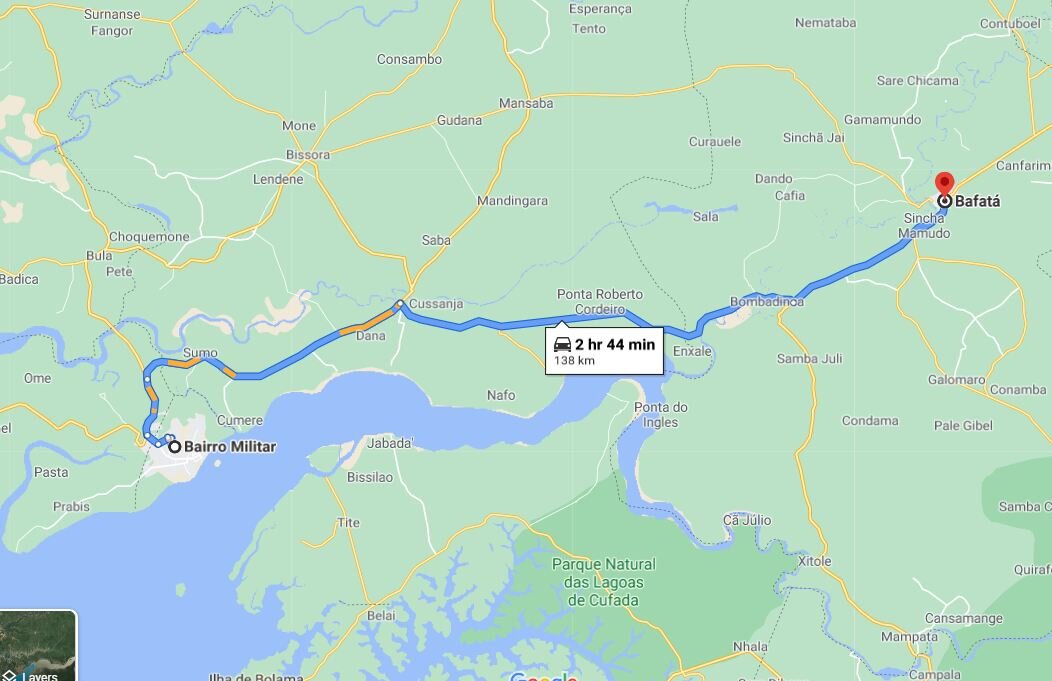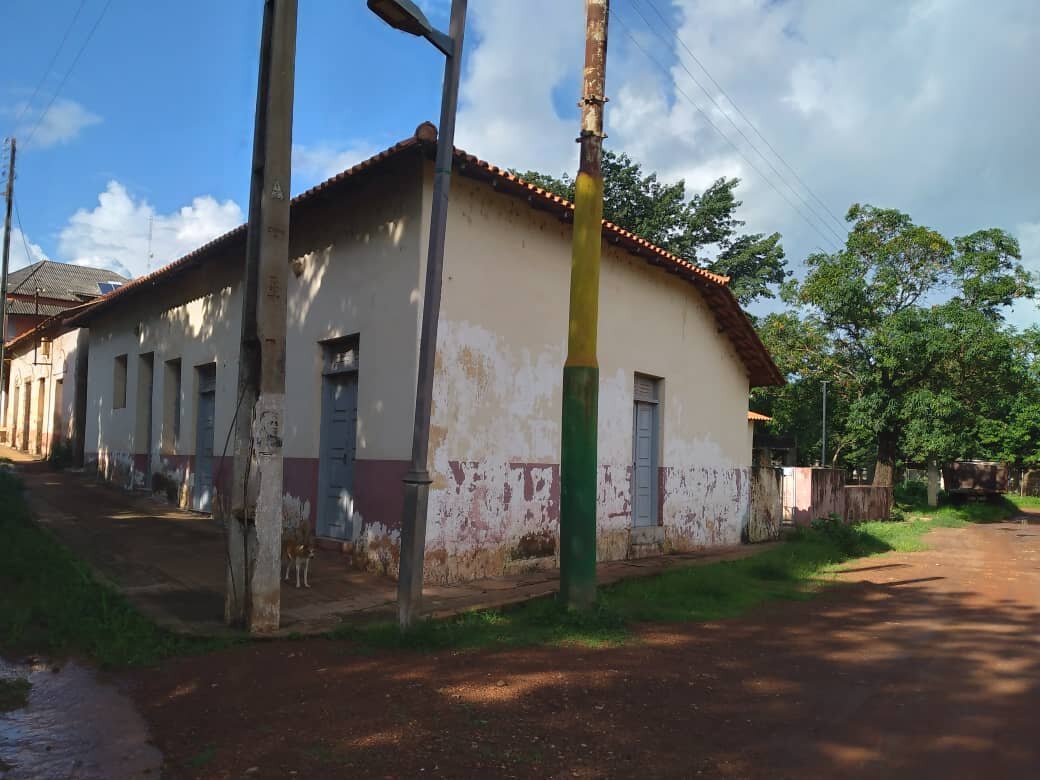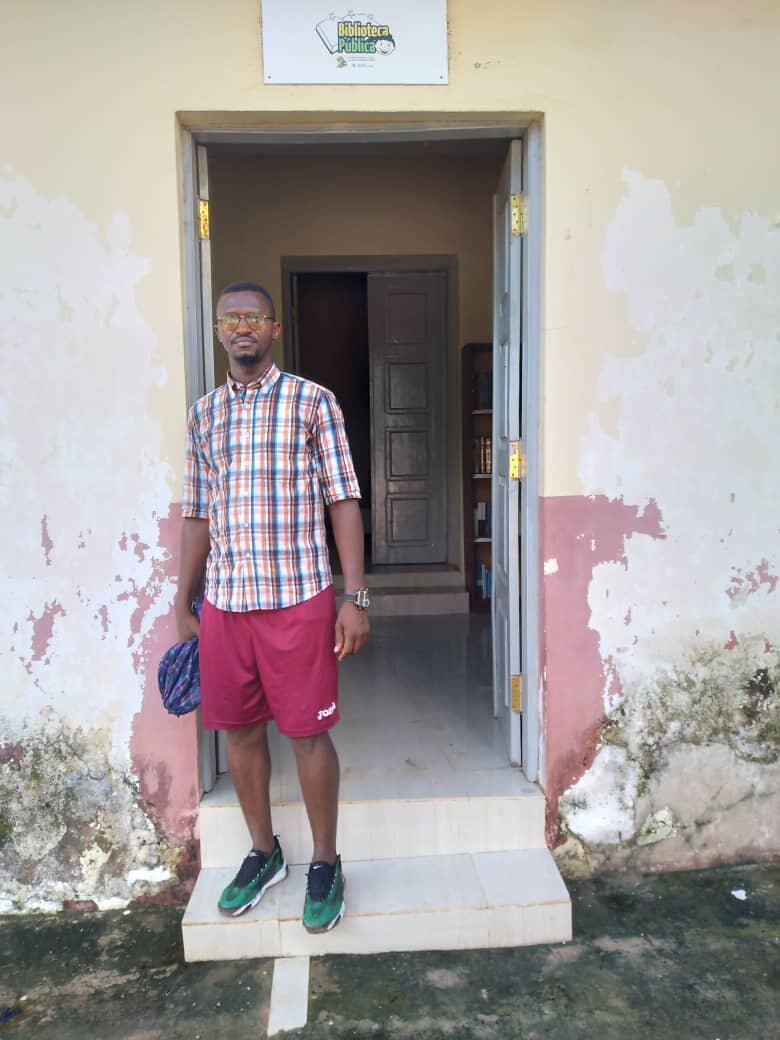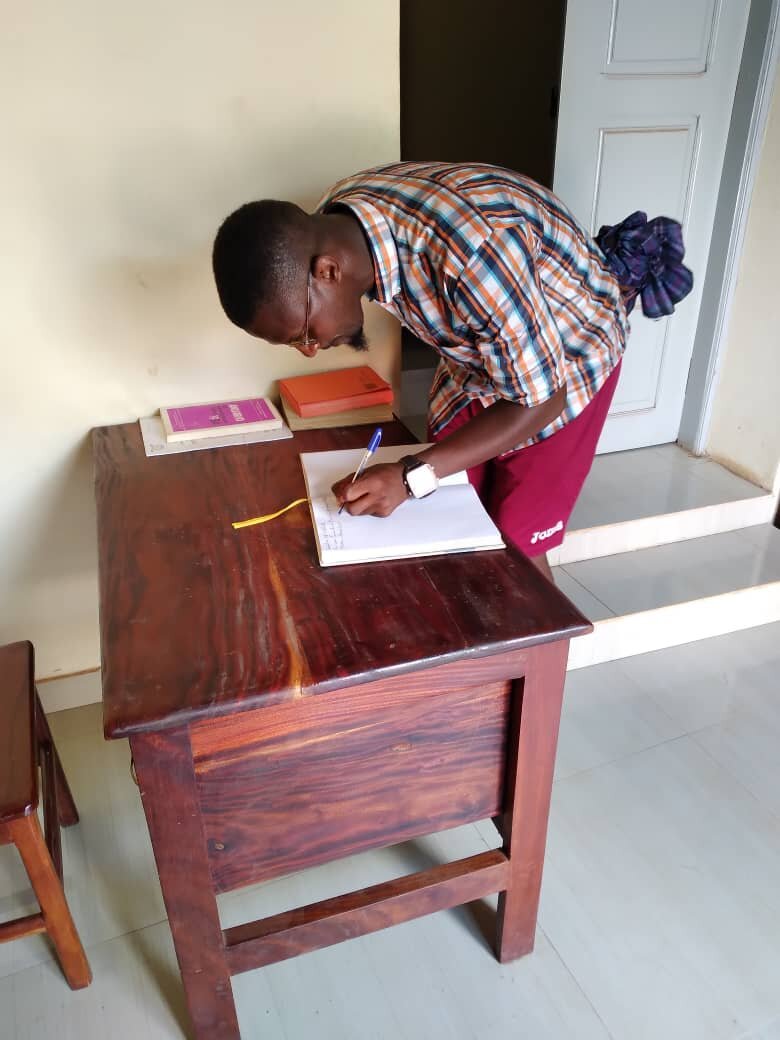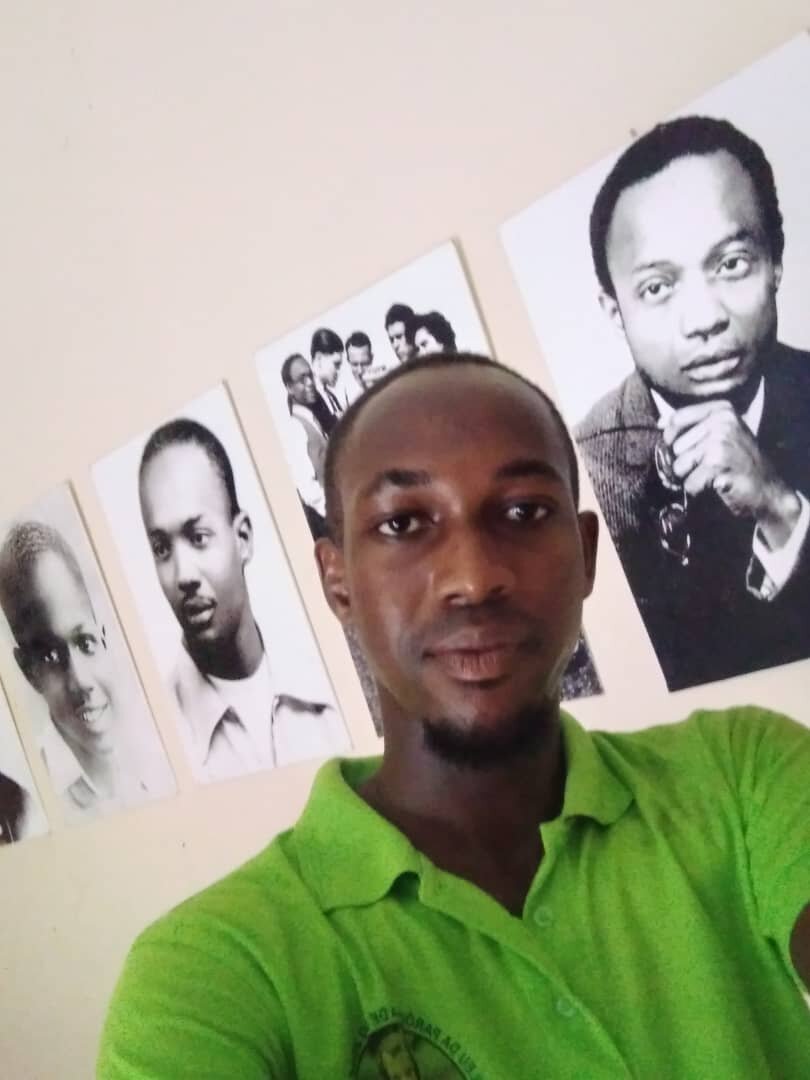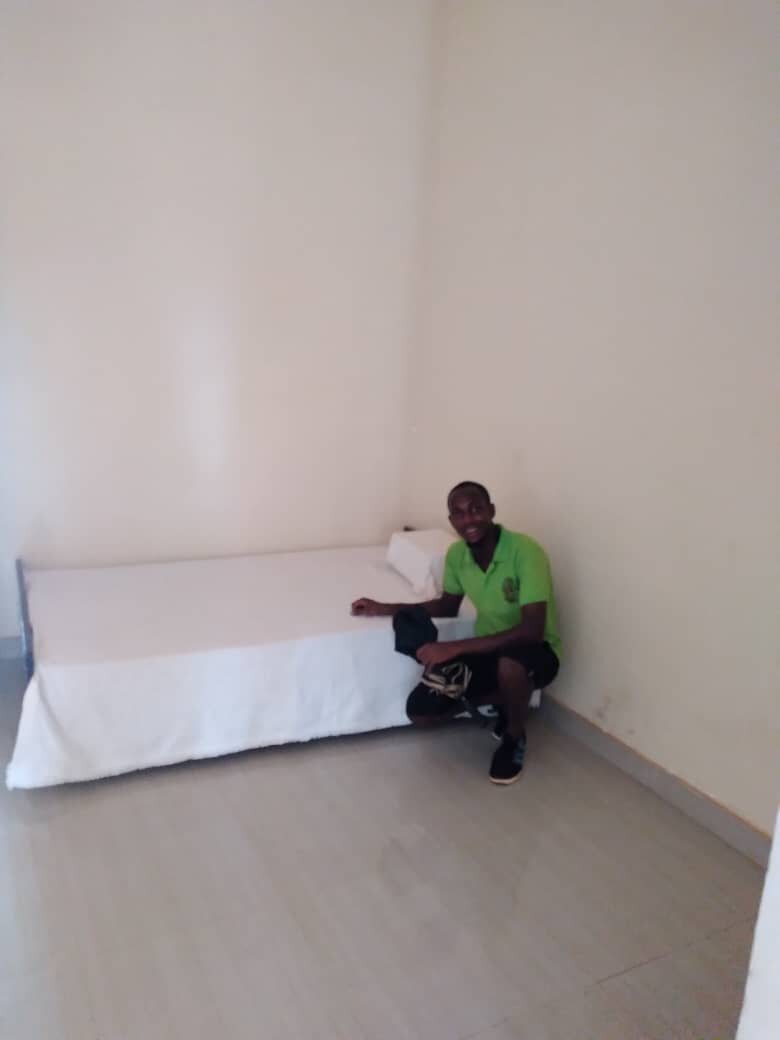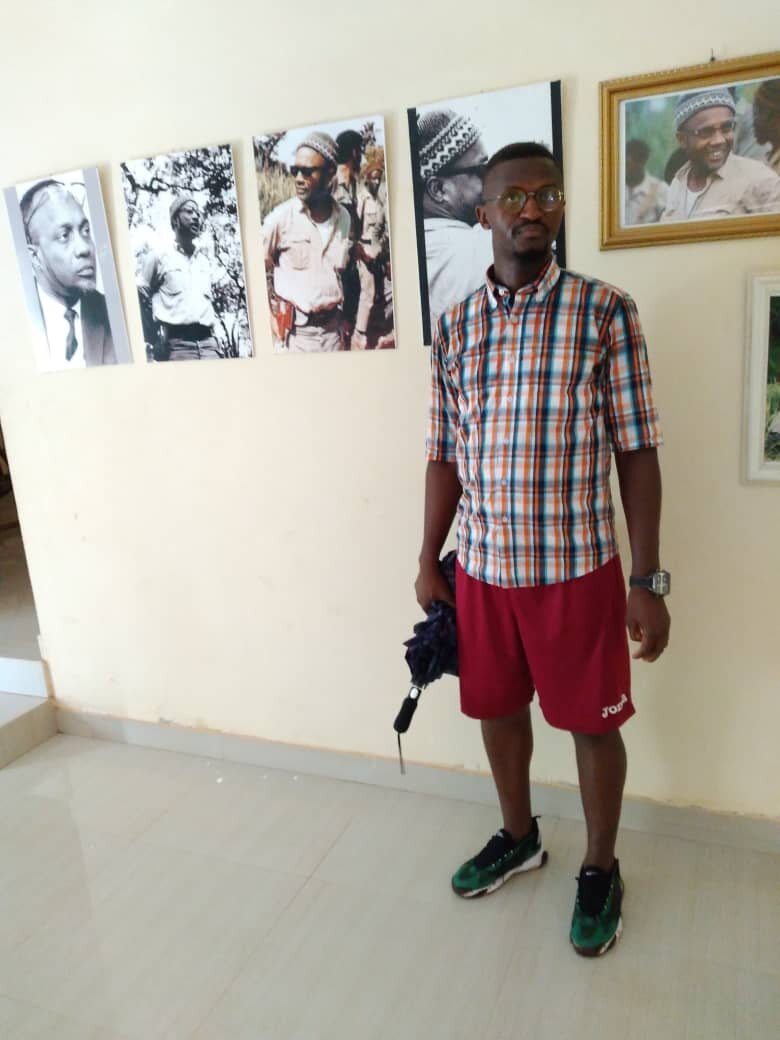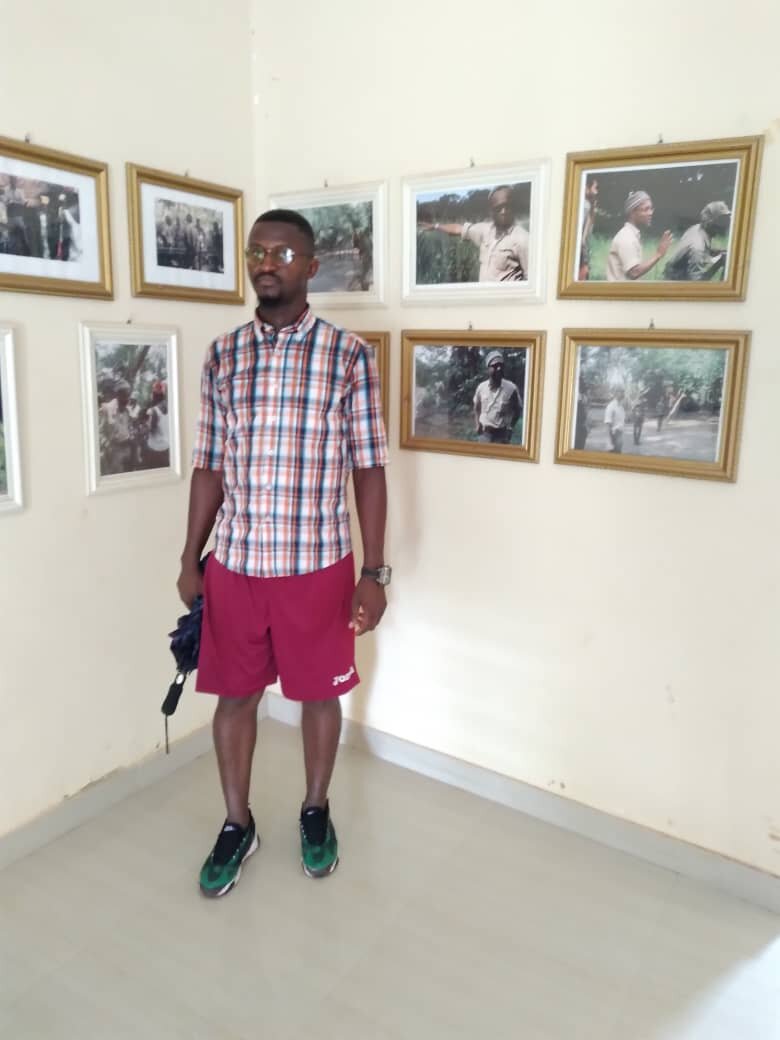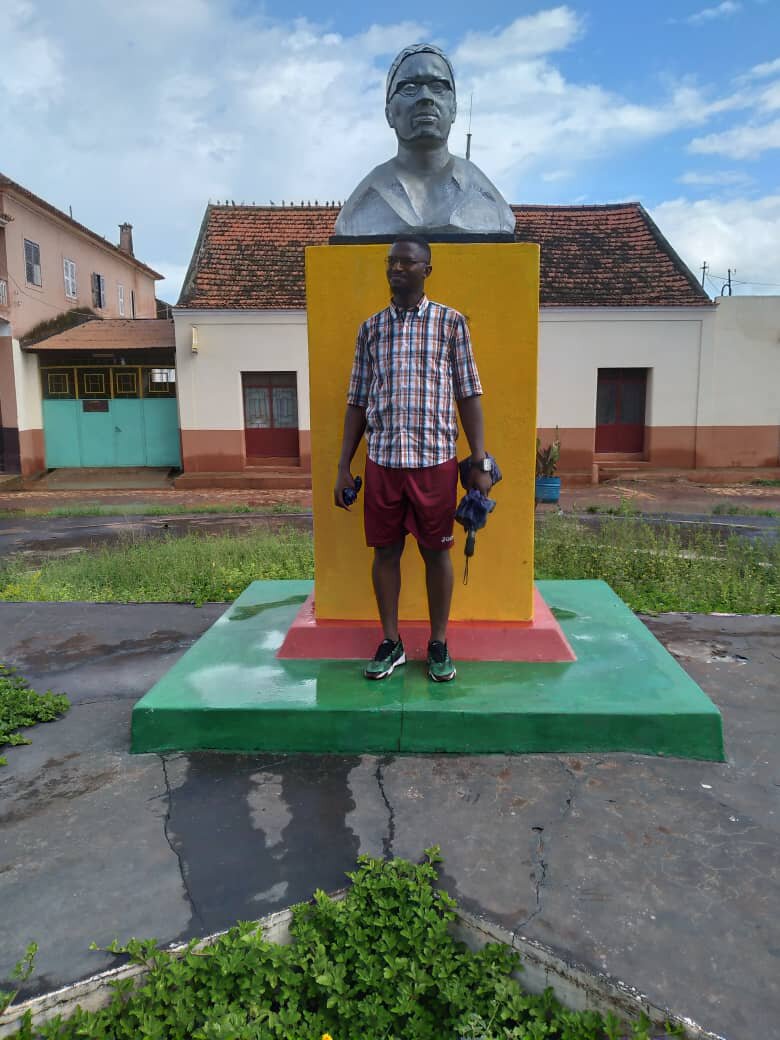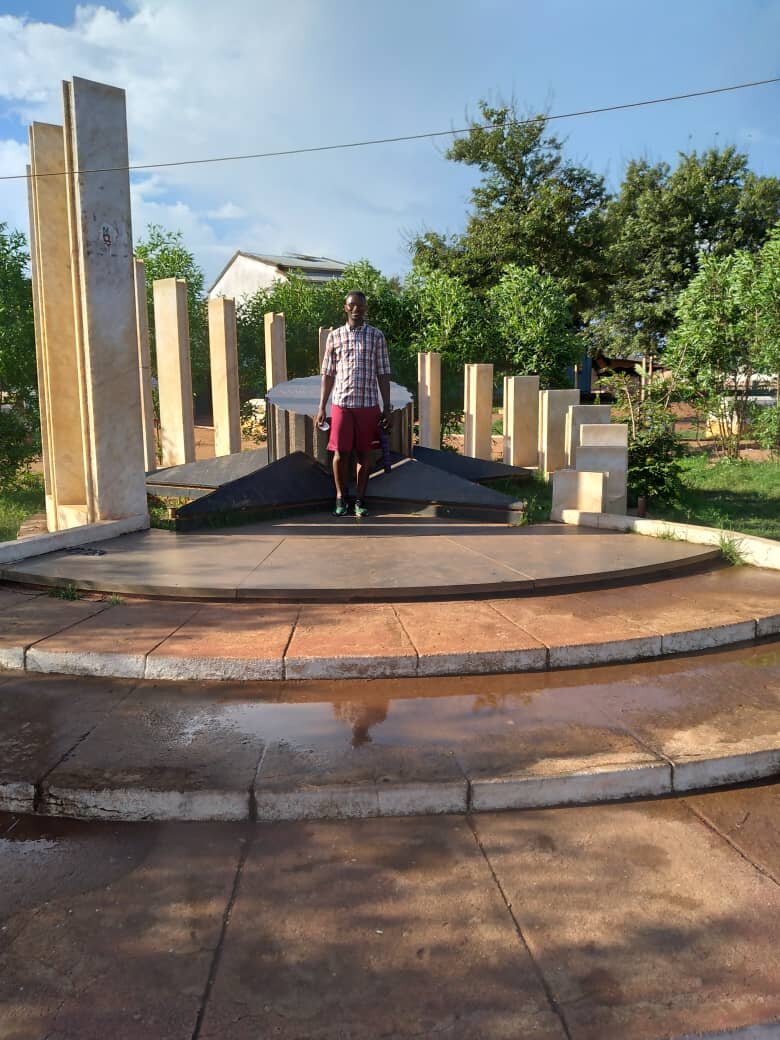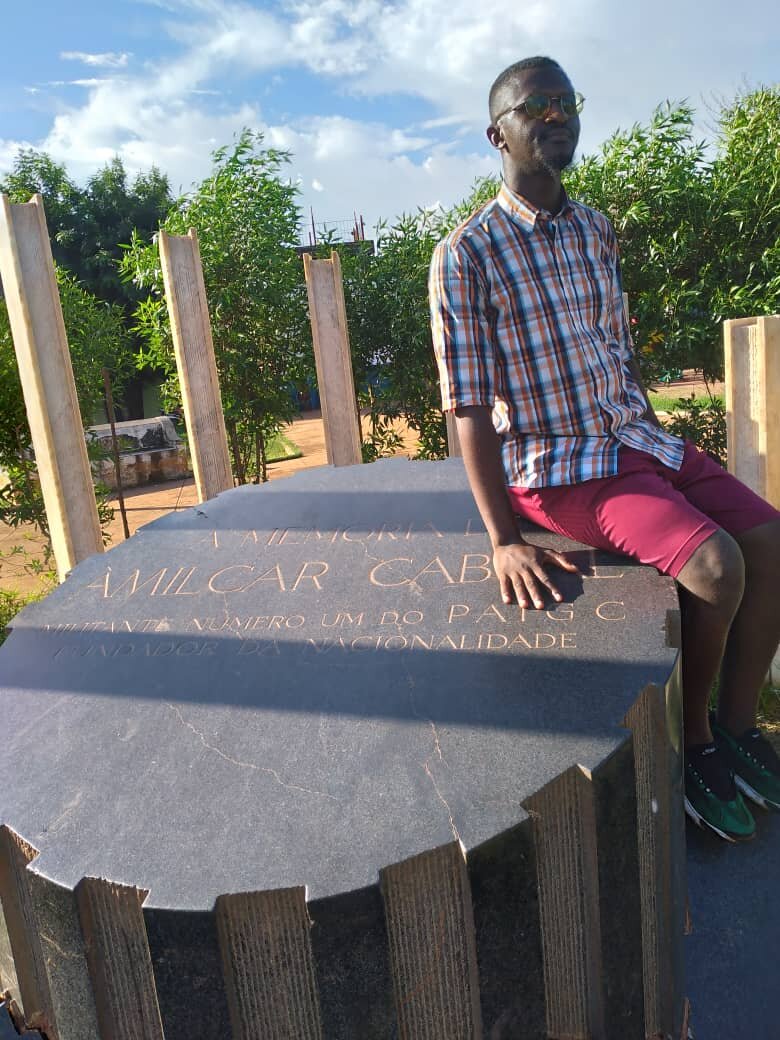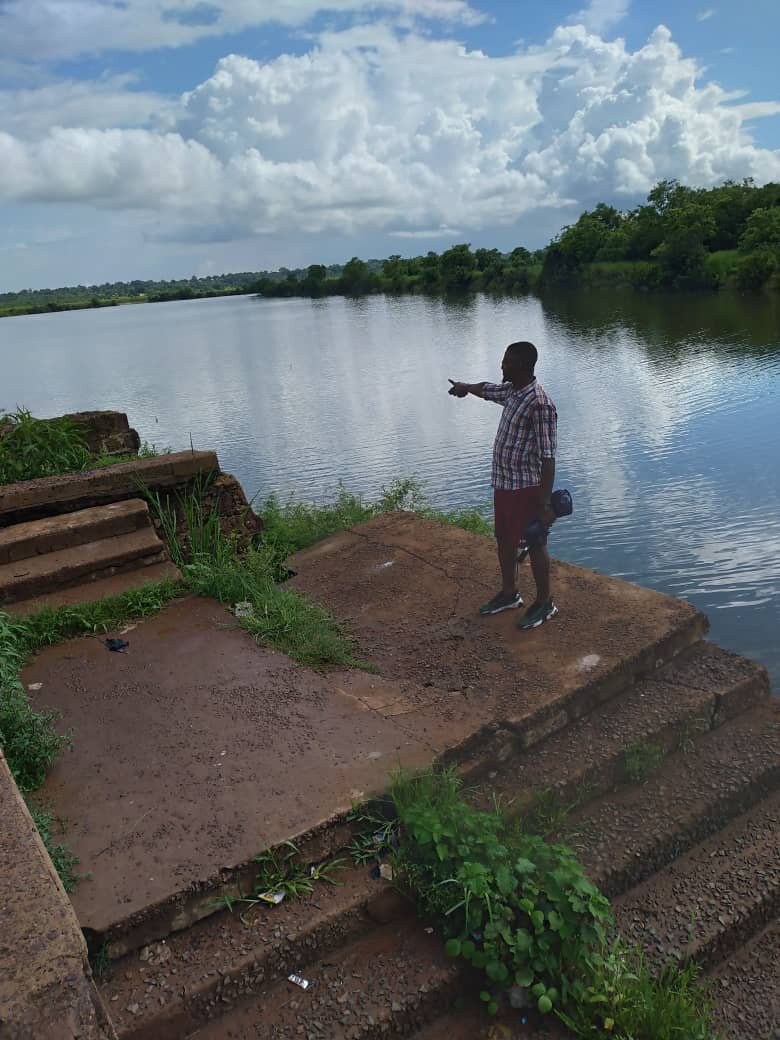Pathway 1: Investment
Citizenship granted anywhere in Africa to African Diasporans who have bought a home, started a business, or invested $100,000 to $200,000 in one way or another in the country of their choice.
Inputs:
“I think this pathway will be rejected by most African Diasporans. It doesn’t reflect or respect the principle of “Right to Return” and seems elitist and class based. This could further divide African people. Most Diasporans can not afford this investment upfront and many if not most will not want to be a kind of “indentured servant” for three years to qualify.”
“I believe this requirement may be a bit of a hinderance for many in the Diaspora. There appears to be an underlying assumption that many can meet this requirement. That would be a poor assumption, if implemented as an only option. Yes, it is a pathway for some. However it may be perceived as a barrier to entry and should not be implemented alone in any African territory. Otherwise, I think this is a valuable offer for those who can accommodate the requirement, granted that there are multiple options for entry.”
“Favors the already privileged class. Would not favor this as the only pathway.”
“This sounds good for the economy and the repatriate, somewhat extensive in recommendations but fair.”
“It is a positive action plan for people who wish to move. However, there should be transparency. Some countries are lacking in the administration department, they need to be clear on the timelines. Do you get citizenship 2 minths from application?”
“I'm not opposed to this if I was looking for more than just to learn more about my heritage.”
“Is it possible to change the word "bought" a home to "Have" a home? There are people who may have been gifted properties.”
“This is a great idea. I particularly like the part about buying a home or investing in a business. That would open the door to many and would require us to have actual skin in the game.”
“I think that is fine. I invest through M1 finance.”
“This is limiting. One shouldn't be barred from getting to their home simply because they do not have money to purchase a home or start a business.”
“Yes its a good idea but look at us in Africa we are paying $500 thousand to invest in DRC but you are suggesting $200 thousand.”
“Yes, I think this is good but reduced the investment amount.”
“The $ amount is high and may be unaffordable for the average Diaspora member.”
“Home investment, and jobs for African countries.”
“This path should be approved in general, but streamlined and made less expensive.”
“Foreign direct investment is a way for Africa to support all continents. We've supported every continent for years, there are no African cellphones or cars, for this only for creating an extraction economy which isn't necessary anymore, land, mines and businesses can receive investment with easier access.”
“I suggest lowing the investment amount..”
“One concern with buying a home is whether or not you actually own it. I read that in Ghana and Kenya it was only a fifty to ninety-nine year lease. One of the reasons for going home to Africa is to have a sense of belonging. As a retiree having so many resources (land and home) tied up in property that you cannot pass on to your children is unacceptable.”
“I like this, it shows commitment from those who are coming back home and have the money to invest.”
“Since the intention is to develop Africa then the investment should be directed to the specific area what needs development. But this should be for Africans or the descendants of Africans that left on a volunteered vs forced departure. It should not be used as a requirement for African descendants whose parents were departed by enslavement. To keep in line with the UN resolution already approve the domicile of an African who have been the victims of enslavement retain the domicile of the last free parent.”
“The investment amount should be at minimum $50,000. Given the fact that it is not just an ordinary foreigner but a diaspora to whom special privileges should be considered.”
“Investment must be a smaller amount younger people who want to move and bring their ideas should have that opportunity. As ADOS (African descendants of Slaves) we didn't have much when our fore fathers built America. We must found a way for anyone who has a will we should making a way.”
“is it possible to include land acquisition too... Land is everything and should be first... our Ancestors have been taken from Their Land...”
“I plan to take this path in the next 2 years but will also be bringing my retired mother with me who has her own savings and will not require assistance. I am an entrepreneur but need to know that I move to the continent and quickly setup and run my business from the African country of my choice. Waiting on full citizenship to be able to have full access and liveable business expenses is extreme important to me. I can't move to an African country and afford to walk away from my business because of expired visas and exorbitant setup fees. I'm not sure if there is a residency step that can be implemented as part if the process for others who are entrepreneurs and have dependents moving with them but it needs to be considered. This includes access to business registration, drivers license, internet access etc without hassles because I'm not a citizen or additional fees. Same with buying and building a home, I don't want to rent especially since I'm a home owner now so I need the access to a lifestyle of a citizen while I wait for paper work-what are the options they can provide once we decide we want to stay. I also plan to invest or expand my business into other African countries, will not having citizenship cost me more as well?! I'm thinking of Canada and the USA where we can expand our business across provinces and states without concerns of citizenship or extra fees or have to deal with citizenship or residency. How can I grow my businesses and create jobs across the continent without concerns of extra fees and restrictions tied to citizenship and residency. Also processing time needs to be considered. If this is a true effort to accommodate us, it needs to be timrly and efficient. I can't financially afford to wait 3 years, then take another 3 or more years to process the paperwork. Efficient processes need to be put into place and support for local businesses like internet, banks, real-estate, motor vehicle licenses, electricity companies, etc. need to be given directives on how to handle our service applications as new residents/new citizens/etc... we need an end-to-end cross-functional process where all parties impacted are involved. This means laws and legal accountability and ways for us to be protected if local companies try to take advantage of us. This is like the issue we have in North American companies who claim they want to hire "diverse talent" but don't prepare the company to welcome the talent and endure they want to stay... Ghana is loosing face by doing this exact thing and we can't turn the Diaspora off behaving like thus. Thank you for starting this conversation.”
“I suggest a smaller amount investment amount, otherwise it may be seen as the elite can gain automatic citizenship while others take longer. If the amounts prove to be too low, we could propose a lower amount (example $10,000 - $25,000 plus 1 year residency). I suggest special considerations if investments are made in African businesses. Include children up to a certain age (example 22) gain citizenship with the parents. Questions: -- If a home is purchased using a down payment and payment for a certain period of time (example 5 years), would the citizenship only come when the final payment is made? -- Would paying home/apartment rental costs count as investment?”
“Please consider a tier step process where organizations, i.e., faith based organizations, charity foundations, and co-ops, whose members would be allowed citizenship if their organization have invested or plan to invest funds in Africa based on the following scale:
1 - 10 members, $20,000. 11- 25 members, $50,000. 25 - 50 members, $75,000. 51 - 75 members, $100,000. 76 - 100 members, $125,000. 101 members and over, $150,000.”
“For this pathway, I am in agreement with home ownership and business start up as a way to citizenship. I however feel that the $100,000 or $200,000 investment is a bit too steep. Again, the bar should not be placed too high for persons of African descent to gain citizenship in any country of their choice on the African continent. I suggest investments between $50,000 to $100,000.”
“This should be a lower amount so as not to be exclusive”
“I believe the investment of skill should be added. For example, one may not be able to buy a home, start a business or invest $100,000 but may have the skill of teaching or plumbing etc.”
“This should be an "alternate" option; definitely not the primary one; even with this being a consideration, it will "exclude" many in the diaspora with the investment amount that high. Recommend the amount be lowered considerably to not exceed $10,000 USD.”
Pathway 2: Work
Citizenship granted anywhere in Africa to African Diasporans who have worked for three years in the country of their choice.
Inputs:
“This is a great option for anyone in the African Diaspora seeking citizenship. It allows for a viable path to entry. It should also be one of the alternative paths to citizenship. I do not believe it should stand alone.”
“Many Countries will only grant you a work permit if you are working in an area that is considered to be a « skill shortage » area. Typically is you are working for three years then you are needed and established. Citizenship should be granted after this time.”
“Sounds good, and an easy fix for both Africa and the African Diasporian.”
“Good choice as you have invested time that country and have made a contribution, the commitment has been made.”
“I'm not opposed to this if I was looking for more than just to learn more about my heritage.”
“This is a wide category. What qualifies as "work." Does one have to have an employer? Is this folded into the first pathway? If one has to be eliminated we can perhaps leave this one in favor of number one.”
“I say 1 year.”
“Europe has allowed people who can prove that they have direct ancestry without any other further barriers. Citizenship should be granted ad such to allow lost and displaced people to find their ways back to their homes.”
“Already there is a lot of unemployment of in Africa after COVID 19 companies are closing down so how are we going to accommodate our brothers.”
“No I think we should be granted citizenship by just returning home to Africa.”
“Great Option.”
“The process re this path should also be streamlined and made less expensive. One should not have to apply for a residency permit along with an application for a work permit.”
“This would work well, making sure that they have multiple streams of income can also be made possible if we create a better infrastructure to help the diaspora.”
“I suggest a one-year work limit.”
“As the kidnapped children of Africa. I believe we should be granted residency from day 1 of acquiring a contract of work if our desire is to make that African country our home. After 3 years of working we should be able to be granted full citizenship.”
“I would prefer this pathway. I can bring my profession as a DNP/board certified FNP with a strong background in oncology and feel strongly that with my medical skills, I can contribute to the healthcare and wellbeing of my people.”
“I believe this is a viable alternative for those who wish to use it. One should, in my opinion, be a willing contributor to Africa.”
“Three years is a lot especially if you have to leave the country every 3-6 months. This is good however, for people who have been living on the continent already, and already put in the time.”
“Freedom is good and per ur choice”
“The idea of work in Africa also has to be specific because people can put in work that is counter to the development of Africa. As for descendants of enslaved Africans this should not apply. We will have to put in work for ourselves in order to survive. So those who left Africa on a volunteer departure to work or make money should share with Africa as a requirement for citizenship.”
“I think two years is a sufficient time.”
“I'm a retired paralegal and would be willing to work in some capacity, however, we discussed during the zoom making an exception for those of us who are purchasing homes and bringing our pensions.”
“from my research, and from what I have learned from those of the diaspora who are currently on Mother Land that entrepreneurship is the only real alternative...”
“I suggest making sure to include working remotely while in the country. Question -- Will this require 3 consecutive years, or 3 years within a certain time frame?”
“African Diasporas should be granted for those who have worked for at least 3 years regardless of where they may elect to reside moving forward.”
“The idea of working in Africa to gain citizenship is a great idea, however, I believe as diasporans it should be a maximum 2 years to gain citizenship via this pathway. We should have preferential treatment as people of African descent. The integration and unity of persons of African descent globally should be paramount and all avenues to do so should be given the utmost priority.”
“Agreed with a more detailed definition of the work to qualify”
“This is another "alternate" option to have; however, 1 year of work should be sufficient.”
“I agree with this, however 1-2 years is sufficient.”
Pathway 3: Residency
Citizenship granted anywhere in Africa to African Diasporans that have lived in the country of their choice for three years. For example, students, researchers, NGO workers, etc.
Inputs:
“This is a great option for anyone in the African Diaspora seeking citizenship. It allows for a viable path to entry. It should also be one of the alternative paths to citizenship. I do not believe it should stand alone.”
“If you have been a resident for 3 years than typically you would have been granted a residency permit. Typically a country will consider Citizenship after five years of being a resident. Three years for the diaspora or even two years l think is fair.”
“Yes, for those needing to get on their feet first, perfect”
“Another good plan. Lots of people have done this, NGOs etc, so their commitment is already there.
They have made contribution in person, in kind and in time.”
“I'm not opposed to this if I was looking for more than just to learn more about my heritage.”
“Bought land (50 Year lease) in Ghana and native Ghanaian squared on the land built home on it and land may have been sold by different chiefs. Discouraged any further attempts to relocate to Ghana.”
“This would be great. I would qualify it by adding with allowances for trips outside the country for up to 25% of the year. So, for people who are working or have investments in the U.S. they have the option of traveling outside the country without losing their pathway status.”
“I say 1 year once again.”
“Europe has allowed people who can prove that they have direct ancestry without any other further barriers. Citizenship should be granted ad such to allow lost and displaced people to find their ways back to their homes”
“Good idea”
“Given the opportunity to accept or reject citizenship at the airports”
“Great Option”
“Retiree bringing investments”
“This and the other pathways should be adopted, but the process her, as in the others should be streamlined and also made less expensive. Also, a shorter time period to the achievement of this should be recommend, and the waiting period for this should be reduced.”
“Their documentation can be sorted by PAC for their residency to be permitted easier if the PAC and ADDI has a formal partnership to handle those processes to make it less complicated.”
“I suggest a one-year residency.”
“Absolutely agree. Ties in with my answer for pathway 2. Only addition once again, would be to grant those who want it, Residency from day 1 if they are able to prove they can support themselves.”
“If indeed residency is a requirement (not domicile) then it is also reasonable.”
“This is very similar to Pathway 2 Is it possible to just combine 2 and 3 into one pathway. It stands to reason, if the worked there for 3 years then you probably have lived there for 3 years also.”
“3 years is to long for people who are the descendants of enslaved Africans. If taken into consideration the time the traditional rulers took to give the Tabom people of Ghana when they returned, they were given land and no request for visa or documents to fill out for citizenship. Or the people of the Armistad no visa or citizenship so why us now need those documents?”
“Again, I think two years is sufficient to determine whether the person has added value, also taking into consideration of the fact that the right to return should not be a long and drawn out period of time as if the person is a stranger to the motherland. While he or she was never born in the mother Africa, his or her forefathers would have contributed immensely to Africa before they were taken away two enriched the lives of the Colonial masters. Reducing the period of time to two years is a good gesture to the diasporas of Africa's empathy towards our cry to return home.”
“I began a 501 3c praise dance ministry in 2005 and in 2006 we sponsored an orphanage in Kenya where we visited and brought supplies I.e. schools supplies, toys , and other necessary items. We have also supported them monetarily each year by fundraising. Can something like this be included in this section.“
““Is it 3 years straight or could it be spread as well ? 3 years is not too long, (and it is a good opportunity to create or review the current "NGO" structures or create pan-African ones...)”
“My daughter has just started highschool and I would need high-school access to registration and no fees such as foreign student etc.”
“I suggest the following:
-- Automatic 1 year residency (for those that may not have an extended residency permit).
-- Permanent residency after 1 year.
-- Citizenship after 3 years.
-- Parents status can apply to children that may go outside the country for advance education (college/university/training) during the required residency periods.
-- Lower fees for residency and citizenship.
Question
-- Will this require 3 consecutive years, or 3 years within a certain time frame?”
“I find this option to be reasonable.”
“This pathway should be reduced to 2 years for persons of African descent in any circumstance whether they be students, NGOs or researchers.”
“Agreed with a more detailed criteria for NGO return to the community. For example, working for the Clinton foundation in Haiti should not be deemed as meeting the qualification given how little it returned to the Haitian people.”
“This is another "alternate" option to have for the diaspora; those who can show "previous" residency should be allowed to have that time counted as well.”
Pathway 4: DNA/ Right to Return
Citizenship granted to a specific country to African Diasporans that have taken an African Ancestry DNA test and have either a maternal or paternal African lineage.
Inputs:
“This makes the most sense to me. It respects the right to return as well as the principle of “each under his/her own vine and fig tree. It achieves lineage restoration, balanced repatriation and development.”
“This should be an automatic qualifier for exercising right to return rights. It can stand alone, but again should not be the only path as it may still present a significant barrier to access for too many in the African Diaspora. It is easily accessible by African Americans in particular. Consideration should be given for the accessibility challenges this may present.”
“I think this should happen. The country may want to protect itself however with review of any criminal background and granting a resident permit for a period of 1 year. They might want to receive from you a $1500 deposit in case they have to deport you for any reason during that one year. At the end of the one year, if you can show that you are stable with no criminal activity, then citizenship is granted and your deposit returned”
“This should be automatic.”
“This is a right, it should not be questioned.”
“I like this path the best. I should not have to pay to return to where I was stolen from. At this time, I'm not interested in living or working in my homeland. I would like to visit many times to learn more about my lineage.”
“I think DNA as a mechanism of entitlement to return to an Afrikan country of origin has severe limitations. Eligibility for Afrikan citizenship is ultimately a political and cultural issue that will never be satisfactorily answered by a turn to genetics. I actually believe that a reparations approach has to undo rather than reinforce the harms of colonisation and dispossession including the 1884-1885 Berlin Conference consensus that created states in the image and likeness of our peoples colonisers. I support the notion of a Pan-Afrikan citizenship rather than return to an existing country as a reparations measure. We cannot simply seek to fit into nation-construct that were designed to atomise our indigenous Afrikan sovereign peoples power. The Afrika many of us want as Pan-Afrikanists is premised on recognising indigenous forms of nationhood and governance as political entities and not simply the elevation of so-called distinct ethnic groups. Afrikan ancestry DNA tests do not provide foolproof answers to questions of Afrikan identity. Ethnicity is a sociocultural factor, it’s fluid, and it changes over time. It’s not purely biological.”
“Have been identified as Temne in Seirra leon. Have yet to pursue citizenship.”
“This is a hot topic. Many people do not trust DNA testing due to Medical exploitation by the west on our people.”
“This is the one I am most in favor of, with qualifications. This one can be pathway if the person satisfies at least one of the other pathways. This would make sure it is not used a loophole by other people who have not identified as African descended all their lives. Many non - African identified people have minute portions of African DNA. I don't believe they should qualify as returnees.”
“Good Idea.”
“That shouldn't be mandatory.”
“Great Option”
“My lineage is from Africa.”
“This should be the easiest path and the Sierra Leone process should be put forward for adoption.”
“This can work if African ancestry DNA is easily accessible through PAC. I would like an ancestry DNA test for myself and royal ancestry test as well just to make sure, I just need to have a place that does that.”
“I agree with DNA/ Right to Return.”
“African Enslavement harmed the entire continent of Africa. Black African Diaposans with DNA should be granted Universal Dual African Citizenship to All African Nations. To engage is a specific Country Right Of Return" is a false argument that should be avoided at all cost.”
“Absolutely agree.
This should be an automatic right to claim Citizenship.
Our ancestors are common to all who live in Africa today. We have as much right to claim Africa as our home. We should not have to beg. We should not have to jump through hoops. If our blood shows we come from a certain tribe we should be able to return to that Country without question. It is indeed worse than being kidnapped and sold from our home 400-500 years ago (by colonisers and other tribes) that now our own African Governments continues to perpetuate those wrongs that were committed against us by maintaining and enforcing the barriers to our return home and to once again join our brothers and sisters. To be denied by your own always cuts the deepest.”
“This also is another pathway I would glady take. Especially since I have already done my DNA testing through Africanancestry.com. I and my brother both did the test so we are aware of our maternal (matriclan) and paternal (patriclan) ancestry. It was one of most liberating things I've ever done for myself.”
“I SUPPORT QUIALITY BLACK OWNED AND OPERATED BUSINESS. The requirement of a single evaluator (African ancestry) is not viable as one should be able to verify with other companies the validity of their tests. IF THIS DATA EXIST SHOW IT. I understand the desire to use a company that claims its baseline is more African than any other, but where is the data. if such exist, then without a doubt it is the first choice. it is important when one is making life (permanent ) choices, this is important.”
“I agree, it should also be for anywhere in Africa especially if your DNA belongs to various countries.”
“I like this and am glad this is being considered as an option to citizenship. My question would be is it required that people become citizens only of the countries/peoples to where or to whom their DNA is traced? I.e., if I'm found to have Ibo ancestry, I'm limited to Nigerian citizenship or wherever Ibos live? If I have it from Guinea Conakry, I can only become a citizen of Guinea Conakry, etc.? Thanks.”
“This would be best for the descendants who are the descendants of Africans that were raped and lost their melanin and African physical features and characteristics of Africans.”
“This is a very good initiative. Sierra Leone is a great example and blueprint to patern from.”
“My first cousin took the African Ancestry test for me, paternal test. and the results were Portugal and Spain. Then I took the ancestry.com and 23andMe, both results were close showing the largest % in Nigeria. So, why just African Ancestry and not the others?”
“I noted that the RTR does not mention Our People who has been deported into slavery in India...
*(my DNA tests with African Ancestry come out on my mother's side as Afro-Indian descendant).”
“I have done my African Ancestry but not interested in going to Nigeria (matrican test proved 99%). Will they look at me as only eligible for Nigerian citizenship? What if Nigeria decides they will not join other countries who offer citizenship with proof. I also don't want to give up my Canadian citizenship due to future pension payments when I retire.”
“I suggest adding that the individual must have identified as African/African Descent for a certain period of time, and on official documents. Allow dual citizenship for all pathways.”
“I find this option to be reasonable and may be the most popular, especially for African Diaspora with limited financial resources.”
“Great idea to use DNA as a means to gain citizenship of an African country. However, if we want to unite the African Continent and the diaspora, persons should be free to decide which country they want to be a citizen of regardless of DNA links. We need to breakdown borders and the idea of them and us. It is WE. I do appreciate that the circumstances can be different on the ground for various reasons, but we must start somewhere.”
“For the DNA/Right to Return, Citizenship (or Residency) should be granted to the country of the person's choice not a specific country because the test proves African Ancestry not where the person's ancestors were taken. My African Ancestry Maternal test shows Guinea-Bissau, Sierra Leone, & Liberia but I feel a very high affinity to East Africa and specifically to Tanzania.
I lived in Tanzania for nine months (minus short trips to other countries) and not only did I feel at home but I met and befriended people who felt like family including one older Mama who not only looked like my late maternal grandmother but had her same behaviors and cooking skills.
That all being said, any African Descendant of Slavery (ADOS) should be granted Citizenship (or Residency until they decide) to the African country of their choice.”
“This pathway is crucial as more and more Africans in the diaspora, waking up and want to places to live work and raise their families. Someone places where they can retire in community with support and love.”
“We should not restrict it to one company. This company has many faults in their testing the are continually unresolved. All DNA tests should be accepted.”
“All Africans in diaspora should have this right. We shouldn’t have to prove anything but DNA bloodline from our fathers or mothers line. Our mothers and sisters have been raped and produced mixed seed and it’s not their fault. We need to have somewhere to go to be safe from the slavers, murderers and kidnappers. They still butcher us on the streets today like cattle or dogs in the street. I have the paternal DNA test that proves my father was Balanta.”
“This is a must and should be considered as the "primary" or "main" option for those who seek it. The "investment" has already begun once one in the diaspora has decided to find out who they truly are by DNA testing. It is with great respect, admiration, and honor to highlight what the African nation of Sierra Leone have done to do this and welcome Africans from the diaspora home. Our Ancestors demand that we be given our true, original citizenship from Mother Africa, and all the other African Heads of State must adopt the "Sierra Leone" model in this regard. Many hundreds of thousand have taken this DNA and want to be "officially" related to our ancestral homeland with "official" documentation/citizenship!”
“Please make this a more open option to settle in any country of choice once. DNA is established. The Scramble for Africa and colonization was the cause of many lines drawn, we must not conform to the mould created by Imperialization and colonization. If it must be limited it should be based on region of origin instead of a specific country or based on tribal location.”
The following was suggested during the meeting:
Pathway 5: Retirement
Citizenship granted anywhere in Africa to retirees upon submission of qualifying information
Input:
It was generally agreed that this was necessary.
TESTIMONIES
“I have visited Ghana as a tourist and am planning to visit other countries this year, again as a tourist. I have not have the opportunity to live or work in Africa. I am working to establish connections and do business with Africans in country while I plan on transitioning to become a resident. There are many countries I plan to visit while assessing where I would prefer to live.”
“Yes, Zimbabwe. President Mugabe called for African Americans to come and bring their skills. I headed the call. After having a 1000 deposit taken from me at the airport because l did have a return ticket and including going through six months of Bueracracy including being told that is illegal for me to seek a job on a tourist visa, l was finally granted a work permit.”
“I have not repatriated, it I have visited Ghana twice, Togo once, Benign once, and Kemet”
“I have set up two NGOs, in Gambia, too much red tape, not even transparency. Too many fees.”
“The costs are just exorbitant and extortionate”
“Am back in Africa and we have challenges we need to be considered to share our thoughts within these vitural meetings. We need to tell you whats on the Ground here in Africa.”
“Yes I bought land in Kenya”
“I plan to retire in America in less than 1 year and I would like to enjoy my retirement in my homeland in Africa.”
“Have not been to Africa as of yet.shall be their soon”
“I'm an entrepreneur looking to assist people find easier ways to live in Africa, the process to citizenship can be different in every country and I feel obligated to make Africa a developed continent.”
“I worked in South Africa with an NGO. I was excepted by the South African that I worked with.”
“I am from the Caribbean Island of Saint Martin but live in the United Kingdom for now, in 2021 I opened a branch in Uganda and one in South Africa, my company helps organisations solve their challenges and realise their ambitions through the application of leading-edge software and consultancy services. I am also in the process of setting up a packaging company in Uganda, Gambia and South Sudan, the idea is to grow across the continent quickly. My experience in Uganda was hectic I was ripped off, and extorted, and I had to pay facilitations to get things done from everyone from the police to the taxman to the company registration bureau. I learnt that I just can't throw money at people to help them, but I must lead by example and provide advice in hope that they would take it which 90% did not. It was definitely a wake-up call and a lesson in humility, in many ways I admire Ugandans because they deal with so much but yet remain calm and push on every day. This learning curve in Africa cost me money and time but it was well-invested I have grown in my knowledge of East Africa and as a person. This is why going forward I try to advise anyone diasporan that invests in East Africa and South Africa on what to expect as it would save them time and money two of the most precious commodities.”
“In 2008, I started AWOW International Girls Leadership Initiative, in Bogatanga, Upper East Region of Ghana. My quest was not without bribery, corruption or lies. However, I made the conscious choice to remain focus in order to achieve my vision. We have spann our reach into India, Costa Rica, Nigeria and Trinidad and Tobago. Nearly 15 year later, I can not express how priceless it is when I reflect on the number of young women and girls who's lives were forever changed. I am now at a crossroad in life and embarking upon new ventures. The possibility of manufacturing EV batteries and EV bicycle. Rwanda is the leading on the board: however we are visiting other countries . Accepting Africa With Opened Arms.
I pray some day she'll do the same for me♥️ Born and raised in The USA.”
“I have done volunteered work in several countries in Africa. Cameroon, Kenya, Tanzania and visited several other African countries. My experience was positive every country I visited. I would love to have a home in Southern region of Africa, willing to work anywhere on the continent.”
“No testimony since I've never lived, worked, or traveled in the continent. I'm just offering an opinion, and that is that I think it's unlikely that I'll be able to do much in regard to helping ADDI in its efforts because it seems like all the costs involved are prohibitive. I am low to moderate income person who cannot afford to own a home in the US, so it seems out of the question I'd be able to do it on the continent, so I'm thinking moving there is not possible. I'm wondering what other contributions can be made to the efforts of the organization in lieu of actual travel, moving, etc.”
“I repatriated to Africa in 2011. I moved into the rural area of Ghana along Volta river and I was treated just fine like on was one of them, I was dark enough to blend in...but my friend from NY who lived down the road from me was light skin was call "obruni" which is a derogatory name for a white foreigner. I would stand up for him and tell them the story of how Africans were raped during enslavement and that it was an insult to refer to him as a white man. There was some language barriers but not much of a problem because expressions that appear on people face in Ghana represent the same emotions on the faces of Black people from Chicago or the US. The only difference I can attest to is there is a difference in the twist of the tongue when Ghanains talk.”
“I've only been to Egypt as a tourist.”
“I have never been to Africa, BUT i long to return to the Land of my Ancestors.”
“I have not yet returned, however, I have invested over $10,000 in a business in West Africa and another group investment in excess of $60,000 in Eastern African. Currently, my investments will continue through the year 2023. My strategy was to invest so that in the future, when the opportunity arises, I, along with my group may be allowed to set up residency in a country of our choice. Our African elders that came from Ghana and South Africa to the USA between 1925 - 1939, taught us that in order to get something out of Africa, we must first put something into Africa.”
“I lived in Tanzania for nine months and was in the process of getting a business started with the wonderful Tanzanian friends I met but had to leave because of my mom having a stroke.”
“I lived in Africa in my 20s and now I’m in my 70s and I live in Africa, Zanzibar in particular six months out of the year.”
“It is hard to get to know the people. Language is a huge barrier. They see us as rich and expect opportunity beyond relationship.”
“Father had a desire to go to Africa to live permanently in the early 1960s so after meeting some students from Guinea he just decided to pack up a wife and two children, head to Paris, France, go to the Guinea embassy in Paris and volunteer to work in that country. At that time the president of Guinea was Sekou Toure. The embassy refused to grant him a visa. He then decided that he would take his family to Dakar, Senegal and apply for work as an educator. Once we arrived in Dakar he spent three months trying to get employment for he and my mother as educators to no avail. He was told that the Senegalese government would not touch him because he was not approved of by the U.S. Embassy. Finally he was able to secure teaching positions for he and my mother in Mali. We lived there however he became disillusioned with the way the Malian government treated him and decided to return to the U.S. after three years where he became a minister in the Nation of Islam. Fast forward to 1992. My wife and I were invited to attend the Black Think Tank conference in Bagdary, Nigeria. The Nigerian embassy was of no help to us in getting to Nigeria at that time even when we had a letter inviting us to attend the conference and refused to approve the visa. We attempted to get the visa approved in London because we were going to stop in Cote D'Ivoire first to stay with the family of a friend of ours. They would not approve the visa. While we were in Cote D'Ivoire my Godfather who had lived in Nigeria contacted a banker friend of his in Nigeria who was able to secure a visa for us. When we arrived in the airport in Lagos it was under military heavy military security. The military officer looking at our visas told under no uncertain terms not to make trouble in the country after we informed her that we were there a conference. In the meantime, white male oil executives were allowed to pass by with a smile.
These are two of my horror stories that have taken place. In both cases when we were able to be around the grassroots people, they treated warmly with open arms. Because government is about politics and politics is about political parties, it will become important for us to have conversations about dual citizenship not only with governments but also with political parties that will support the dual citizenship process in the government parliaments. They can influence legislation and the law making of the countries. It is also important to educate the heads of the different ethnic groups about the history of enslavement and the need for them to bring their children home from the diaspora. We can do this on the ground while we also adhere to the requirements of the African Union. The strongest internal advocates we can have are the grassroots people and ethnic groups that the heads-of-state come from.”
“No; however, I have visited 3 of the African countries in the last 13 months on 2 separate occasions; Dakar, Senegal (March 2022); Juffureh Village, The Gambia (March 2022); and Duoala, Cameroon (March 2023). I have had 4 DNA test taken with African Ancestry to find my maternal grandparents ancestors as well as my paternal grandparents ancestors, which are:
Maternal grandmother: Mandinka People of present day Senegal.
Maternal grandfather: Kru People of present day Liberia.
Paternal grandmother: Masa People of present day Cameroon.
Paternal grandfather: Samo People of present day Burkina Faso.
None of my ancestral countries listed above offer dual citizenship to African Americans in the disapora, and this is extremely disappointing. I am praying that this changes immediately to the same as what Sierra Leone grants for DNA testing.”
Please share your thoughts on the African Diaspora's Right to Return:
“The African 'people have been invaded enslaved and genocided and exported and exiled into perpetual slavery by european edicts.outside of Africa .for centuries No African Armies came to our rescue .we the survivors freed ourselves and made a stand in these foreing slave lands .since Africa was also under occupation by these inhuman europeans,who now controls our African continent.via proxy..now Africa is independent its time to return whats left of its prisioners of 400 years war upon our African forefathers and mothers, regardless of tribe nation or geography. We never left Africa ,we were shanghied and forced onto slave ships and they changed our African family names to destroy our cultures and identities.but we still have the evidence to this crime,its our DNA...we are our African Ancestors.and they want African govts to do the right thing and restore our African citizenships..so we can really come home to build as true Africans .not as tourists residents that can be deported any time one party sees fit.
Dual citizenship is our natural Inheritance ,but our African citizenship is non-negociable.bring the black diaspora home now.”
“The Afro Indian is not encluded :(
This is how i overstand the return of the diaspora based on Taubira Law (passed on 2001 in france) slavery is a crime against humanity, which means that france recognizes its crime against the African descents, and therefore afro-descendants should be able to return to their land in Africa without paying for a plane ticket, or passing through immigration services without taking into account their Western nationality any more and be wellcome and beeing provide with what needed to start a new life as far as ID document is concern...This is not applied, but shoulb be :)”
“I am an African (for lack of a better word) born in America. And it is my desire to return home. I have always had a spiritual connection to Mama Africa. I feel that we are all spiritual beings that have the right to move about this earth as we are directed divinely. There should be no place on earth restricting our presence. I know that all Human and Huwomb kind has origin from the Mamaland, we call Africa today. Therefore, why shouldn't I have the right to return?”
“RTR may appear from a carnal perspective, however, the return of Africans back to our Motherland is biblical prophecy. I truly believe that our African elder statesmen and stateswomen, will be let by THE MOST HIGH to carry out His will, but not greedy gain, if there be any. I pray for peace and cooperation for us all.”
“It was both bitter and sweet reading these words. Bitter, because of the centuries of trauma faced and still faced by people of African descent and Sweet, because it is recognised that this needs to be done to reconcile persons of African descent with their spiritual birthright. There is a long way to go but at least that journey has begun. Our right to return must be assured in law but also no time should be spared to develop cultural and economic links with the global Diaspora.”
“I cannot wait to return but I believe reparations should be earnestly pursued and Caricom's ten-point action plan should be seriously considered, then we can talk about RTR . We need to ensure that the spiritual, socioeconomic, and psychological impact of the legacies of slavery has to be repaired. or else we will return with a western mindset and defeat the whole purpose of the RTR and ADDI mandate. In the meantime, let's build our wealth base, owned by Africans, respect will be restored and the world will listen attentively and begin to apologise for that atrocious Acts against humanity- slavery.”
“Absolutely the right thing to do.”
“I agree 100%. Unity of all African people is required to heal the body, citizenship is needed to know where we belong and are wanted.”
“Displaced and enslaved African diasporans should have a fundamental right to return to the African continent due to historical injustice, the loss of cultural heritage, and the desire for self-determination.
Firstly, the history of African diasporans being forcibly displaced through slavery and colonialism has resulted in immense injustice. Millions of Africans were uprooted from their homeland, forcefully separated from their families, and subjected to brutal conditions. This historical injustice has had long-lasting effects on the descendants of these African diasporans, who continue to face systemic racism, discrimination, and inequality all over the world. Granting the right to return acknowledges this historical trauma and attempts to rectify the injustice inflicted upon them.
Secondly, returning to the African continent would enable African diasporans to reconnect with their cultural heritage. Centuries of forced assimilation, cultural erasure, and loss of ancestral ties have disconnected African diasporans from their original roots. By providing them with the opportunity to return, they can rediscover their customs, languages, traditions, and spirituality, reestablishing a strong bond with their African identity. This reconnection allows for the preservation and revitalization of diverse African cultures, reinforcing the value they add to global cultural exchange.
Lastly, the right to return empowers African diasporans to exercise their right to self-determination. Escaping the constraints of a system that perpetuates their marginalization, returning to the African continent allows them to actively contribute to the development and progress of their homeland. Their knowledge, skills, and experiences gained through resilience and adaptation in various countries could be leveraged to address the economic, social, and political challenges faced by African nations. This mutual exchange of ideas and resources benefits both the African diasporans and their home countries, fostering a sense of empowerment, agency, and belonging.
In conclusion, recognizing the fundamental right of displaced and enslaved African diasporans to return to the African continent is a step towards rectifying historical injustice, reclaiming cultural heritage, and promoting self-determination. By facilitating this return, societies can work towards creating a more inclusive and equitable world that values the experiences and contributions of all individuals, regardless of their historical past.”










